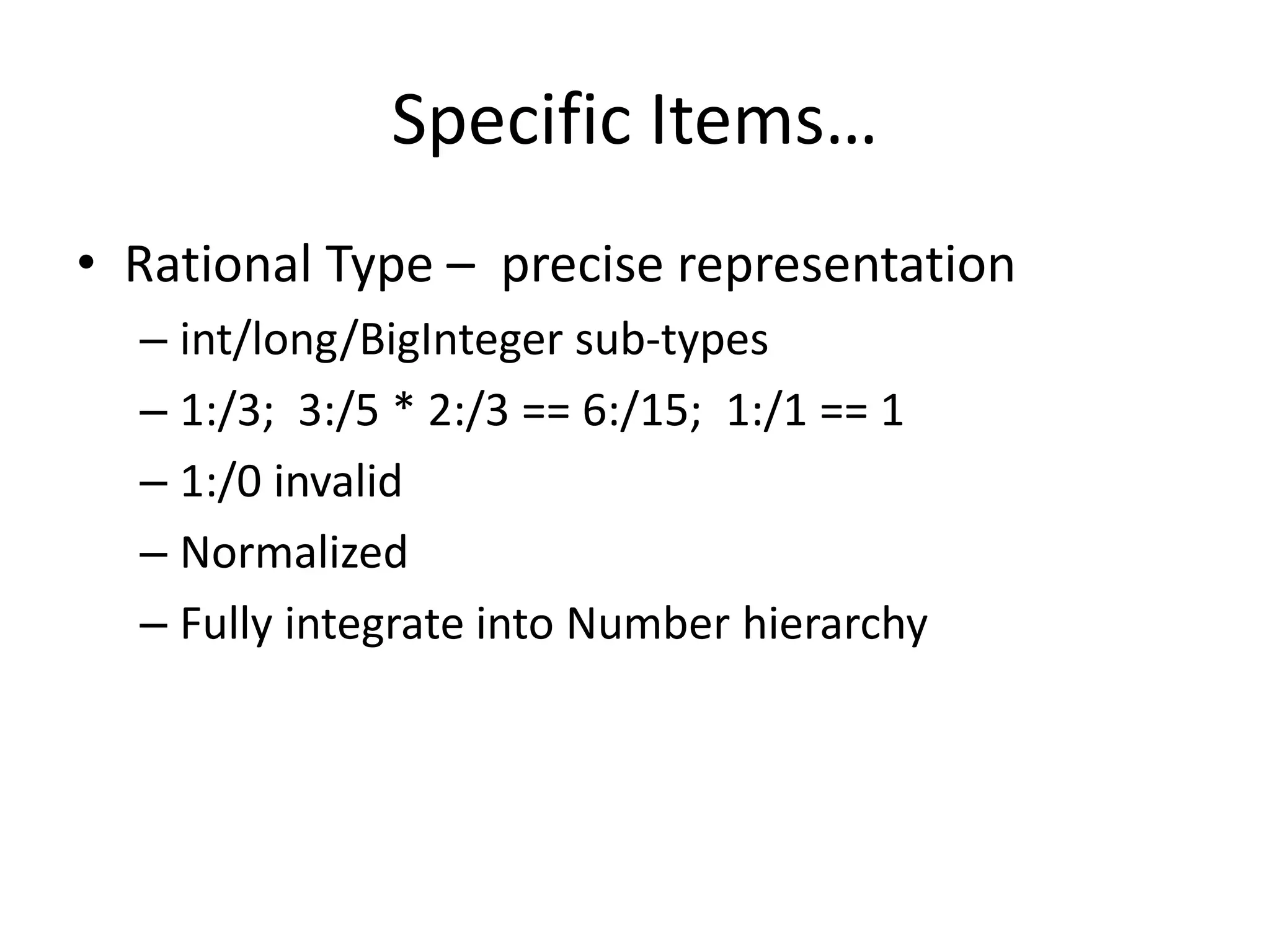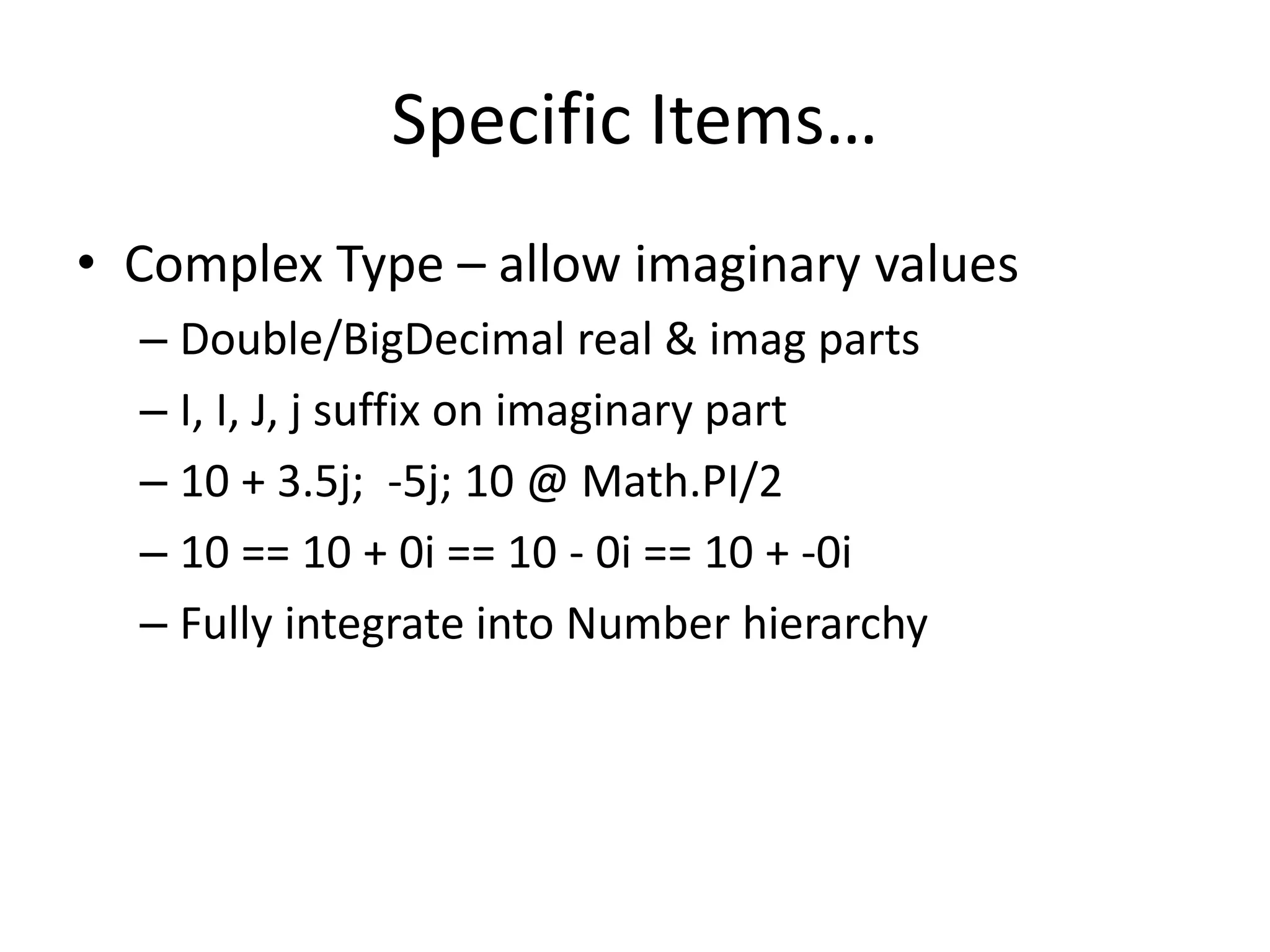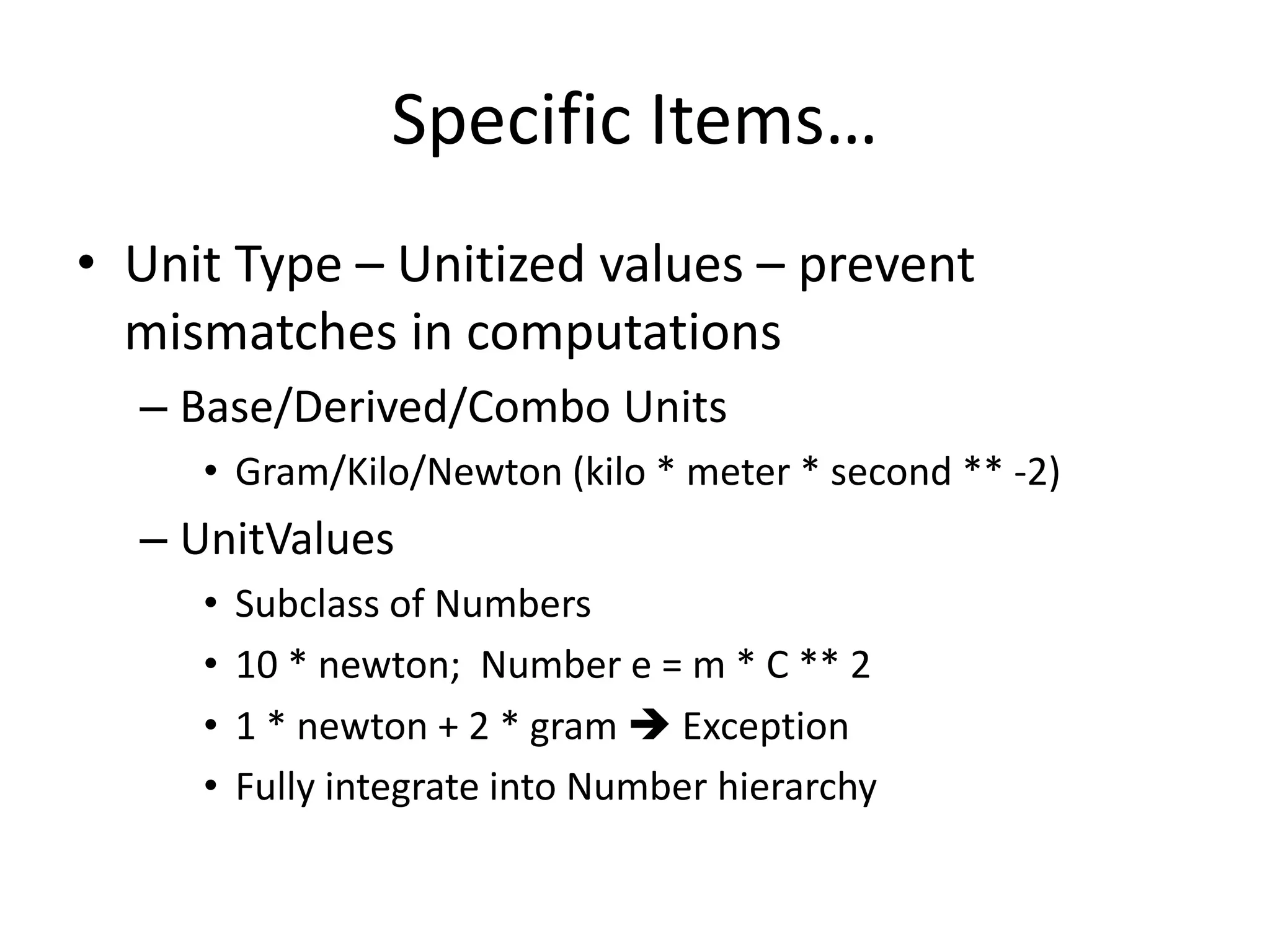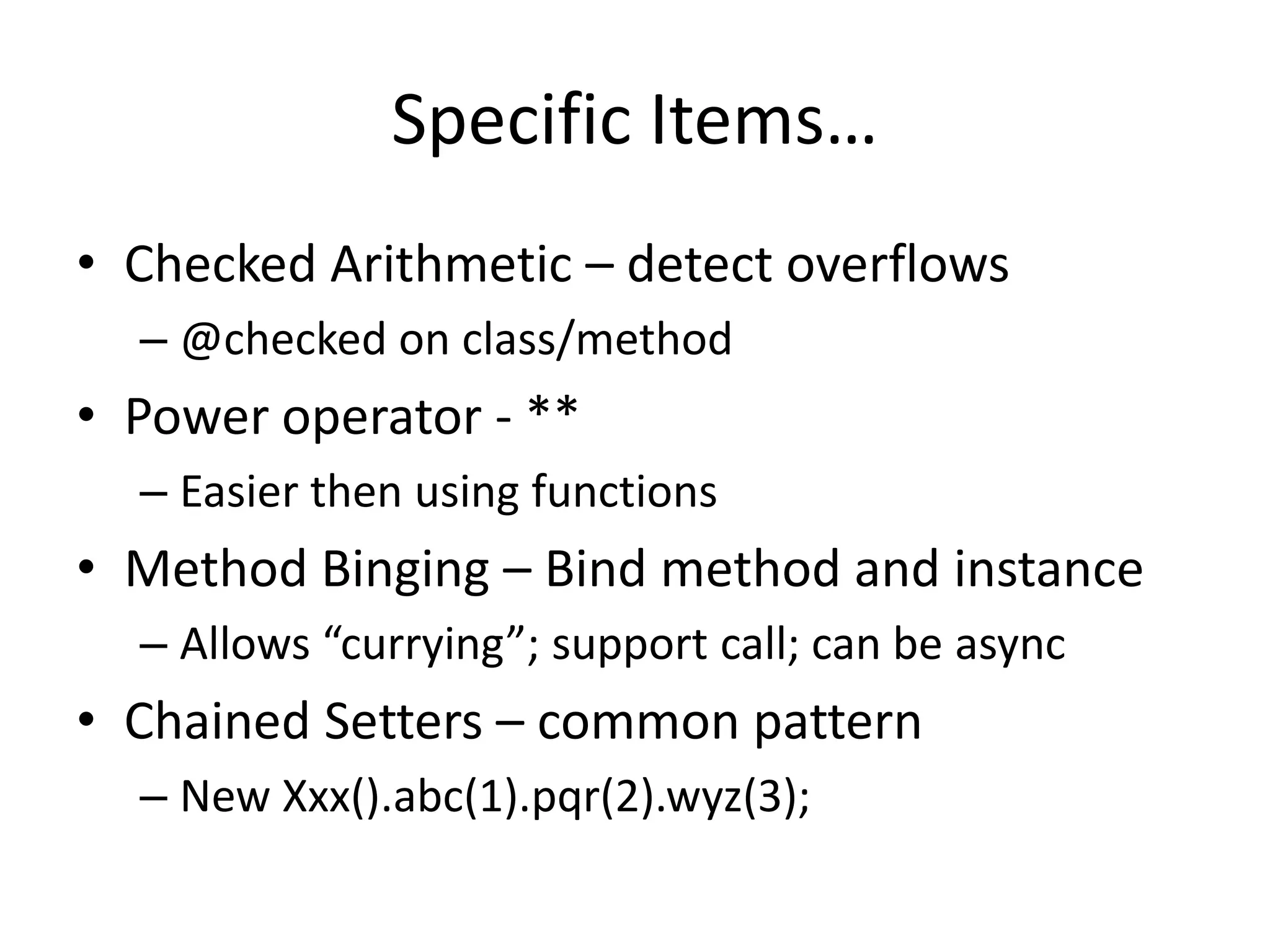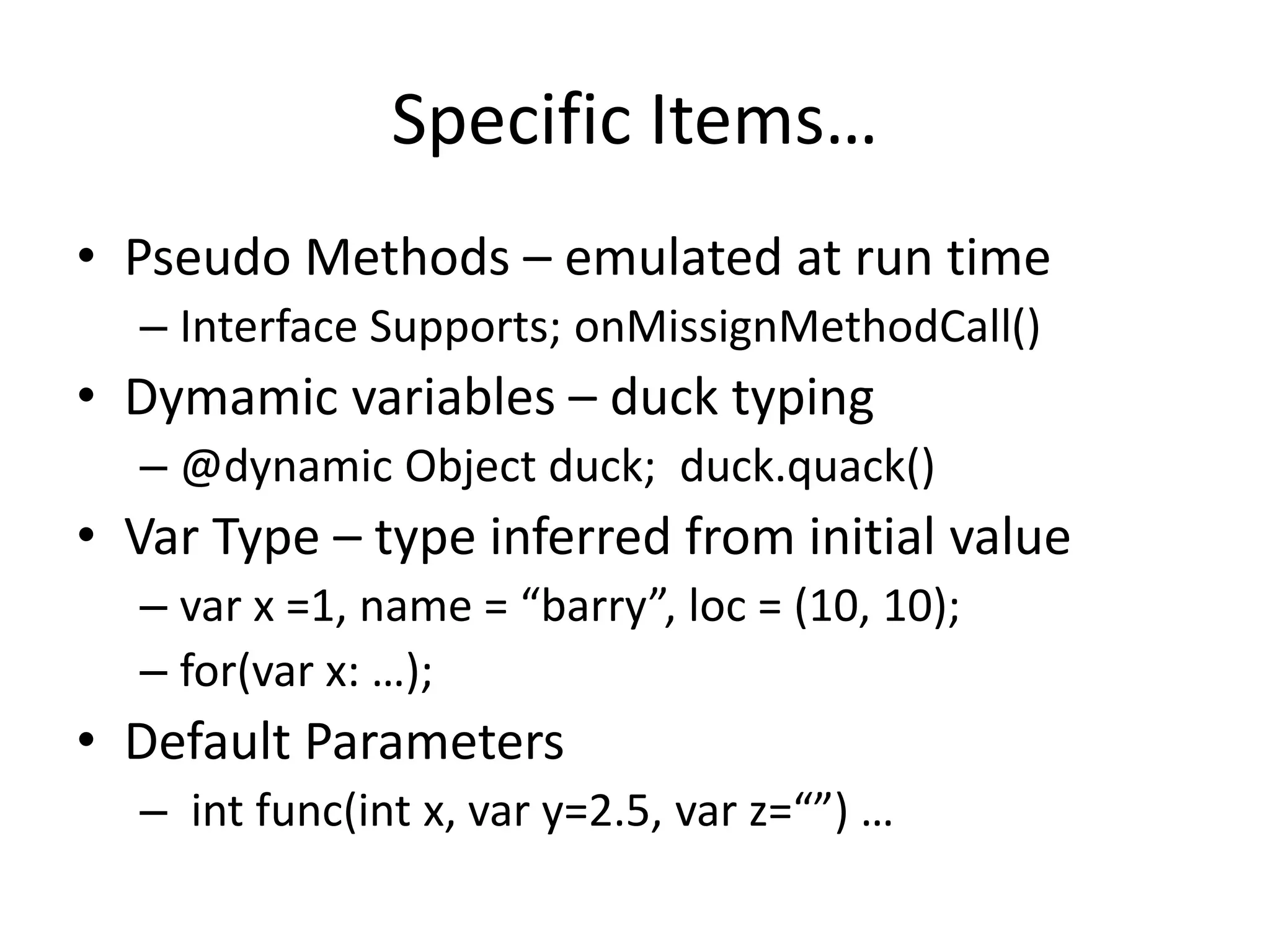The document presents suggestions for potential Java Specification Requests (JSRs) to be included in Java SE 9 and beyond, aimed at improving the language's capabilities and reducing boilerplate code. It outlines a variety of enhancements including operator overloading, new collection types, and improved concurrency mechanisms, while encouraging community feedback and participation in the JSR development process. With over 80 suggested items categorized by priority, the document serves as a roadmap for advancing Java's functionality in alignment with modern programming needs.
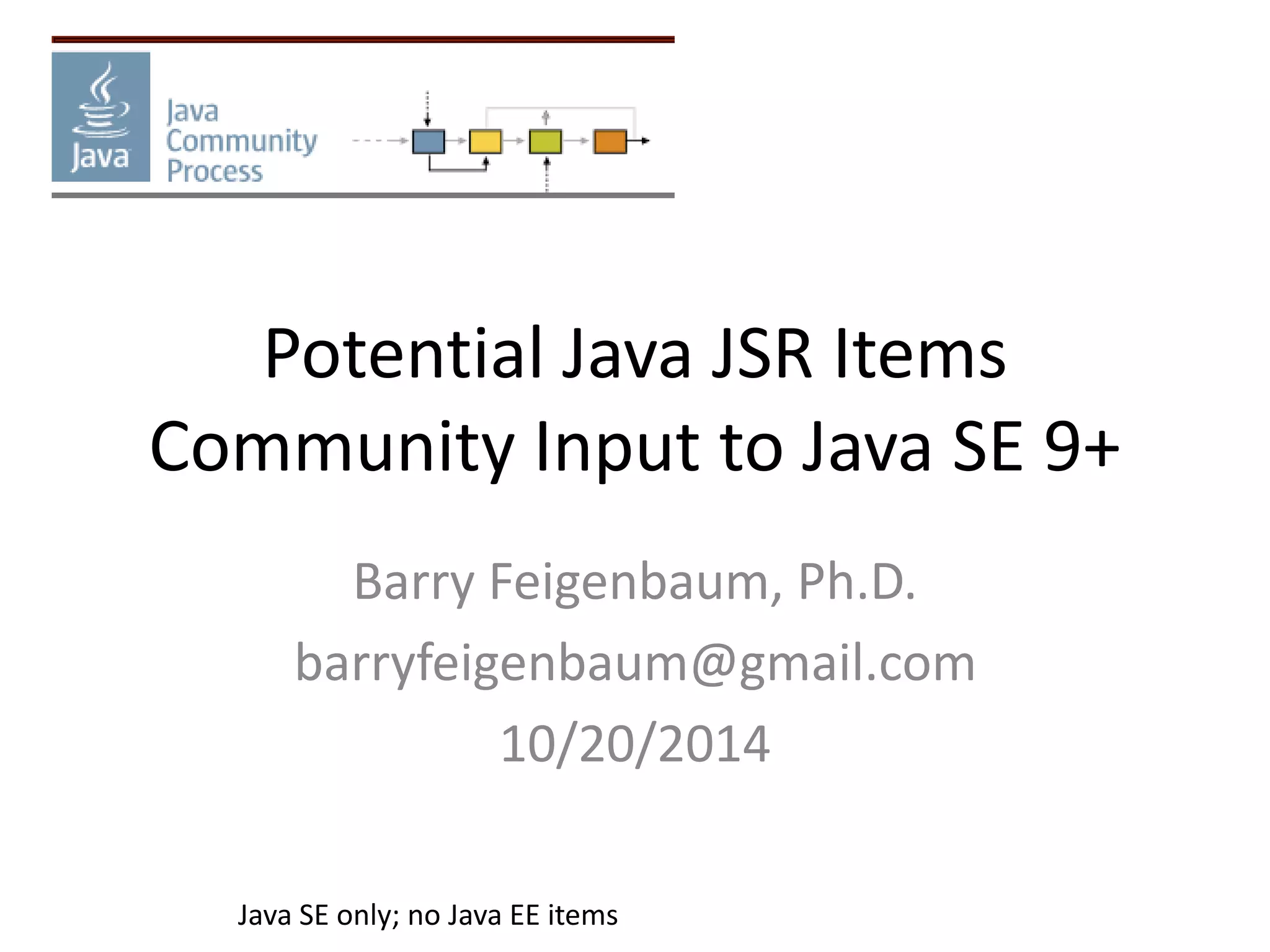
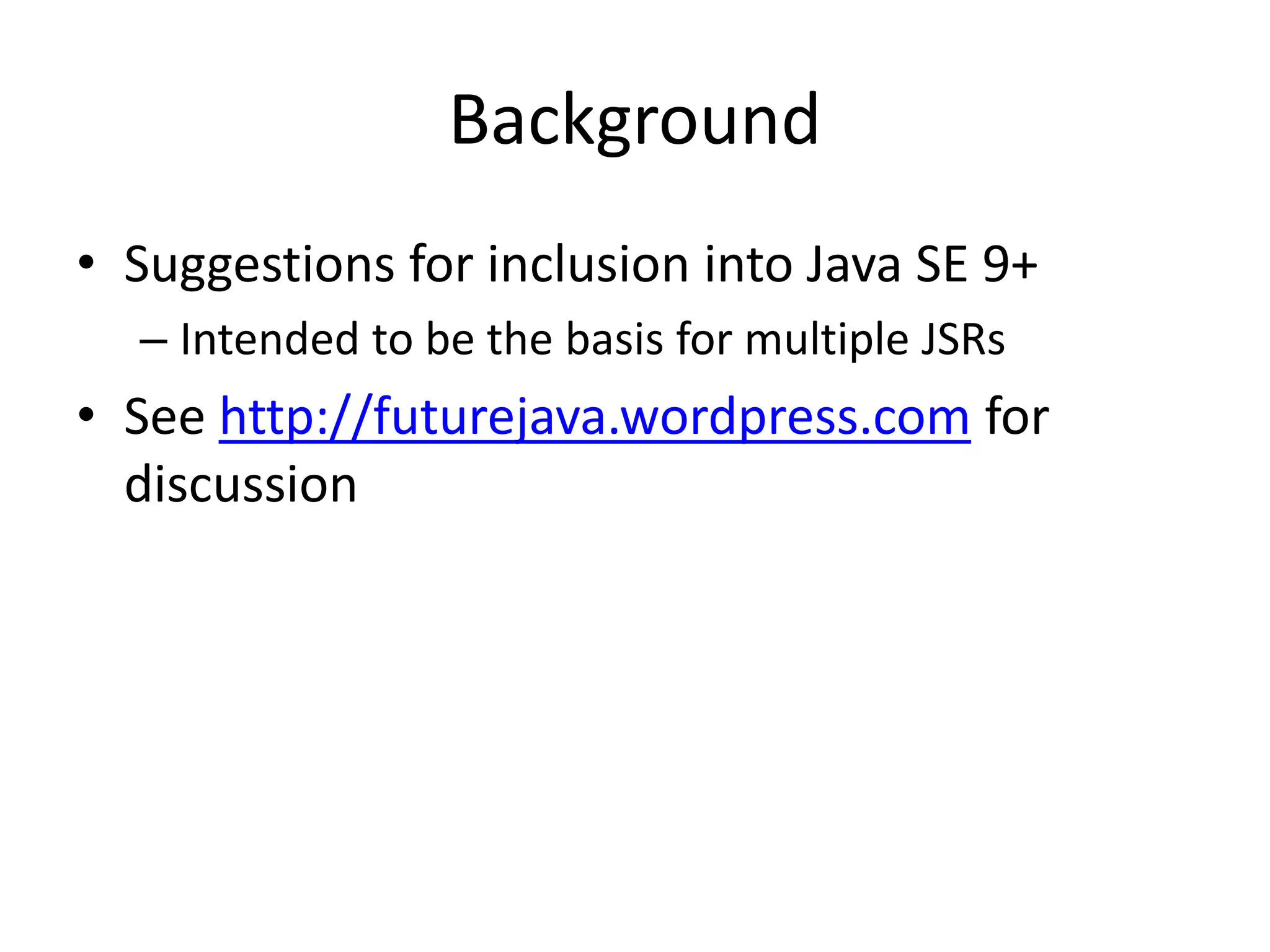

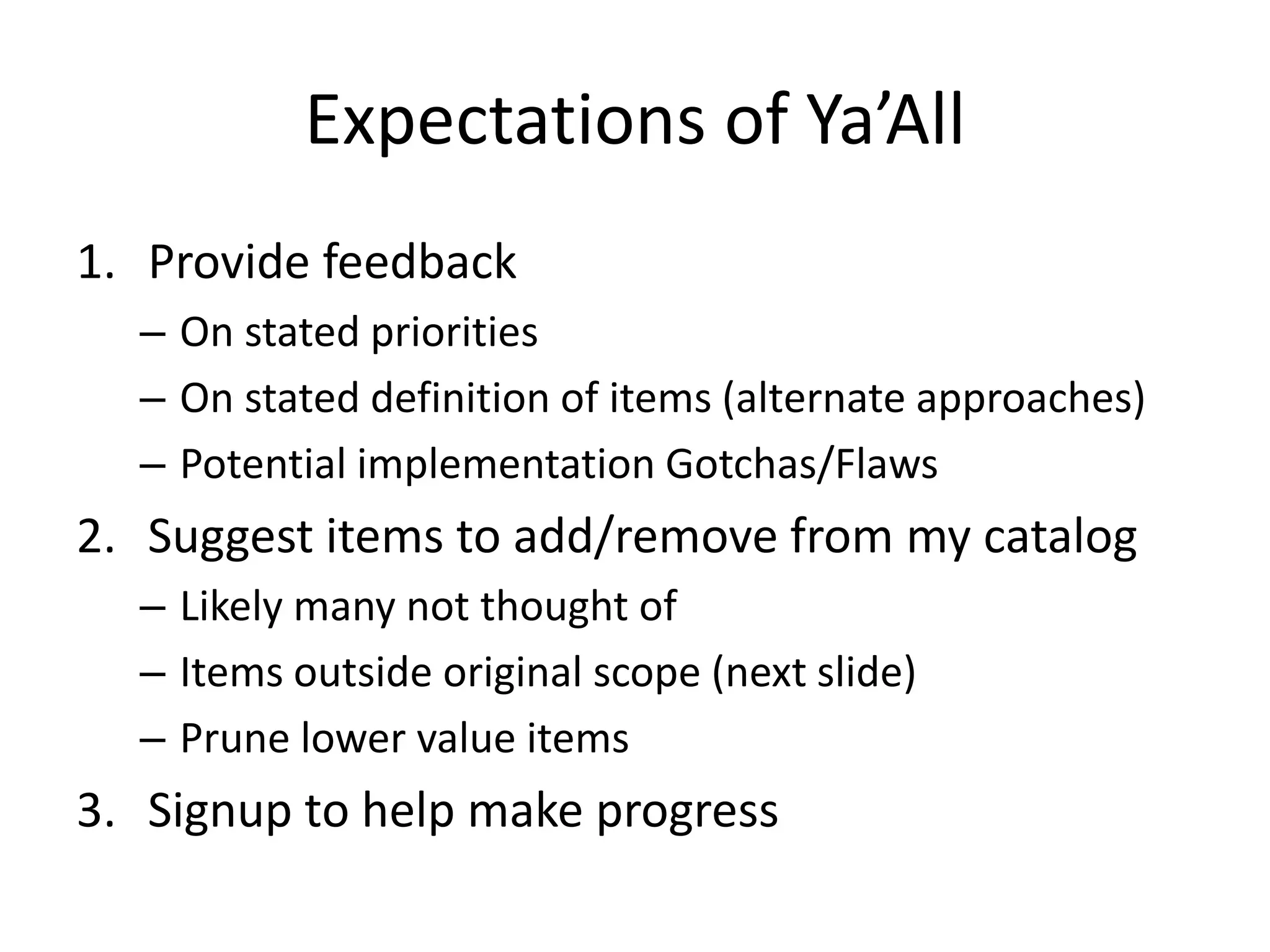
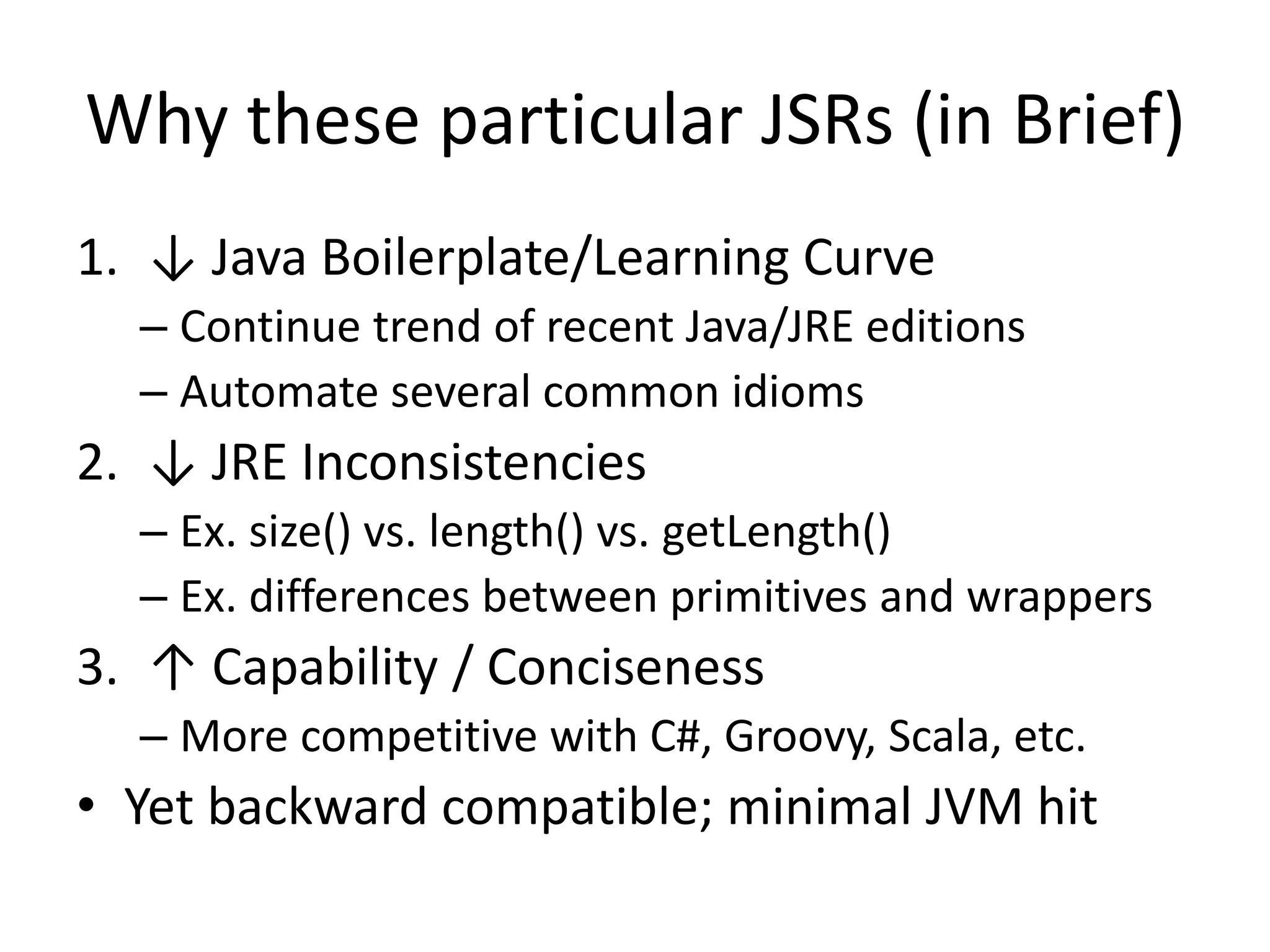
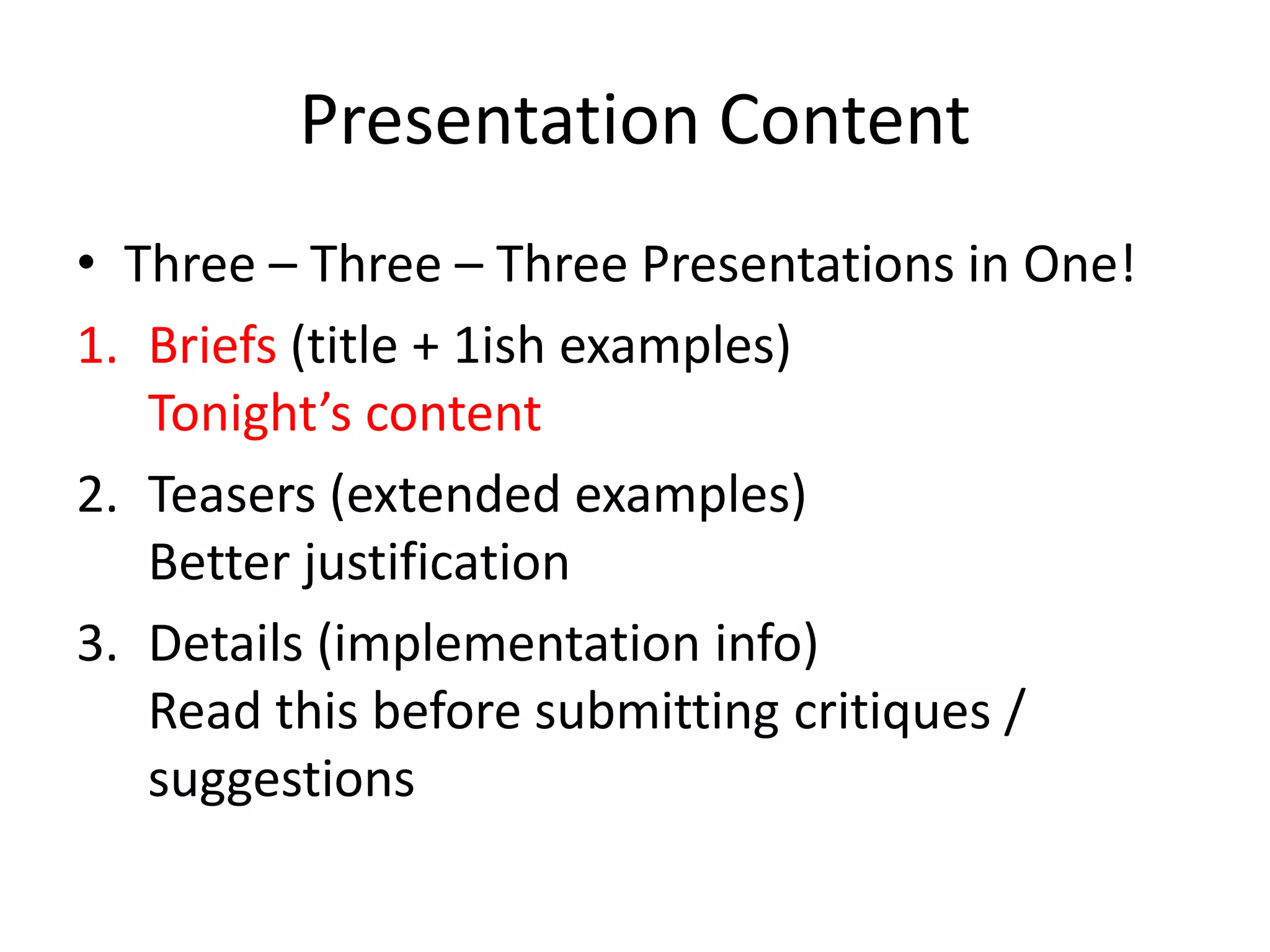
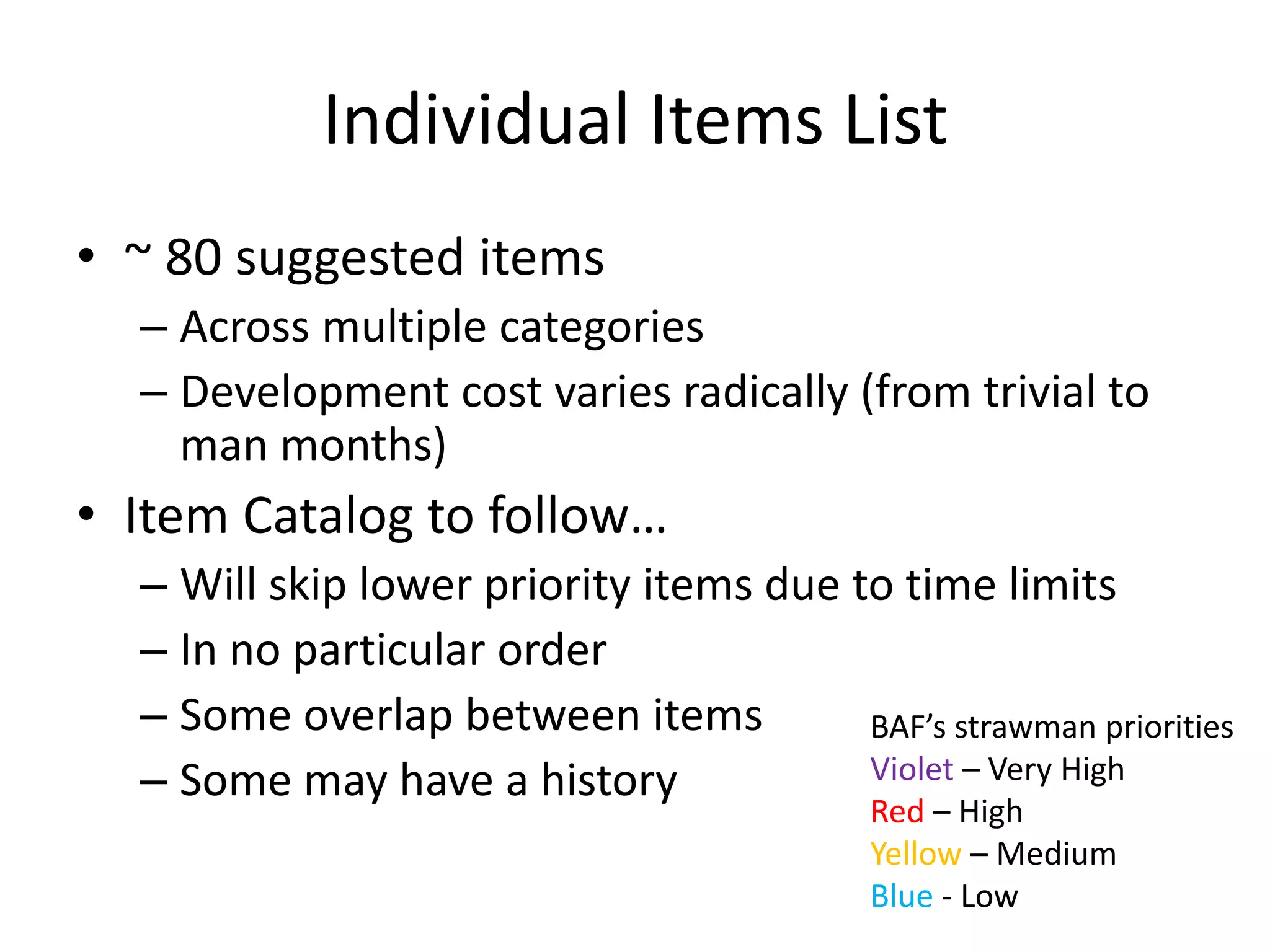

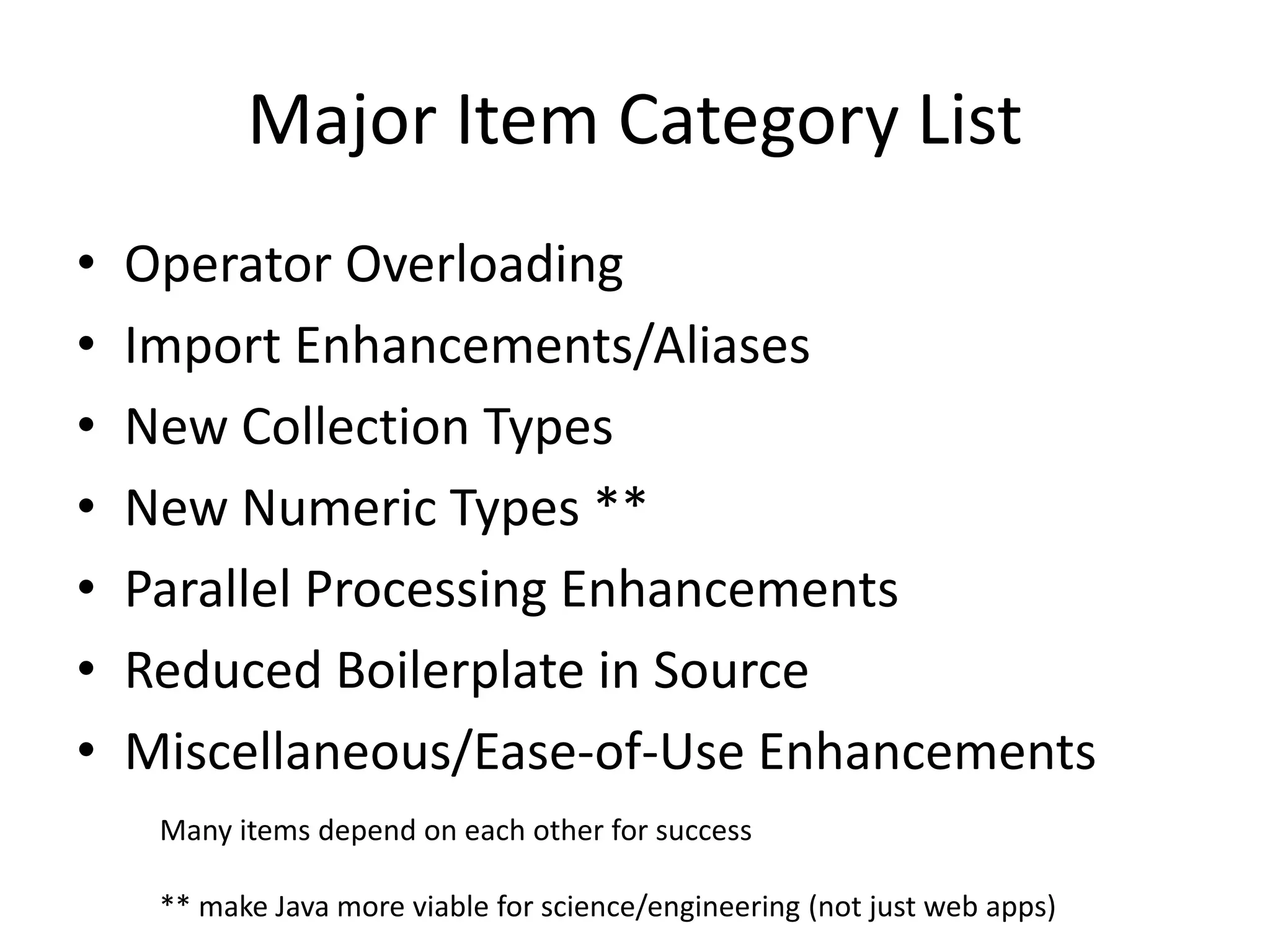
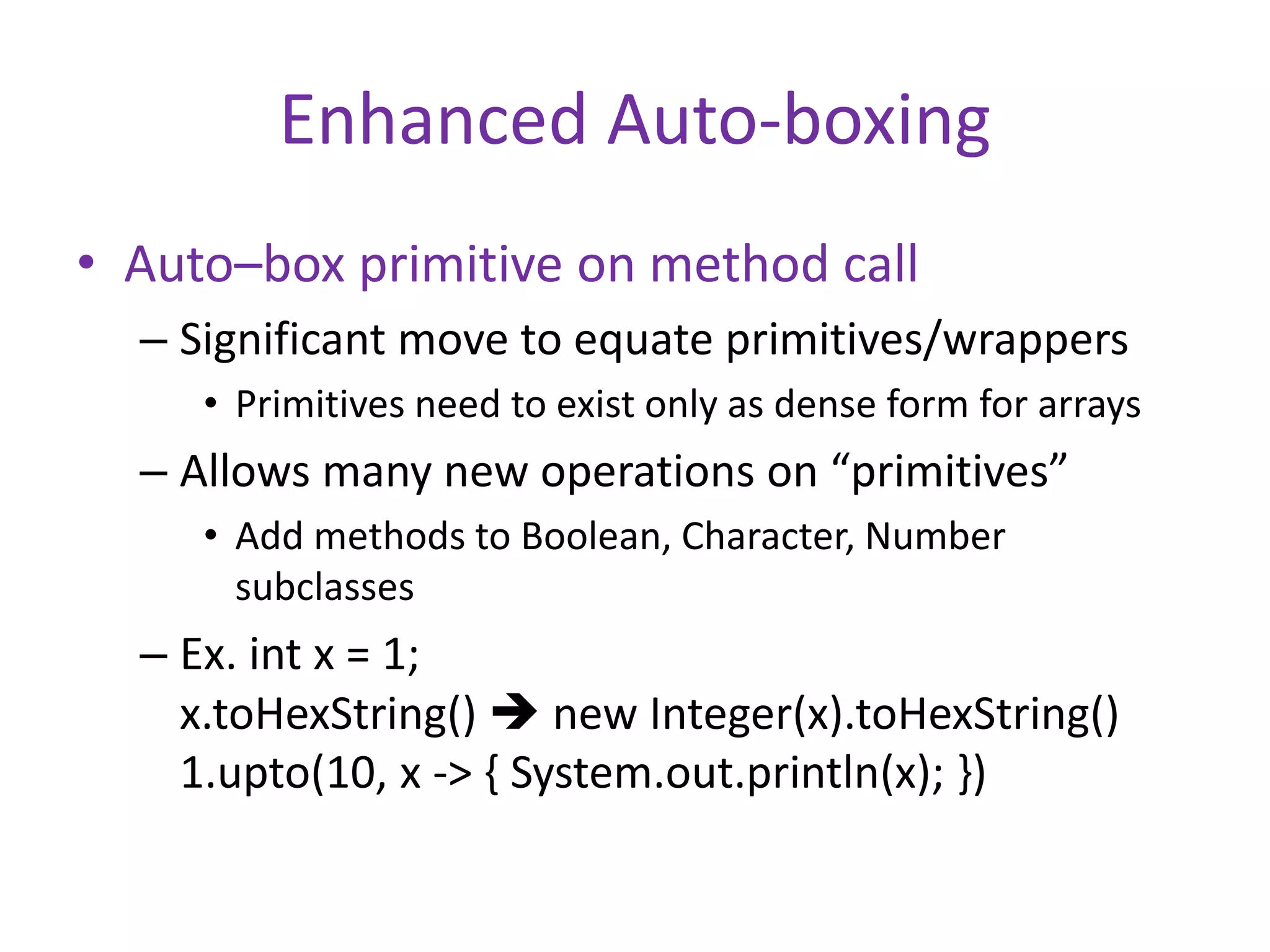
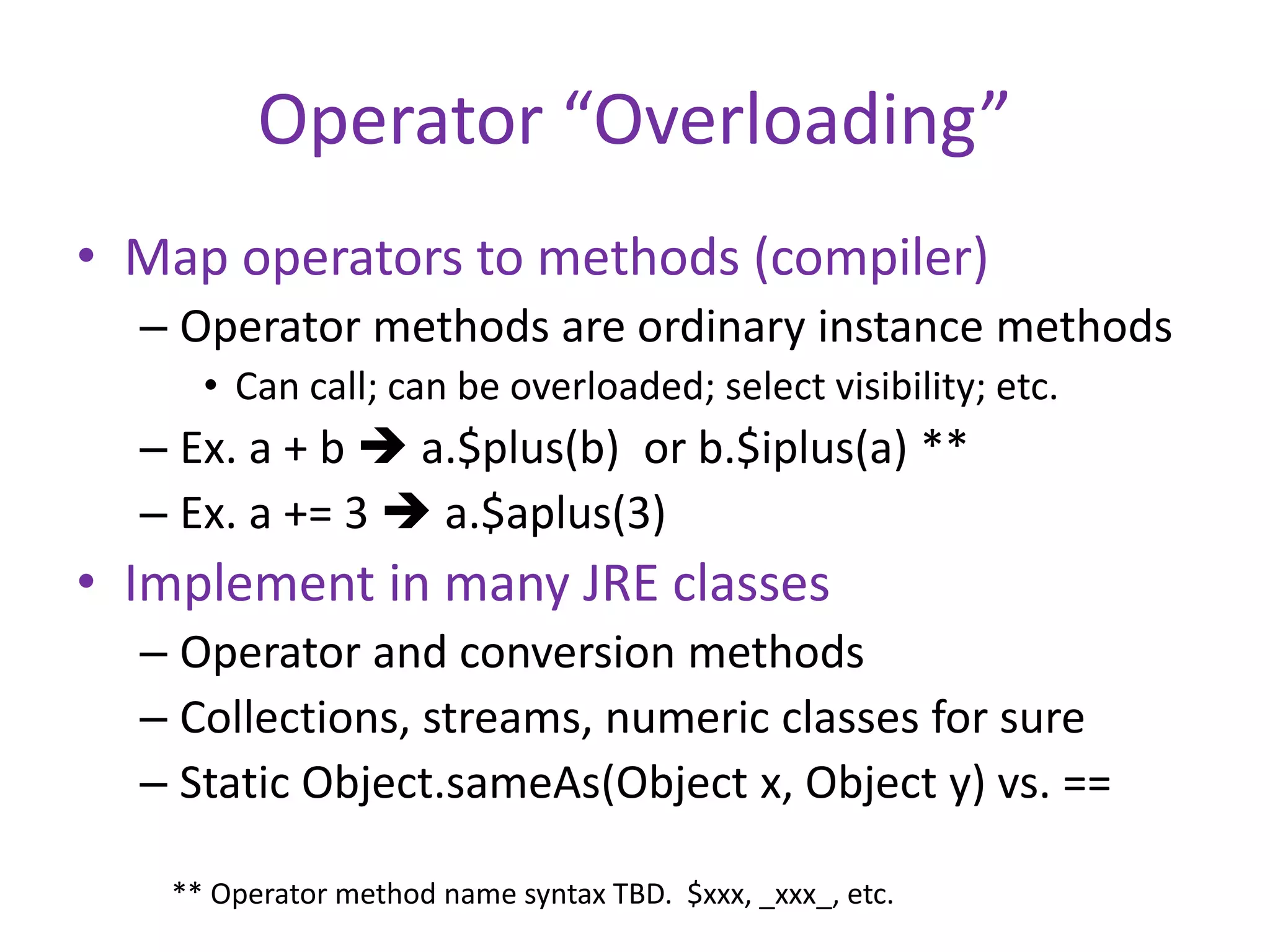
![Operator “Overloading”
• Overload-able Operators
– + - * / % ** ++ -- & | ^ ~ < <=
> >= == != ?= >> >>> << <<< [] []=
(…) (type) :: ==> <== ... >.. ..<
– :x x: (where “x” is + - * / % &
| ~ ^ < >)
• Ex. Using example type Foobar
– Foobar r, g, b, x = r + 2 * g + ++b;
– Foobar x = r.$plus(g.$imult(2)).$plus(b.$pinc());
implies new operator; italics implies new capability; :: may need to be :::](https://image.slidesharecdn.com/potentialjavajsritems-141021122623-conversion-gate02/75/Proposals-for-new-function-in-Java-SE-9-and-beyond-12-2048.jpg)
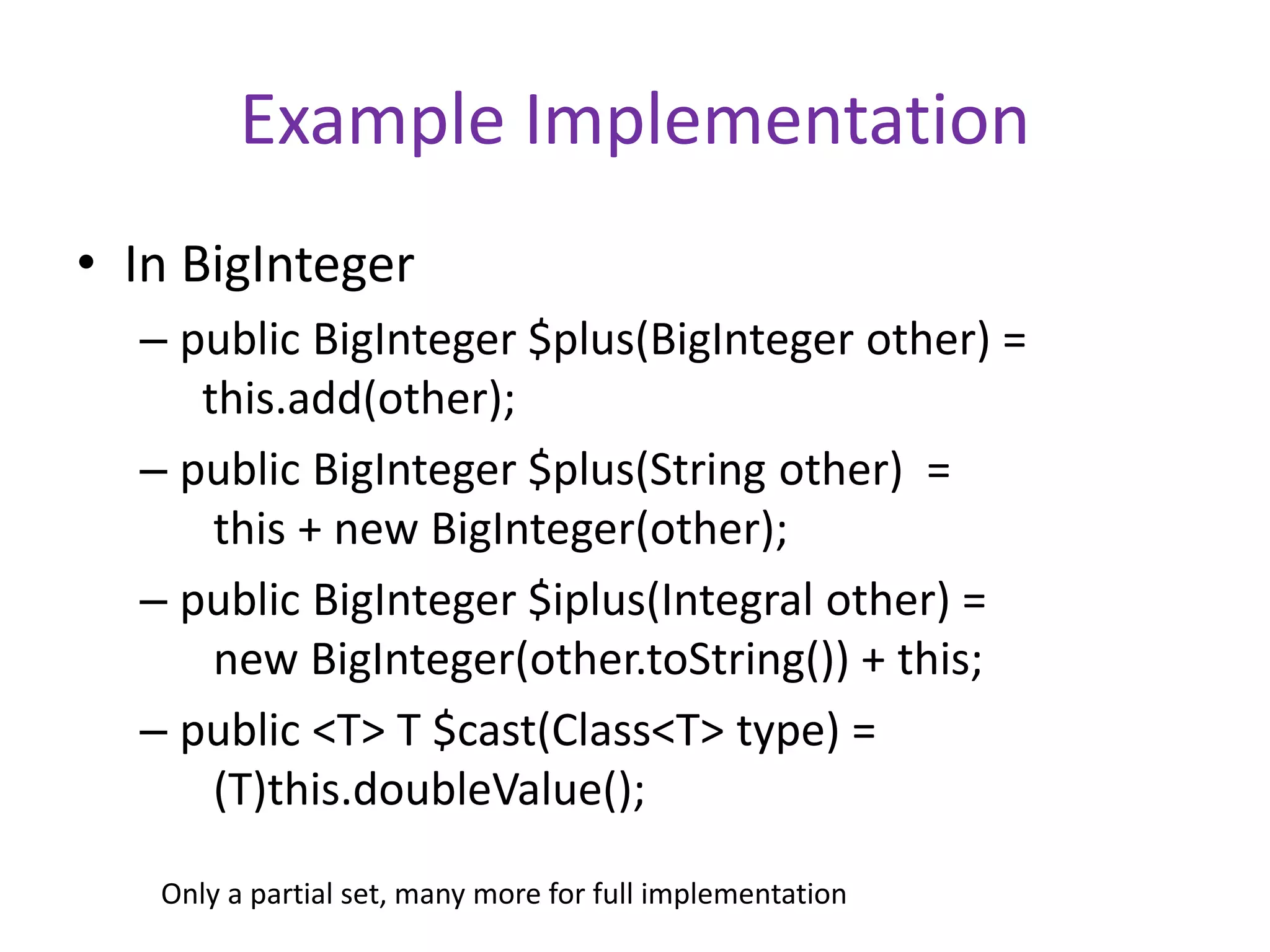
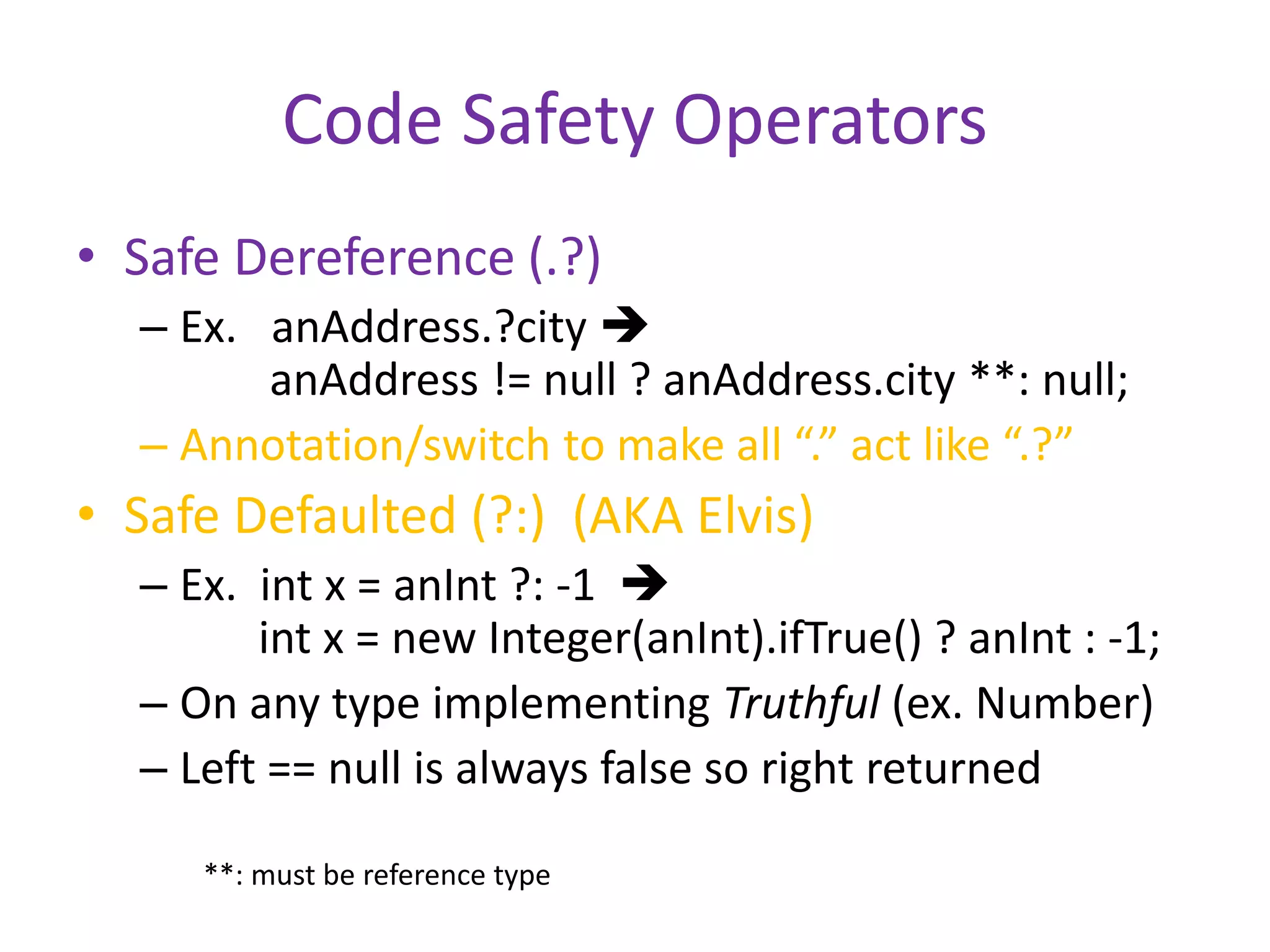
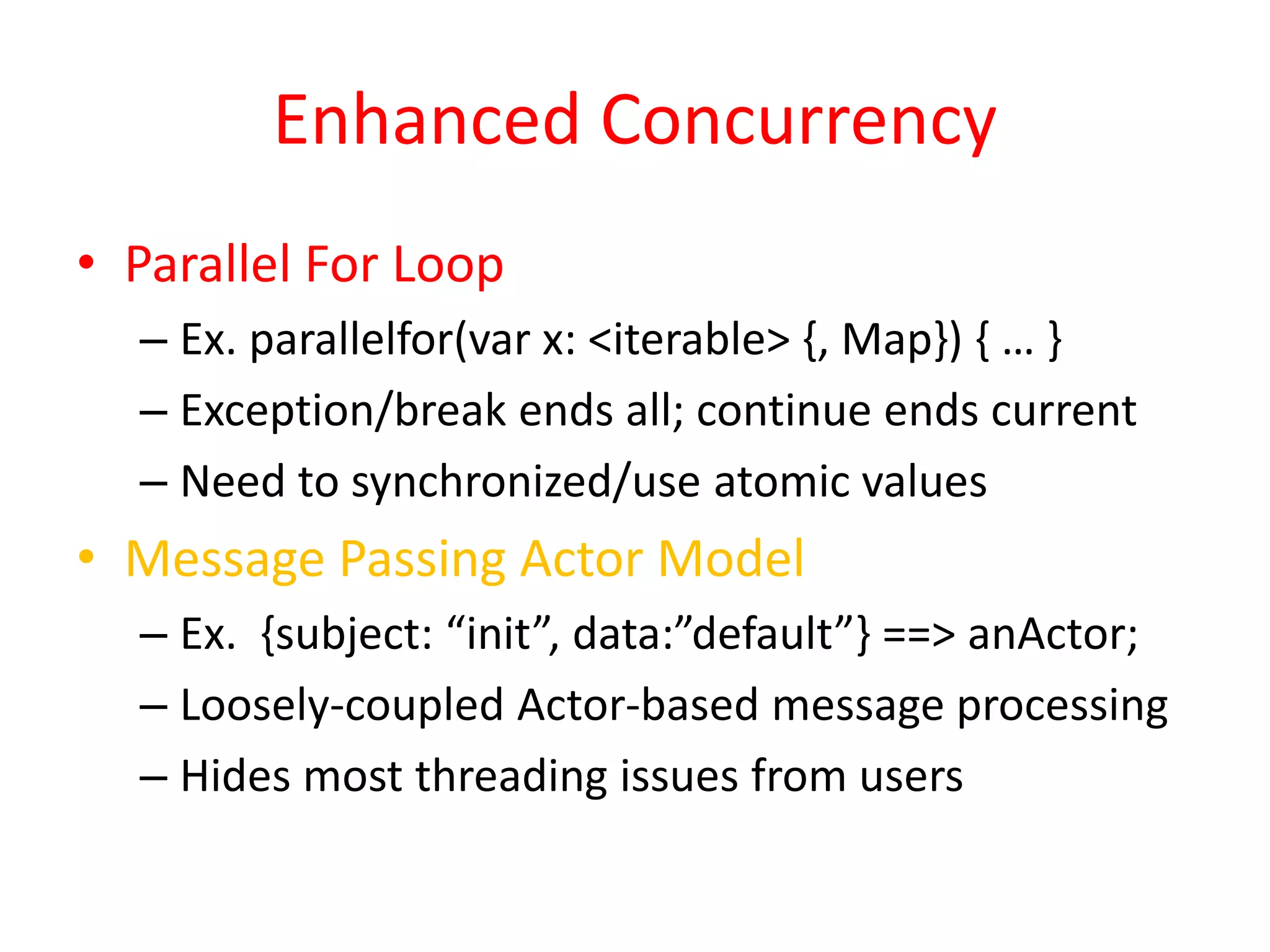
![Dynamic Extensions
• var/VAR declaration with static type inference
– Ex. var map = new HashMap<String, Integer>()
• Left-side generic type inference
– Ex. Map<> map = new HashMap<String, Integer>()
• @dynamic Object/Object[] (duck typing)
– Ex. @dynamic Object duck = new …
duck.quack(10); duck.die();
– Semantics based on use of reflection](https://image.slidesharecdn.com/potentialjavajsritems-141021122623-conversion-gate02/75/Proposals-for-new-function-in-Java-SE-9-and-beyond-16-2048.jpg)
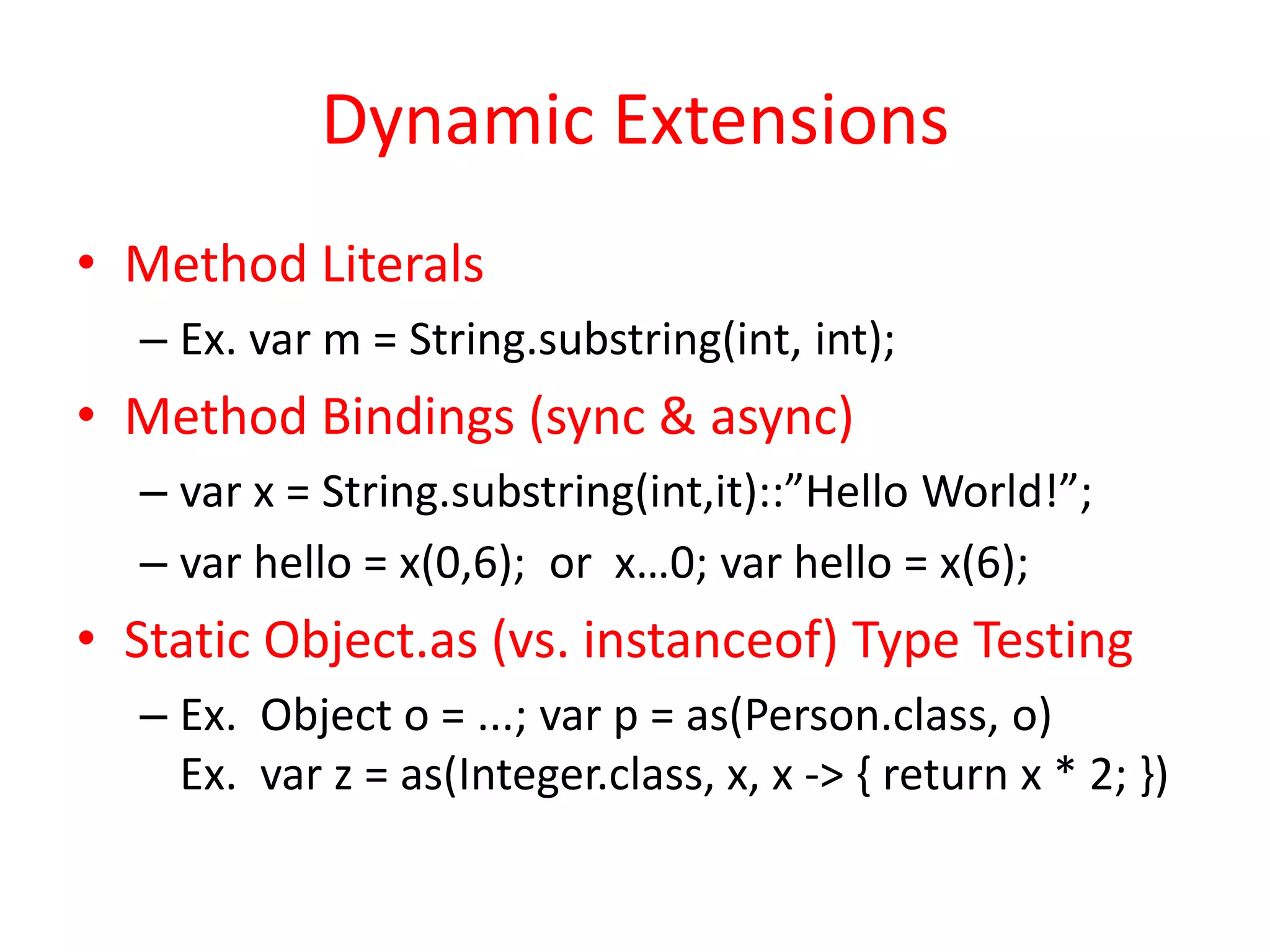
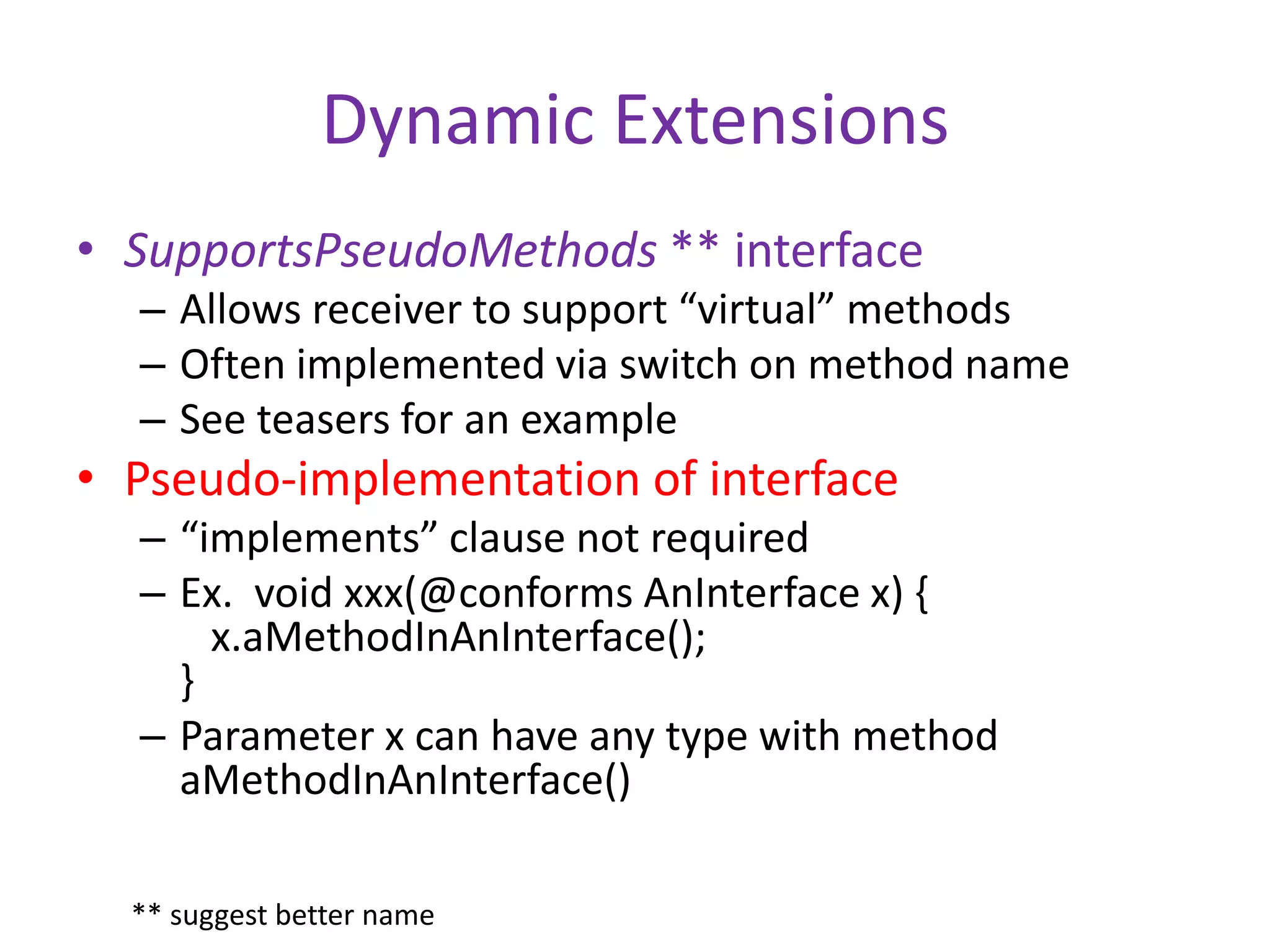
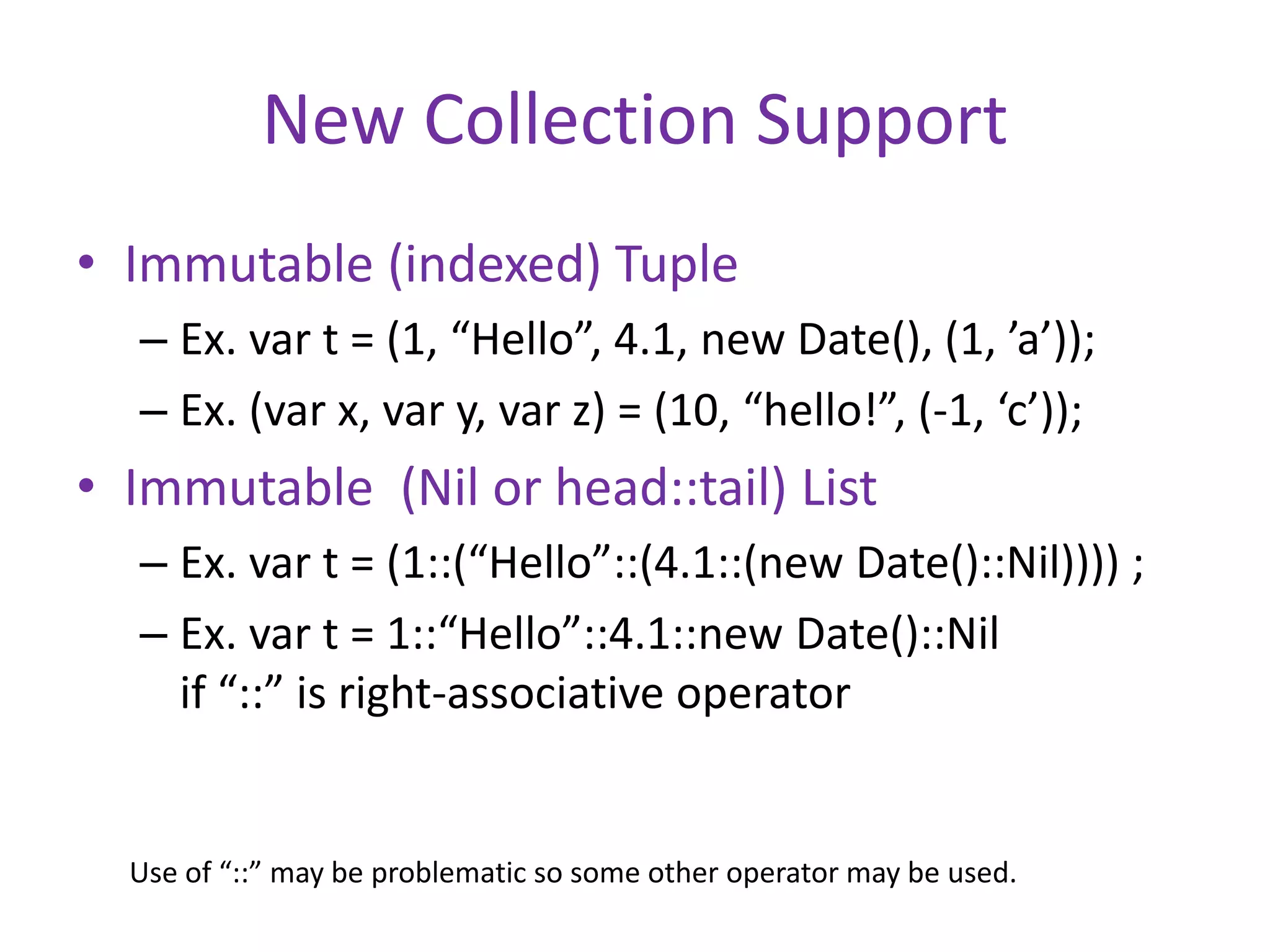
![New Collection Support
• Immutable (persistent) Map
– Ex. var t = (immutable) {“a”: 1, “c” 2};
t = (t[“b”] = 3);
– Smart copy on write
• Immutable (sequential/wrapper) Range
– Ex. var t = 0...99, u = 0..<100…2, v = start>..end
– Ex: var s1 = “123456”[1…5] “2345”
– Ex: var s2 = “123456”[-1…-5] “3456”
– Ex. var rx = (1,2,3, …, 100).asRange() == 1…100](https://image.slidesharecdn.com/potentialjavajsritems-141021122623-conversion-gate02/75/Proposals-for-new-function-in-Java-SE-9-and-beyond-20-2048.jpg)
![New Collection Support
• Literals for List-like & Map types
– Ex. [1, 2, 3] ** ArrayList by default
– Ex. {a:1, b:2, c:3 } ** LinkedHashMap by default
– Nested list/map allowed
• Initializers for all List-like & Map types
– Ex. new Xlist() [1,2,3]; or new Xlist([1,2,3])
• New Collection Cast
– mutable immutable
** May need to use #[…] and #{…} syntax](https://image.slidesharecdn.com/potentialjavajsritems-141021122623-conversion-gate02/75/Proposals-for-new-function-in-Java-SE-9-and-beyond-21-2048.jpg)
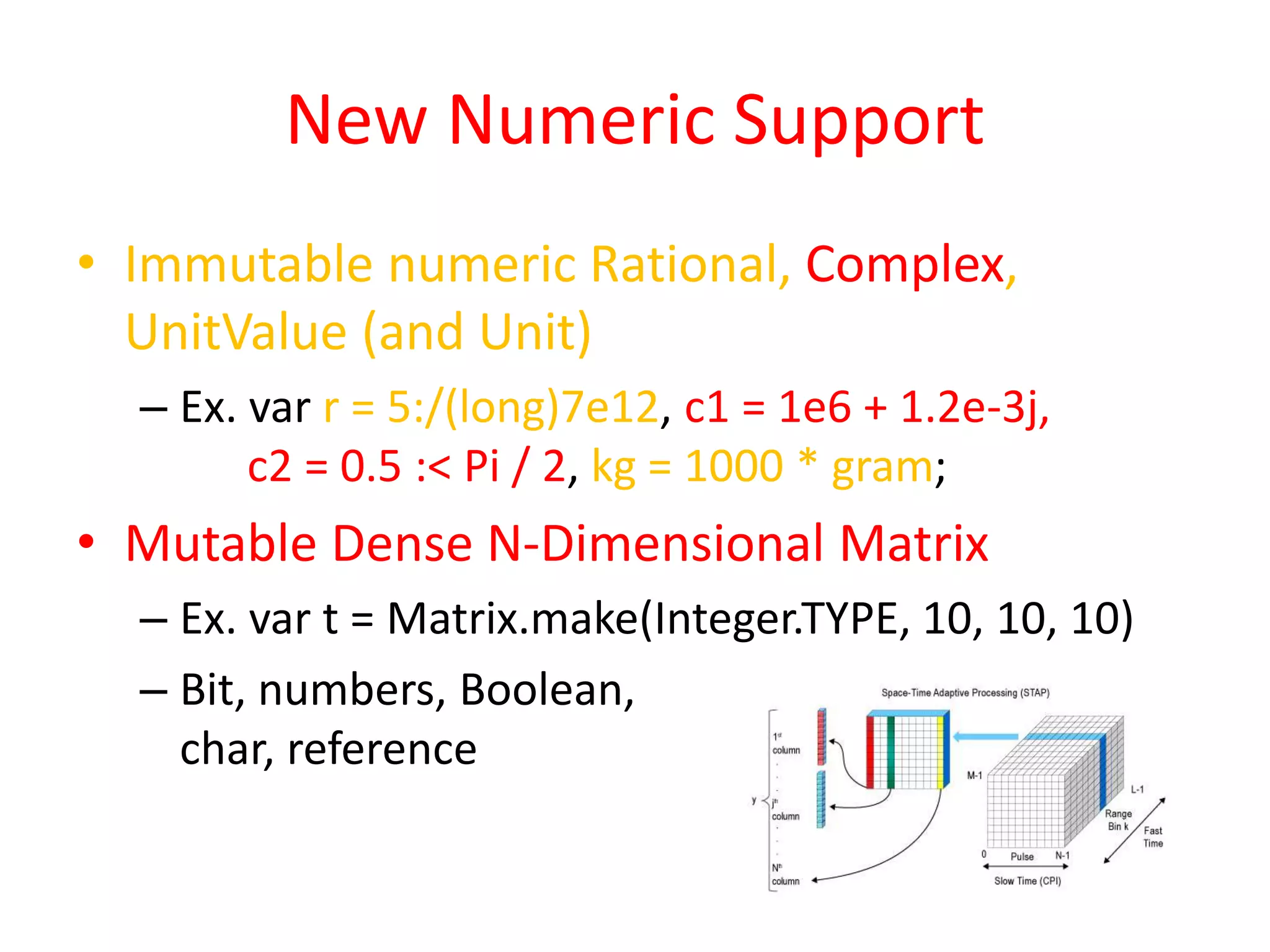
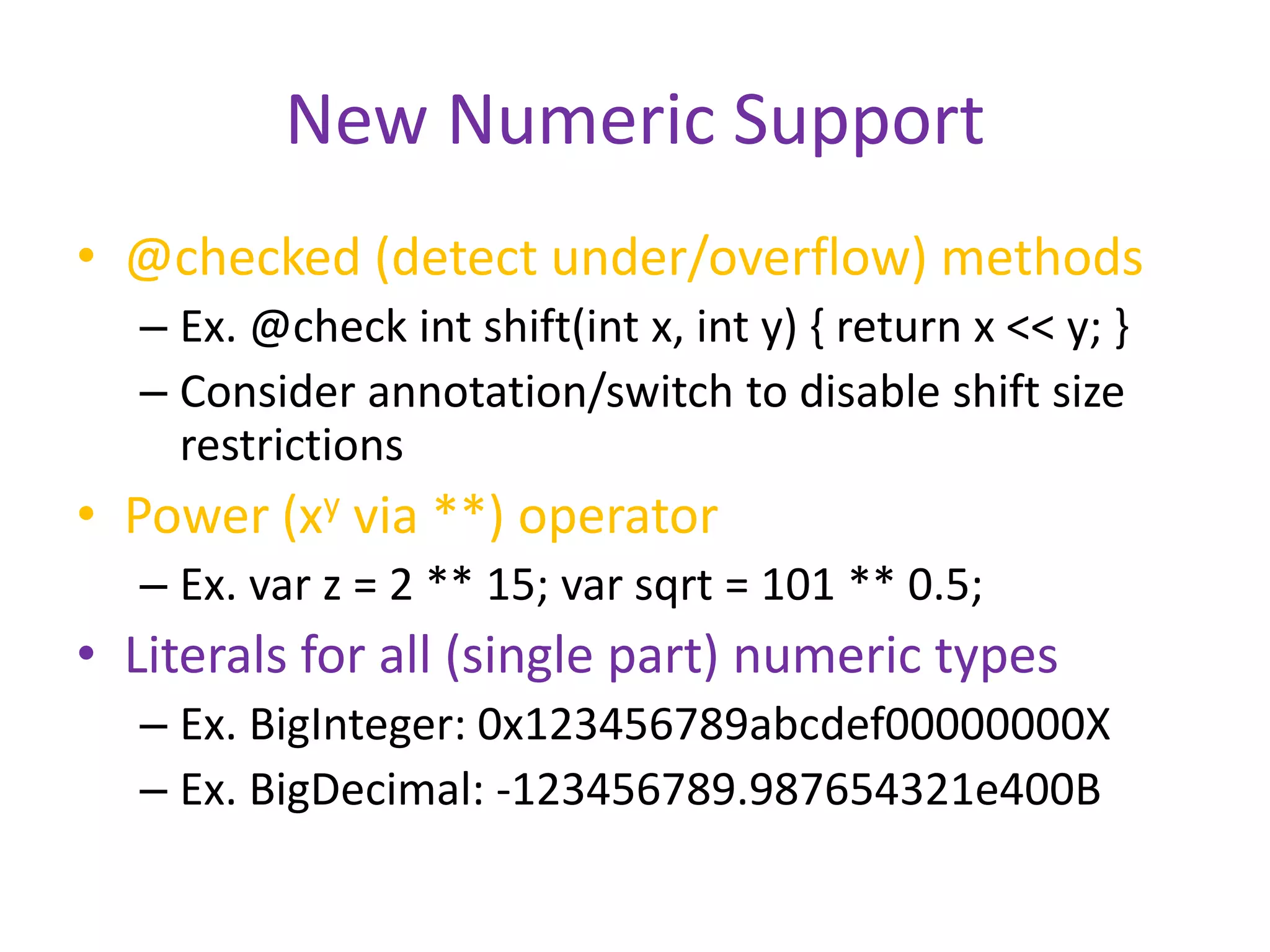
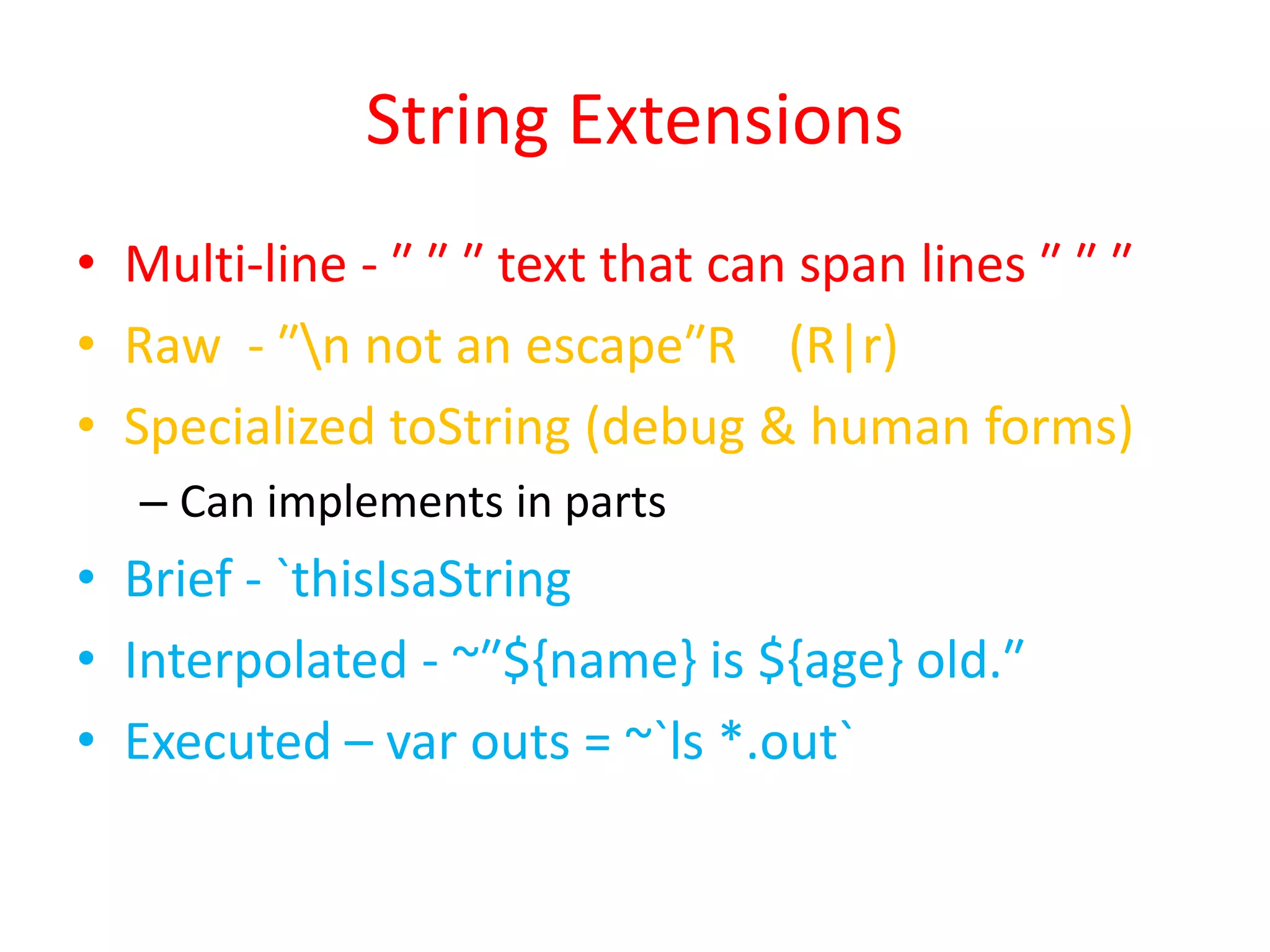
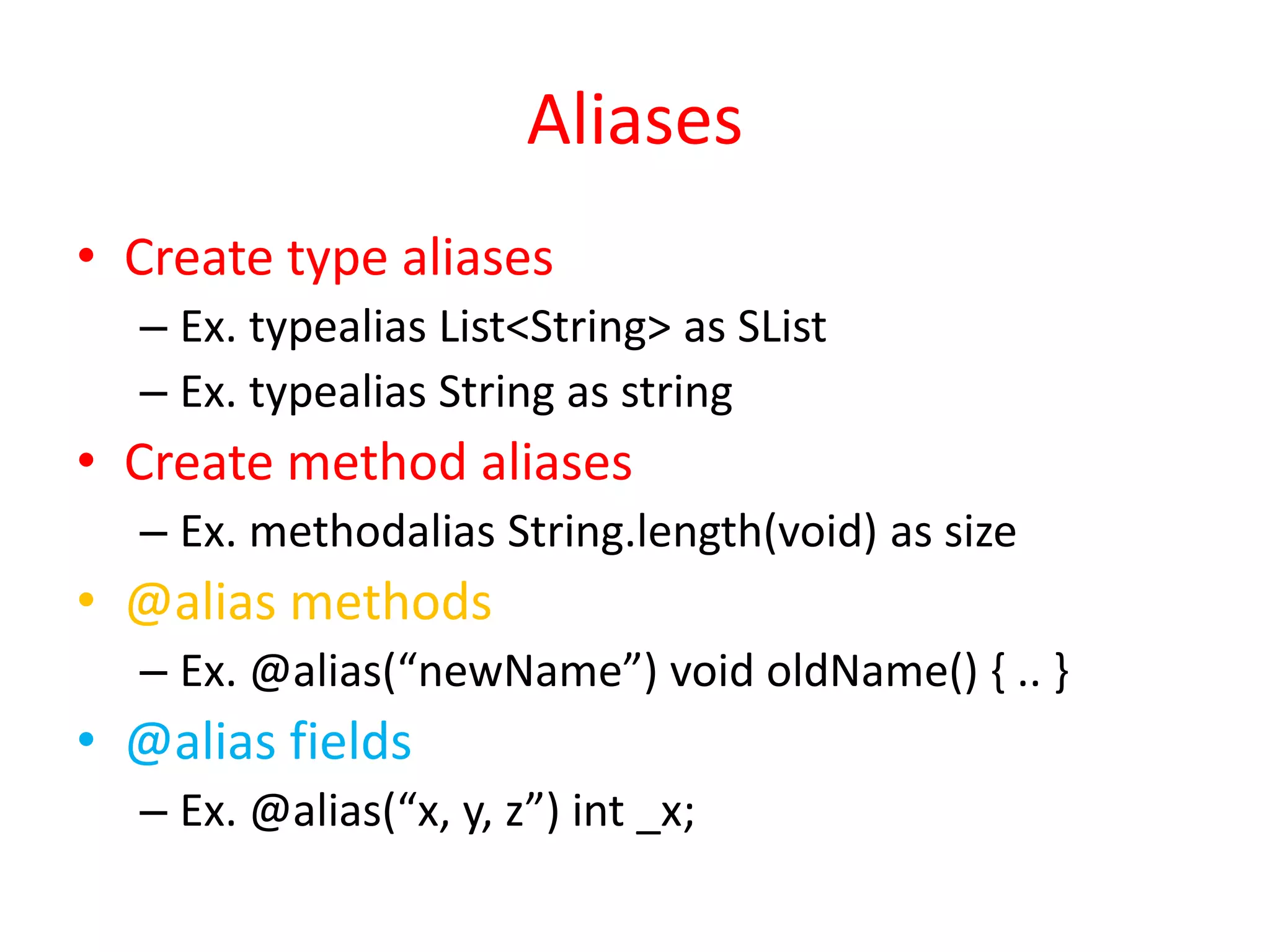
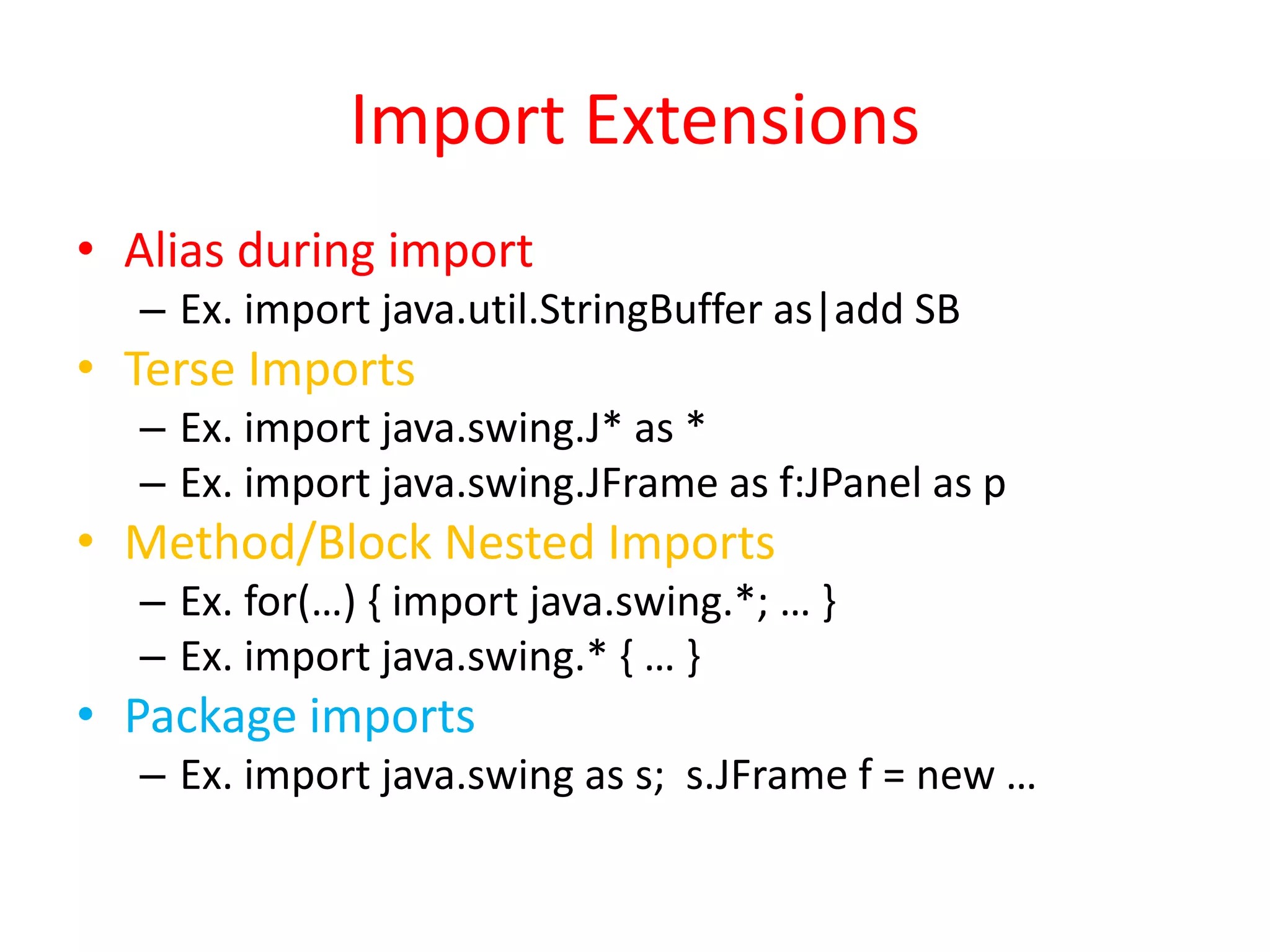
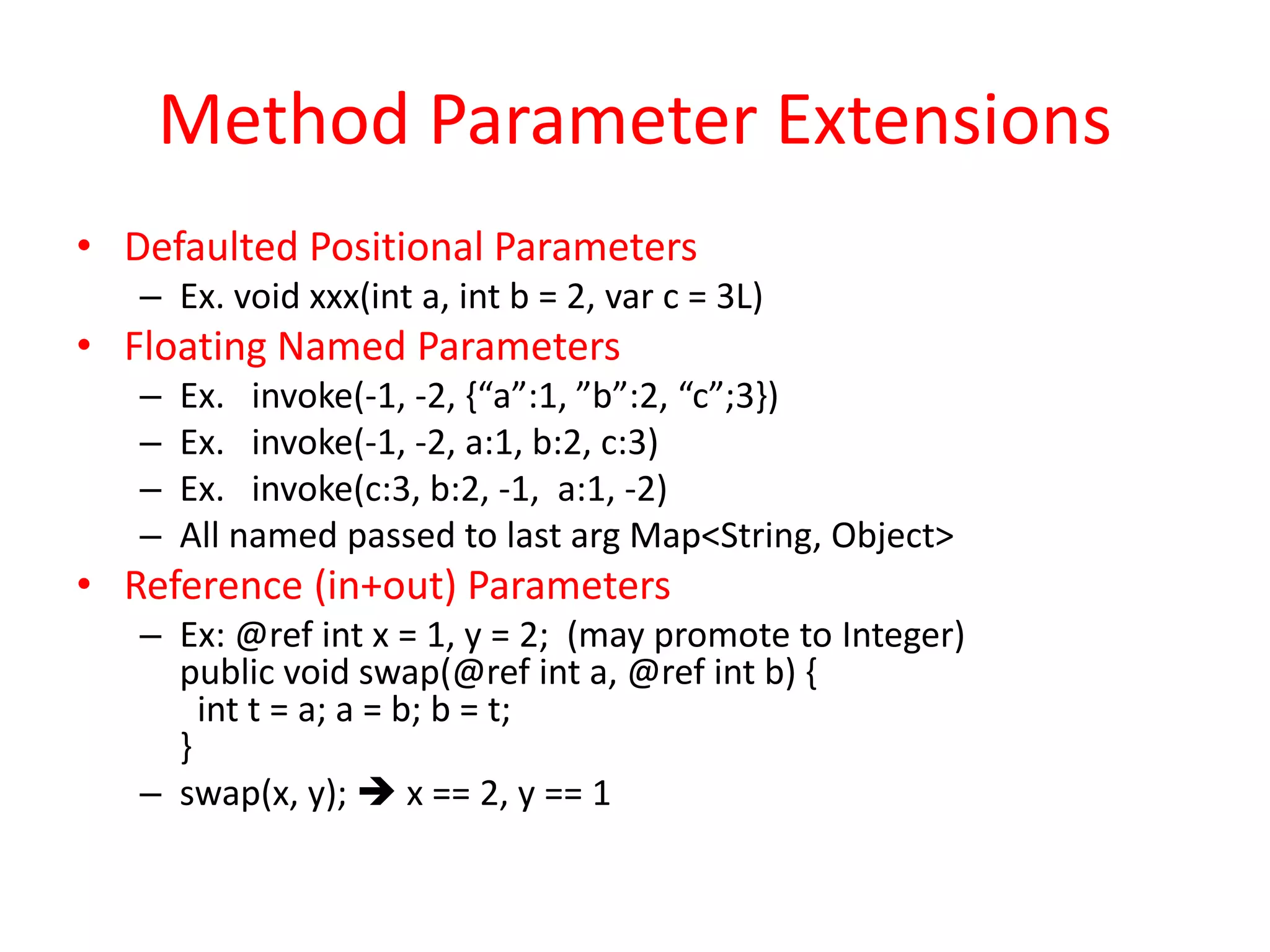
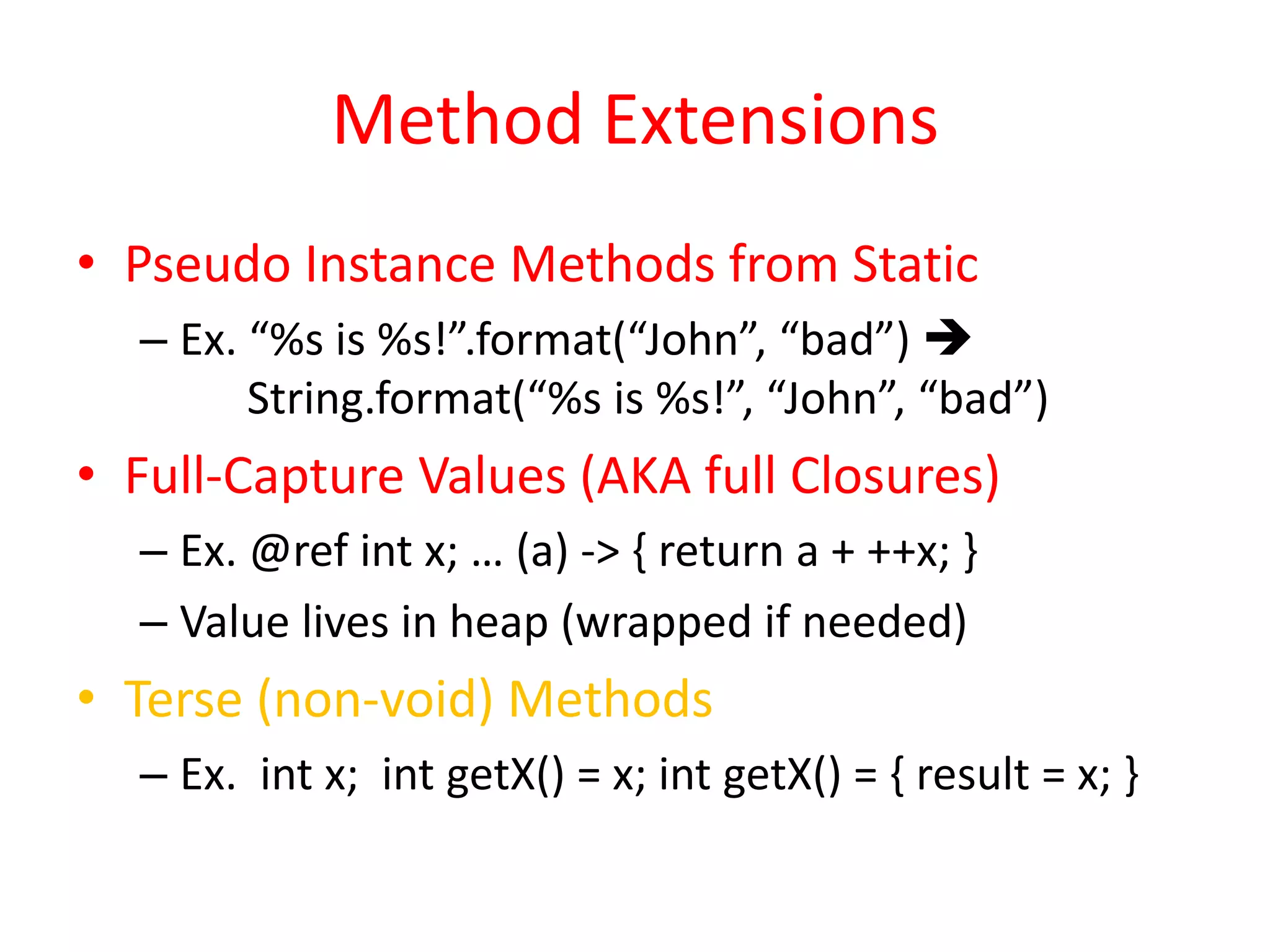
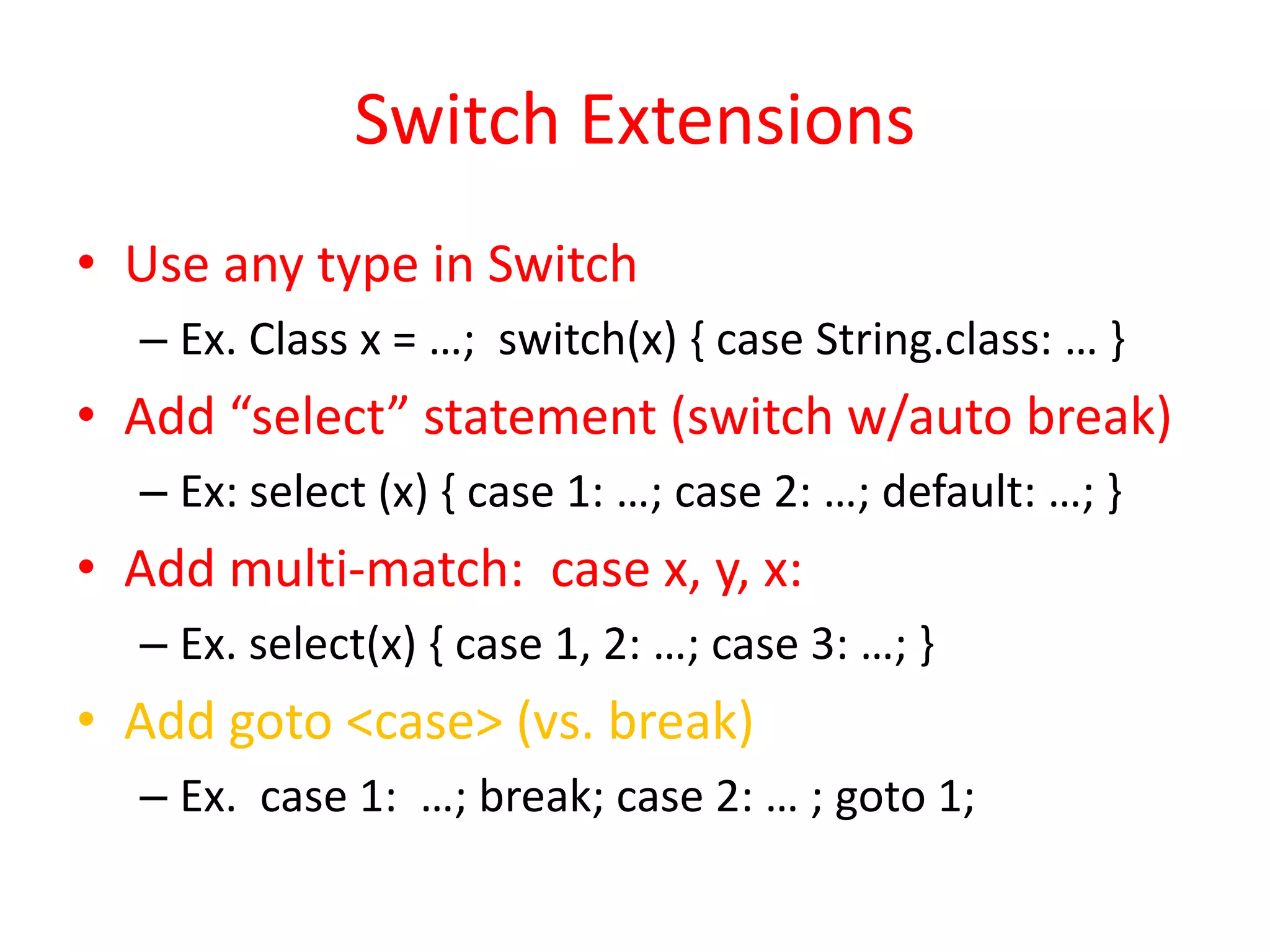
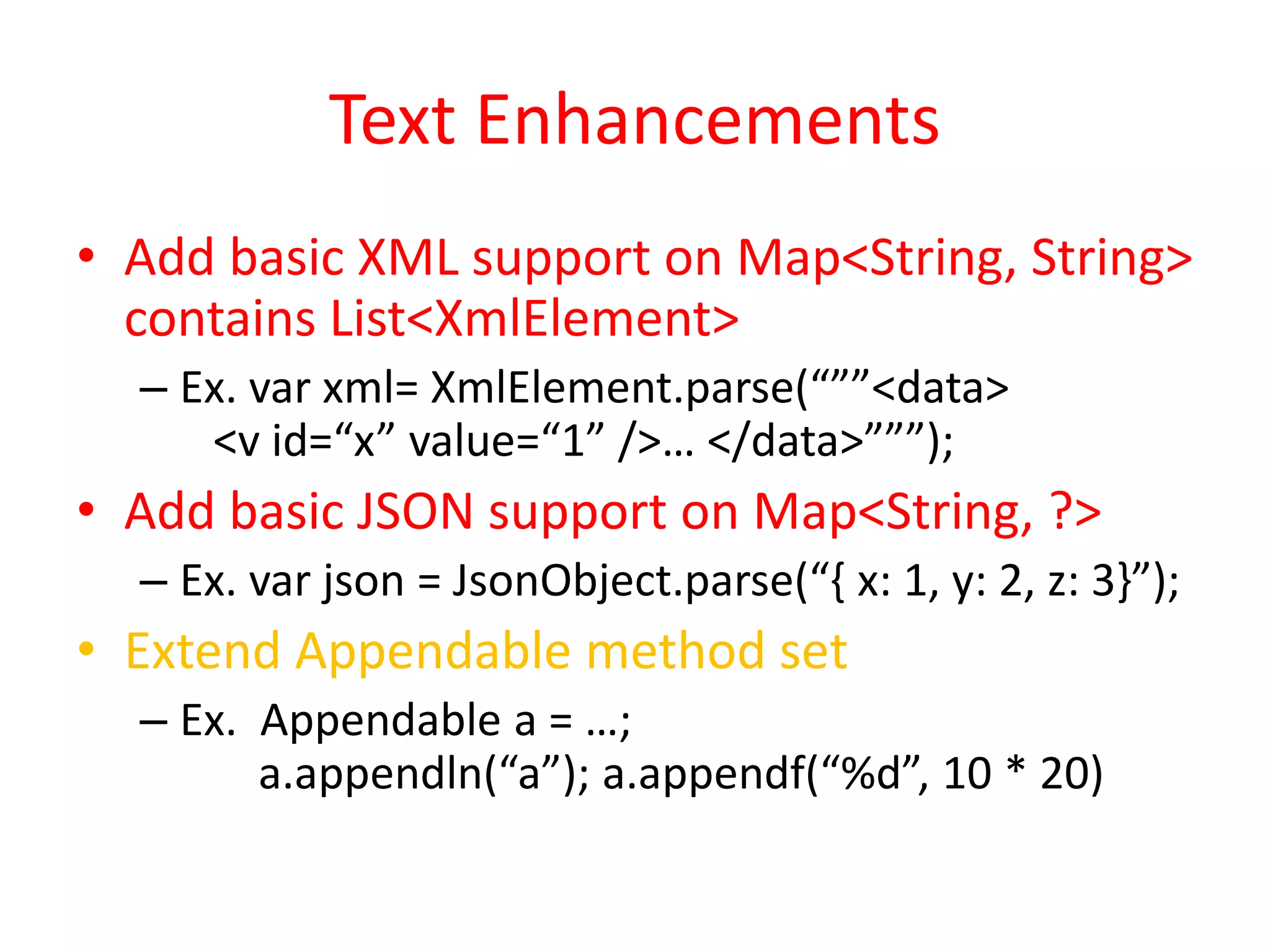
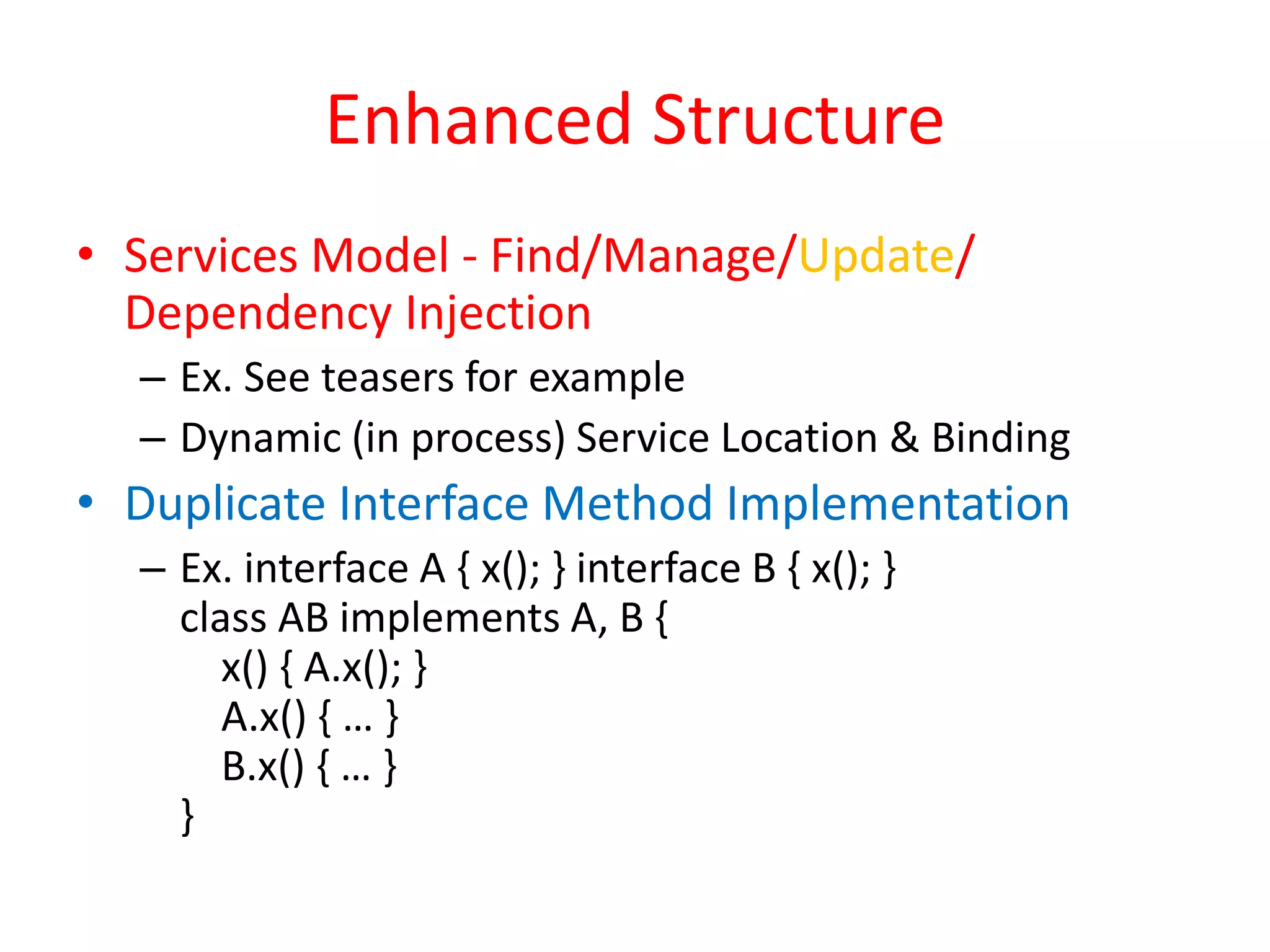
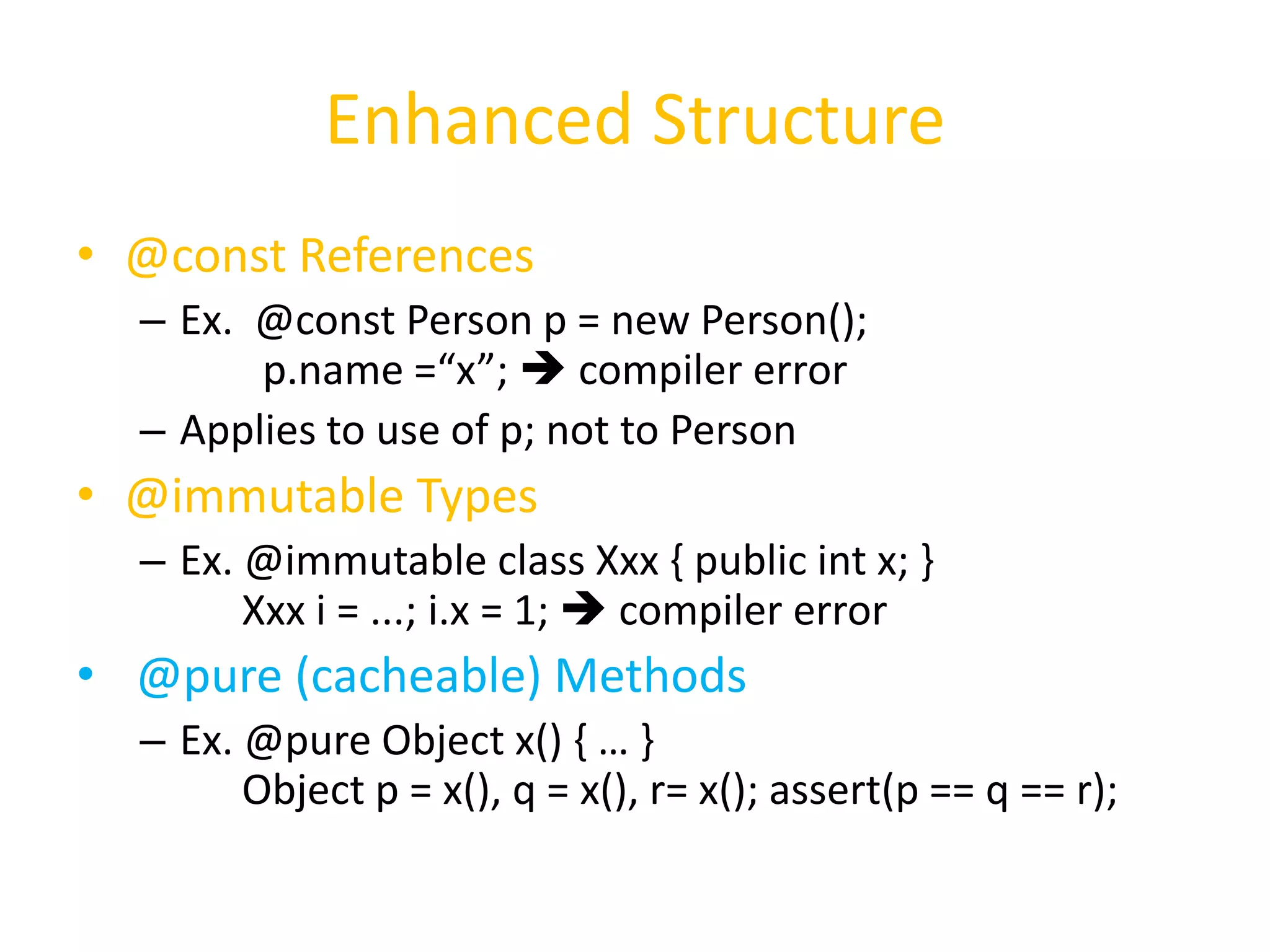
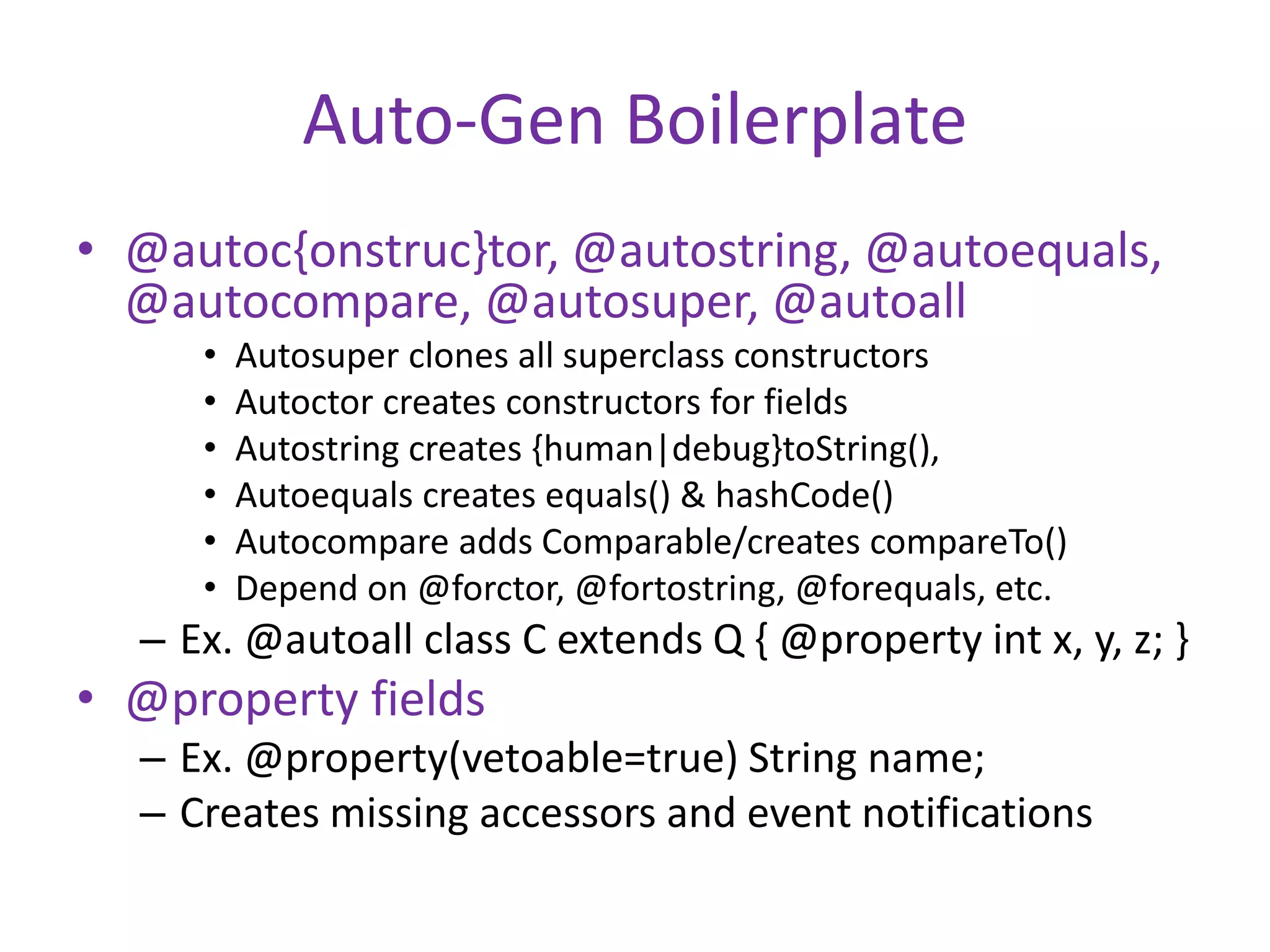
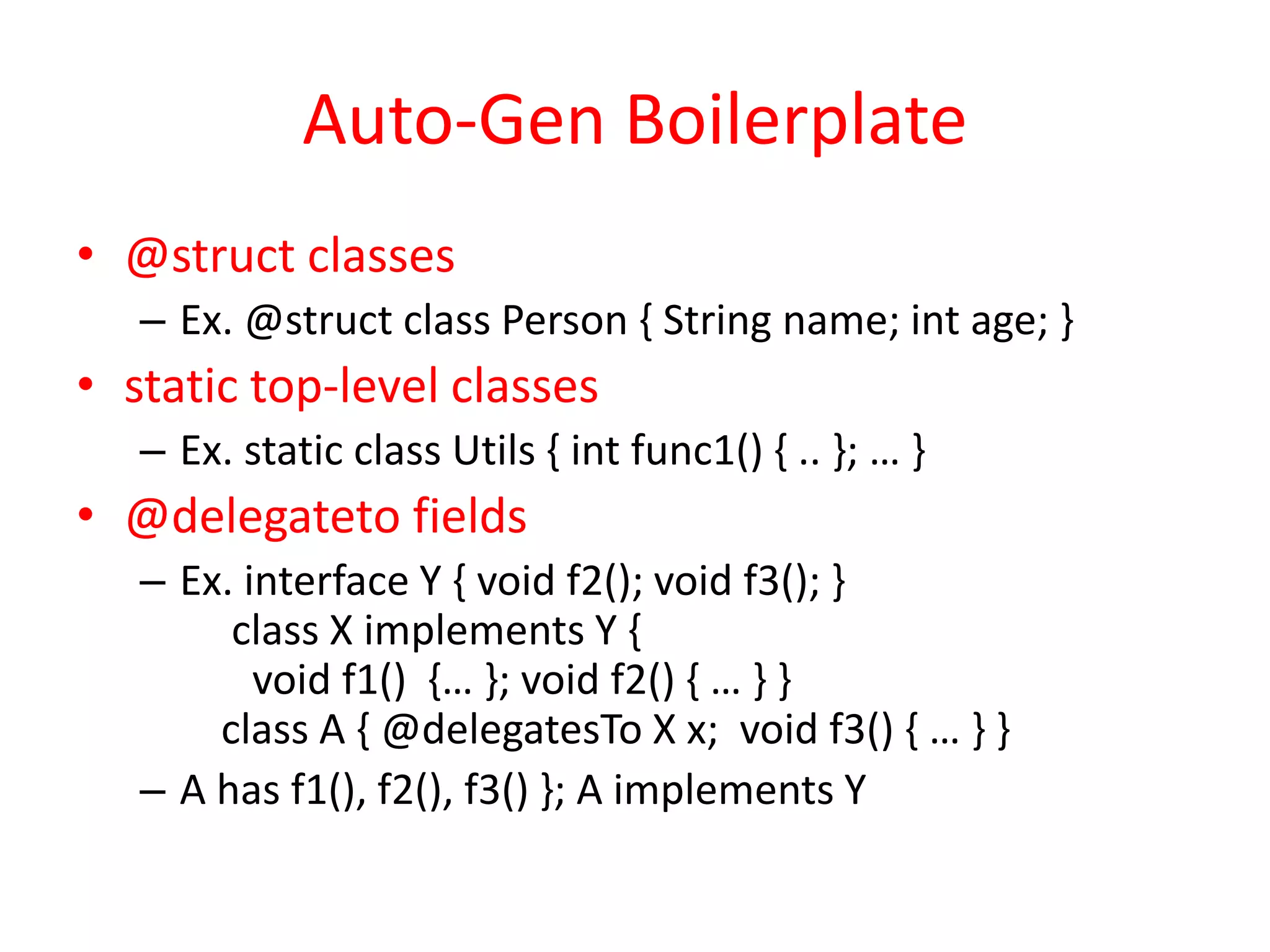
![Ease-of-Use
• Simplified “Field” references
– Ex. anAddress.city anAddress.getCity()
– Ex. anAddress.city = “” anAddress.setCity(“”)
• Named Map keys
– Ex. aMap[“xxx”] aMap.get(“xxx”) or (maybe)
– Ex. aMap.xxx aMap.get(“xxx”)
– Ex. aMap.”a string” aMap.get(“a string”)](https://image.slidesharecdn.com/potentialjavajsritems-141021122623-conversion-gate02/75/Proposals-for-new-function-in-Java-SE-9-and-beyond-35-2048.jpg)
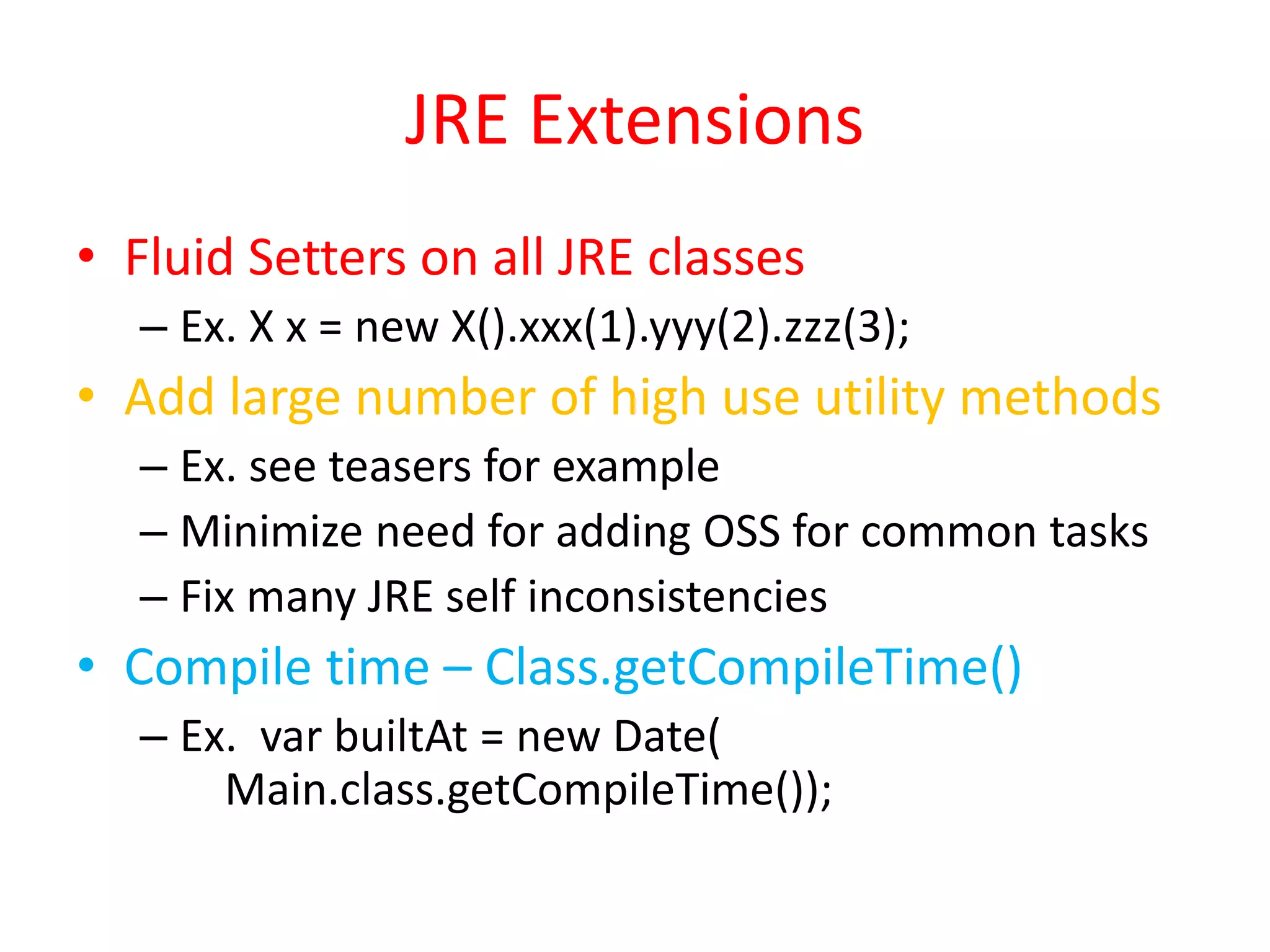
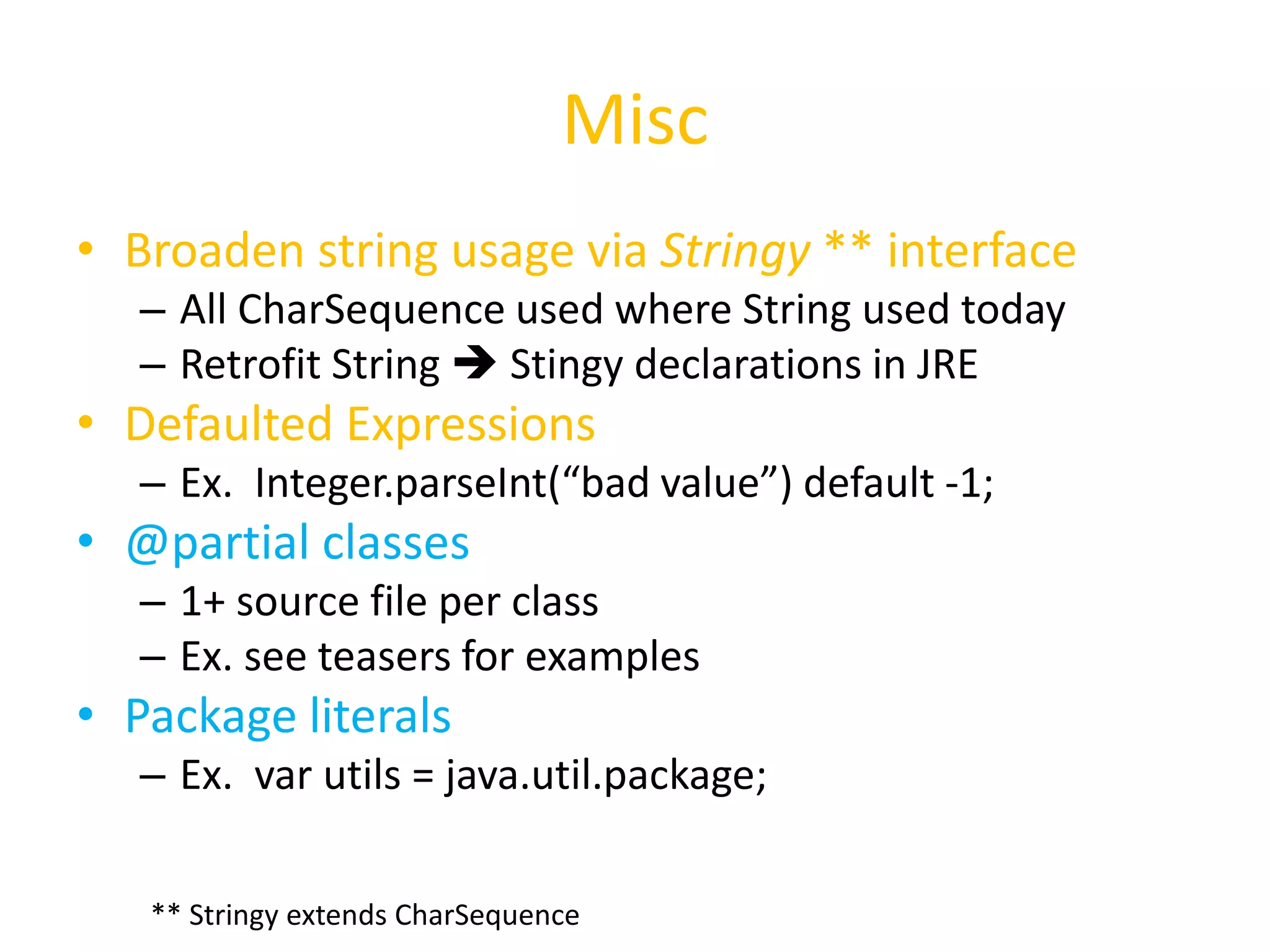
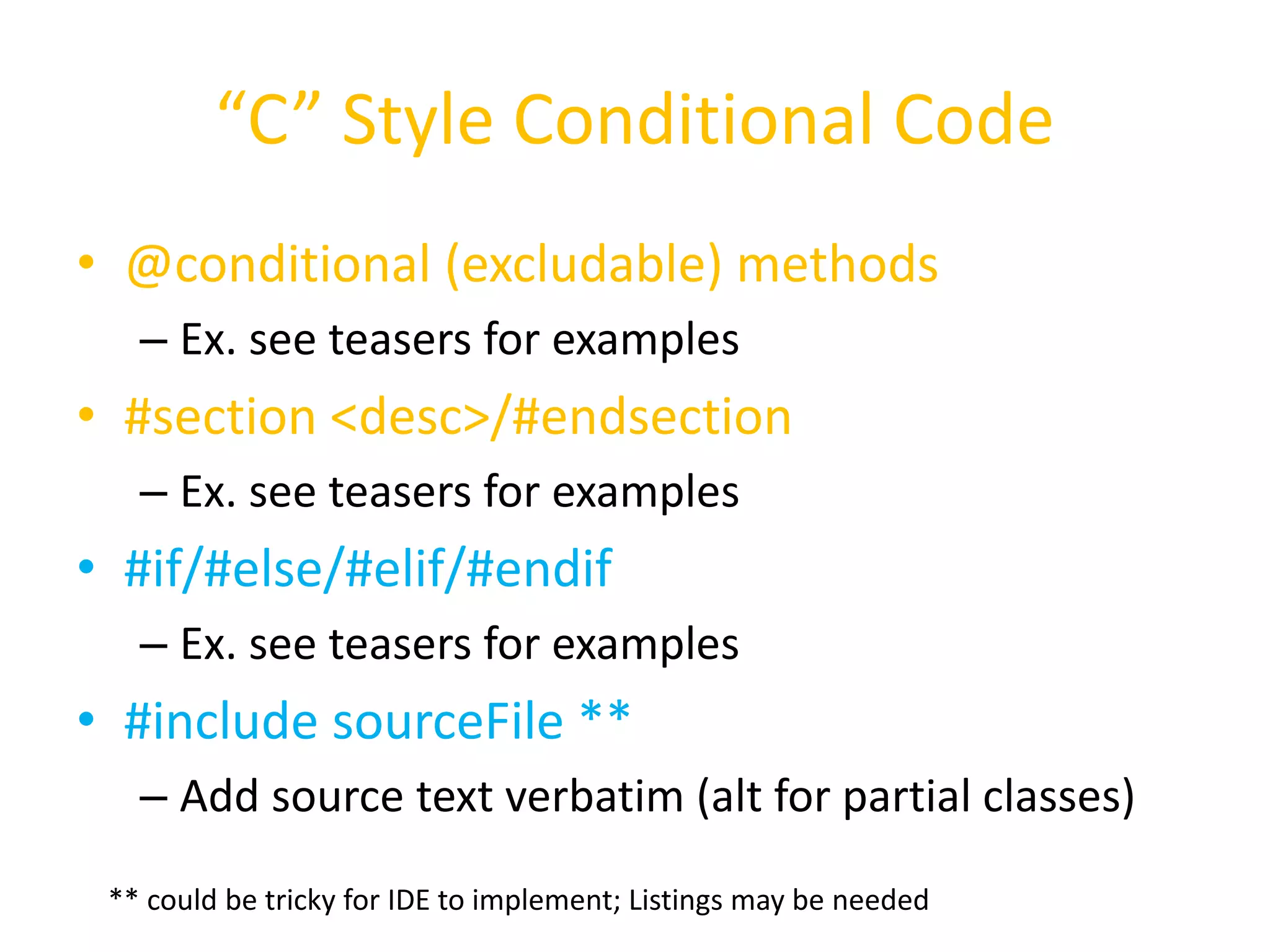


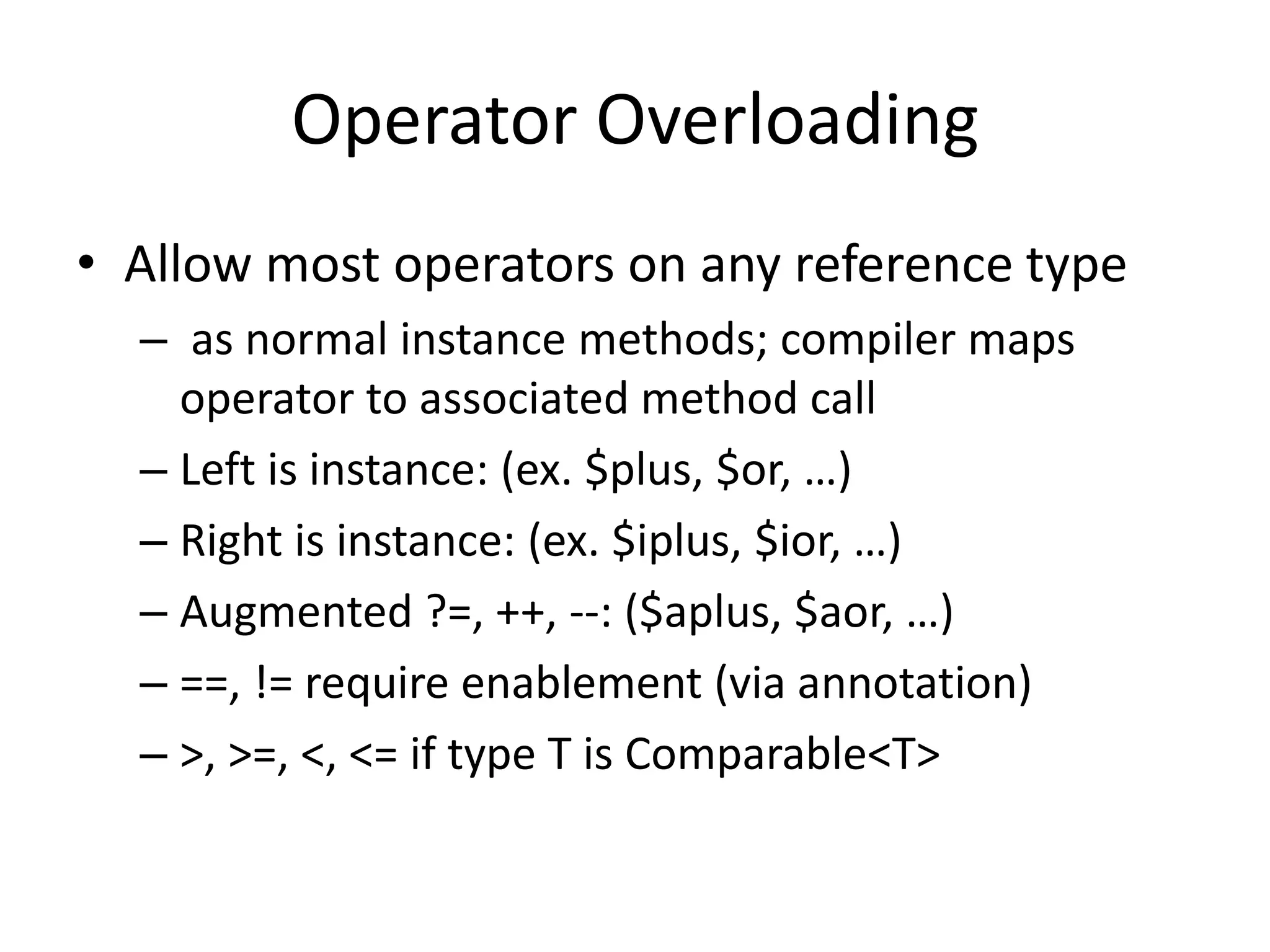
![Operator Overloading…
• Supported Operators
– + - * / % ** ++ -- & | ^ ~ < <=
> >= == != ?= >> >>> << <<< [] []=
() :: ==> <== ... >.. ..< :x x:
(x is + - * / % & | ~ ^ < >)
• Ex. Using type Color
– Color r, g, b, x = r + 2 * g + ++b;
– Color x = r.$plus(g.$imult(2)).$plus(b.$pinc());
implies new operator; italics implies new capability](https://image.slidesharecdn.com/potentialjavajsritems-141021122623-conversion-gate02/75/Proposals-for-new-function-in-Java-SE-9-and-beyond-42-2048.jpg)
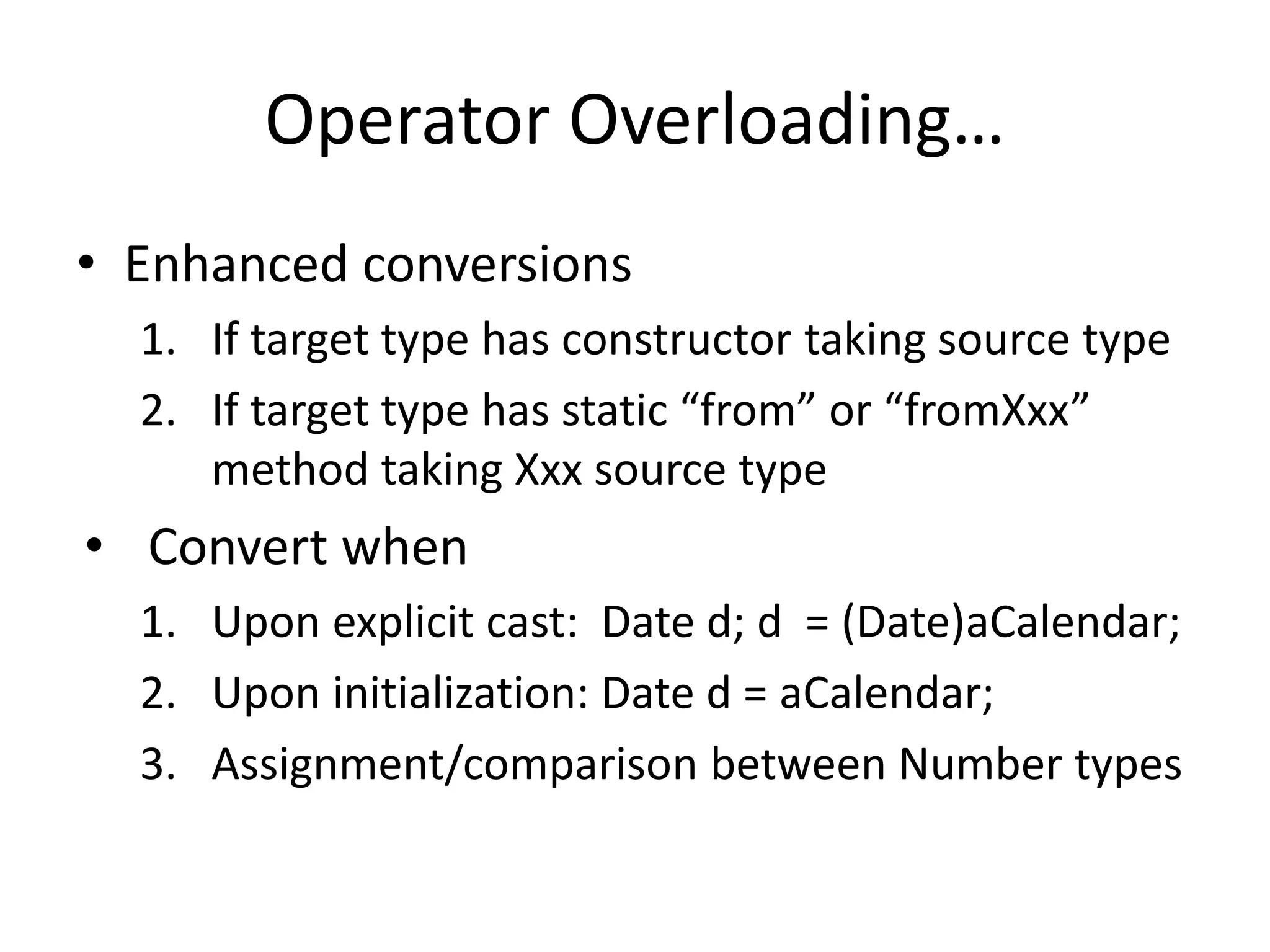
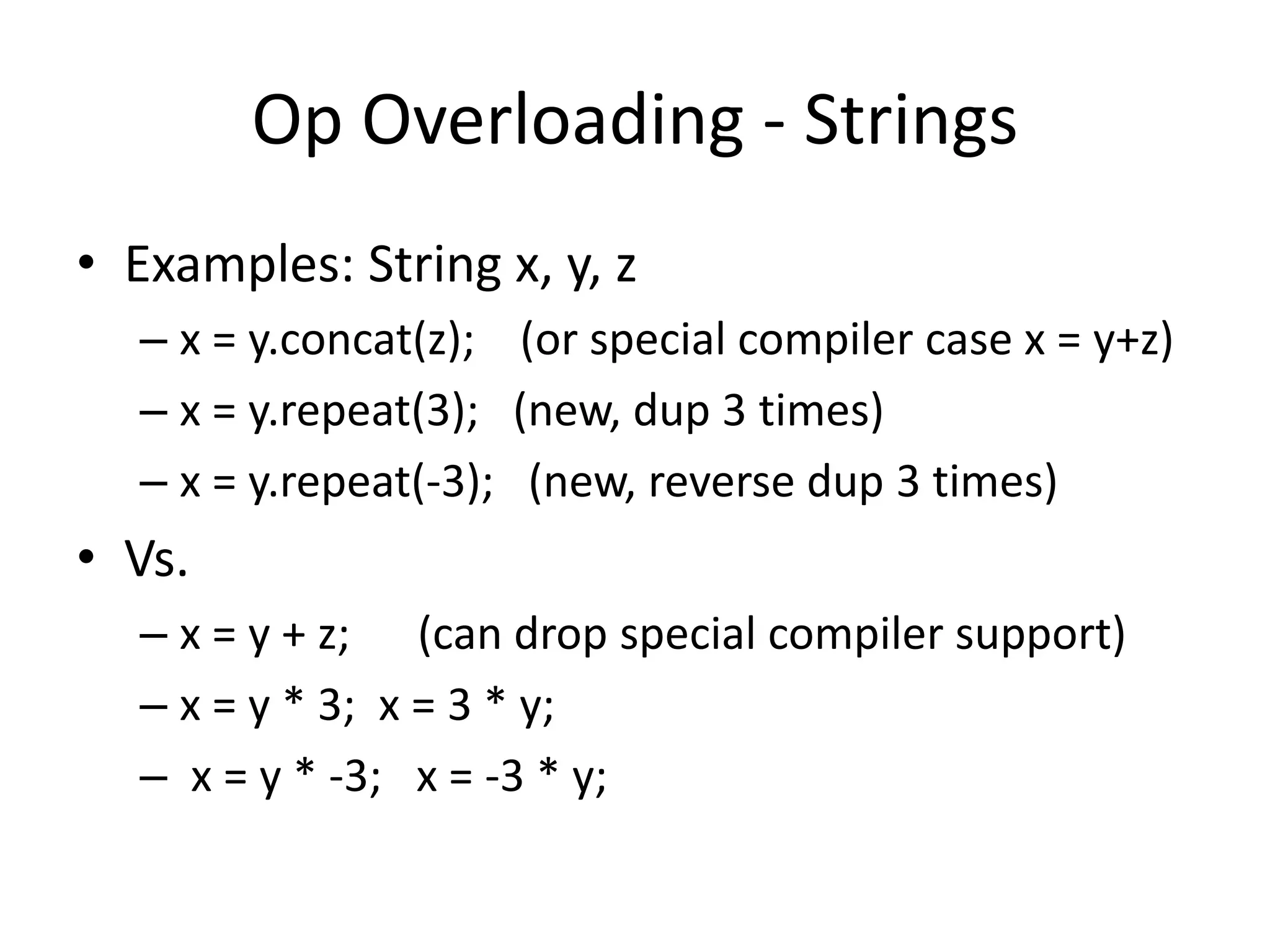
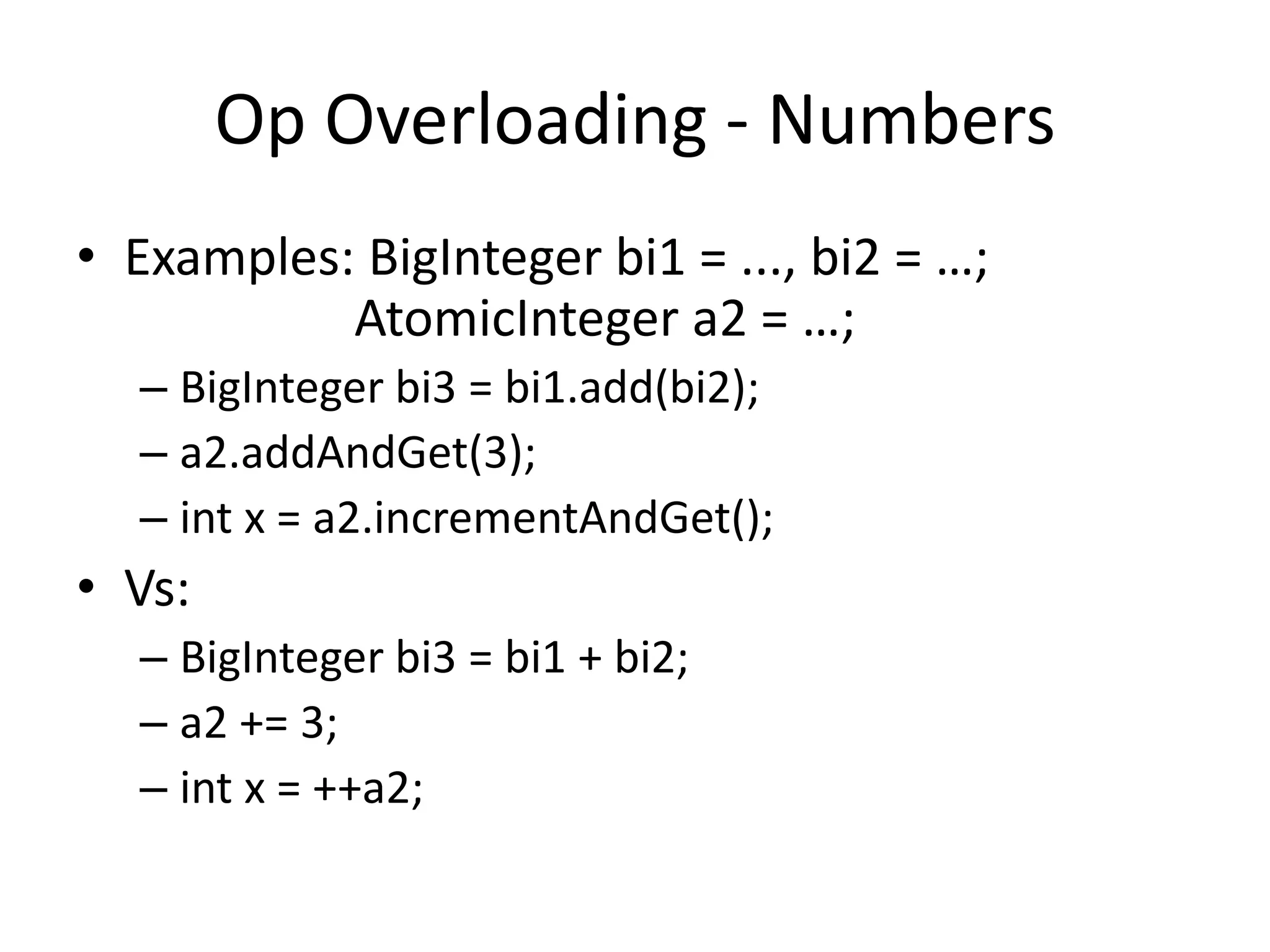
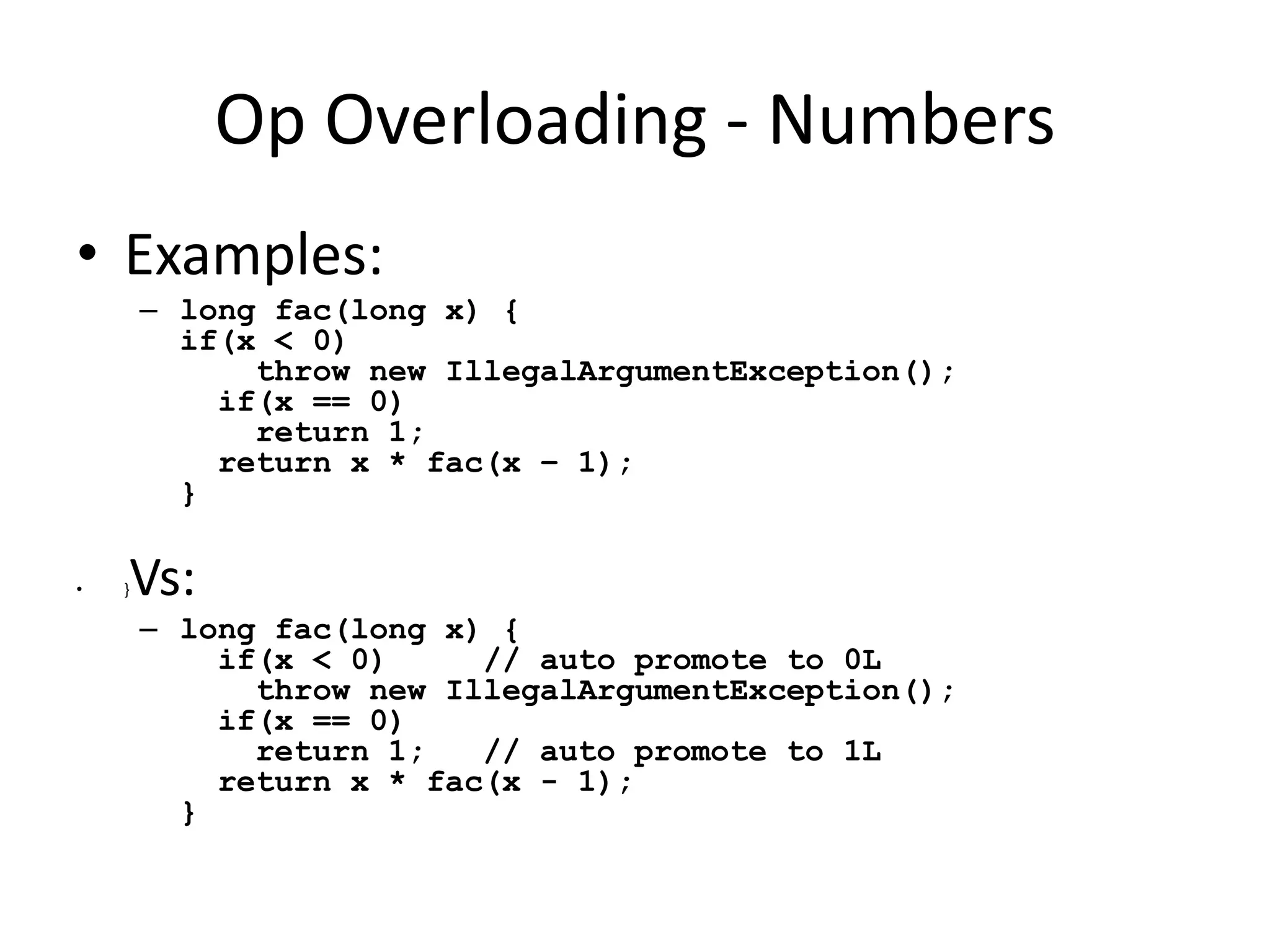
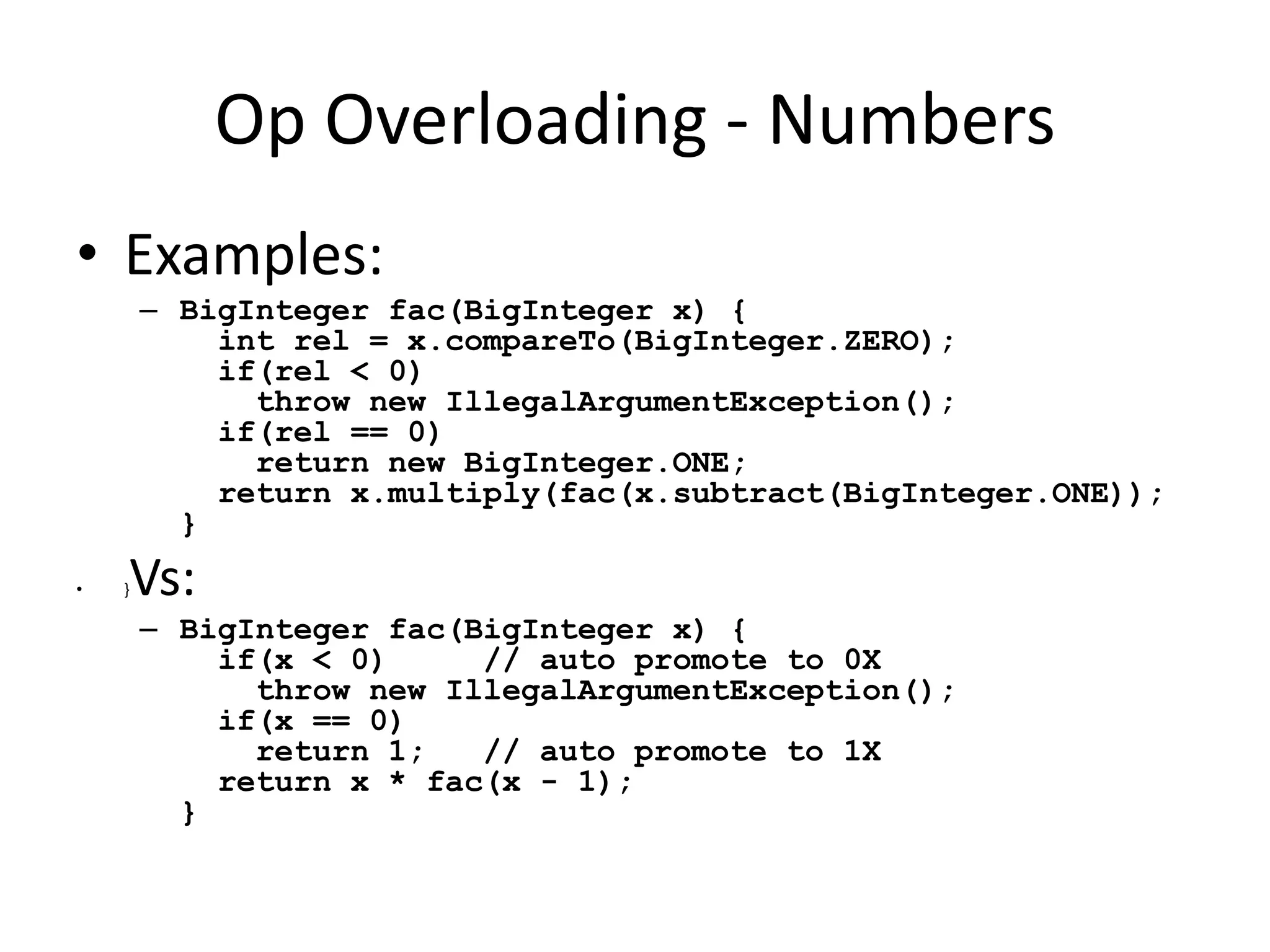
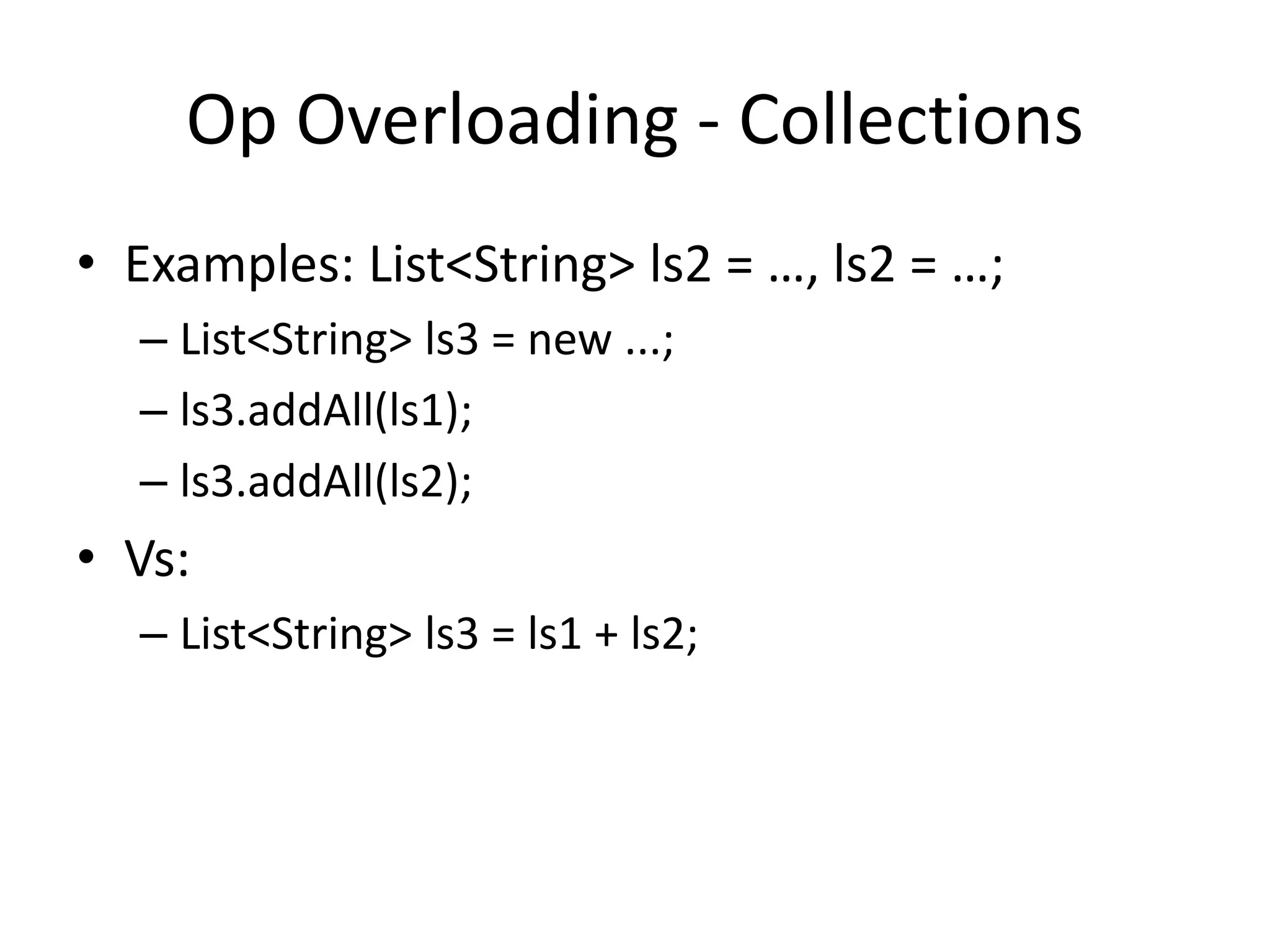
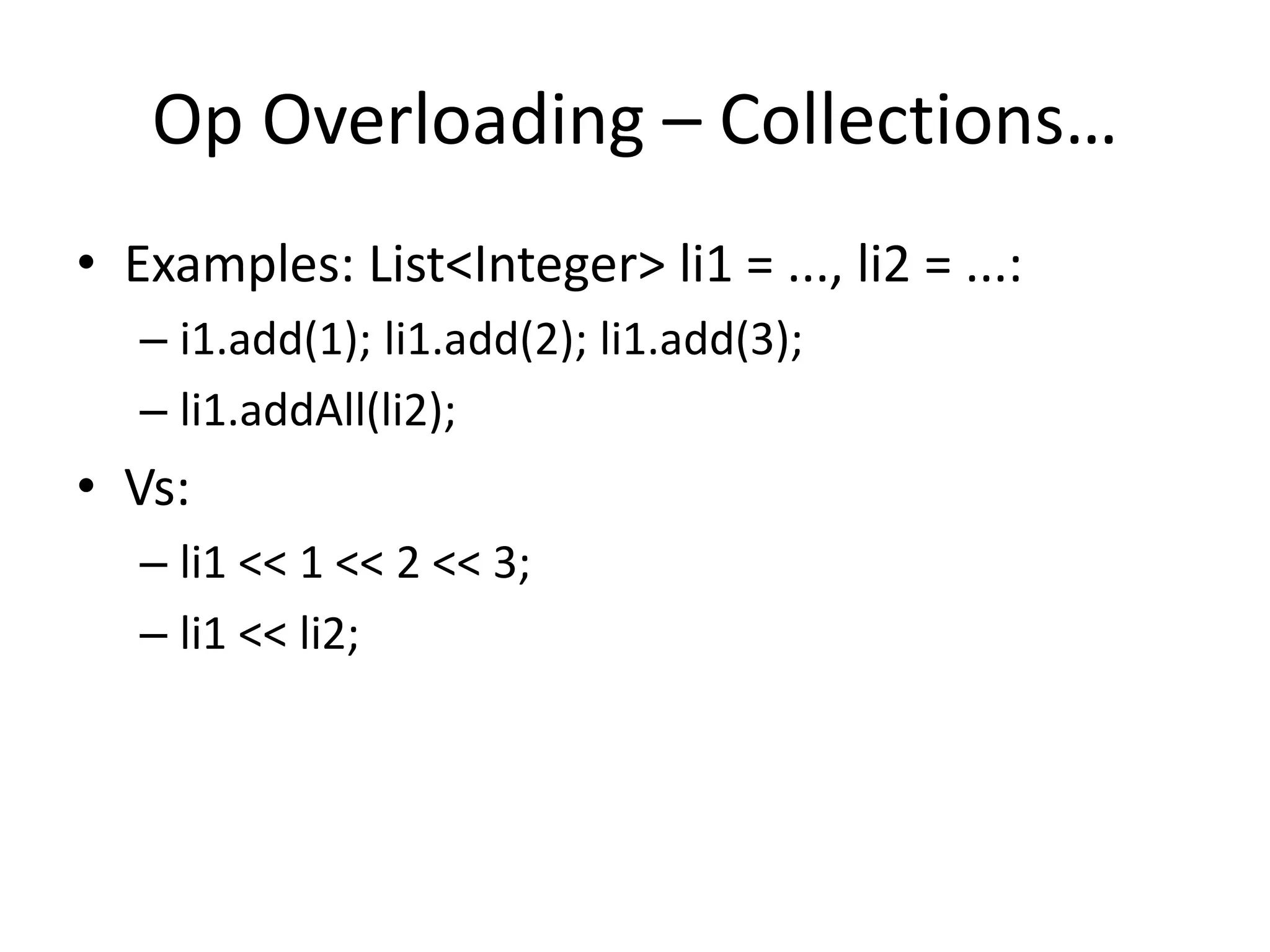
![Op Overloading – Collections…
• Examples: List<integer> li1 = …;
Map<String,String> mss1 = ...;
– li1.set(2, li1.get(3));
– String s = mss1.get("hello");
– mss1.put("hello", "goodbye");
• Vs.
– li1[2] = li1[3];
– String s = mms1["hello"];
– mms1["hello"] = "goodbye";](https://image.slidesharecdn.com/potentialjavajsritems-141021122623-conversion-gate02/75/Proposals-for-new-function-in-Java-SE-9-and-beyond-50-2048.jpg)
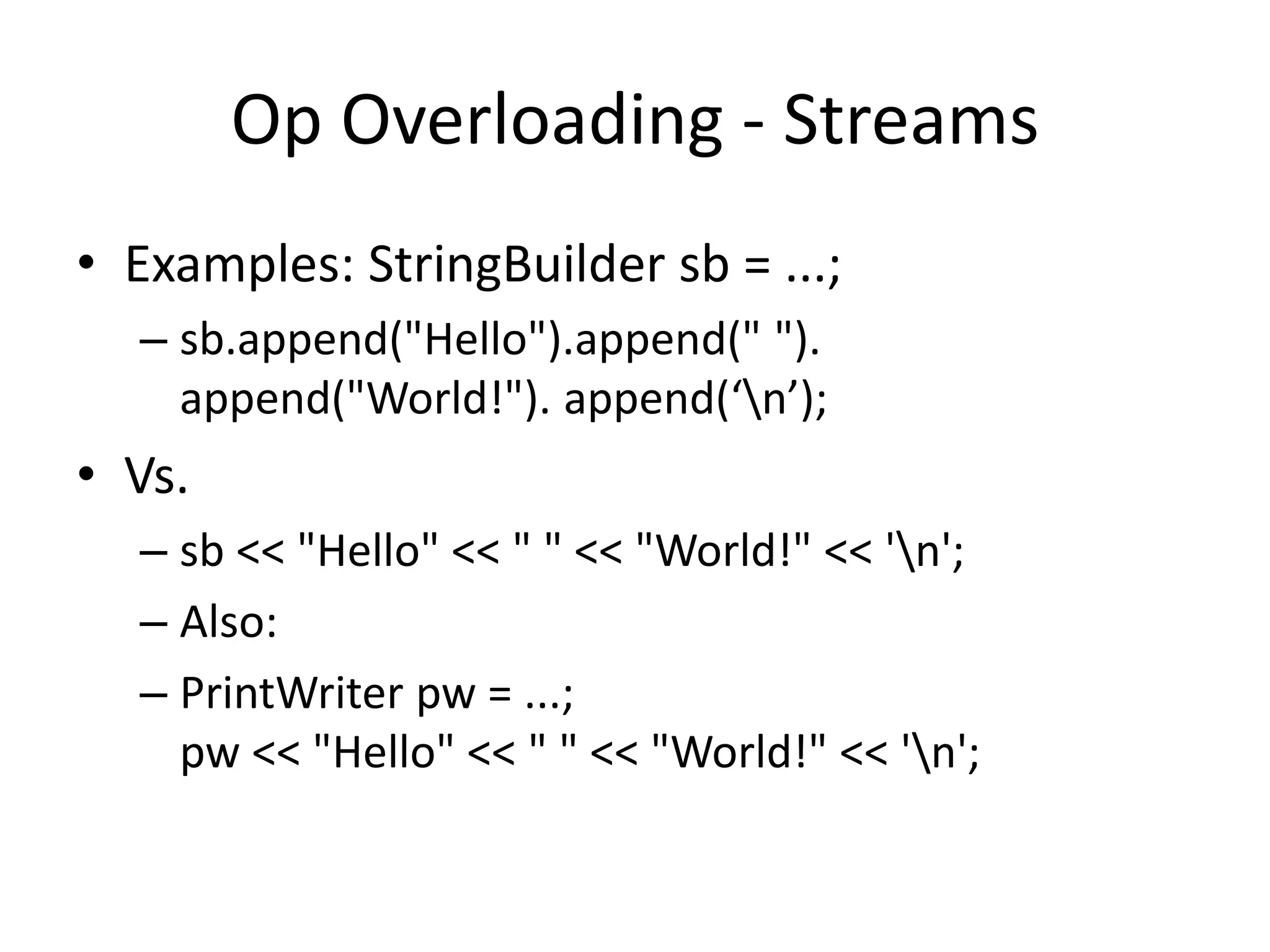
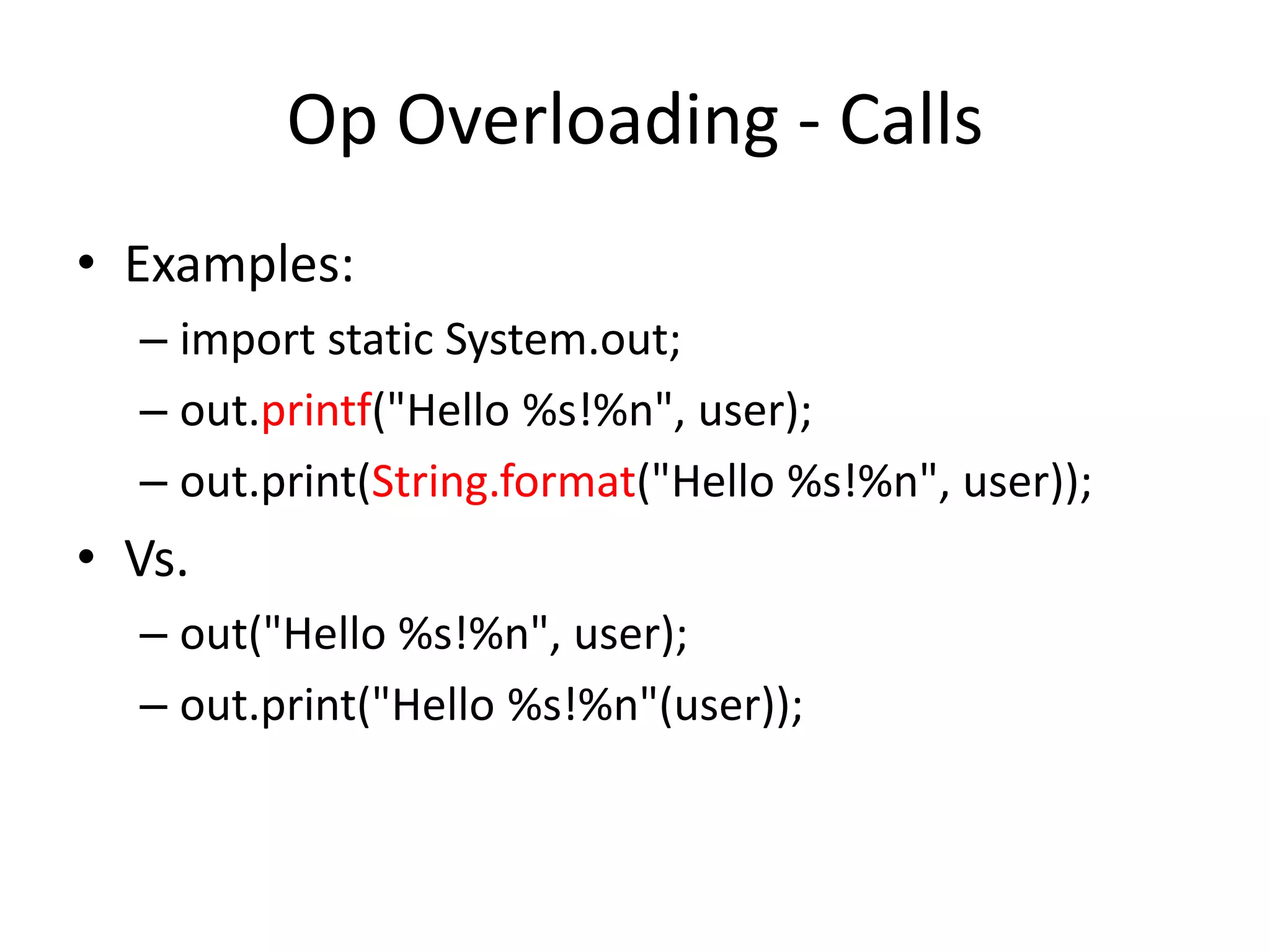
![Op Overloading - Much Potential
• Example: Possible CharSequence (covers all
implementations) overloaded operators
– Compile RE: ~”...”; Match RE: “…” ~= “…”;
– Concat: “…”+”…”;
– Repeat: “…”*n (reverse if <0); “…”*0 == “”
– Remove: “….”-”…”
– Substring: “…”[x..<y]; CharAt: “...”[n]
– Replace: “…”[m...n] = “…” (remove if “”)
– Append: “…”<<“…”; Prepend: “…”>>“…”;
• Above tip of iceberg](https://image.slidesharecdn.com/potentialjavajsritems-141021122623-conversion-gate02/75/Proposals-for-new-function-in-Java-SE-9-and-beyond-53-2048.jpg)
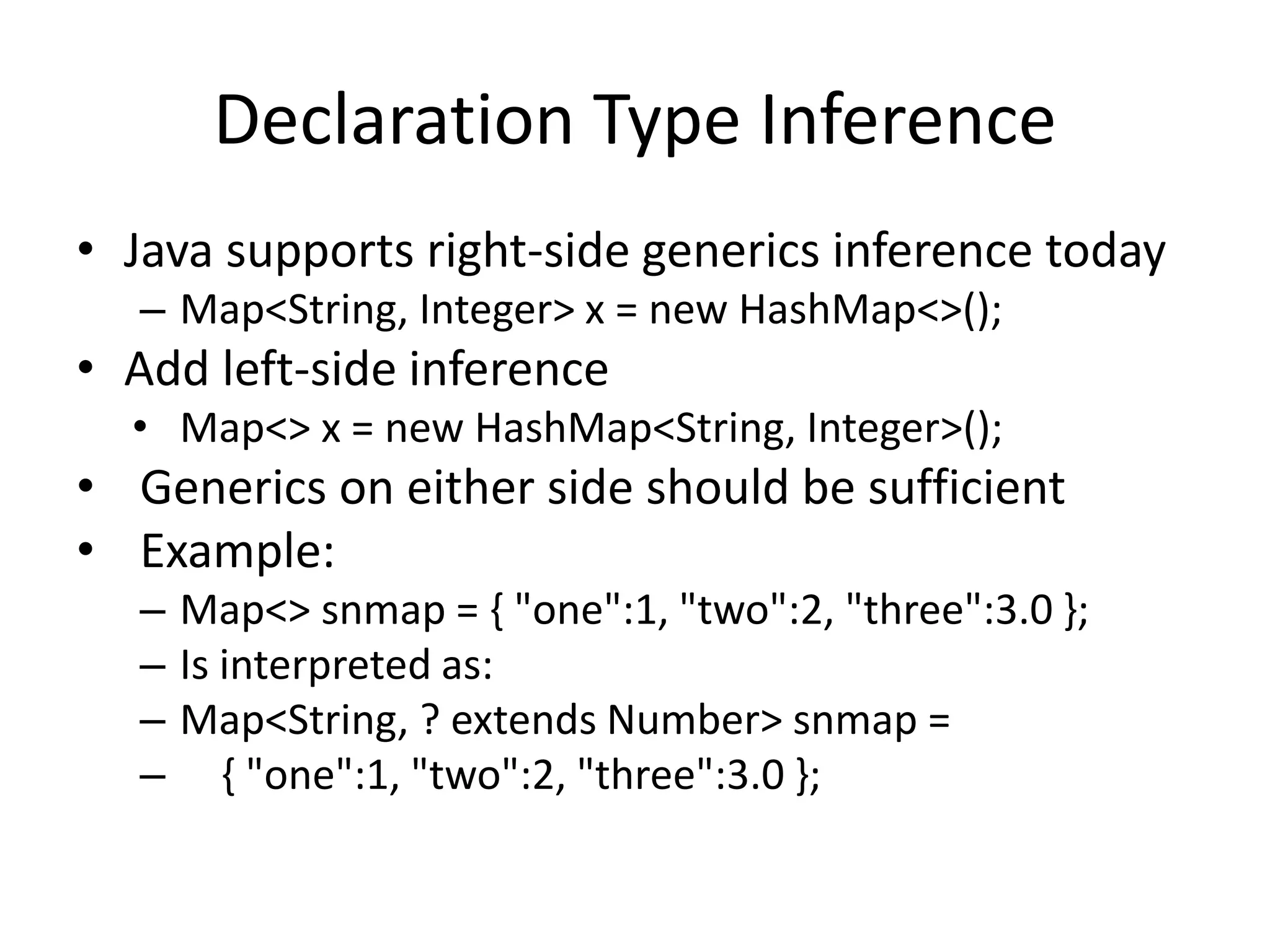
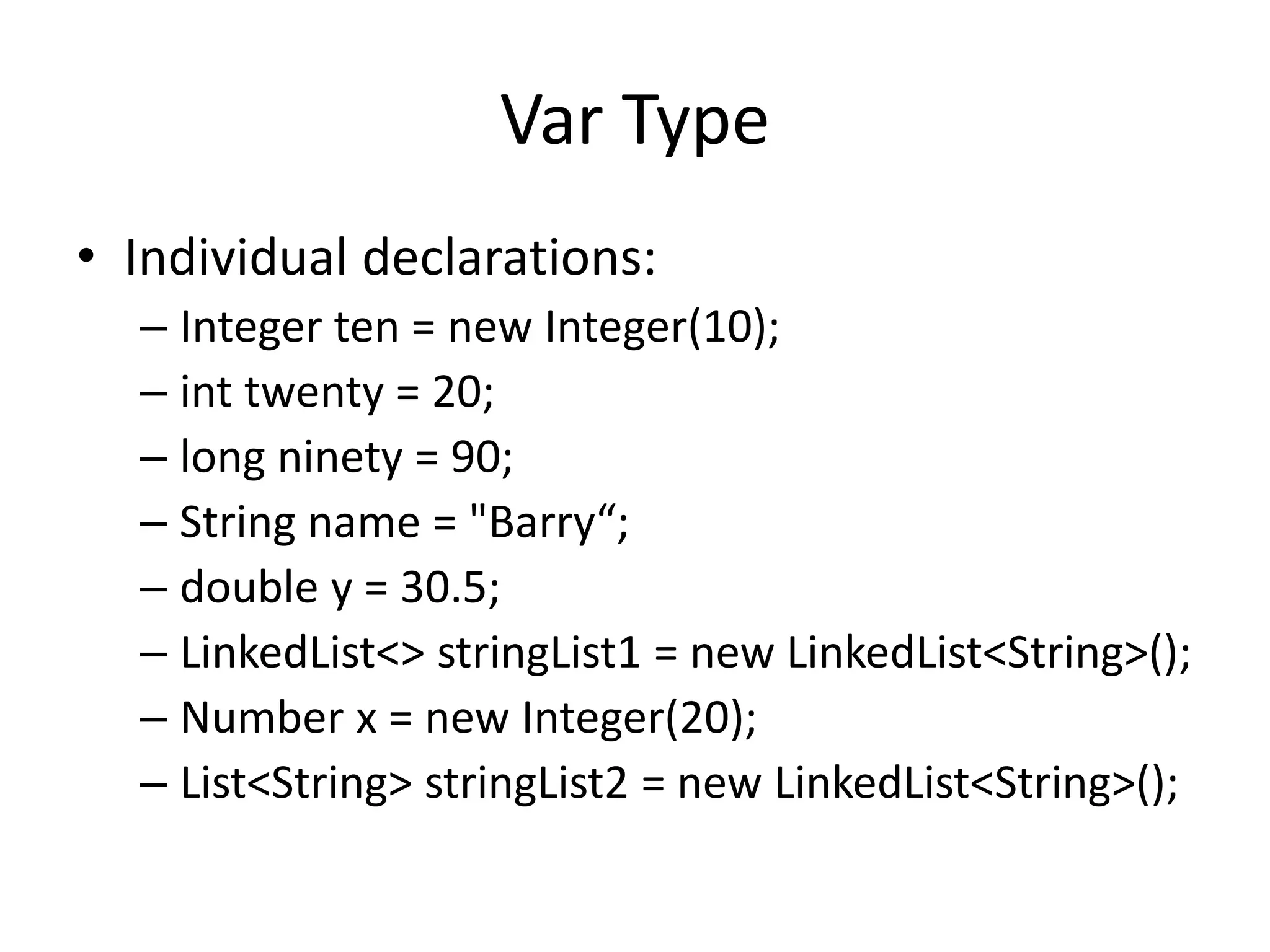
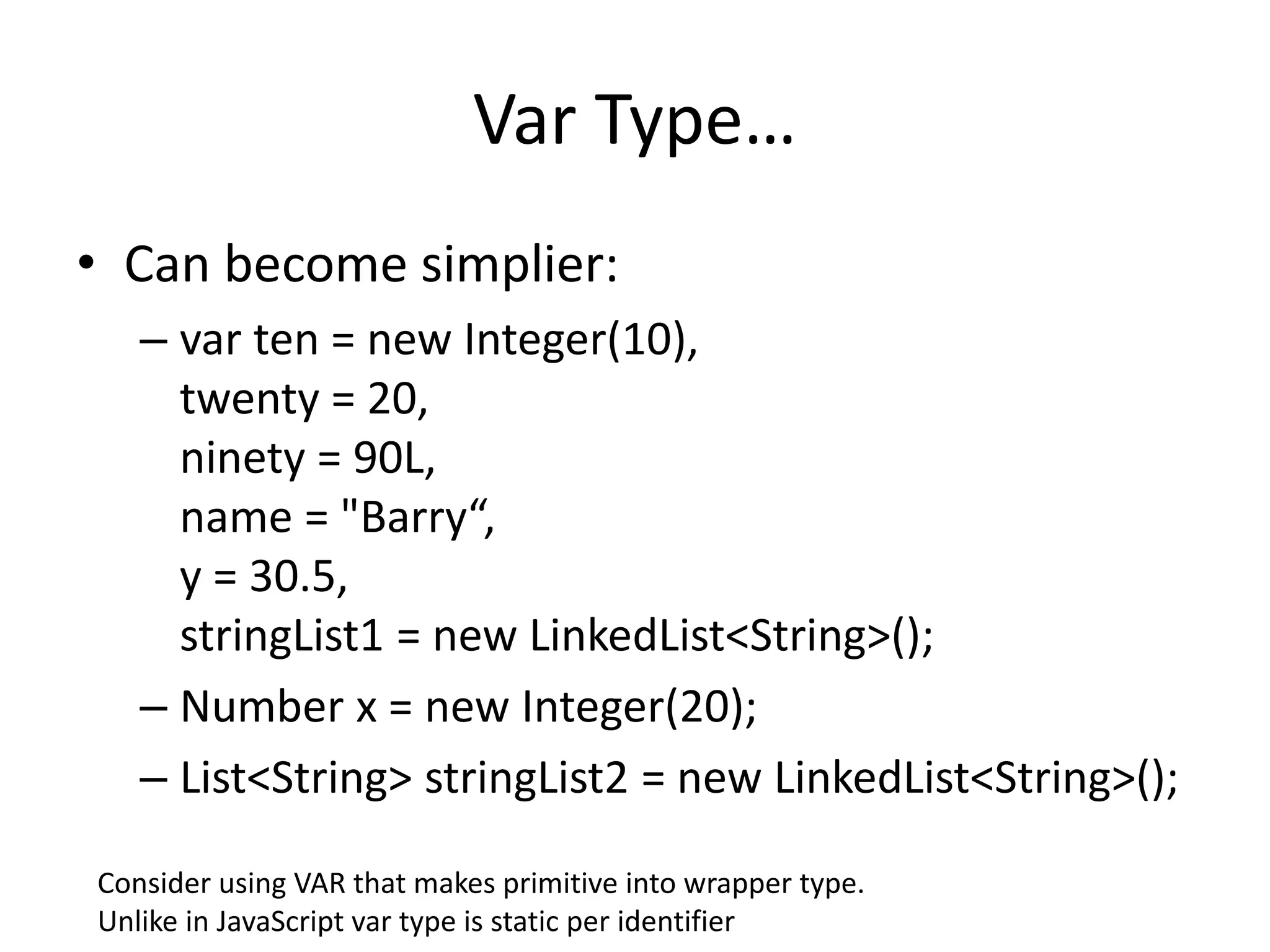
![Collection Initialization
• Arrays support initialization:
– Example:
• new Object[] { 1, 2, 3 }
• Collections should also:
– Examples:
• new ArrayList() { 1, 2, 3 };
• new HashMap() { 1:”one”, 2:”two”, 3:”three” };
Collection implements new interface: Initable<T> with initAll(T[]|Collection<T>)](https://image.slidesharecdn.com/potentialjavajsritems-141021122623-conversion-gate02/75/Proposals-for-new-function-in-Java-SE-9-and-beyond-57-2048.jpg)
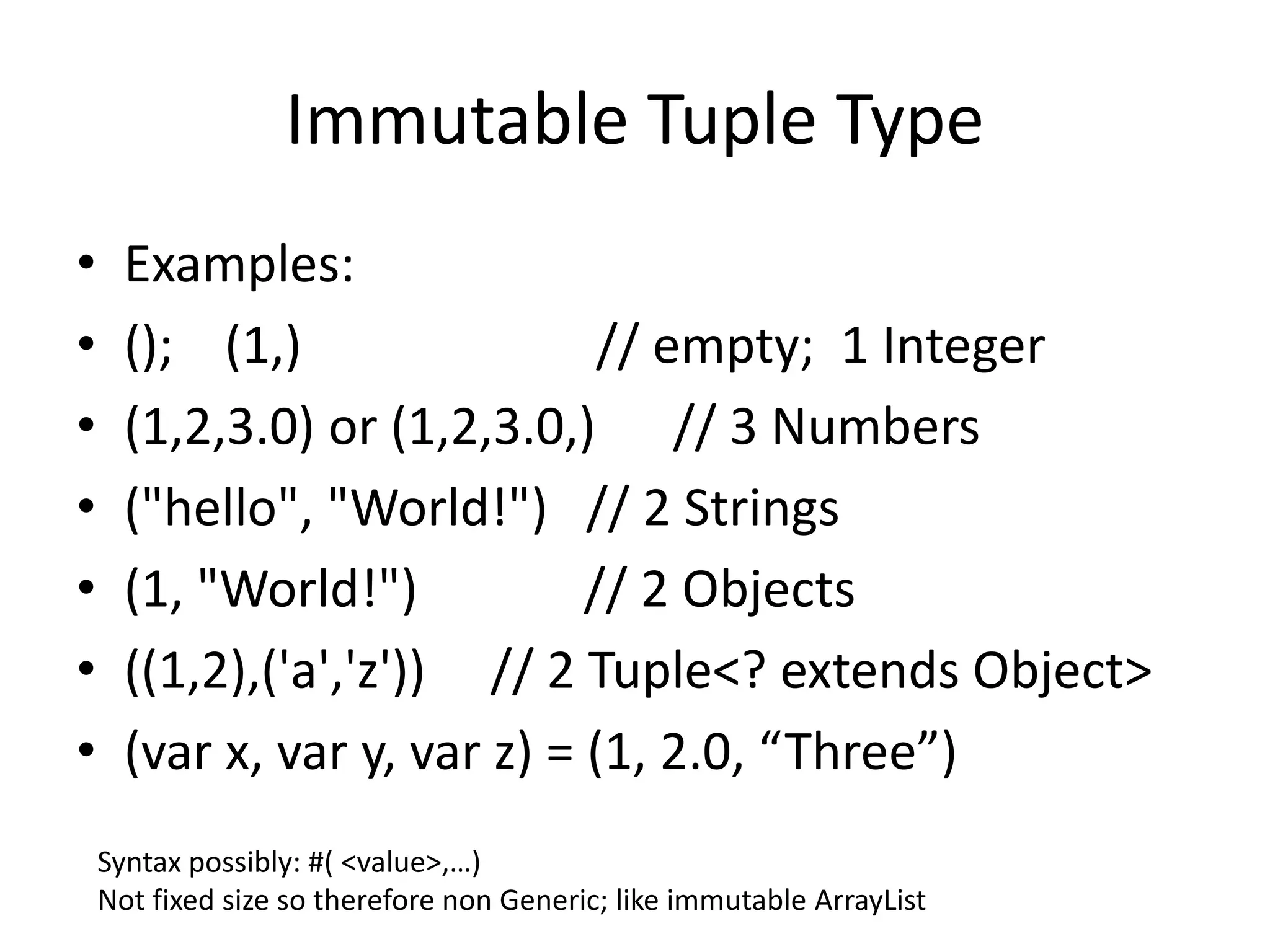
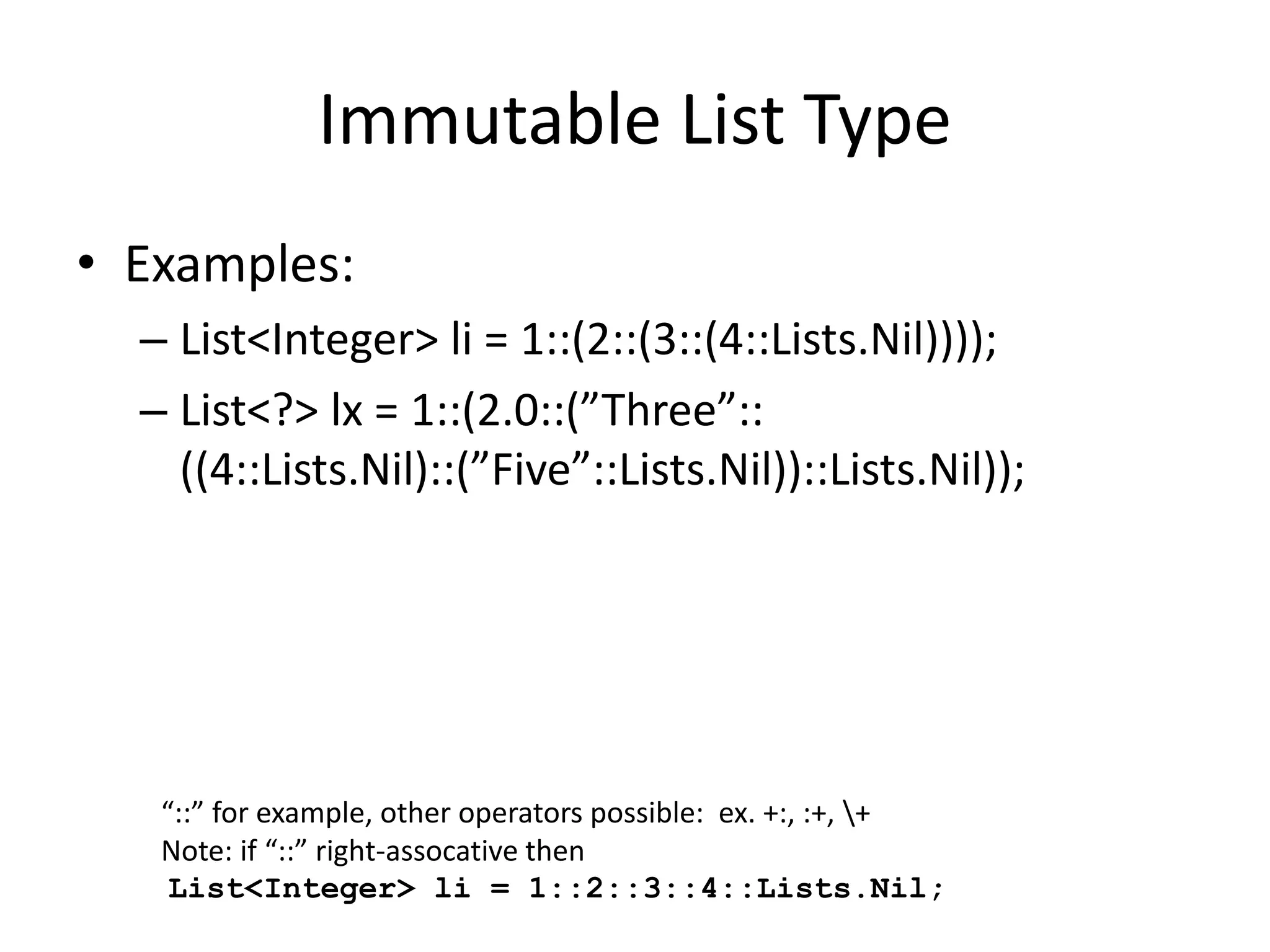
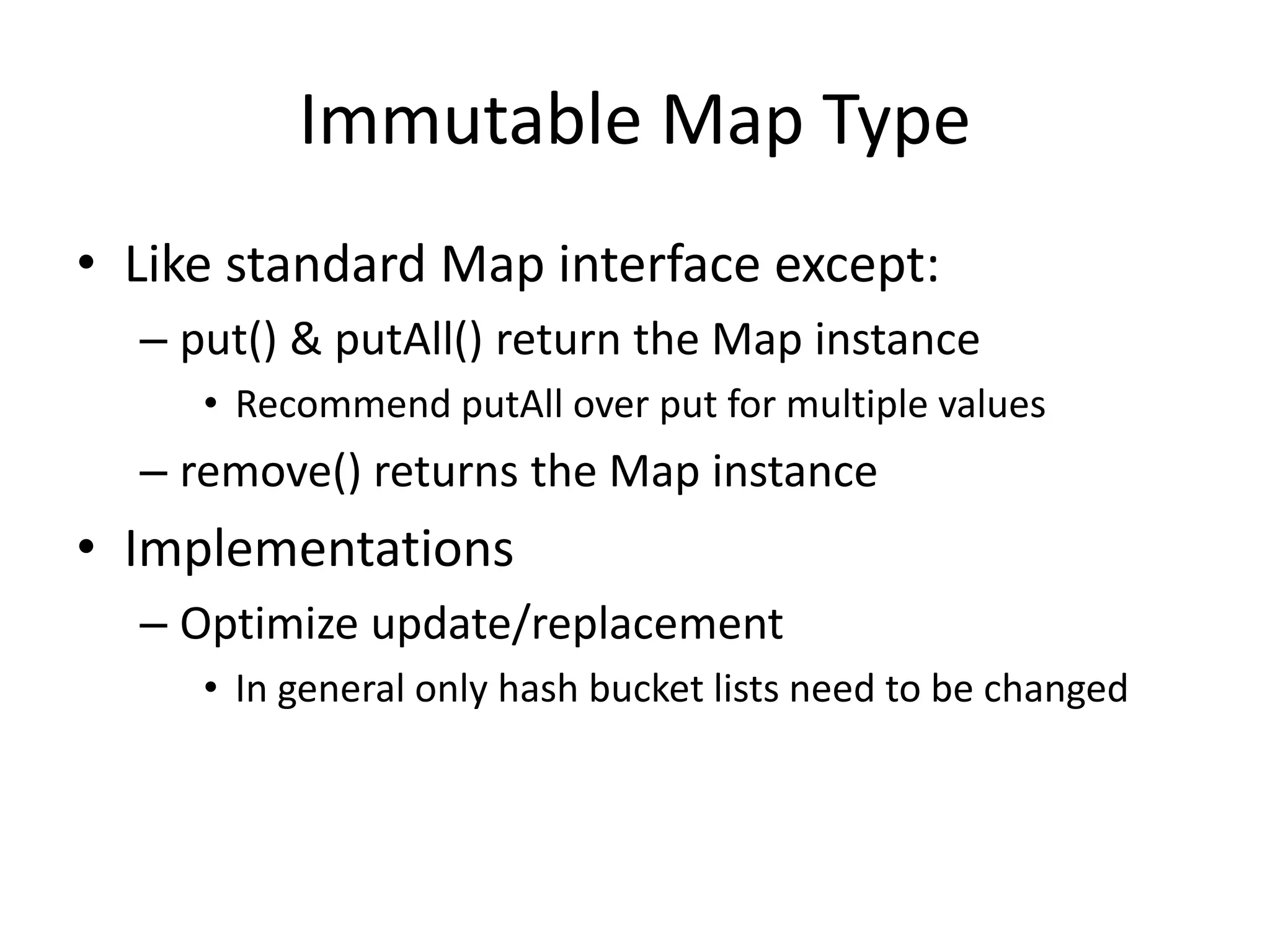
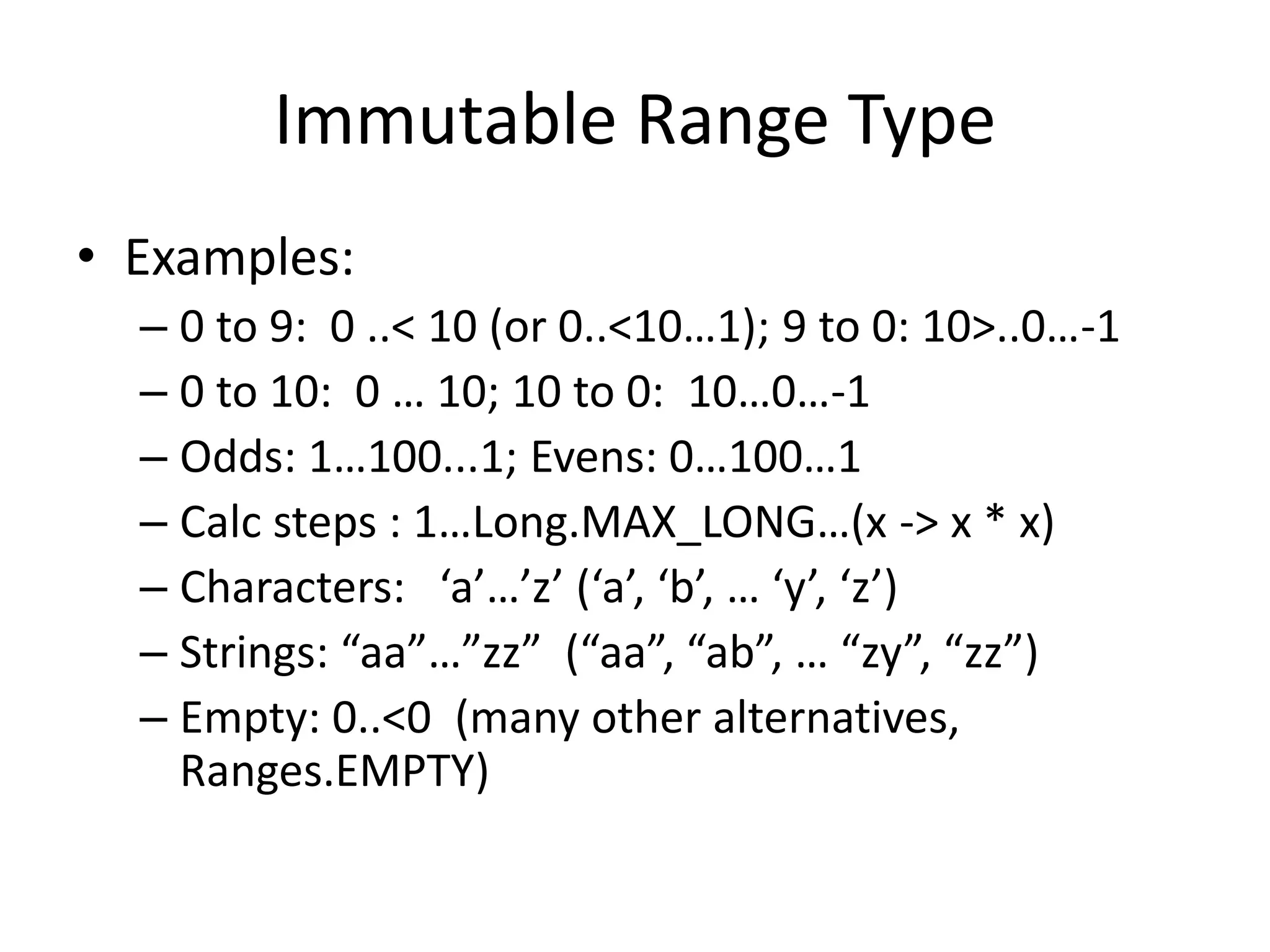
![Immutable Range Type…
• Examples:
– Over array: Ranges.make(new int[] {1,2,3})
– Or: Ranges.make(1,2,3);
– Over collection: Ranges.make(aList)
– Or: aList.asRange() (takes static snapshot)
– Variable, non int: double x, y, z: x…y…z
– assert 1..100 < 1…1000
– assert 1…100…1 > 1…100…2
Assume “==“ overloaded to equals(); < to compareTo()](https://image.slidesharecdn.com/potentialjavajsritems-141021122623-conversion-gate02/75/Proposals-for-new-function-in-Java-SE-9-and-beyond-62-2048.jpg)
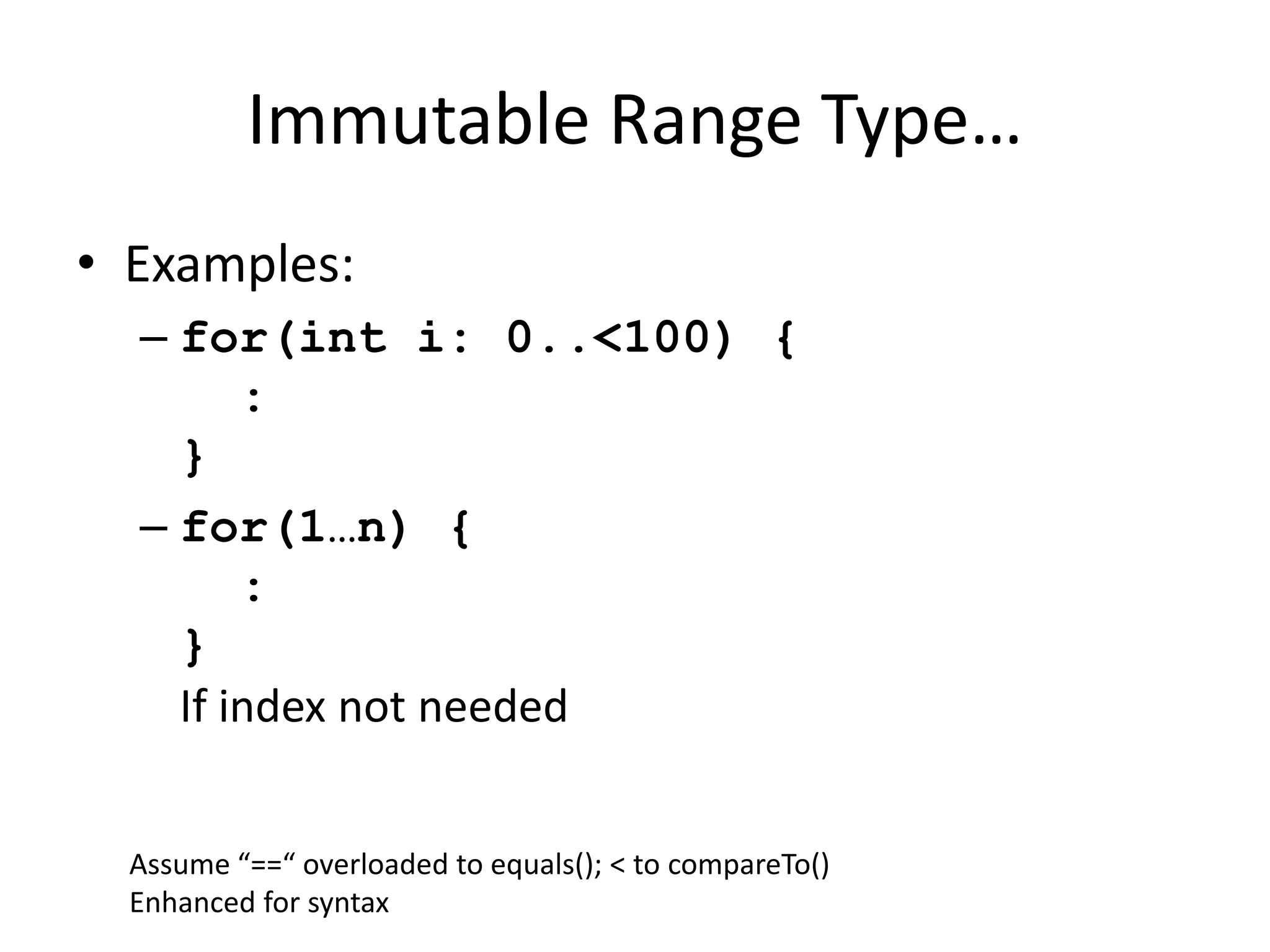
![Range as Index
• Examples:
– “0123456789”[1…3] == “123”
– “0123456789”[-1…-3] == “987”
– “0123456789”[-3…-1] == “789”
Assume “==“ overloaded to equals(); “[]“ overloaded](https://image.slidesharecdn.com/potentialjavajsritems-141021122623-conversion-gate02/75/Proposals-for-new-function-in-Java-SE-9-and-beyond-64-2048.jpg)
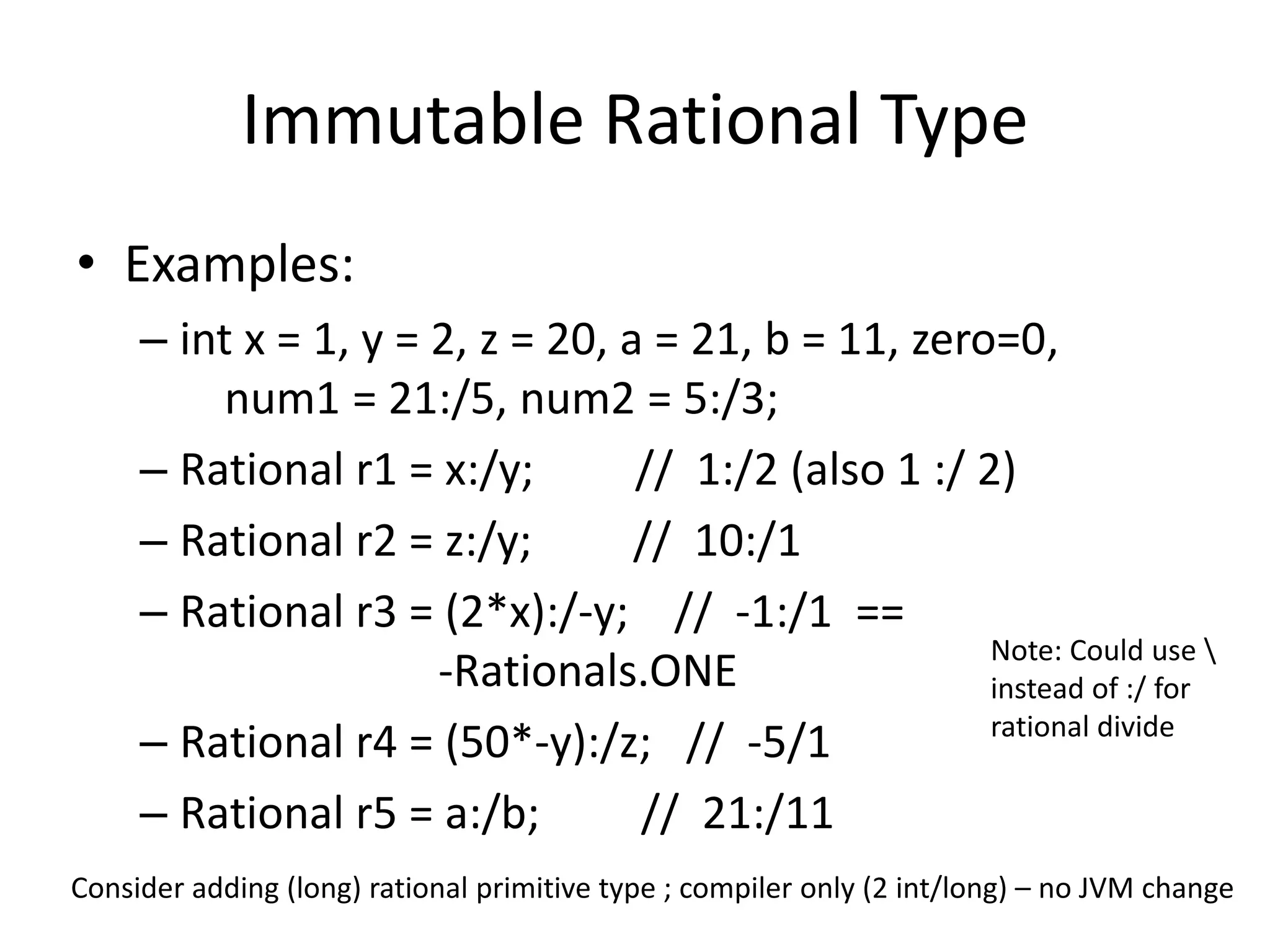
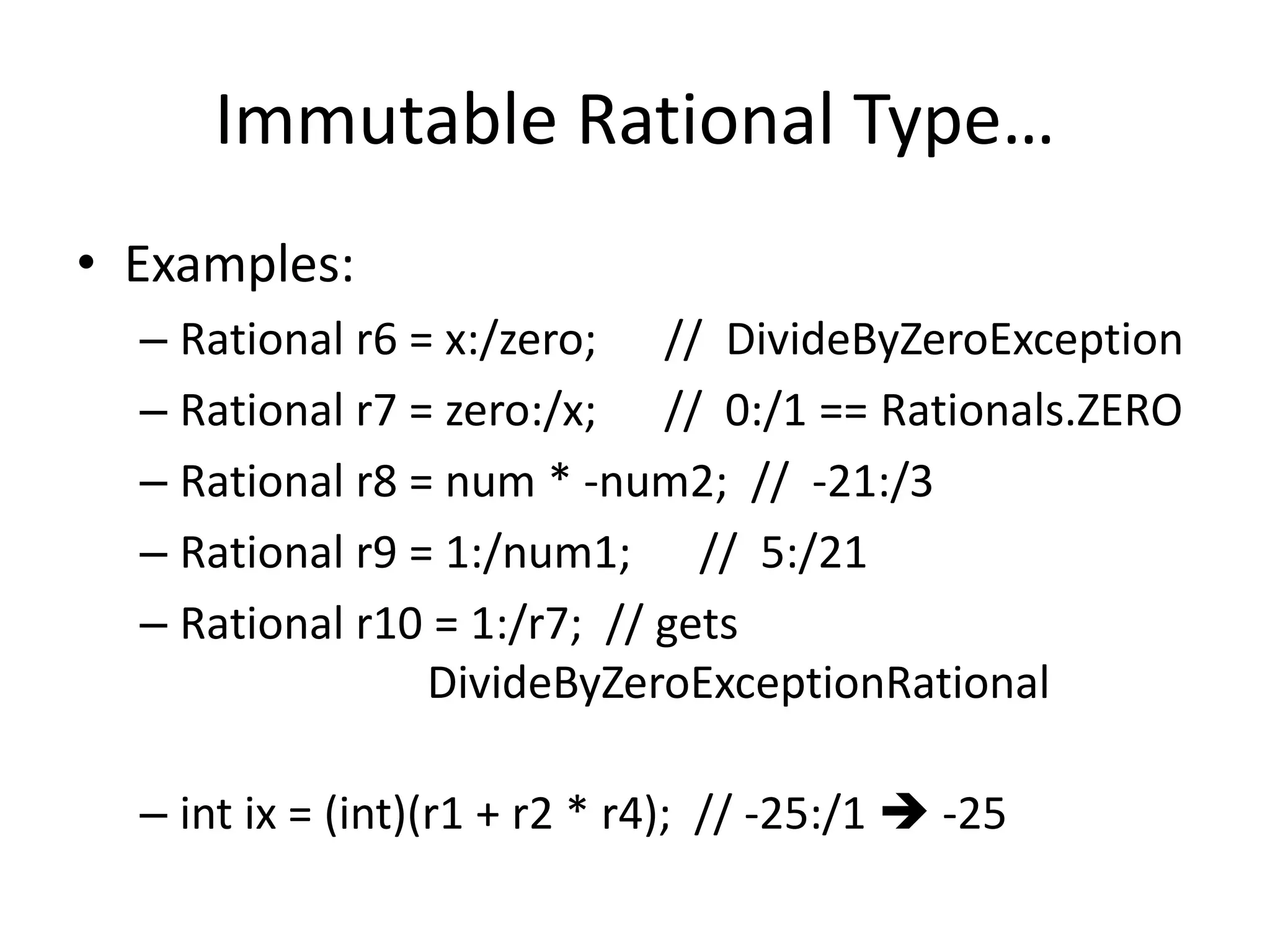
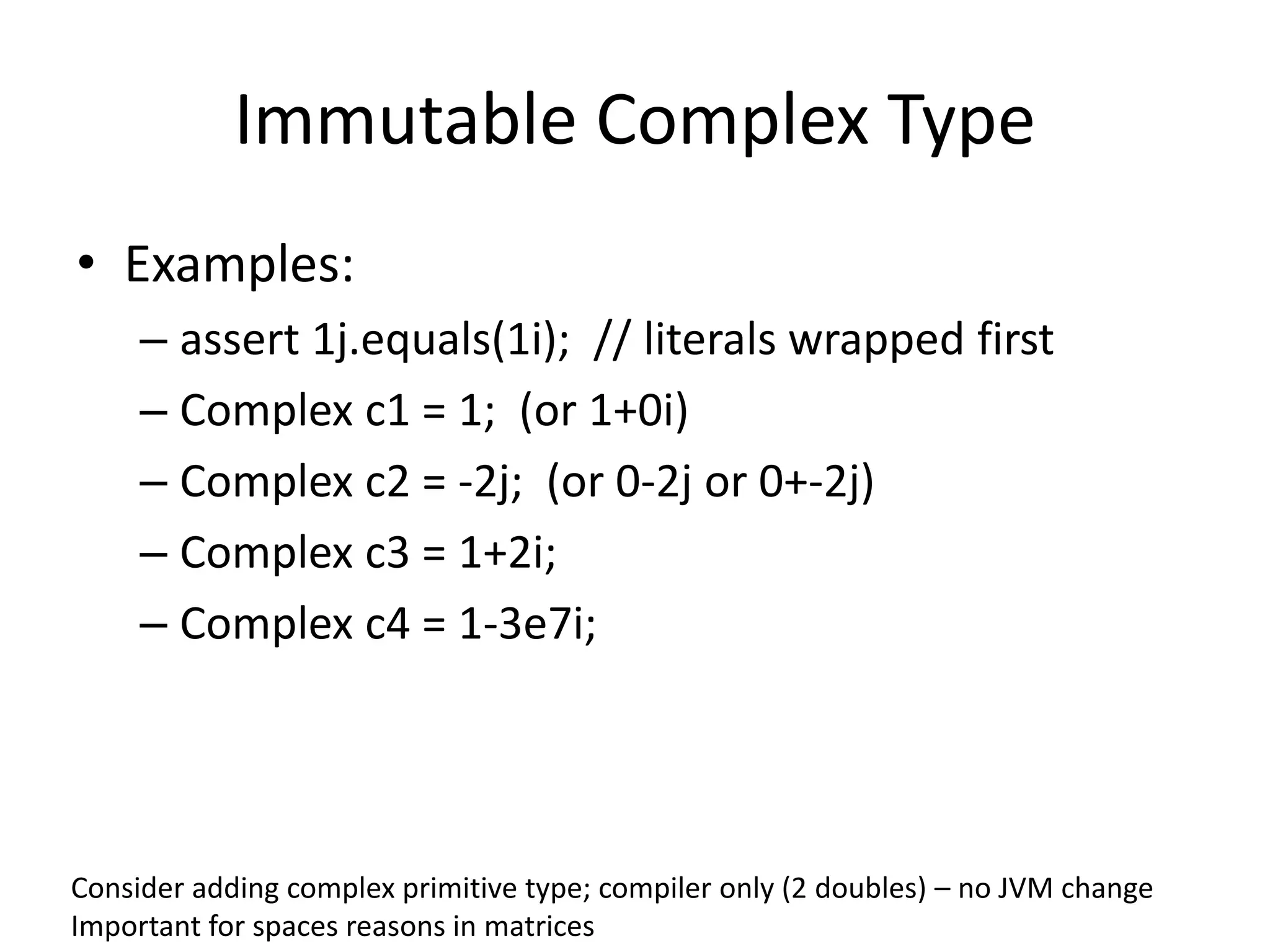
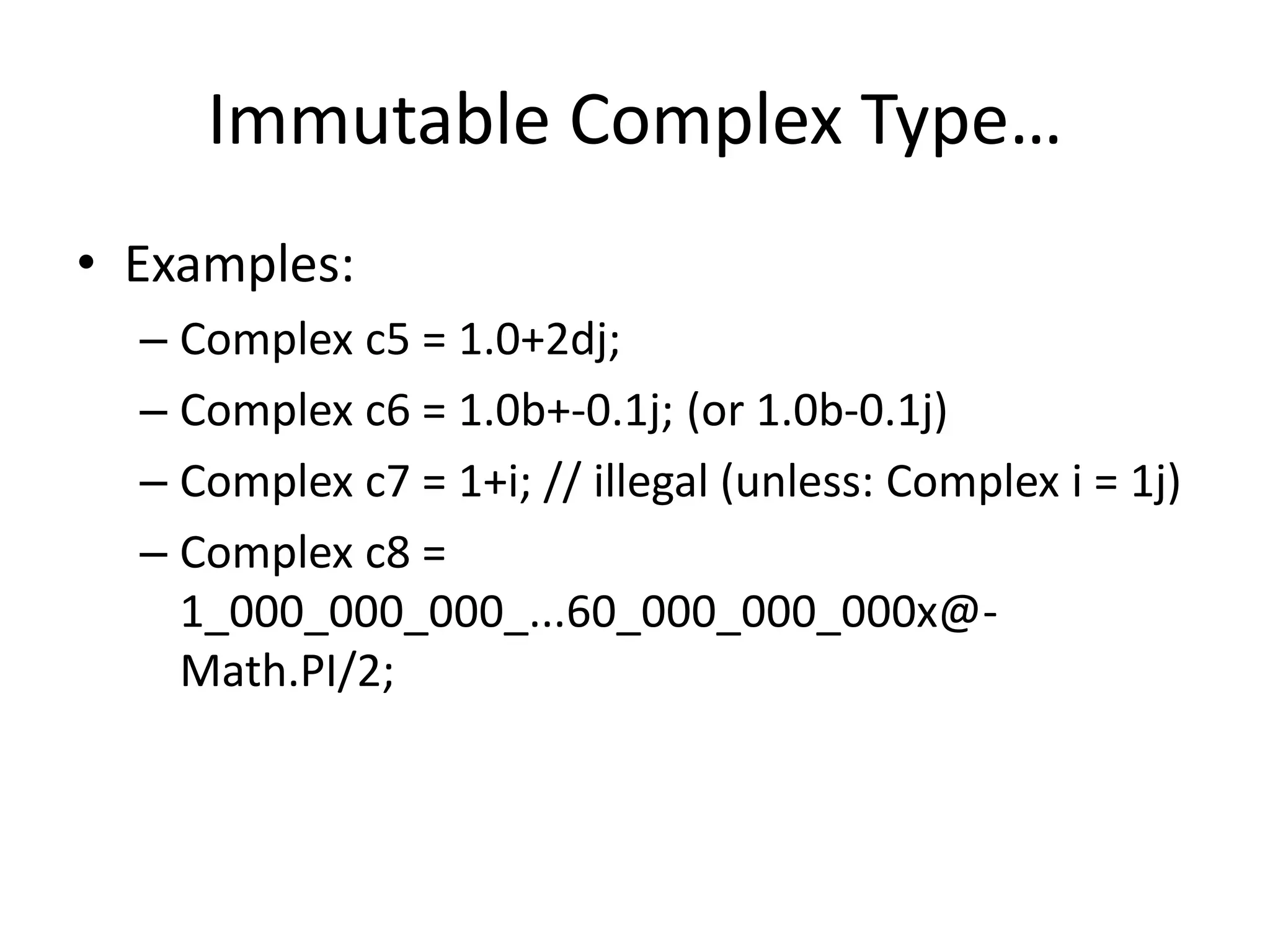
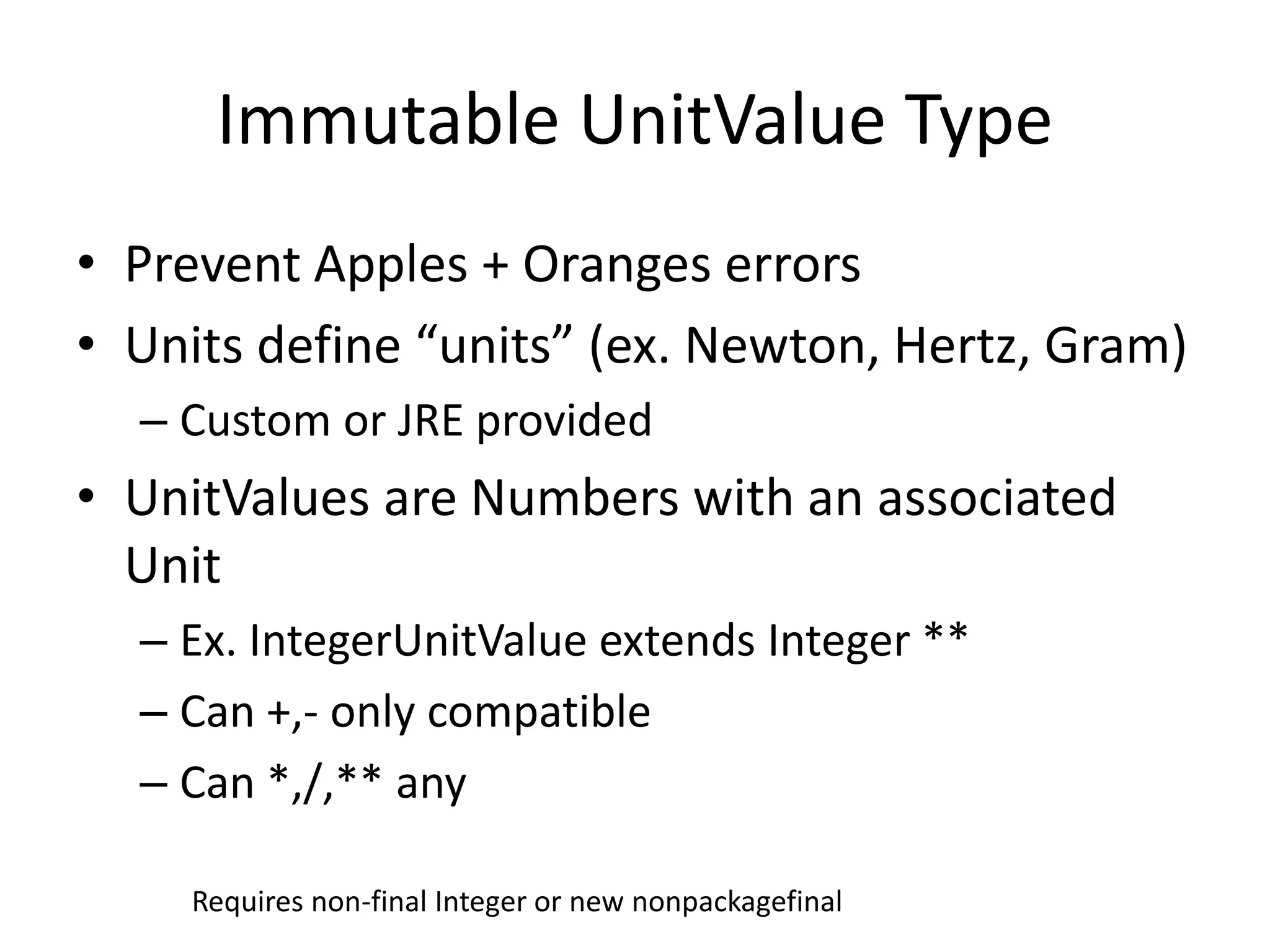
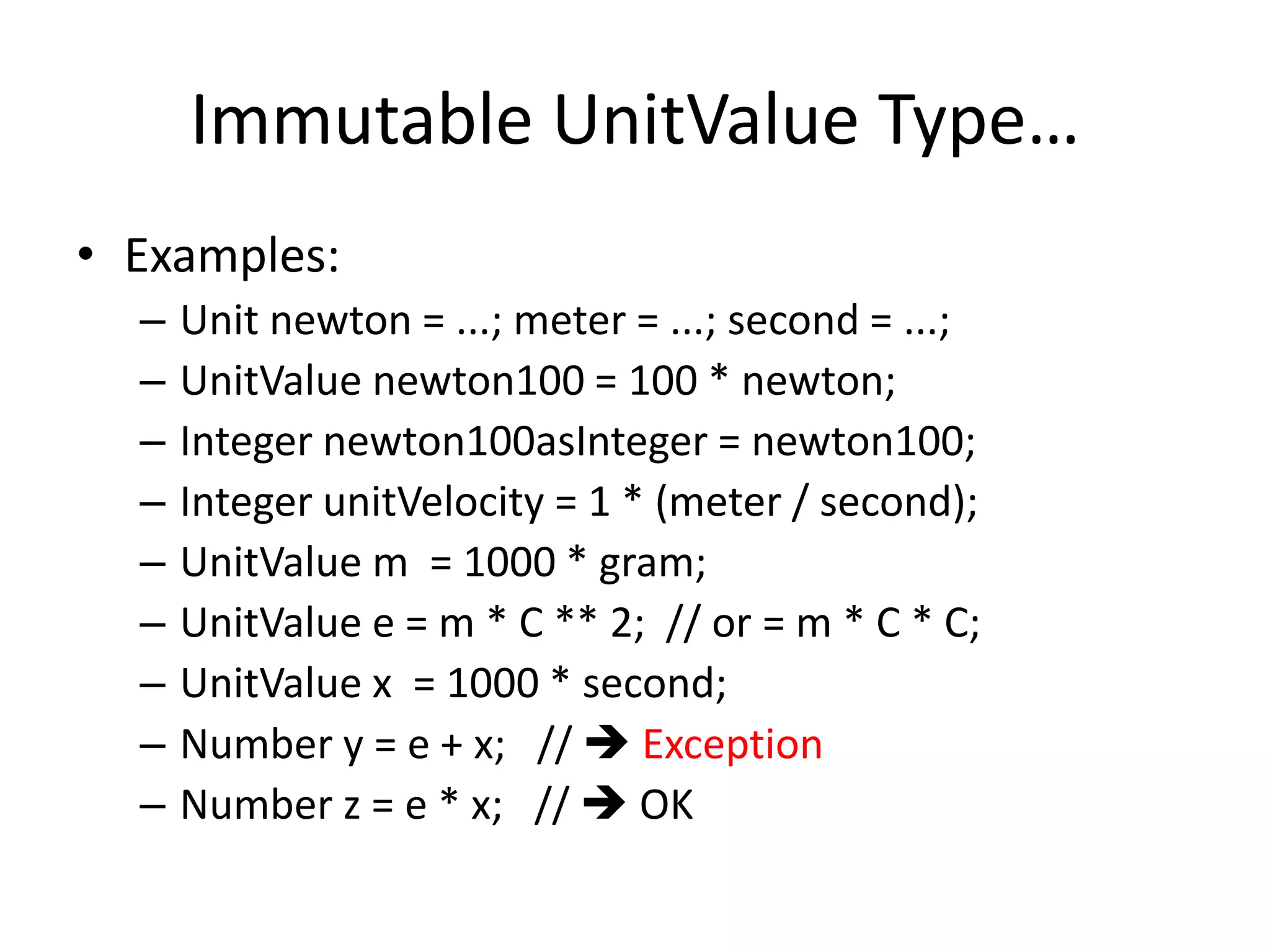
![Packed Matrix Type
• 3-dimensional [N, M, L] Matrix example
– N * M * L cells
• View on Matrix
• View on View
• Can also view as
array
(1 dimension
N * M * L long)
• Can update through
view
• Bit, primitive, ref
Ignore labels
From http://www.altera.com/technology/system-design/articles/2013/scanned-radar-signal-processing.html](https://image.slidesharecdn.com/potentialjavajsritems-141021122623-conversion-gate02/75/Proposals-for-new-function-in-Java-SE-9-and-beyond-71-2048.jpg)
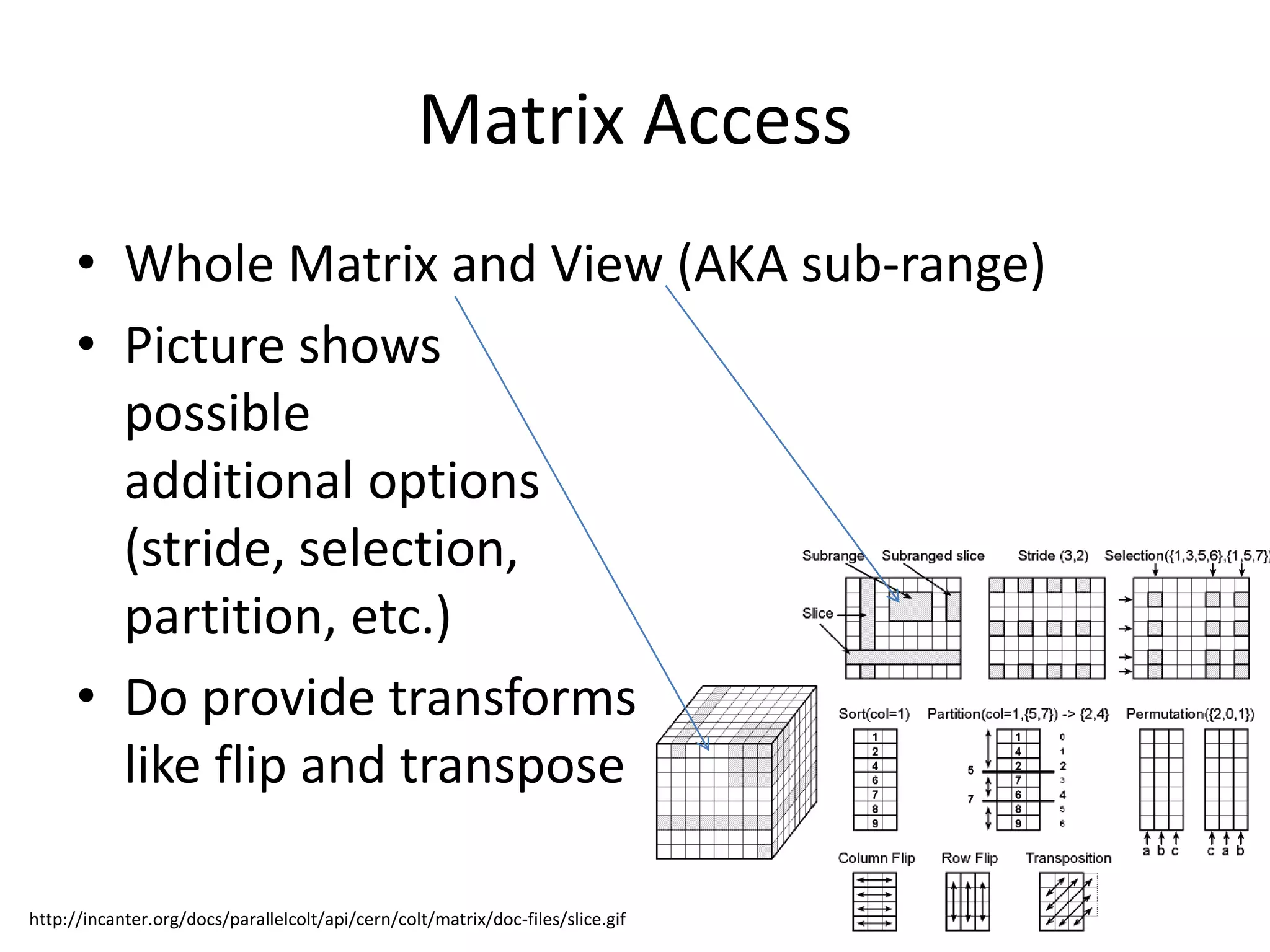
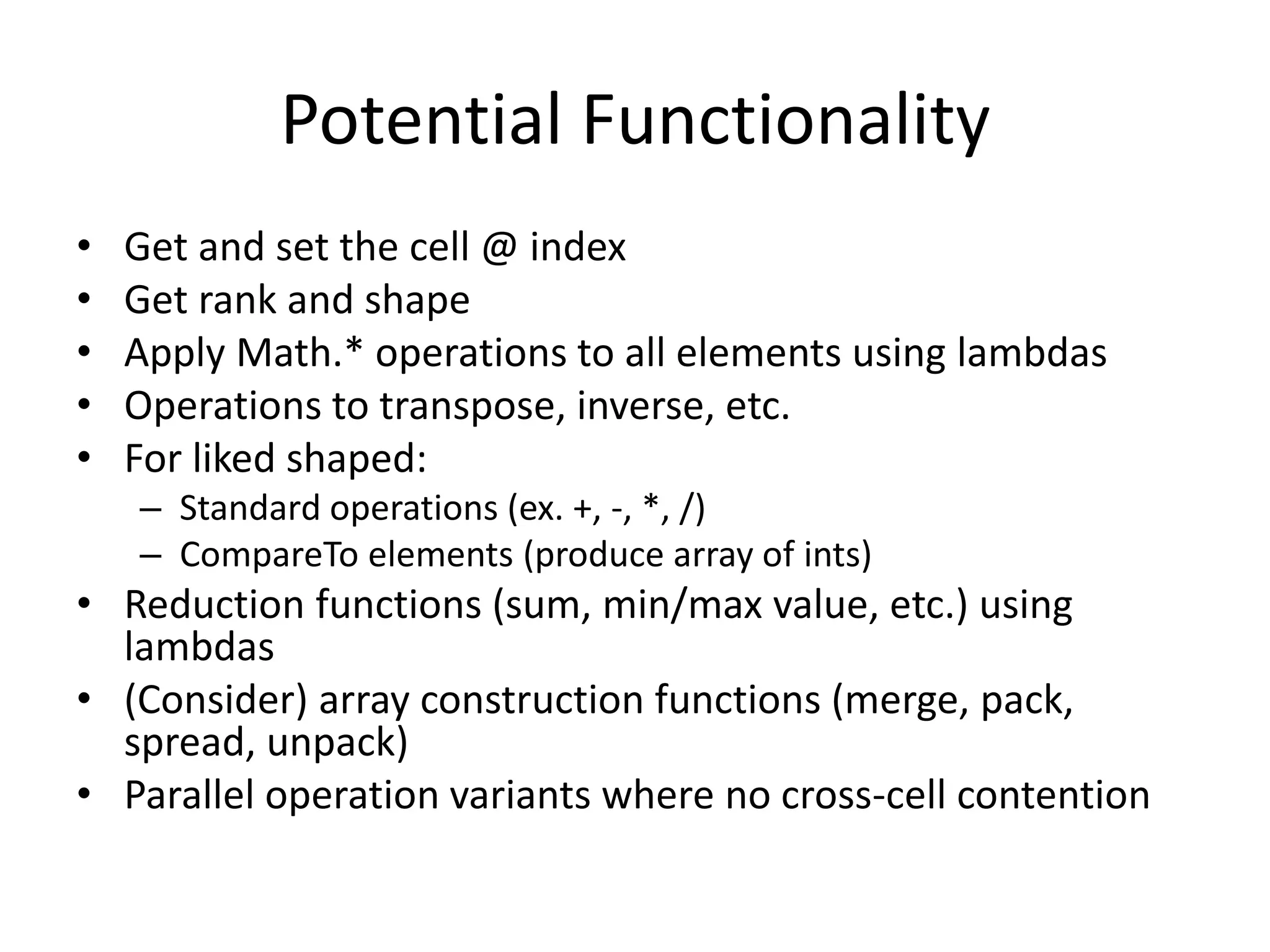
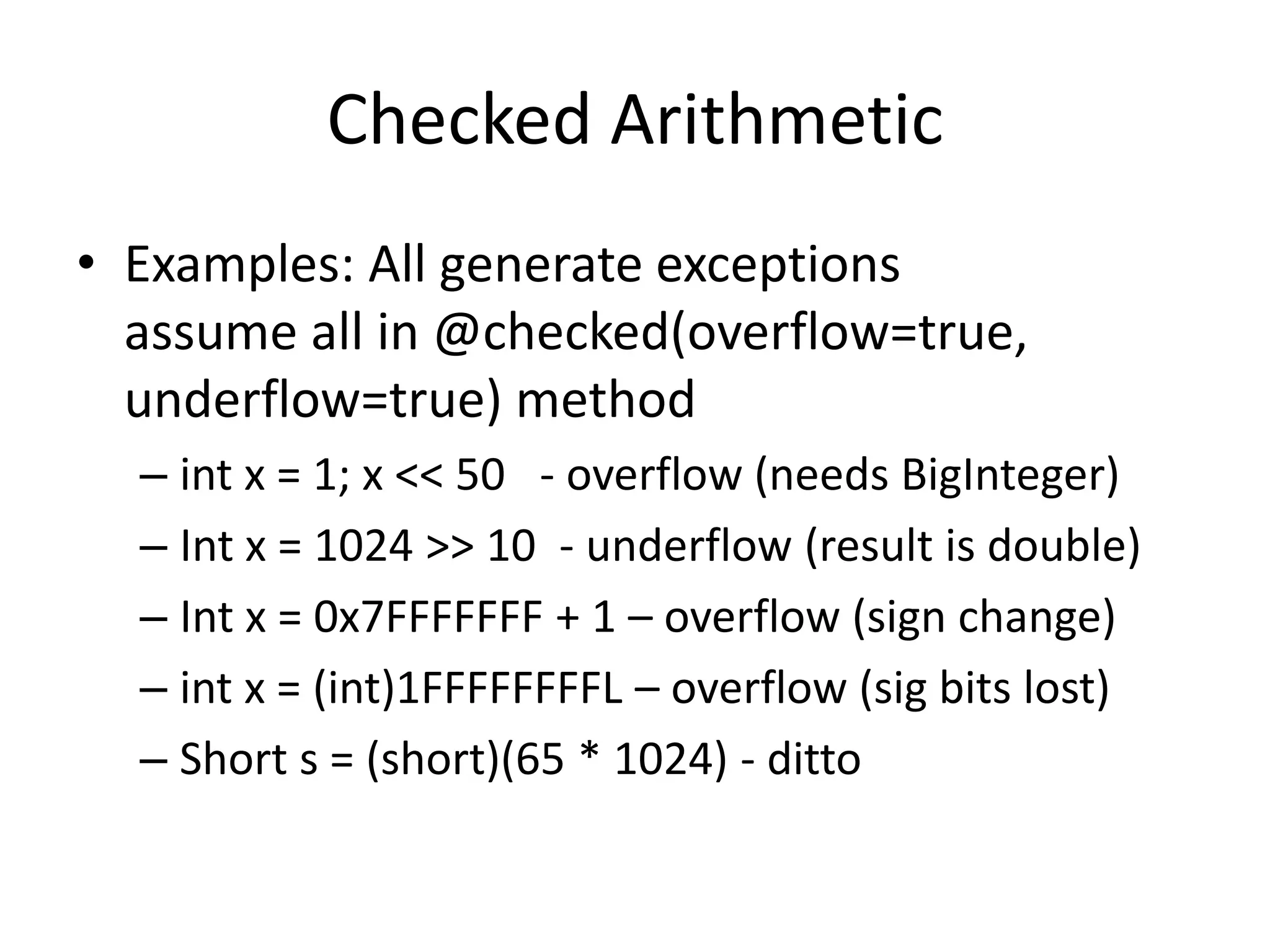
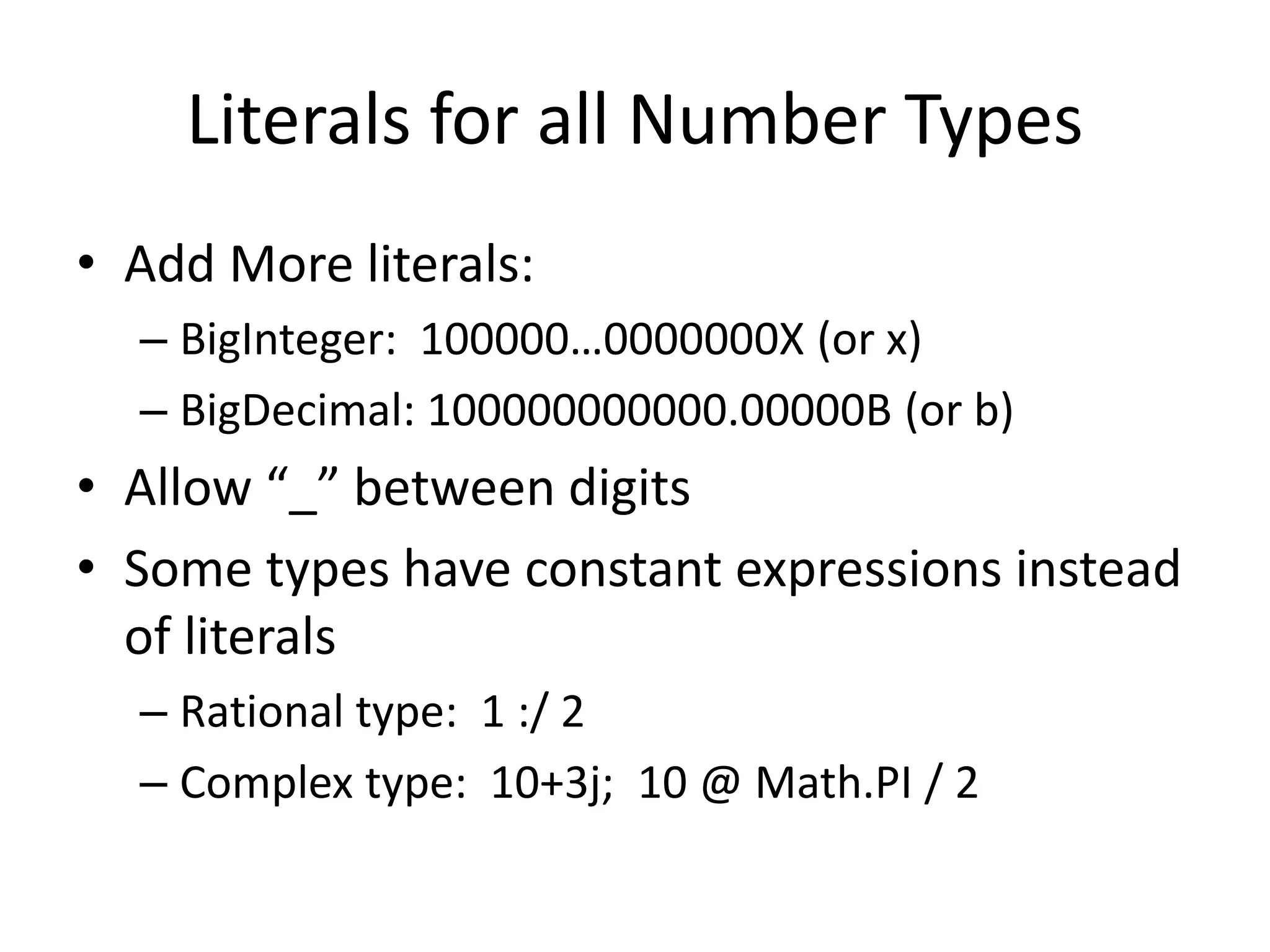
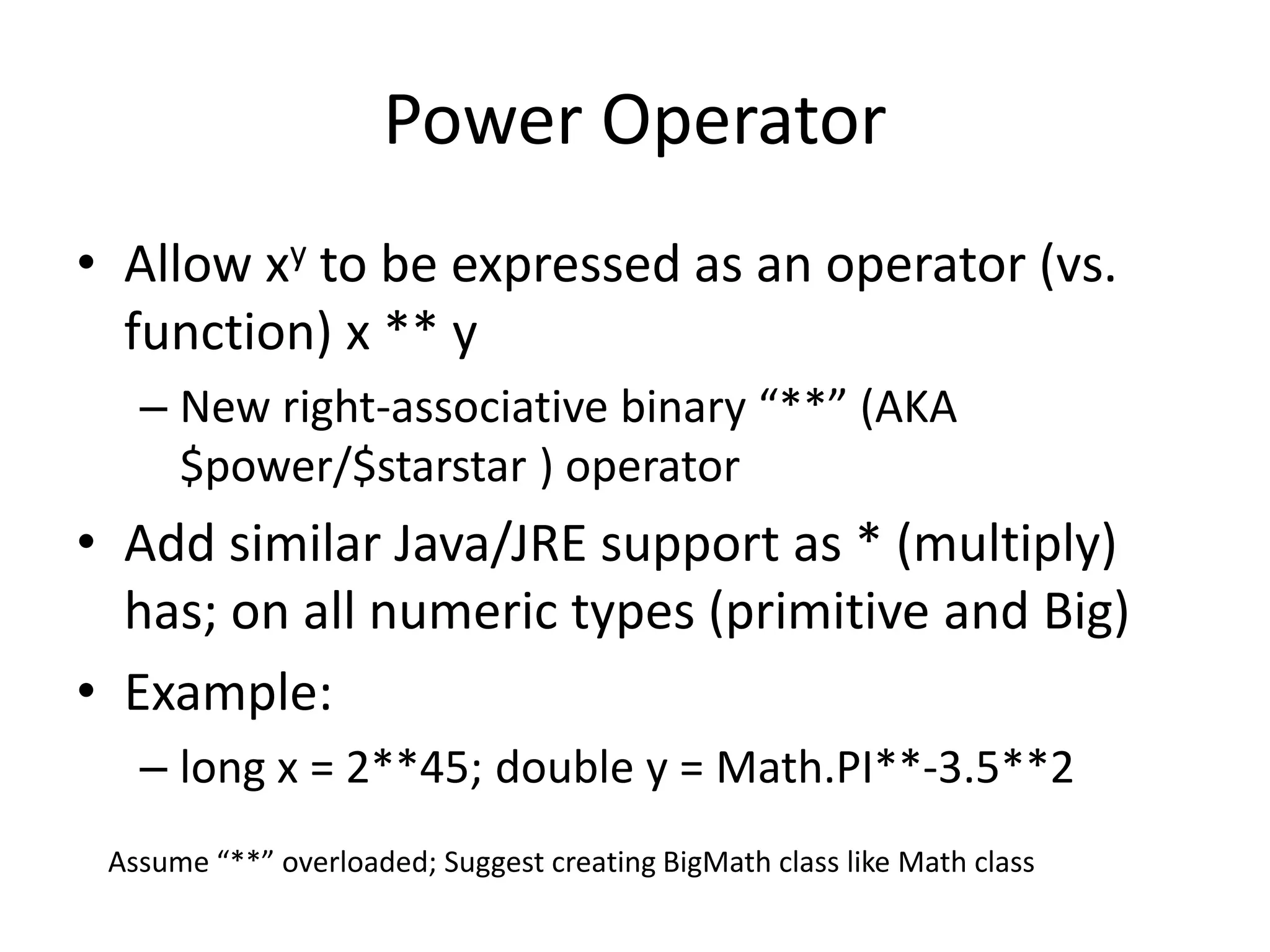
![“As” Type Testing
• Example:
• String s = “…”; Object o = new Integer(5);
• assert as(String.class, s) == s;
• assert as(Integer.class, s) == null;
• assert as(Integer.TYPE, s) == null;
• assert as(Integer[].class, o) == o;
• as(Integer[].class, o,
n -> System.out.printf(
“%d%n”, n[0]) );
static <T> Object.as(T type, Object v, { lambda })
Interface Castable<T>; T castTo(Class<T>)](https://image.slidesharecdn.com/potentialjavajsritems-141021122623-conversion-gate02/75/Proposals-for-new-function-in-Java-SE-9-and-beyond-77-2048.jpg)
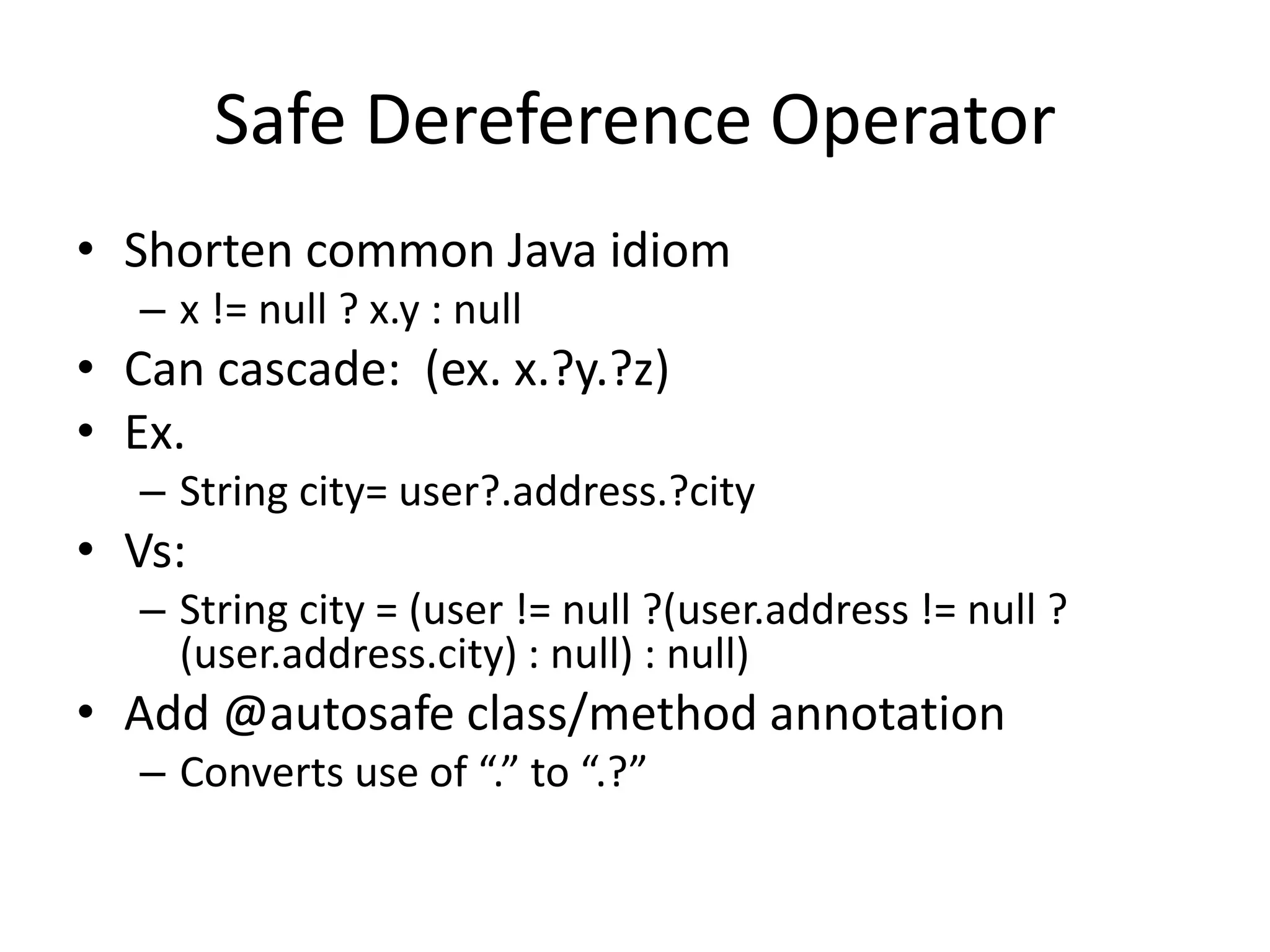
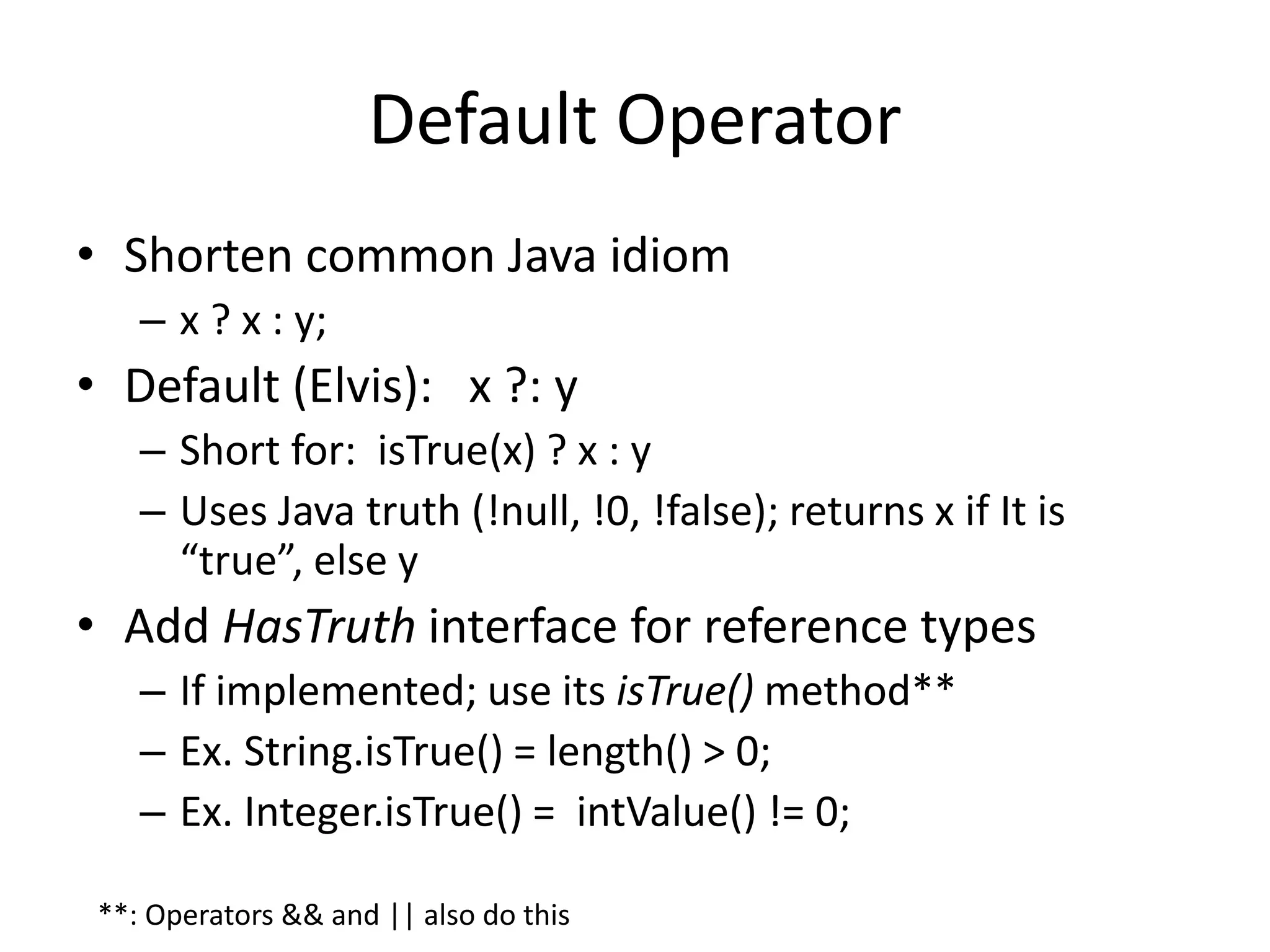
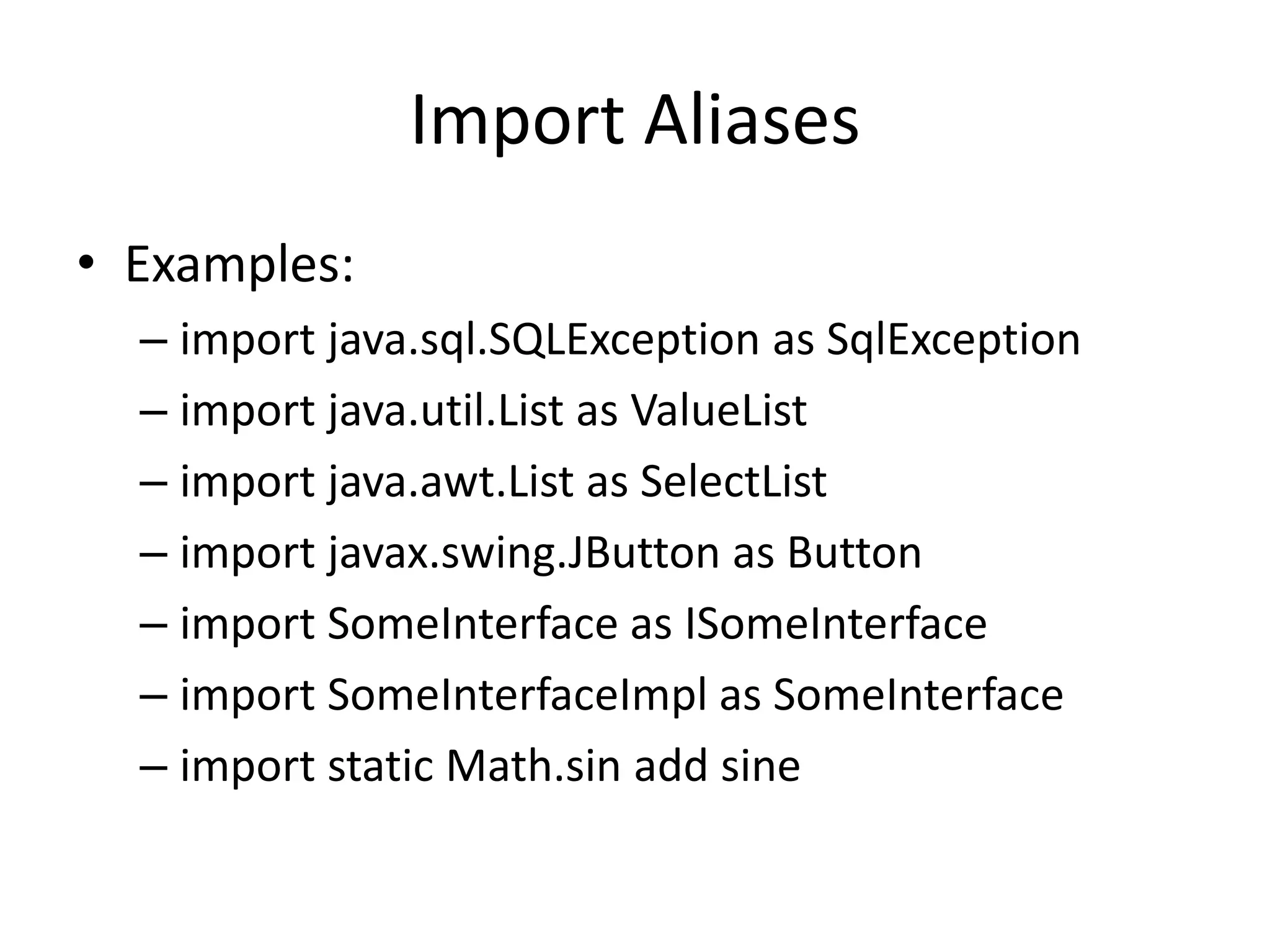
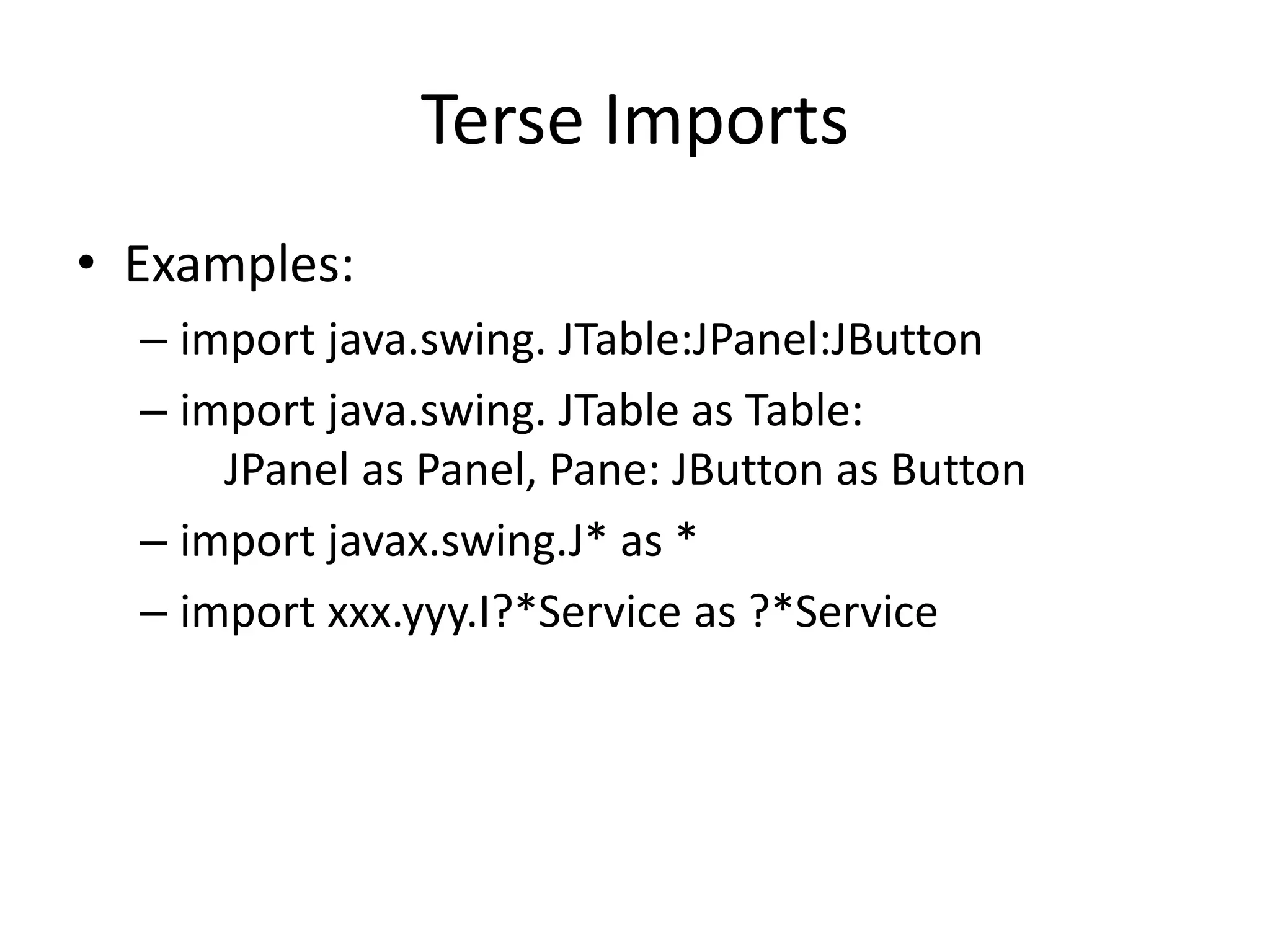
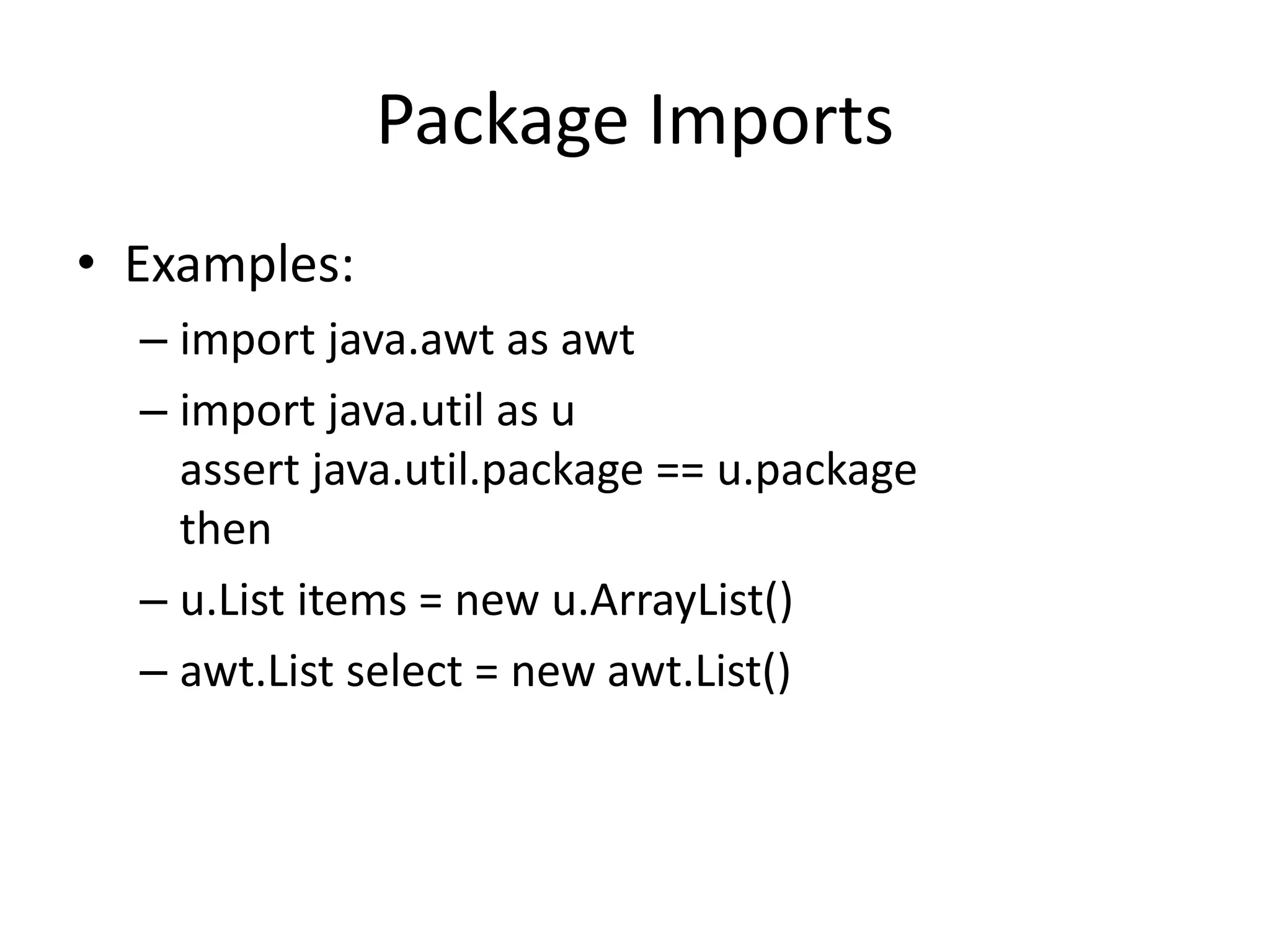
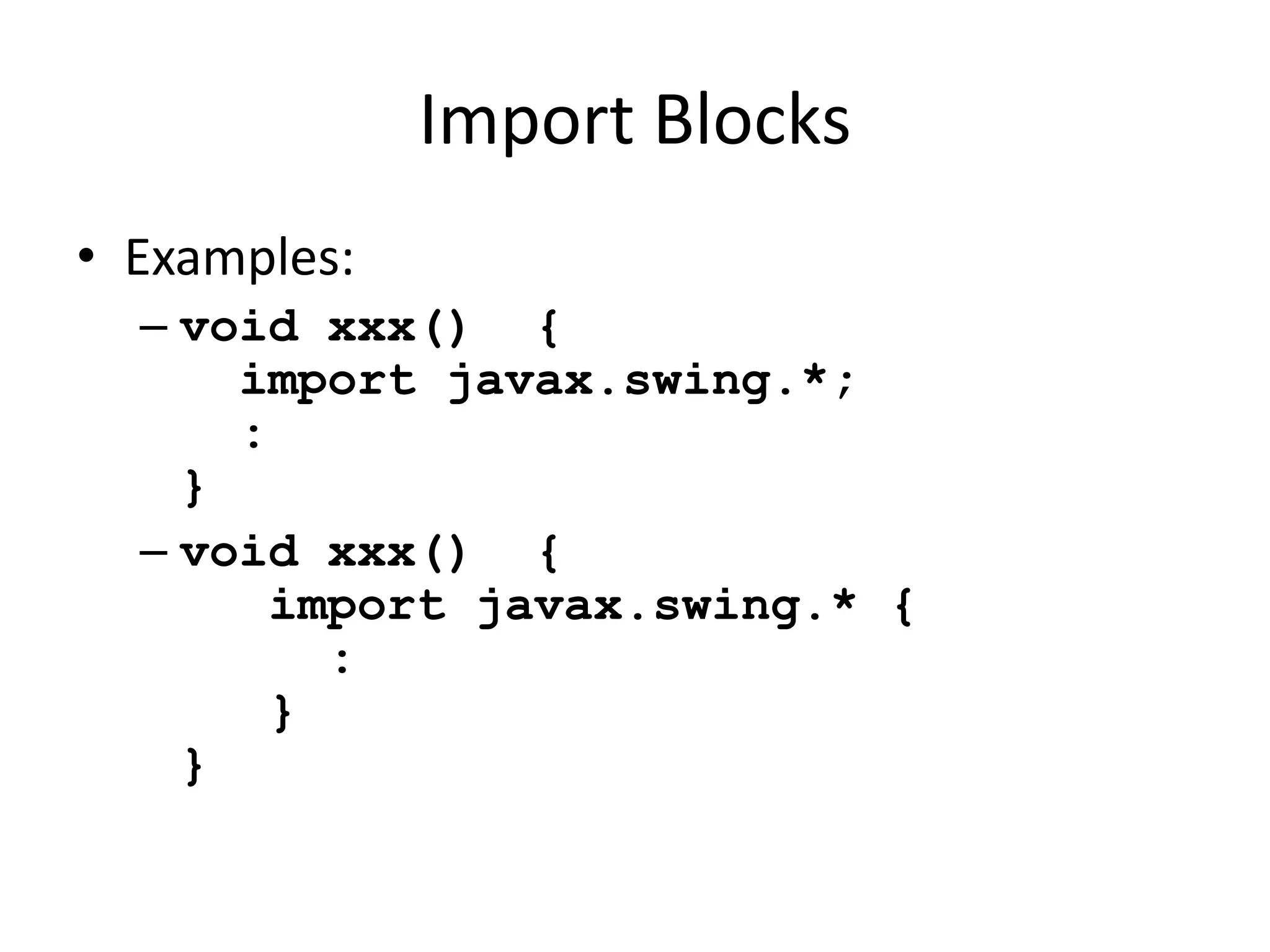
![Type Aliases
• Examples:
– typealias java.util.StringBuilder as SB
assert StringBuilder.class == SB.class
– typealias String as string
– typealias String[] as strings
– typealias java.math.BigDecimal as decimal
– Typealias boolean as bool
– typealias java.sql.SQLException as SqlException
– typealias HashMap<? Extends CharSequence, ?
Extends CharSequence> as SeqToSeqMap](https://image.slidesharecdn.com/potentialjavajsritems-141021122623-conversion-gate02/75/Proposals-for-new-function-in-Java-SE-9-and-beyond-84-2048.jpg)
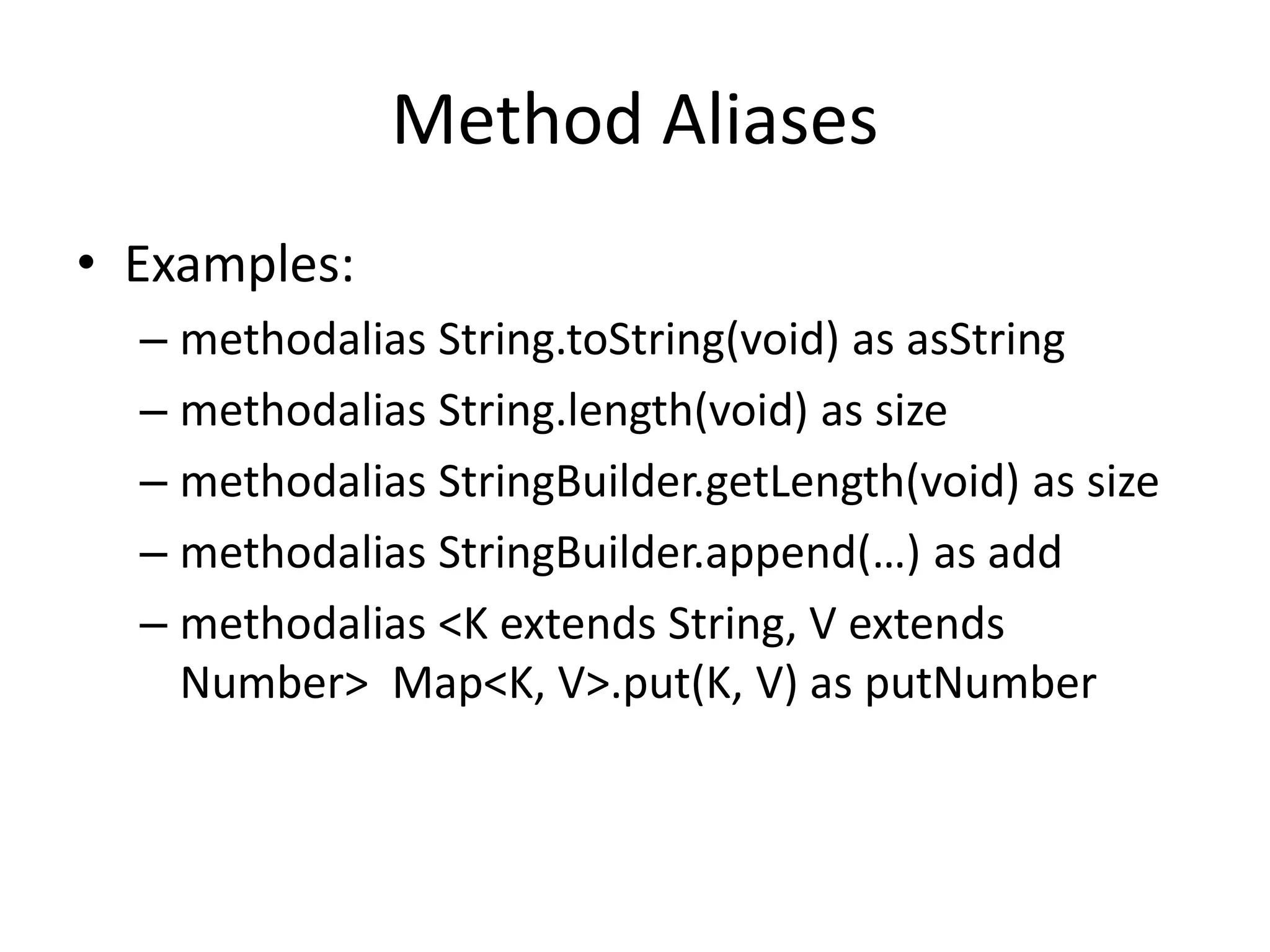
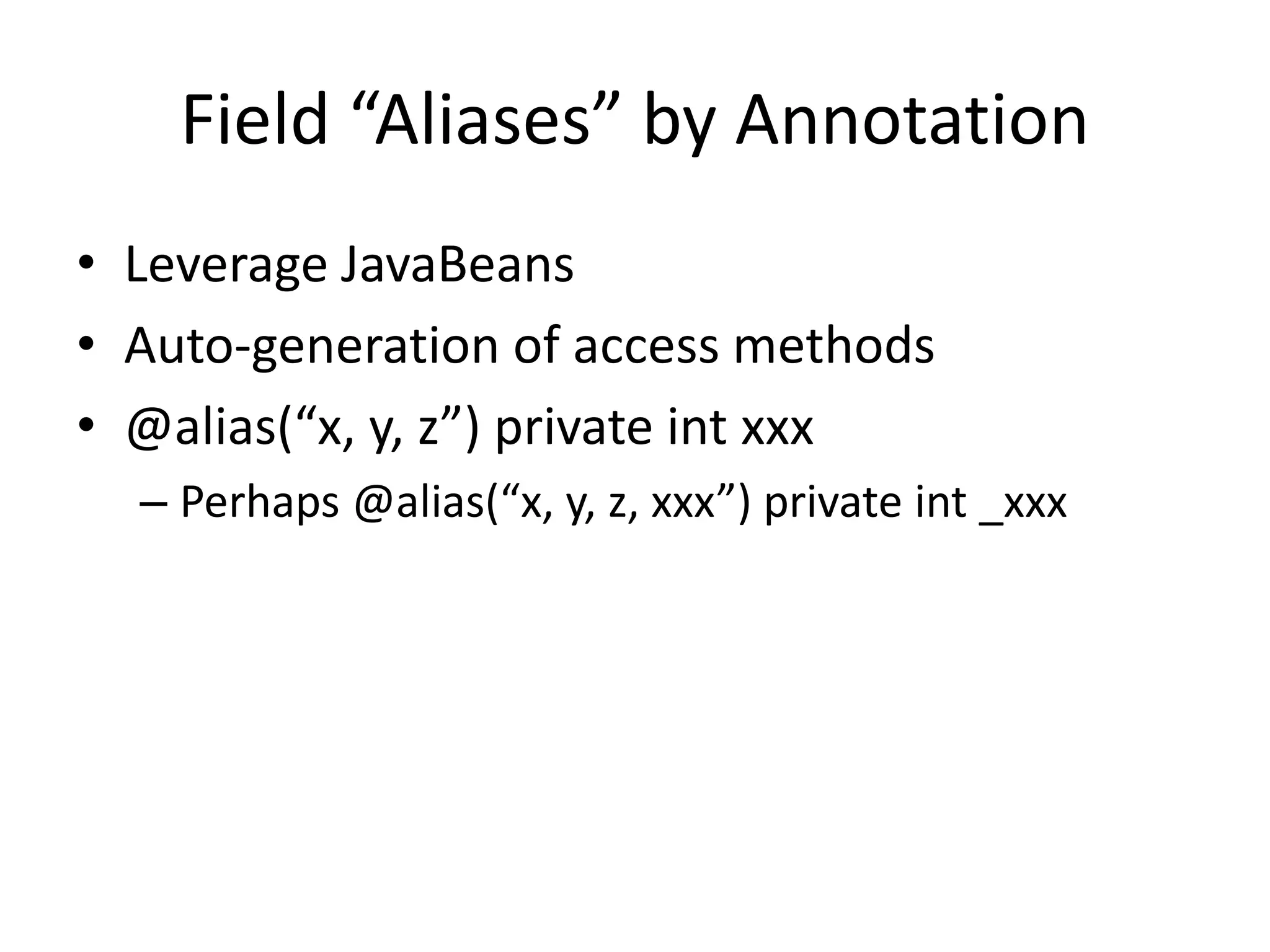
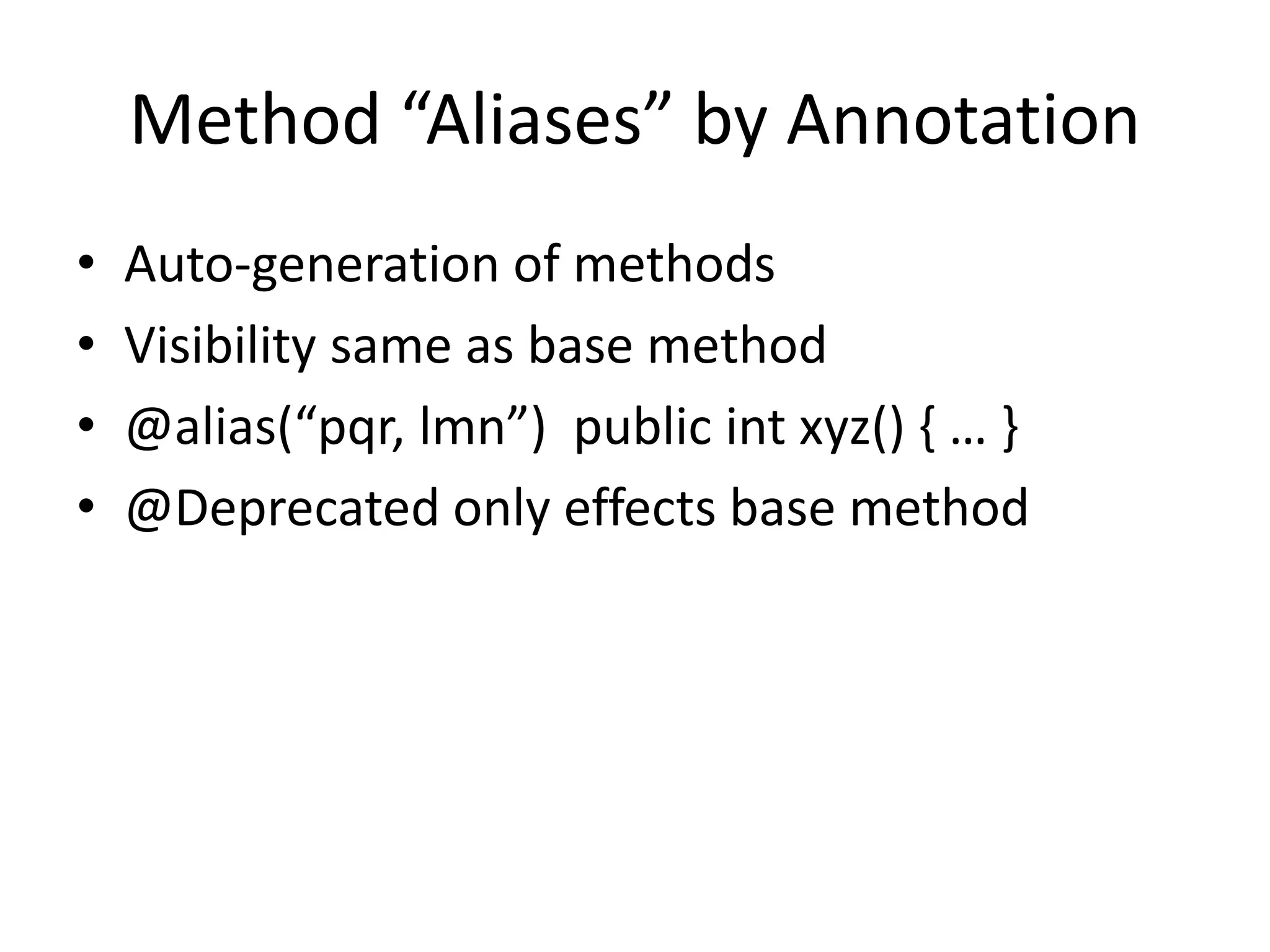
![Map/List Literals
• Java has array literals, it needs to add literals
for common collections
• List literal: [ <value>,… ]
• Map Literal : { <key>:<value>, … }
• Type is least common sub-type of key/value
• Literals can be passed to constructors to set
type (or cast to type)
– new ArrayList([1,2,3]) or (TreeMap){1:x,2:y,3:z}
May need to use #[…] and #{…} format](https://image.slidesharecdn.com/potentialjavajsritems-141021122623-conversion-gate02/75/Proposals-for-new-function-in-Java-SE-9-and-beyond-88-2048.jpg)
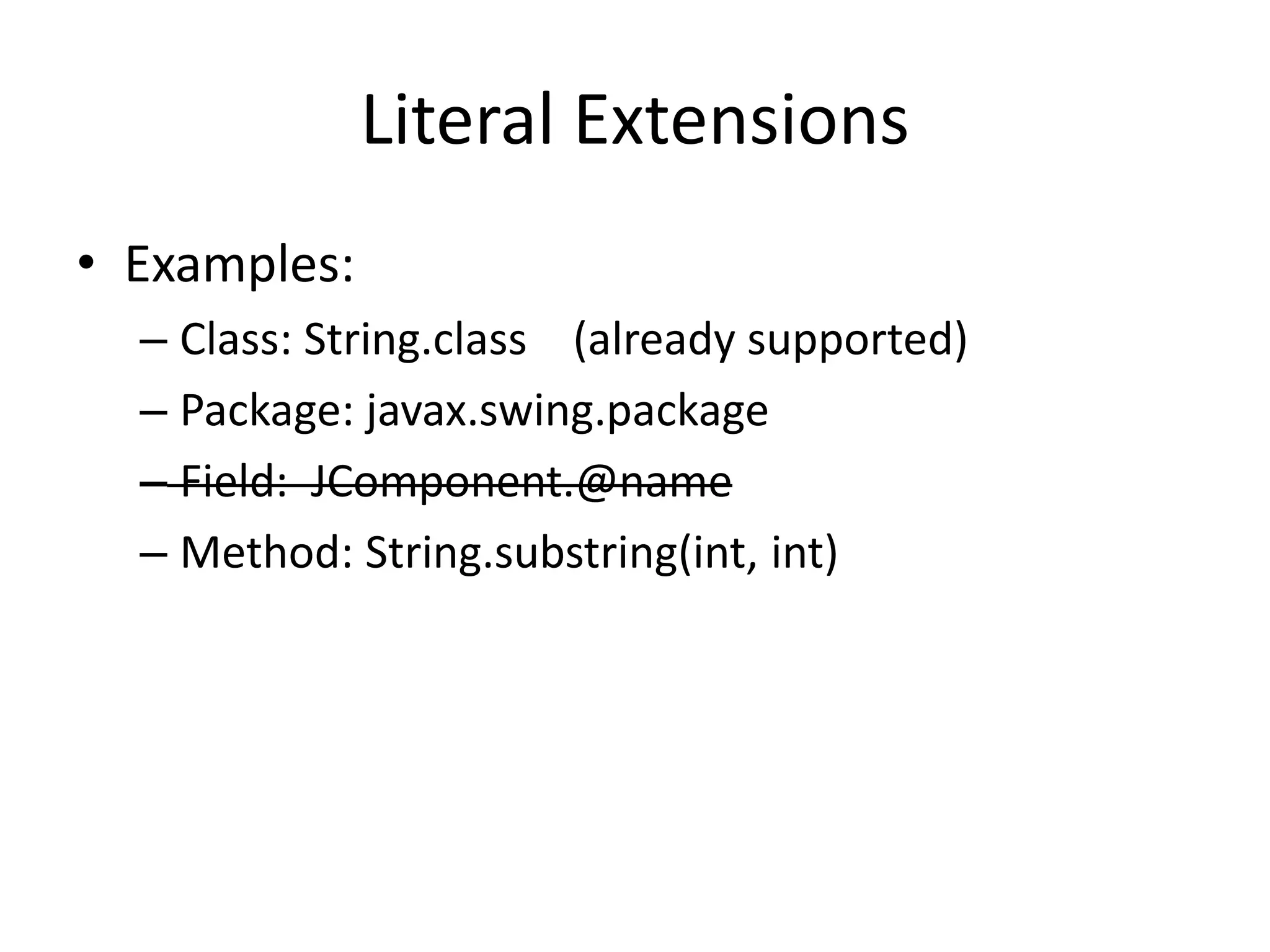
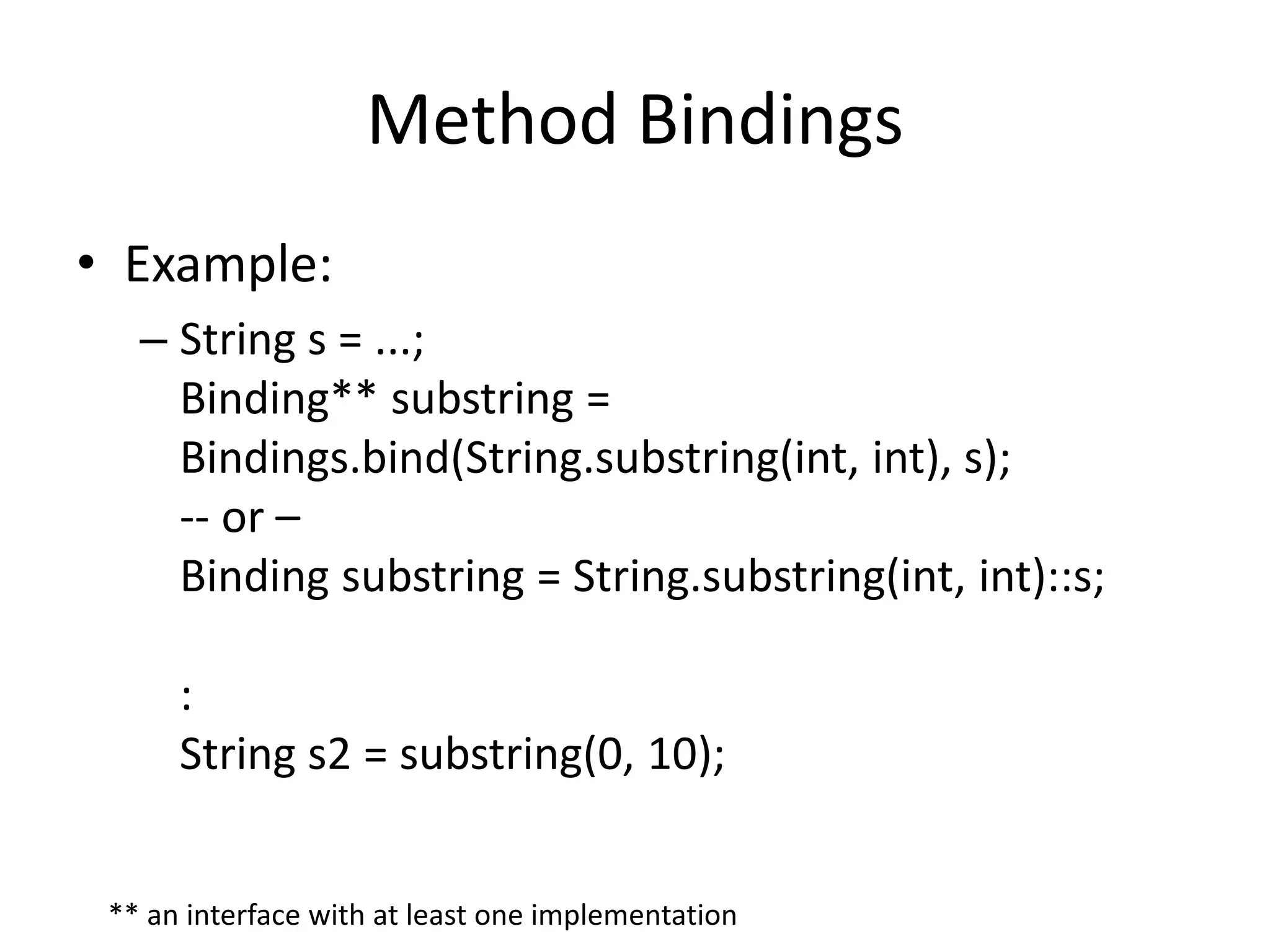
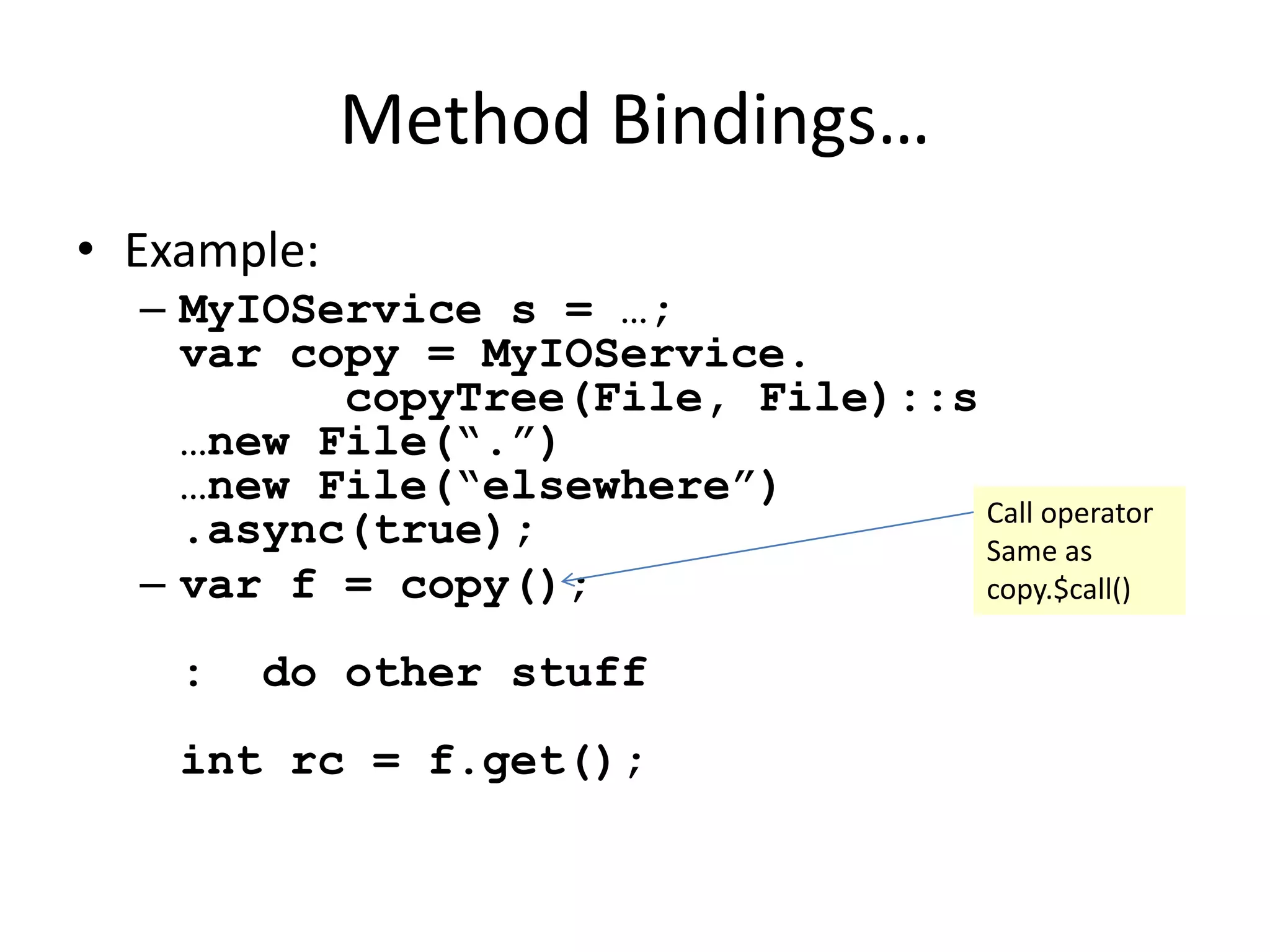
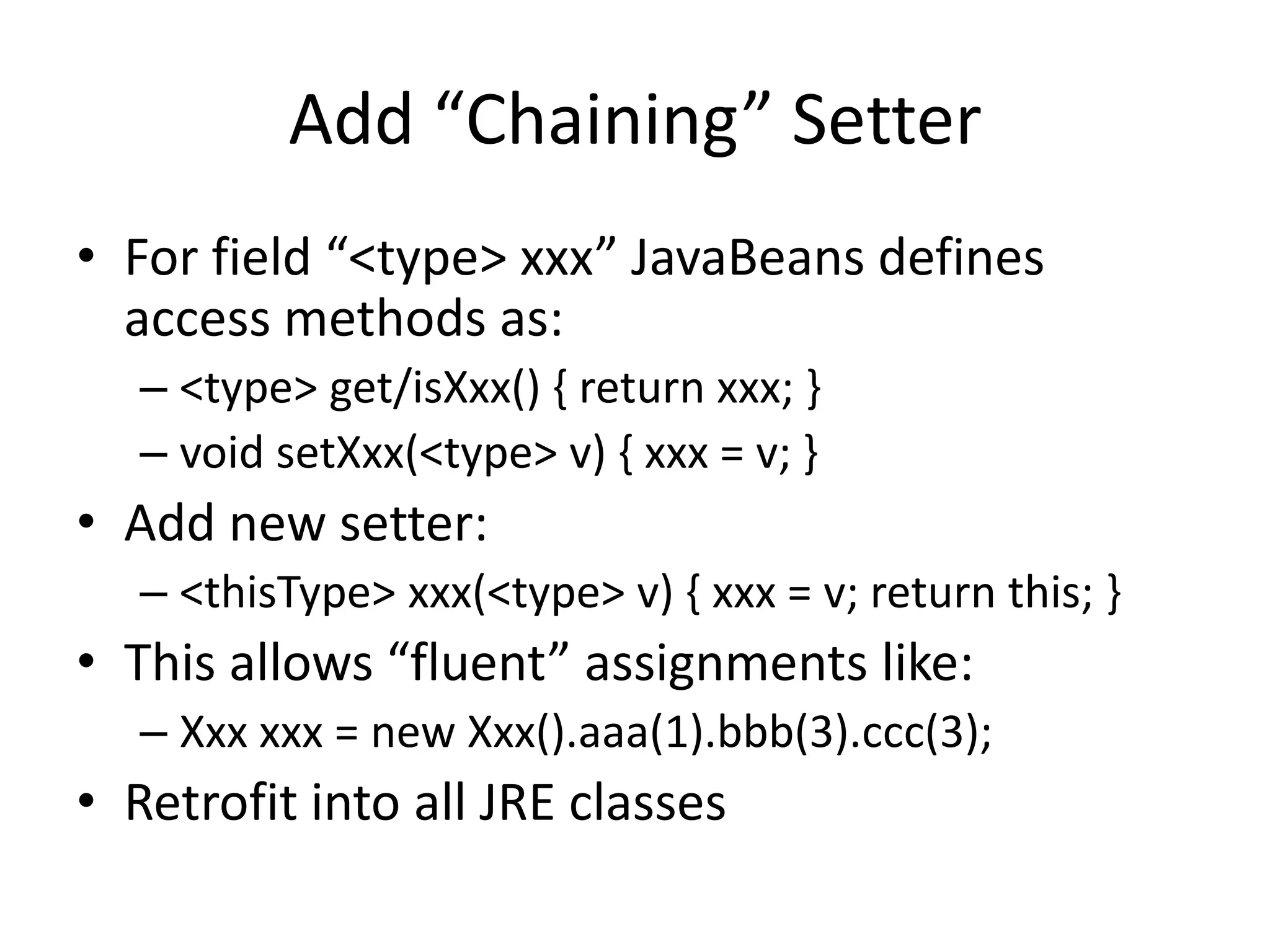
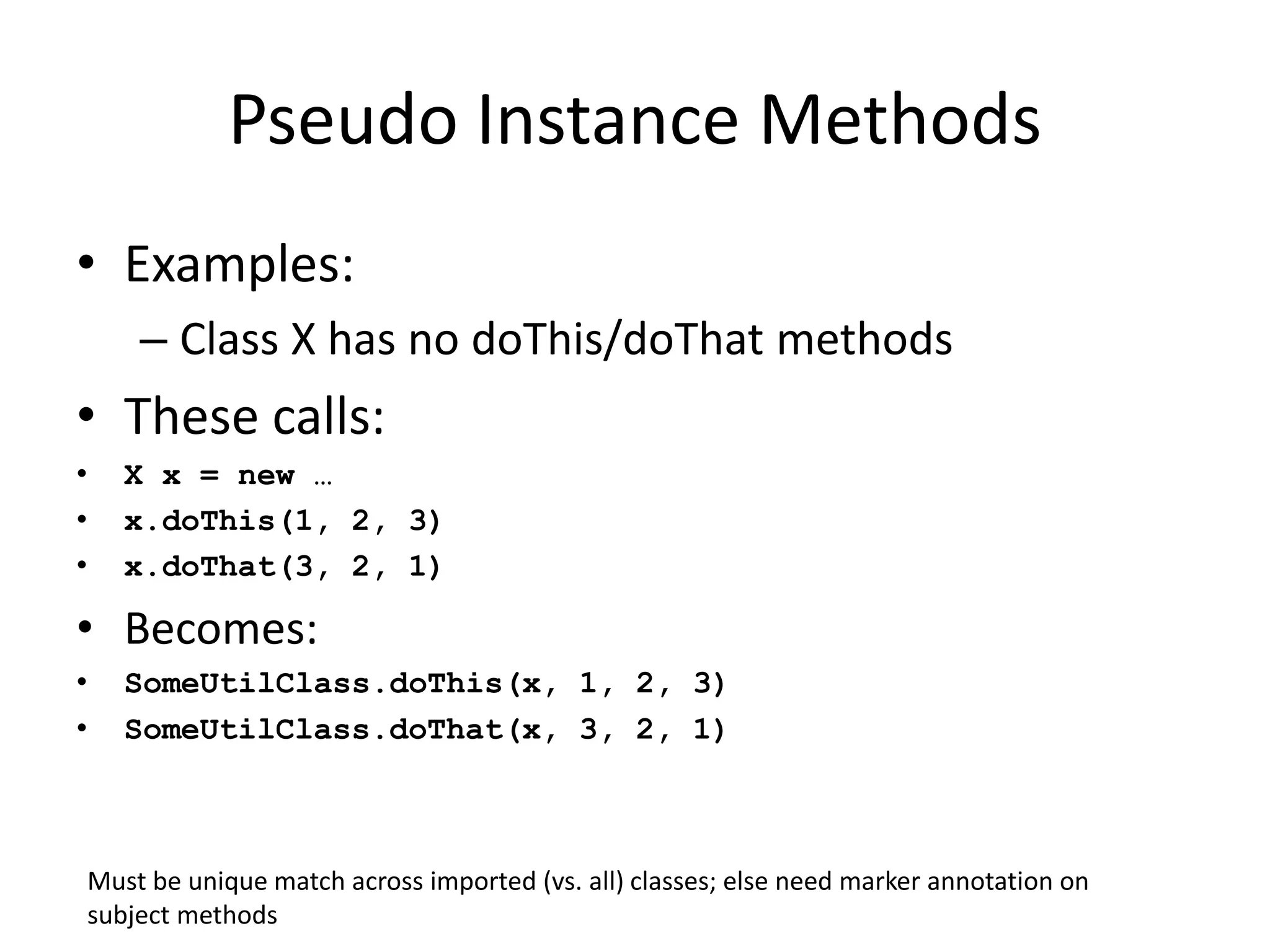
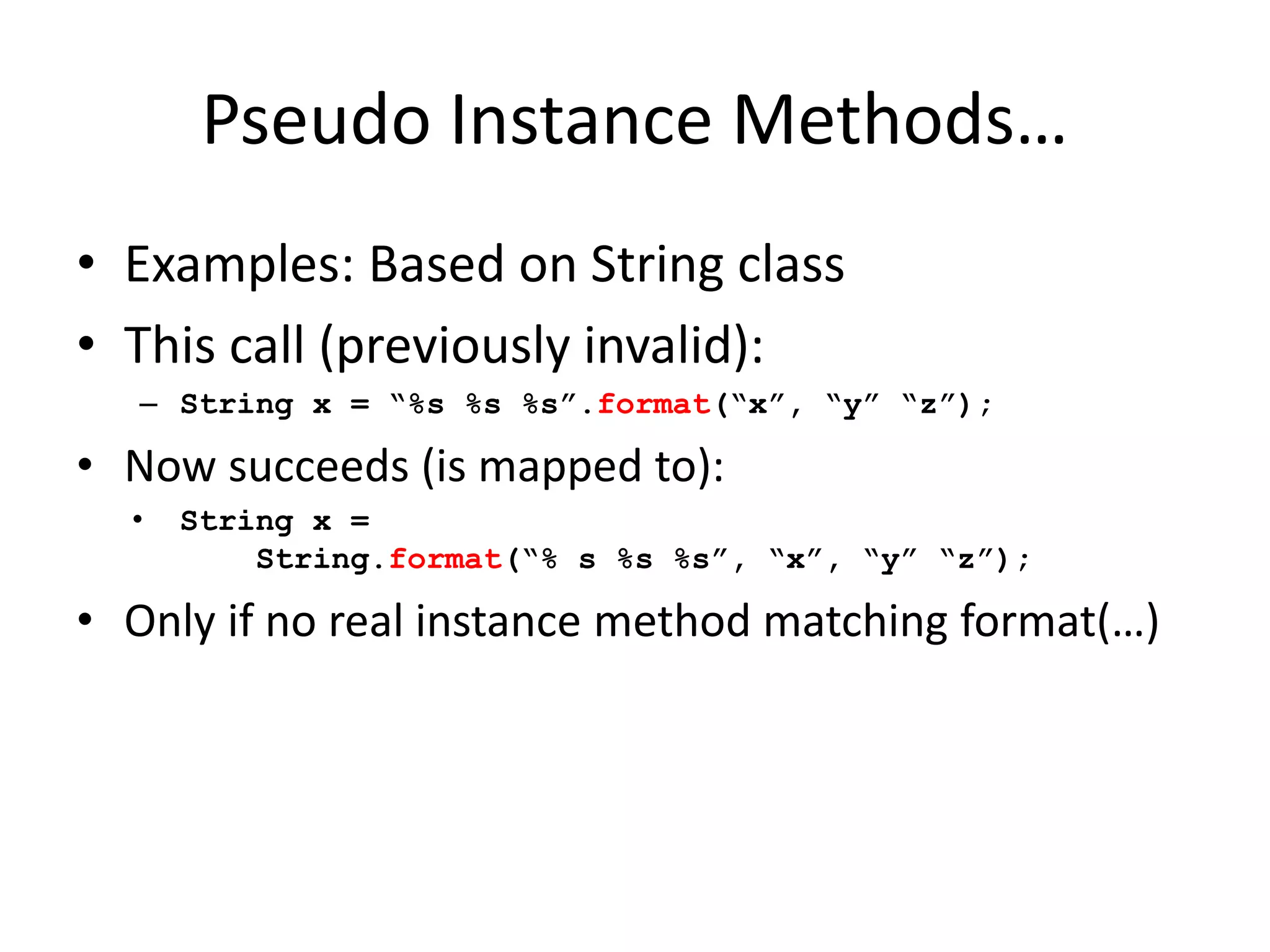
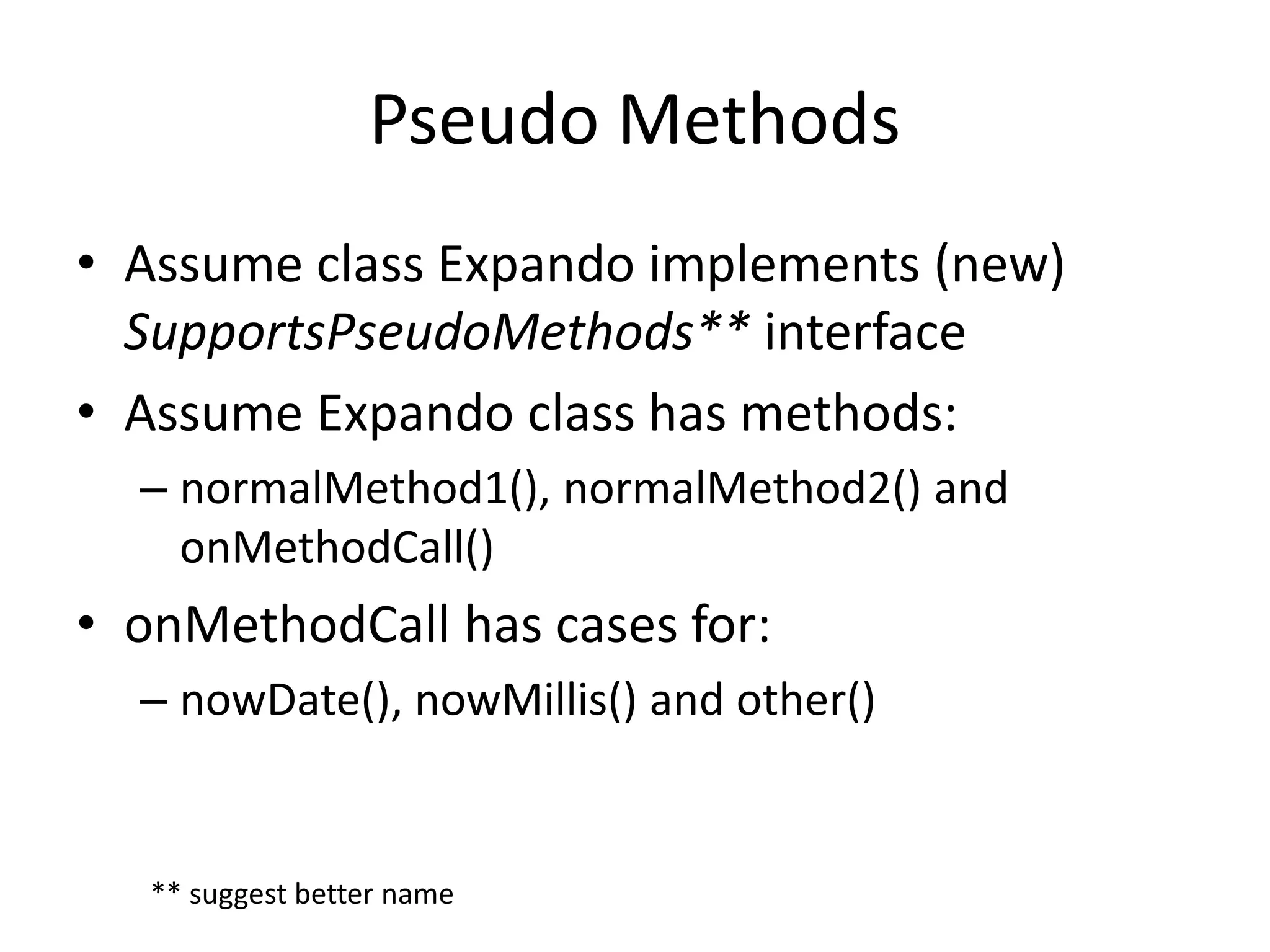
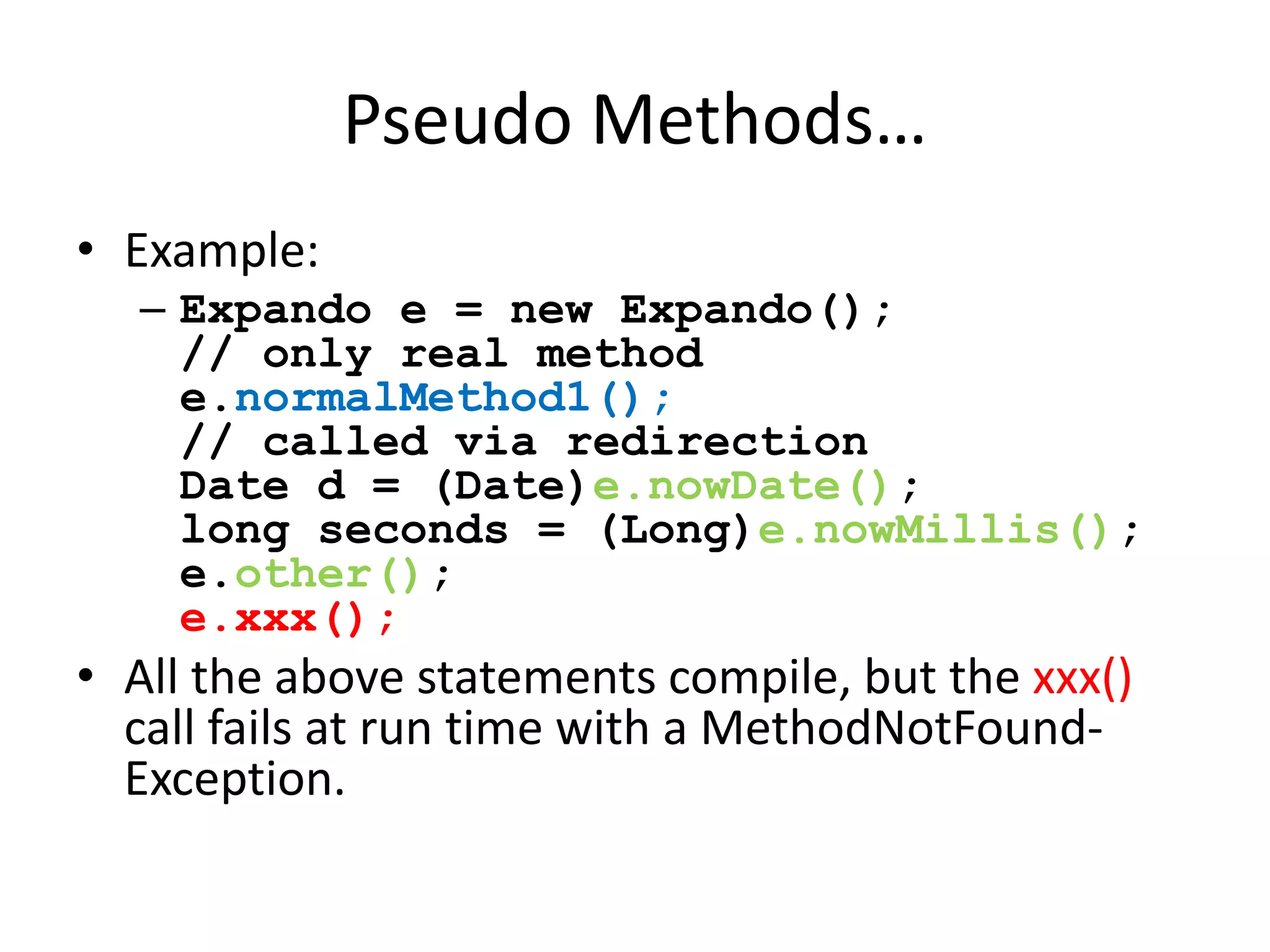
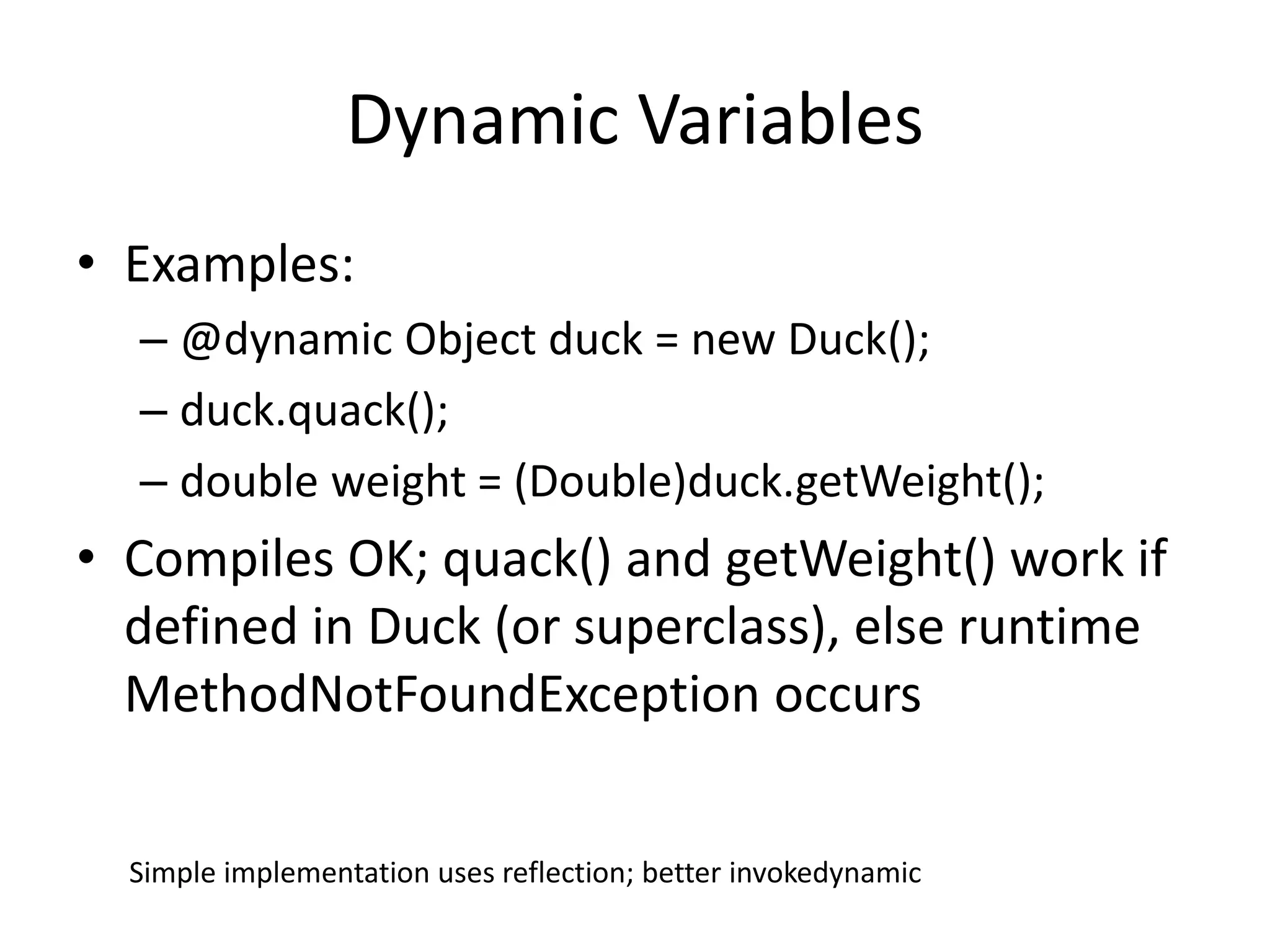
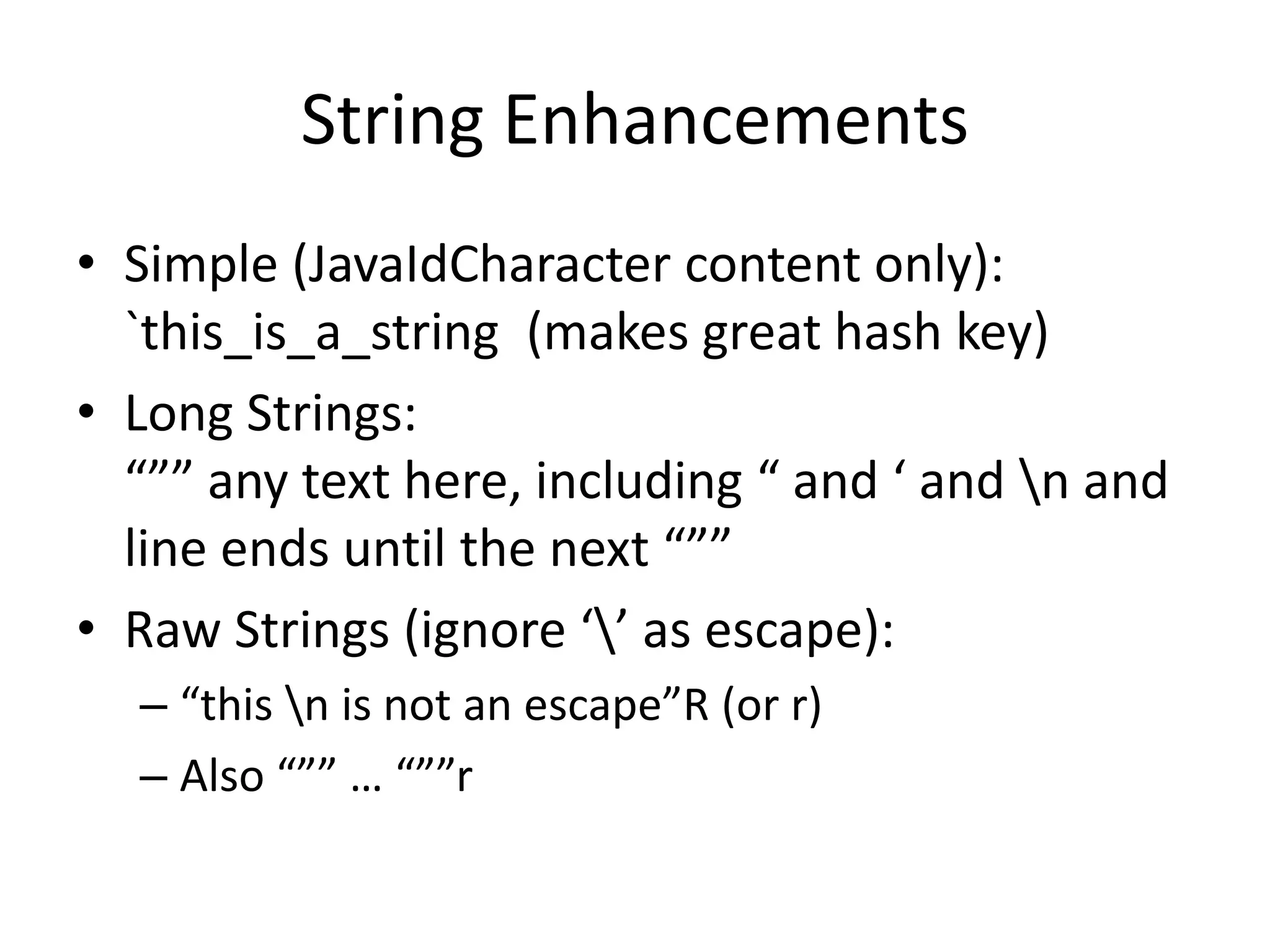
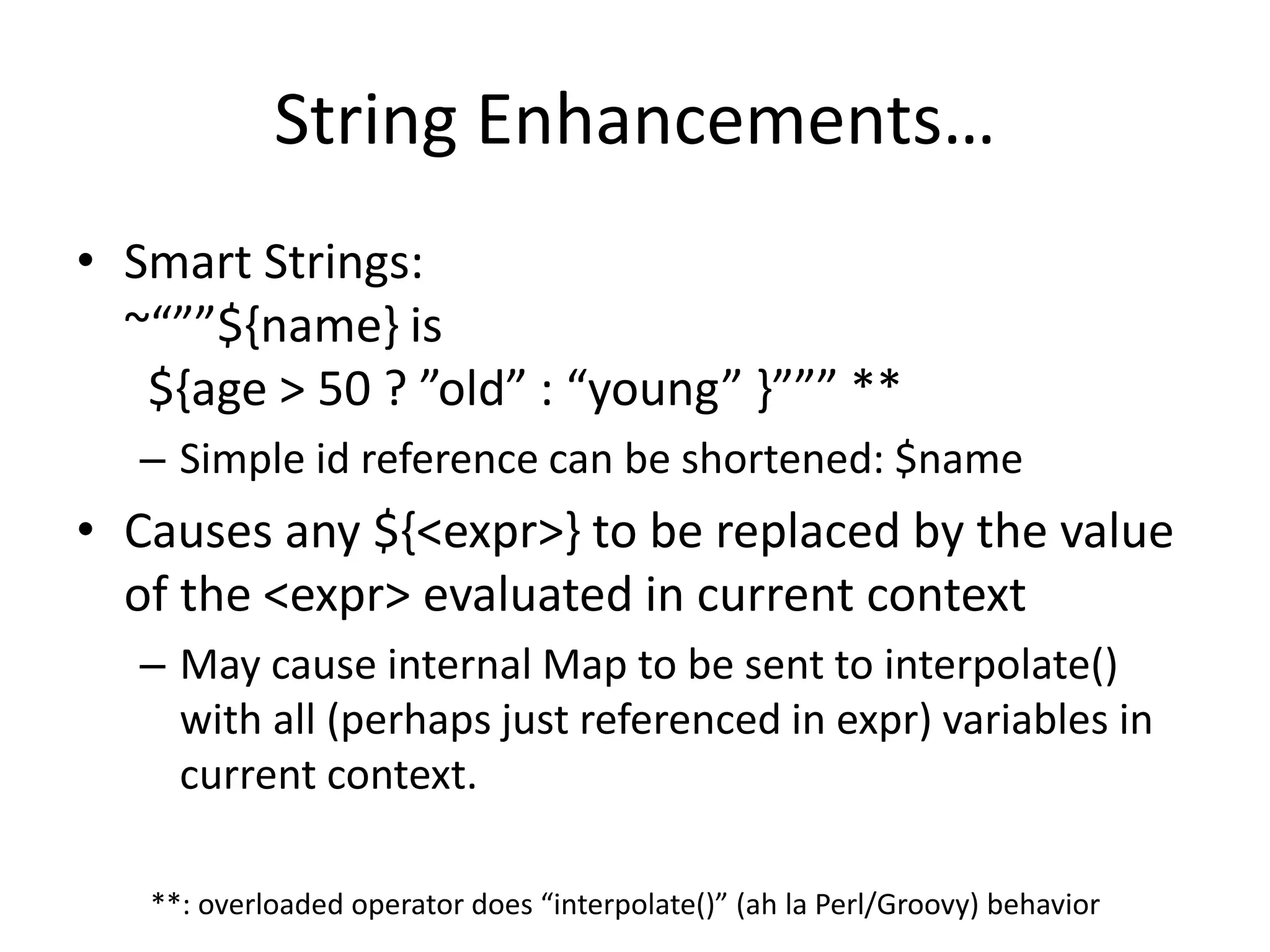
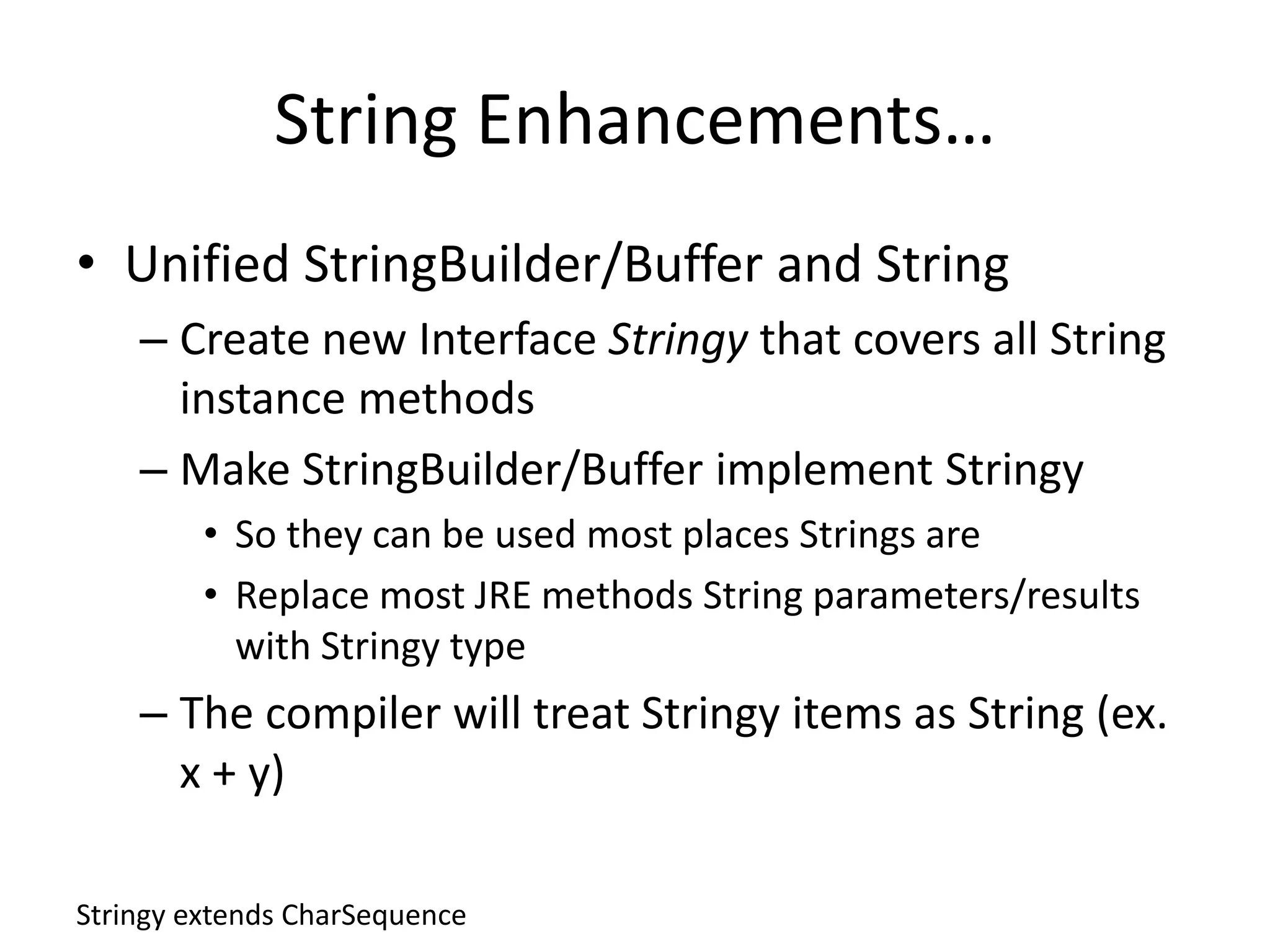
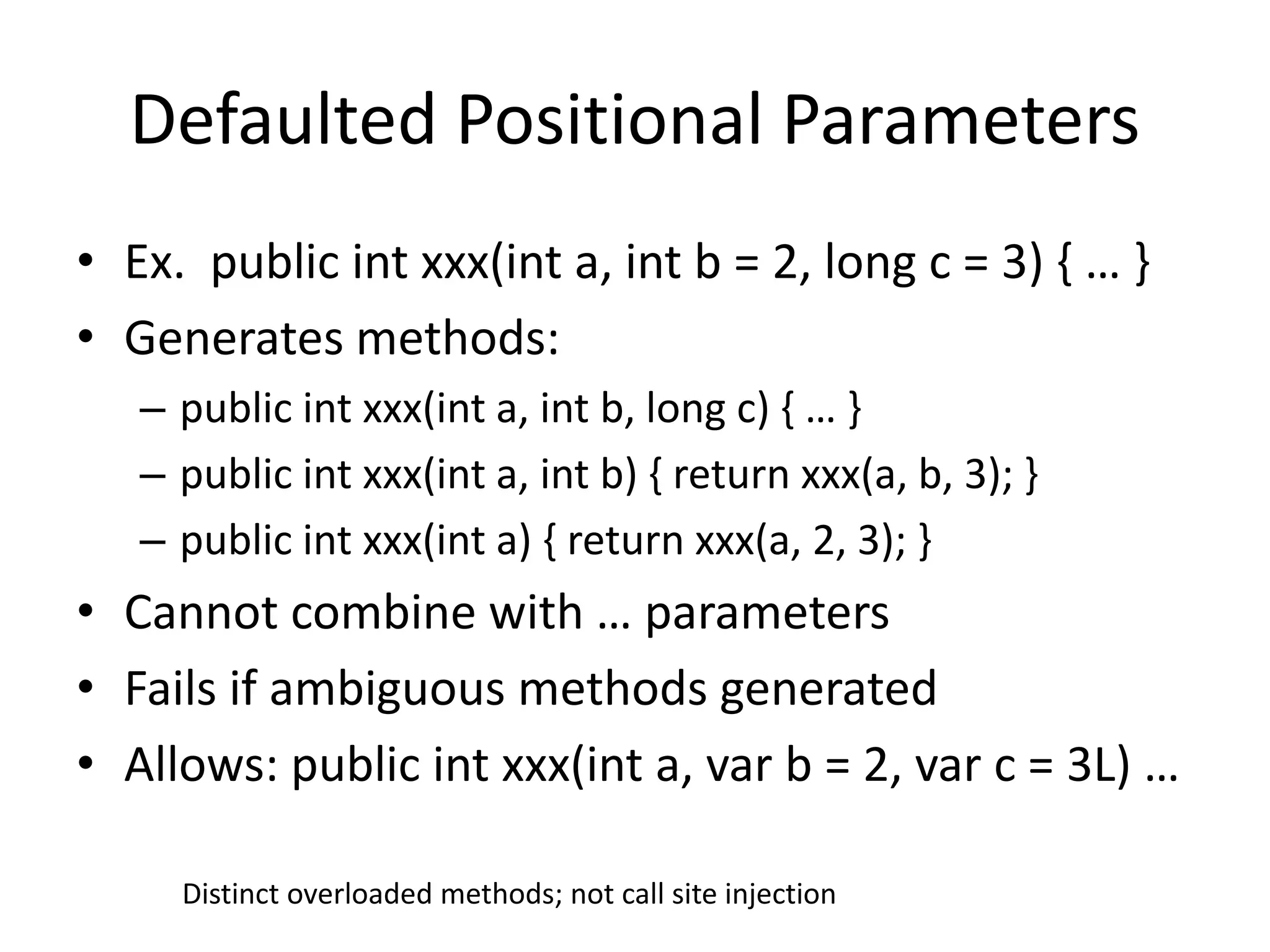
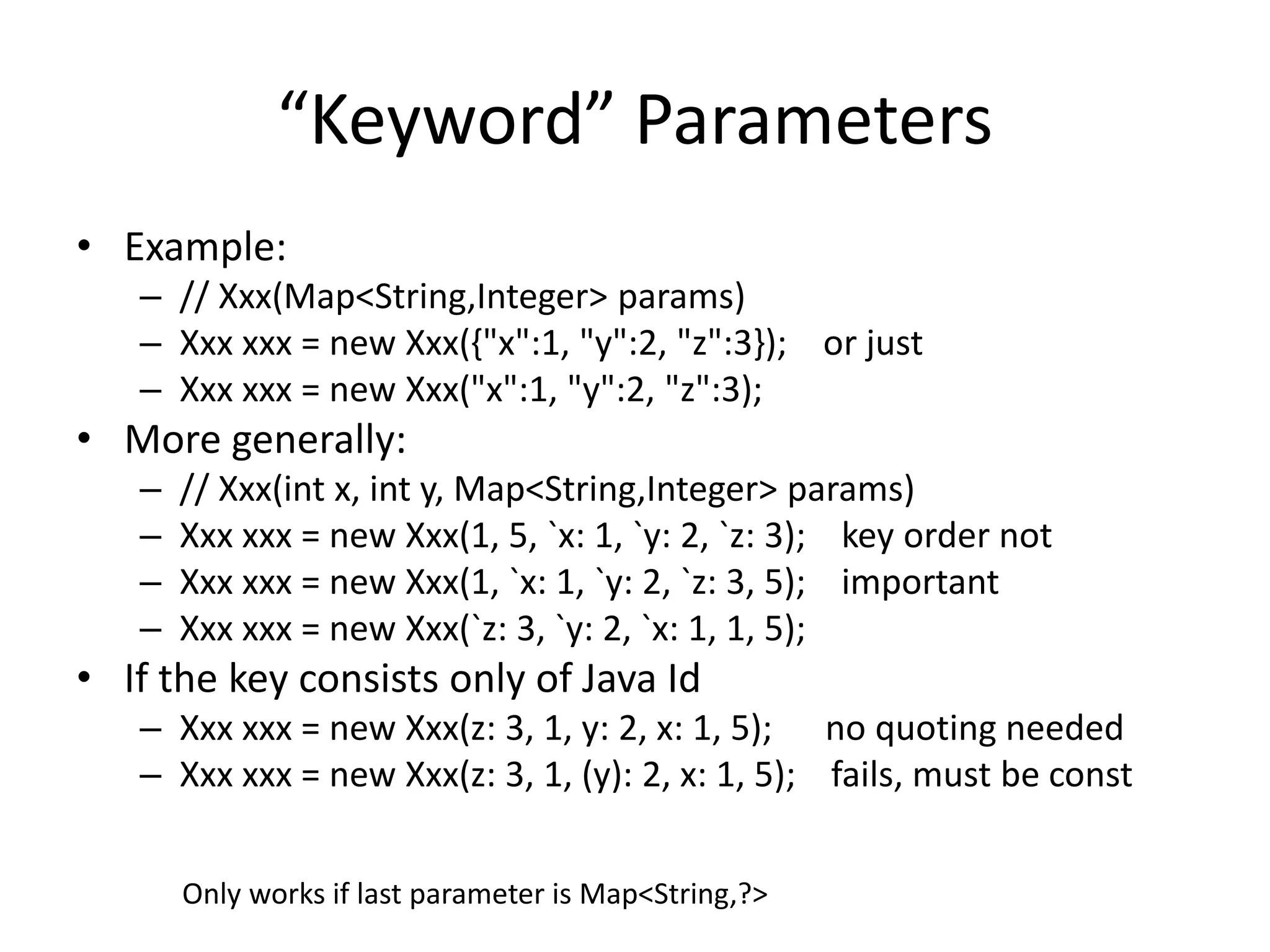
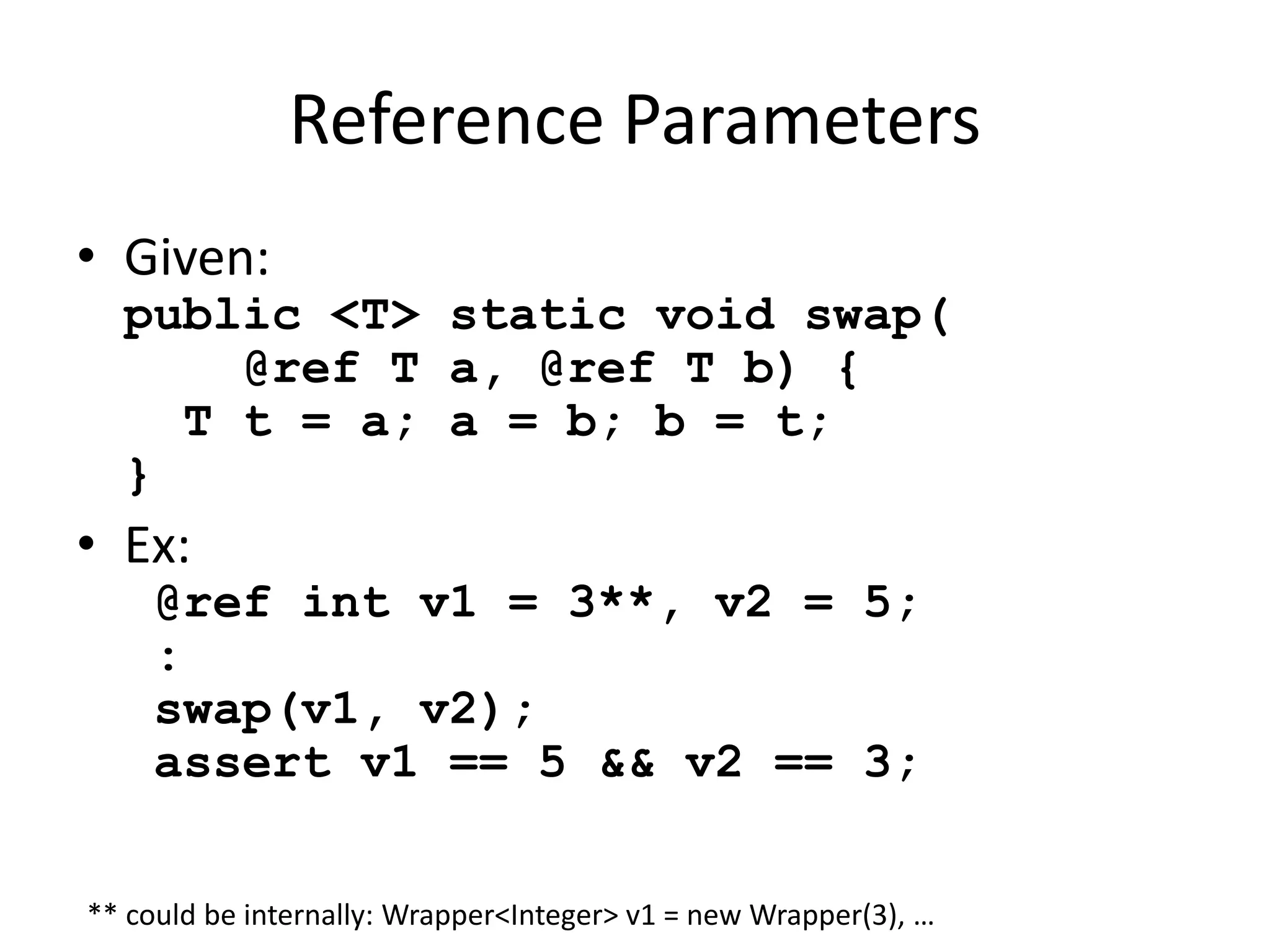
![Specialized toString
• Add debugToSting() & humanToString()
• Ex:
public String debugToString() {
StringBuilder sb = new ..;
$debugPrefix(sb); getClass.getName
$debugBodyStart(sb); “[“
$debugBody(sb); “”
$debugBodyEnd(sb); “]”
$debugSuffix(sb); “@”+System._HashCode
return sb.toString();
}
• Allows subclasses opportunity to override minimally (ex. override
$debugBody() only)
toString() can call either or neither at its discretion;
Object.toString() { return debugToString(); }](https://image.slidesharecdn.com/potentialjavajsritems-141021122623-conversion-gate02/75/Proposals-for-new-function-in-Java-SE-9-and-beyond-104-2048.jpg)
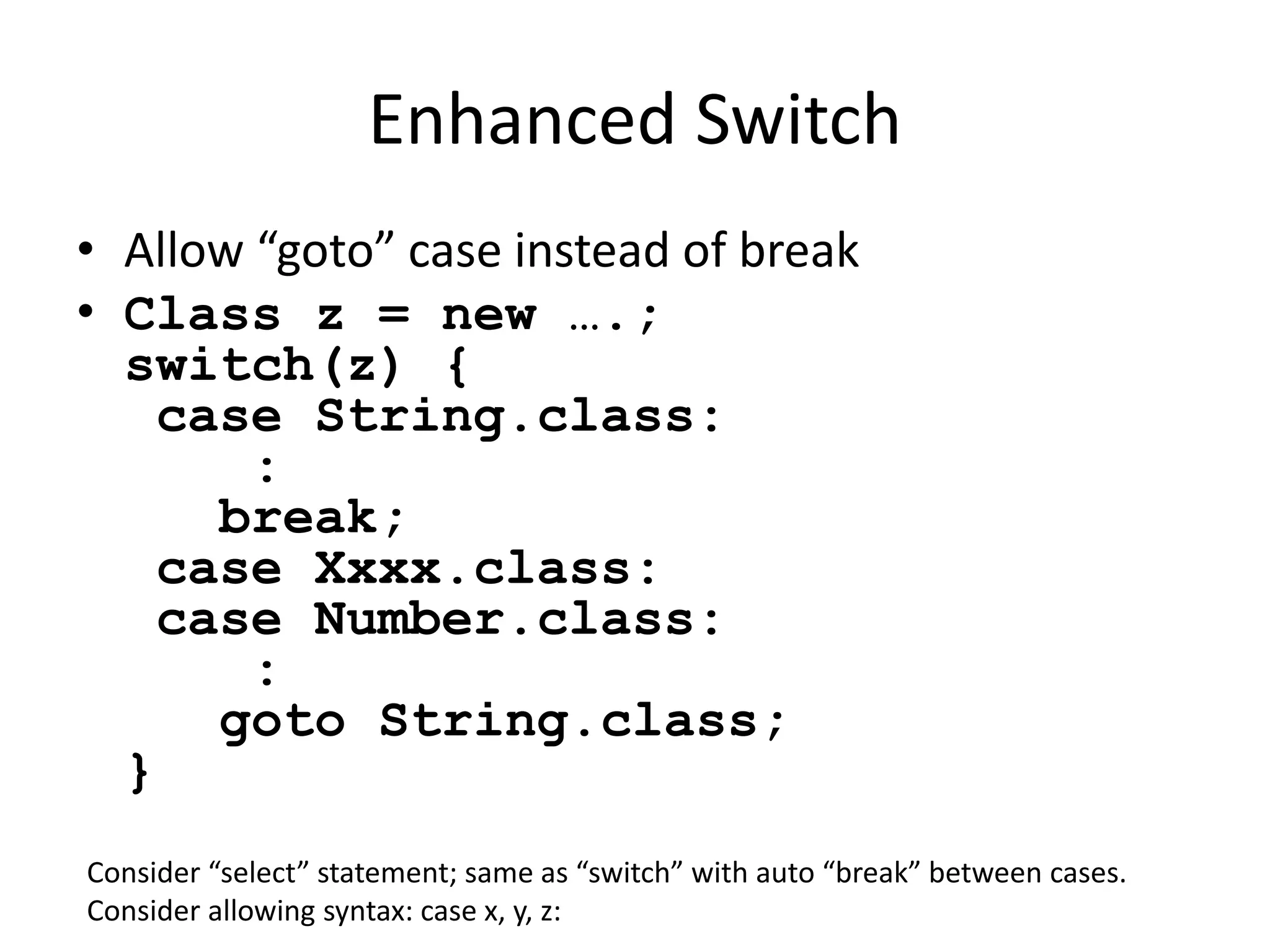
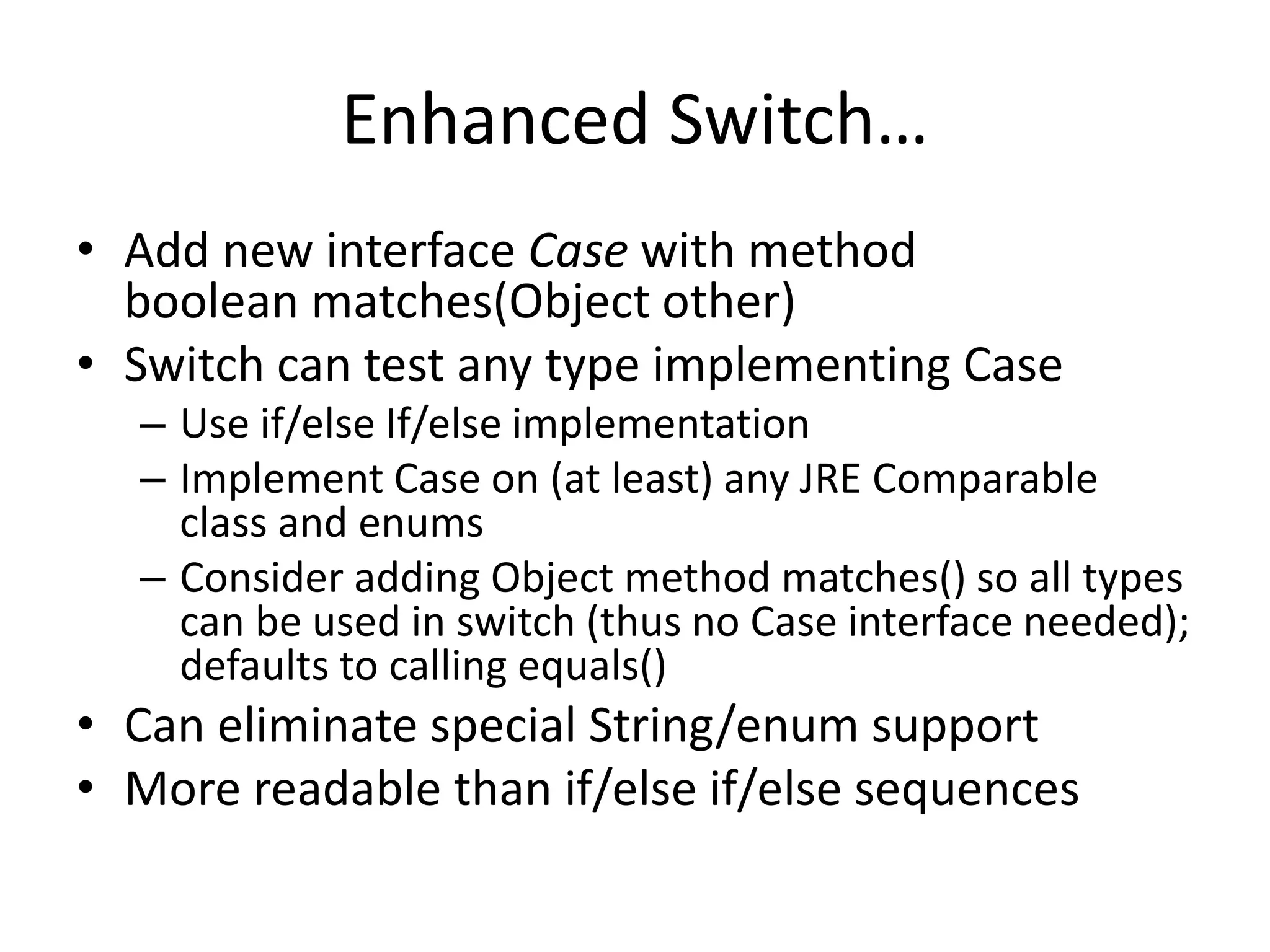
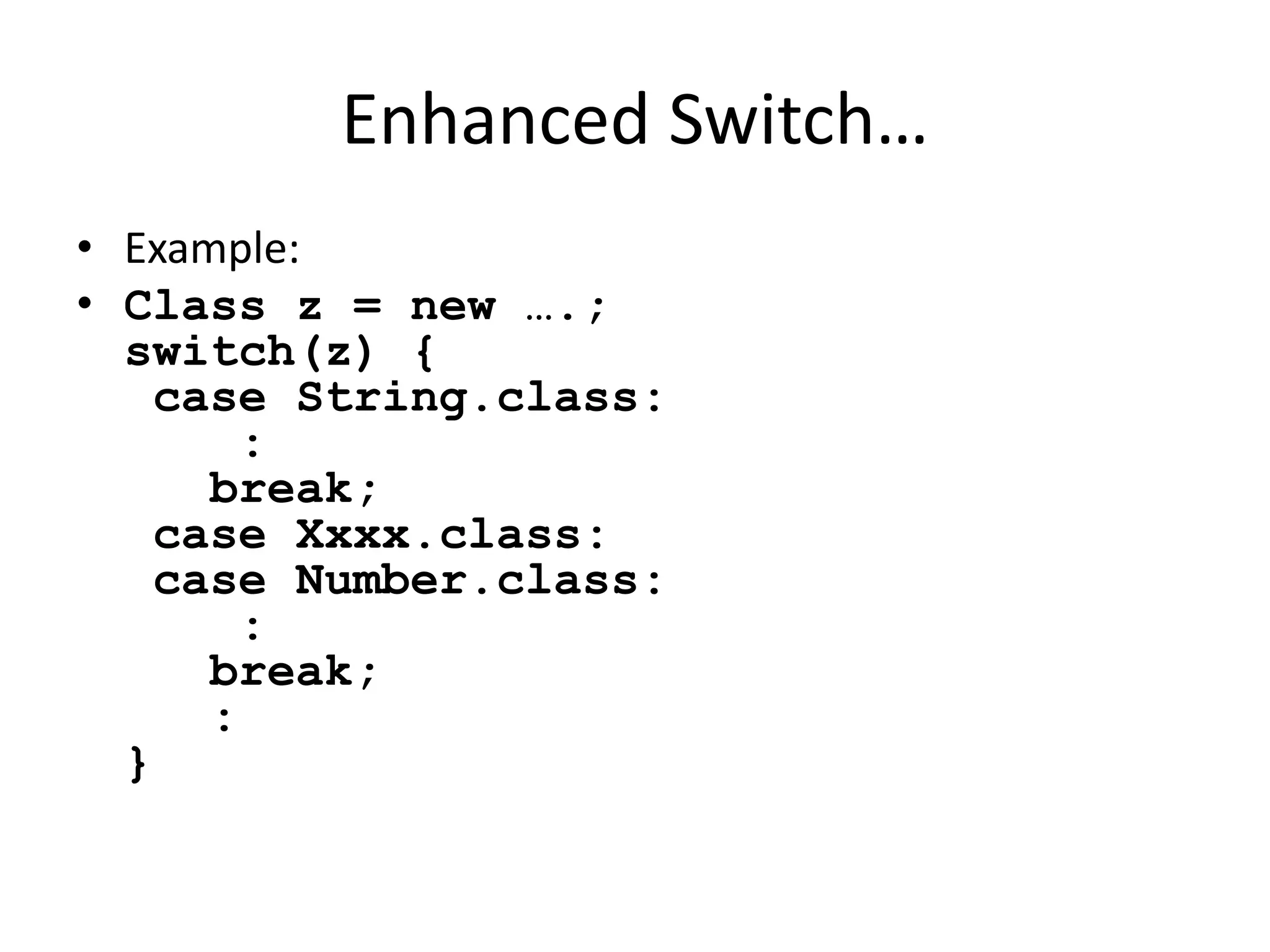
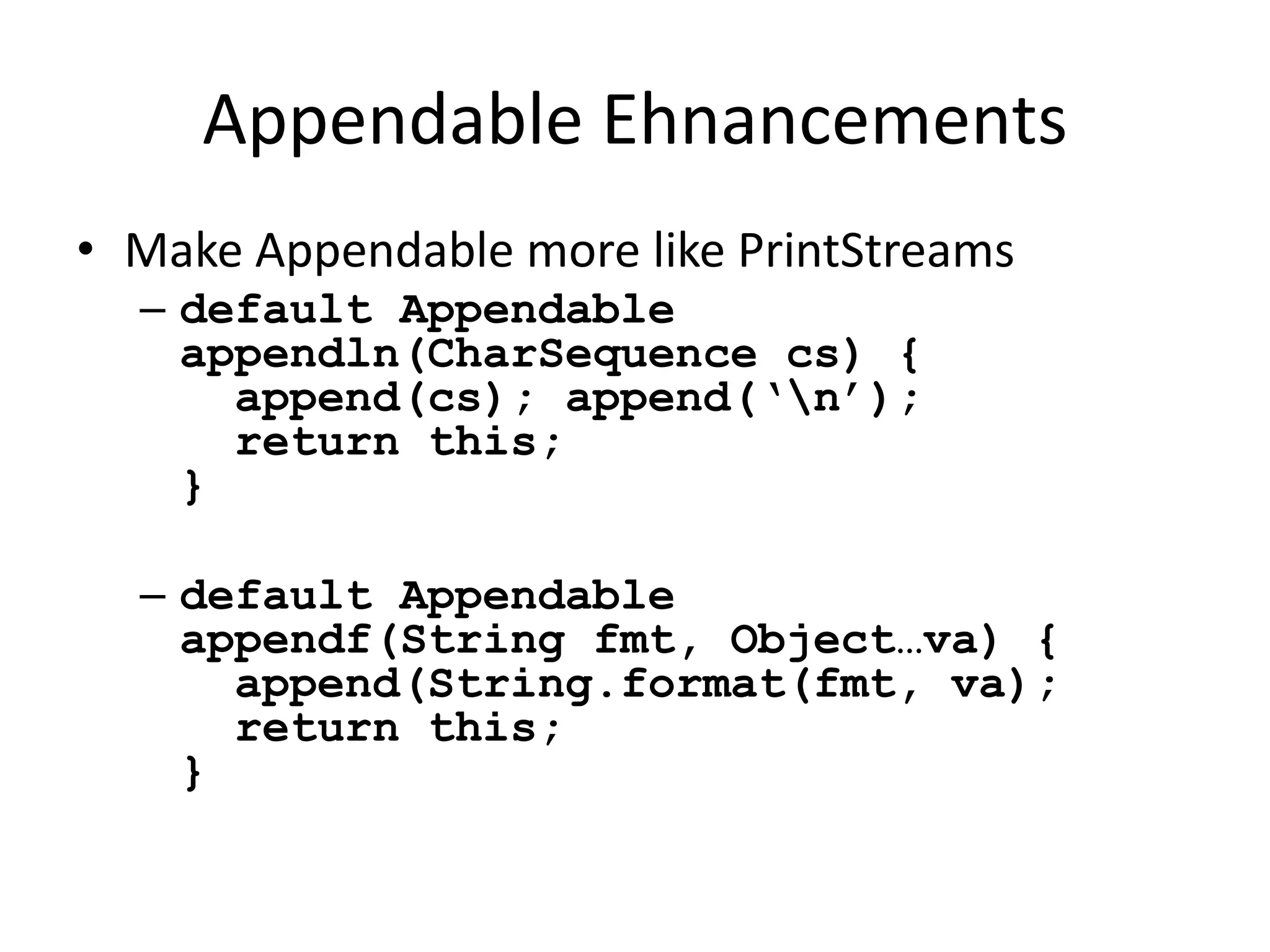
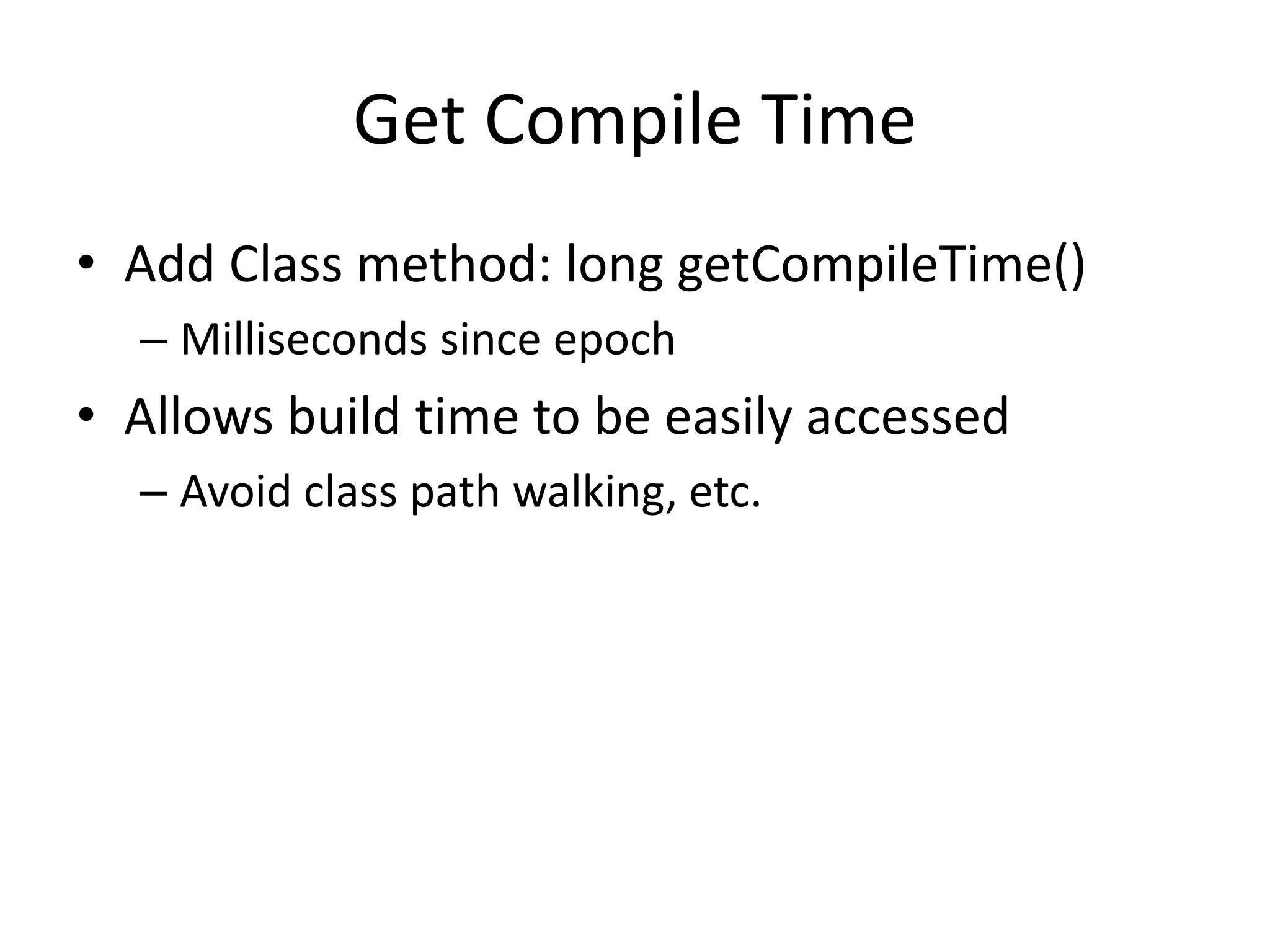
![Basic JSON Support
• Example:
• String t =
“““{x**: 100, y: 1, z:”Hello!”}”””;
JsonObject jo =
JsonObject.parseJson(t);
System.out.printf(
“Value of x=%d”, jo[`x]);
jo[`a] = “World!”; // adds “a”
**: allow unquoted keys if only JavaId
JsonObject implements Map<String,?>; ? Restricted to null, String, Number,
JsonObject, List<JsonObject>](https://image.slidesharecdn.com/potentialjavajsritems-141021122623-conversion-gate02/75/Proposals-for-new-function-in-Java-SE-9-and-beyond-110-2048.jpg)
![Basic XML Support
• Example:
• String t =
“““<xxx x=‘1’ y=‘2’ z = ‘3’>
<i>body text</i></xxx>”””;
XmlElement xxx =
XmlElement.parseXml(t);
System.out.printf(
“Value of xxx.y=%s”, xxx[`y]);
xxx << (new XmlElement(“zzz”) <<
new XmlTextNode(“…”));
XmlElement implements Map<String,String>; has List<XmlElement>](https://image.slidesharecdn.com/potentialjavajsritems-141021122623-conversion-gate02/75/Proposals-for-new-function-in-Java-SE-9-and-beyond-111-2048.jpg)
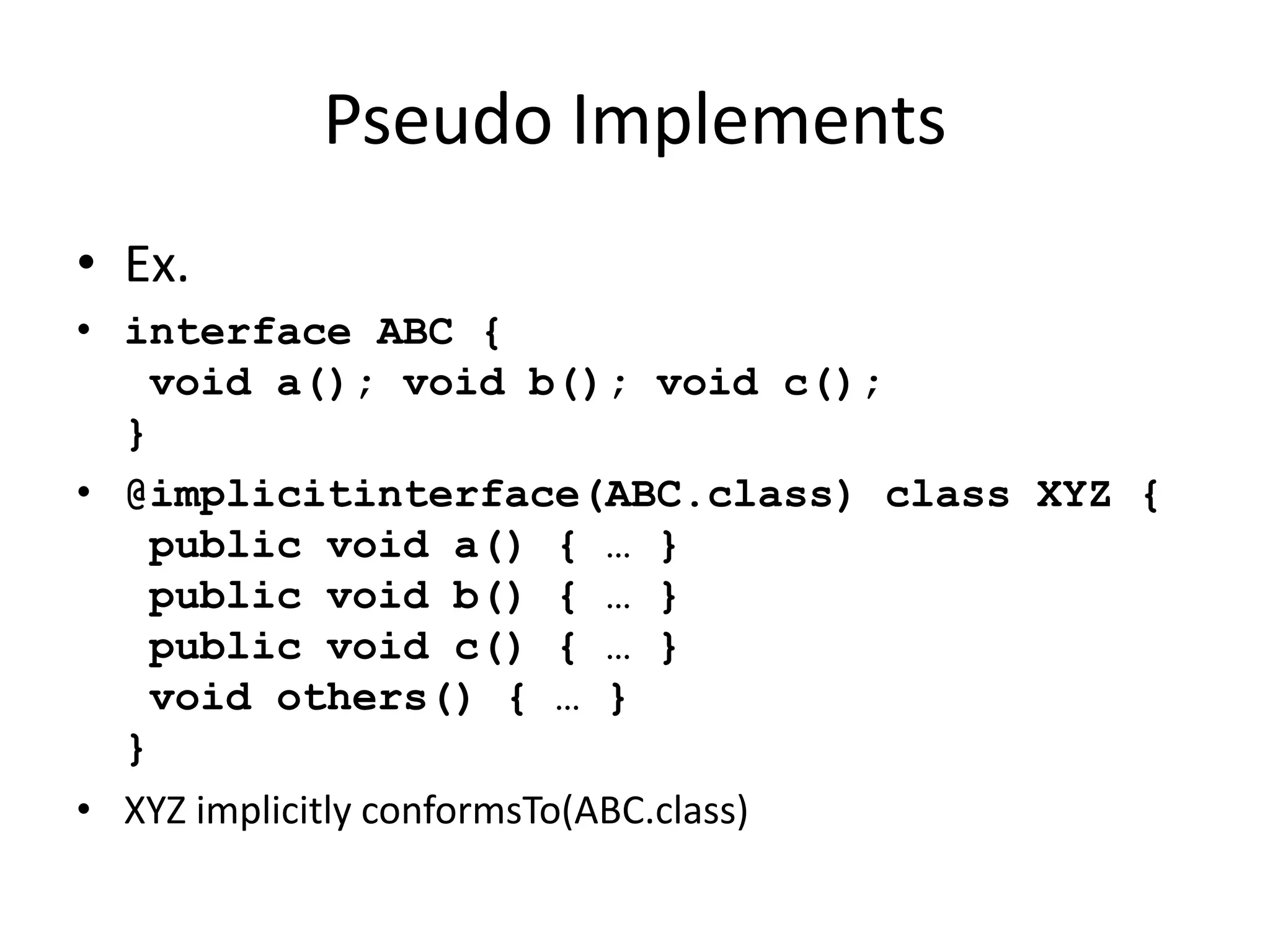
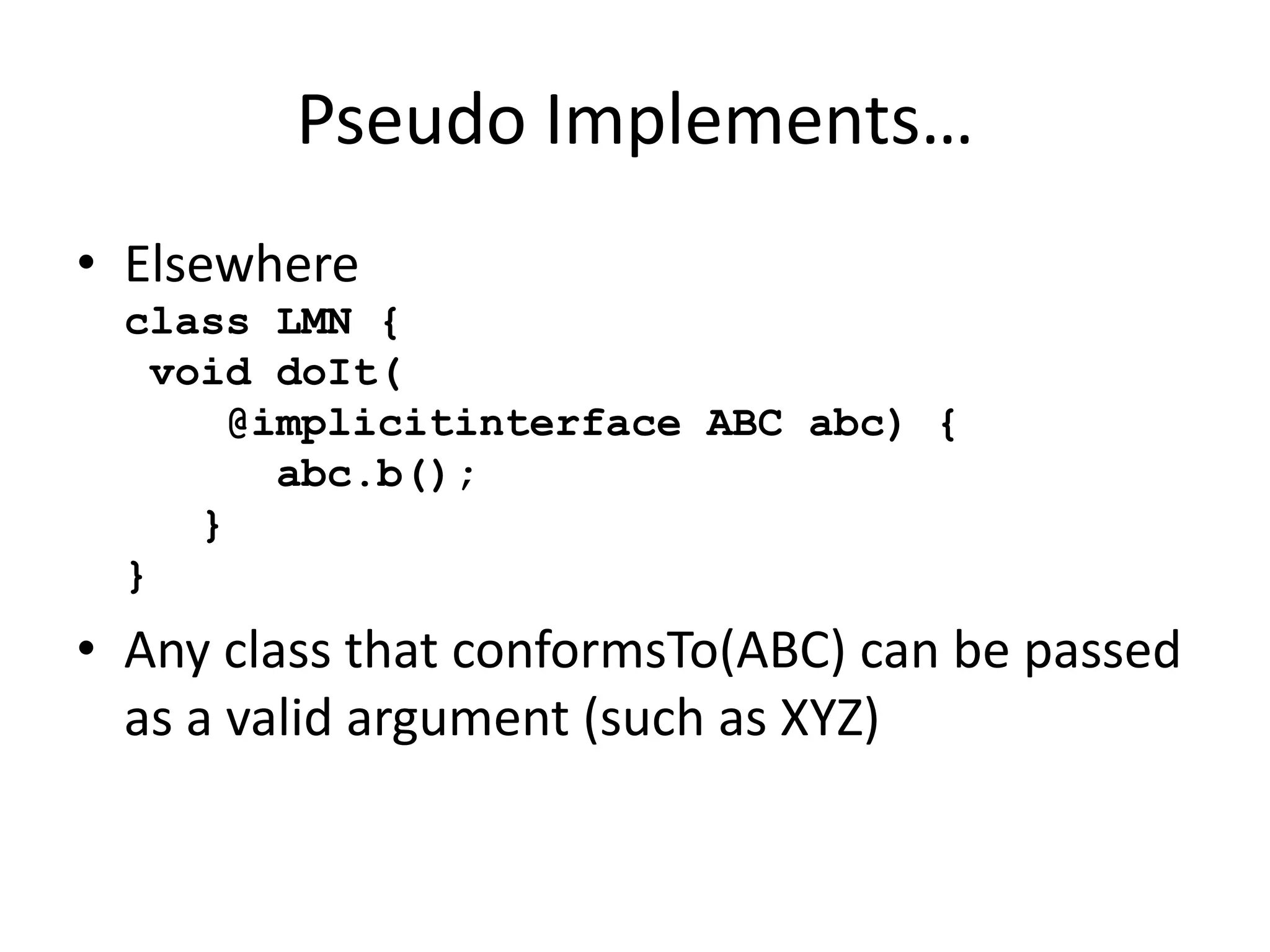
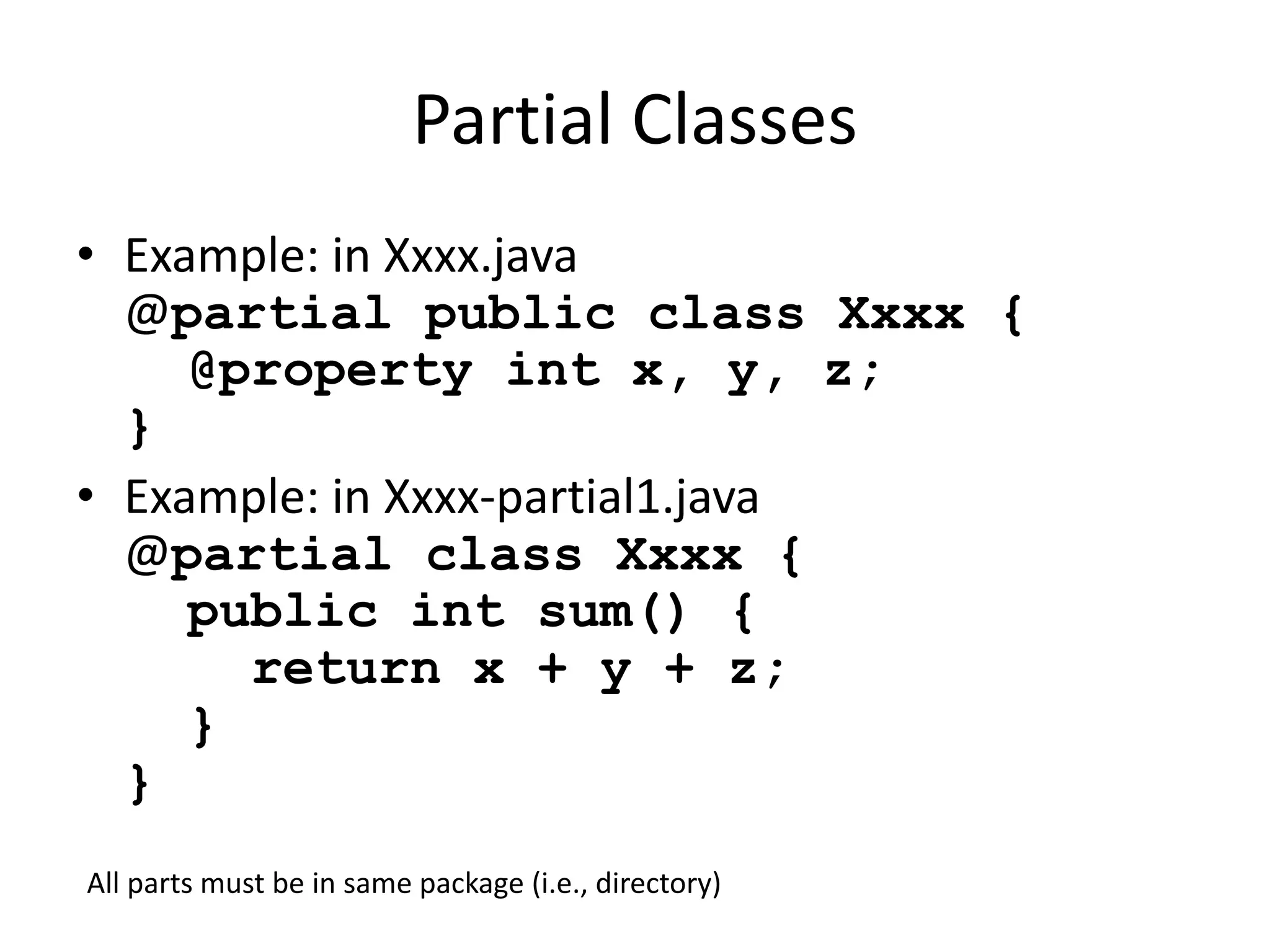
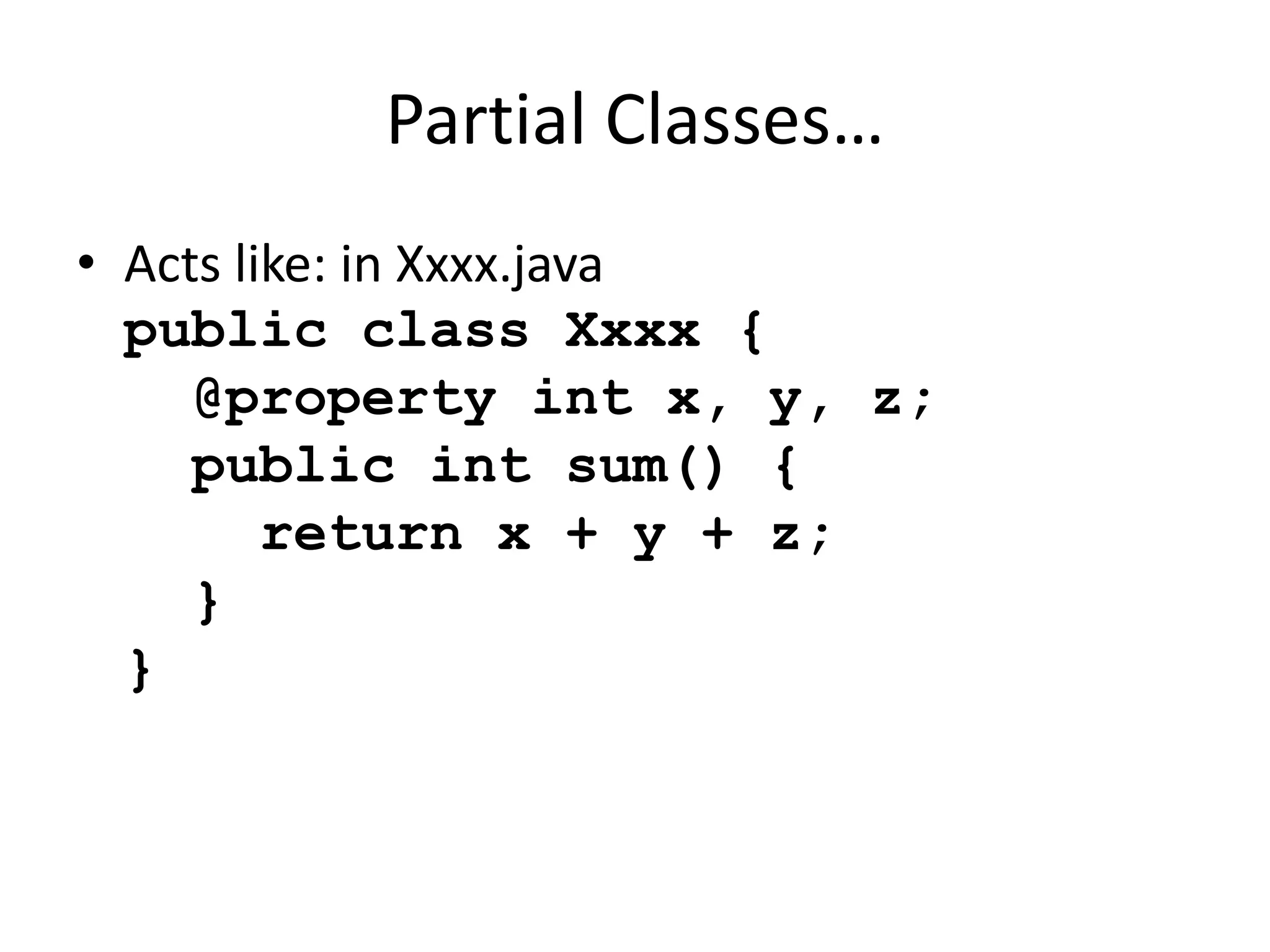
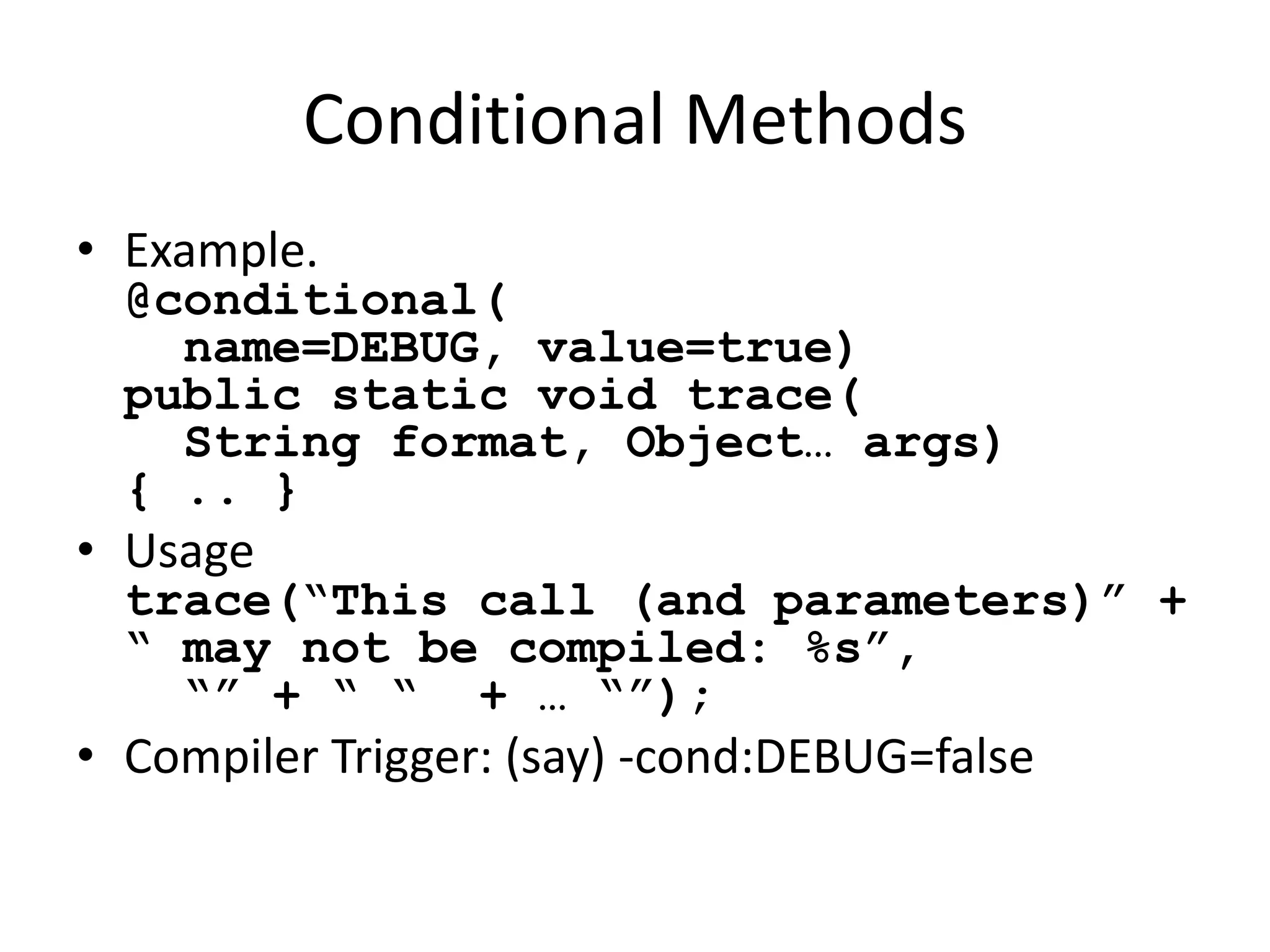
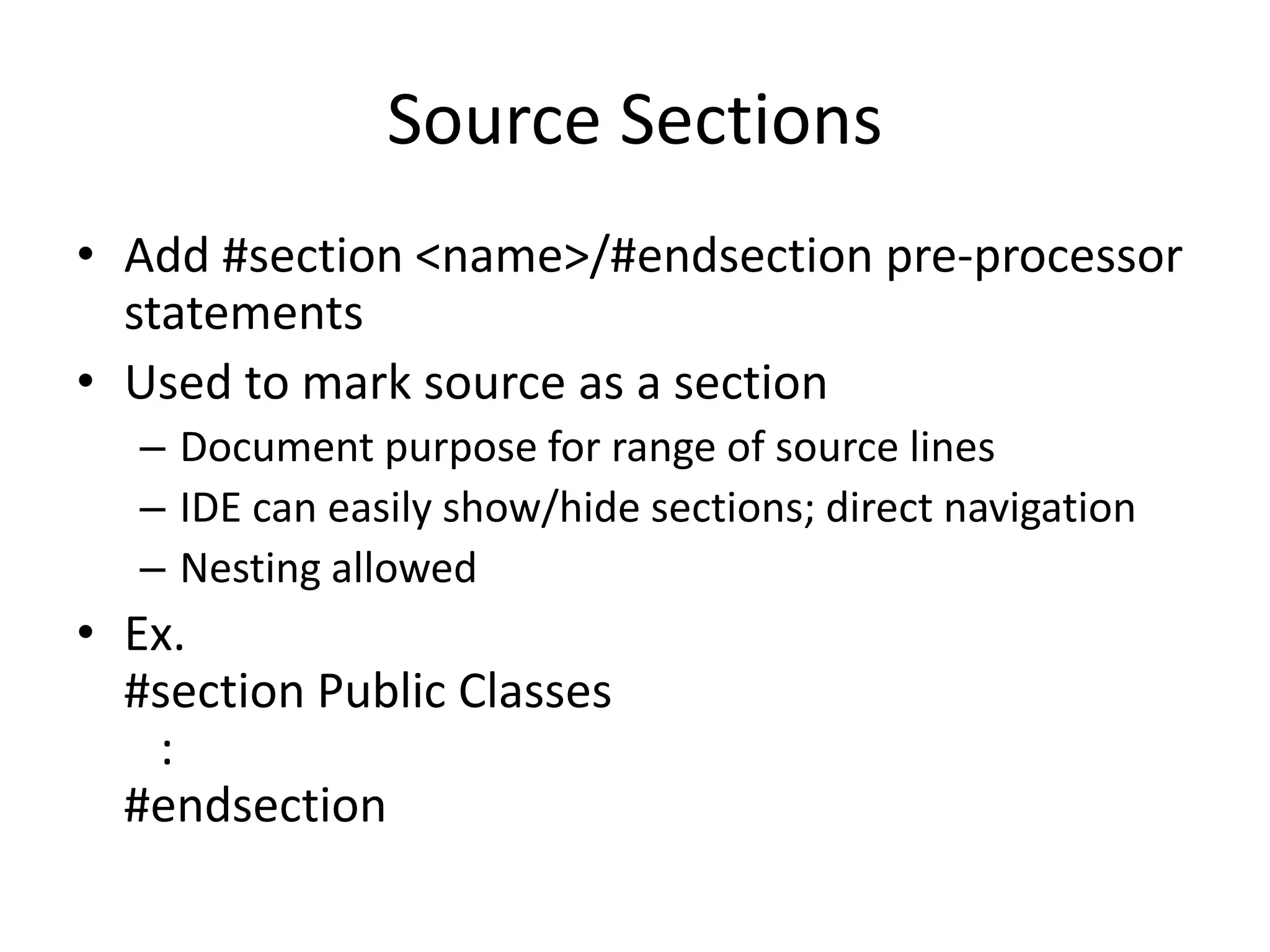
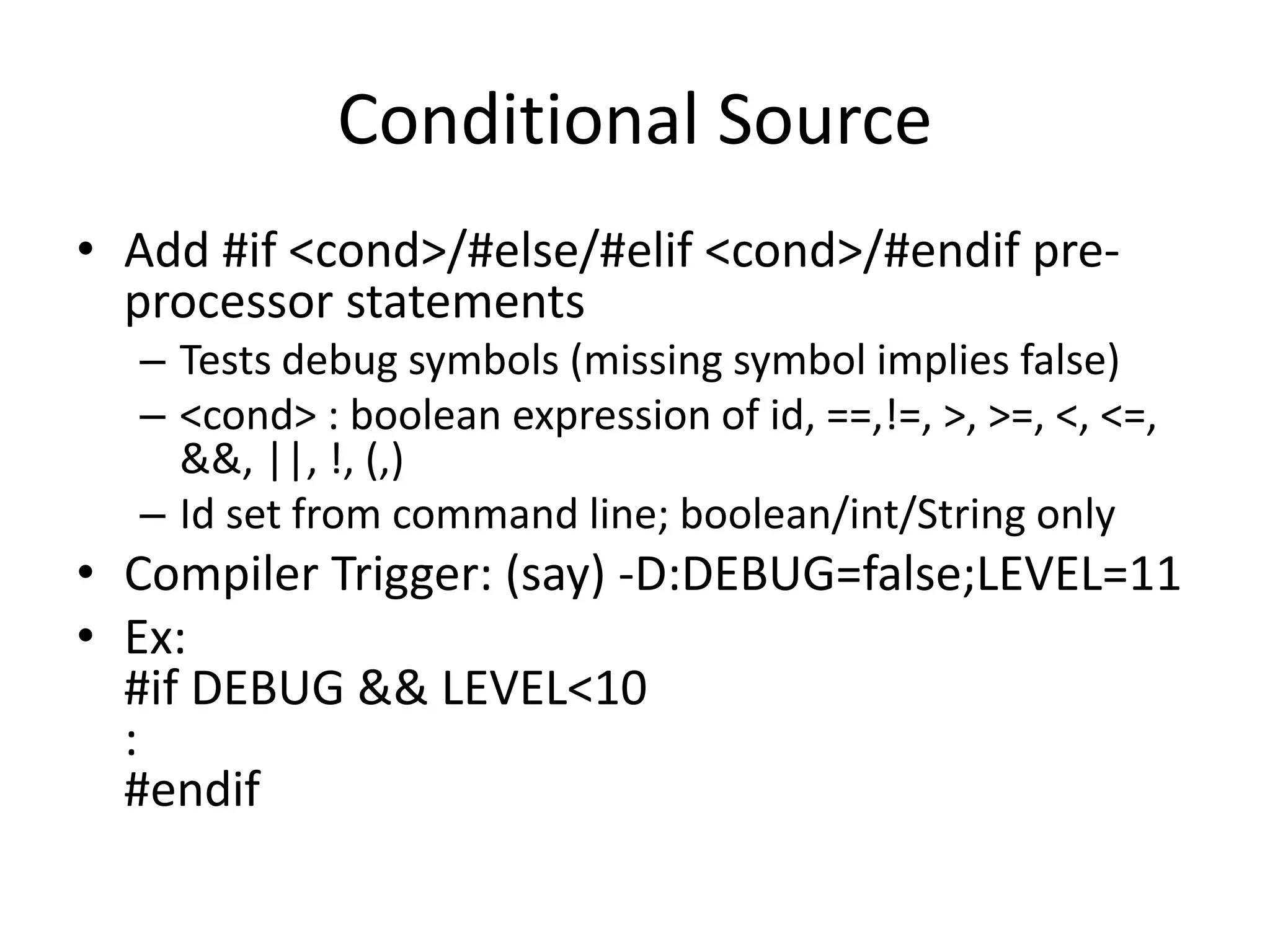
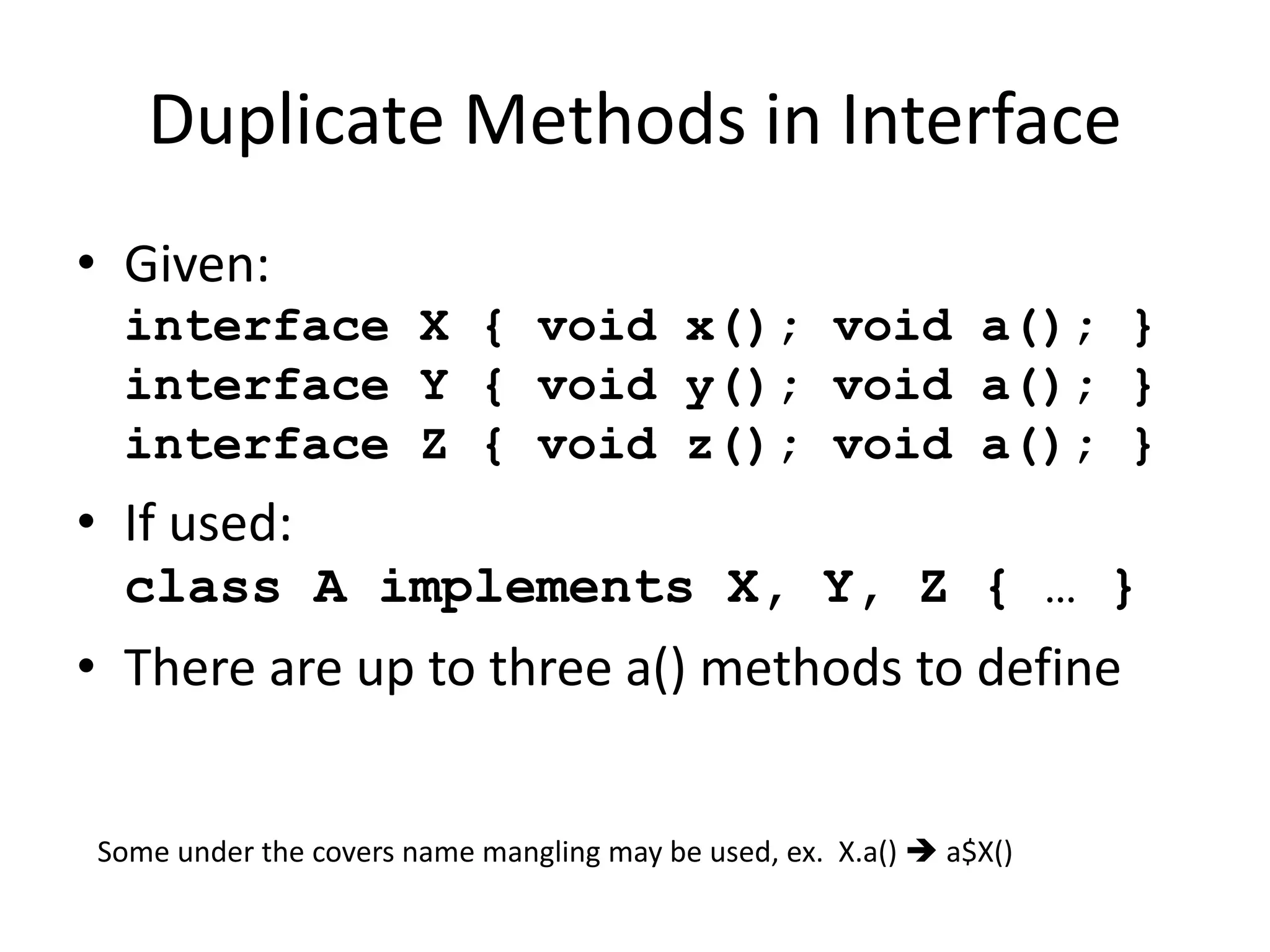
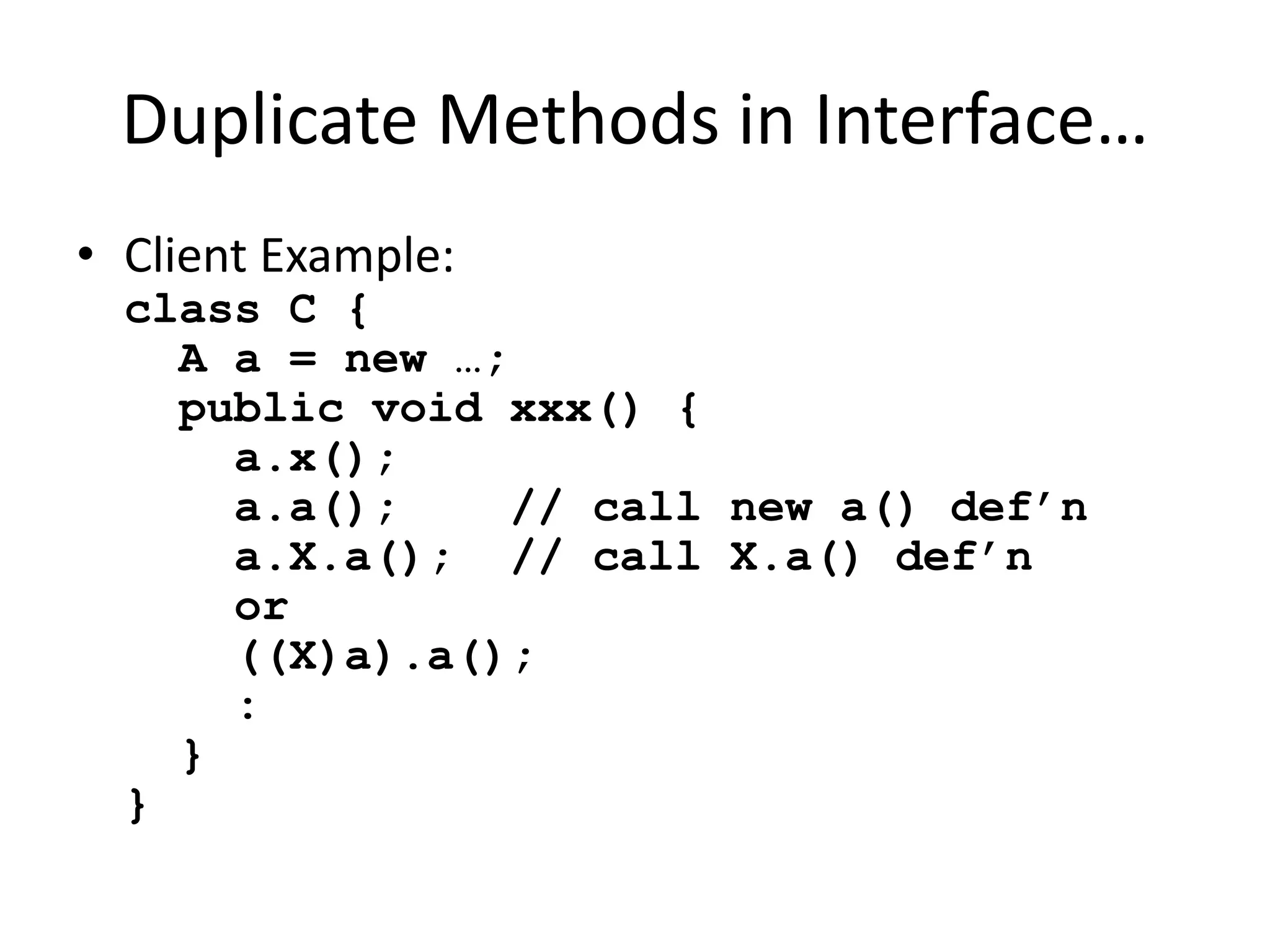
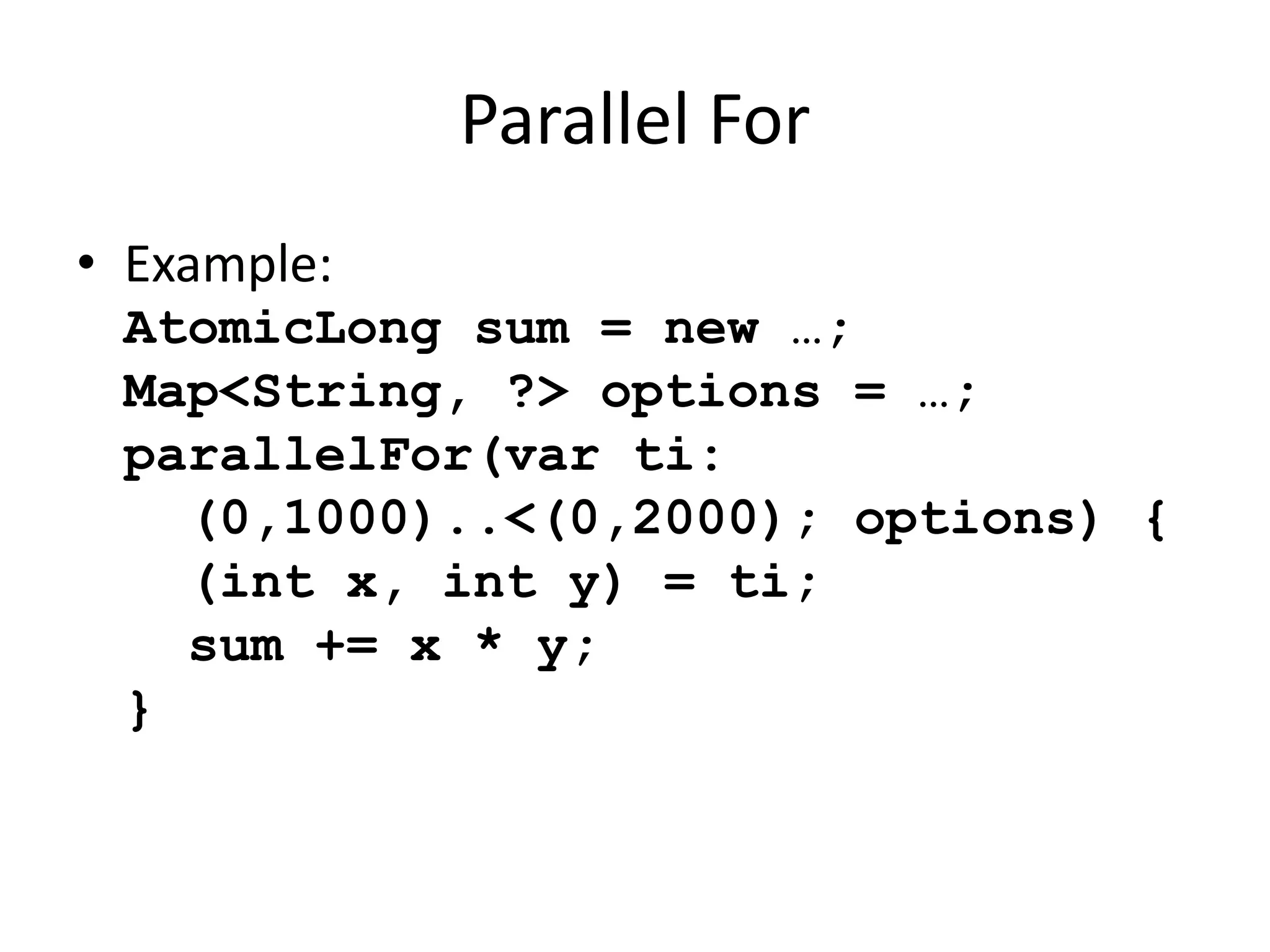
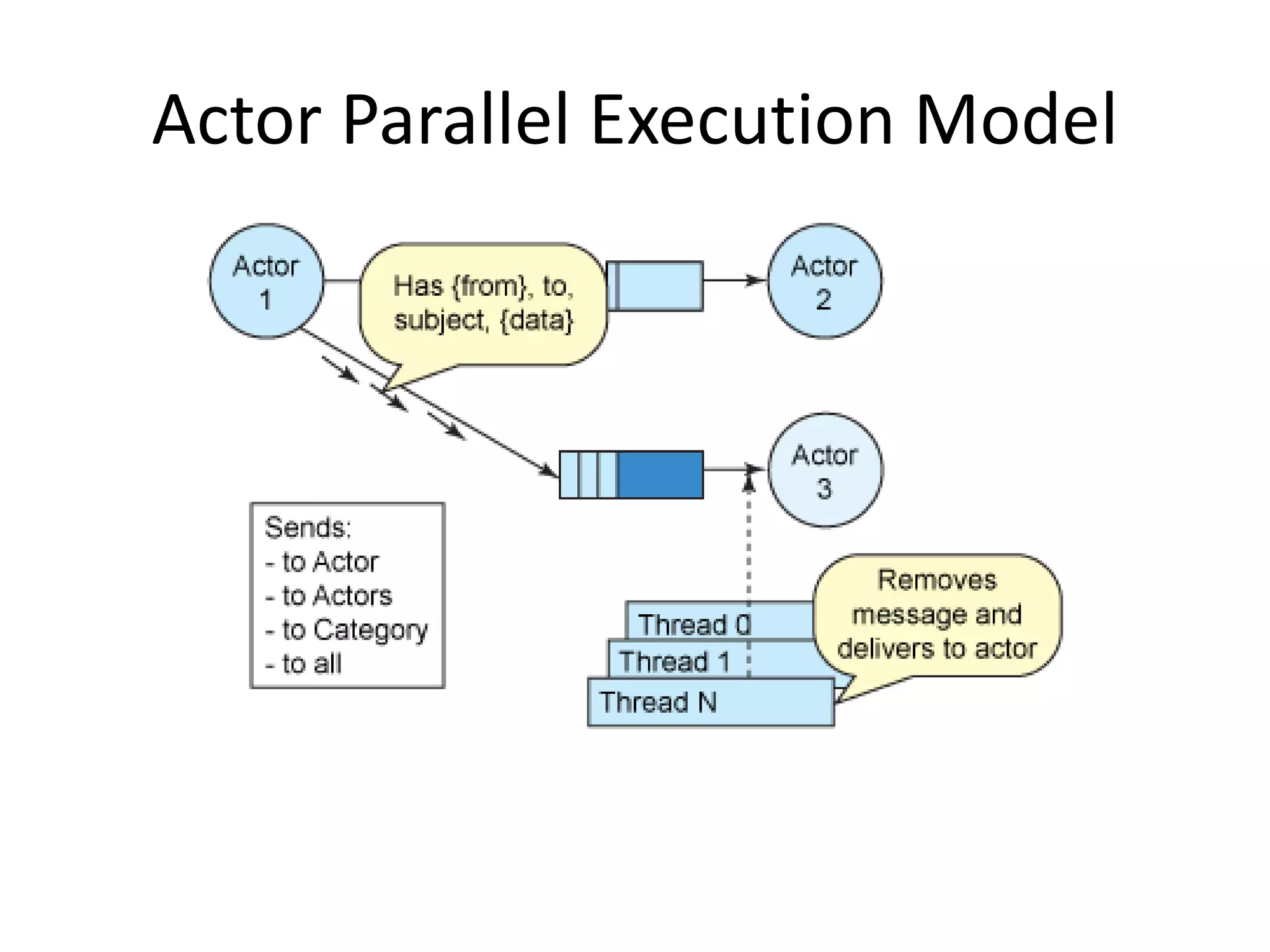
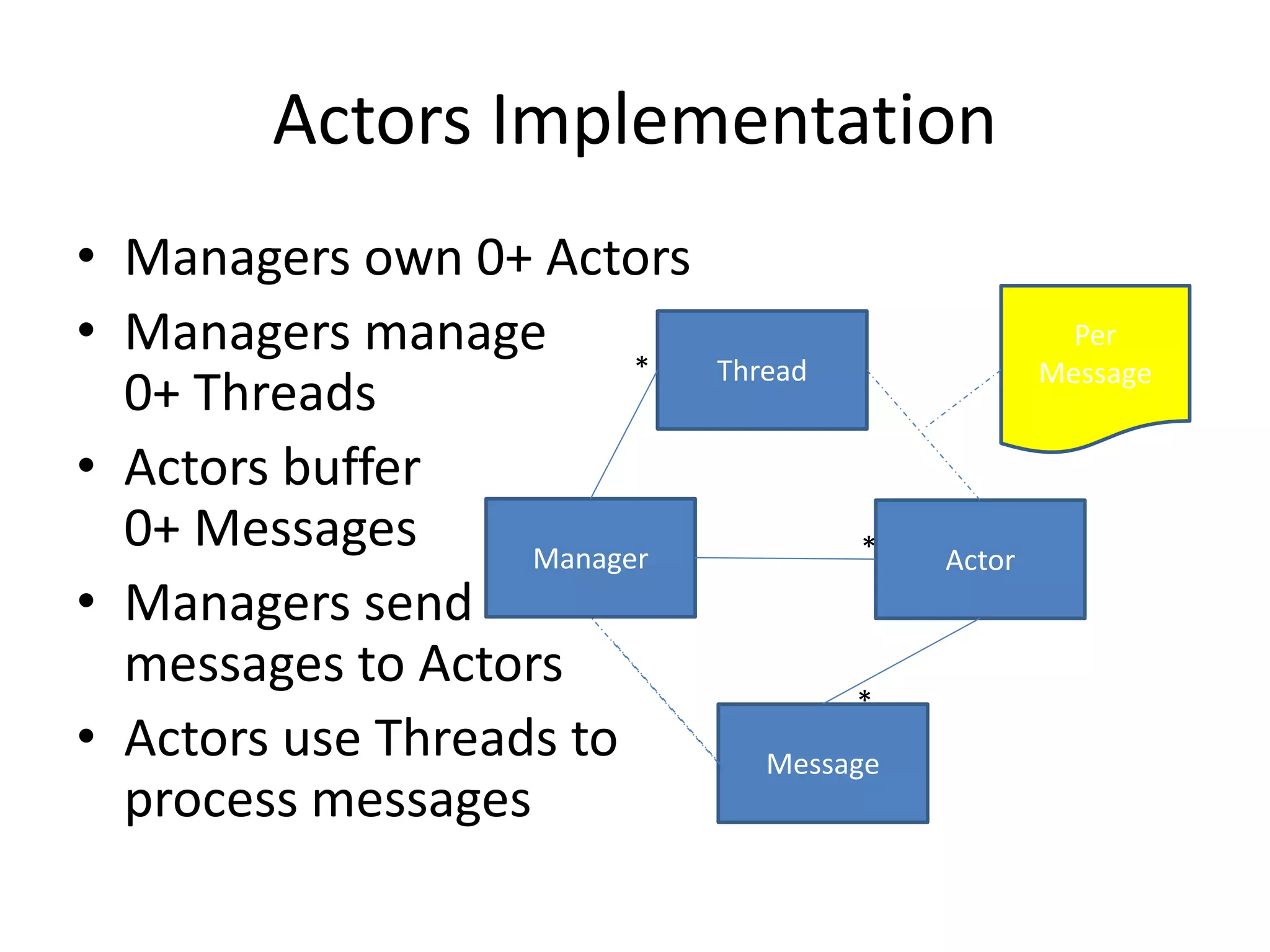
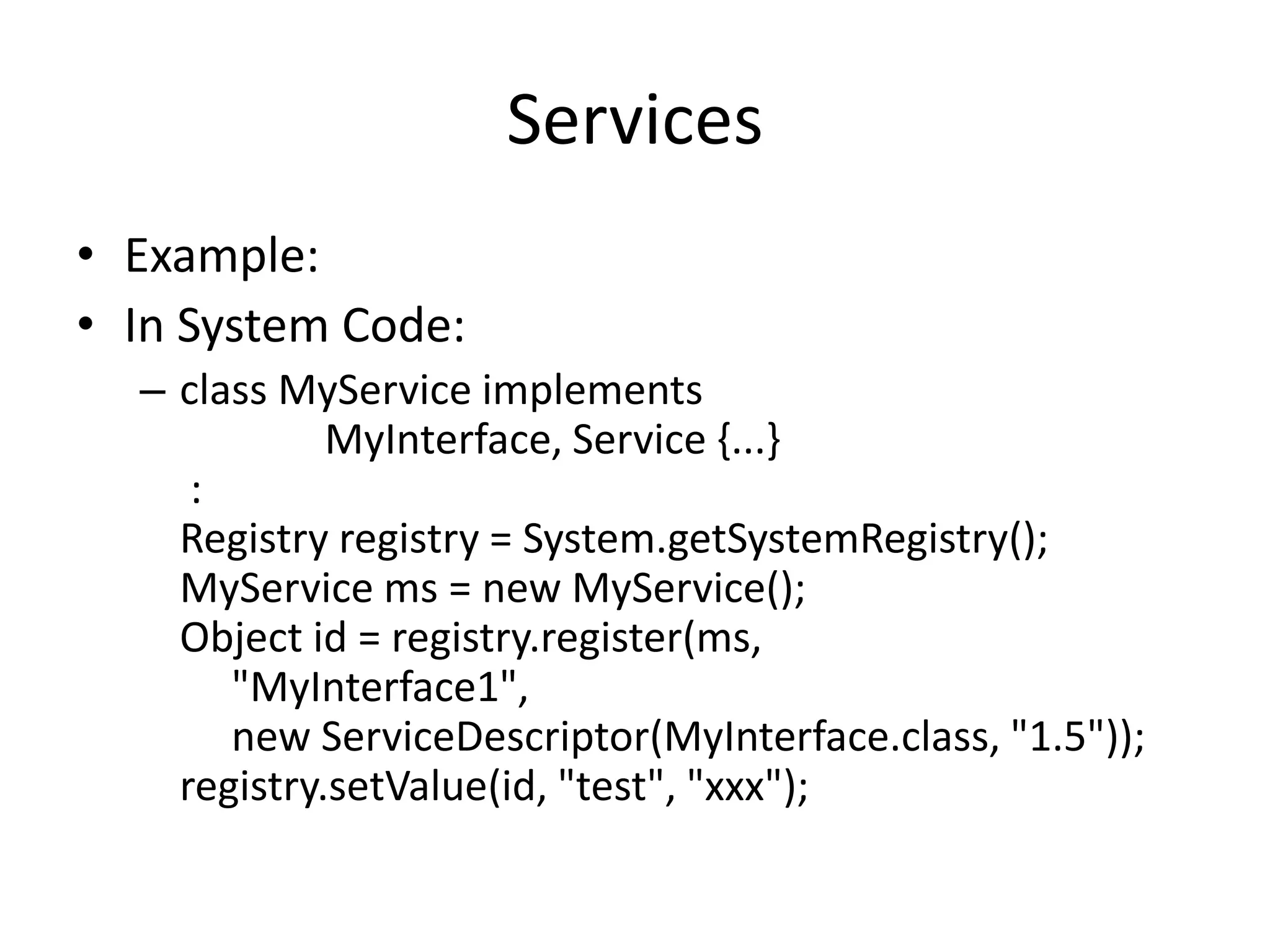
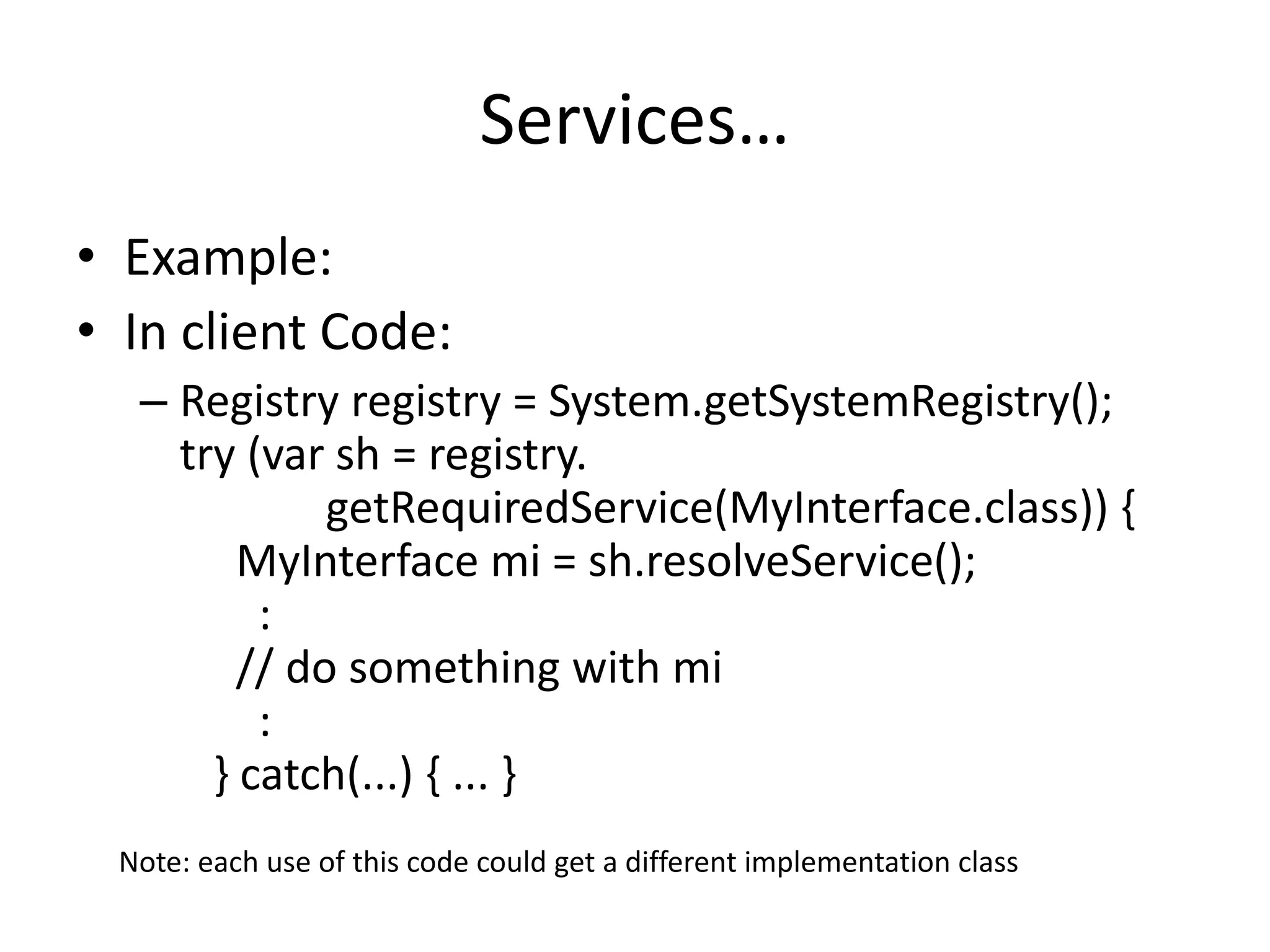
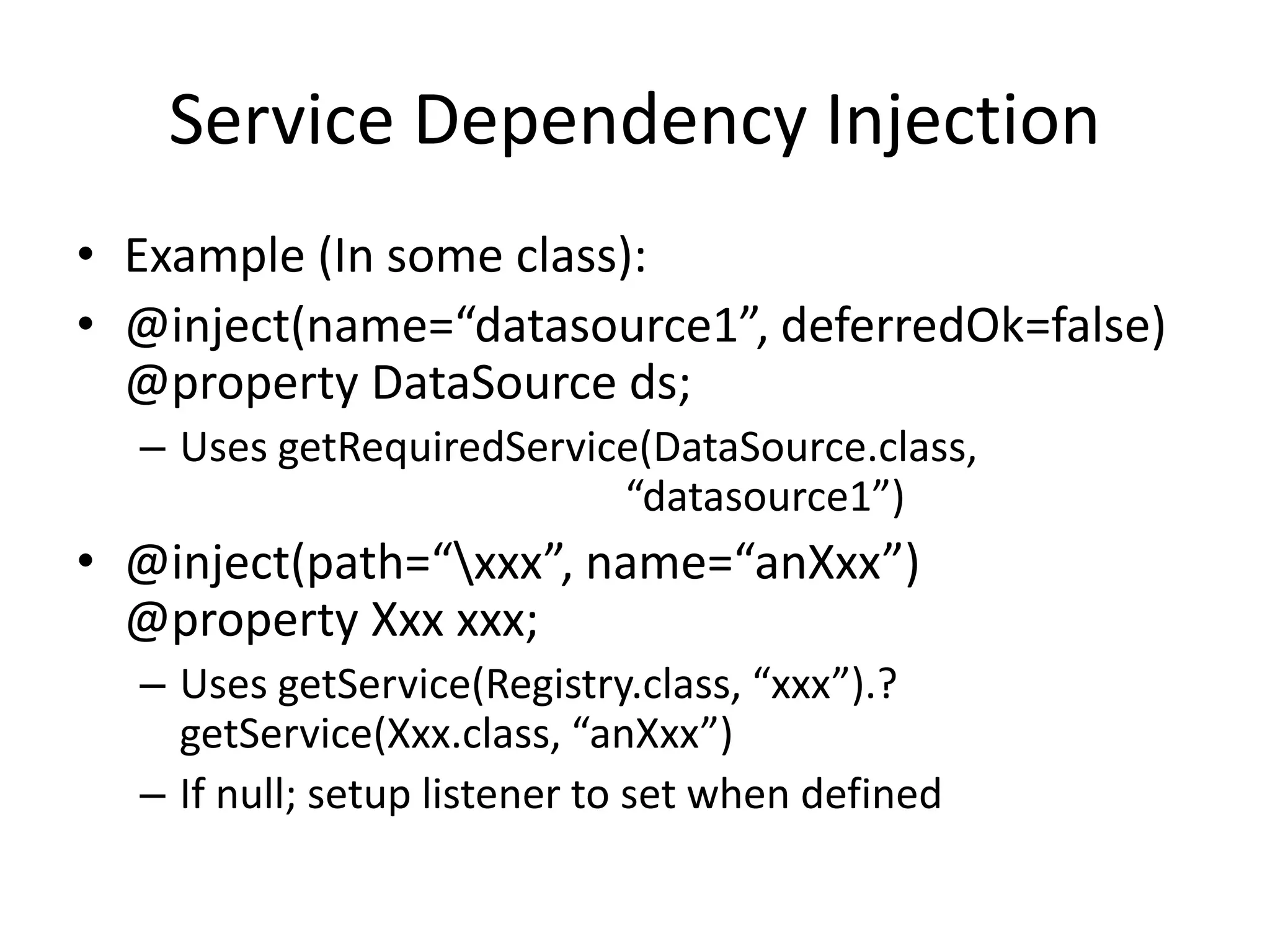
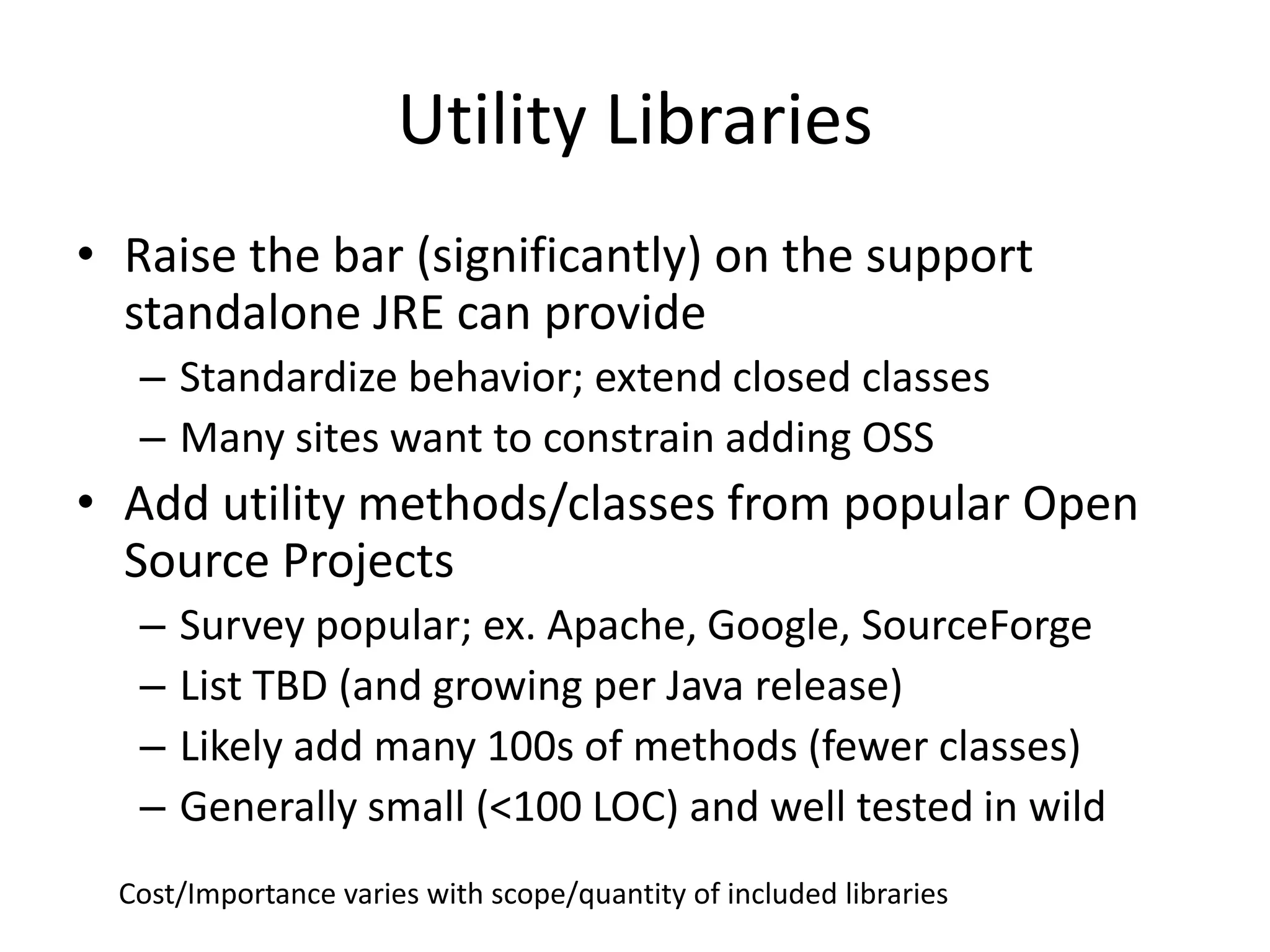
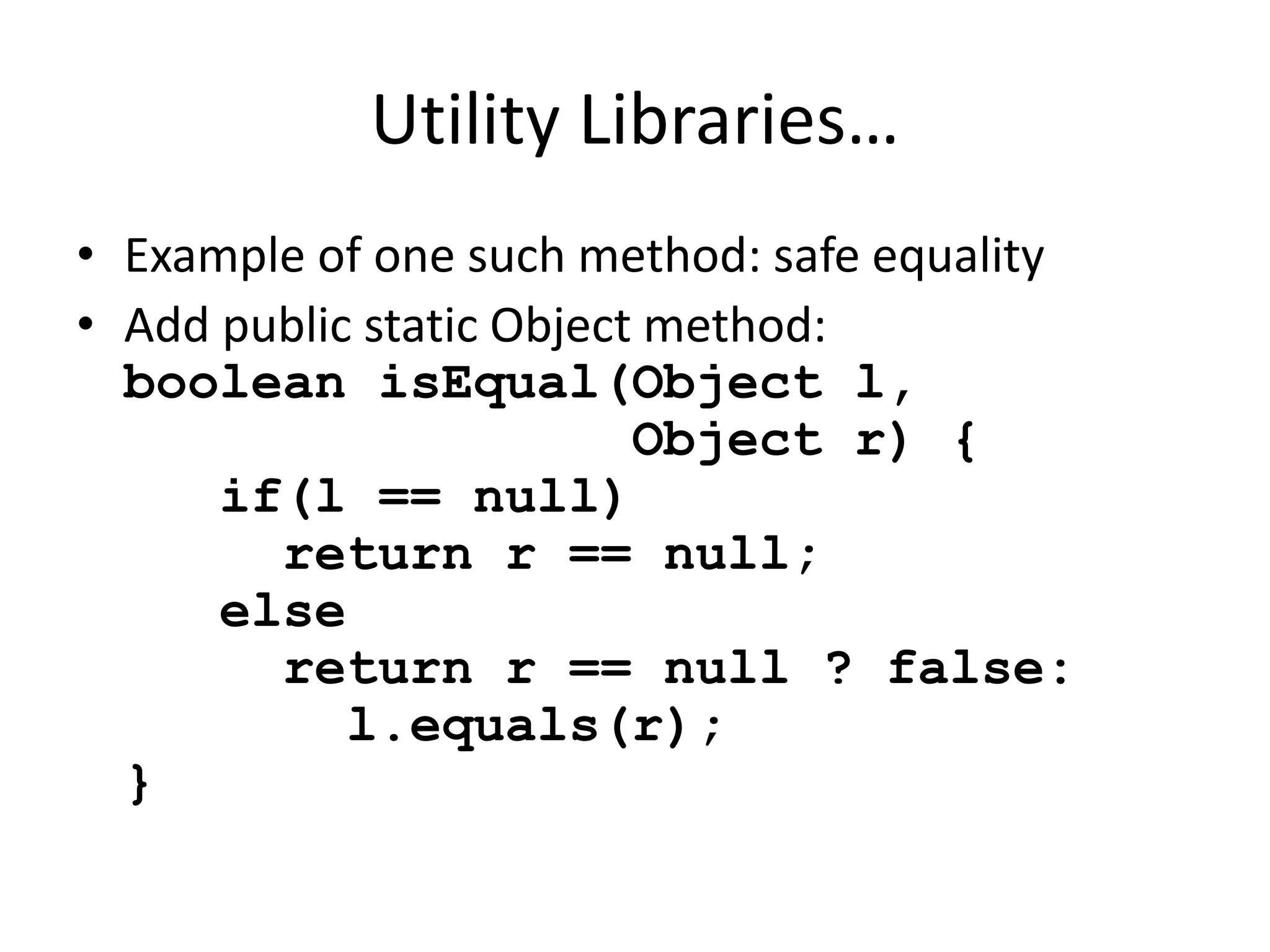
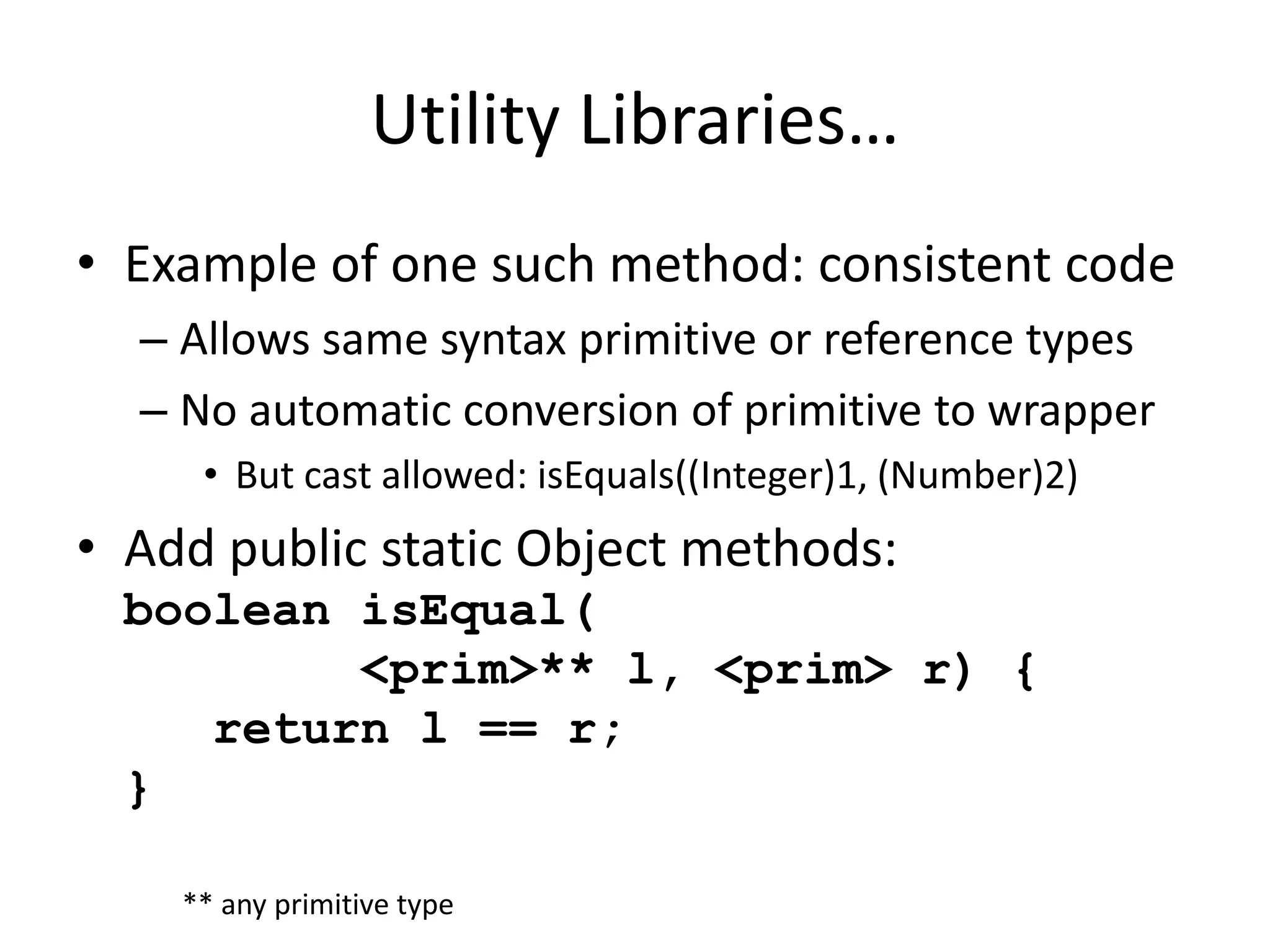
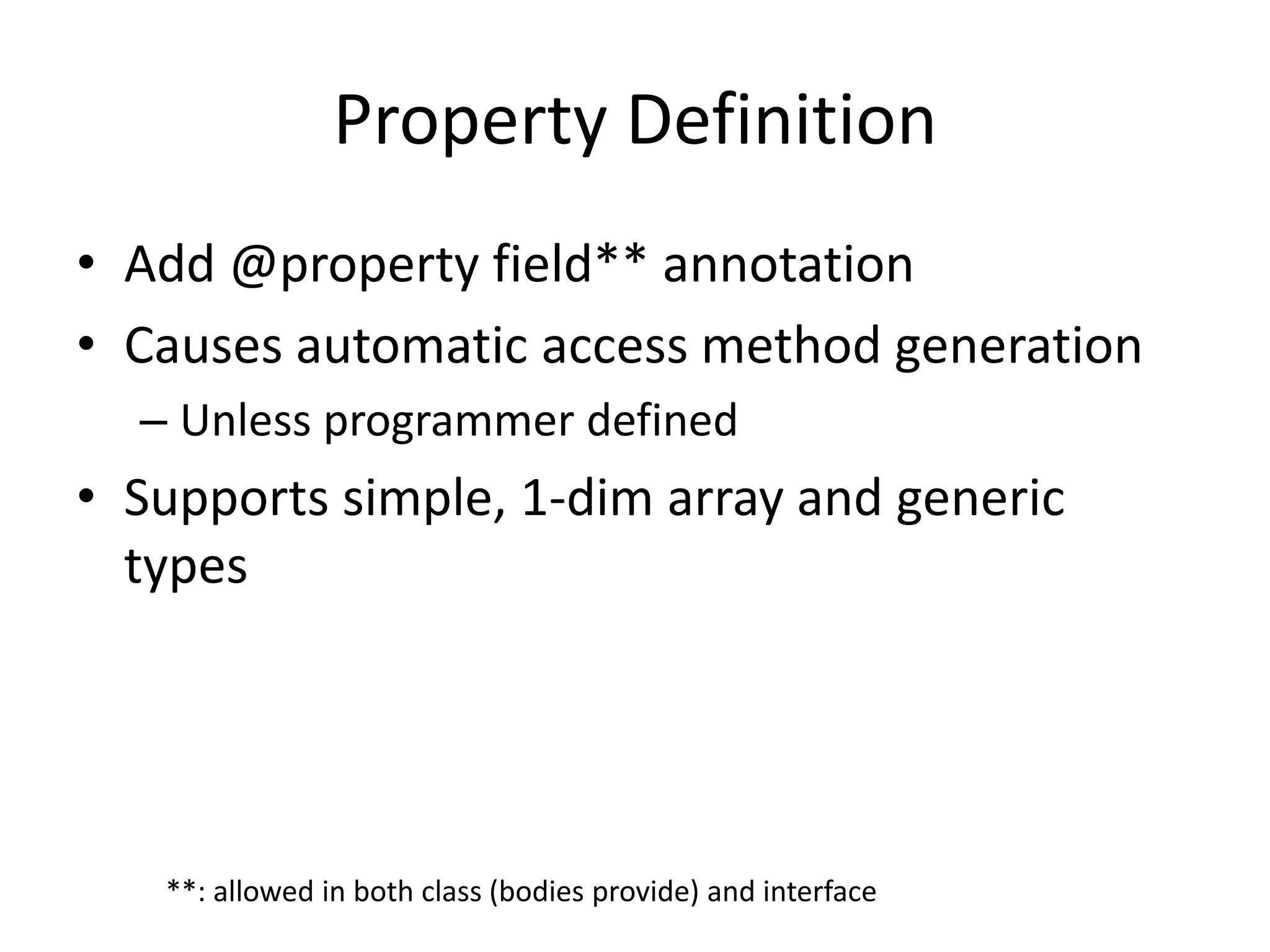
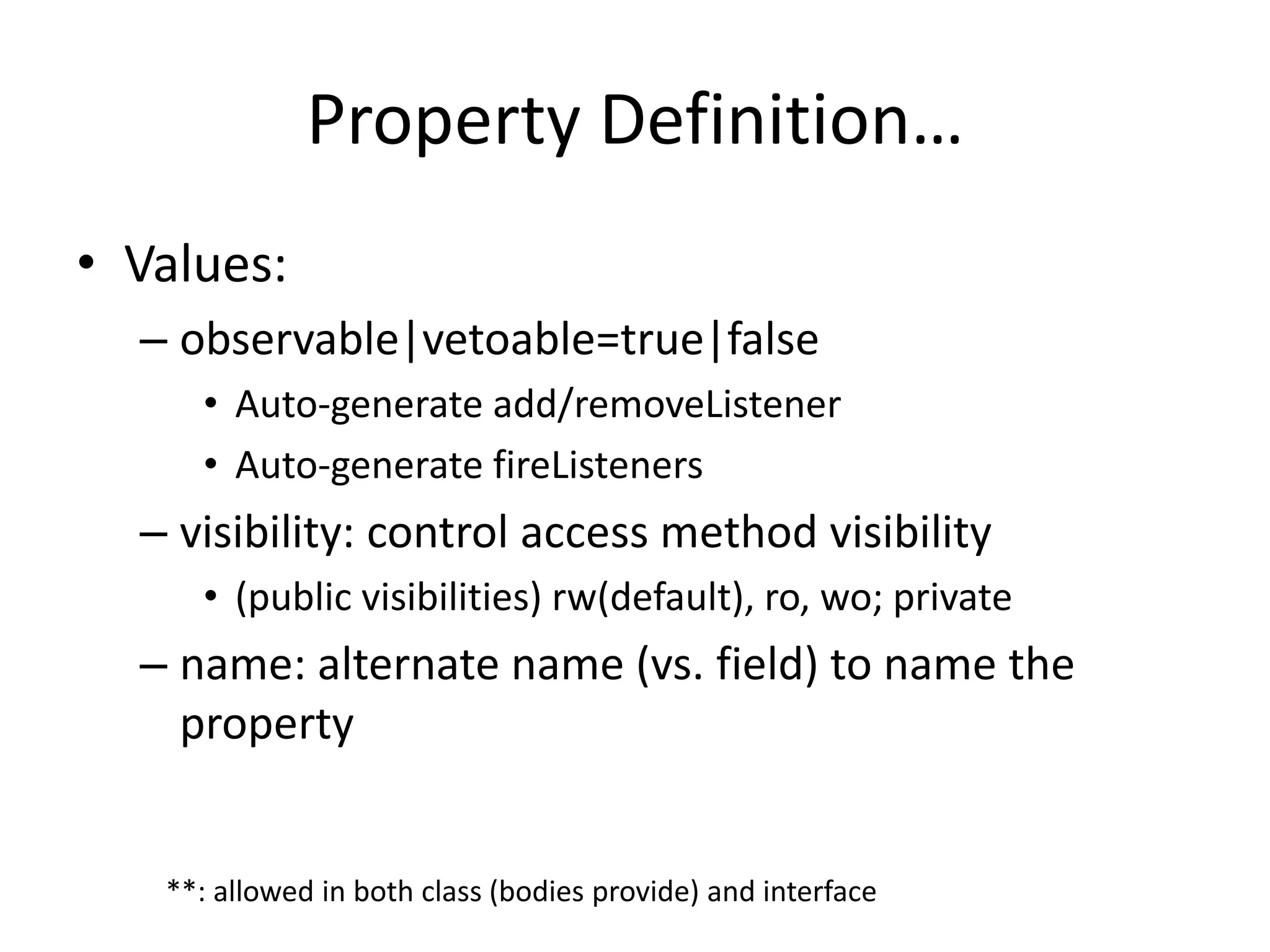
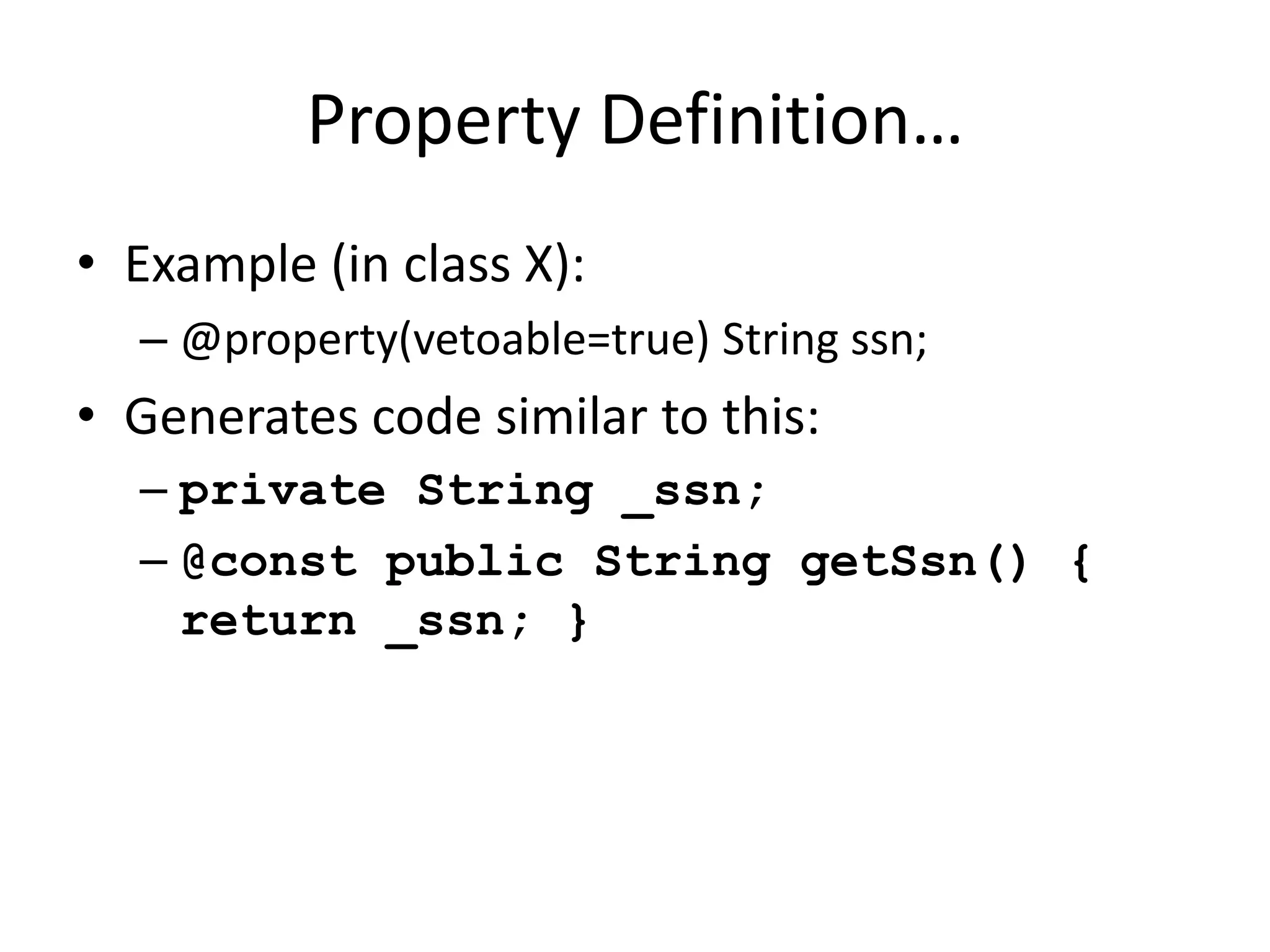
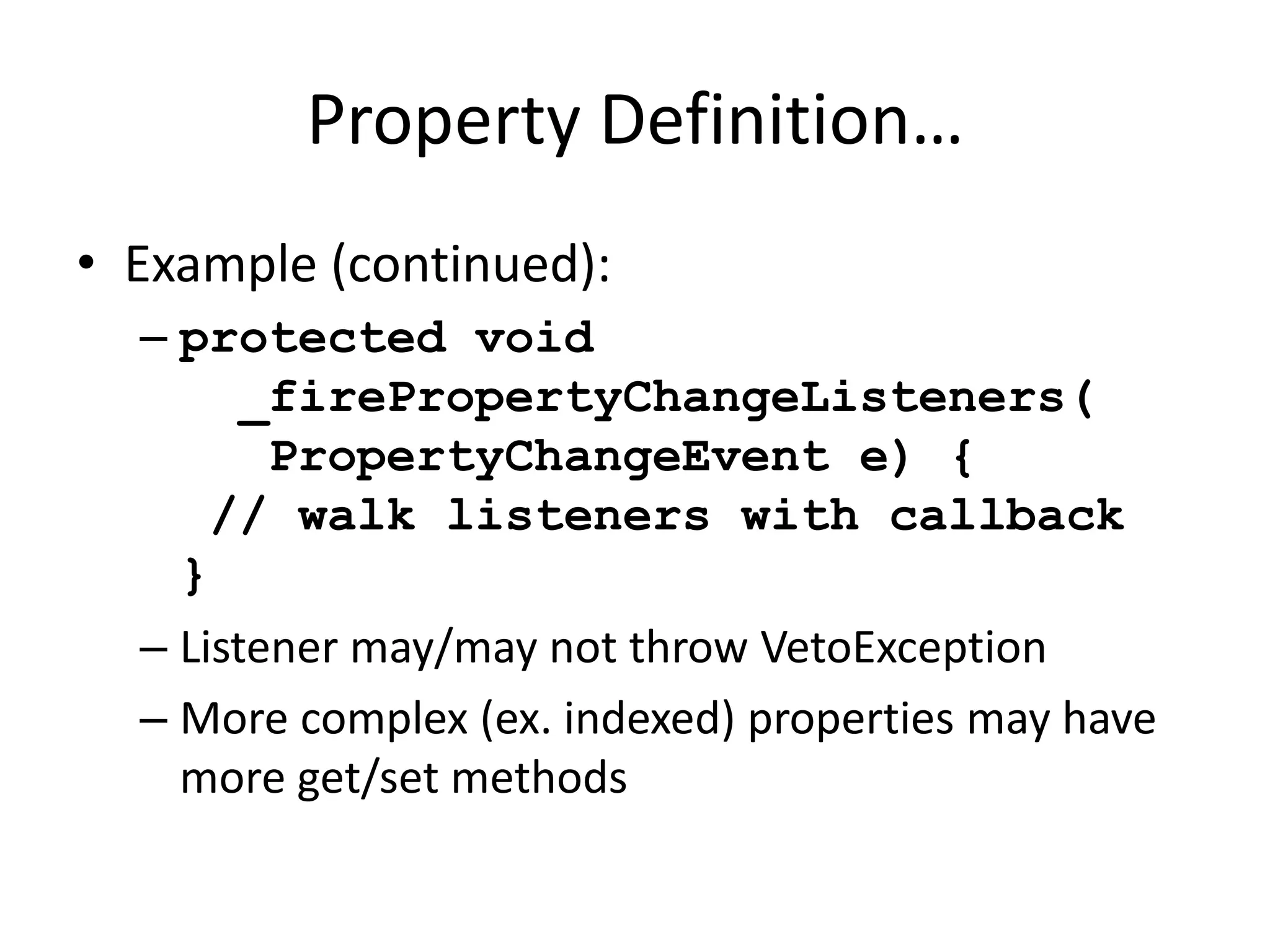
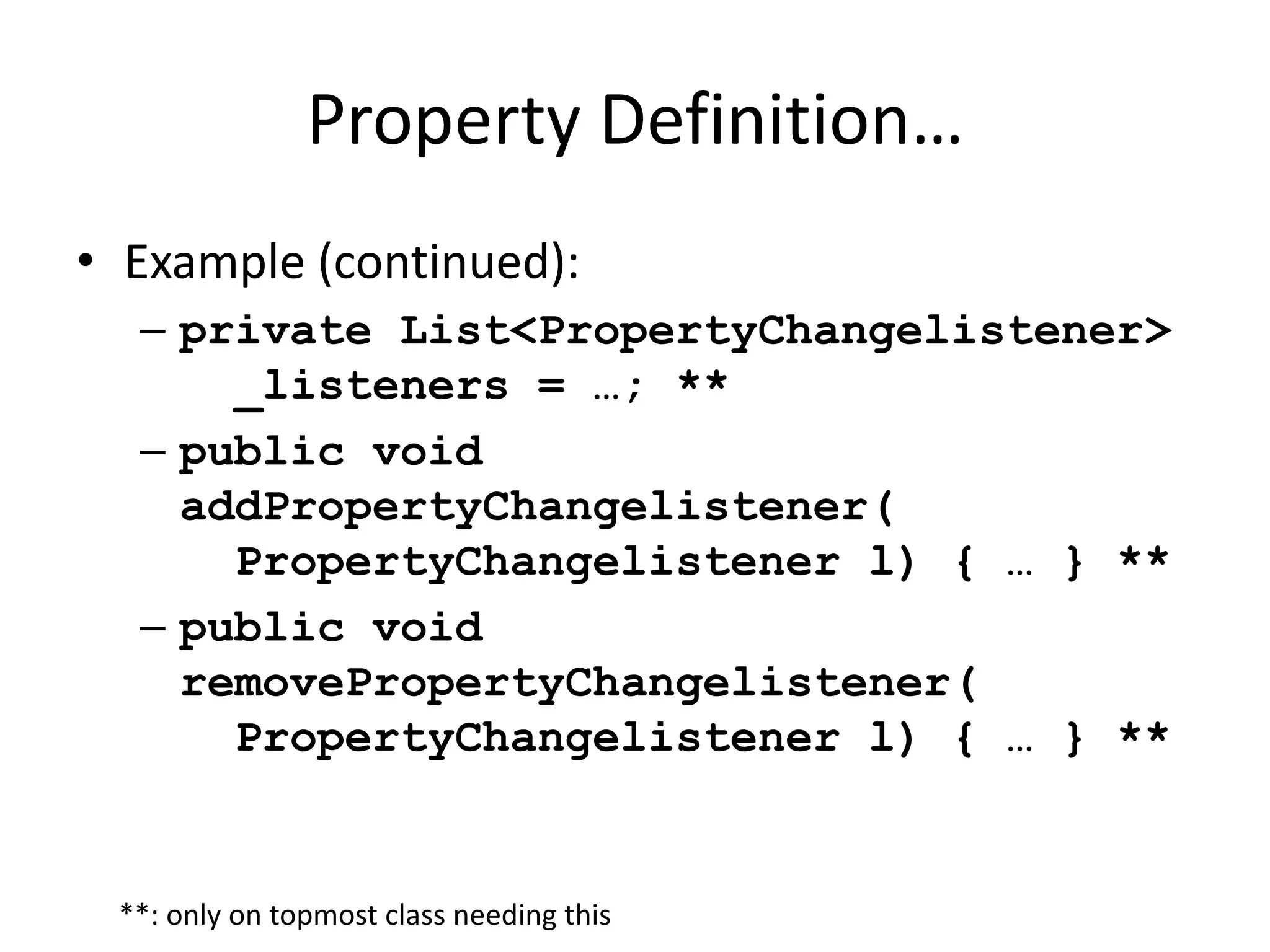
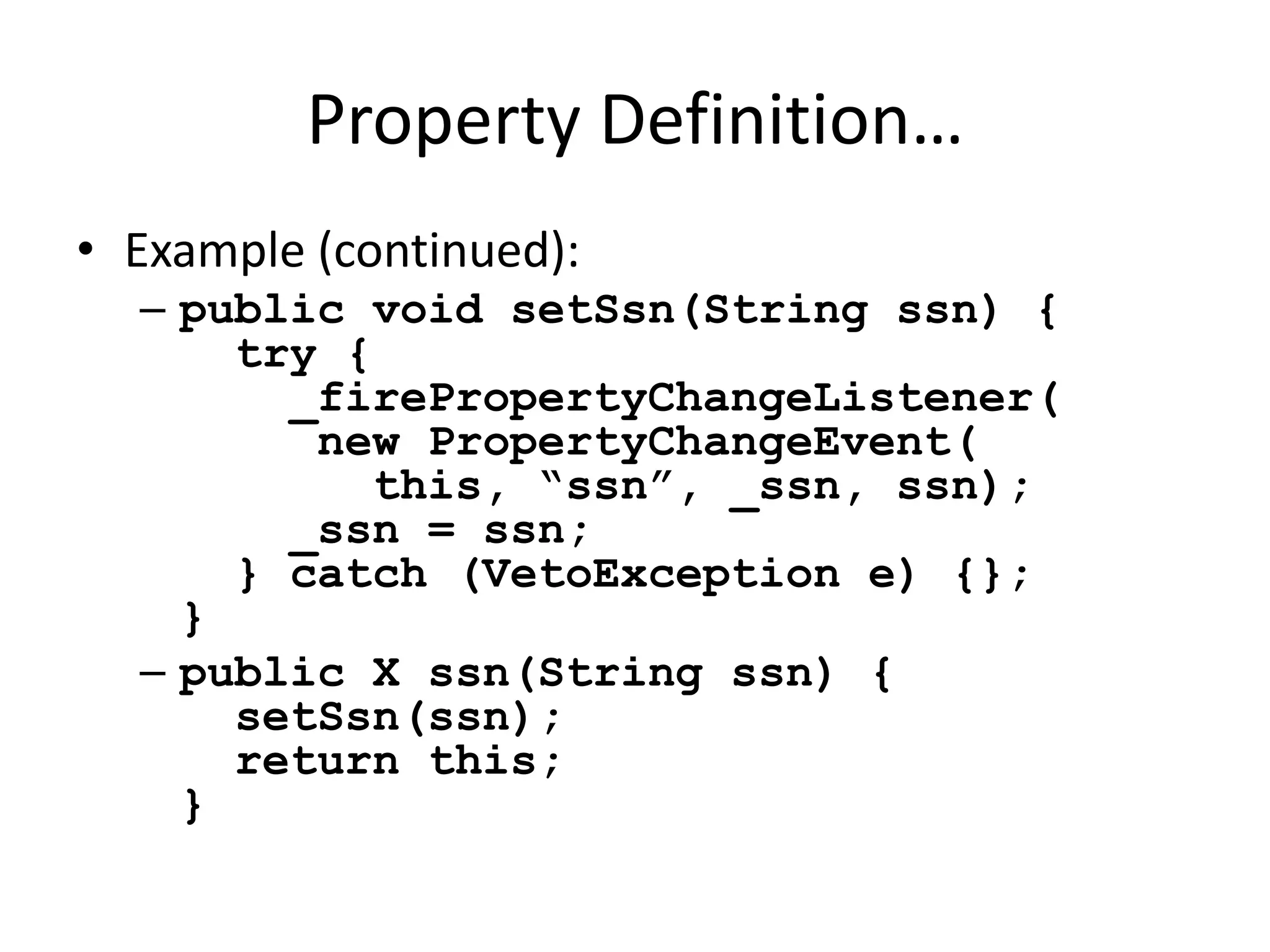
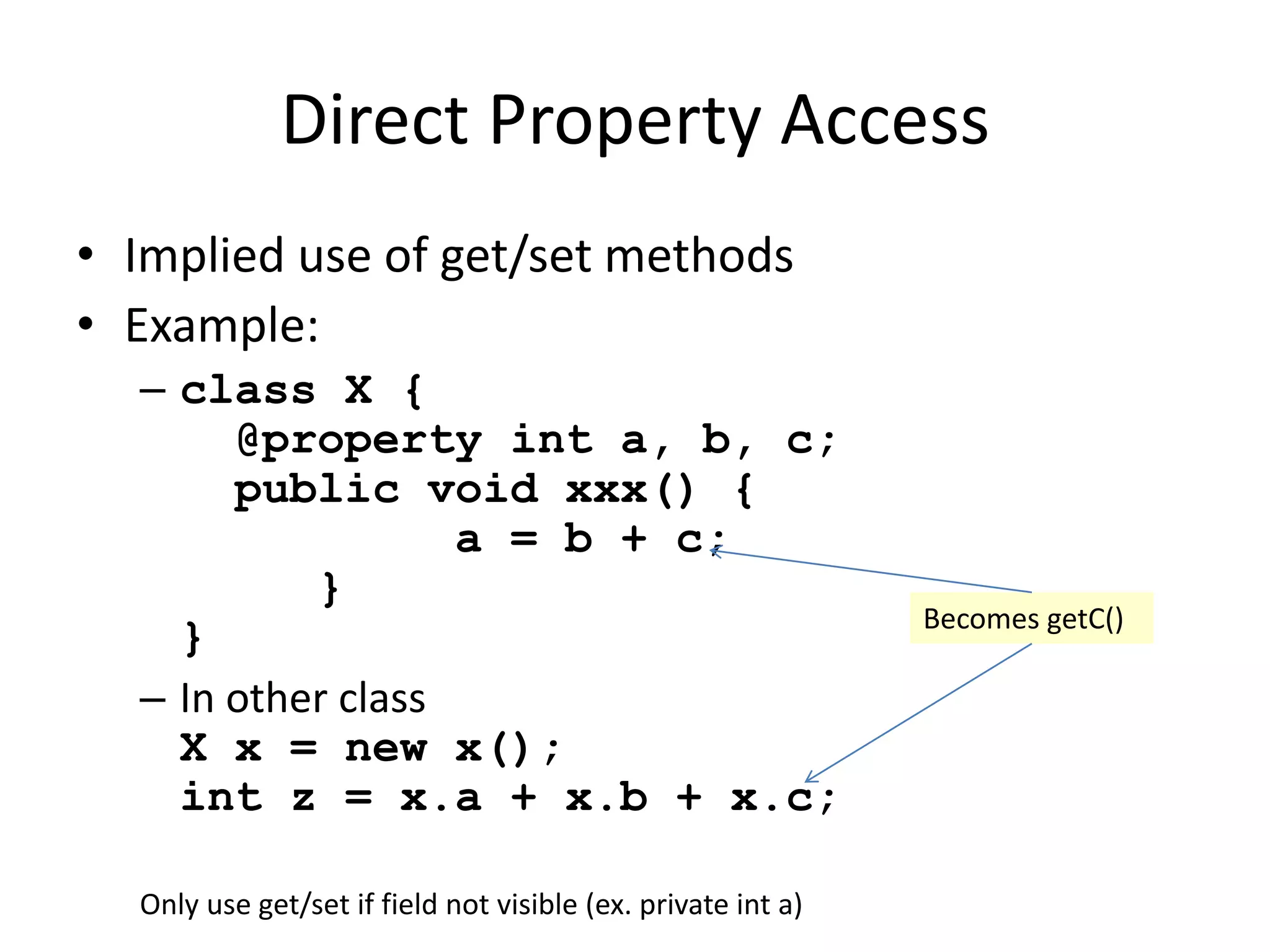
![Direct Map Key Reference
– Example:
• Given:
Map<String, String> map = …;
• Then:
map.name = map.first + ‘ ‘ + map.last;
• Equivalent:
map.put(“name”, map.get(“first”) + ‘ ‘ +
map.get(“last”));
• Also:
map.”has n blank”r = “…”;
• Complex expressions must use [ … ]:
map[map.first + ‘ ‘ + map.last] = “new”;
Map implements new AutoGetPut<T> interface – get(String), put(String, T)](https://image.slidesharecdn.com/potentialjavajsritems-141021122623-conversion-gate02/75/Proposals-for-new-function-in-Java-SE-9-and-beyond-137-2048.jpg)
;
– Or:
– String uc = map.ucase(“hello” + map.name)](https://image.slidesharecdn.com/potentialjavajsritems-141021122623-conversion-gate02/75/Proposals-for-new-function-in-Java-SE-9-and-beyond-138-2048.jpg)
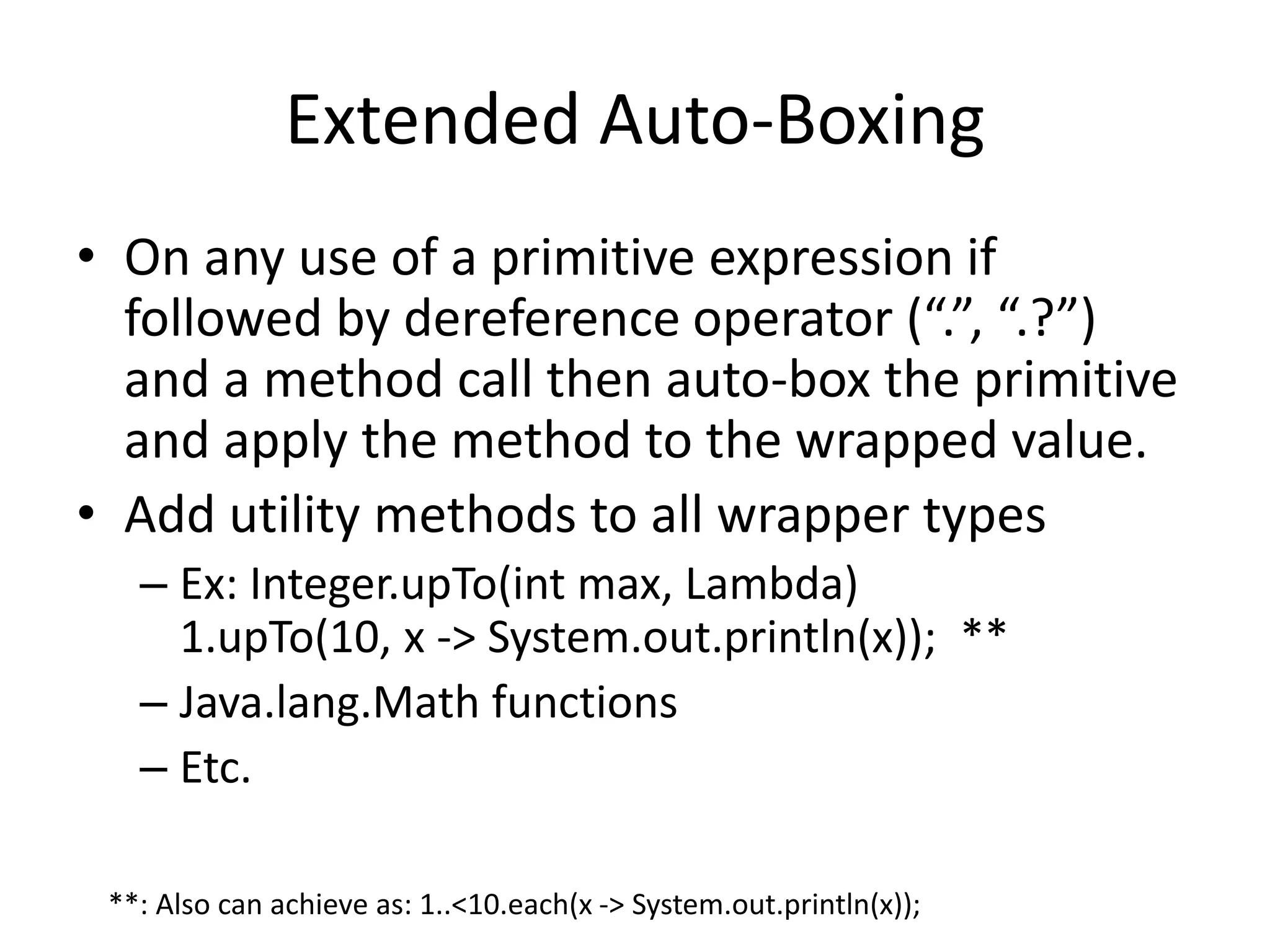
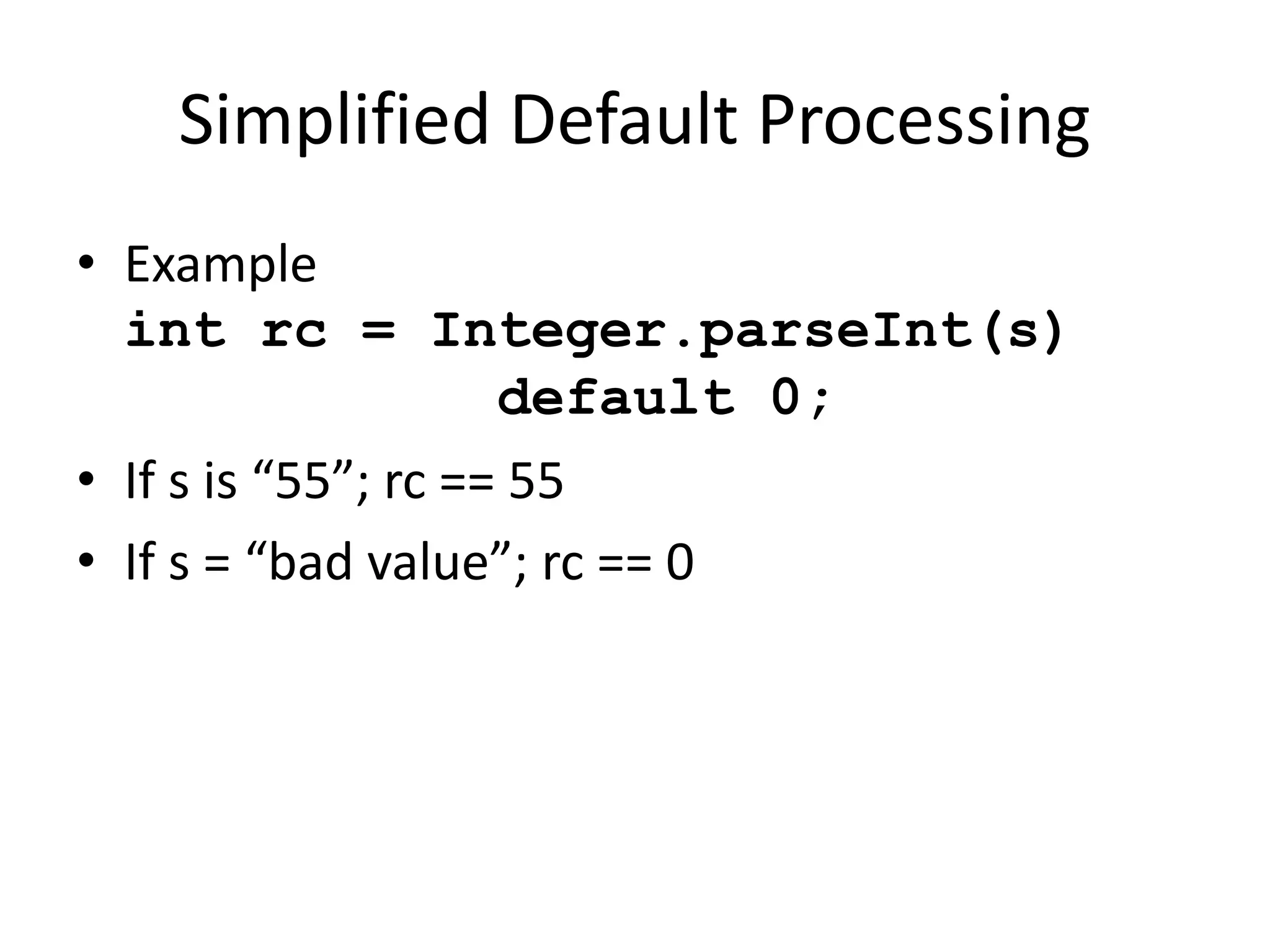
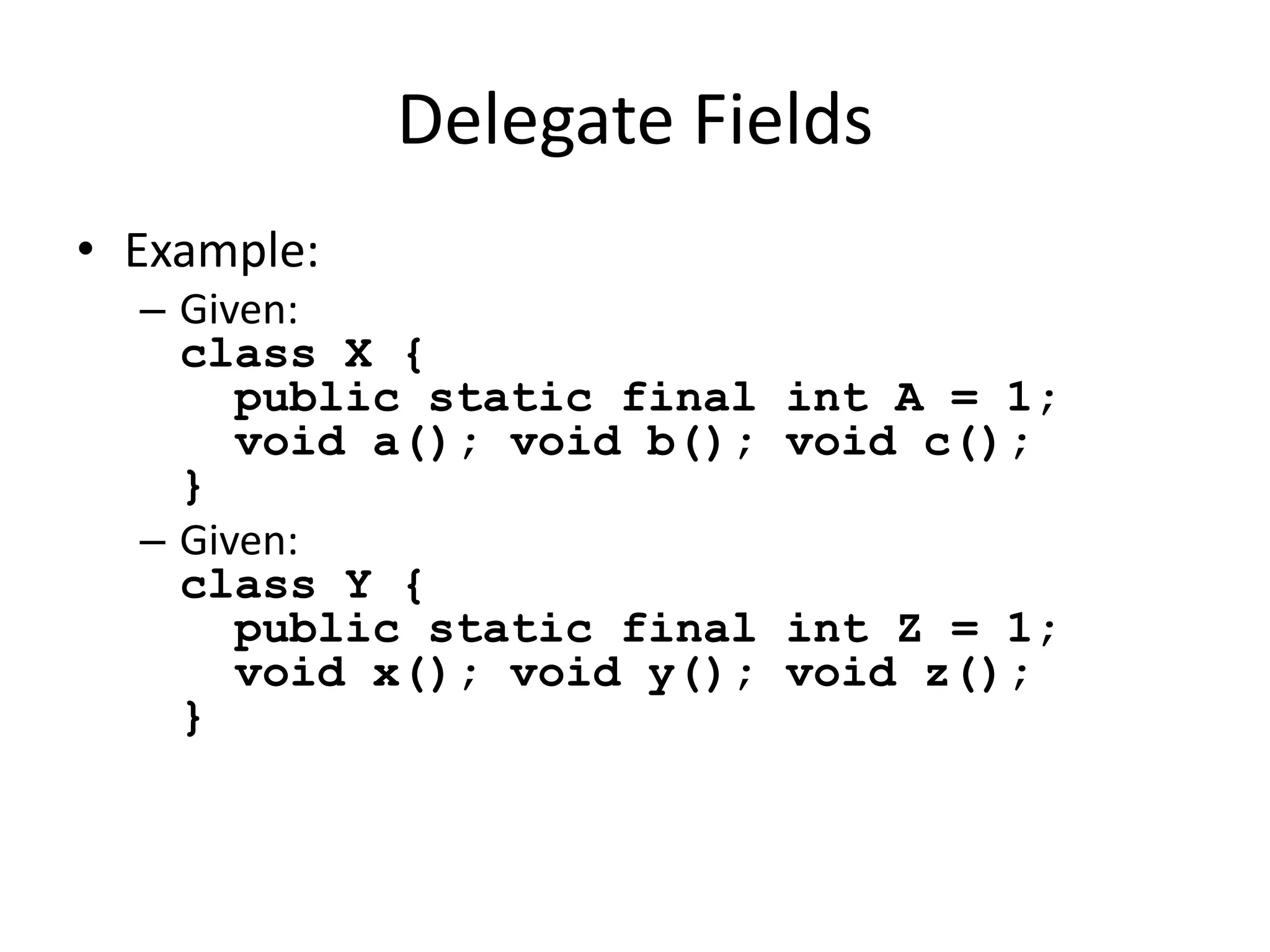
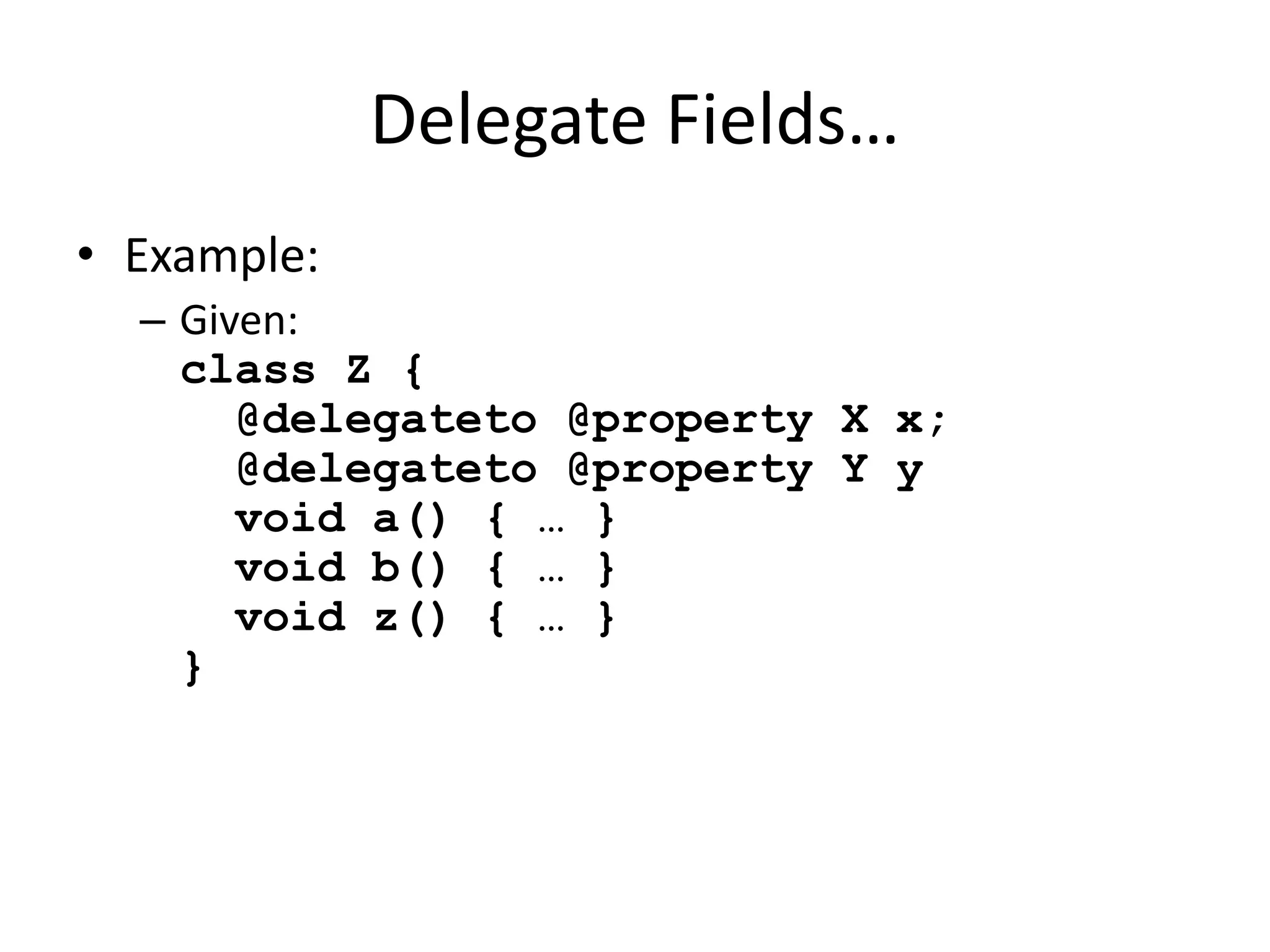
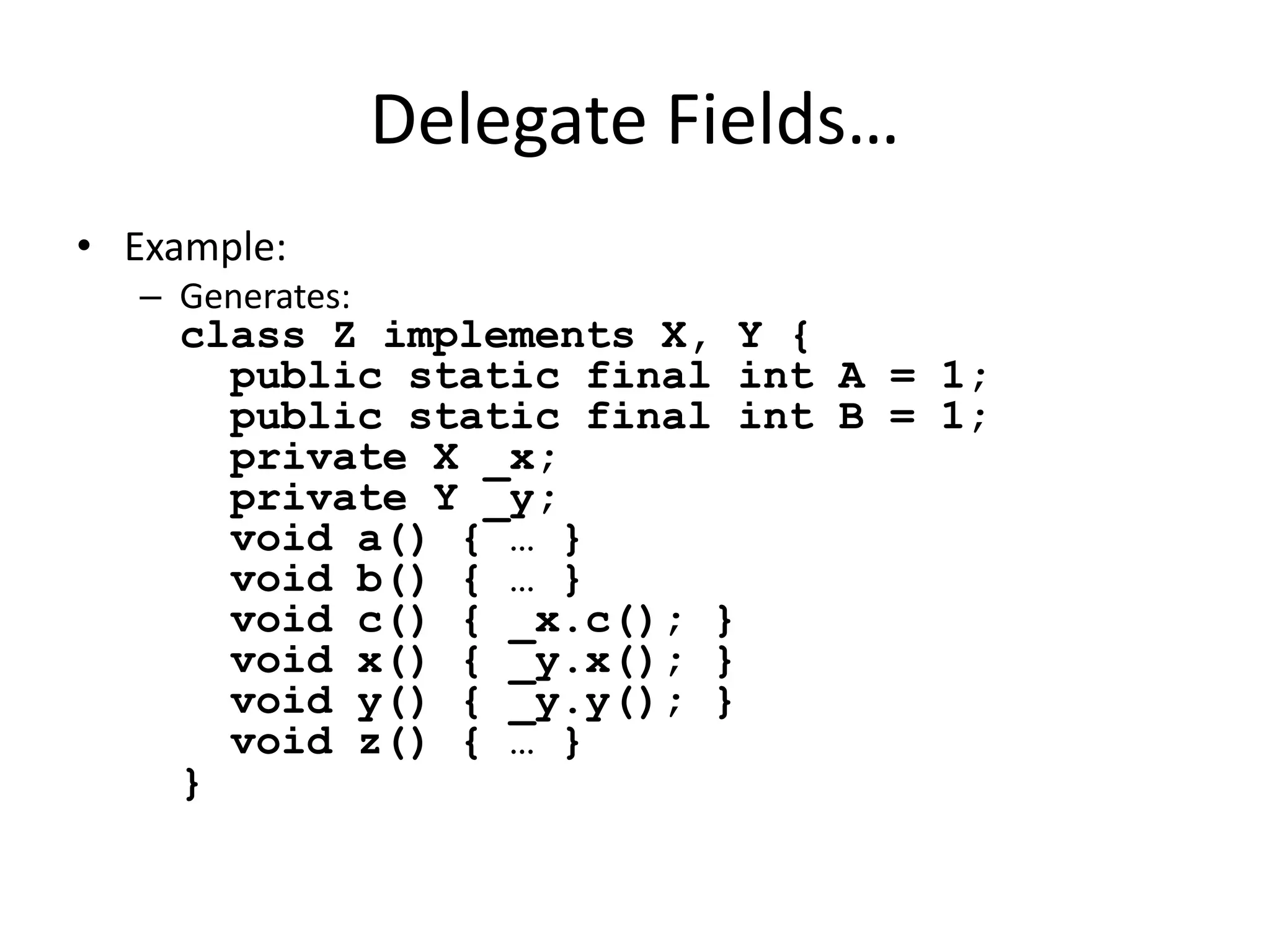
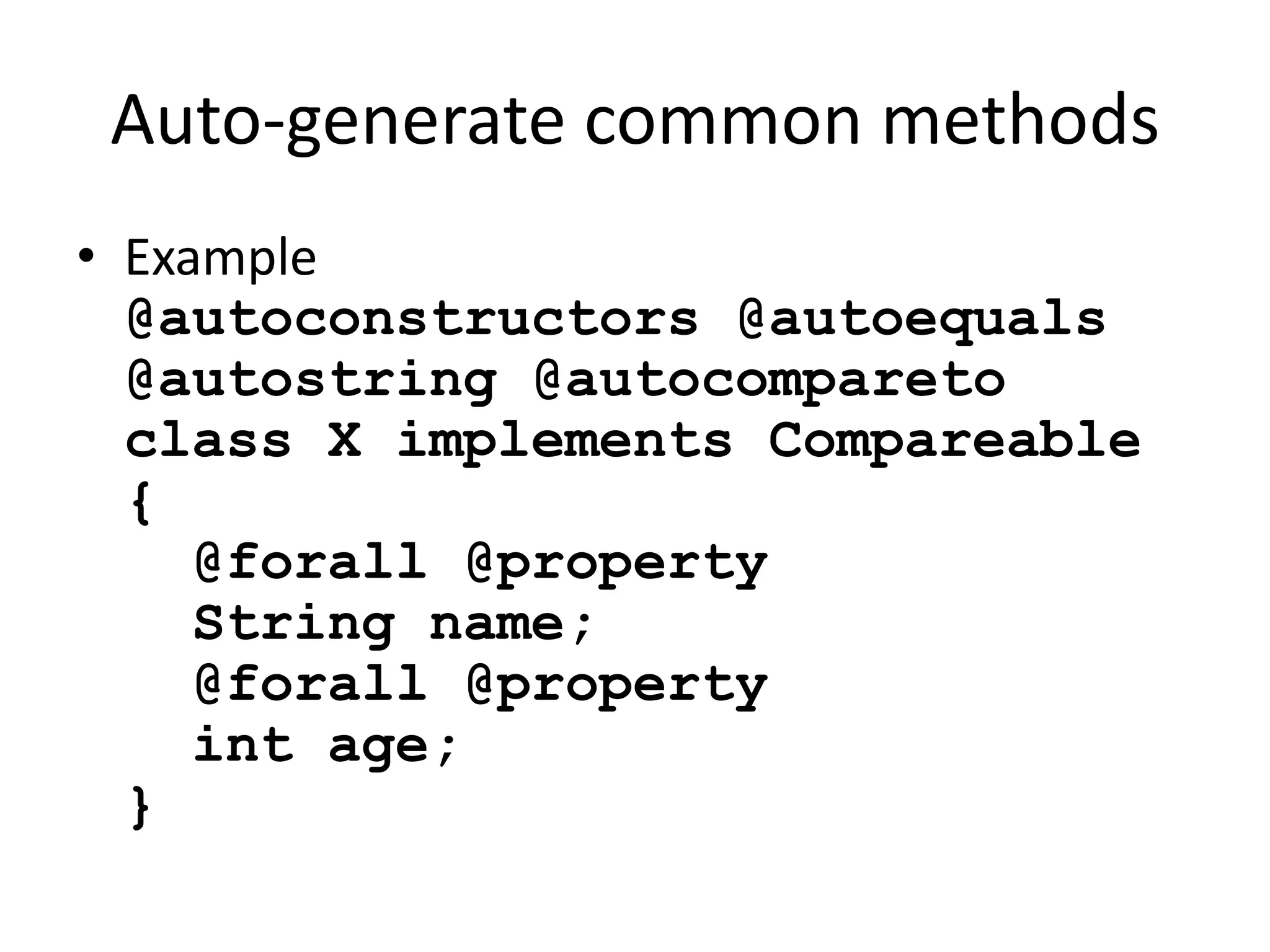
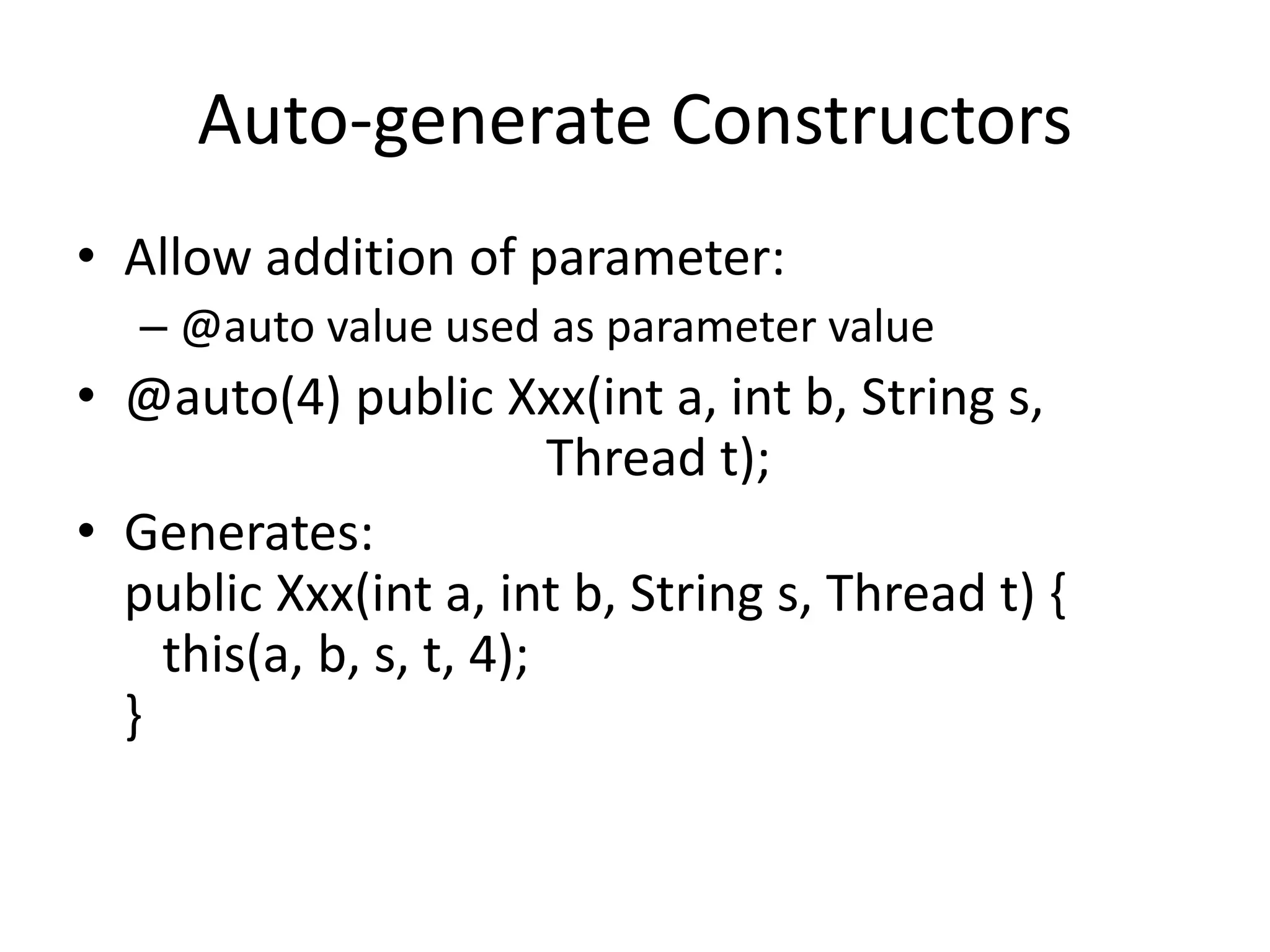
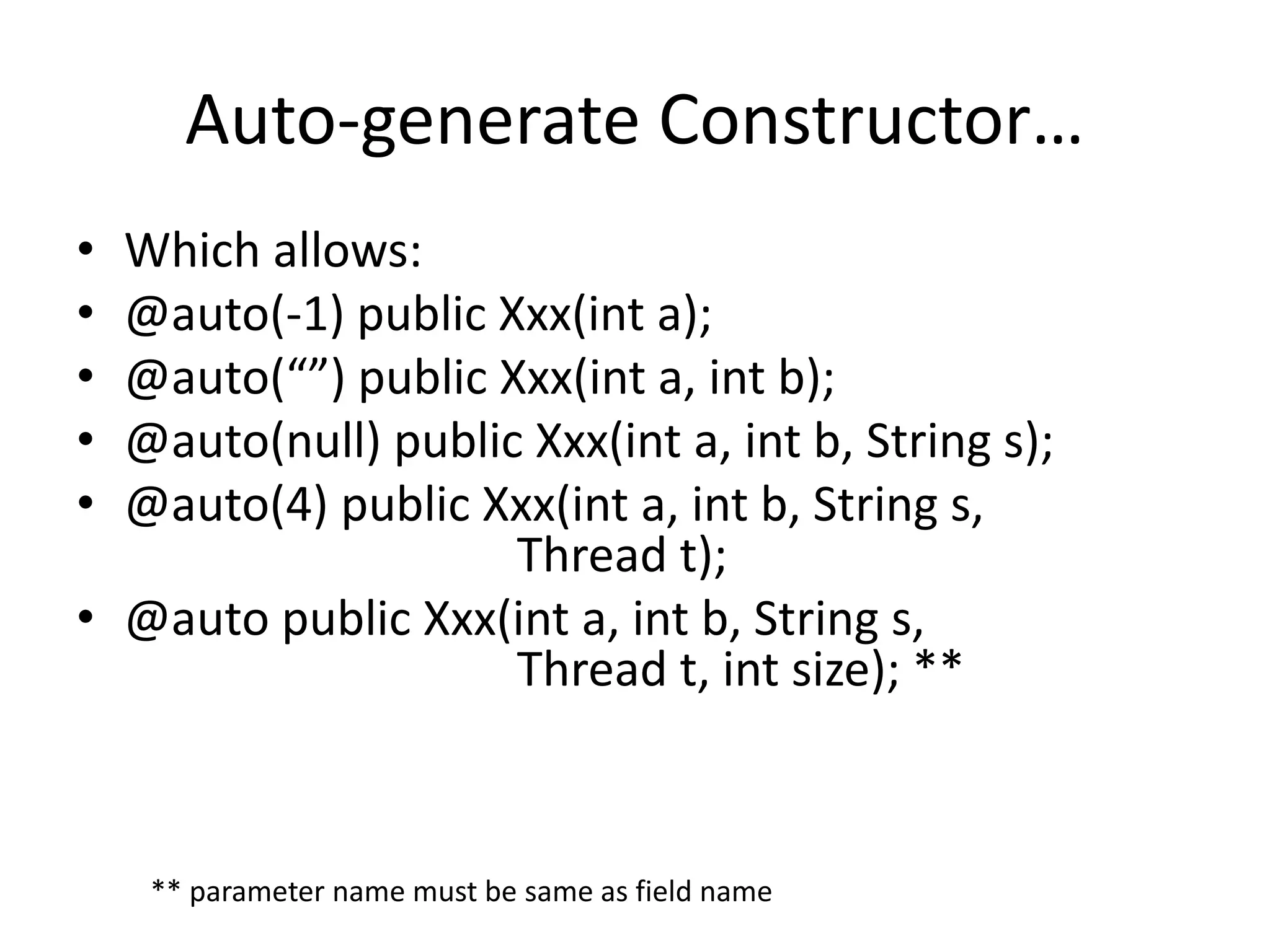
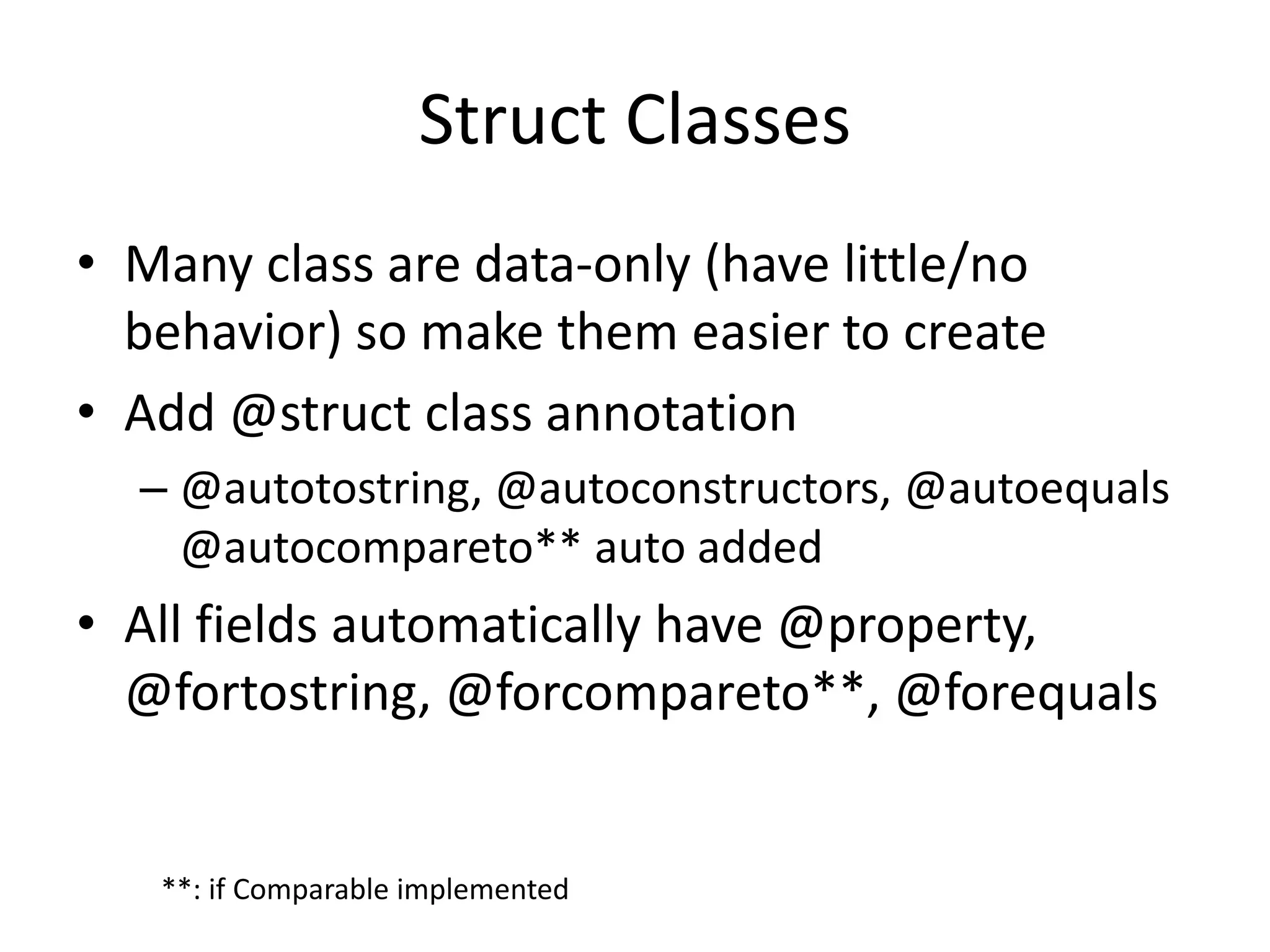
![Struct Classes…
• Example
@struct class Data implements
Serializable, Comparable<Data> {
int[] array;
Date date;
String name;
}](https://image.slidesharecdn.com/potentialjavajsritems-141021122623-conversion-gate02/75/Proposals-for-new-function-in-Java-SE-9-and-beyond-148-2048.jpg)
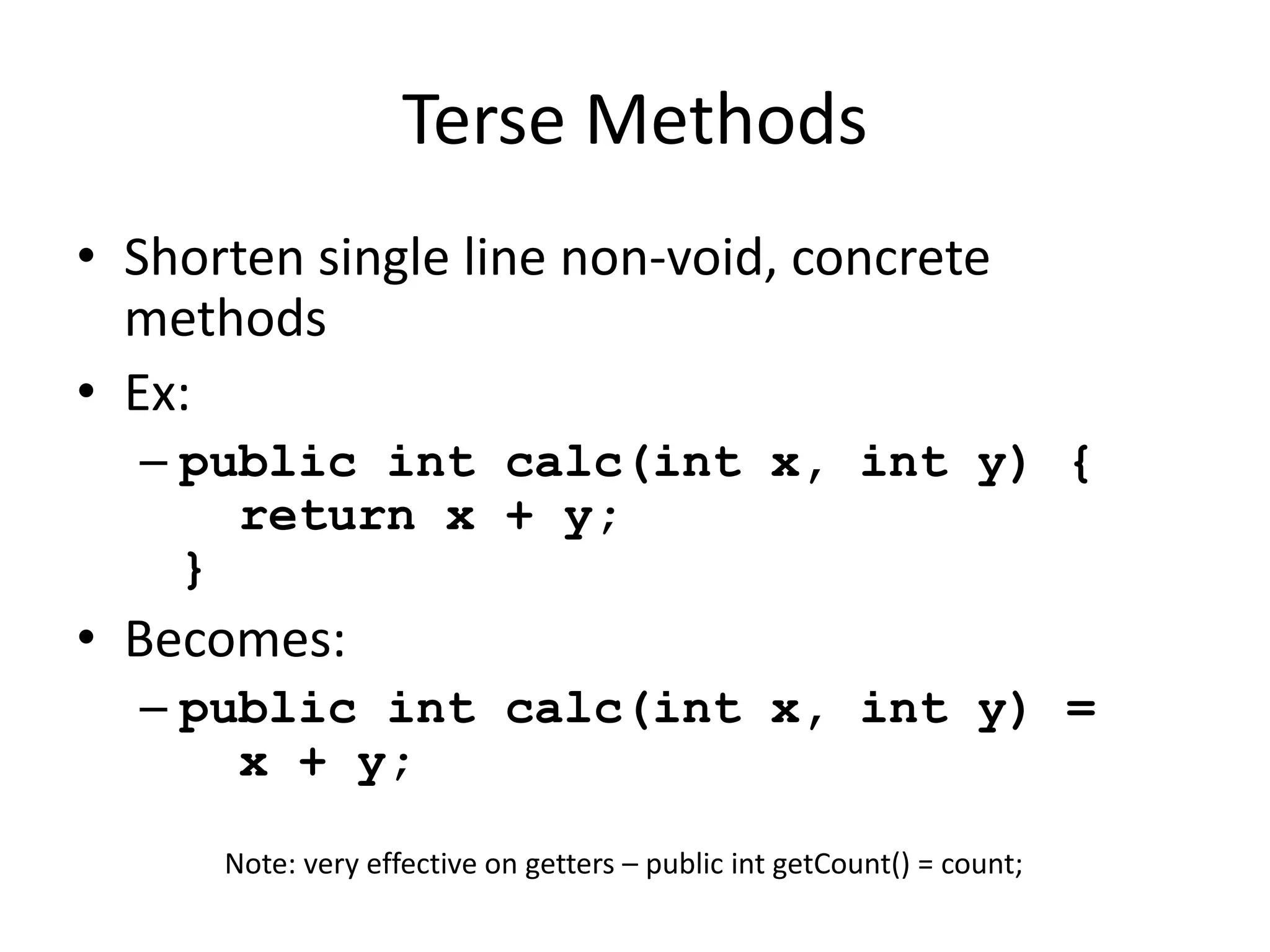
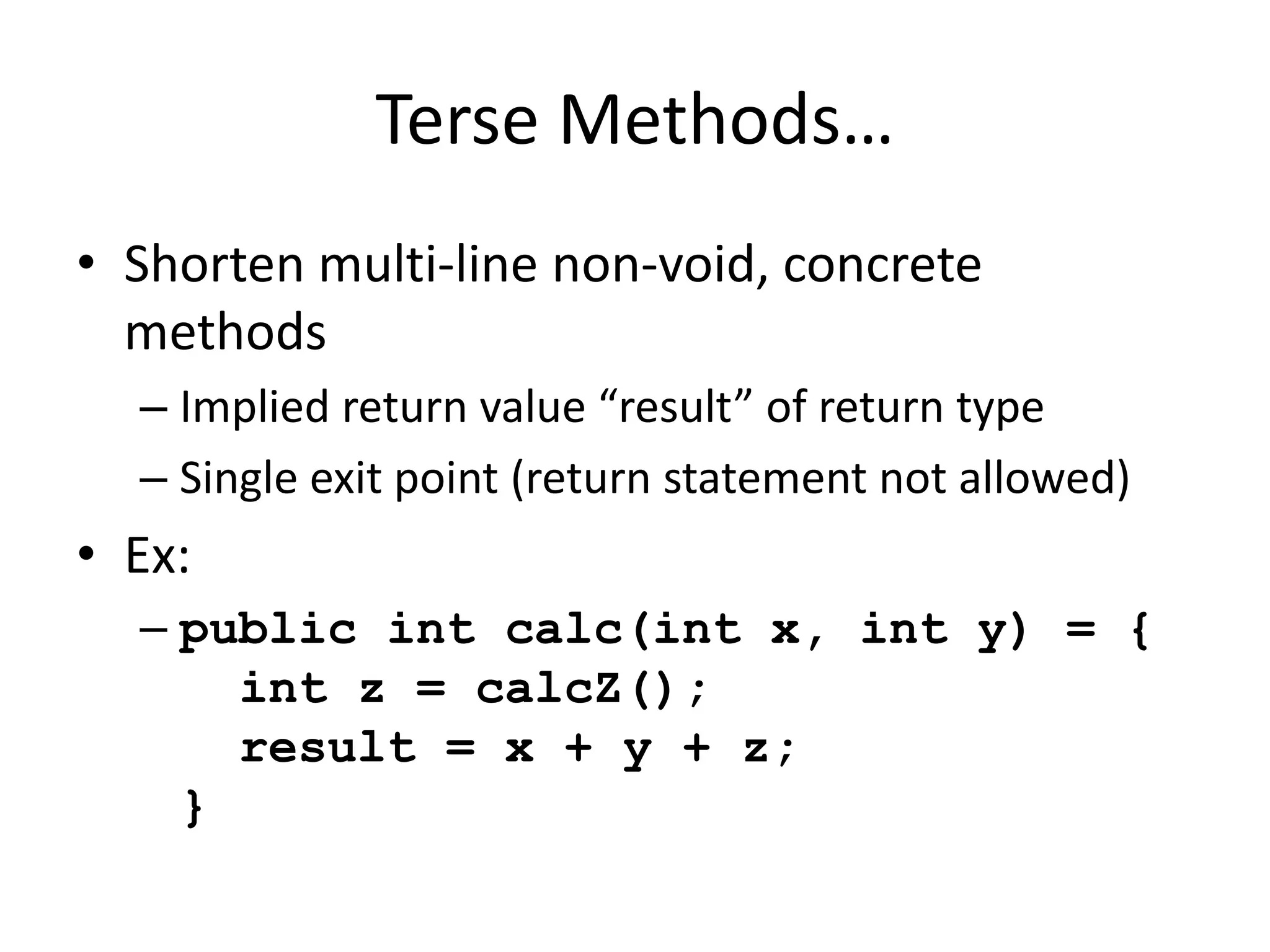
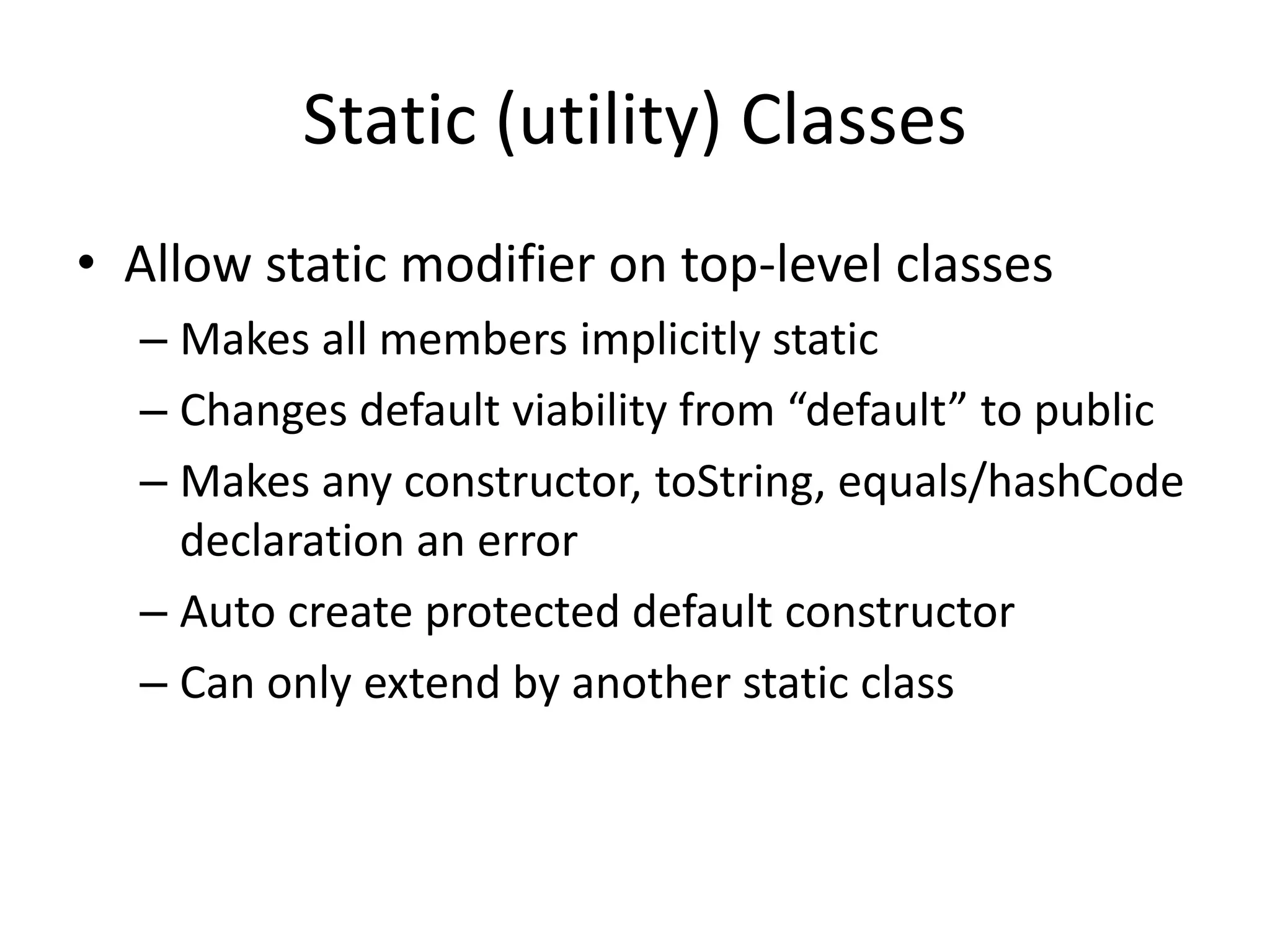


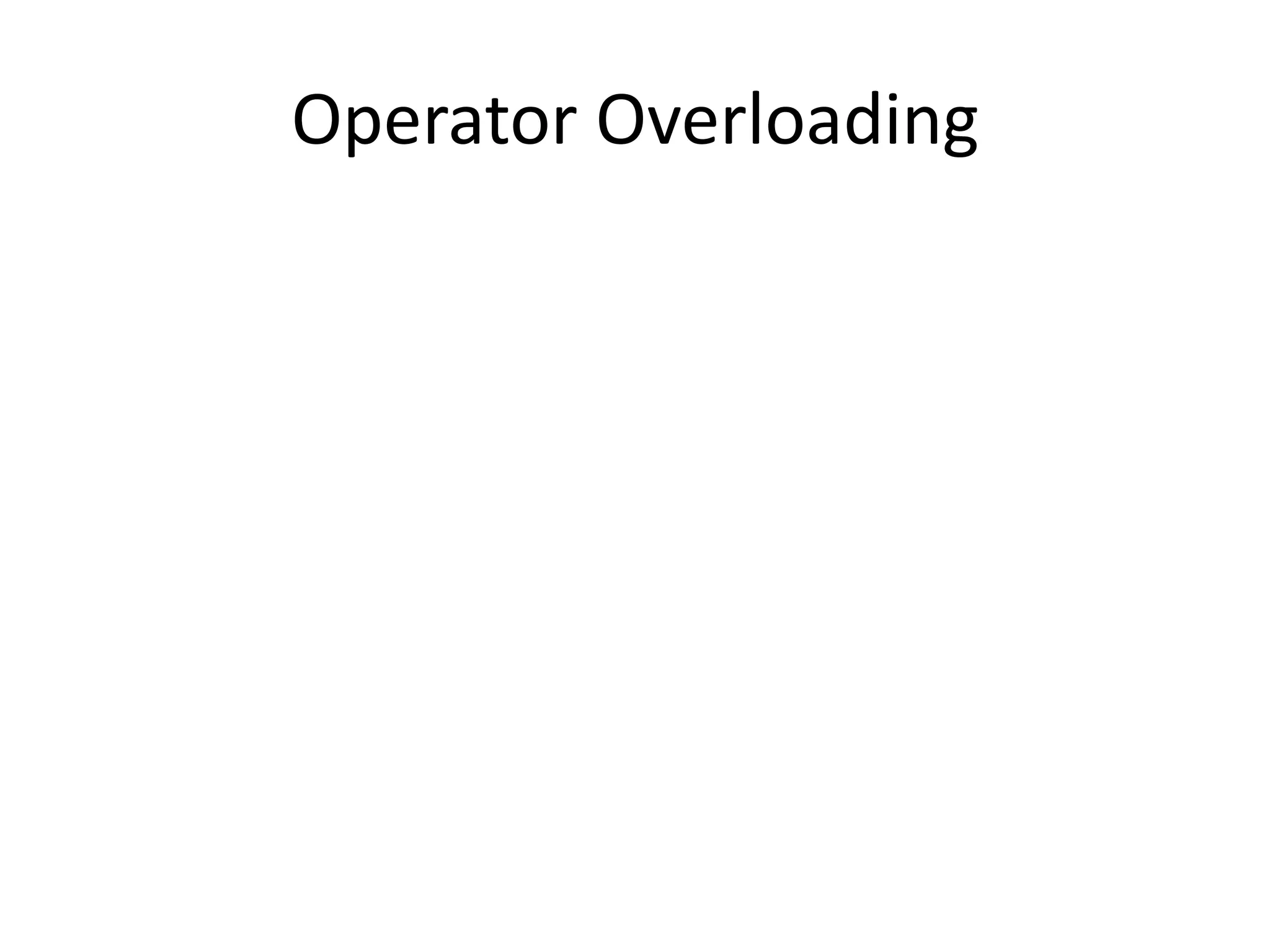
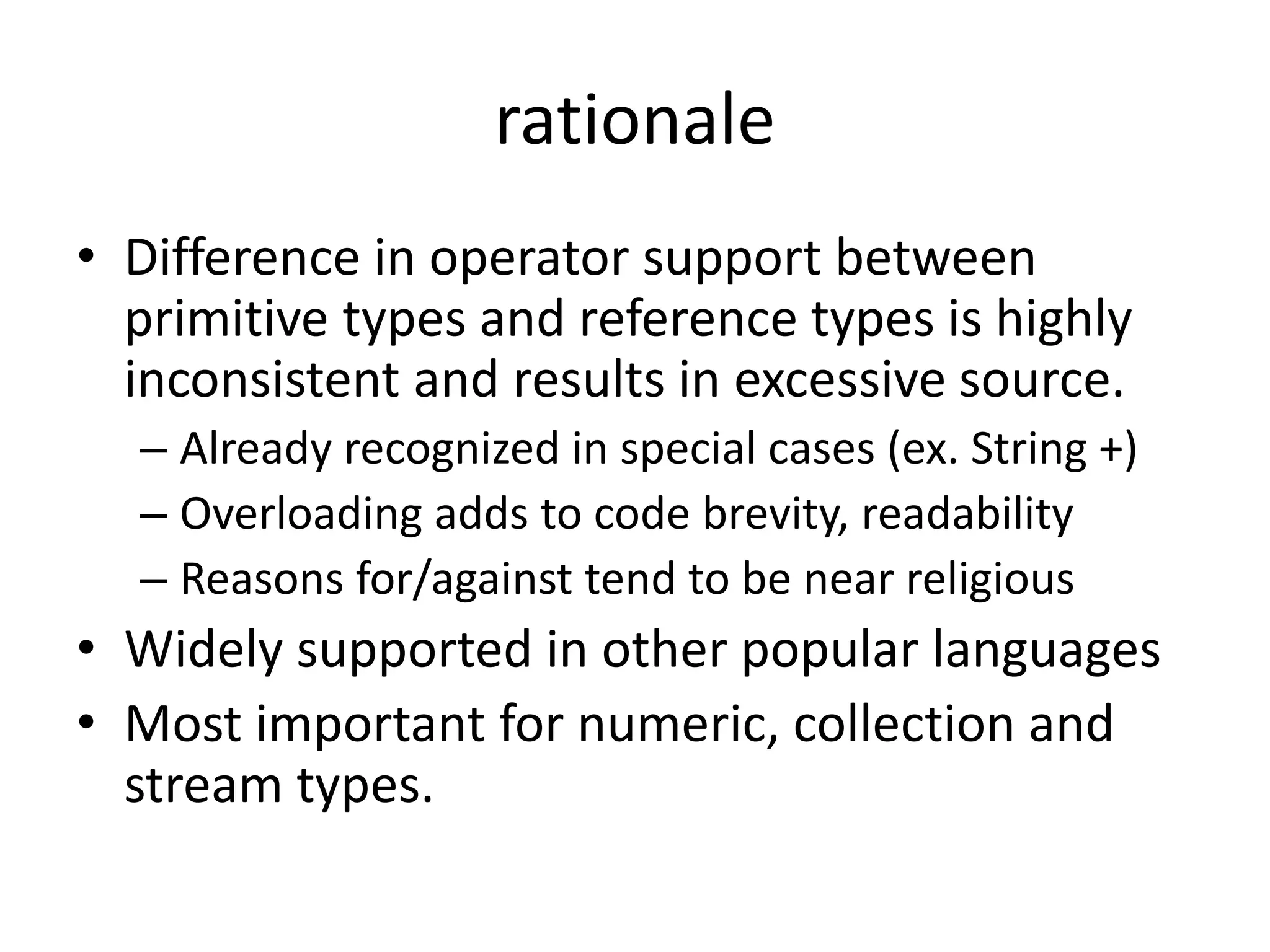
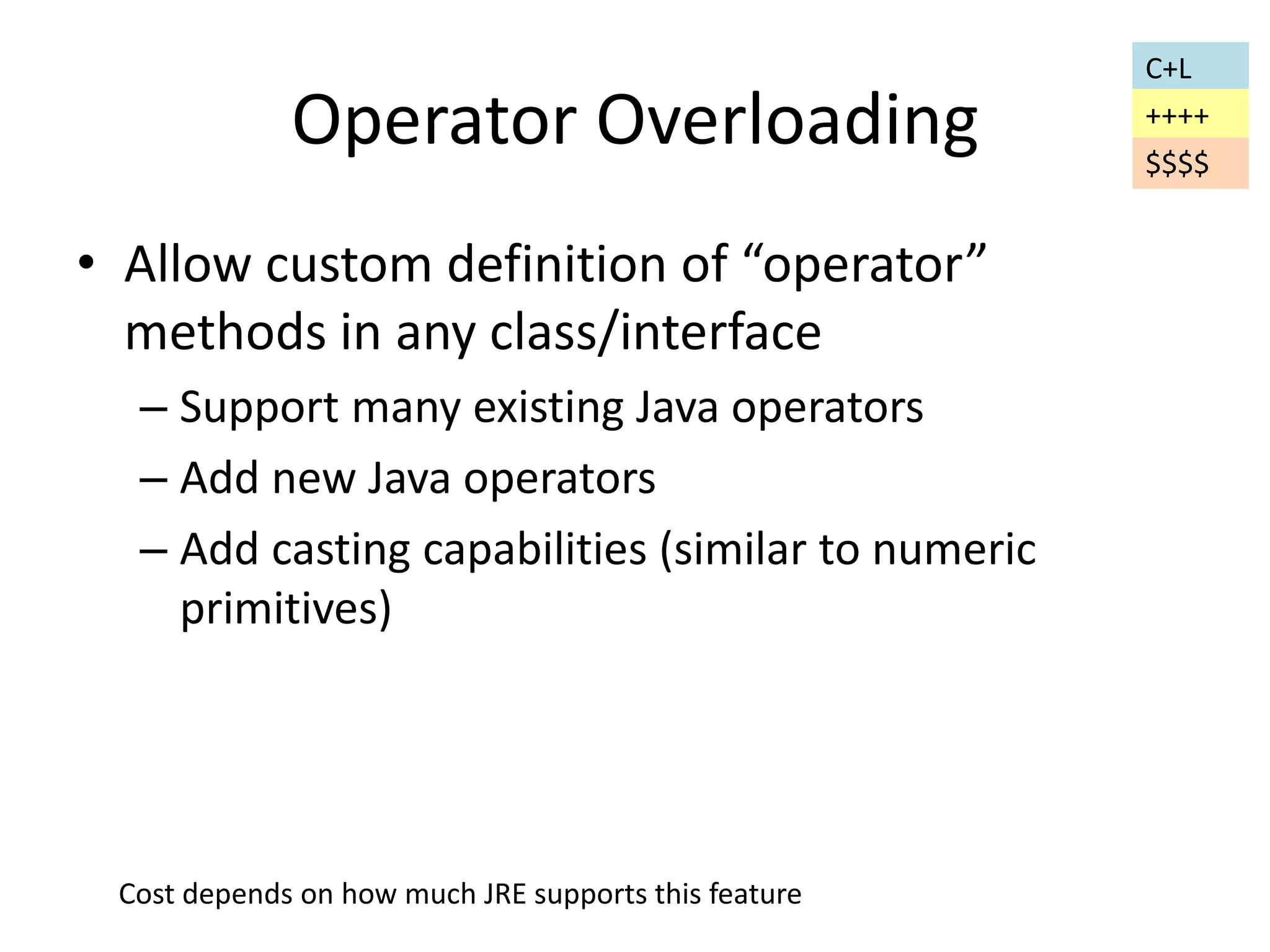
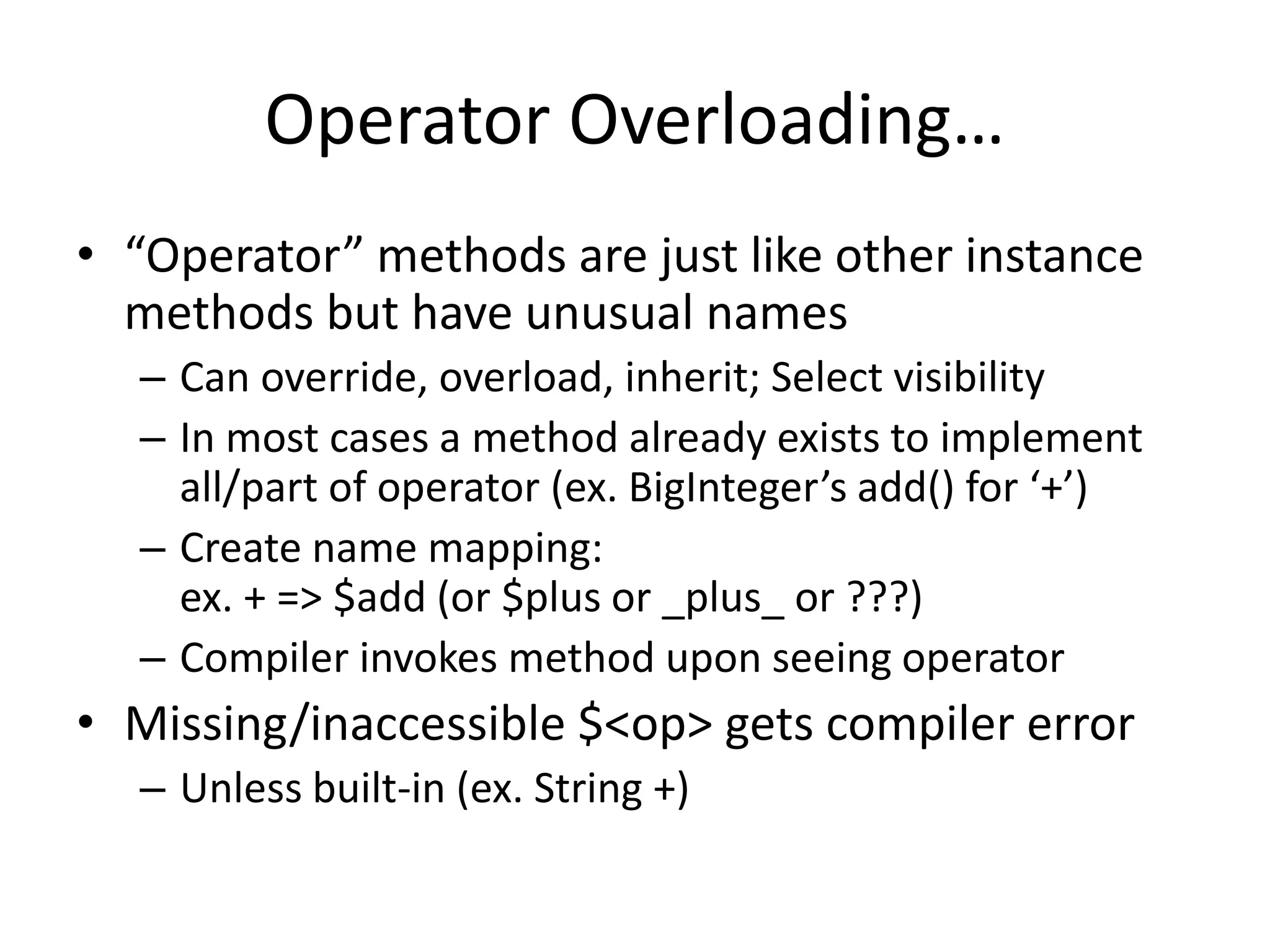
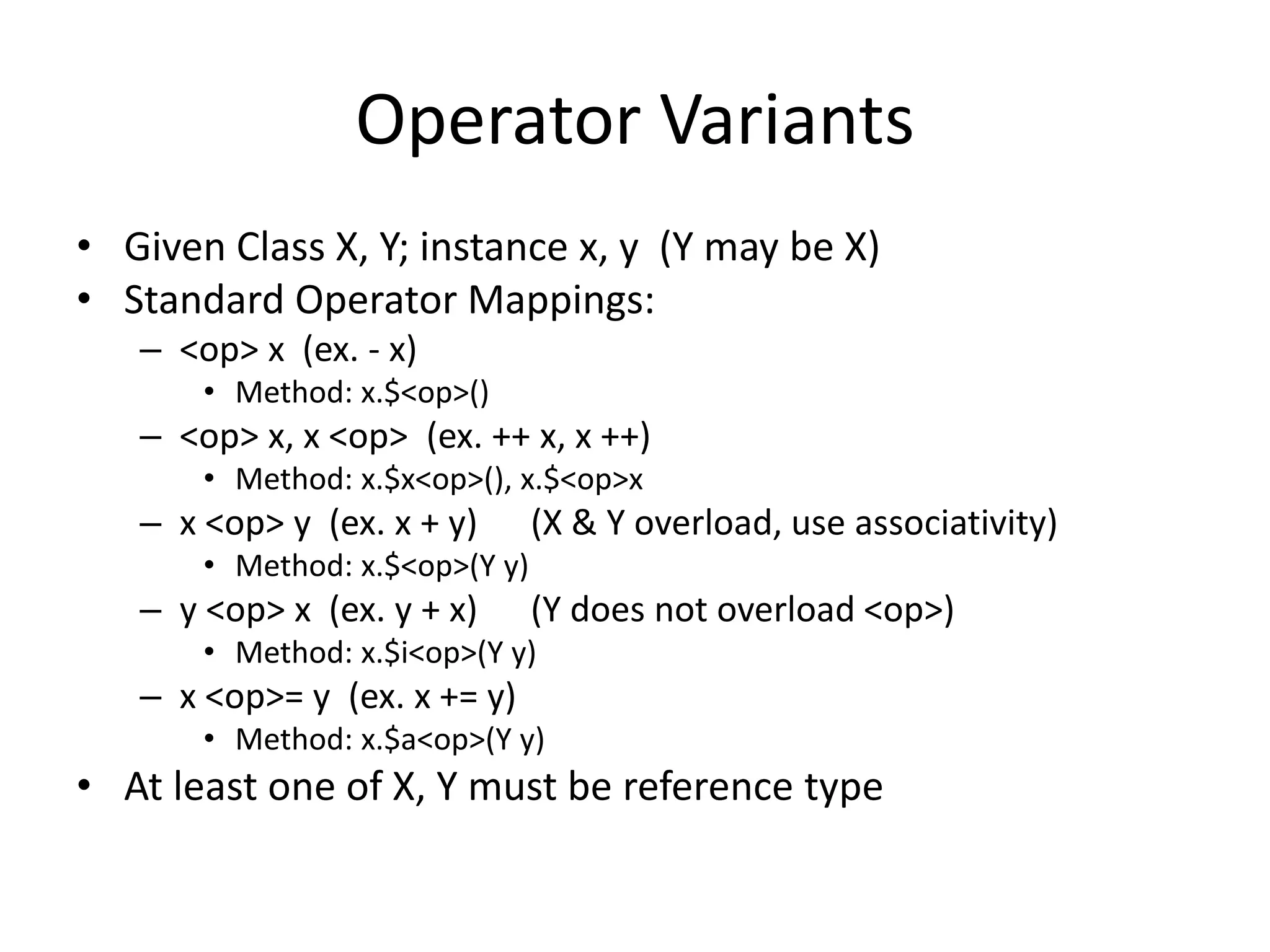
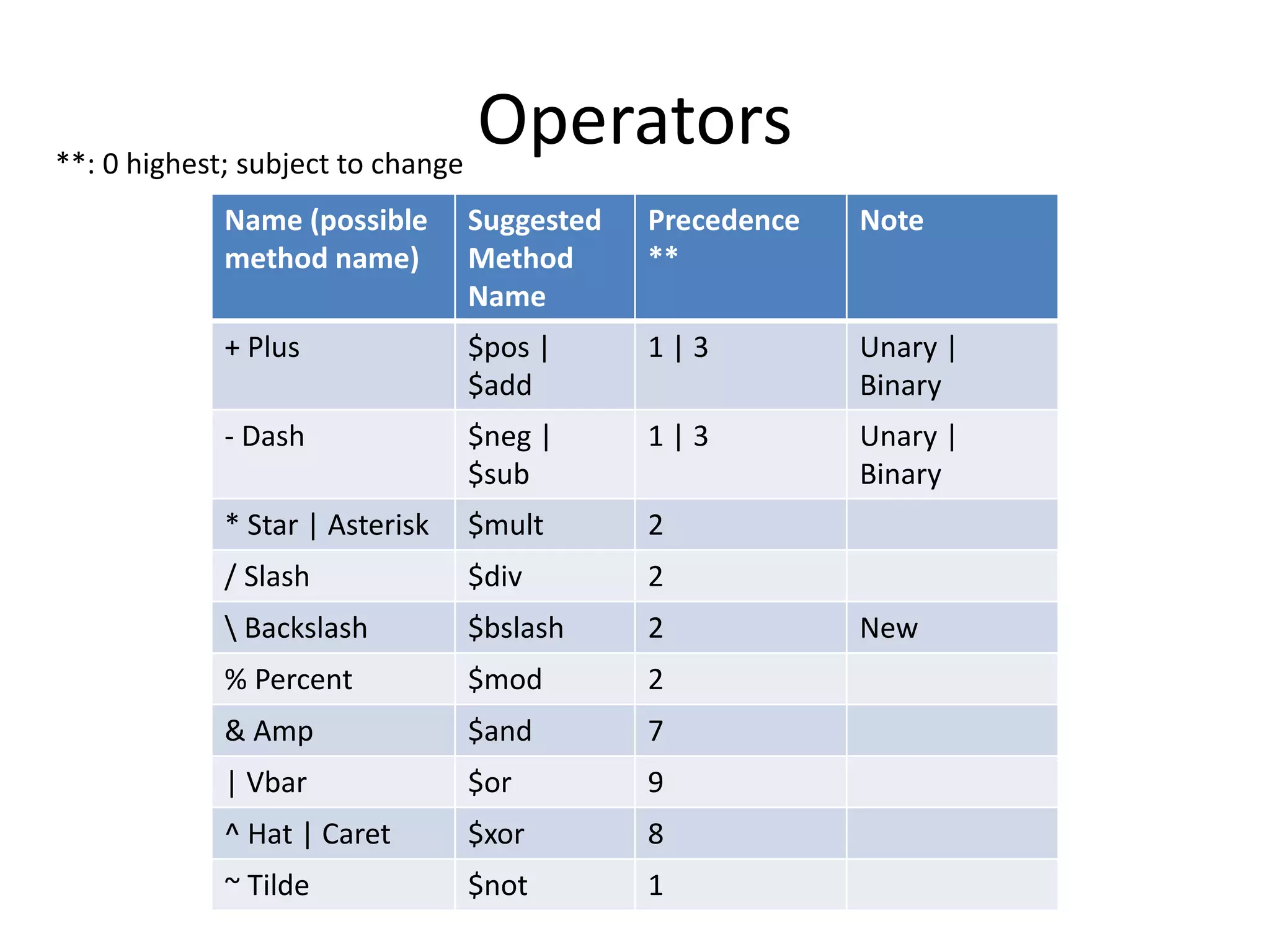
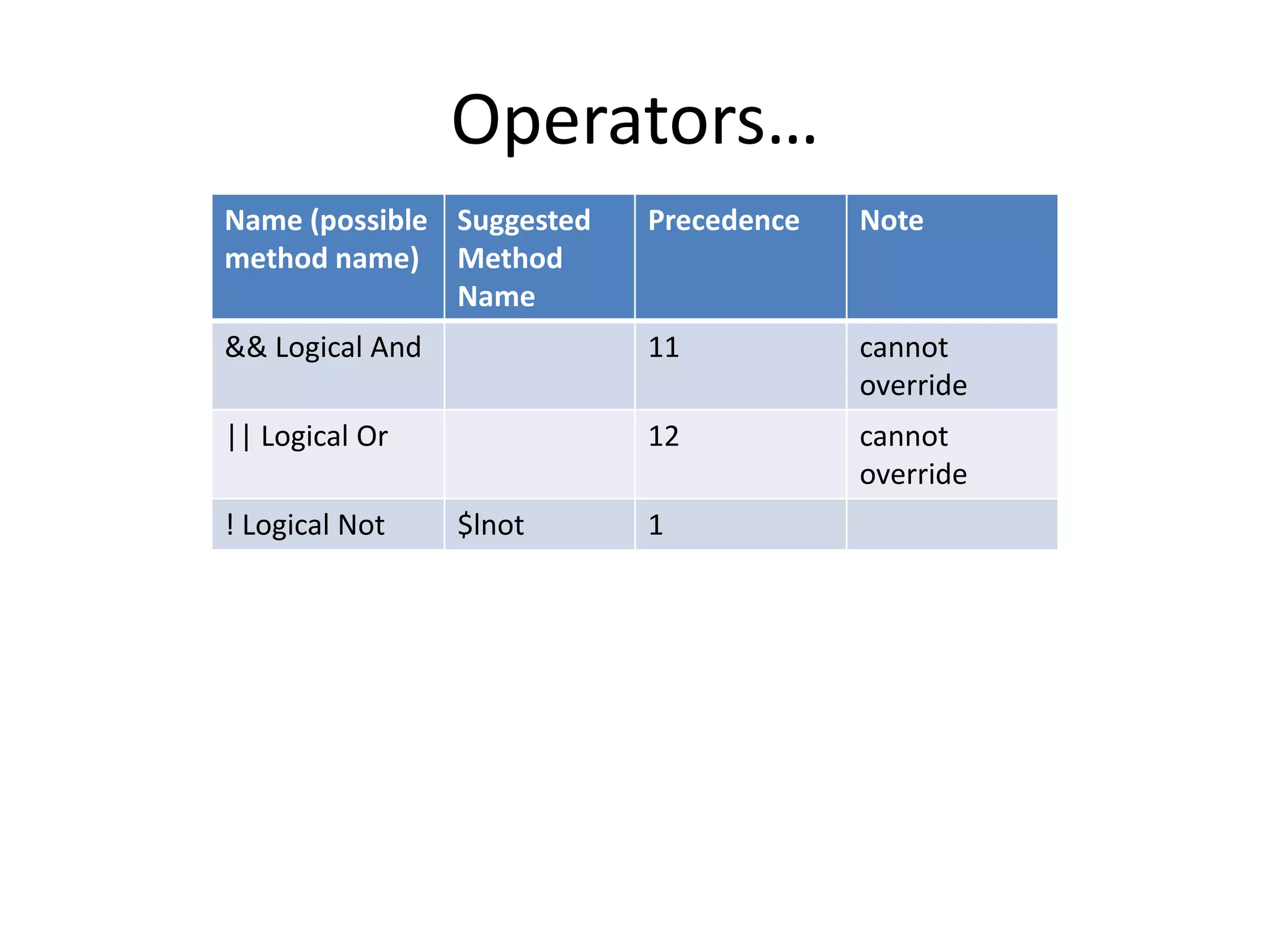
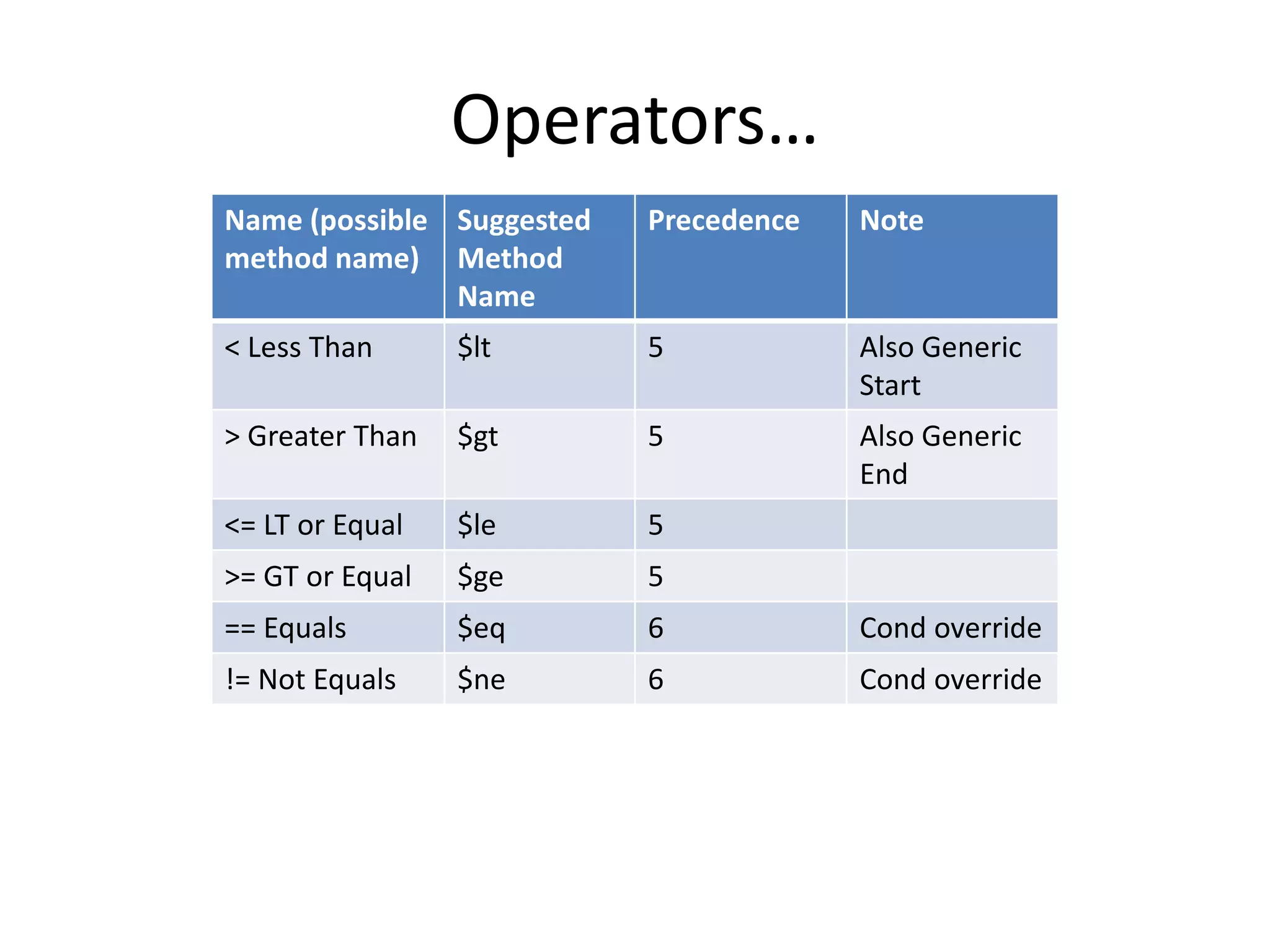
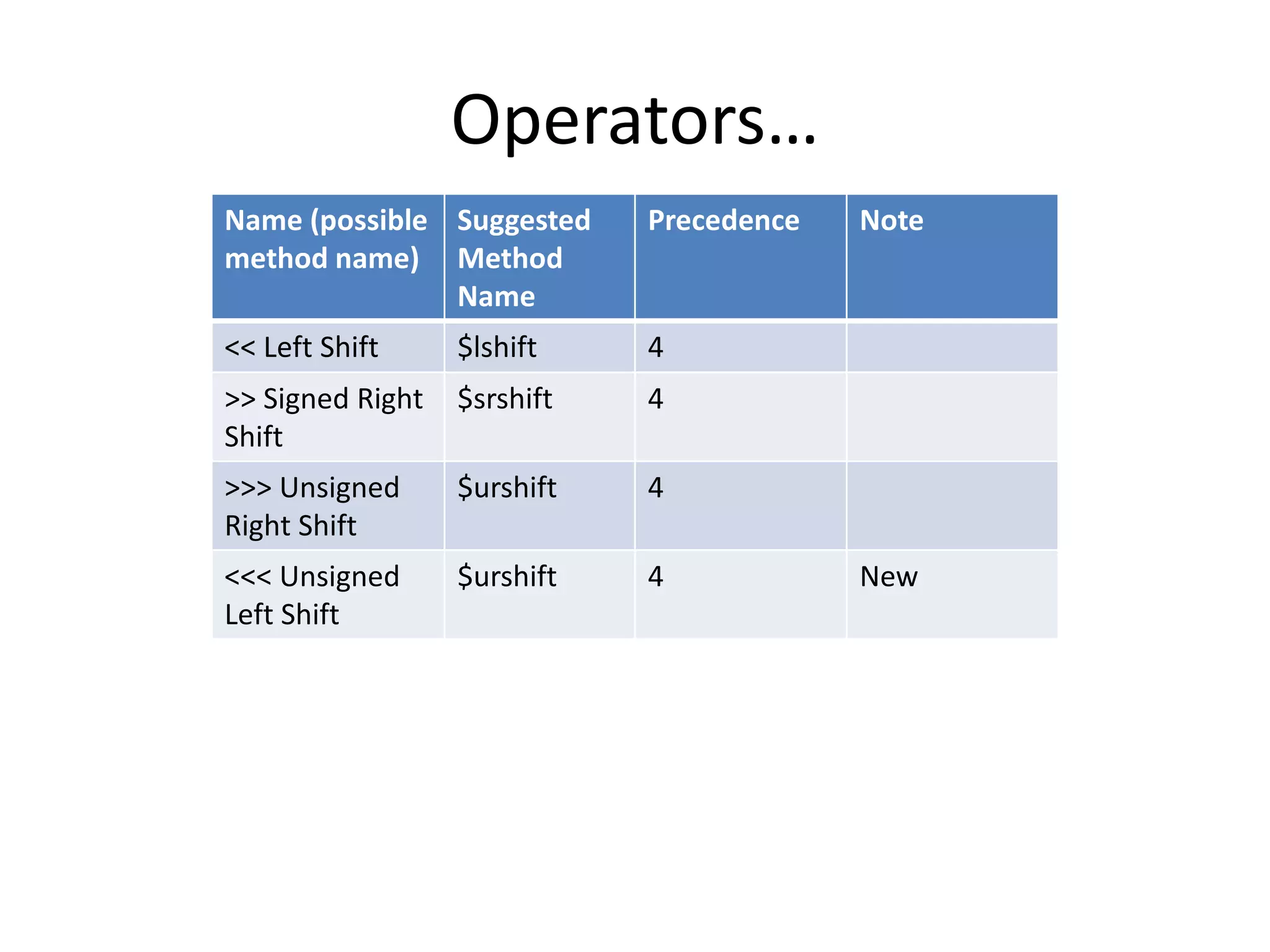
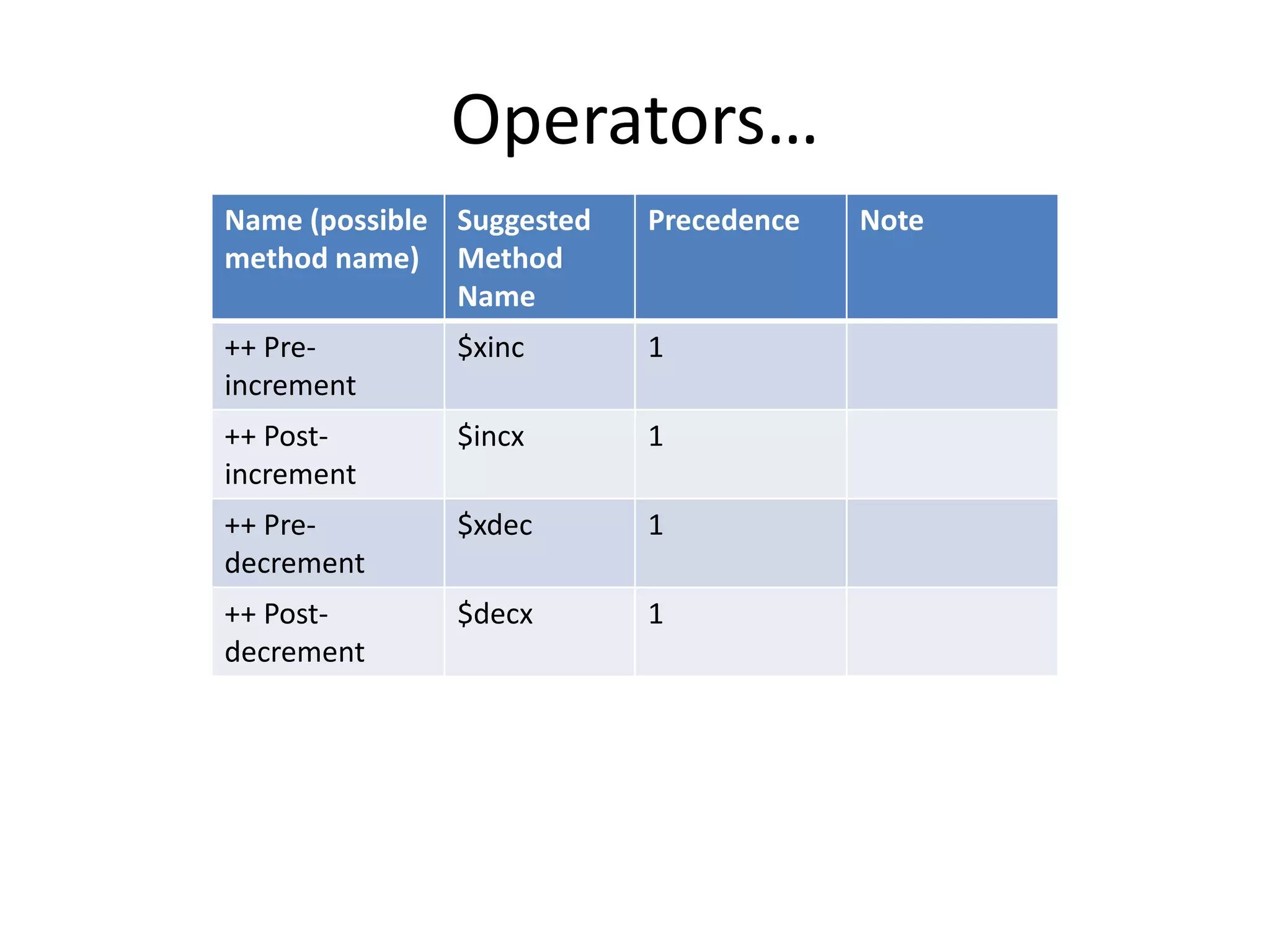
![Operators…
Name (possible
method name)
Suggested
Method
Name
Precedence Note
<op>=
Augmented
Assignment
$a<op> 14
[]= Indexed
Assignment
$andx 0
[] Indexed
Access
$ndx 0
= Assignment 14 cannot
override
(…) Call $call 0 … not type
(…) Cast $cast 1 … is type](https://image.slidesharecdn.com/potentialjavajsritems-141021122623-conversion-gate02/75/Proposals-for-new-function-in-Java-SE-9-and-beyond-164-2048.jpg)
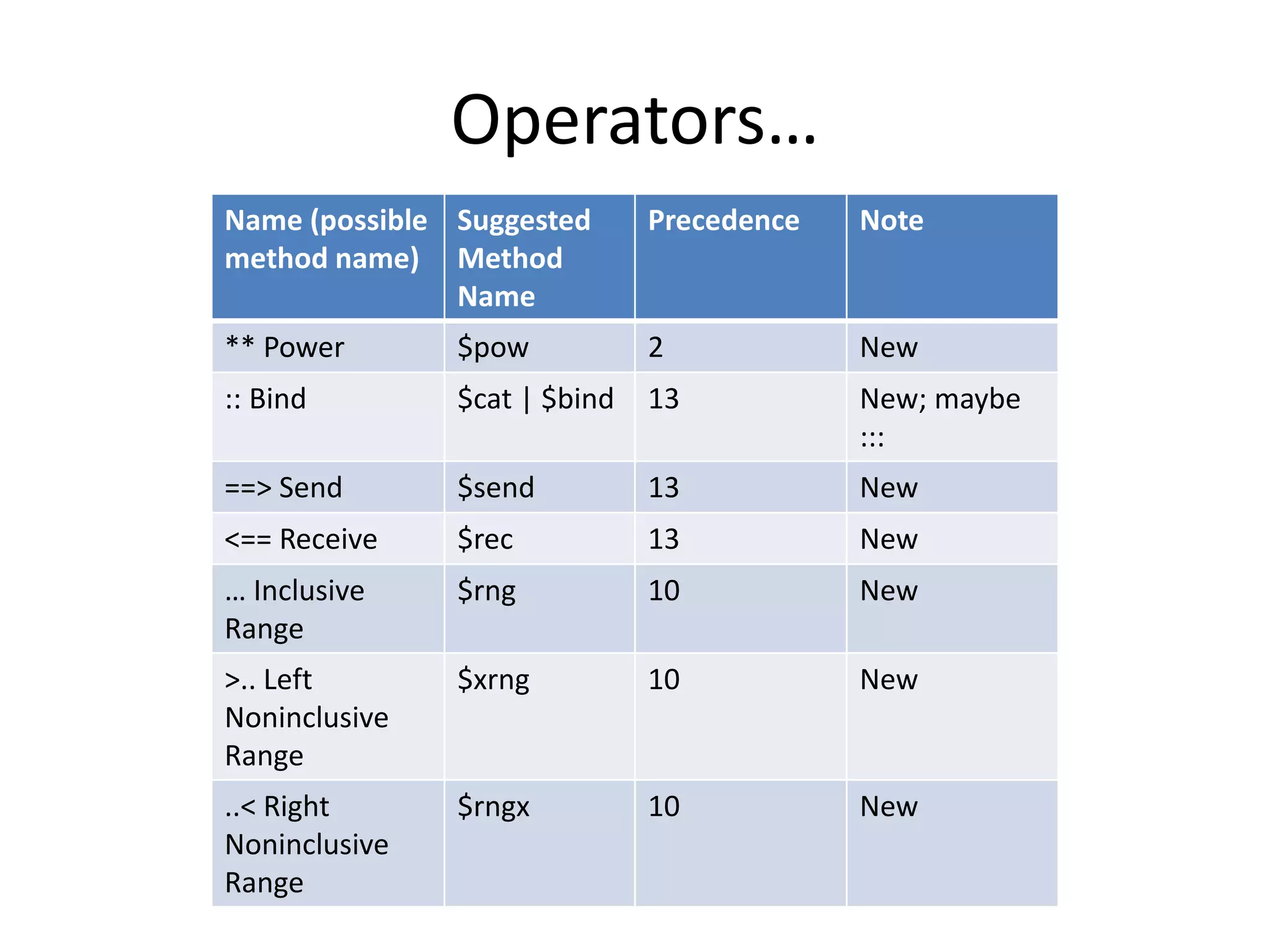
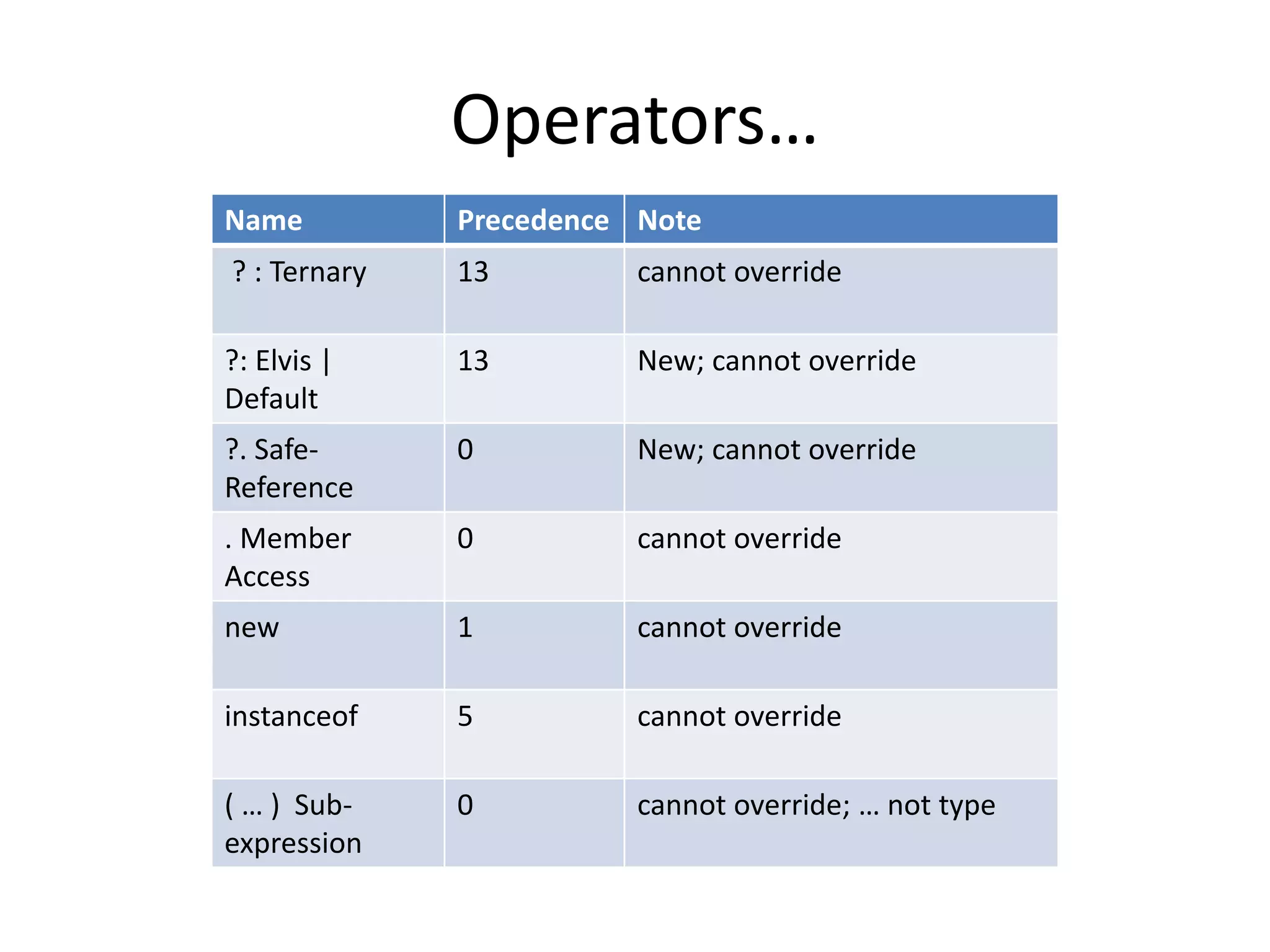
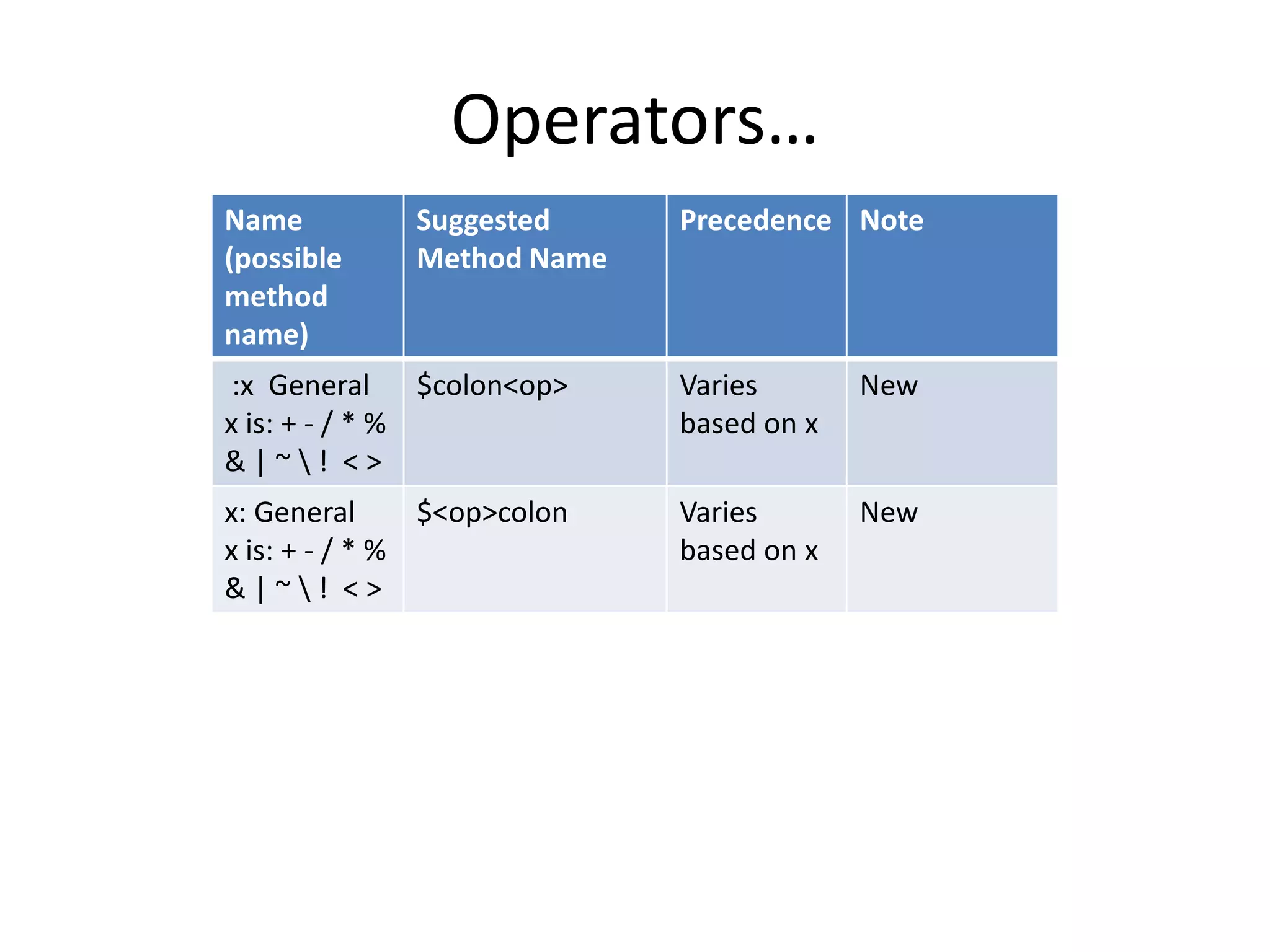
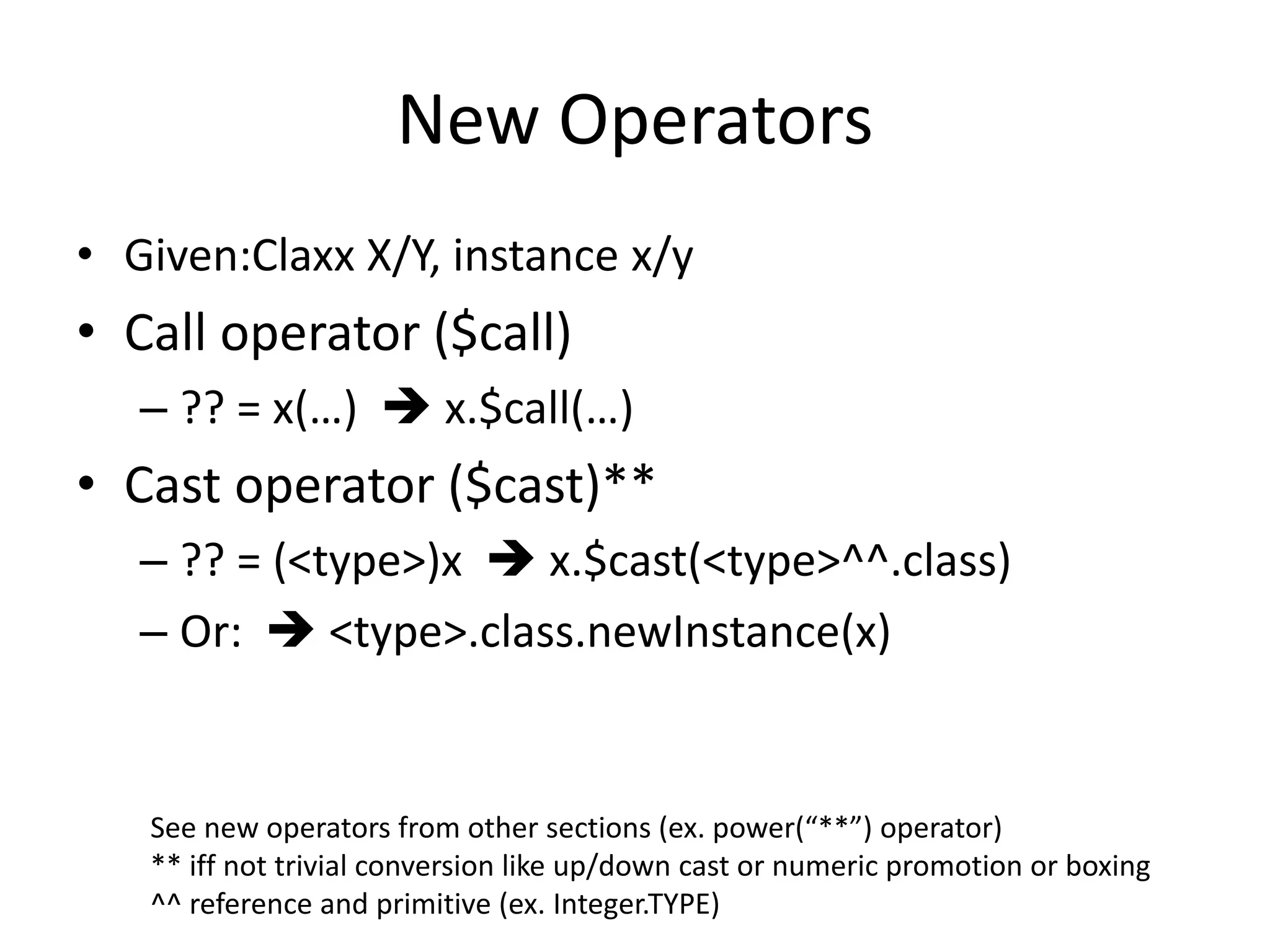
![New Operators..
• Index operator ($ndx)
– ?? = x[…] x.$ndx(…)
• Index assignment operator ($andx)
– x[…] = ?? x.$andx(??, …)](https://image.slidesharecdn.com/potentialjavajsritems-141021122623-conversion-gate02/75/Proposals-for-new-function-in-Java-SE-9-and-beyond-169-2048.jpg)
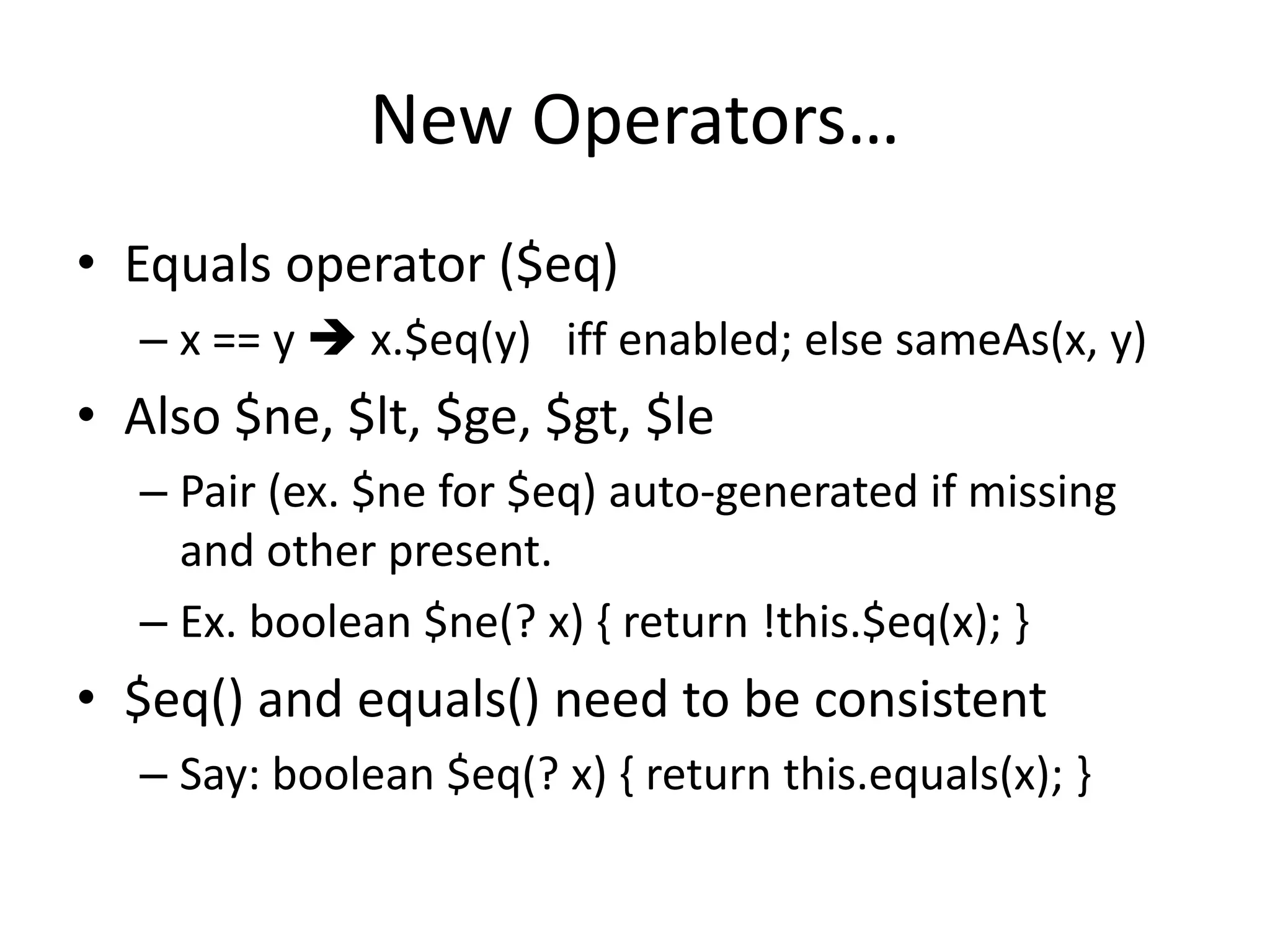
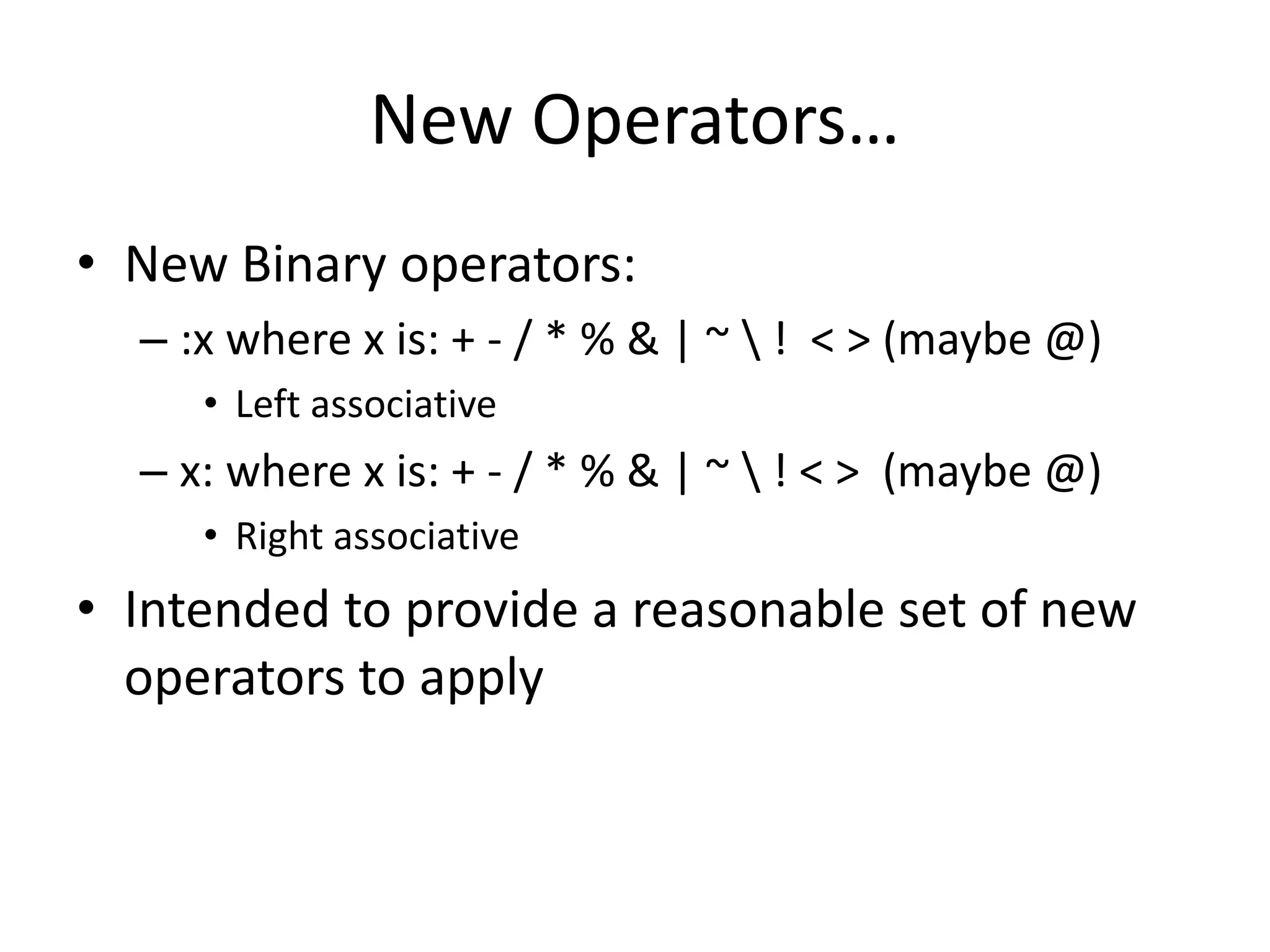
![Excluded Operators
• The following operators cannot be customized:
– Object Creation (new)
– Value Assignment (=) (but ?= and []= OK)
– Instance of (instanceof)
– Member reference (.)
– Ternary (x ? y : z)
– Short Circuit ( x && y, x || y)
– Field literal (.@)
– Safe Dereference (?.)
– Elvis (?:)
Last 3 are new operators (or separators)](https://image.slidesharecdn.com/potentialjavajsritems-141021122623-conversion-gate02/75/Proposals-for-new-function-in-Java-SE-9-and-beyond-172-2048.jpg)
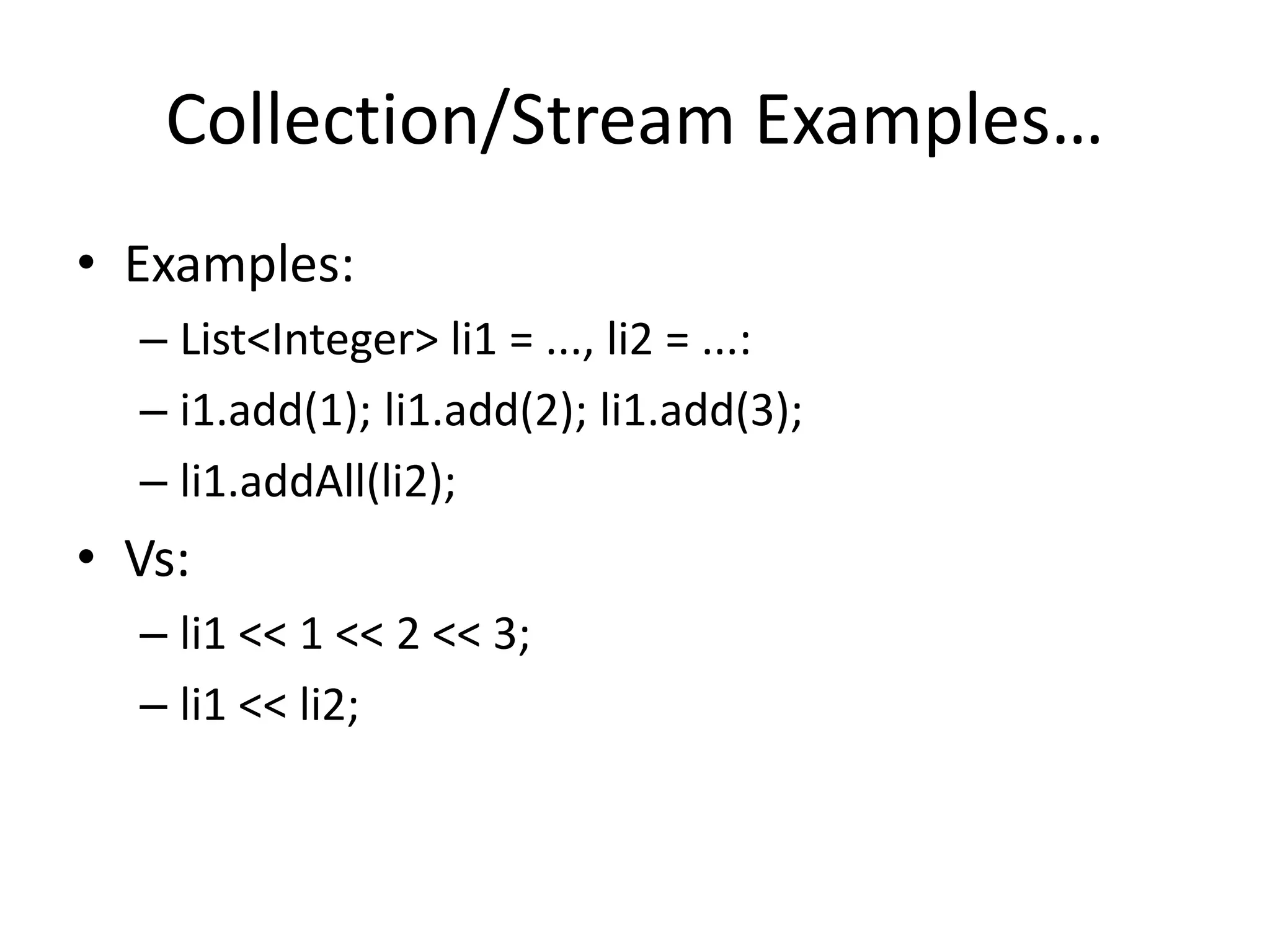
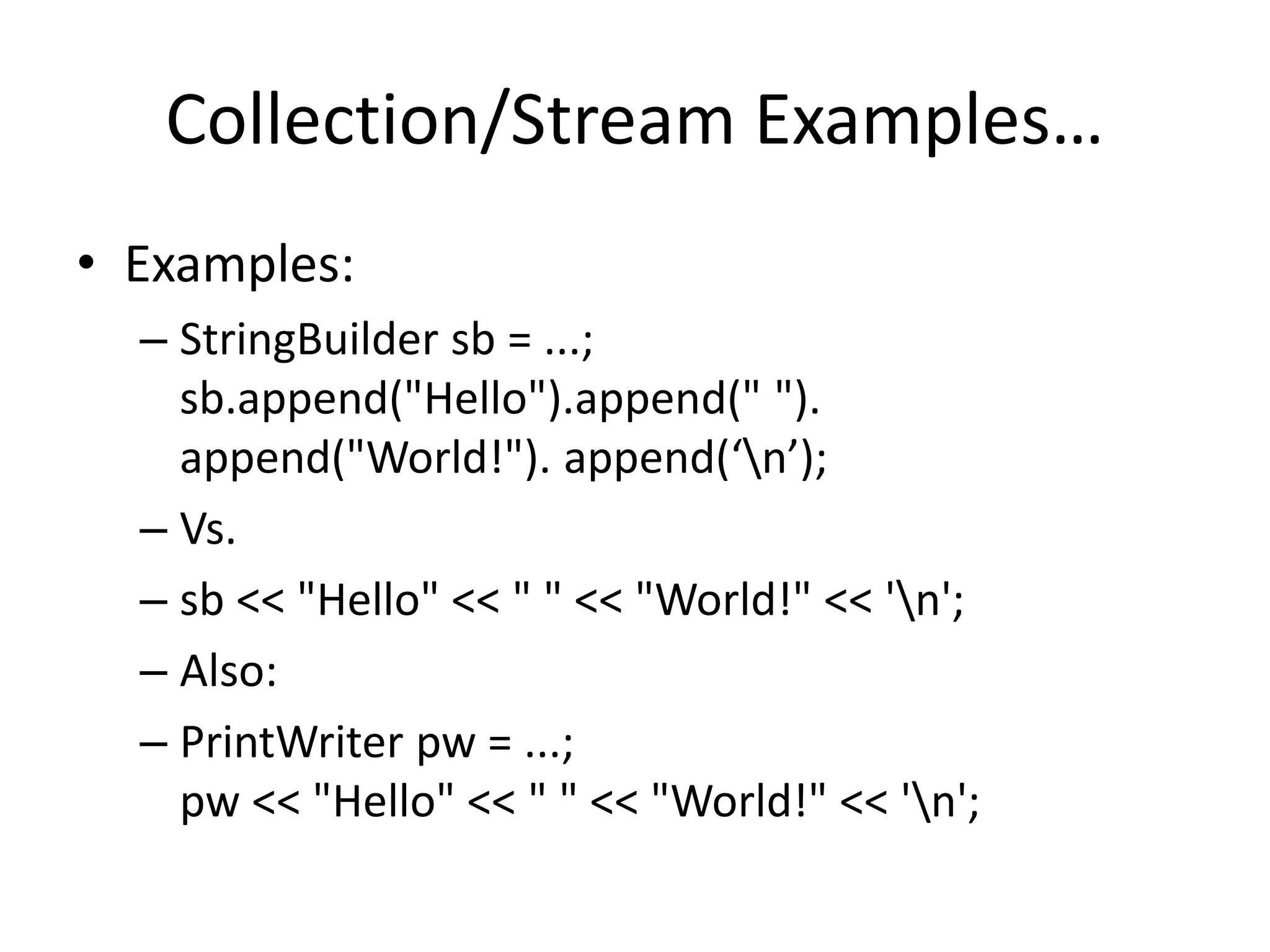
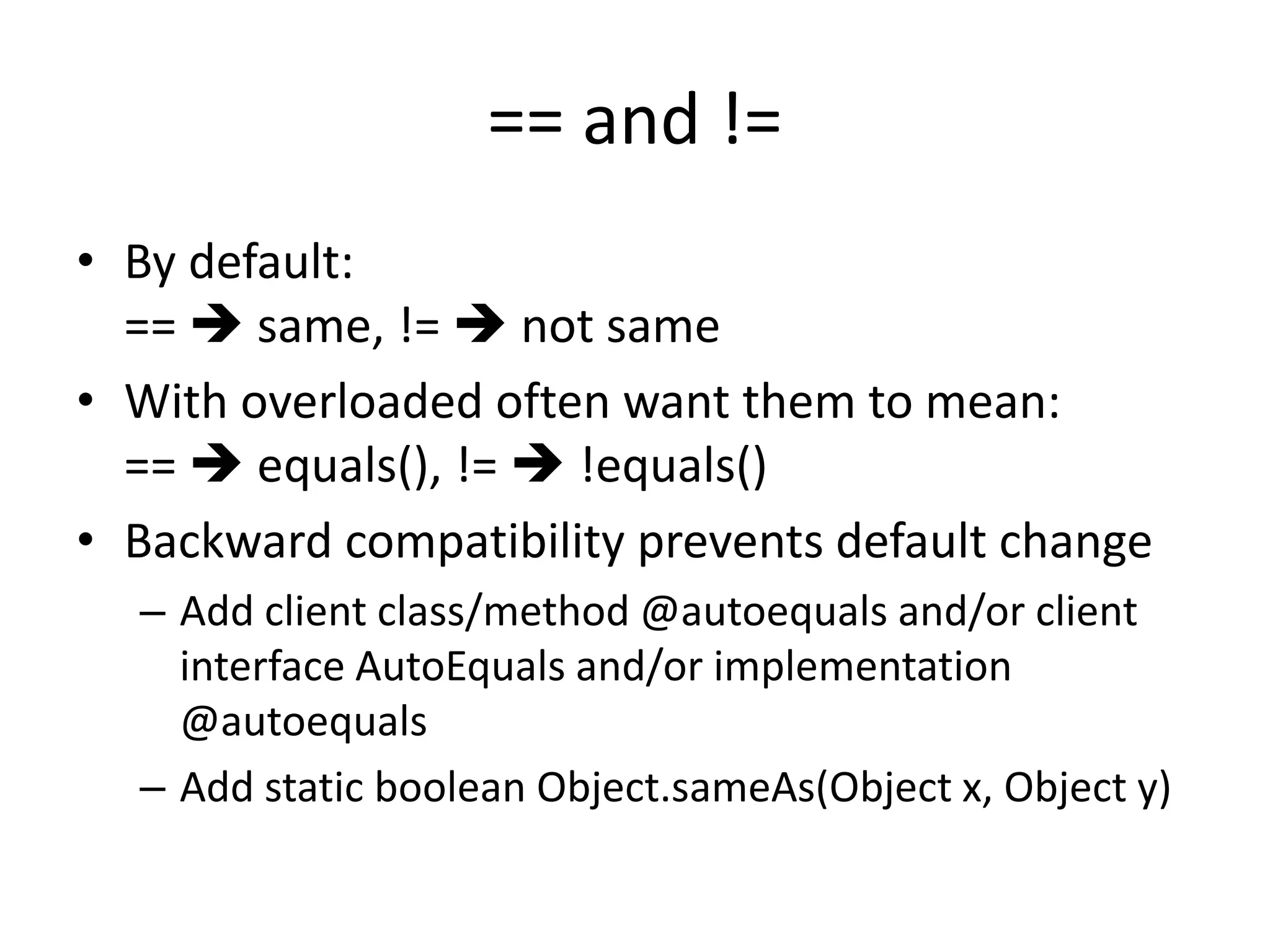
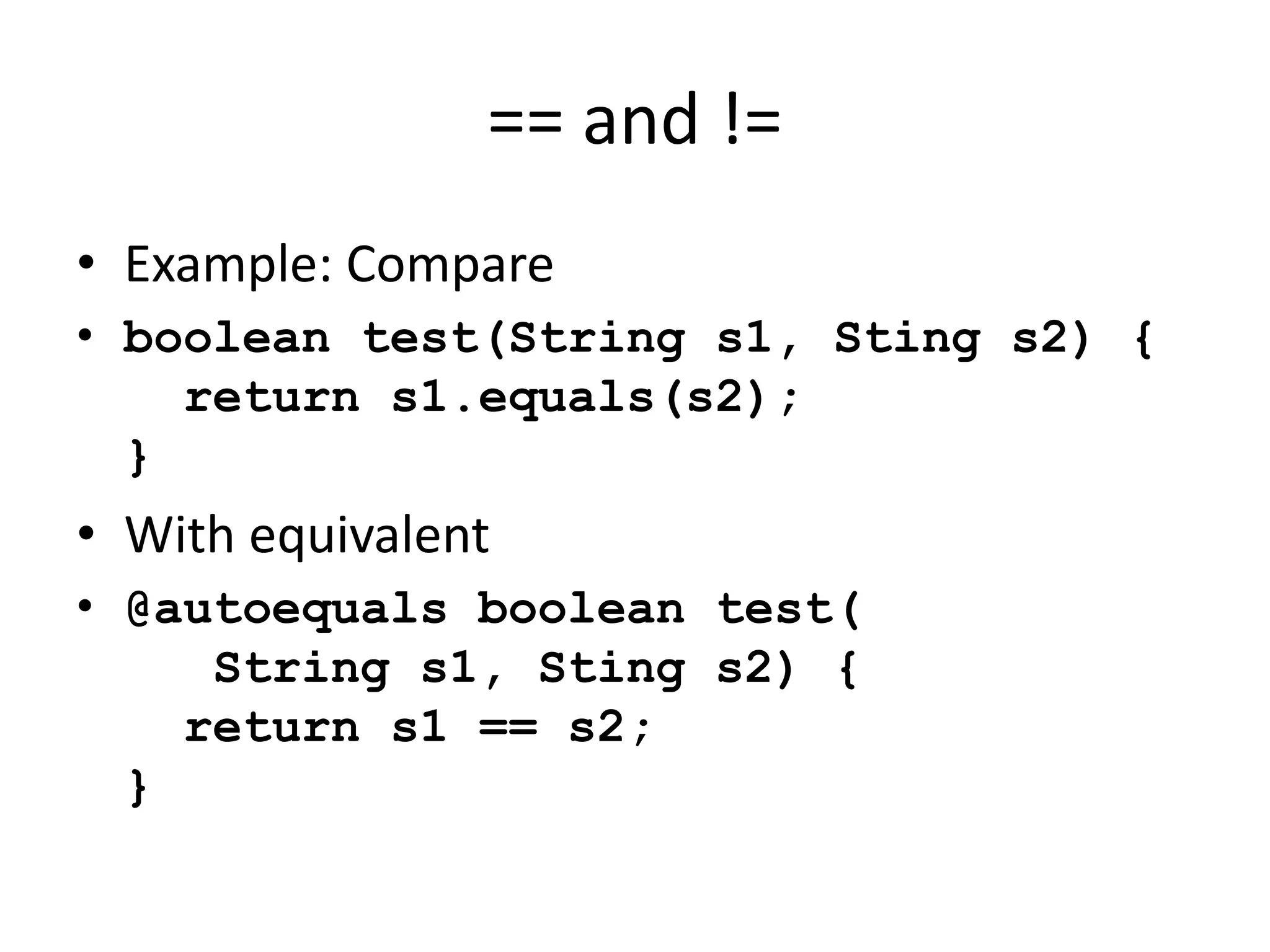
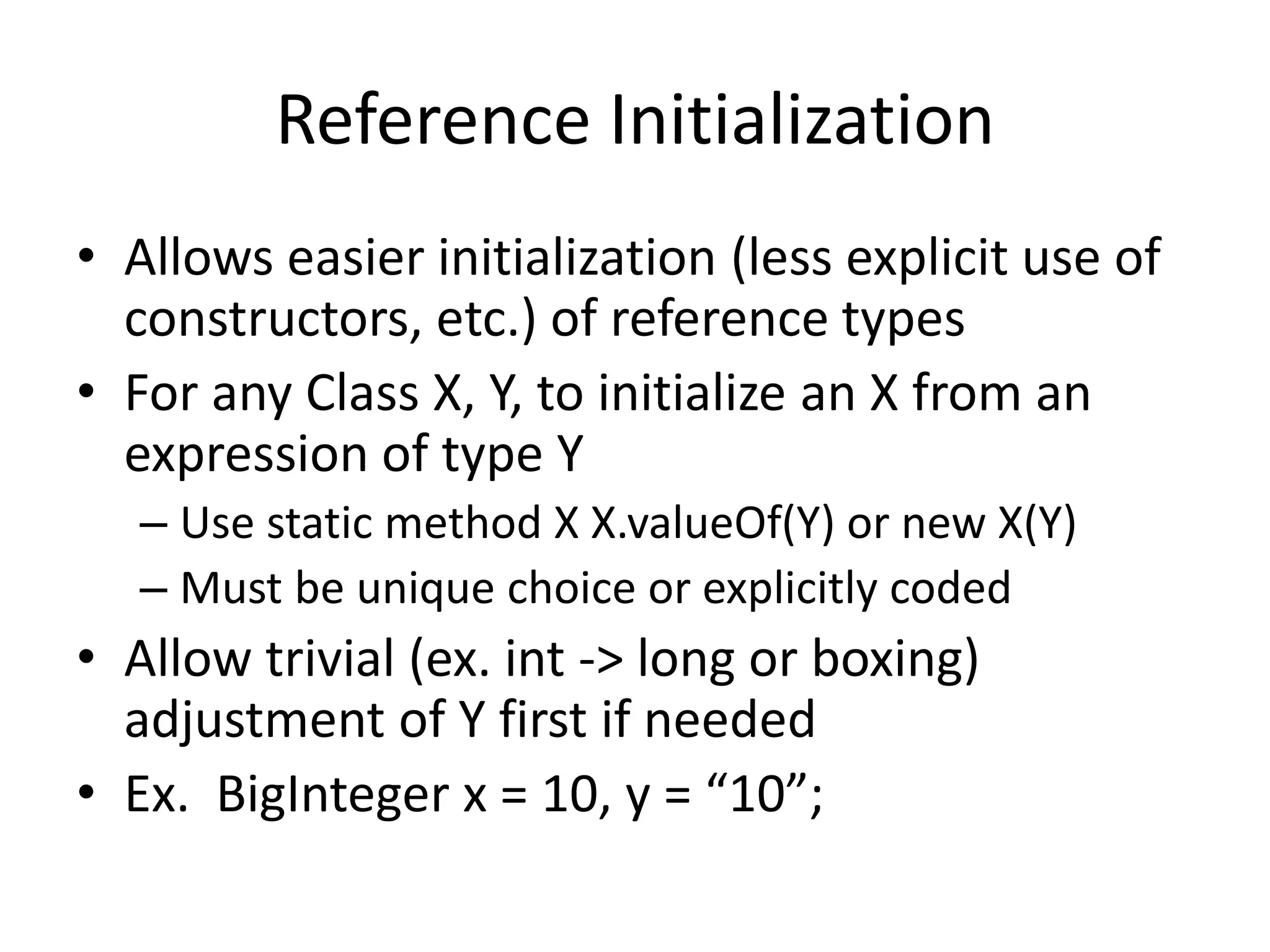
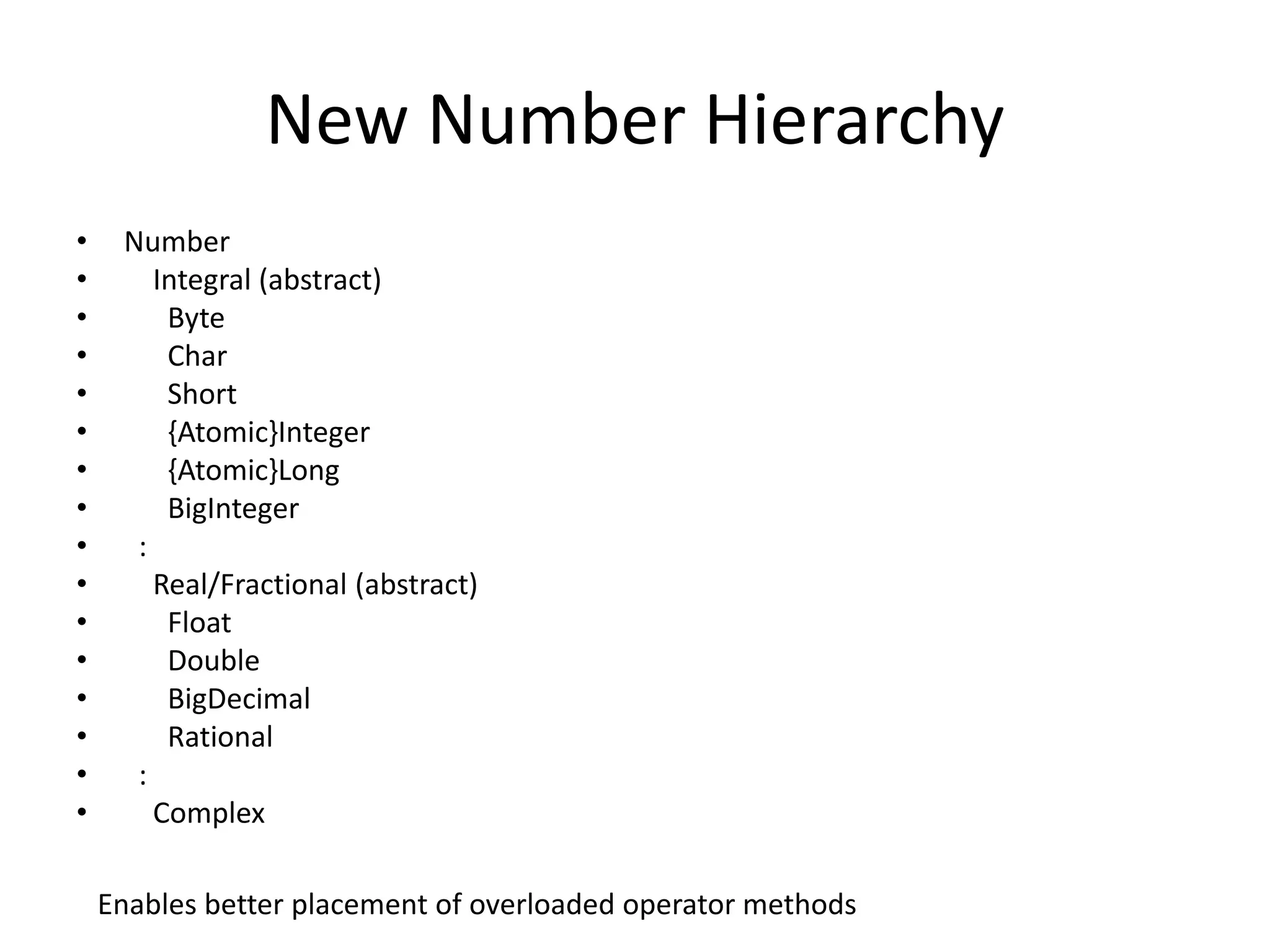
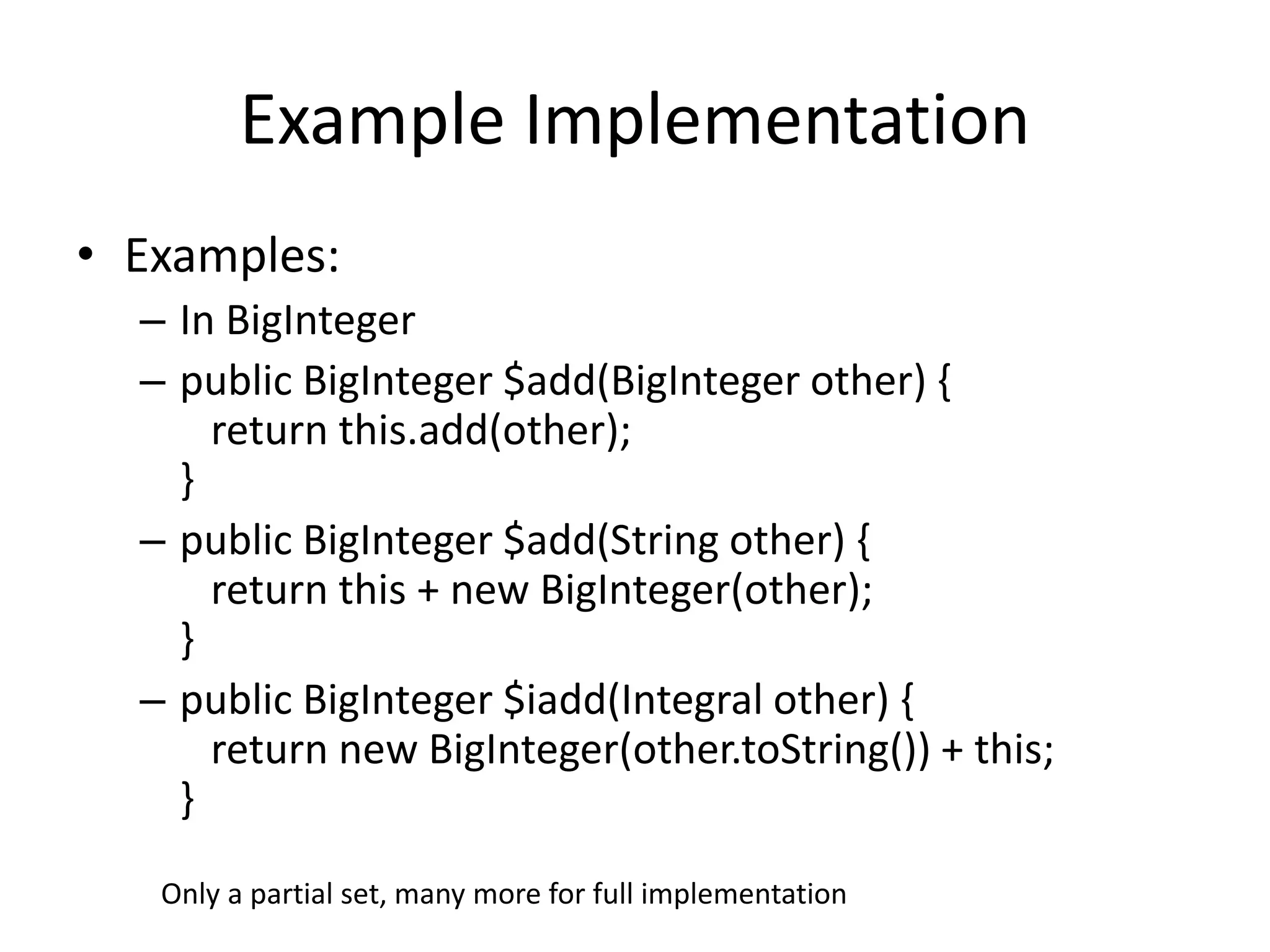
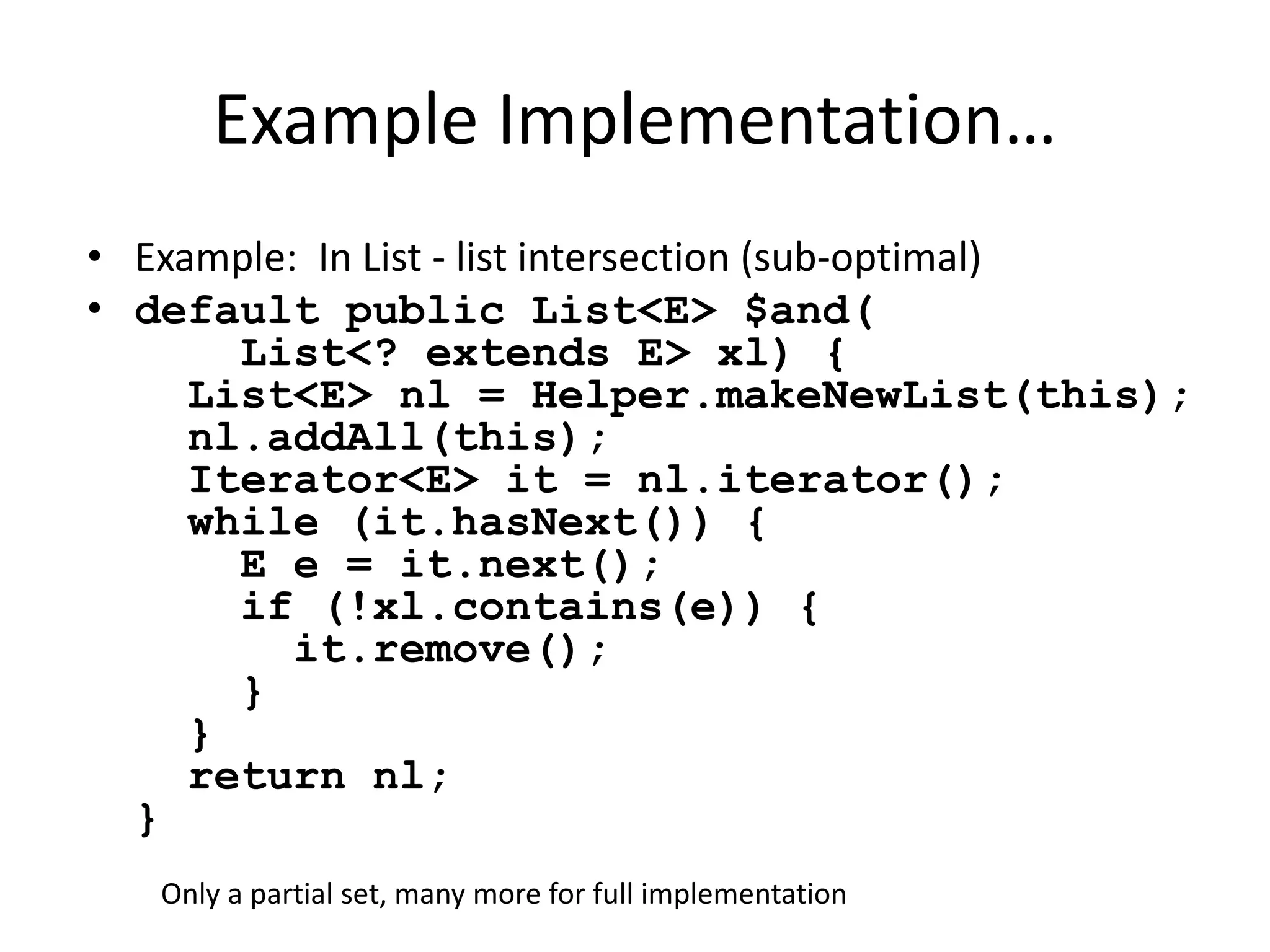
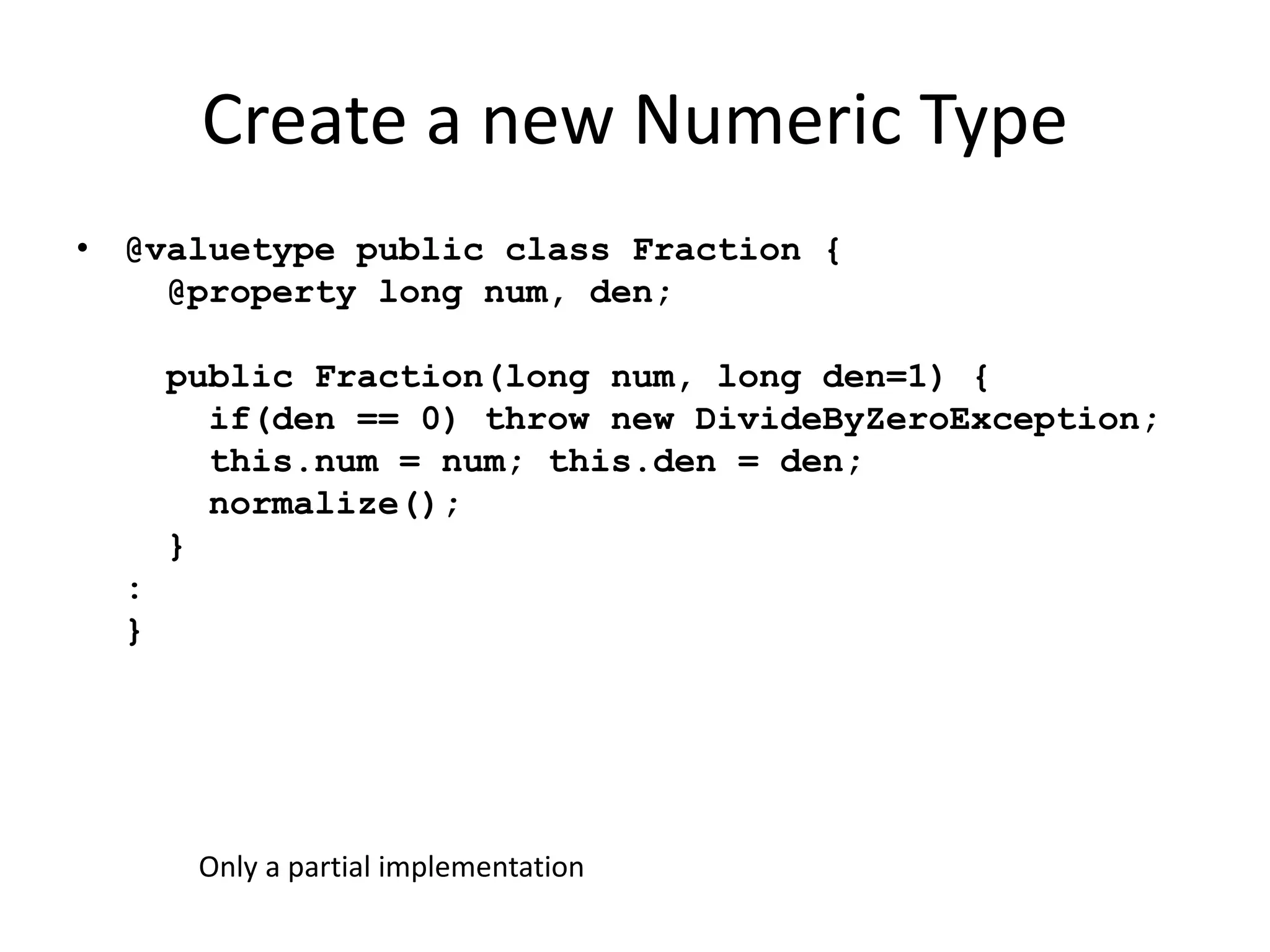
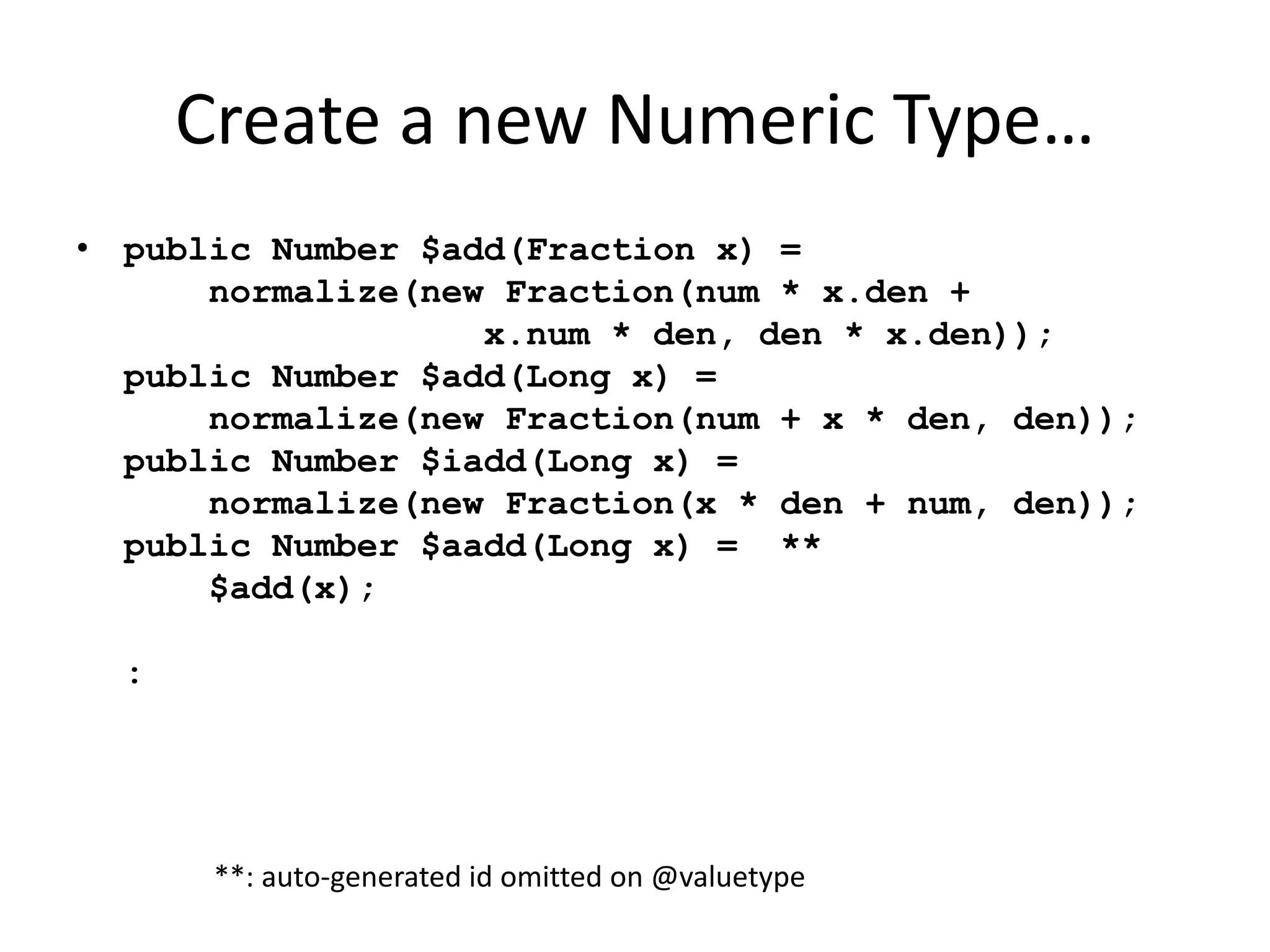
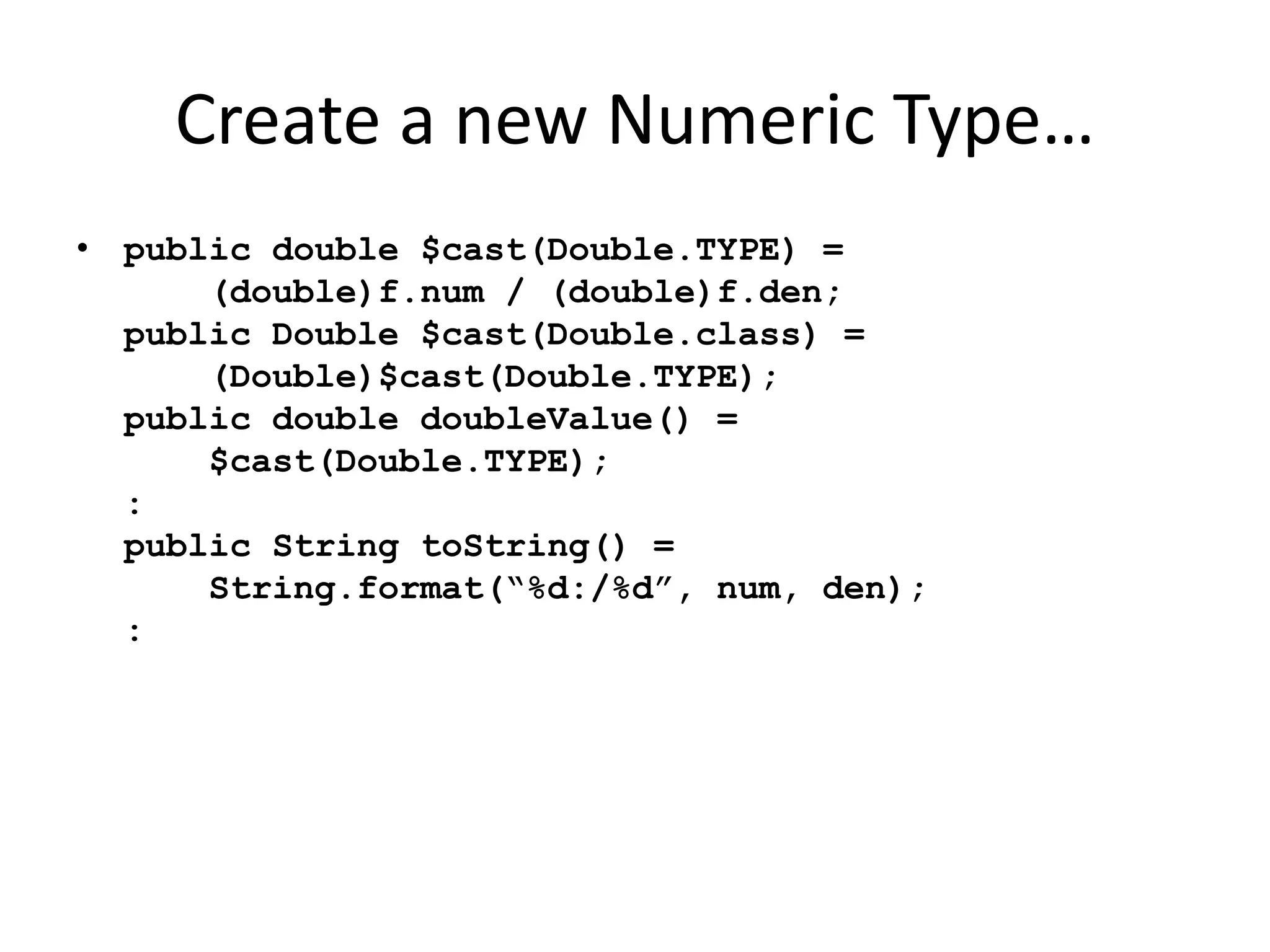
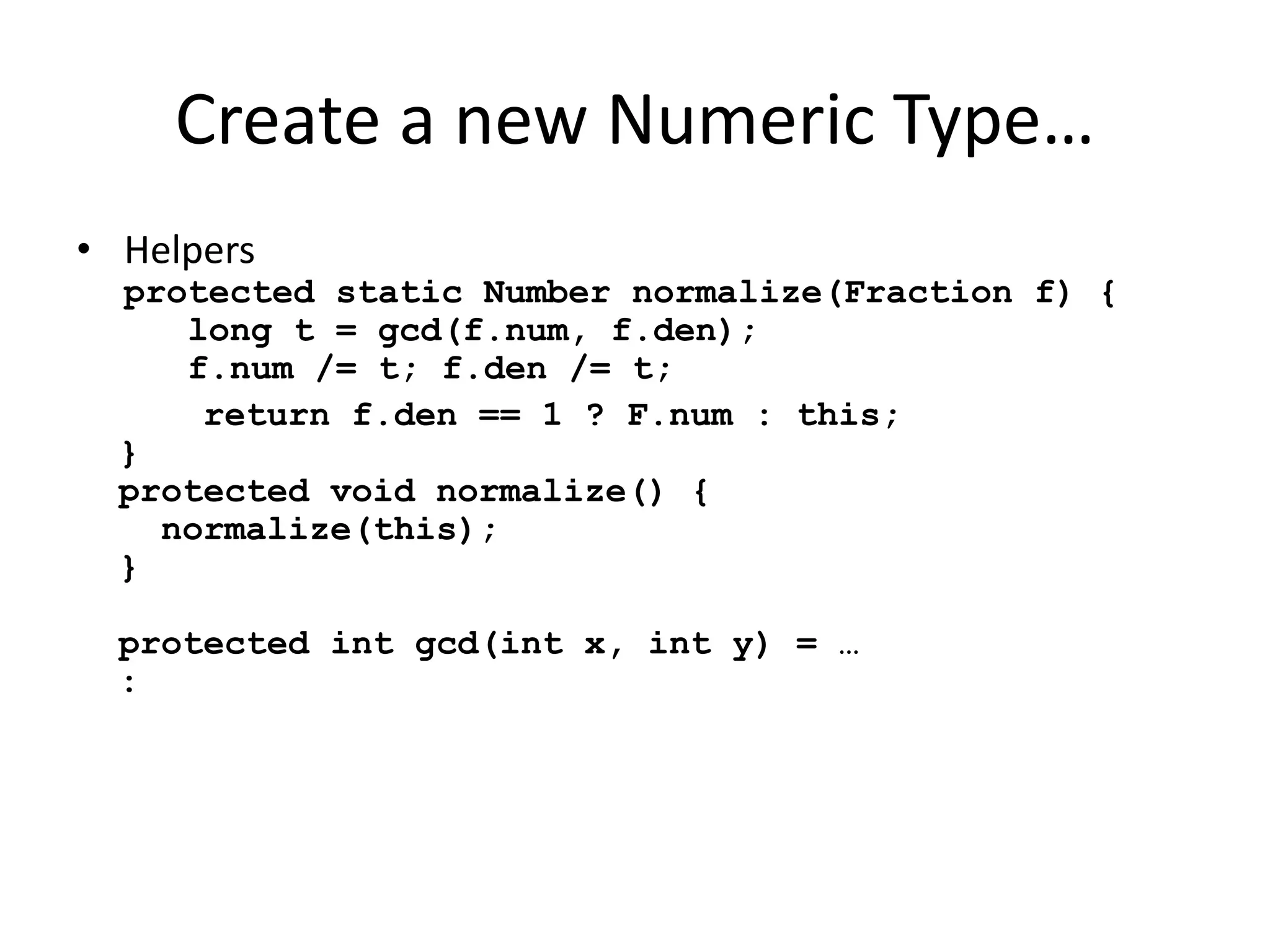
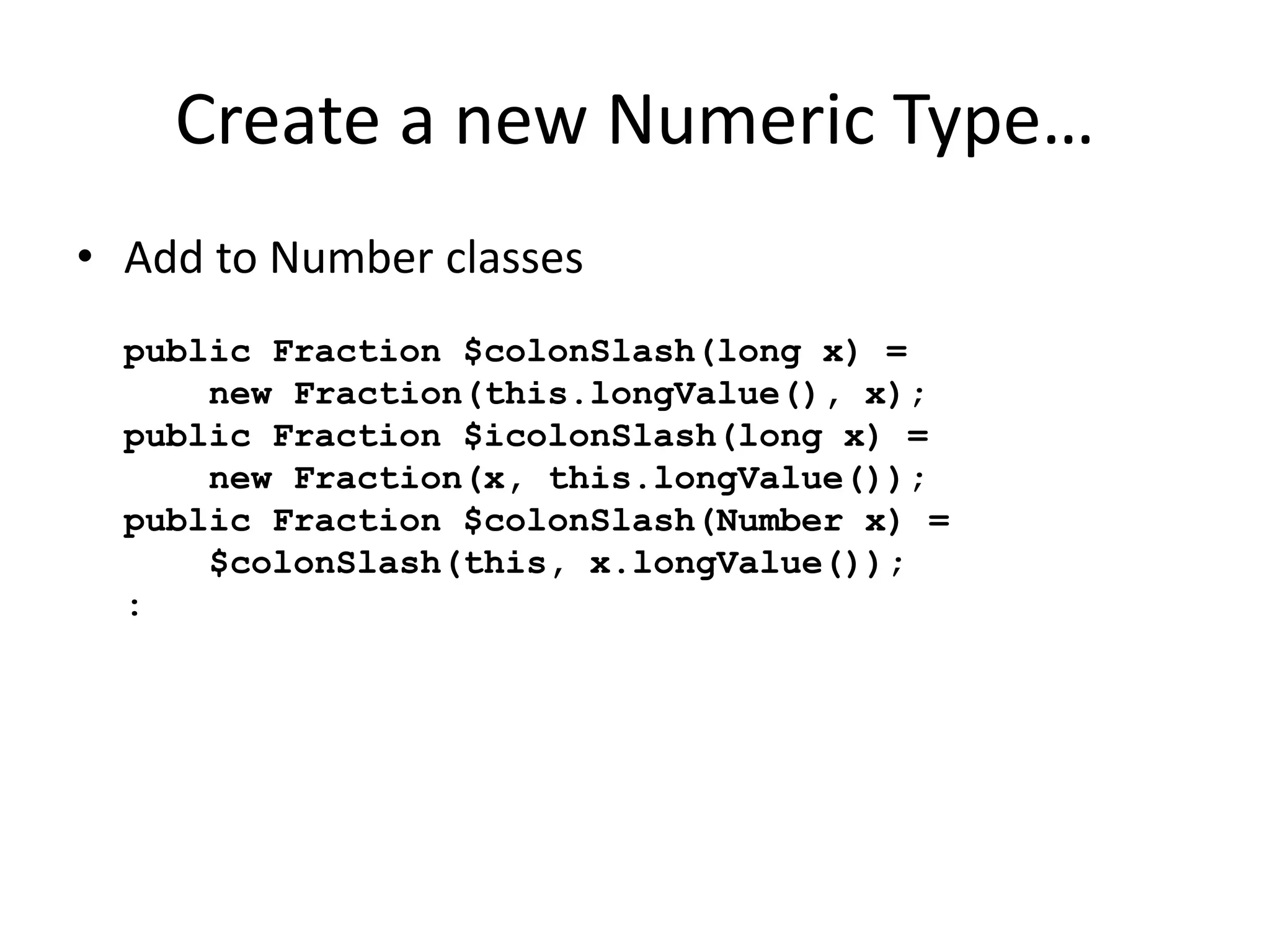
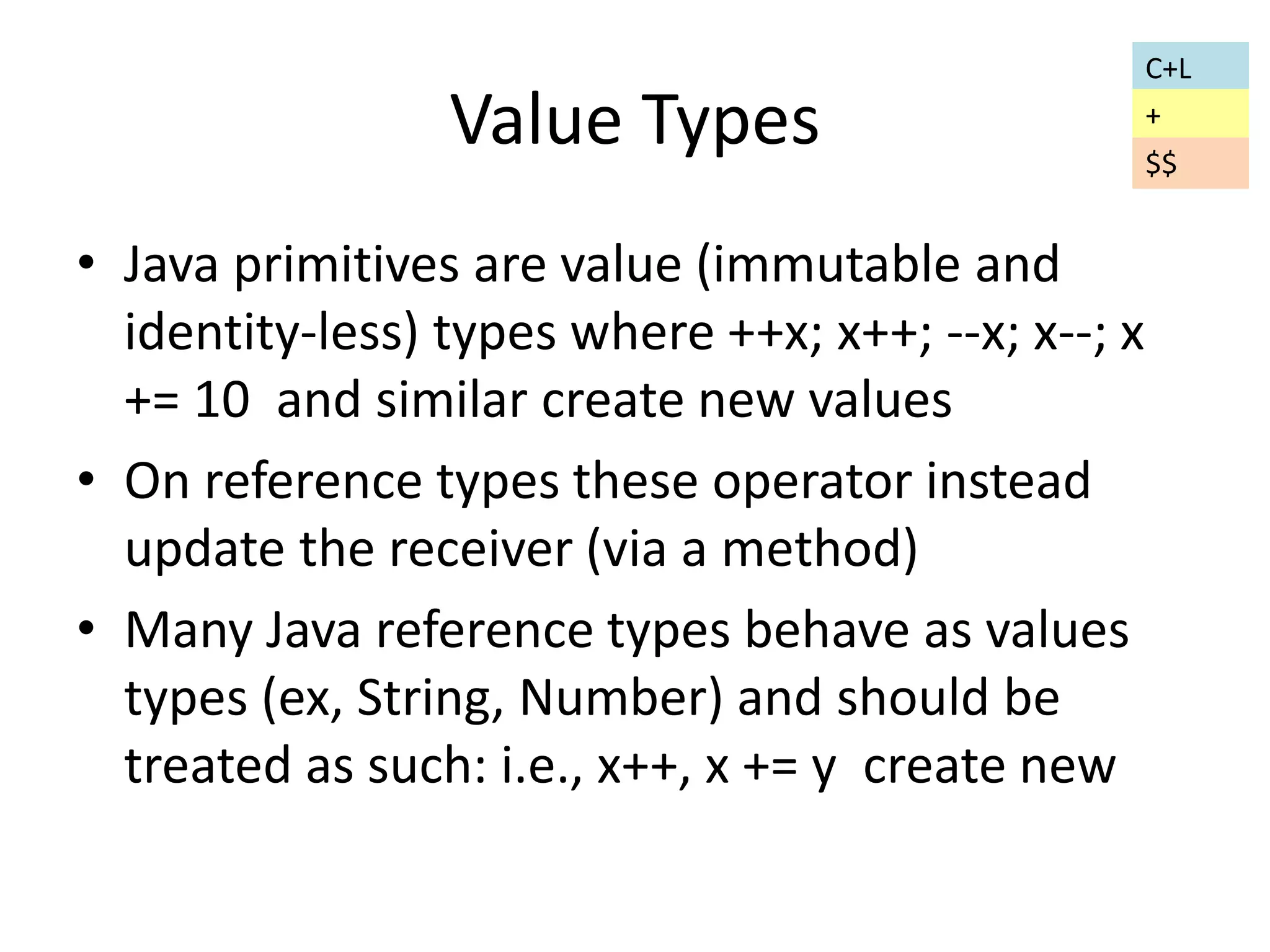
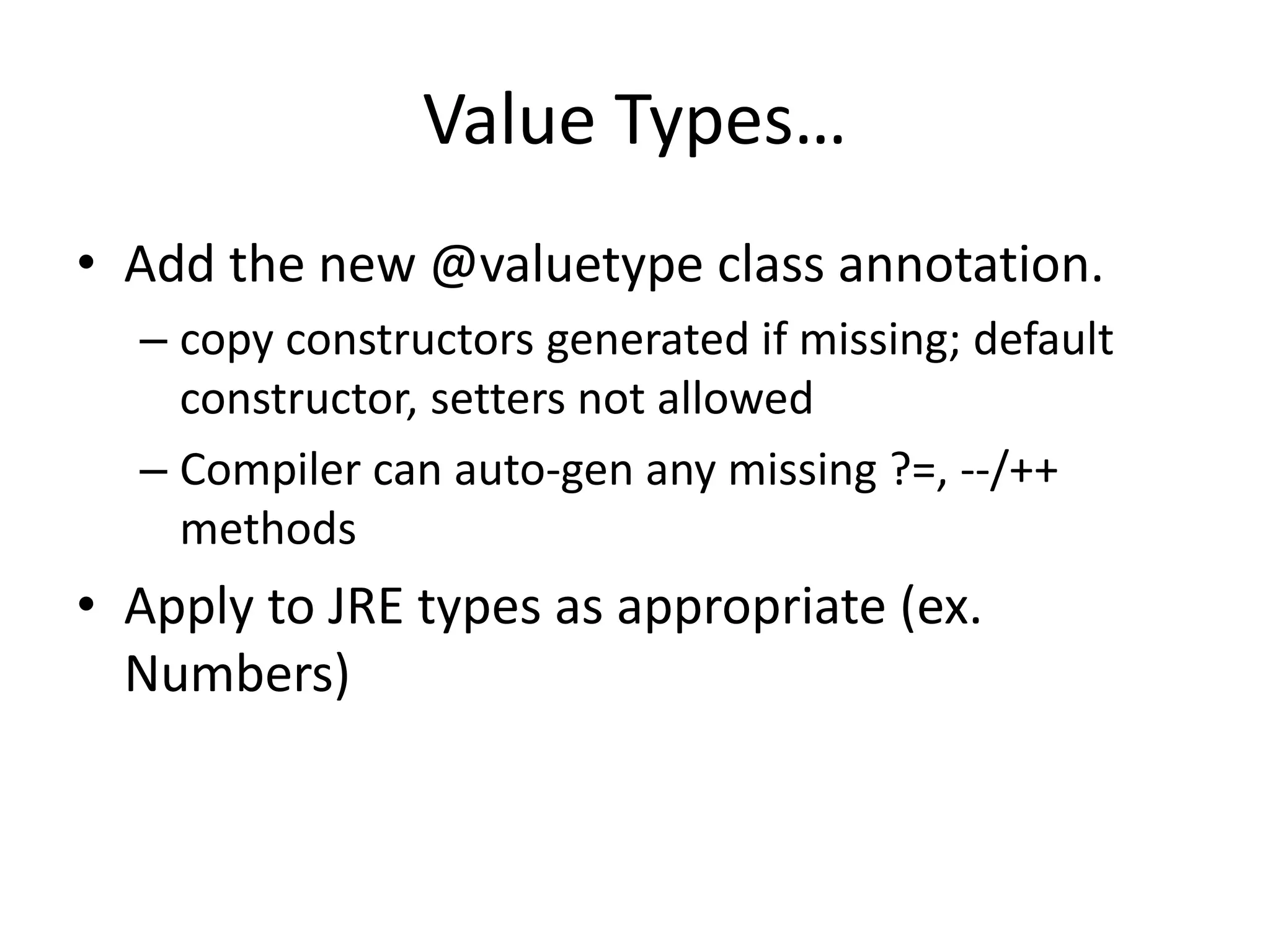

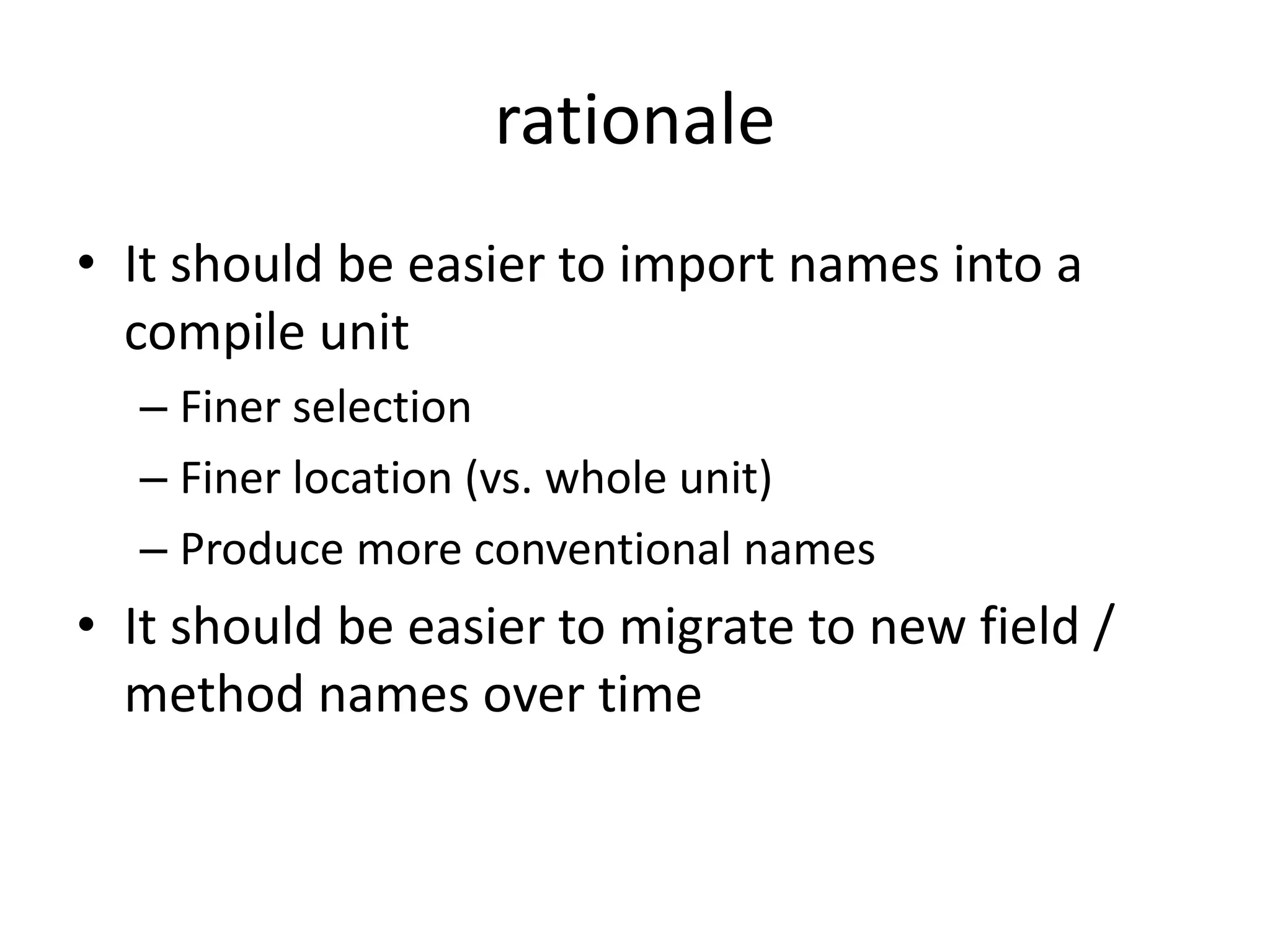
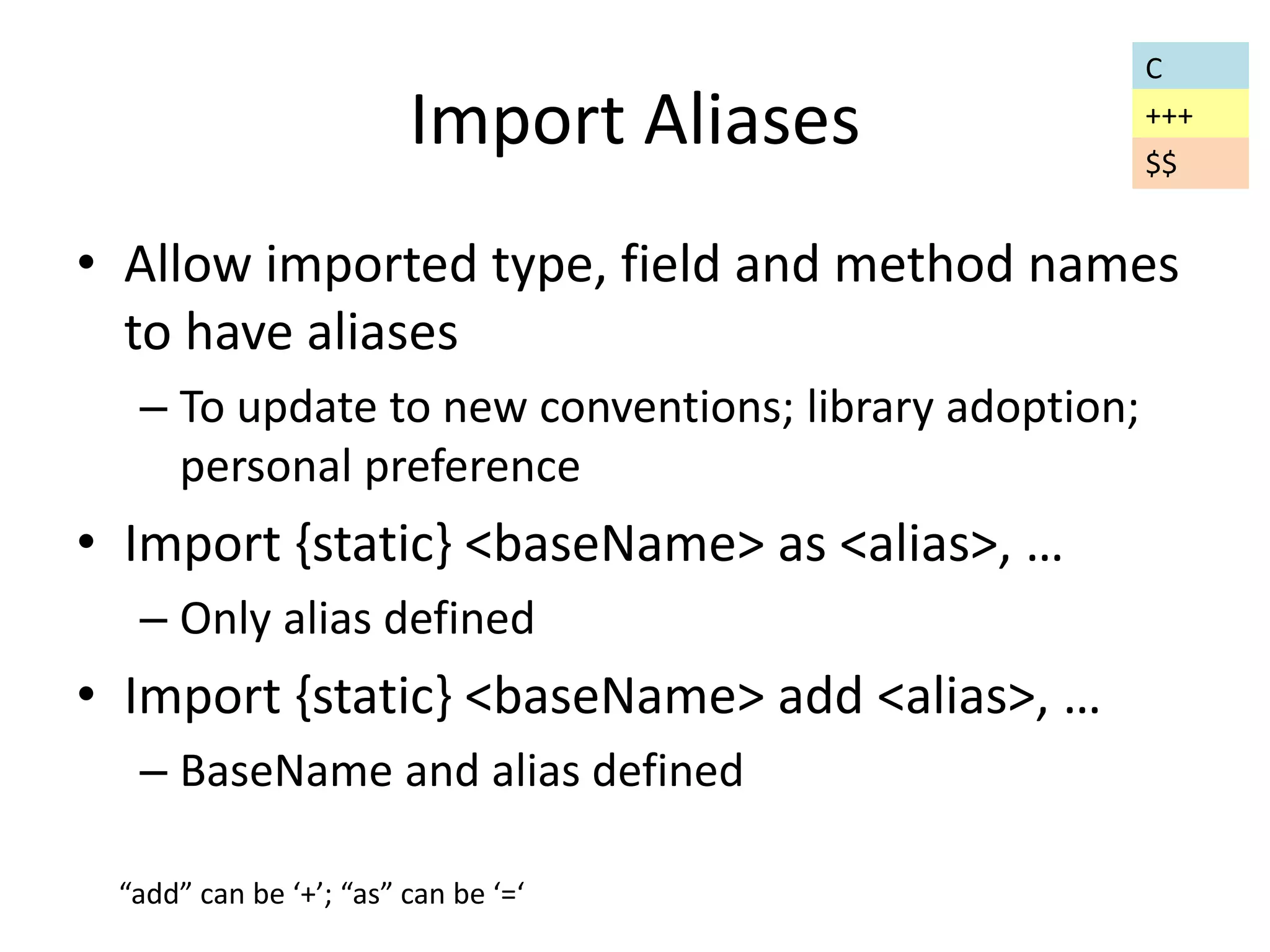
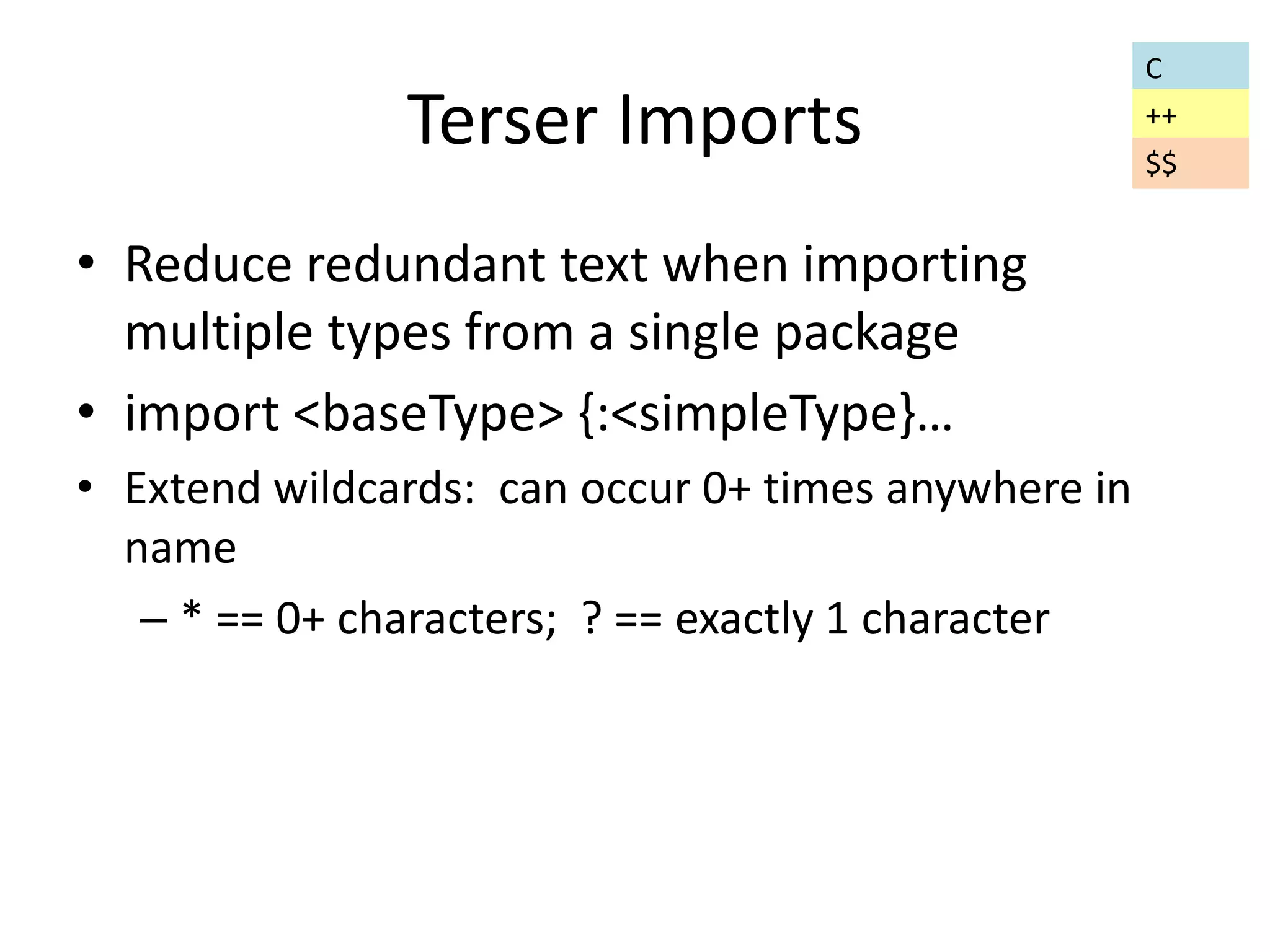
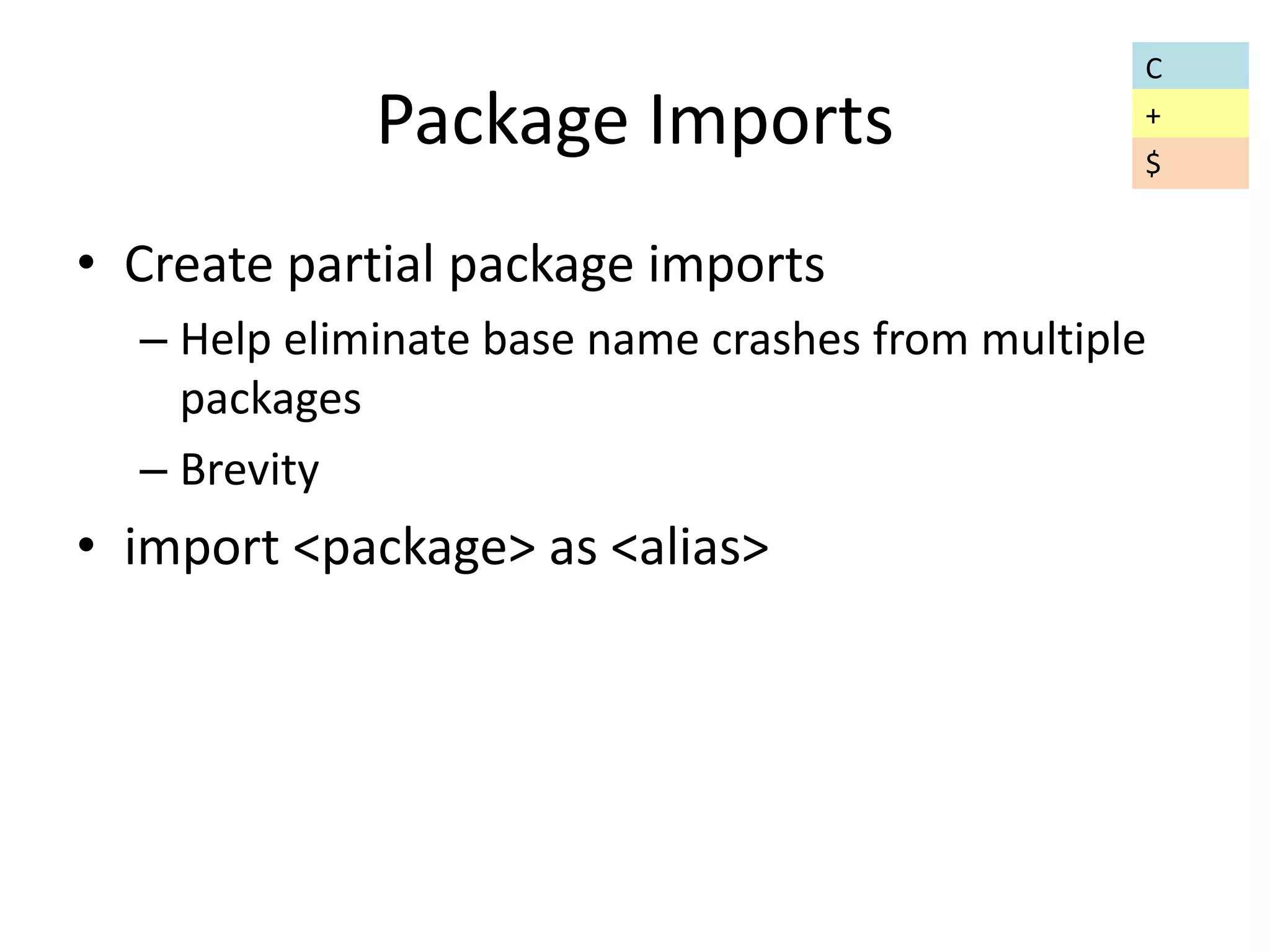
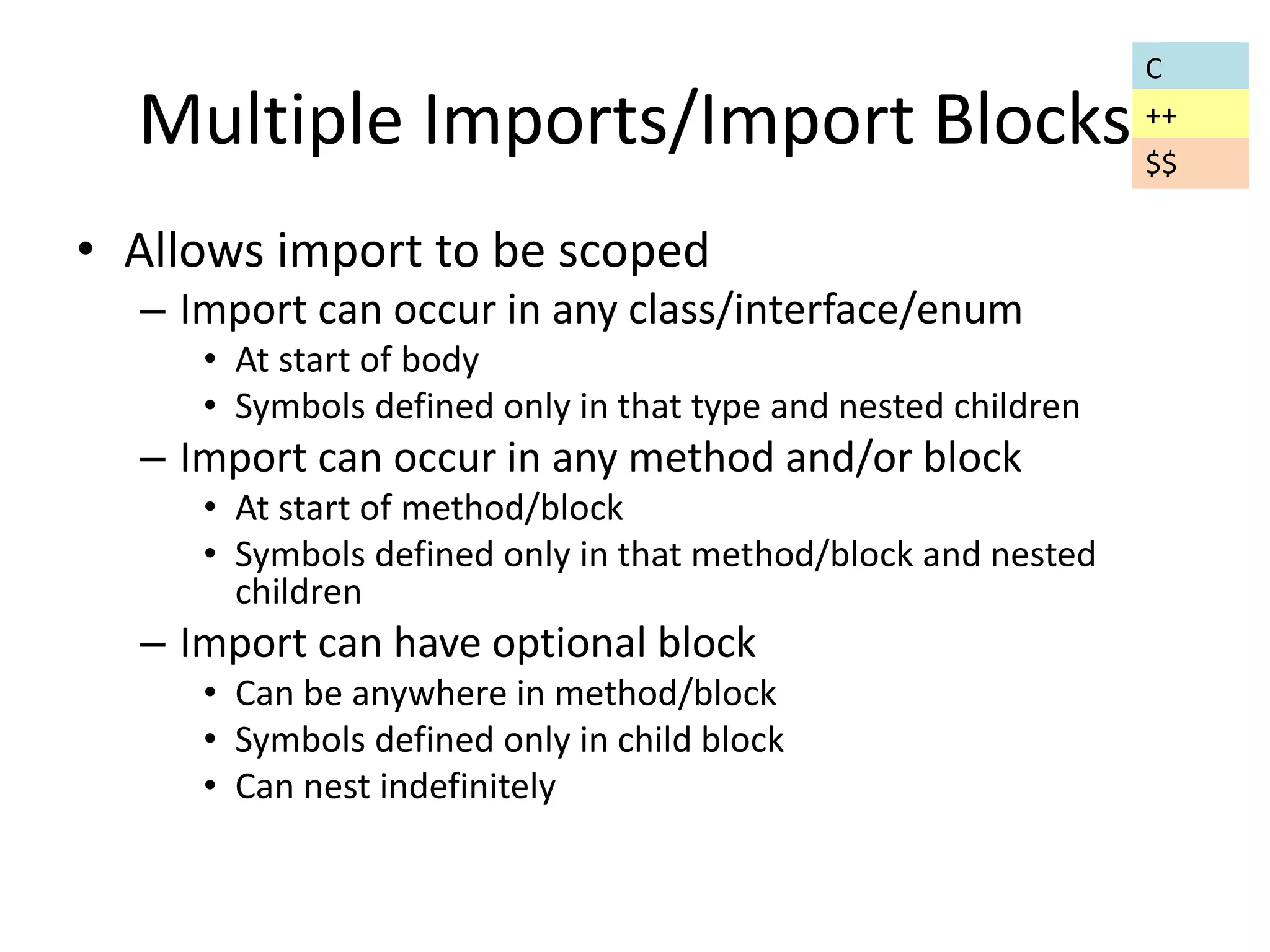
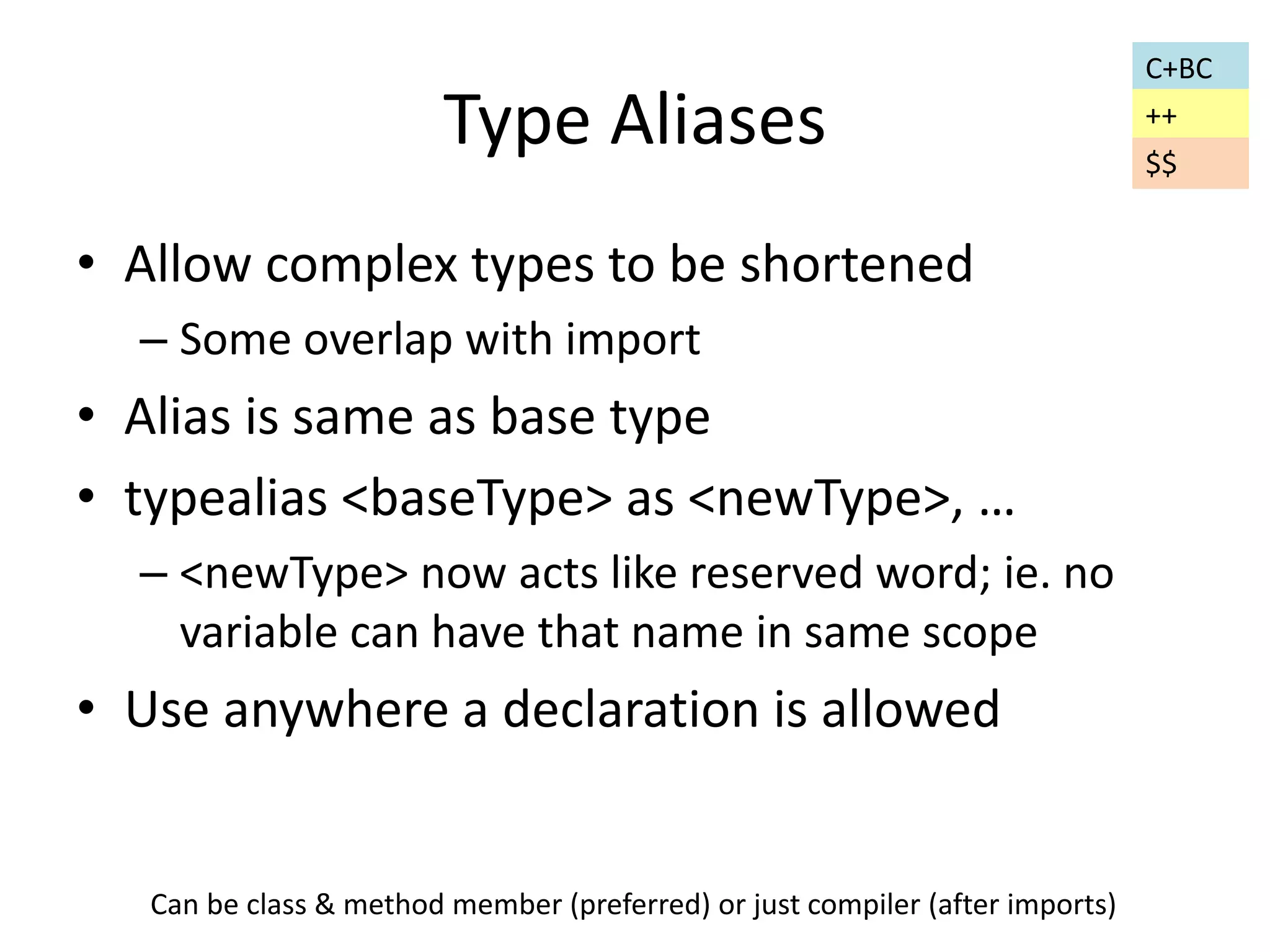
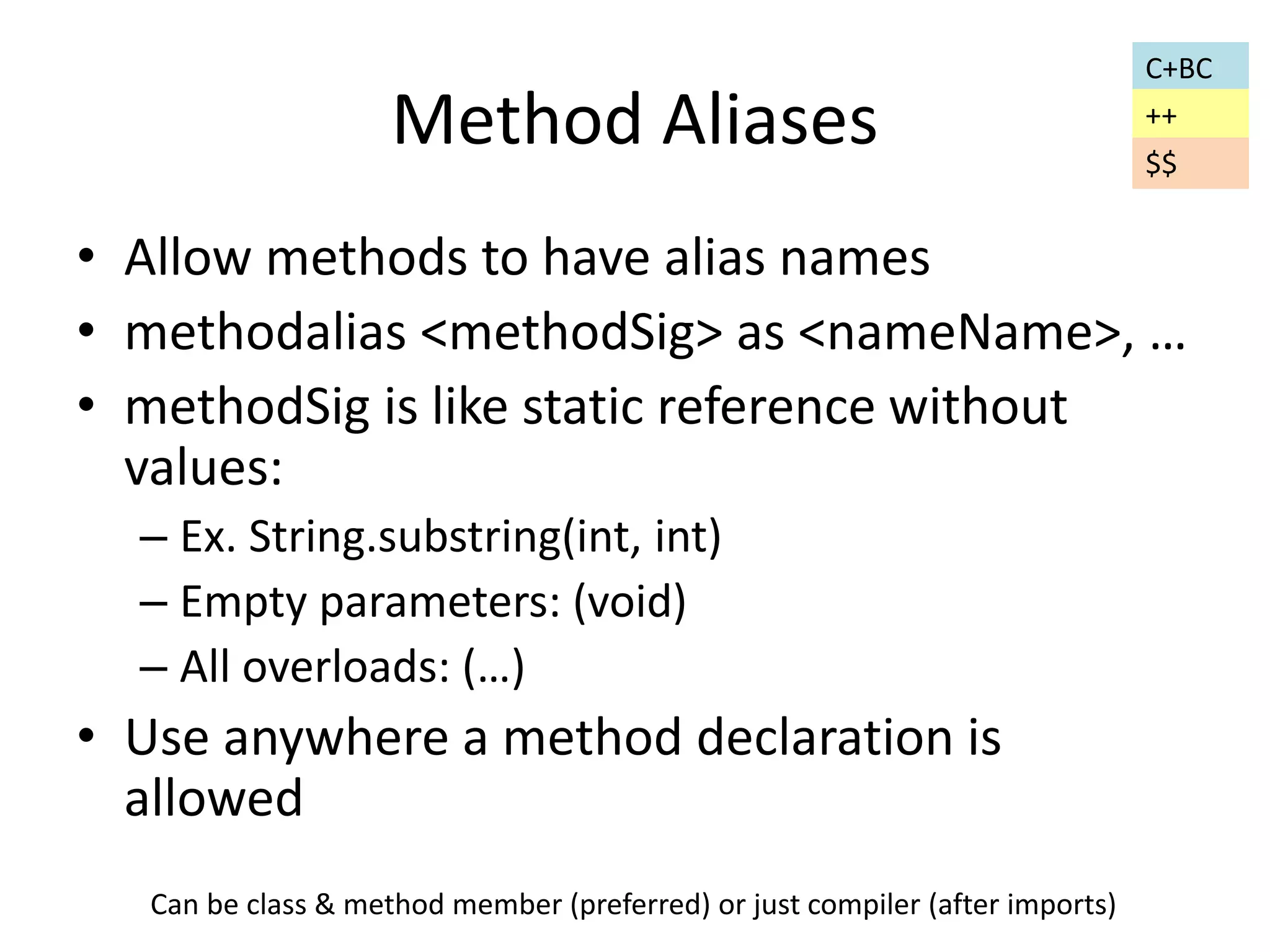
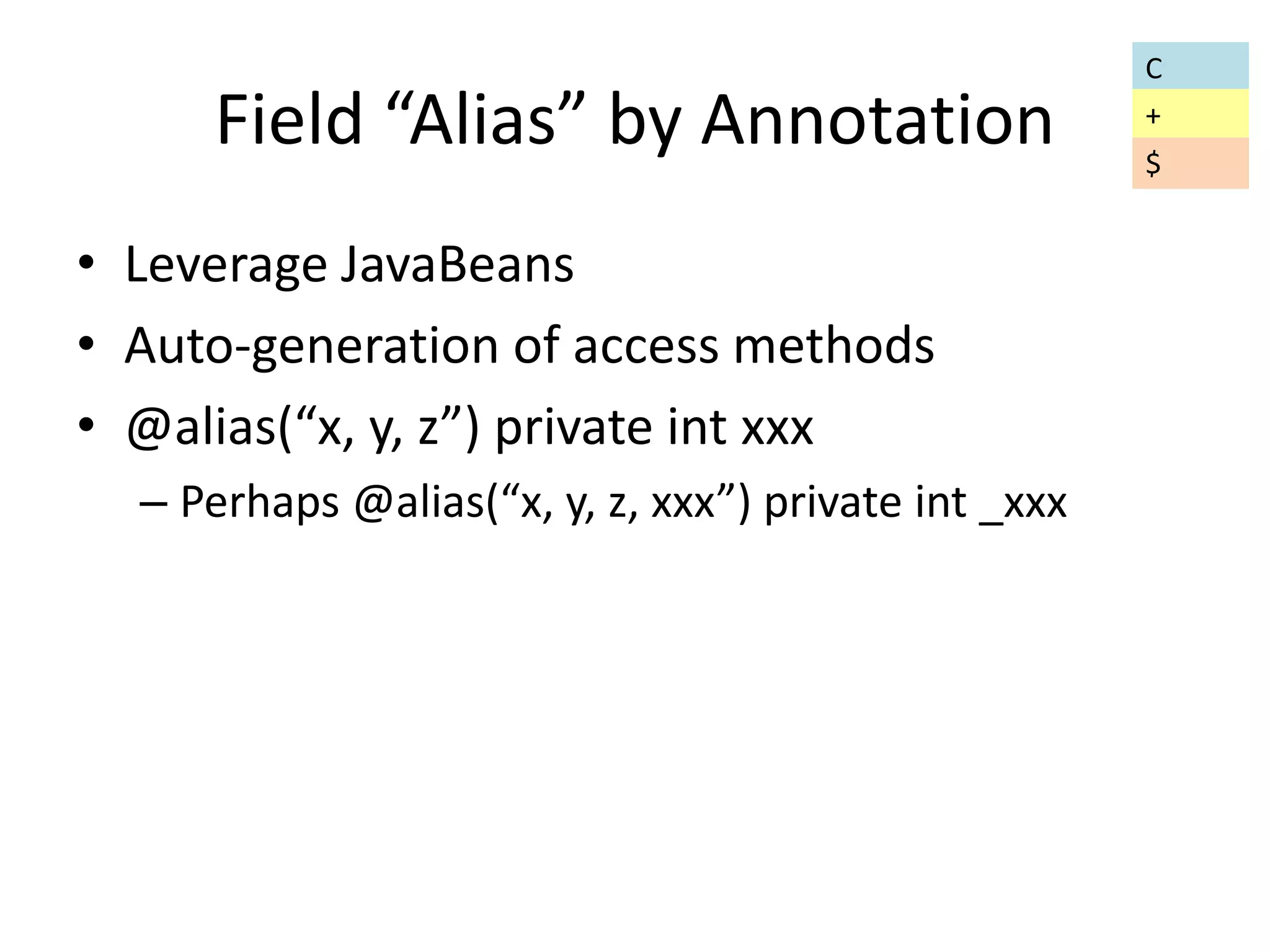
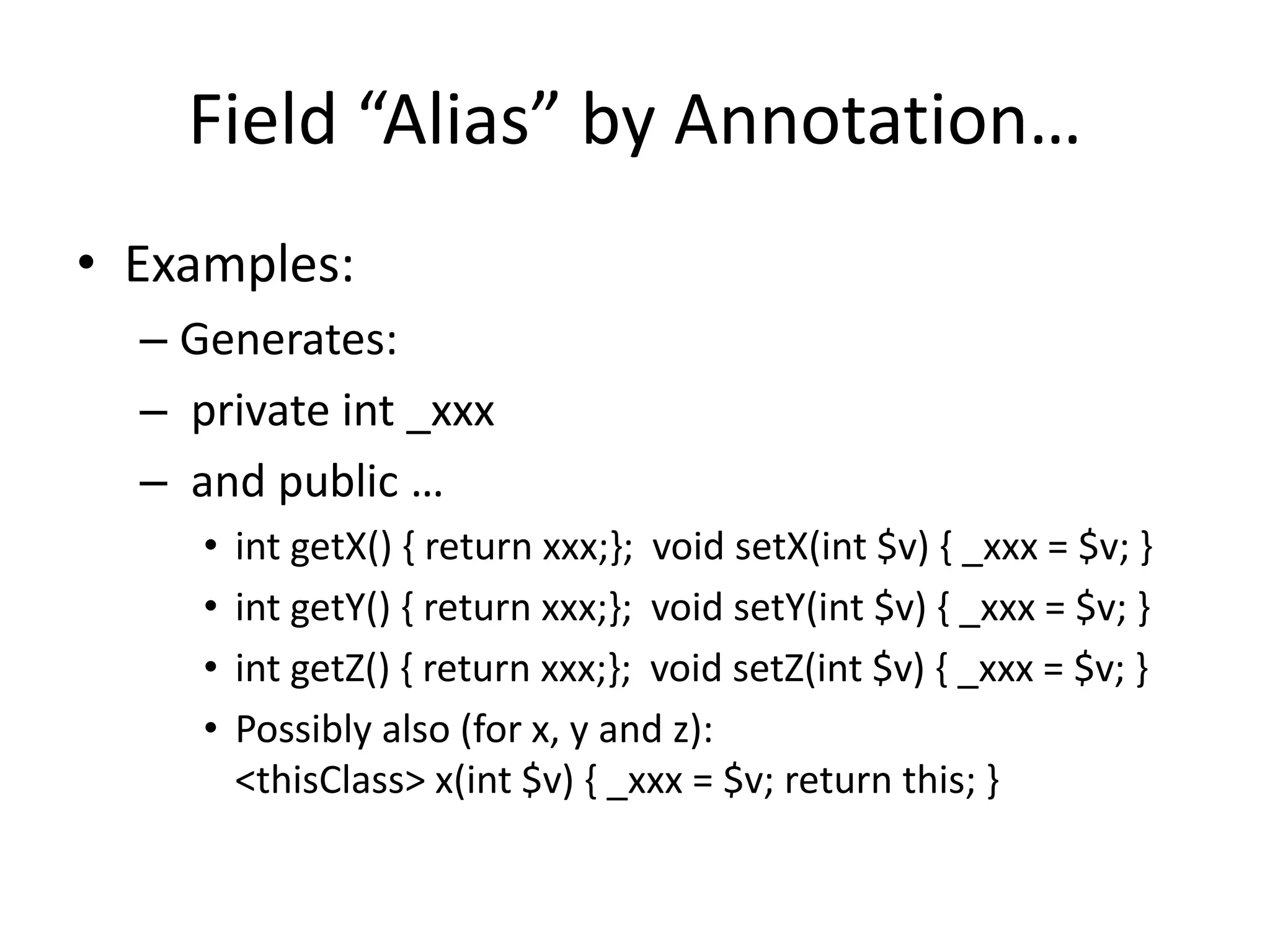
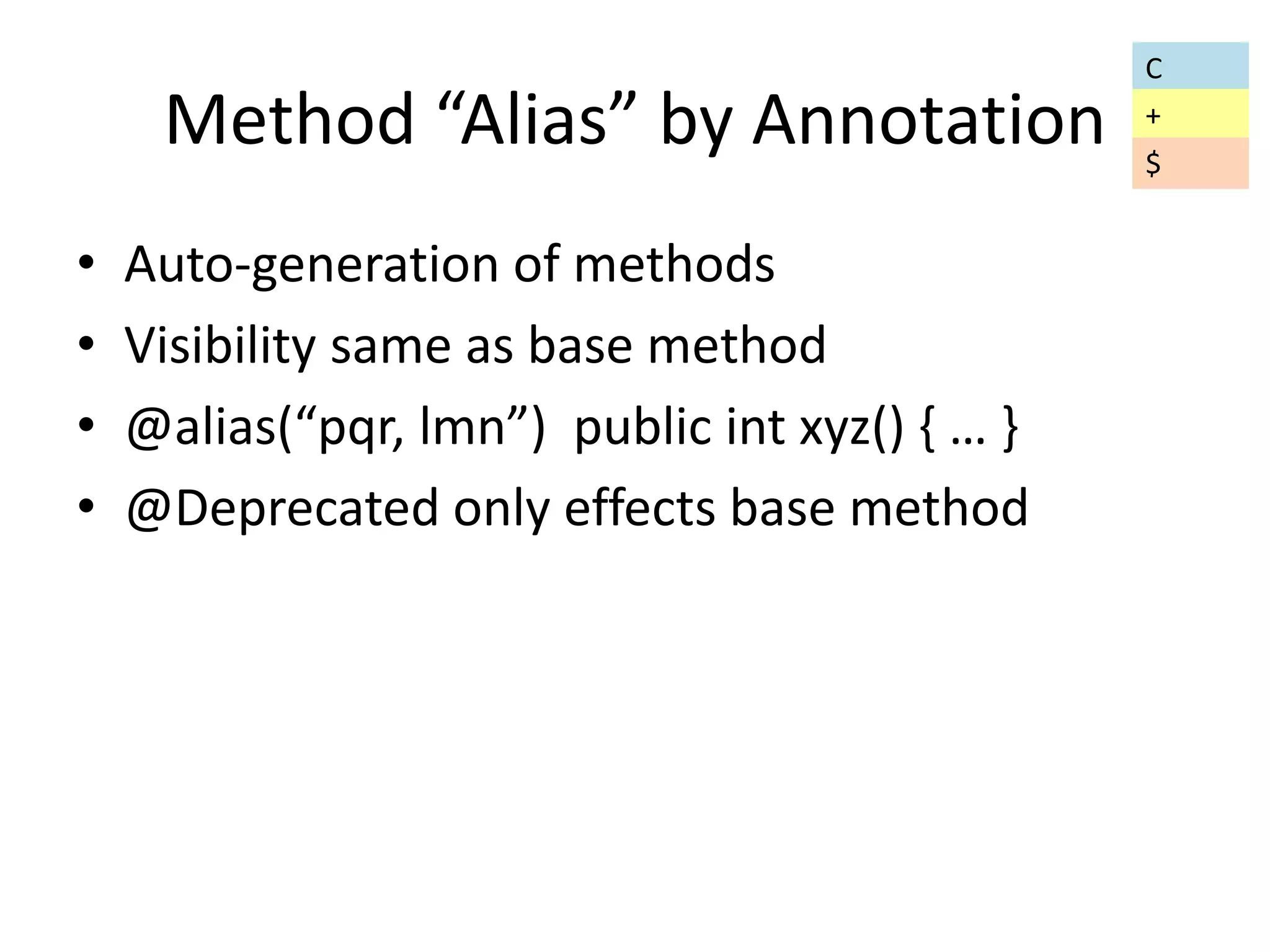
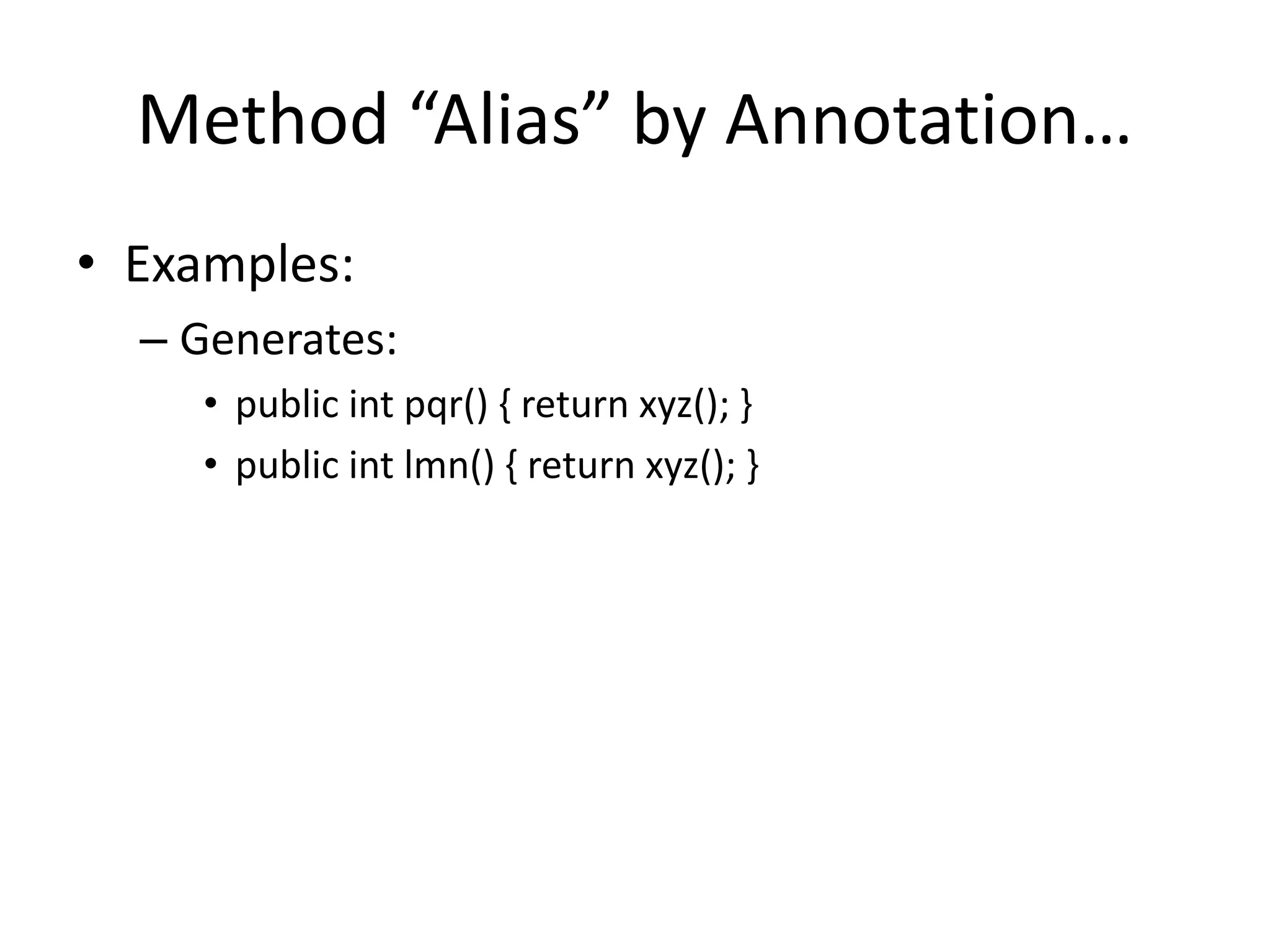

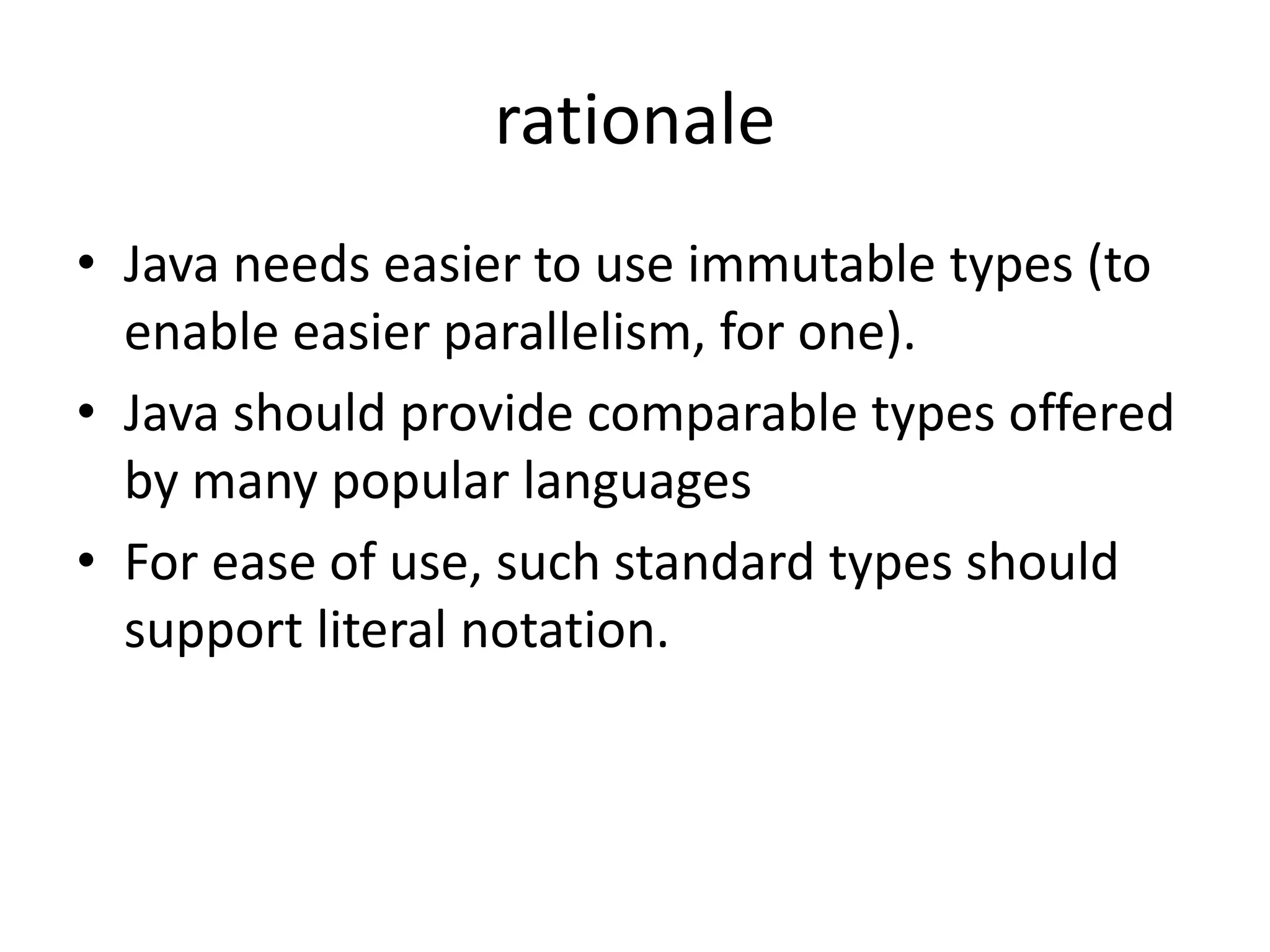
![Map/List Literals
• Java has array literals, it needs to add literals
for common collections
• List literal: [ <value>,… ]
• Map Literal : { <key>:<value>, … }
• Type is least common sub-type of key/value
• Literals can be passed to constructors to set
type (or cast to type)
– new ArrayList([1,2,3]) or (ArrayList)[1,2,3]
May need to use #[…] and #{…} format
C+L
++++
$$](https://image.slidesharecdn.com/potentialjavajsritems-141021122623-conversion-gate02/75/Proposals-for-new-function-in-Java-SE-9-and-beyond-202-2048.jpg)
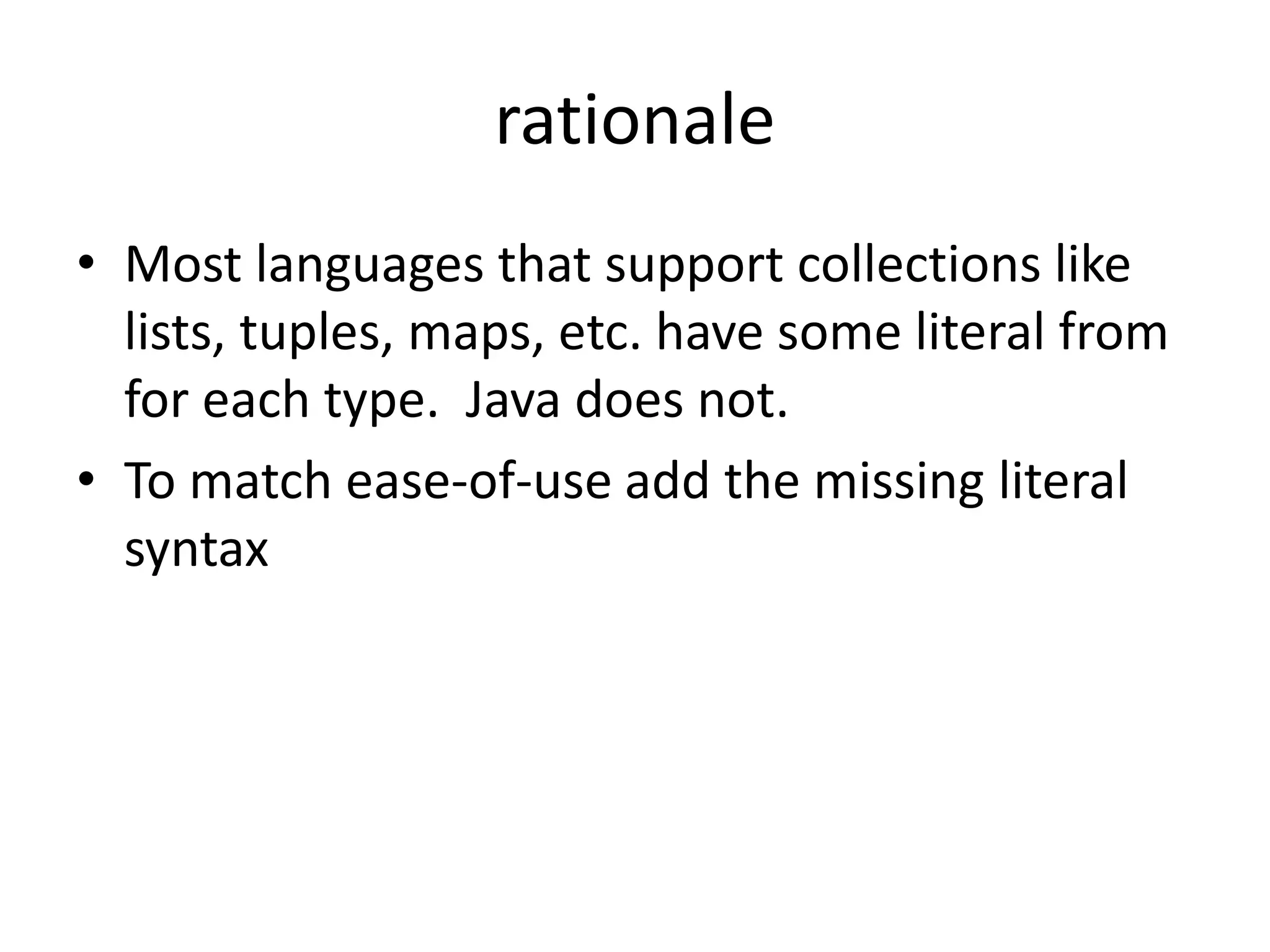
![Implementation
• literals create new instances upon each reference
(they act as templates).
• The following creates 100 lists (thus the client
can freely modify each copy).
for(int i = 0; i < 100; i++) {
List<Integer> l = [ 1, 2, 3 ];
l << new
Random().nextInt(100);
}
• Use Arraylist and LinkedHashMap as default
implementations](https://image.slidesharecdn.com/potentialjavajsritems-141021122623-conversion-gate02/75/Proposals-for-new-function-in-Java-SE-9-and-beyond-204-2048.jpg)
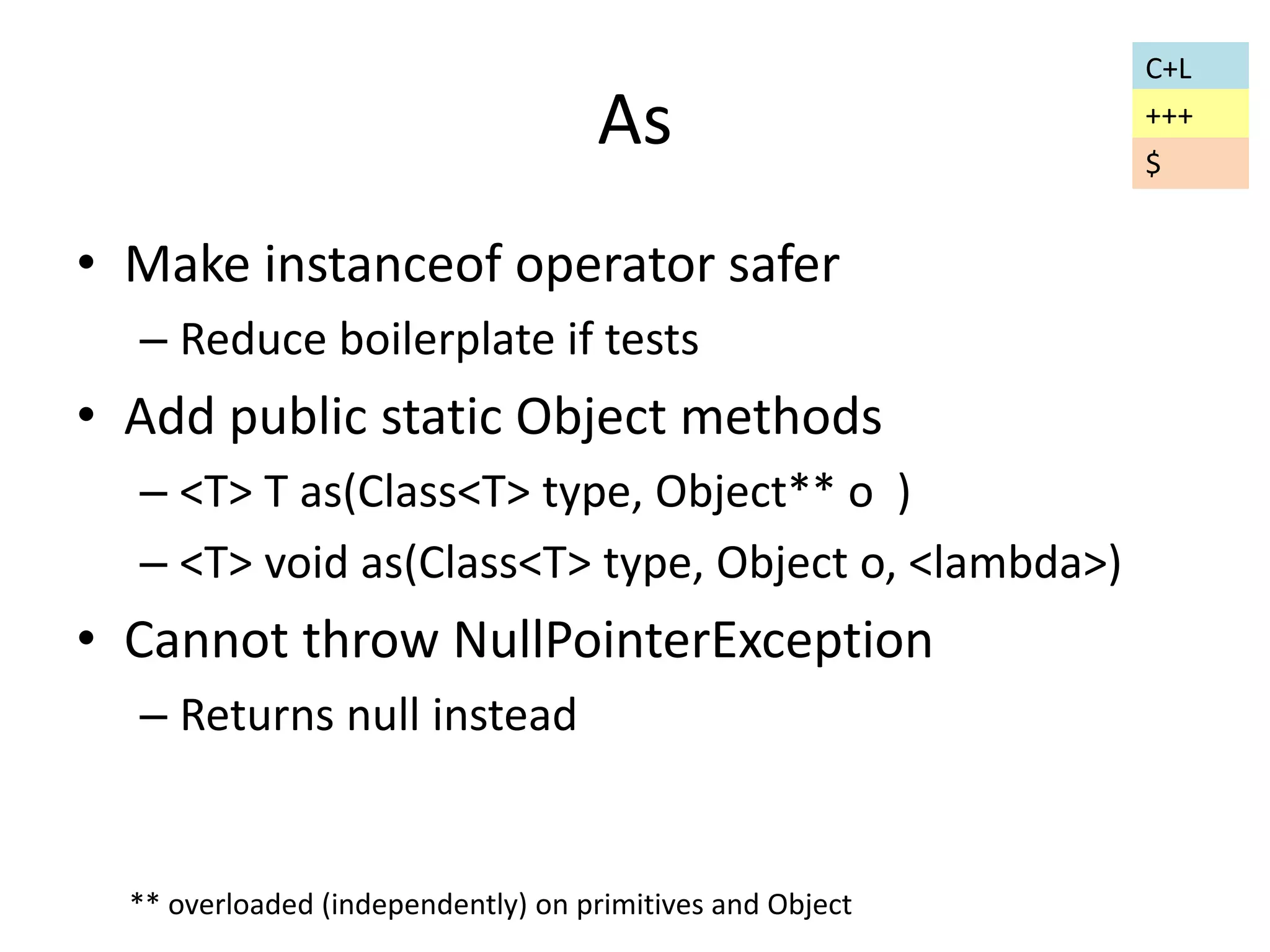
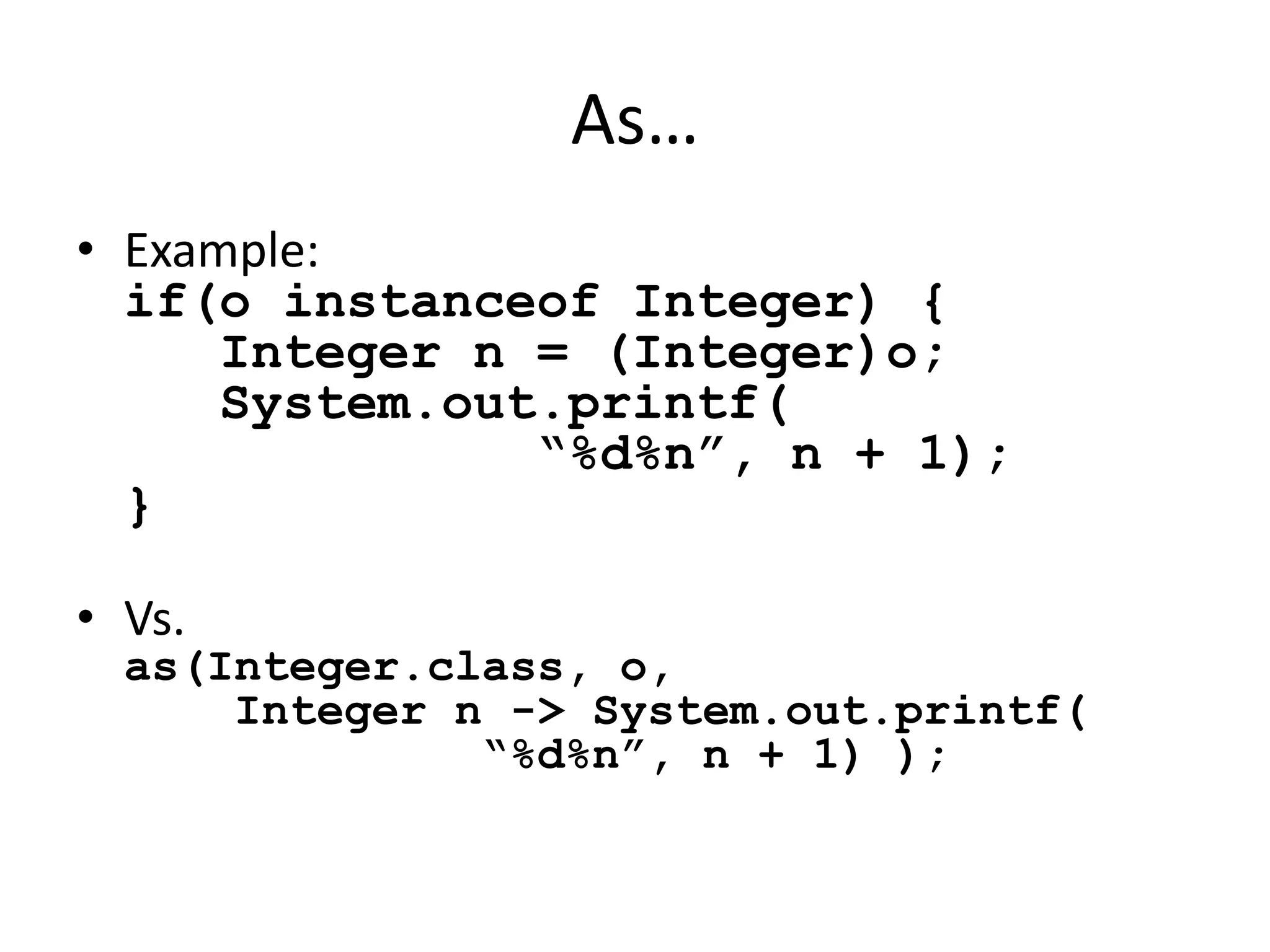
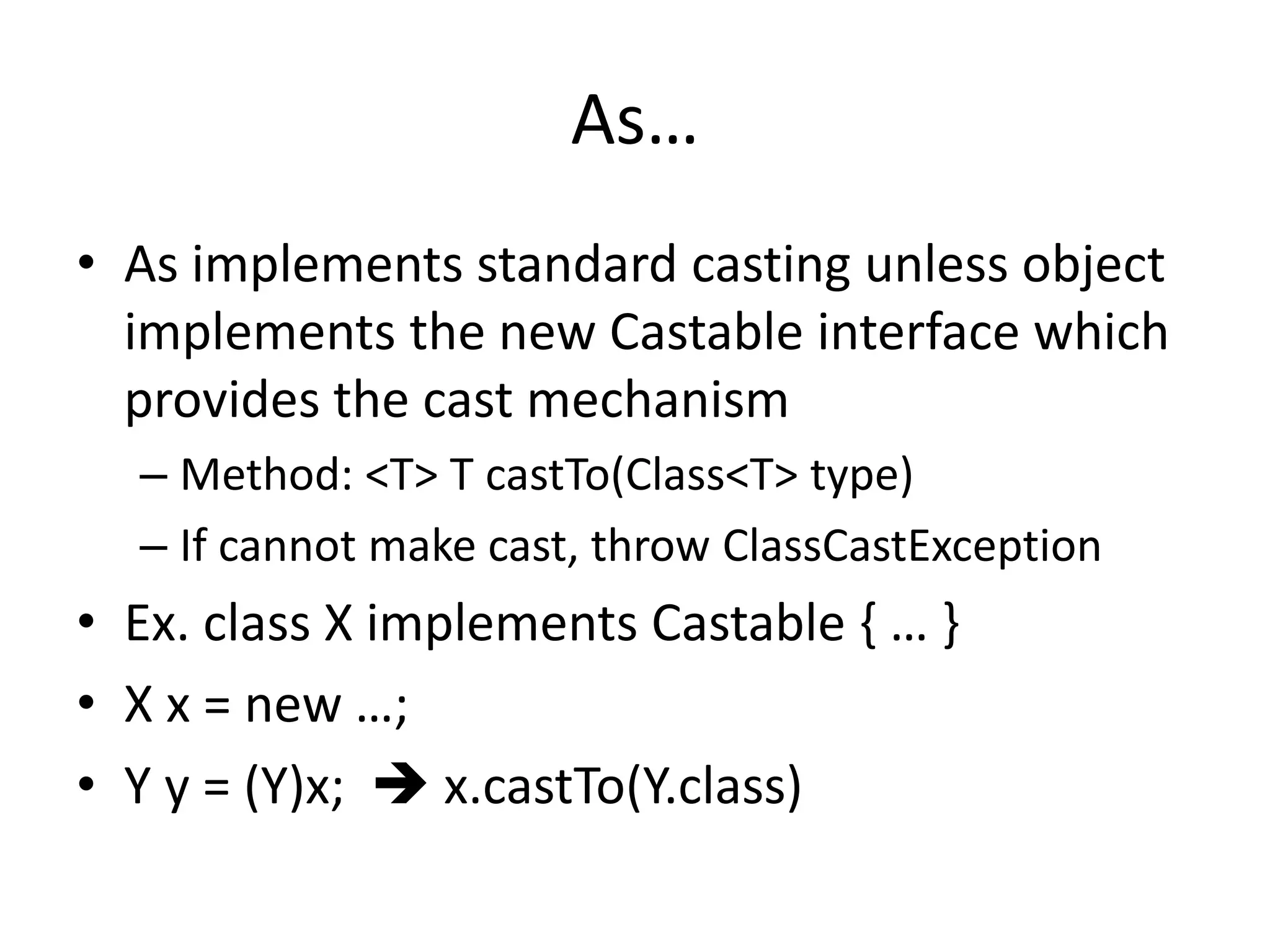
![Collection Initialization
• Arrays support initialization
new Object[] { <value>,… }
• Collections should also:
C+L
+++
– Add new interface Loadable<T**> with methods
• void load(T)
• void load(T[])
• void load(Collection<T>)
– Wrap values in { … } immediately after constructor
call
** T same as collection member type
$](https://image.slidesharecdn.com/potentialjavajsritems-141021122623-conversion-gate02/75/Proposals-for-new-function-in-Java-SE-9-and-beyond-208-2048.jpg)
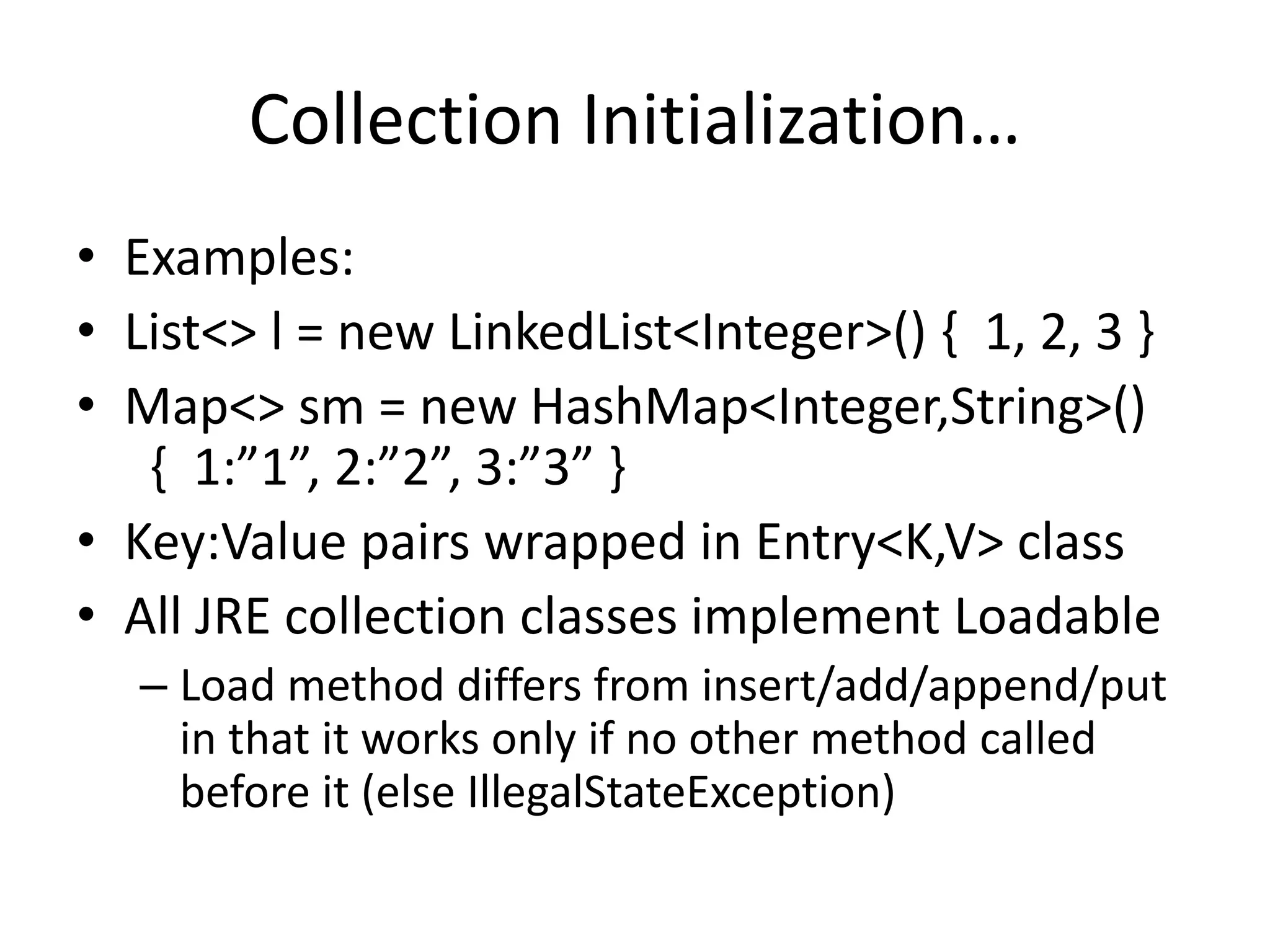
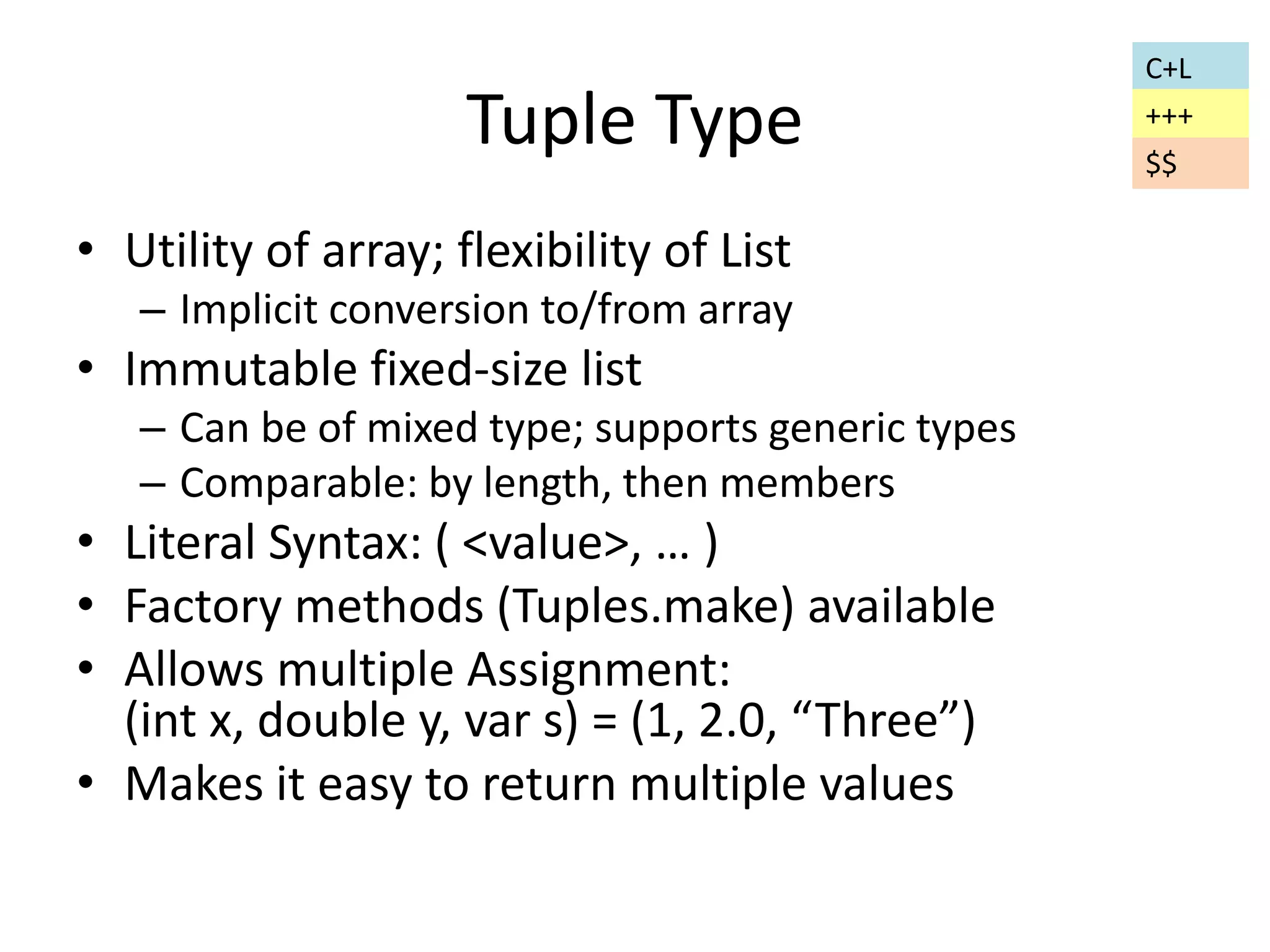
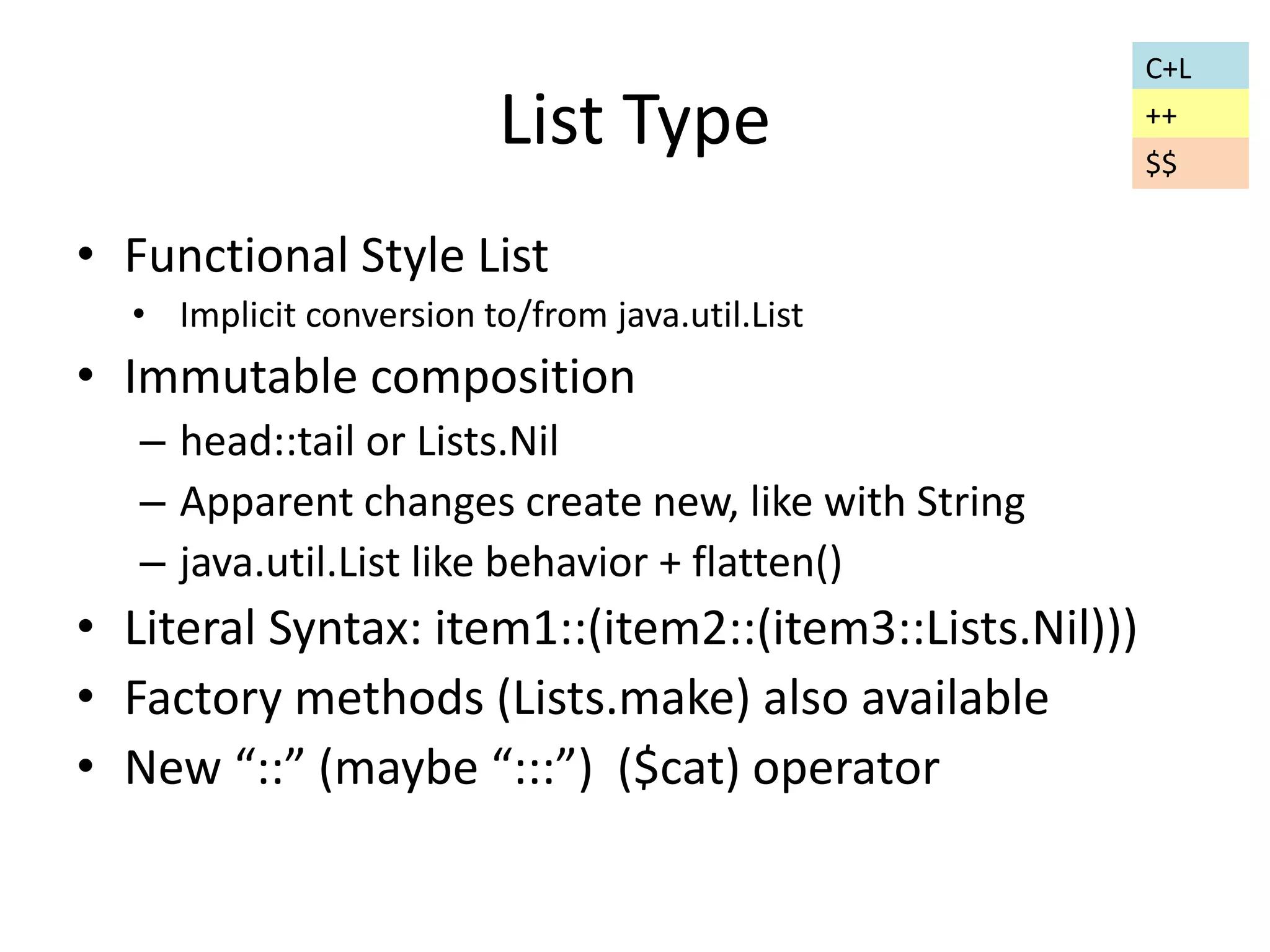
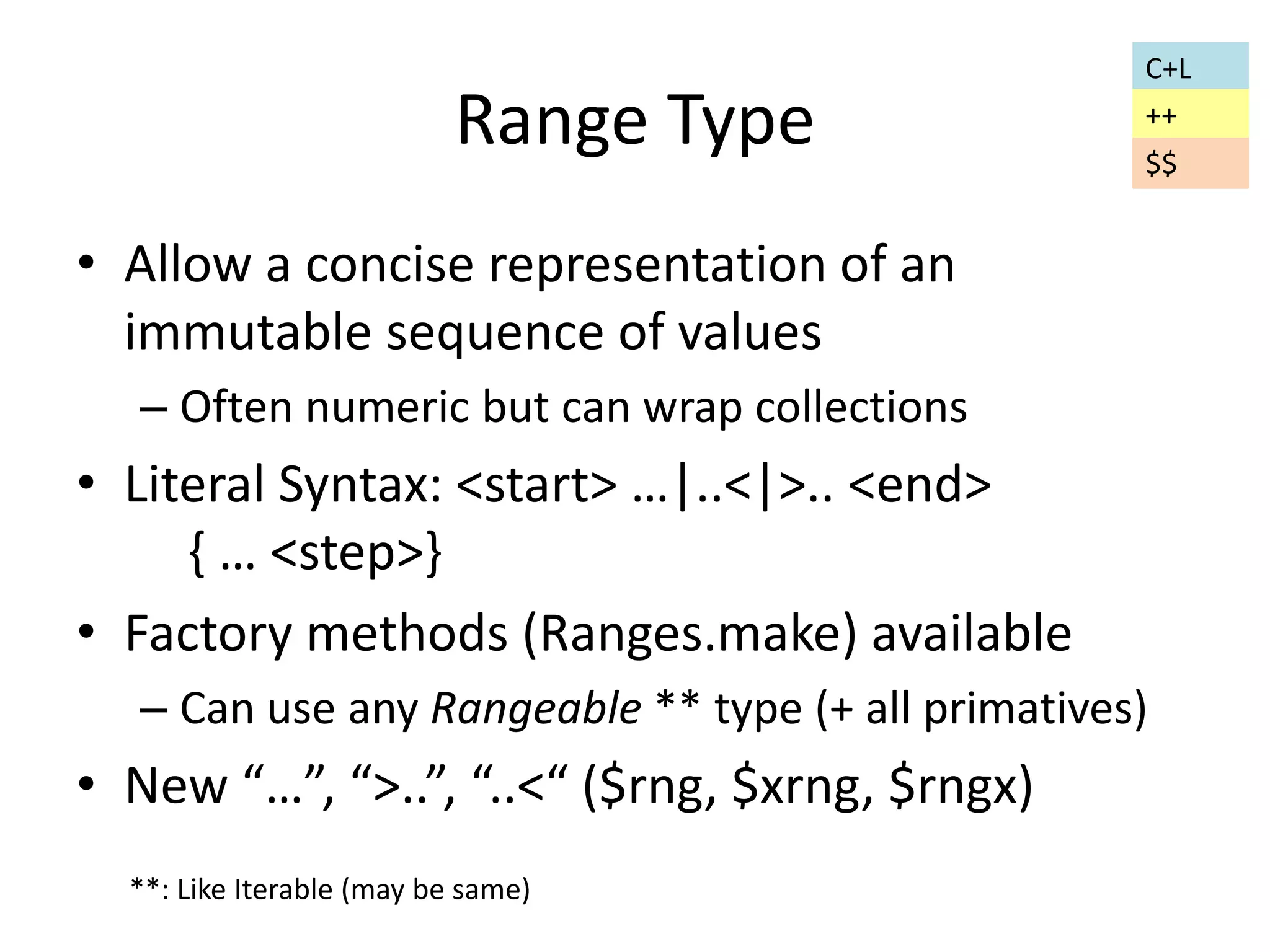
![Matrix Type
• Allow a dense representation of a multi-dimensional
regular (vs. ragged/sparse) arrays
– Cells often primitive but can any type
– Allocation is packed in memory (bit: 8 per byte)
• Access Literal Syntax: <variable>[ <index>, …]
– allows [x,y,z] (instead of [x][y][z])
– Support 10+ dimensions (product >0 && <=MAX_INT)
• Supply standard matrix algebra operations
• Factory methods (Matricies.make) available
– Create matrix and (sub)view on another matrix
C+L
++
$
Simplified Subset of JSR 83](https://image.slidesharecdn.com/potentialjavajsritems-141021122623-conversion-gate02/75/Proposals-for-new-function-in-Java-SE-9-and-beyond-213-2048.jpg)
![Matrix Concept
• 3-dimensional [N, M, L] Matrix
– N * M * L cells
• View on Matrix
• View on View
• Can also view as
vector
(1 dimension
N * M * L long)
• Can update through
view
Ignore labels
From http://www.altera.com/technology/system-design/articles/2013/scanned-radar-signal-processing.html](https://image.slidesharecdn.com/potentialjavajsritems-141021122623-conversion-gate02/75/Proposals-for-new-function-in-Java-SE-9-and-beyond-214-2048.jpg)
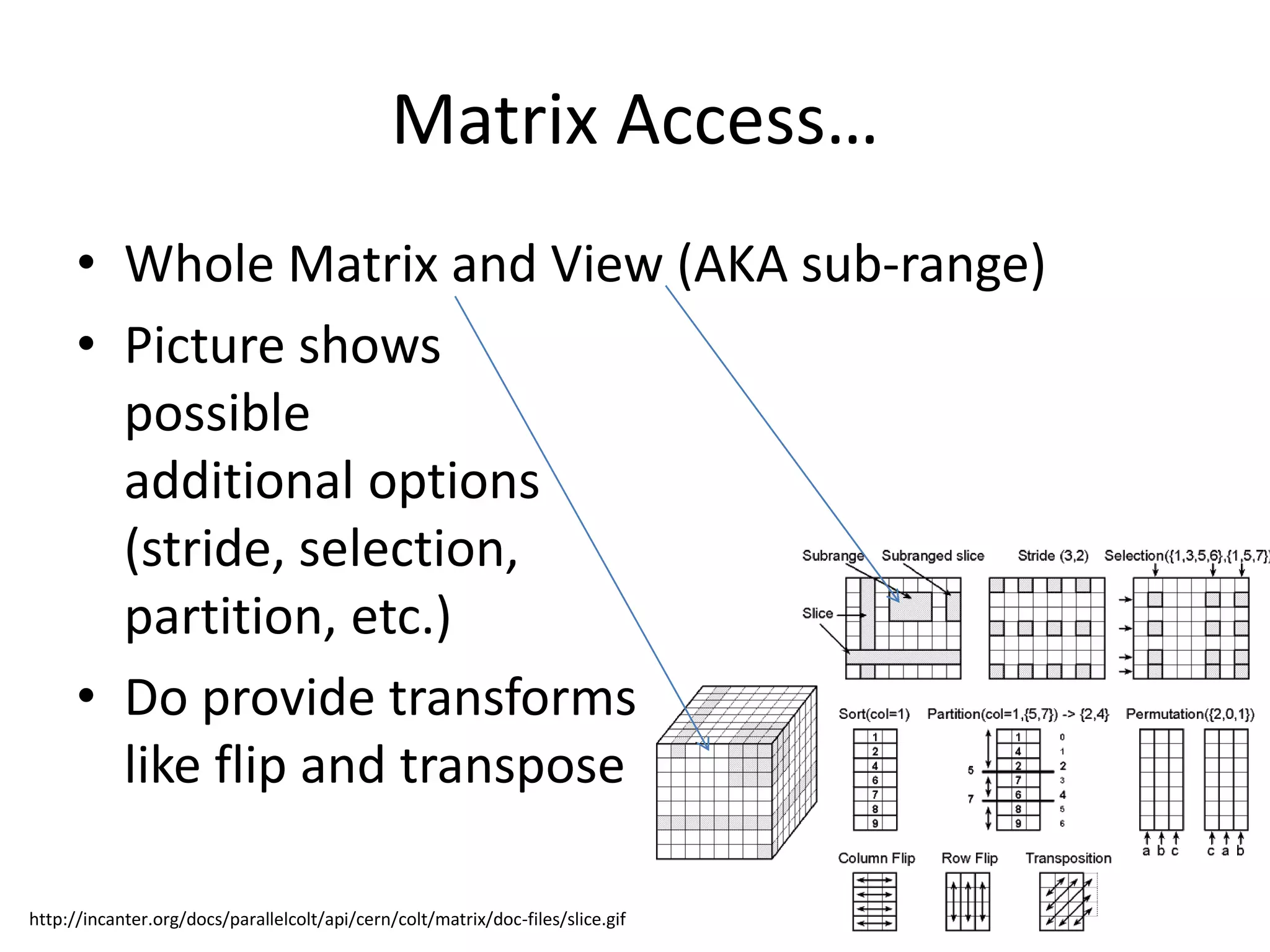
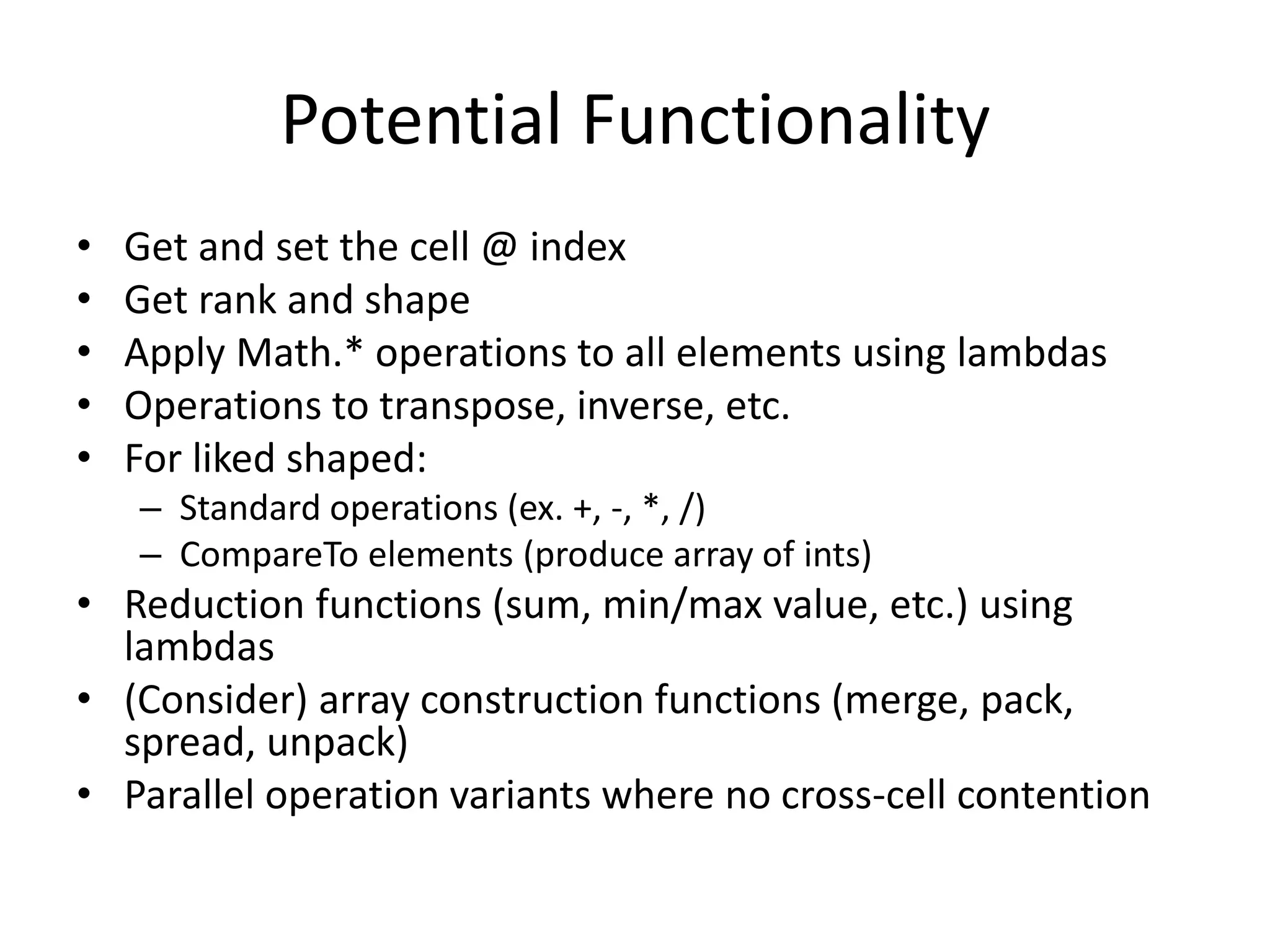
![Matrix Type
• Examples:
– IntMatrix m = Matrices.make(
Integer.TYPE, int[]{10, 10, 10});
– Matrix vm = Matrices.makeView(m,
int[] {1}, int[]{2, 3}, int[]{5, 5});
Assume “==“ overloaded to equals(); “[]“ overloaded](https://image.slidesharecdn.com/potentialjavajsritems-141021122623-conversion-gate02/75/Proposals-for-new-function-in-Java-SE-9-and-beyond-217-2048.jpg)
![Matrix Type
• Examples:
– int x = m[1,1,1];
– m[9,9,9] = x;
– Same effect:
– var dims = m.getDimensions()
– m[9 * dims[0] * dims[1] + 9 * dims[1] + 9] = x;
Assume “==“ overloaded to equals(); “[]“ overloaded](https://image.slidesharecdn.com/potentialjavajsritems-141021122623-conversion-gate02/75/Proposals-for-new-function-in-Java-SE-9-and-beyond-218-2048.jpg)
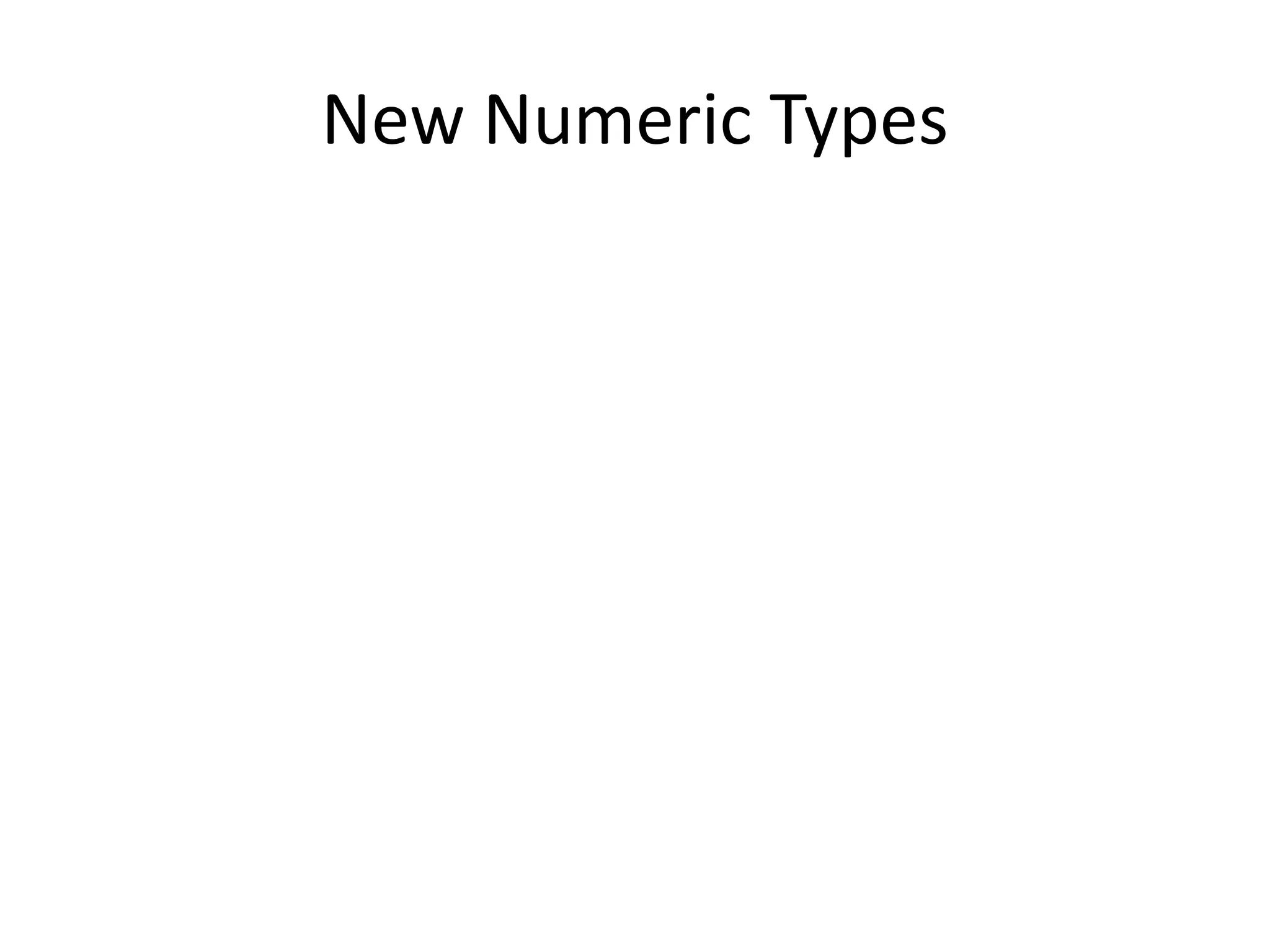
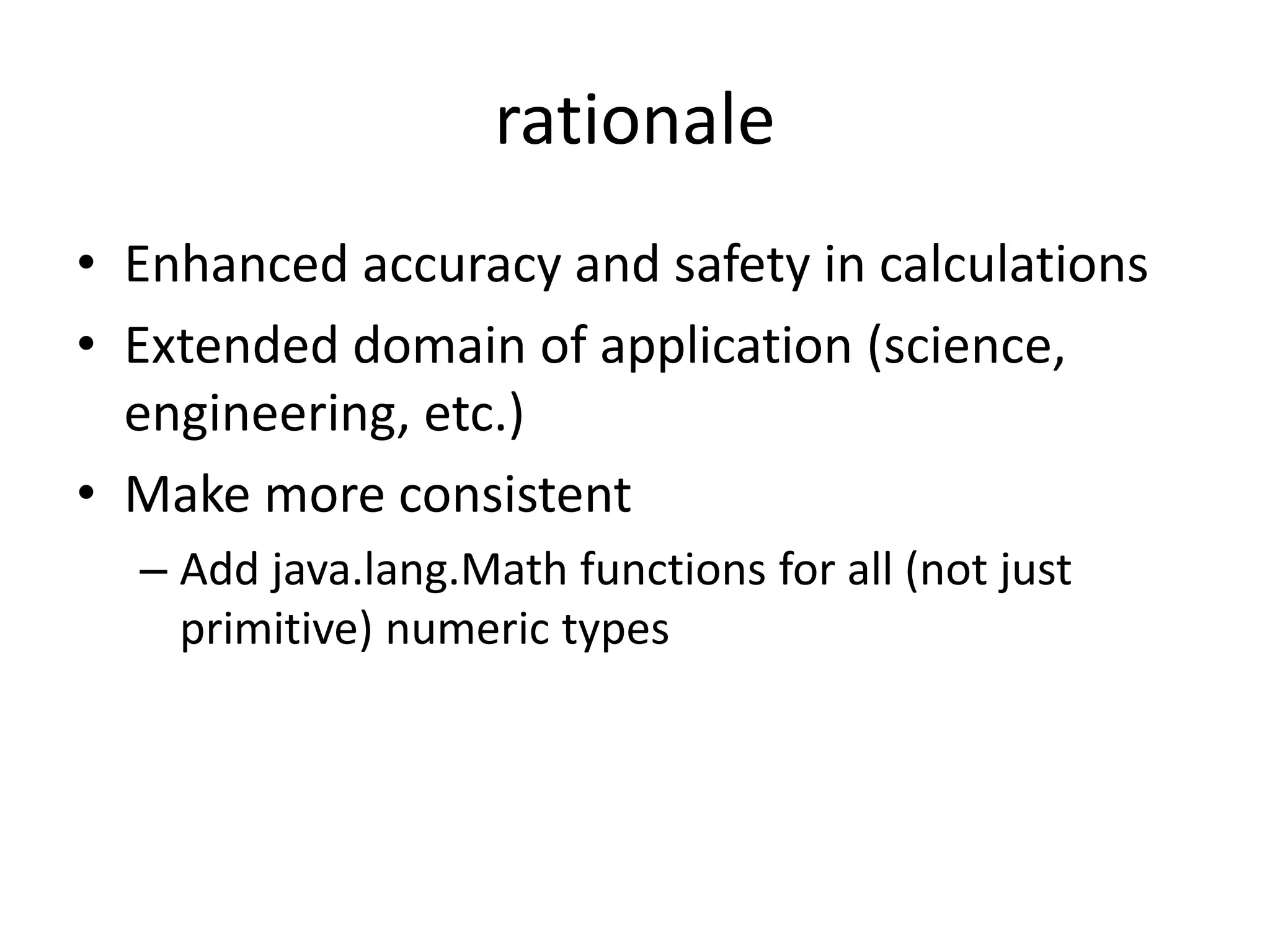
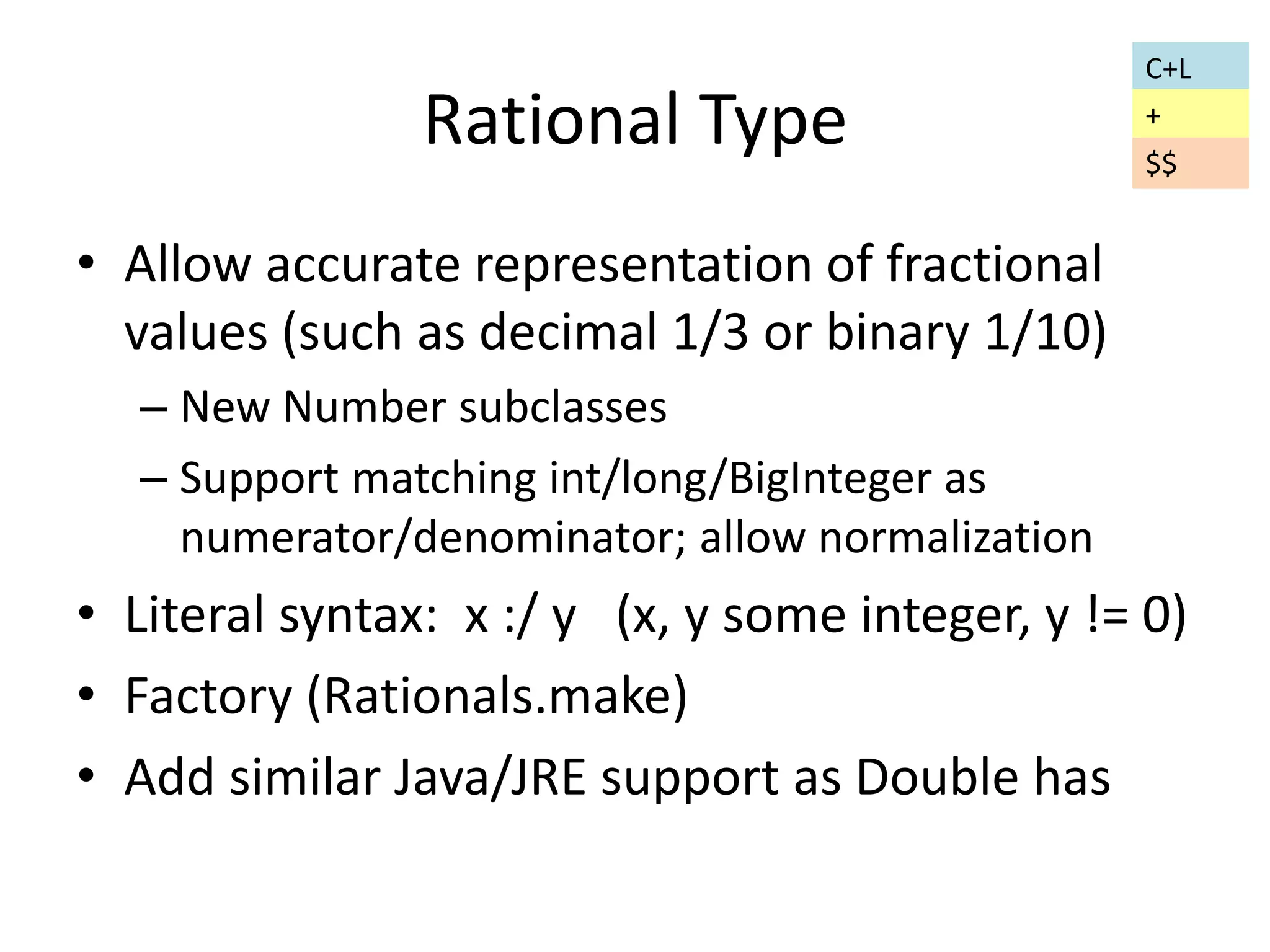
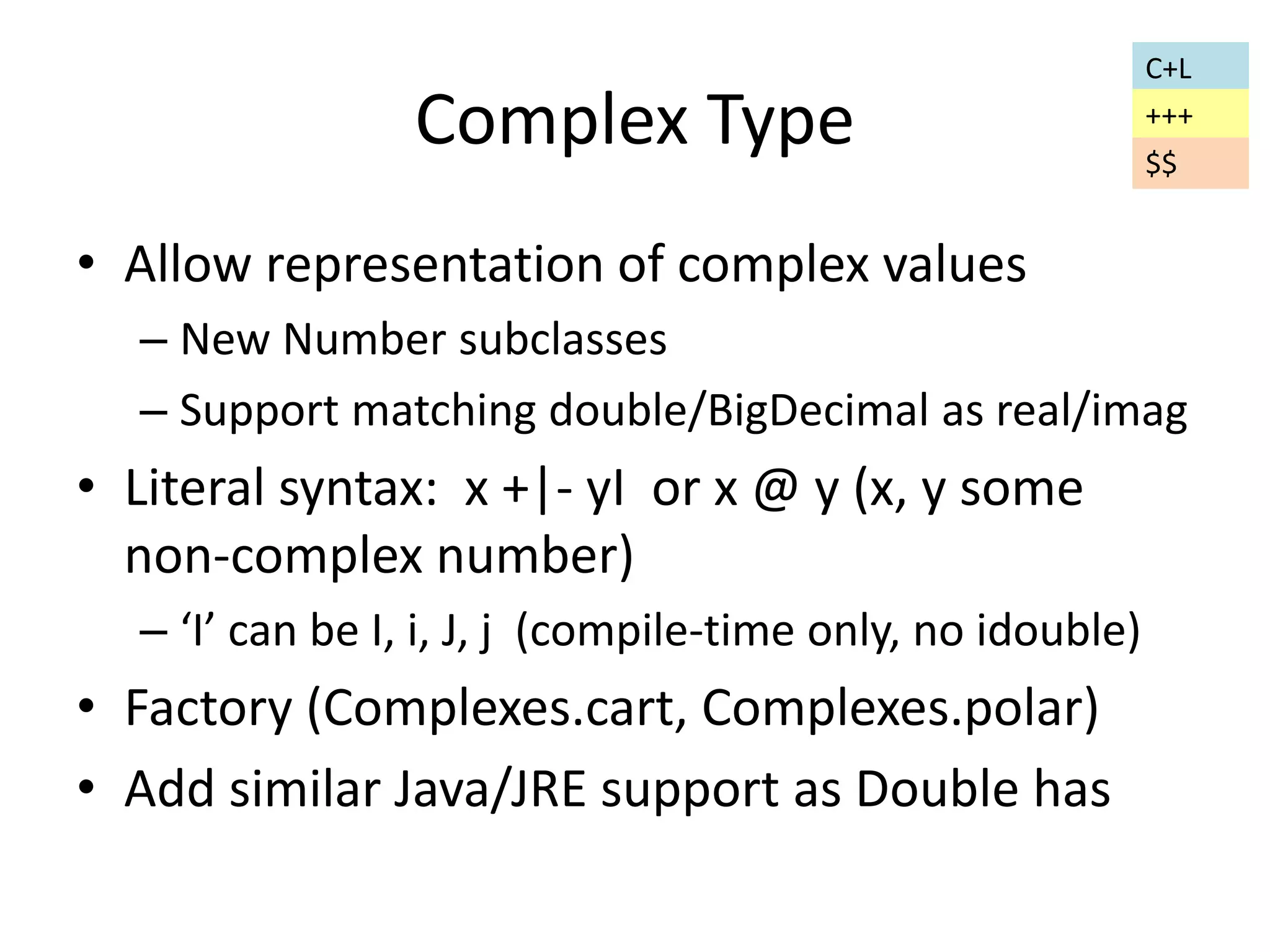
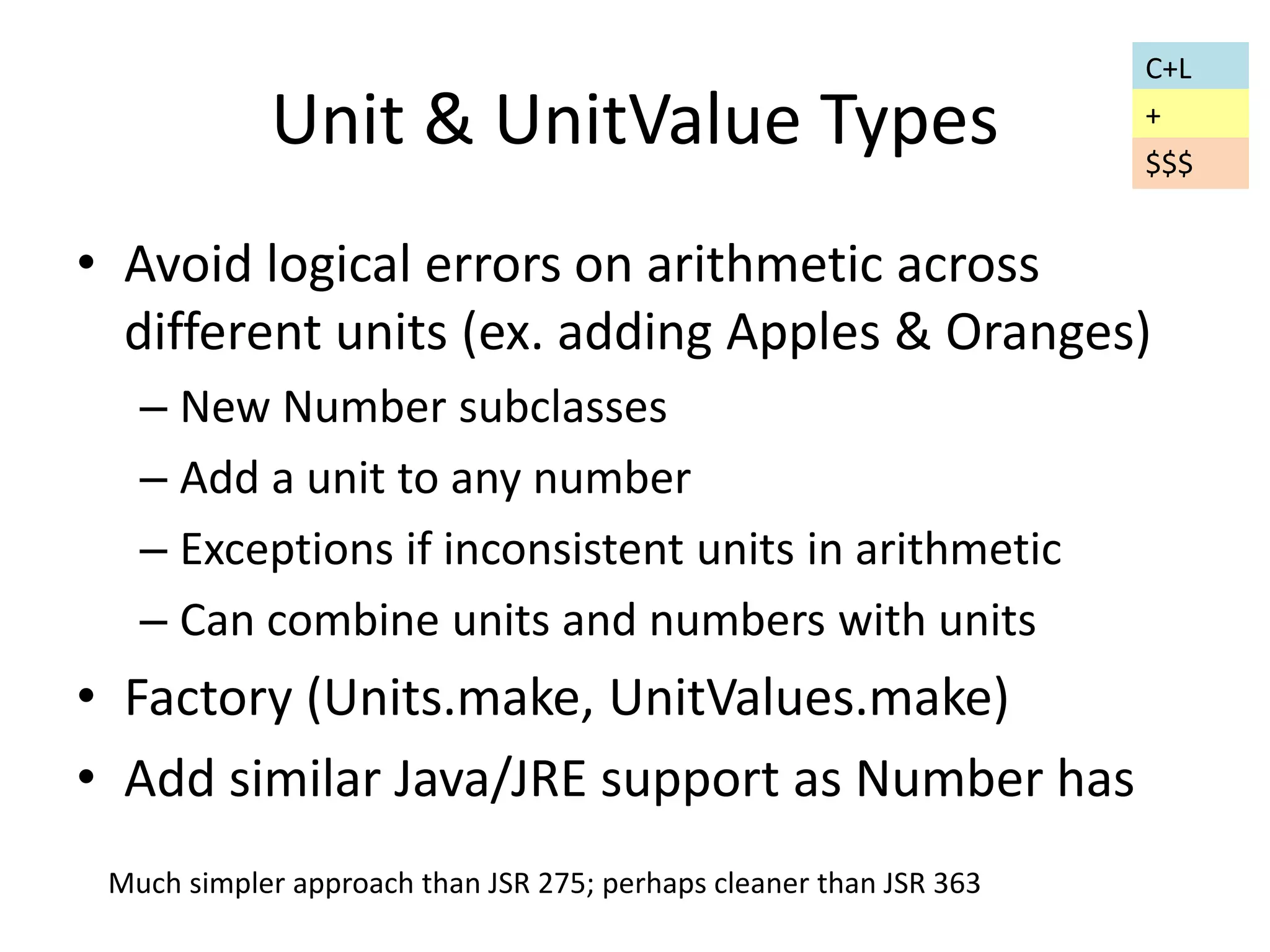
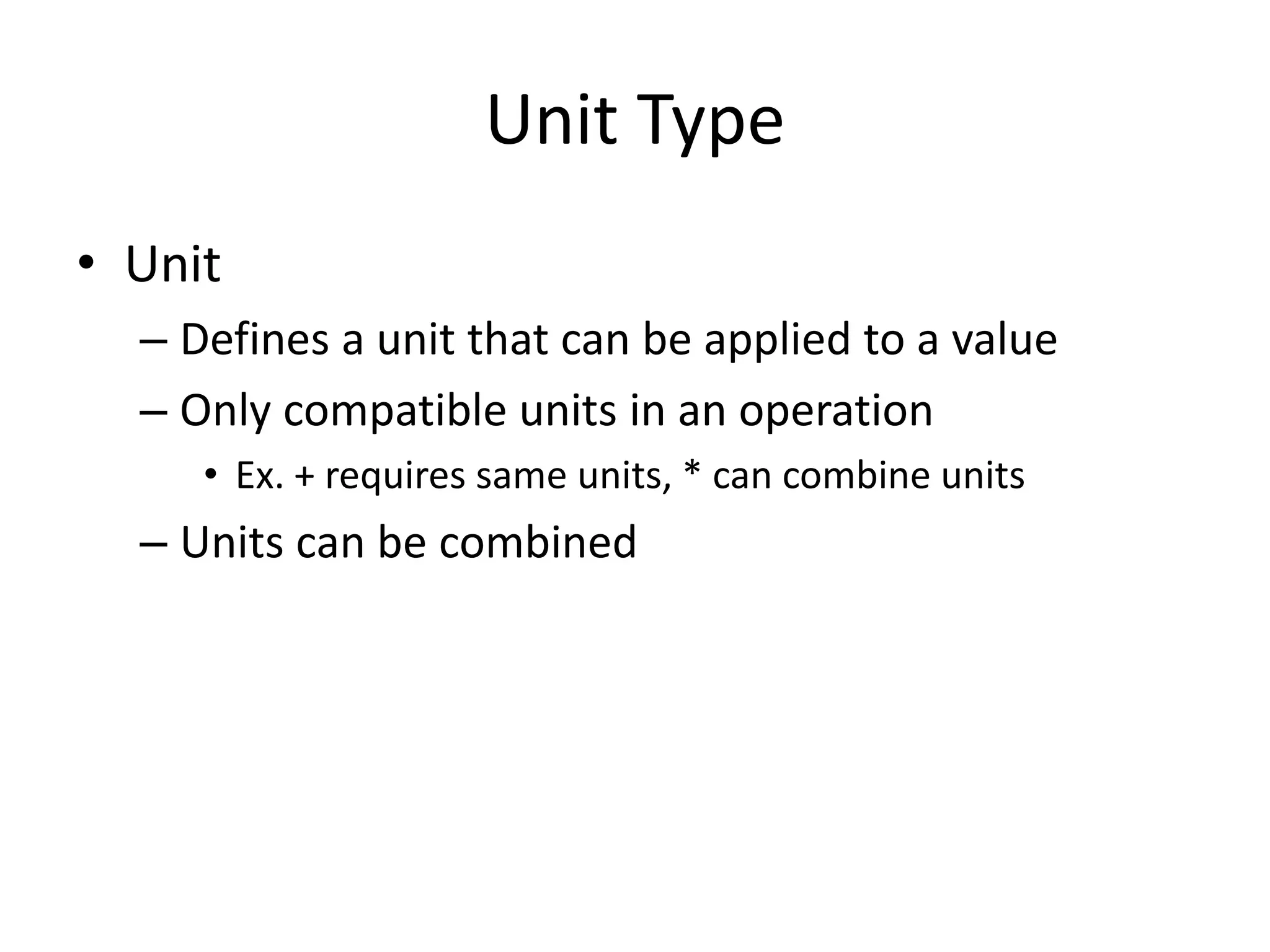
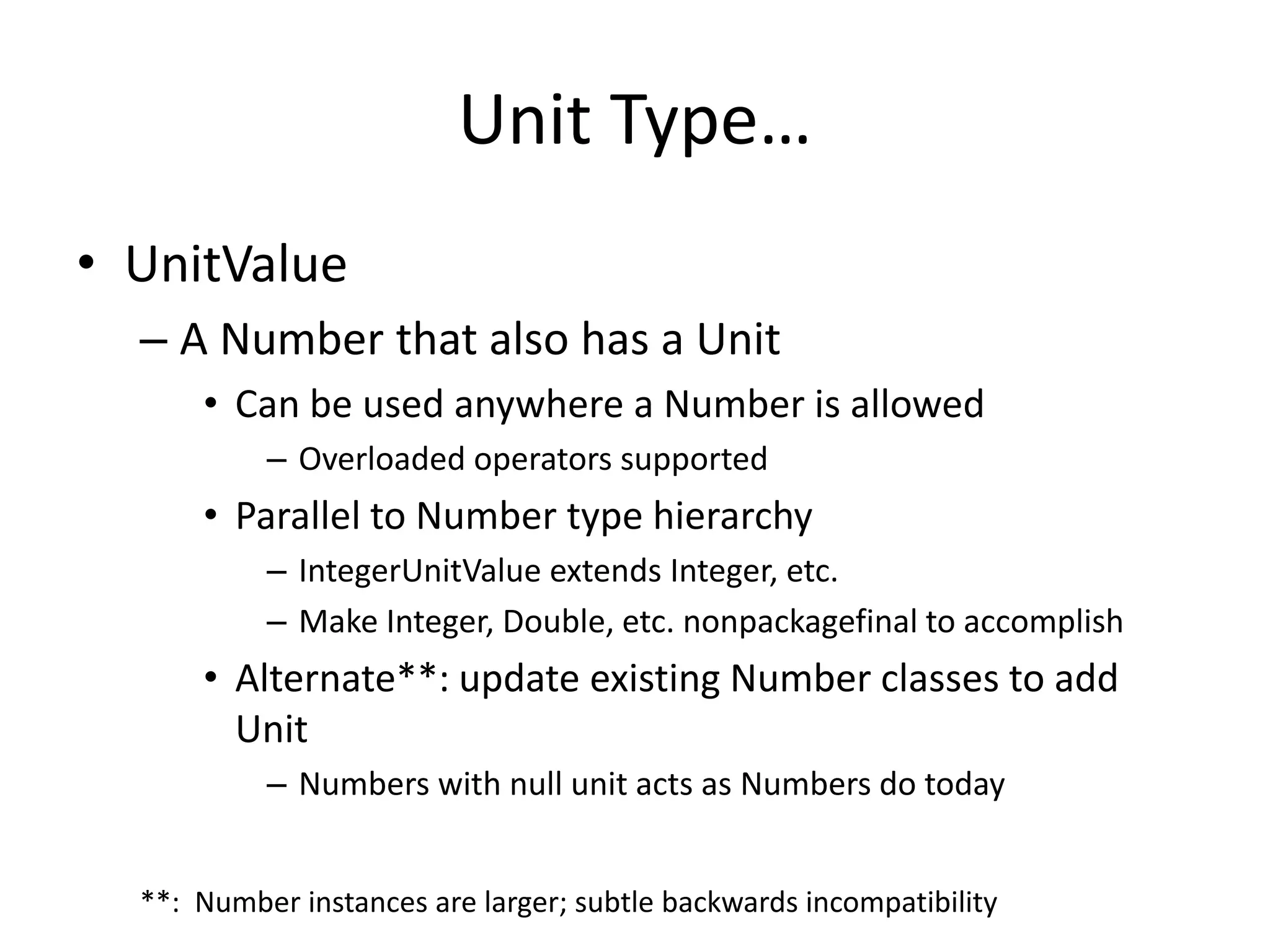
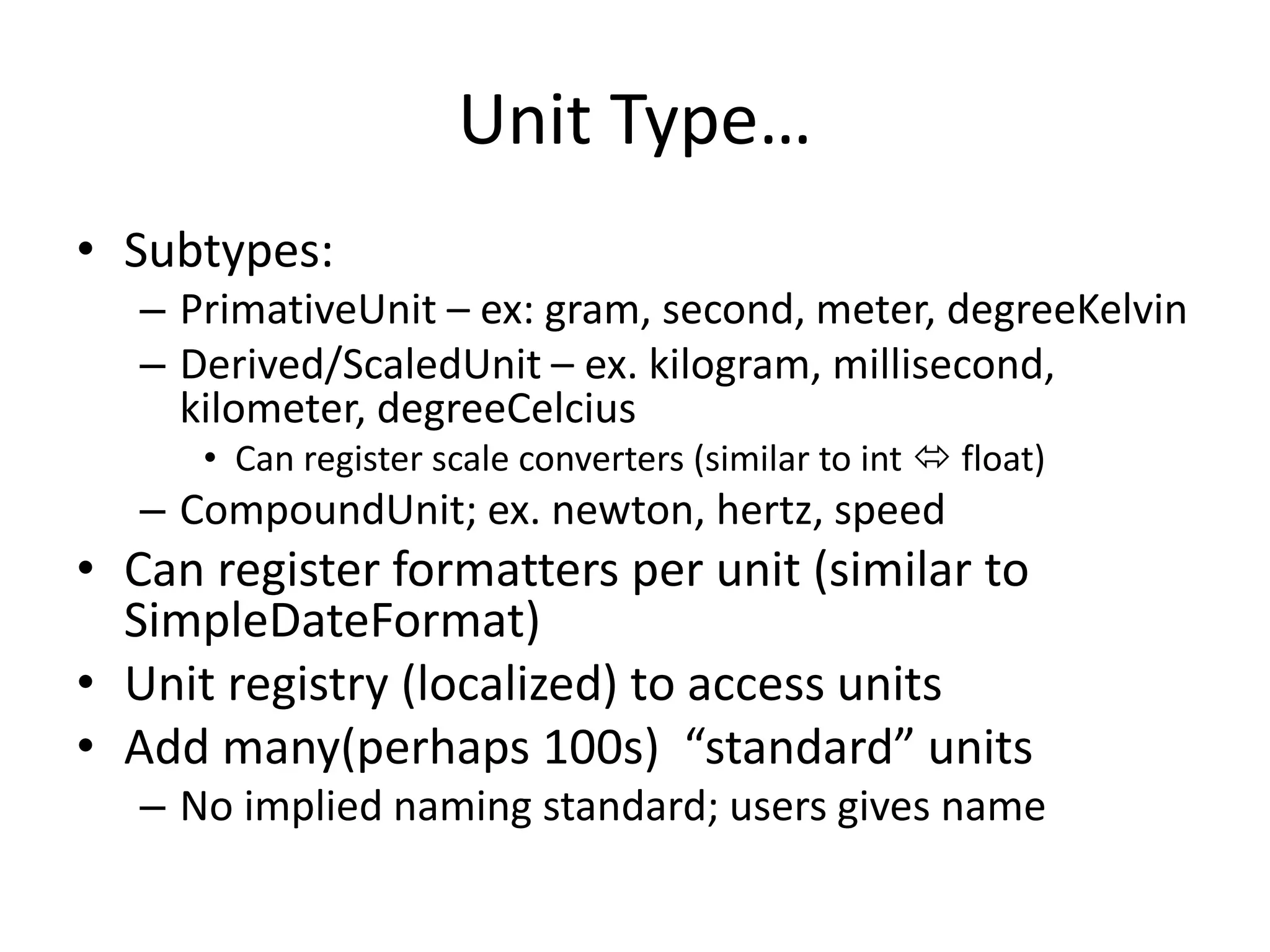
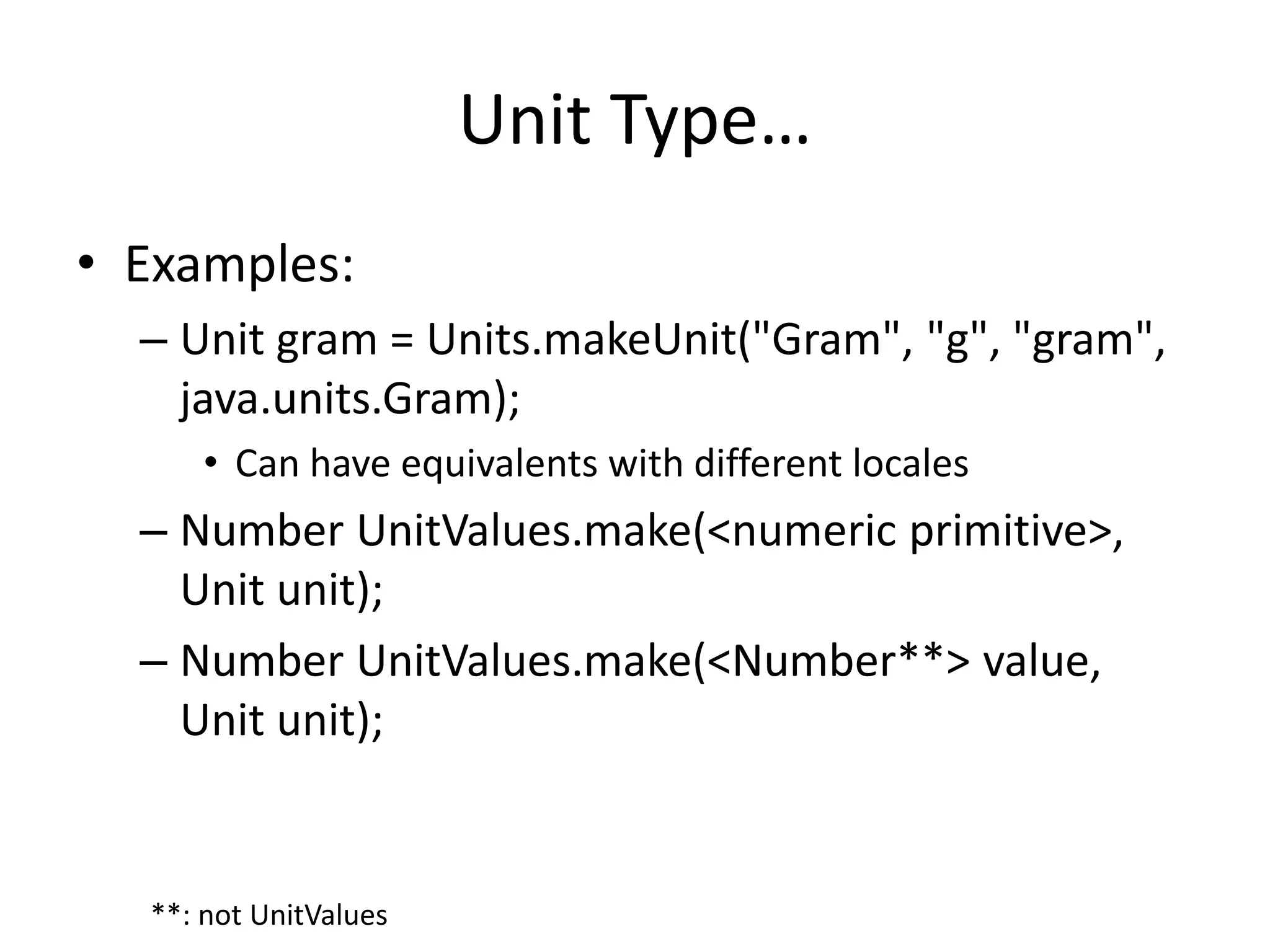
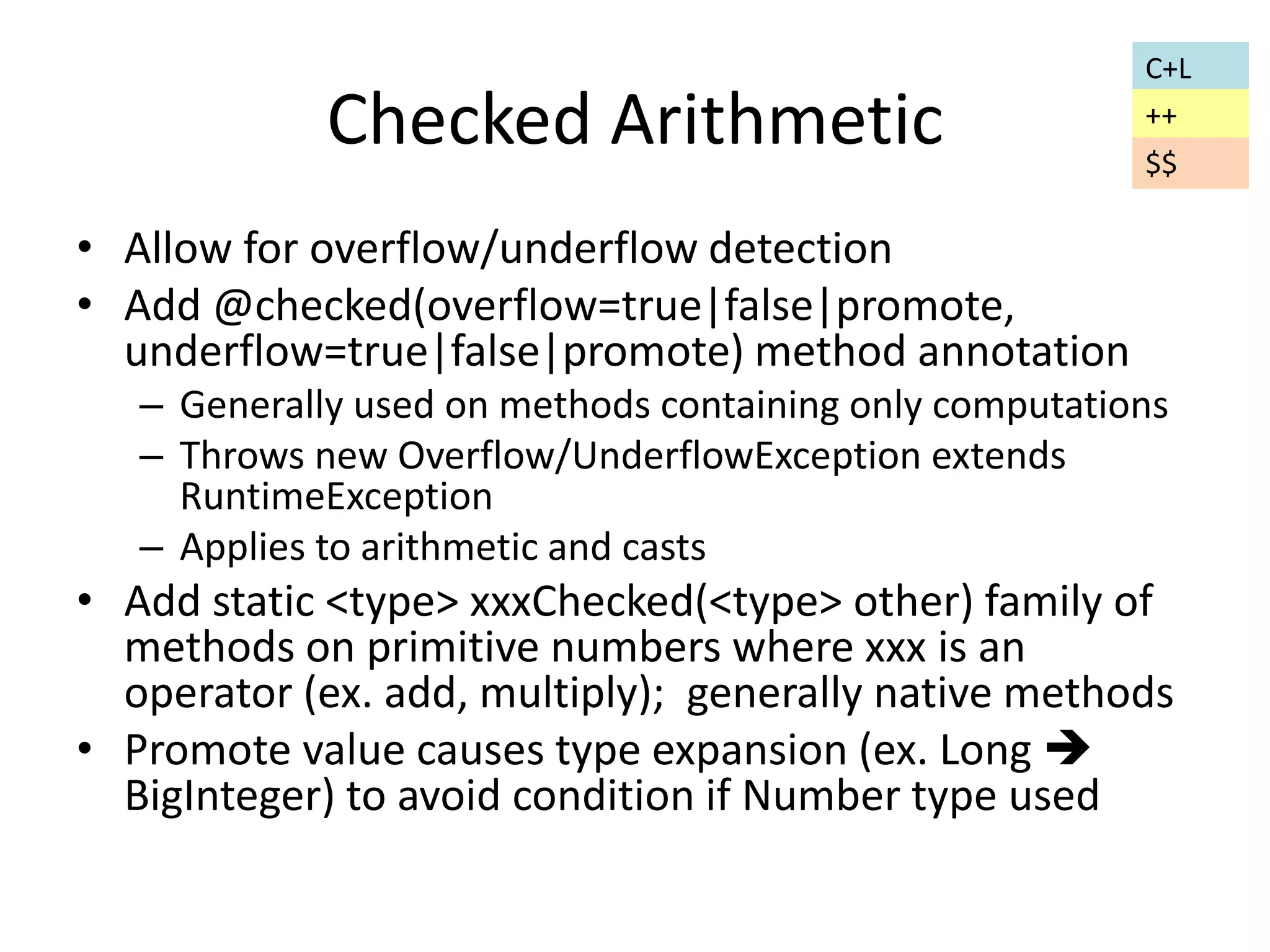
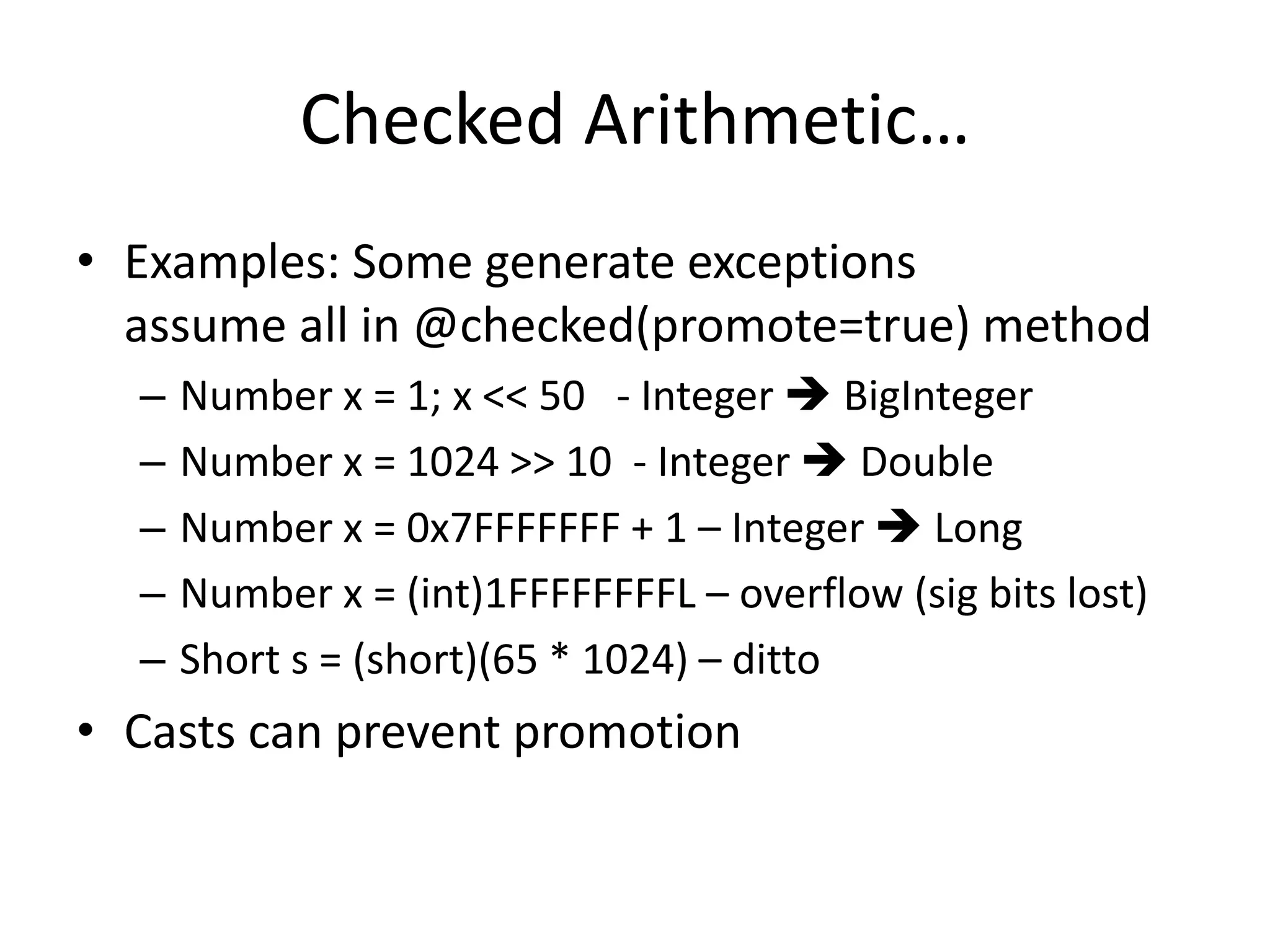
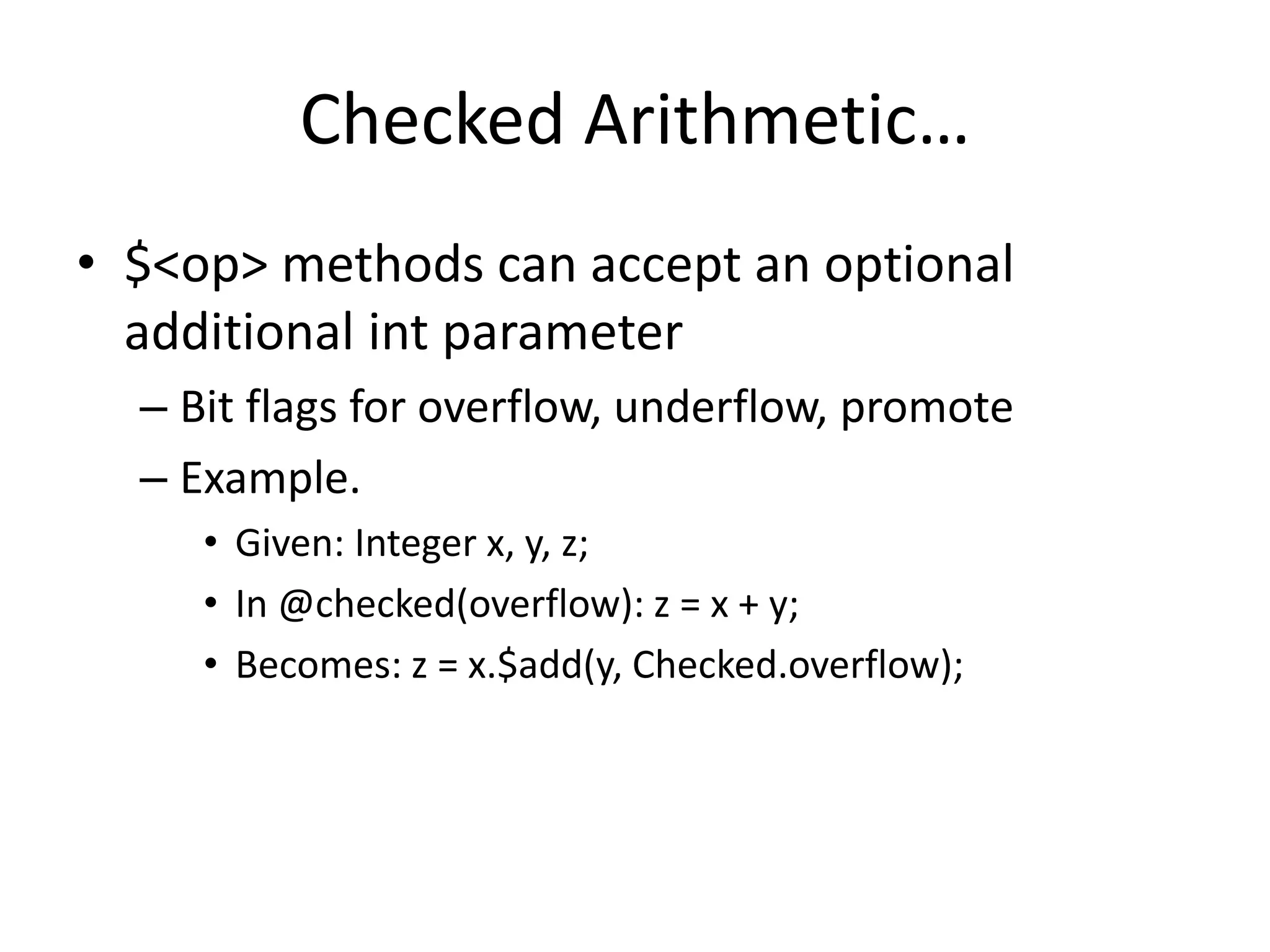
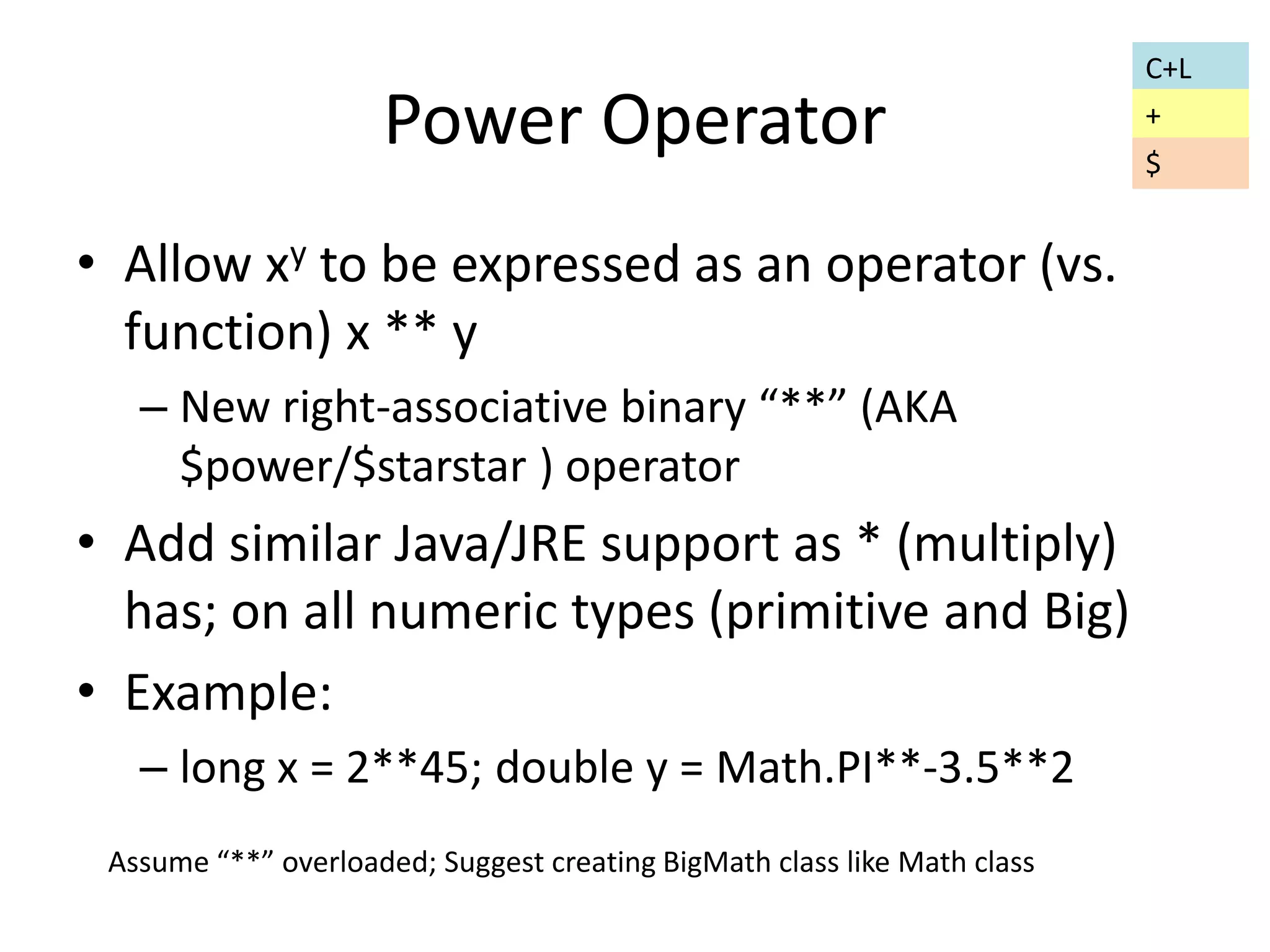
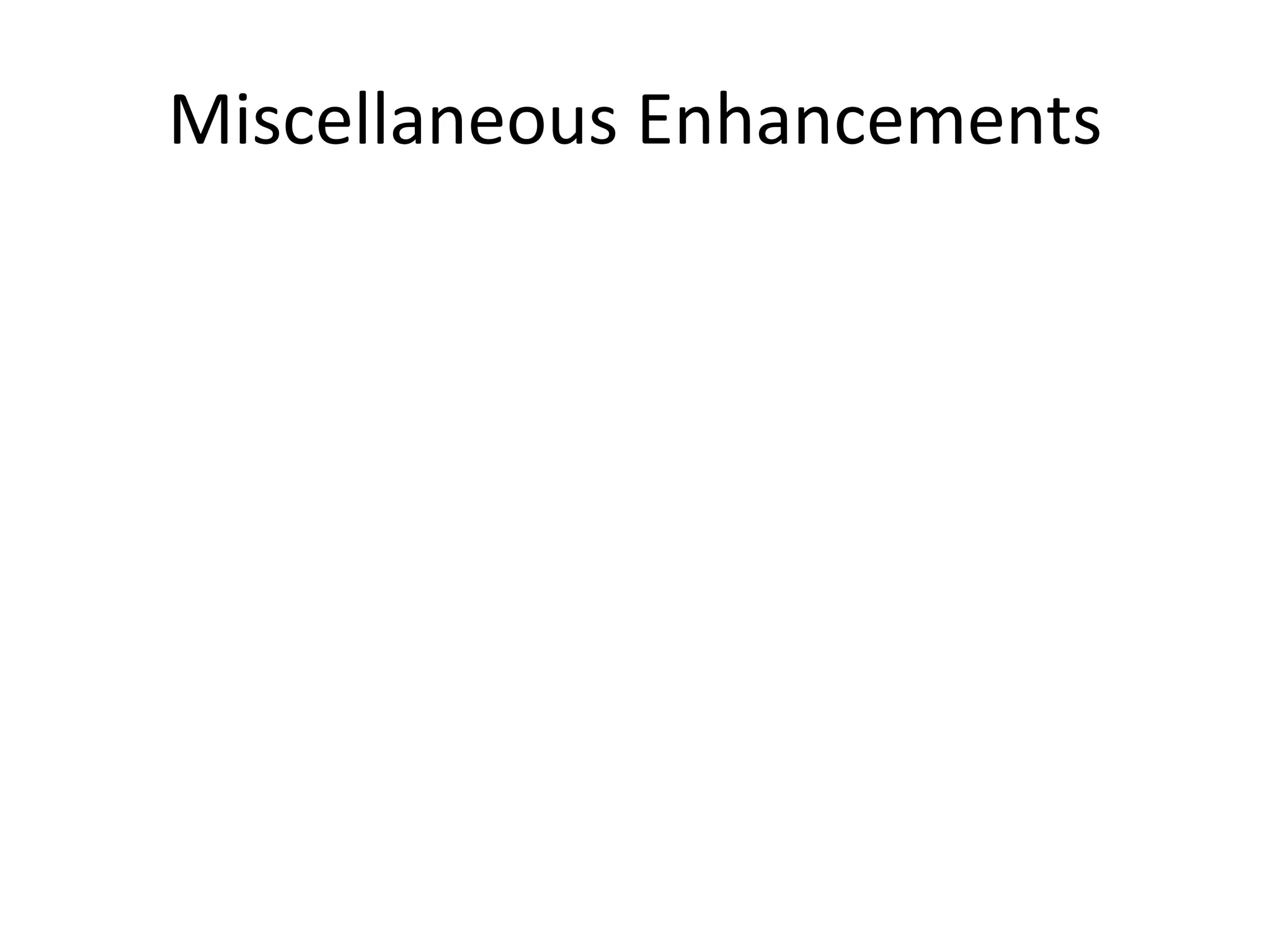
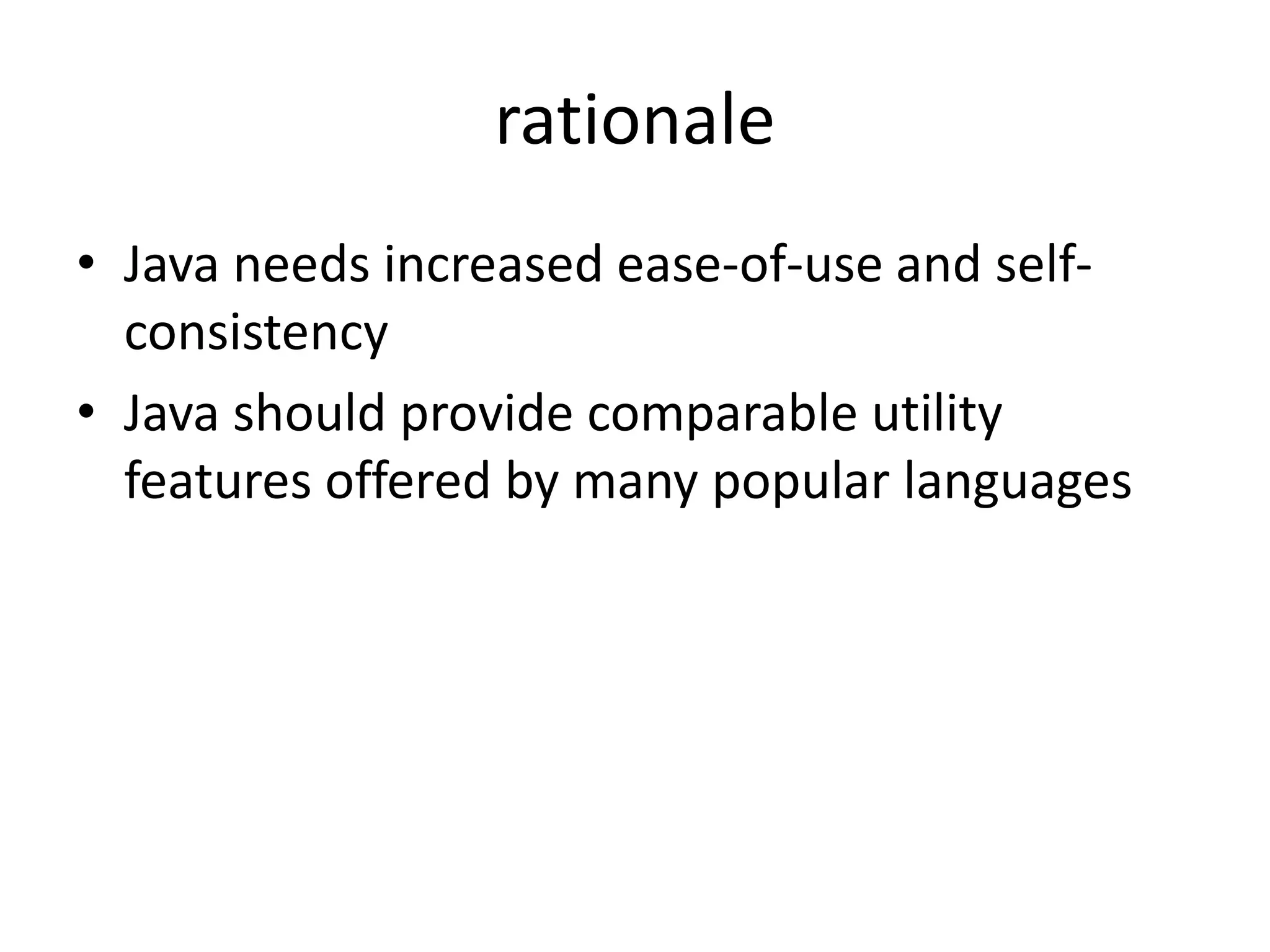
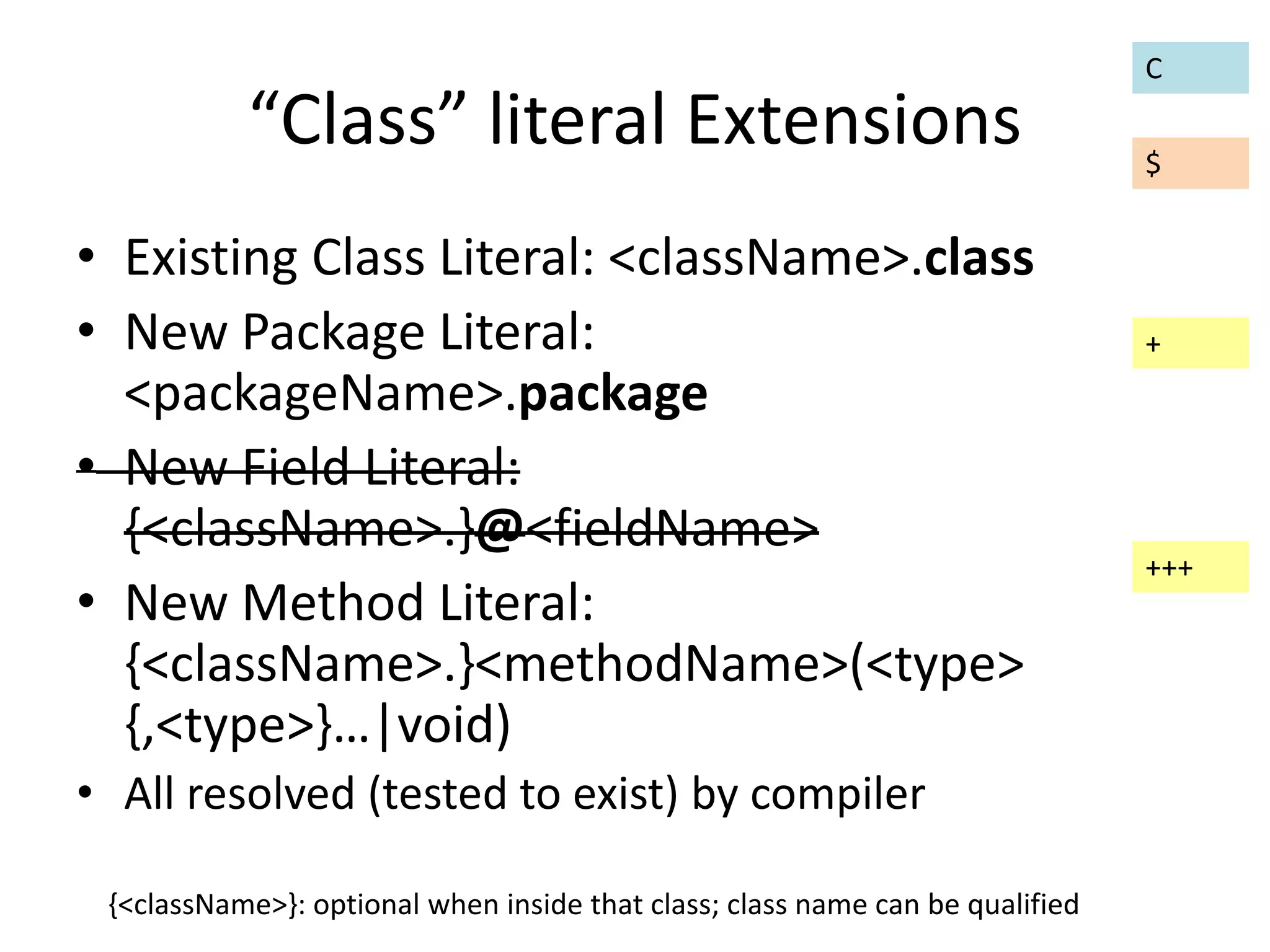
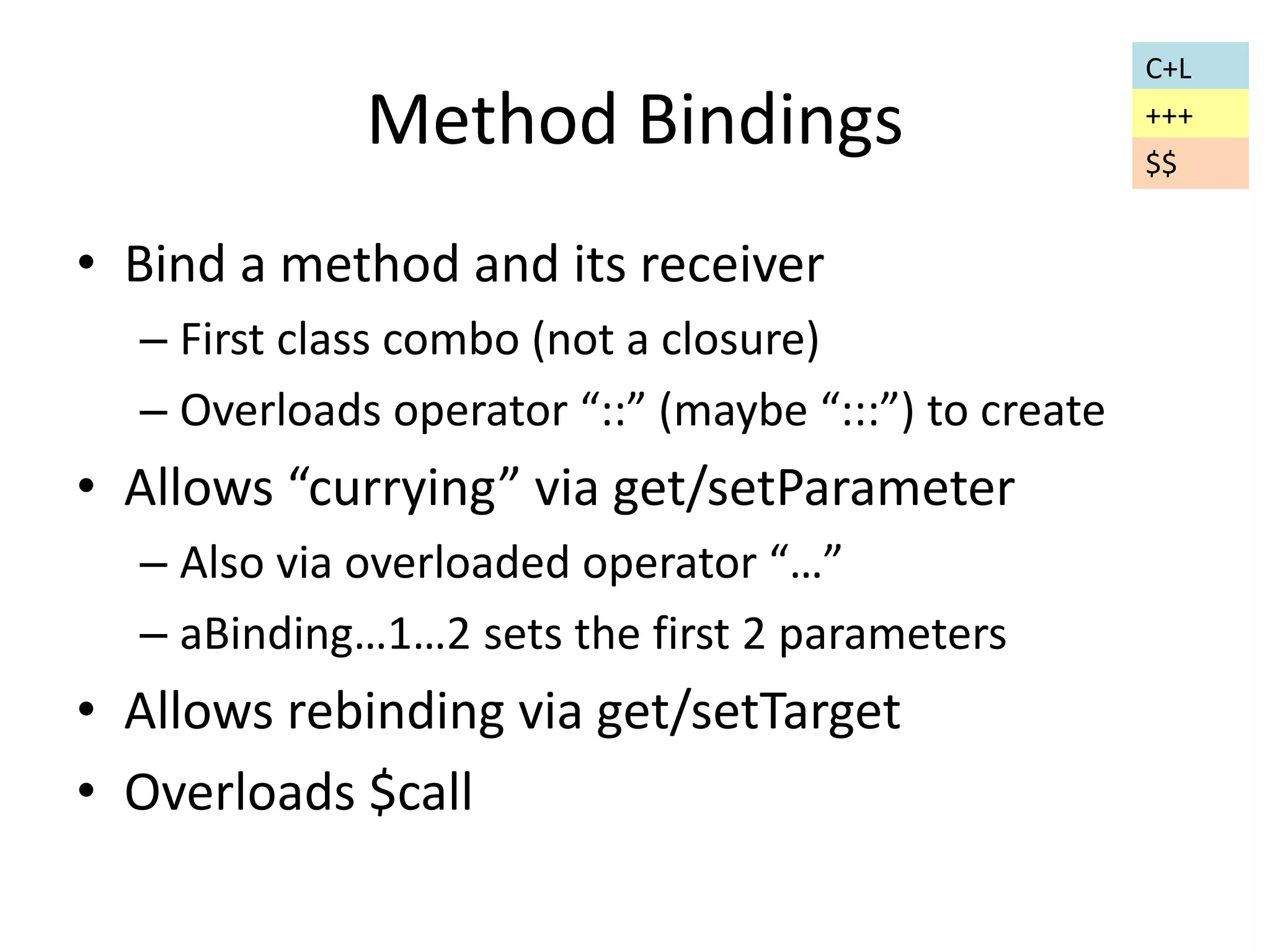
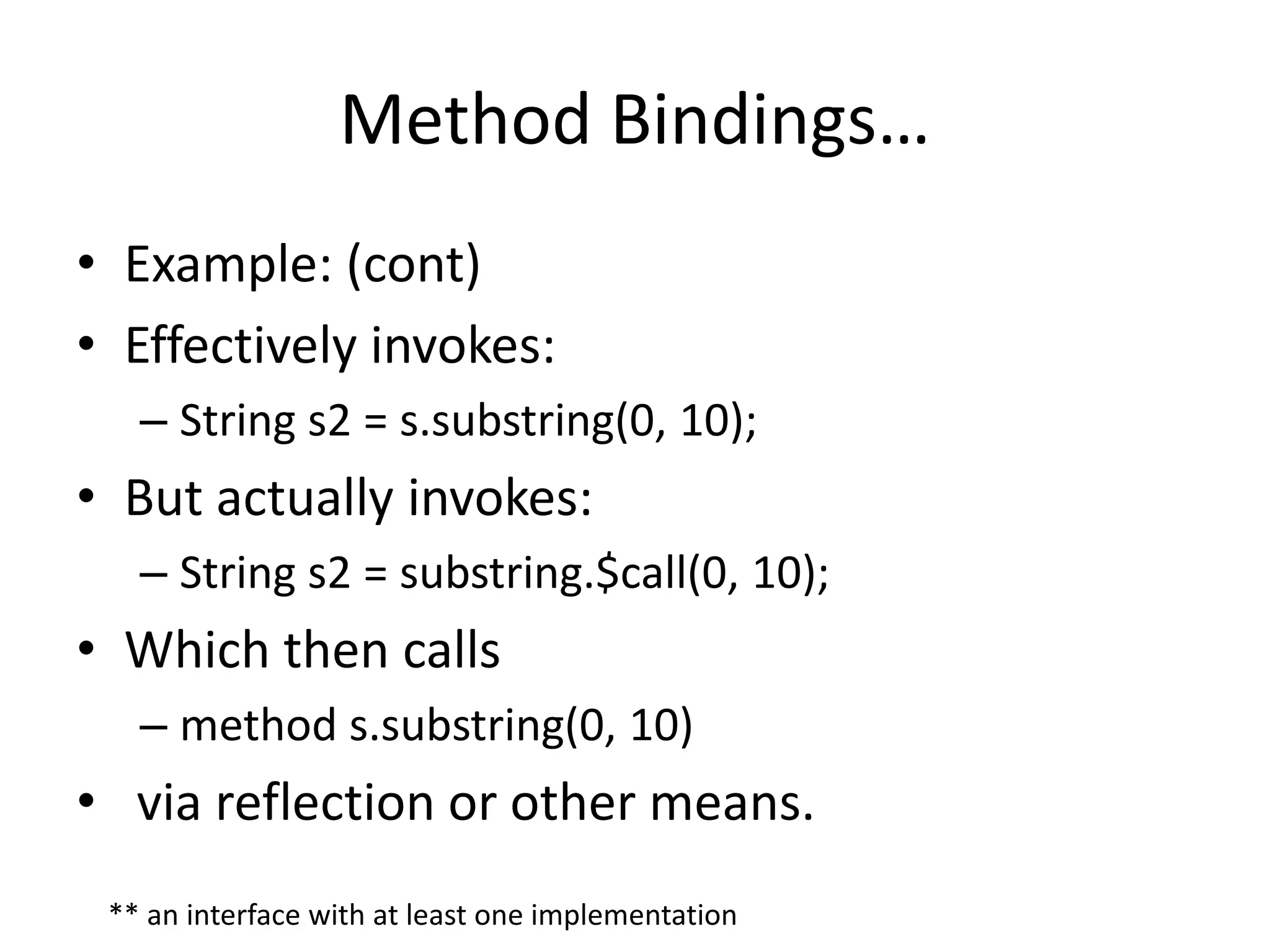
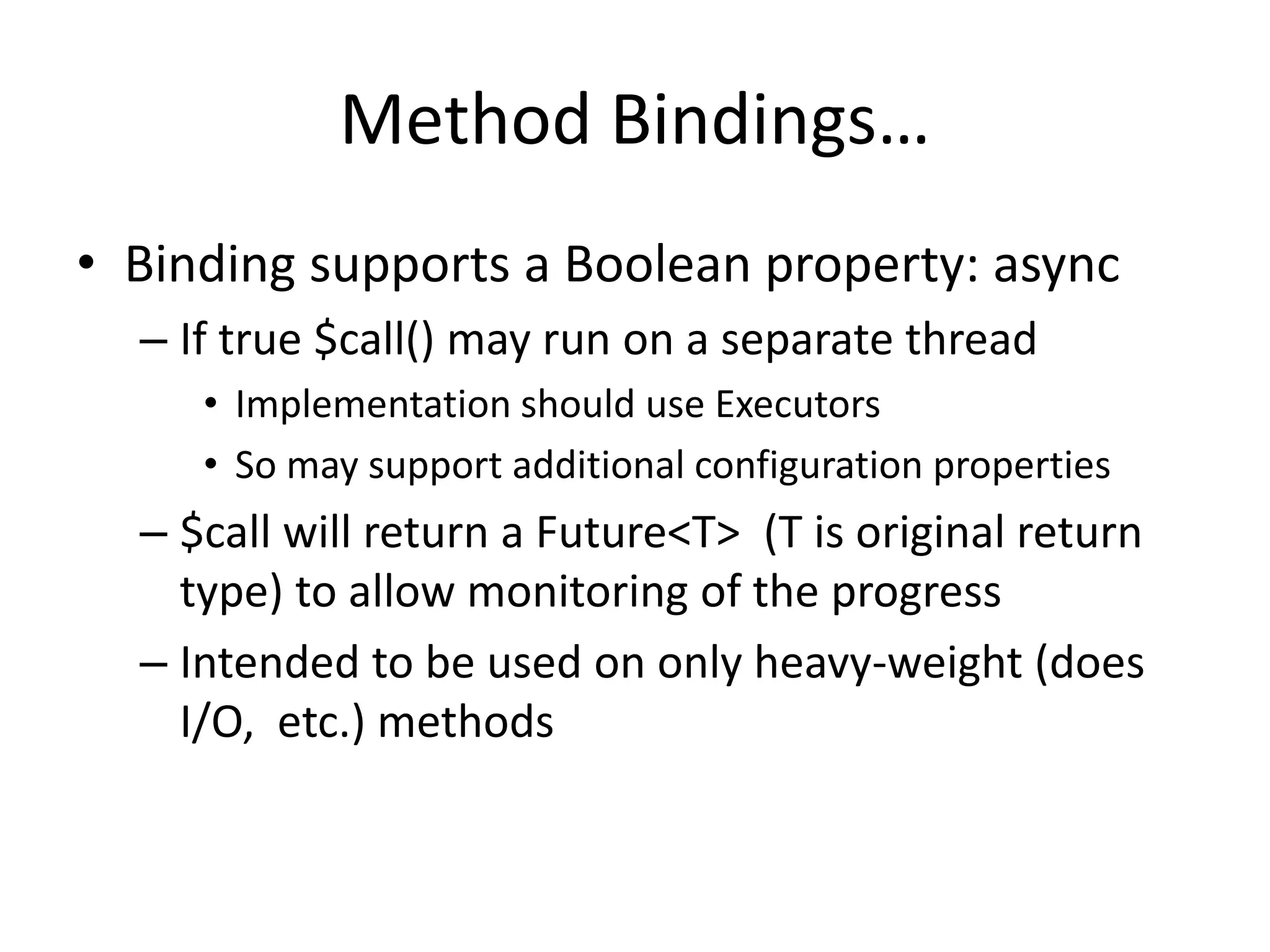
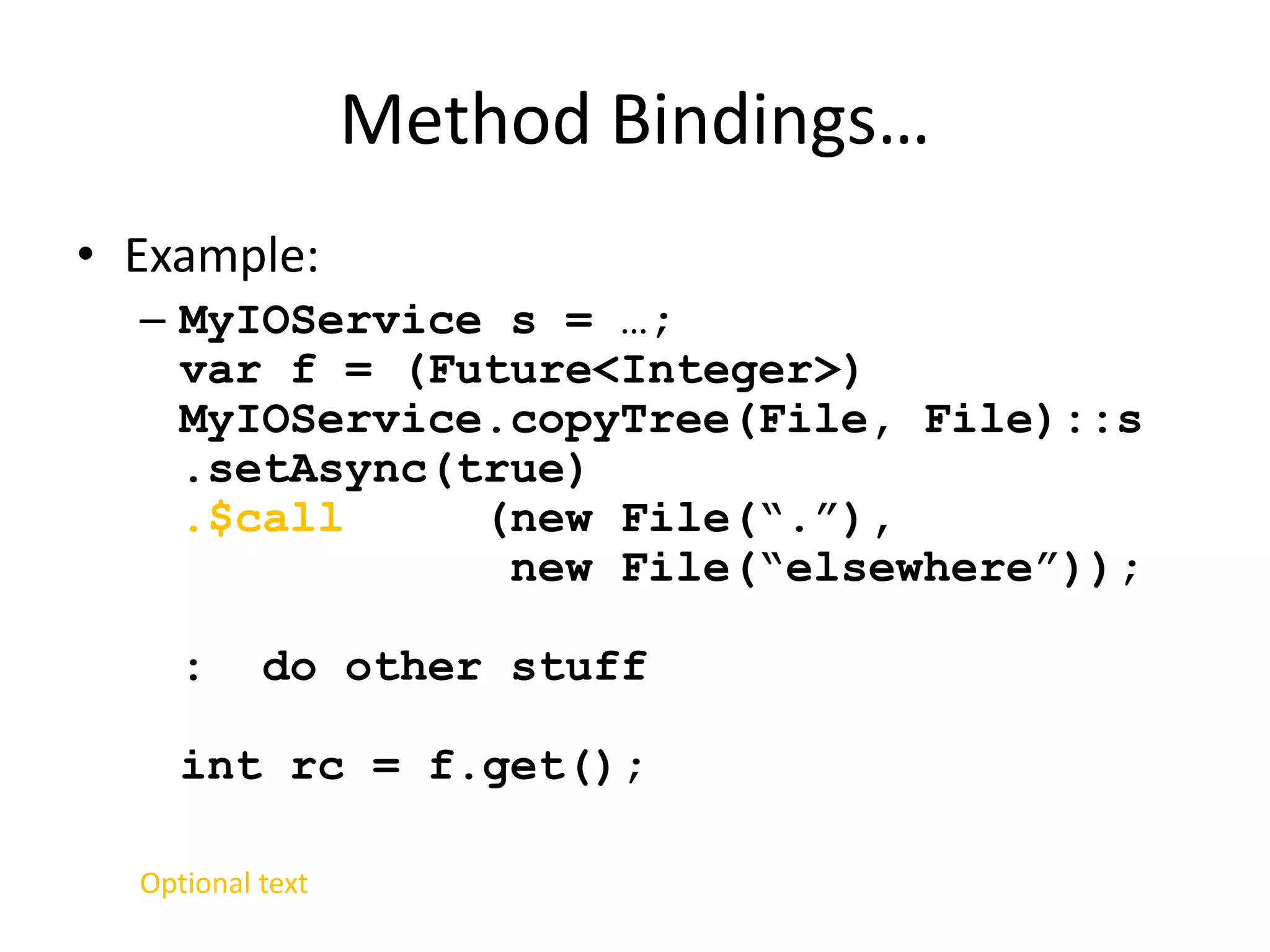
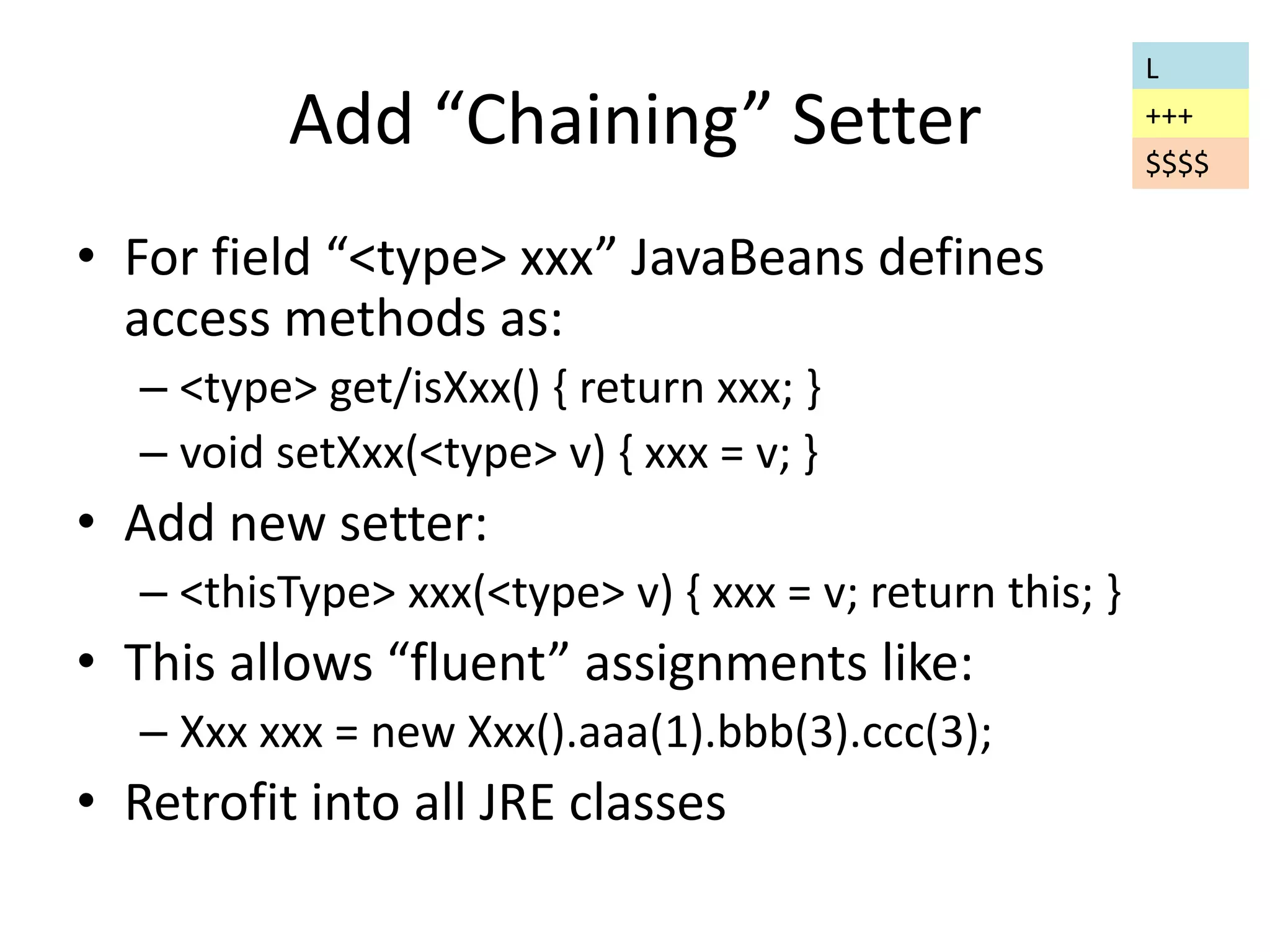
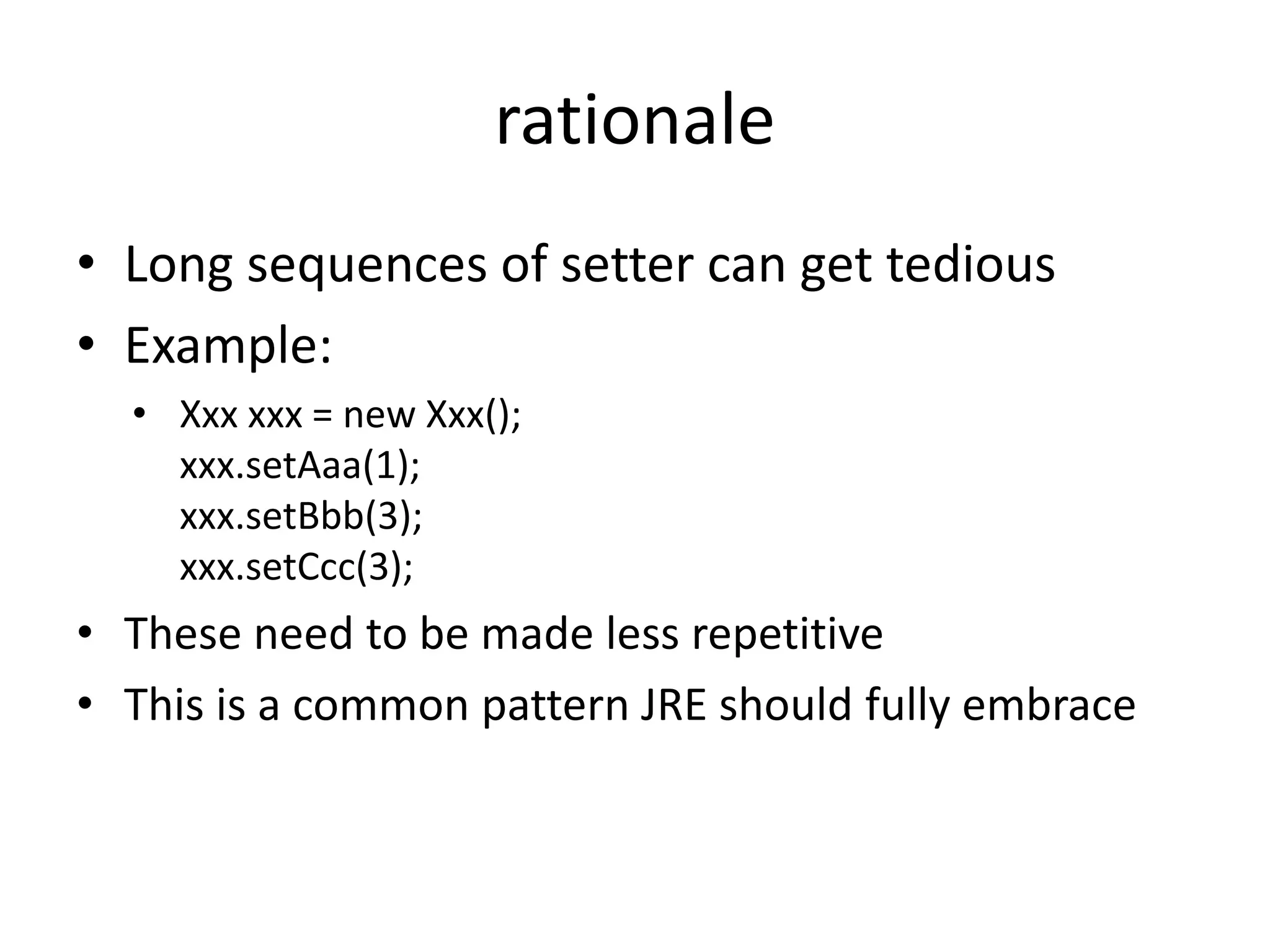
![Versioned Types
• Applies to Class, Interface, Enum
• Each type can have version suffix:
[<major>{,<minor>{,<fix>{,<comment>}}}]
• Matching on (internal) class name (#s only)
– for class Xxx[1.2.3.zzz] name is Xxx$$v1v2v3vzzz
• Annotation better but requires full class path scans
– first matching on class path wins
• System class loader change
C+L+VM
– Compiler can generate multiple versions of source;
highest version also generated wo suffix
+
$$](https://image.slidesharecdn.com/potentialjavajsritems-141021122623-conversion-gate02/75/Proposals-for-new-function-in-Java-SE-9-and-beyond-241-2048.jpg)
![rationale
• Often need to evolve classes incompatibly
– Change method name/param/return type
– Resort to new class name (ex. Xxxx2) or package name
(xxx.yyy.v2)
– This is difficult to manage
• Alternate needed that allows most classes to be
referenced by name alone
– Typically unadorned; occasionally with specific
version/version range
– Ex. Xxx (any version) vs. Xxx[2.0,] (any 2.0+)](https://image.slidesharecdn.com/potentialjavajsritems-141021122623-conversion-gate02/75/Proposals-for-new-function-in-Java-SE-9-and-beyond-242-2048.jpg)
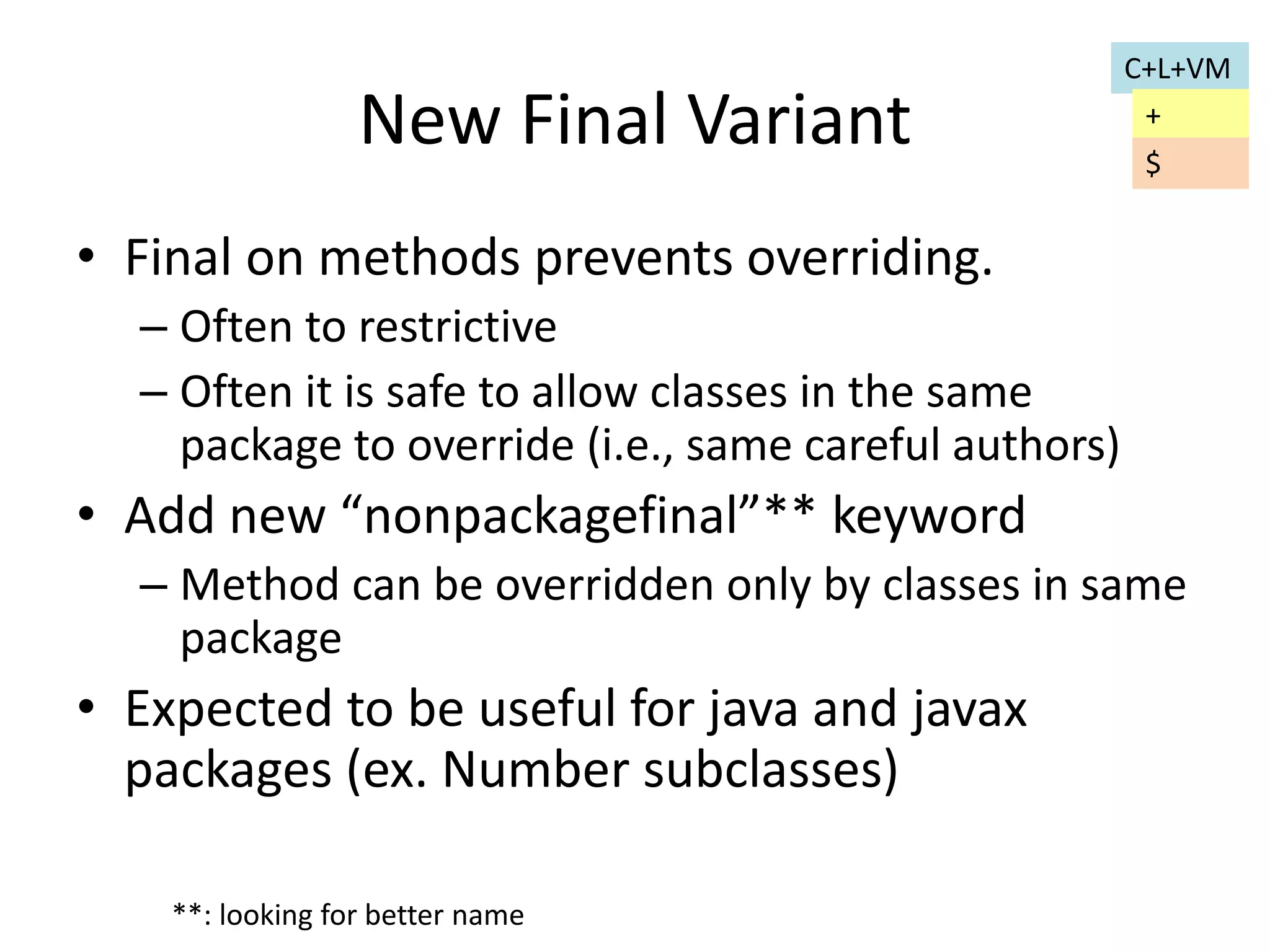
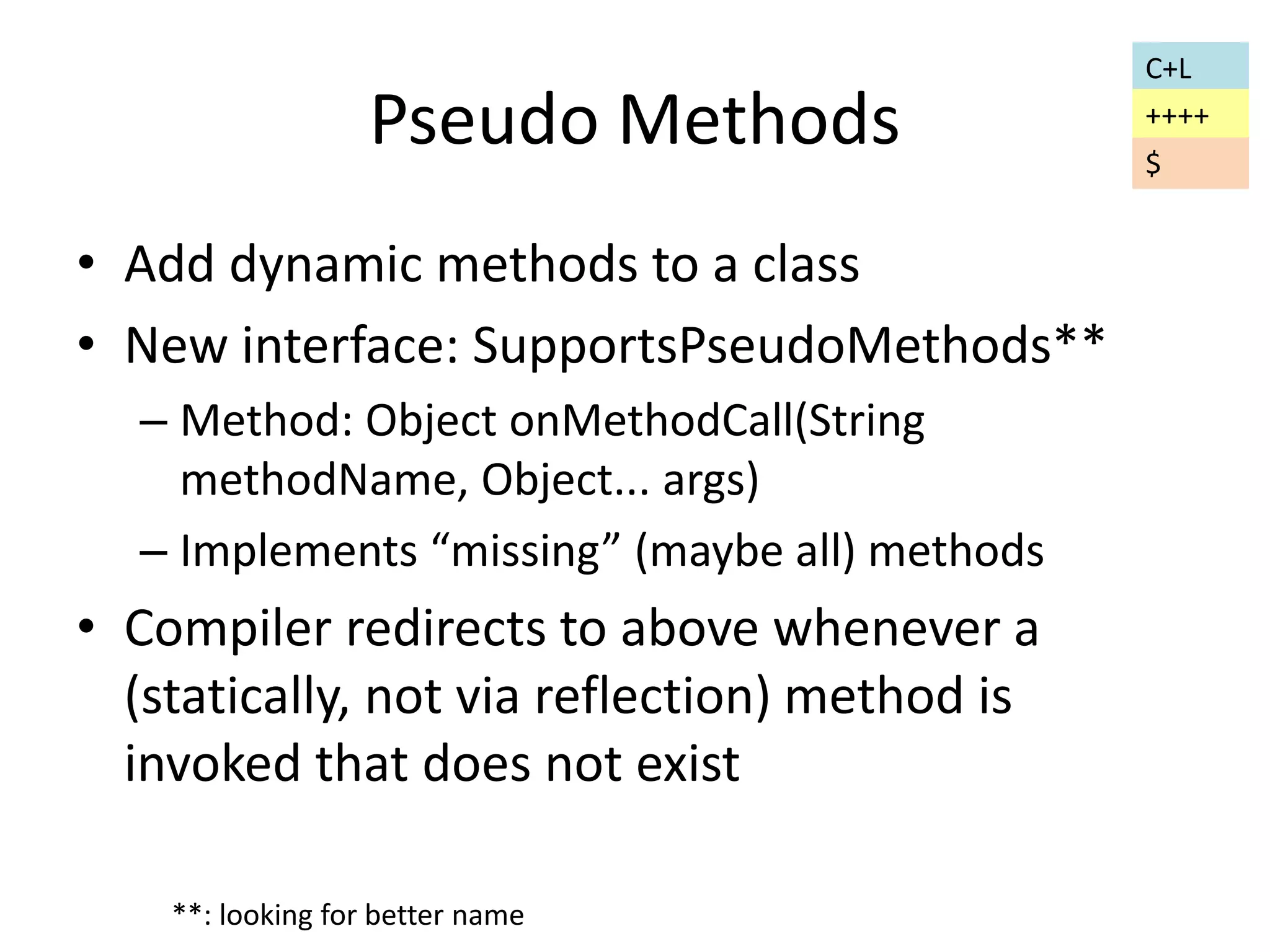
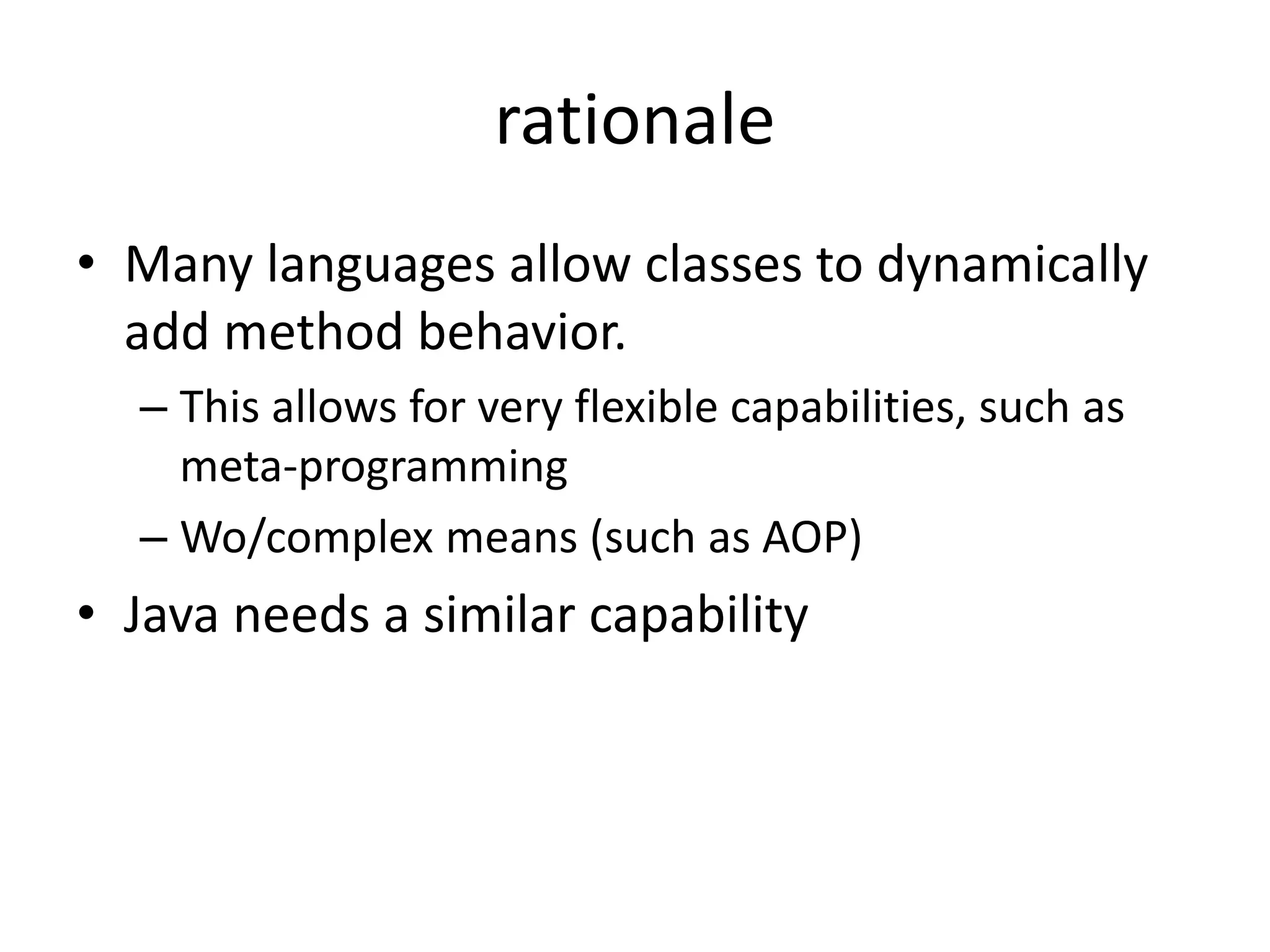
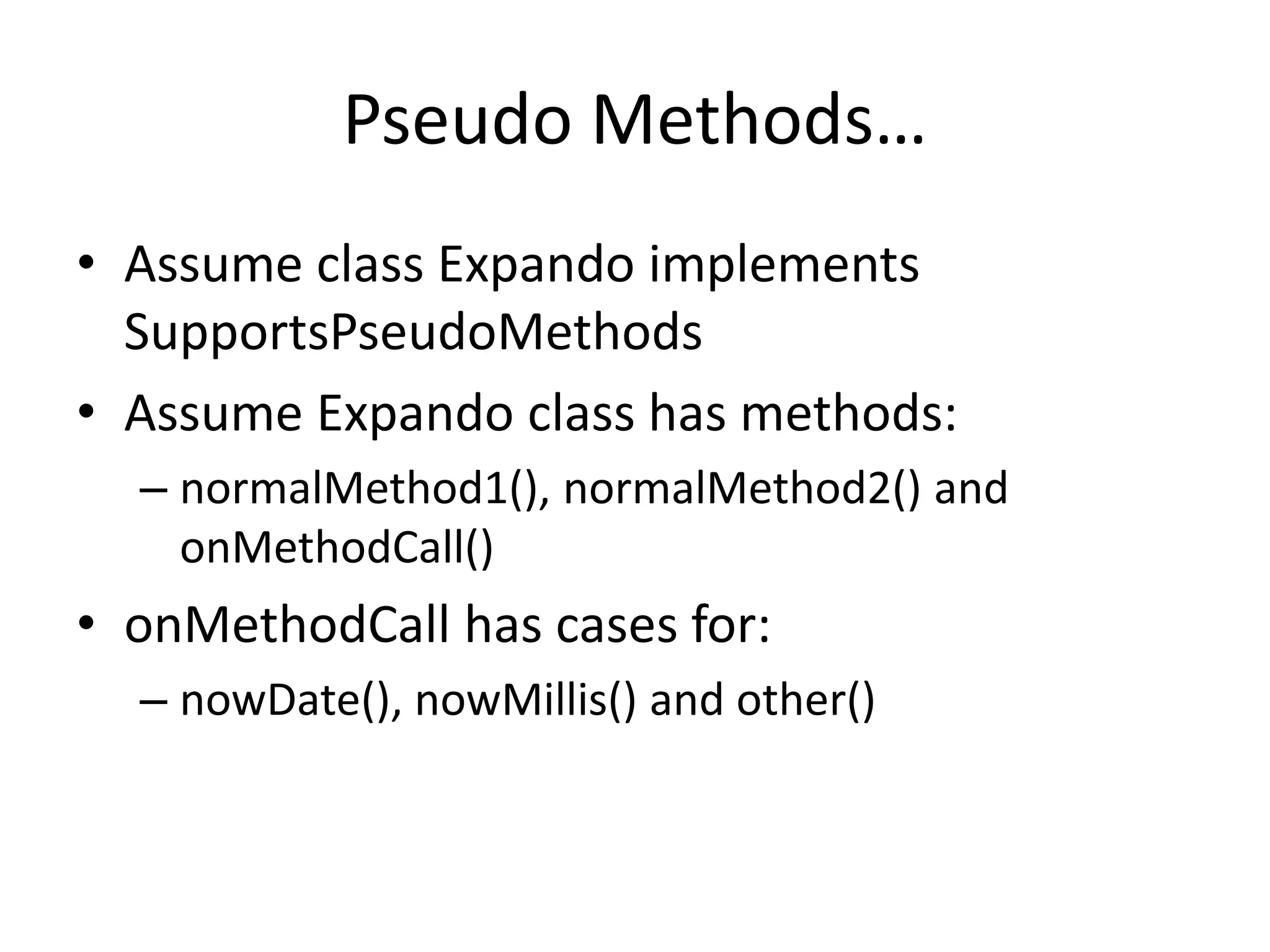
![Dynamic Variables
C+L
+++
$
• Add a new field and local variable annotation
@dynamic (allowed only on Object or Object[]
types)
– tells the compiler to ignore type safety on any
method call
– Causes dynamic (via reflection, invokedynamic,
etc.) calls
– Suggest add method to Object to facilitate making
these dynamic calls: $dynamicCall and
$canDynamicCall](https://image.slidesharecdn.com/potentialjavajsritems-141021122623-conversion-gate02/75/Proposals-for-new-function-in-Java-SE-9-and-beyond-247-2048.jpg)
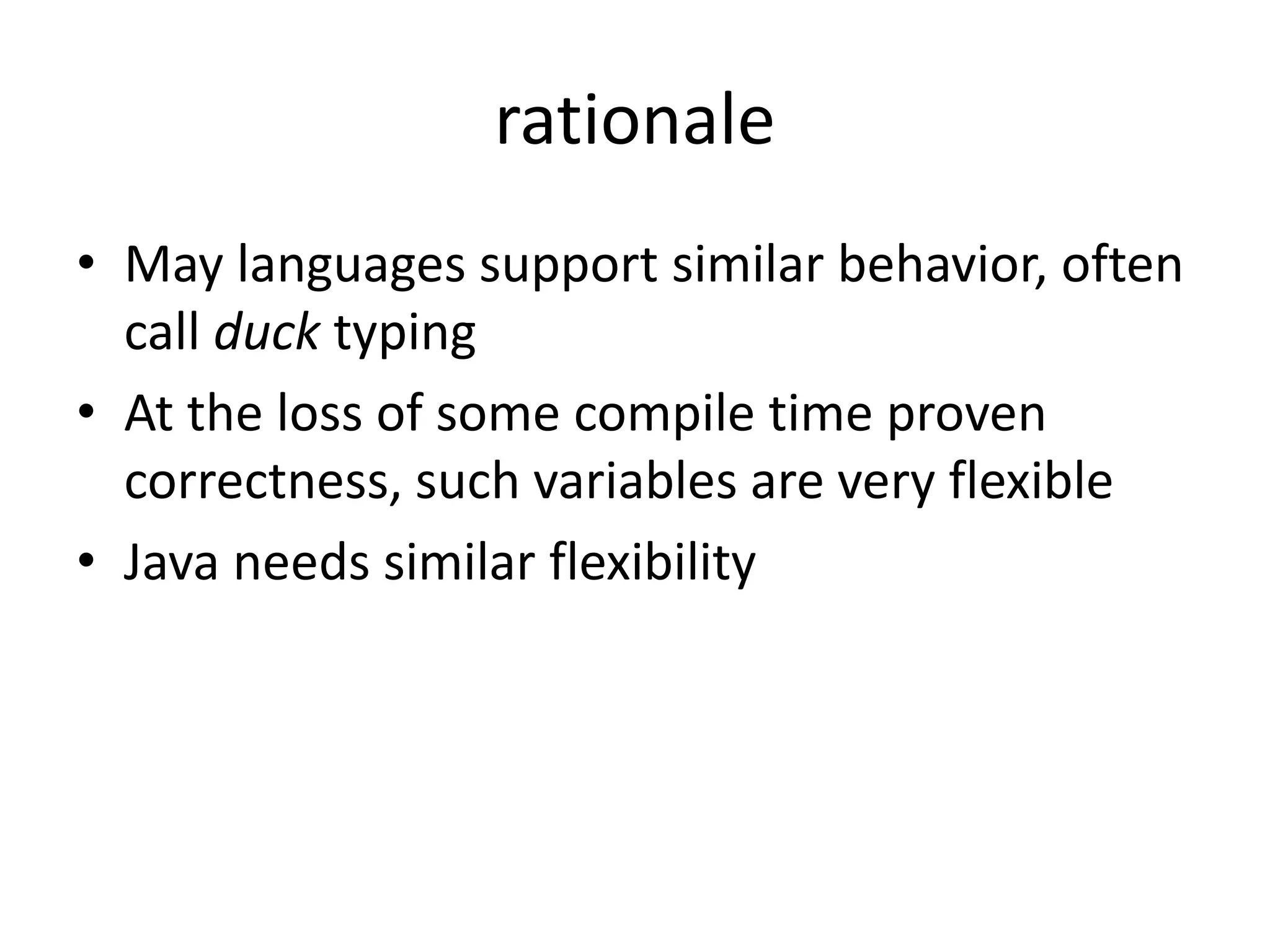
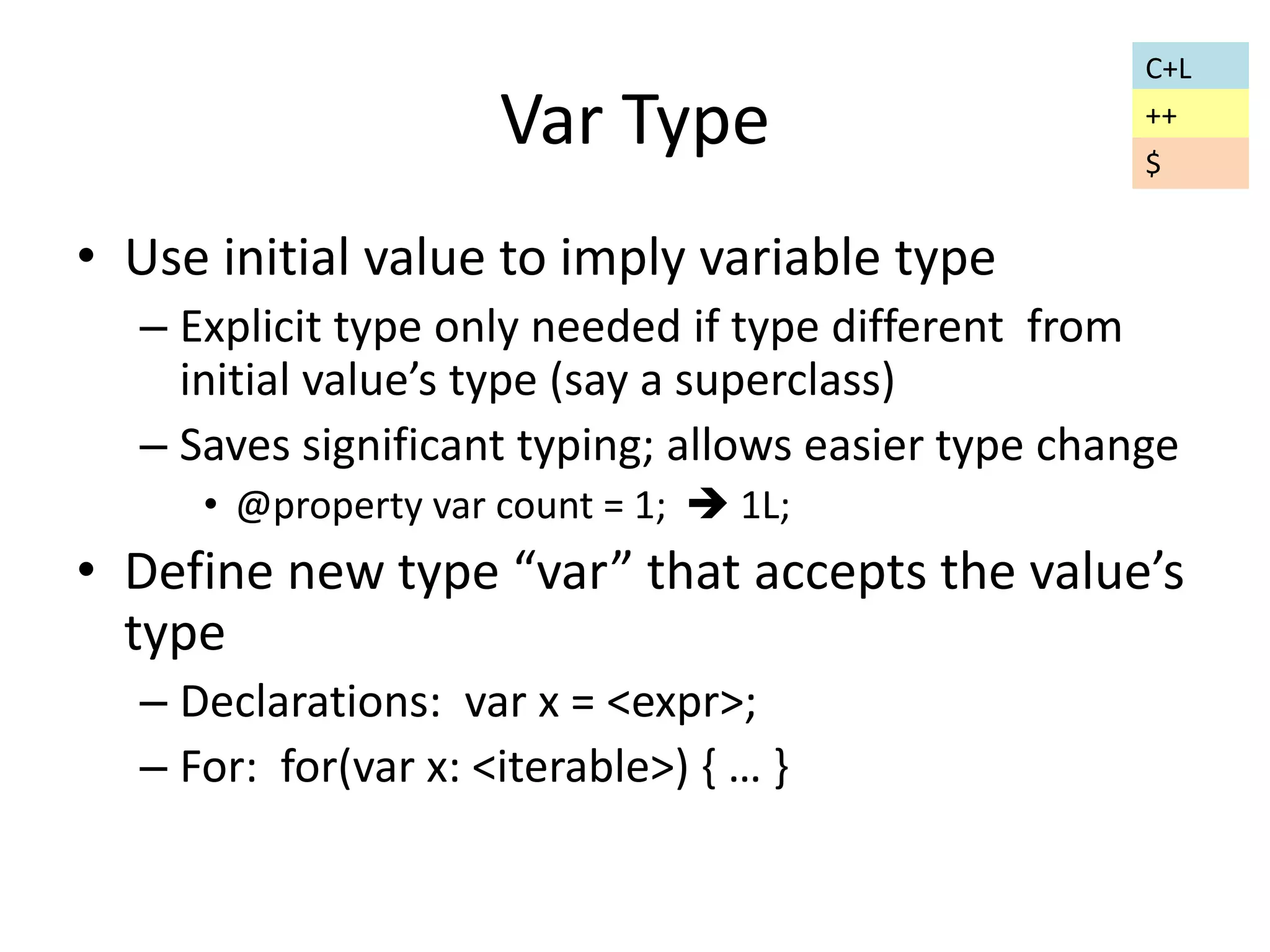
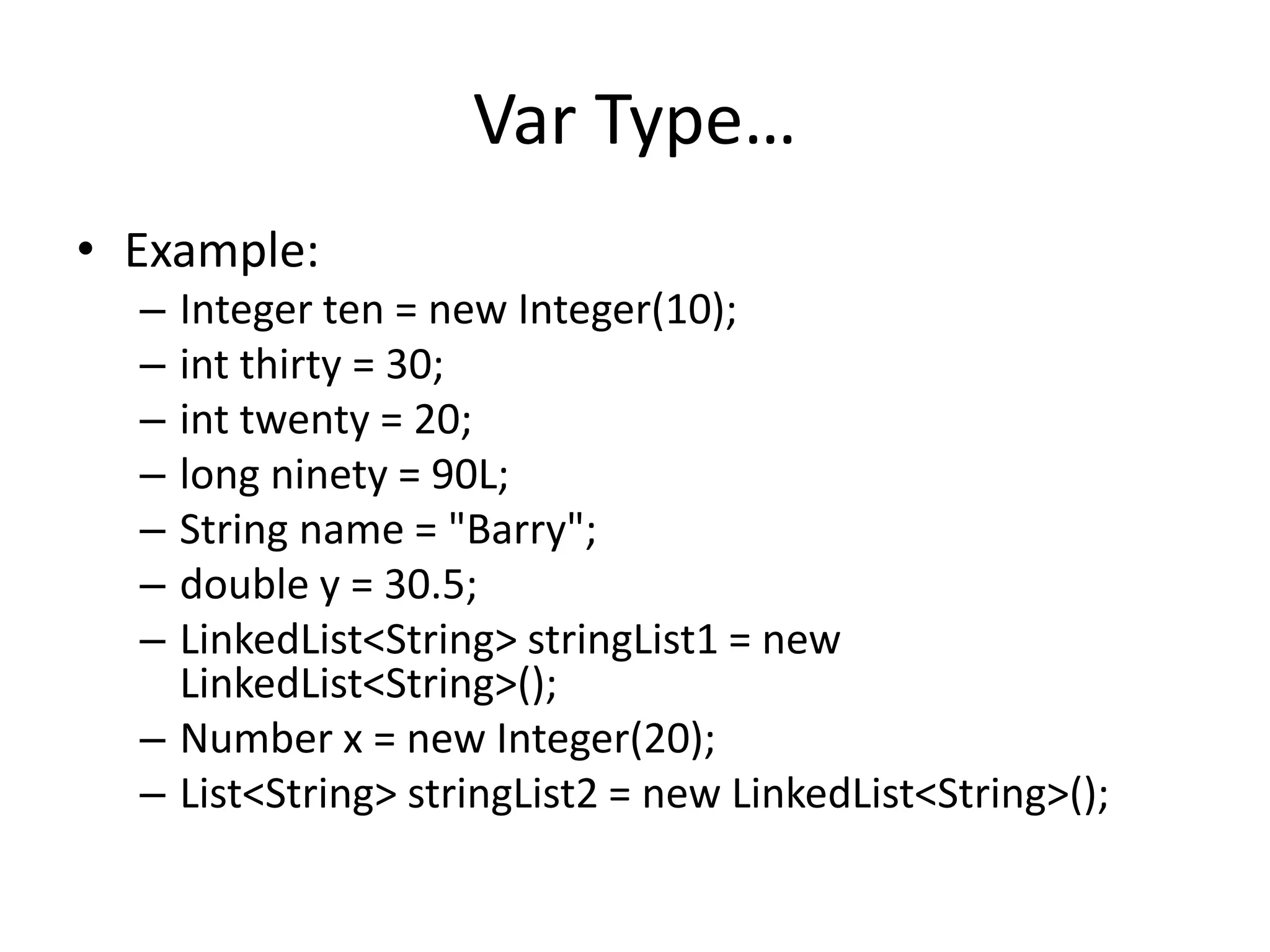
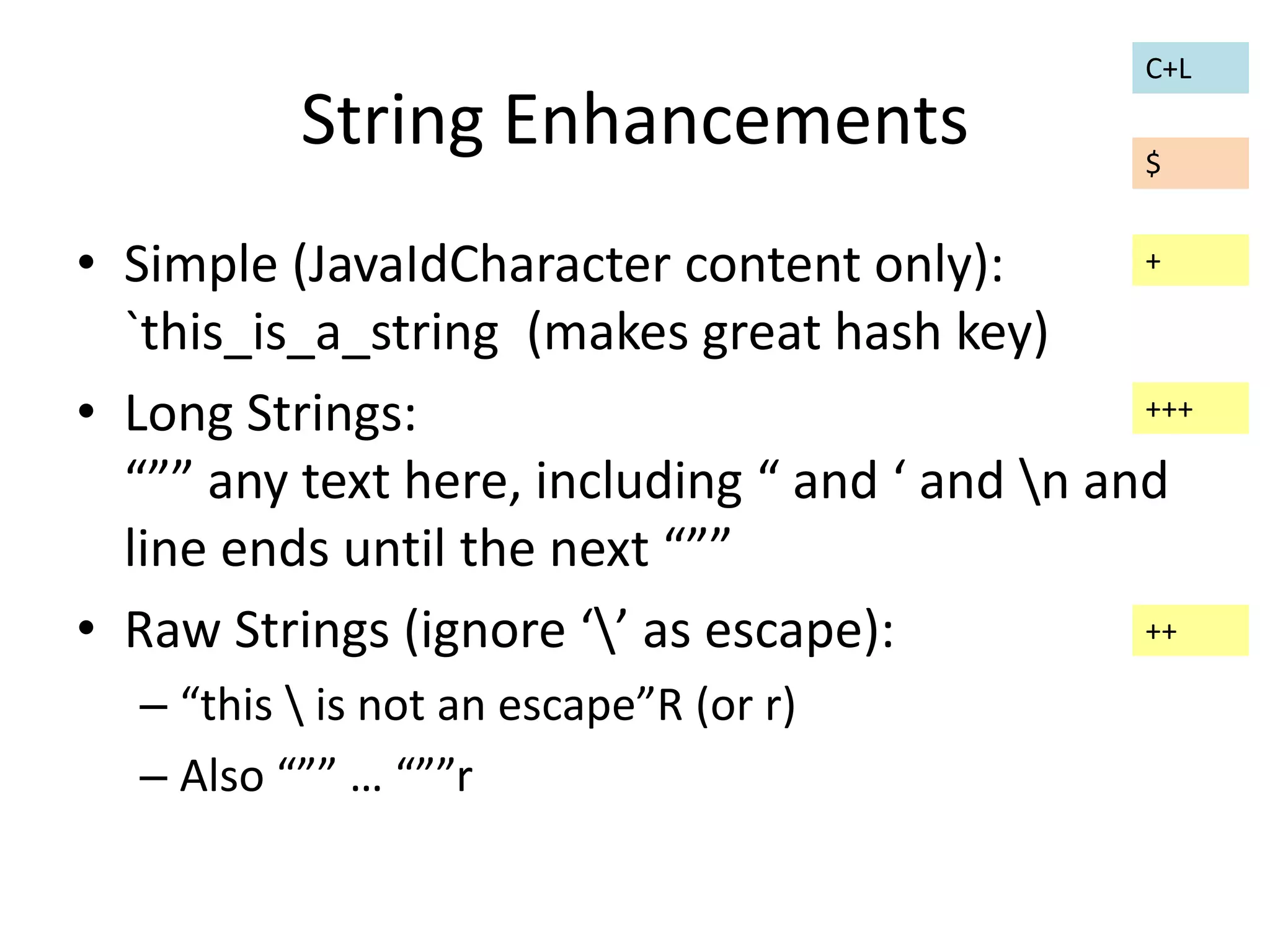
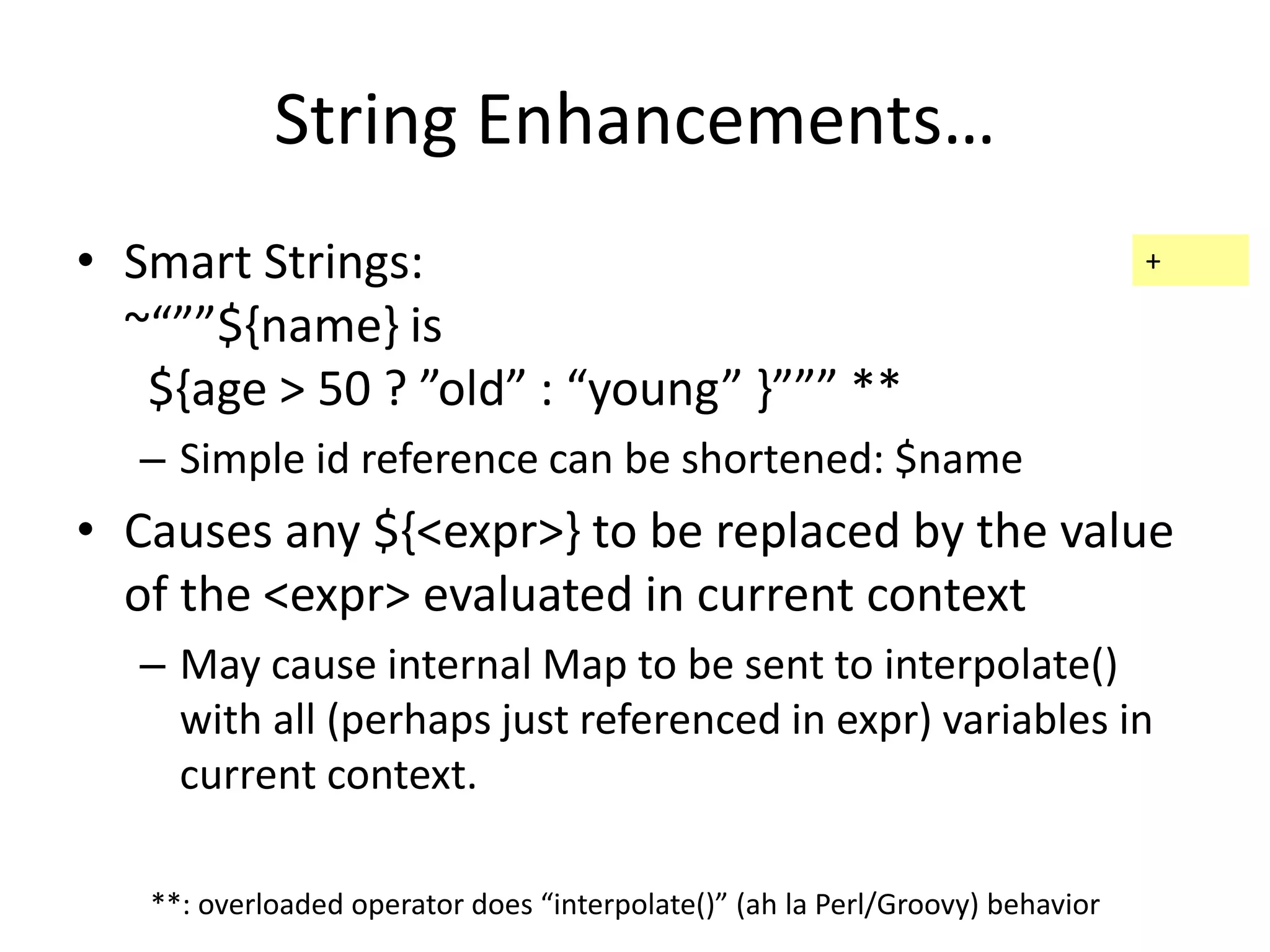
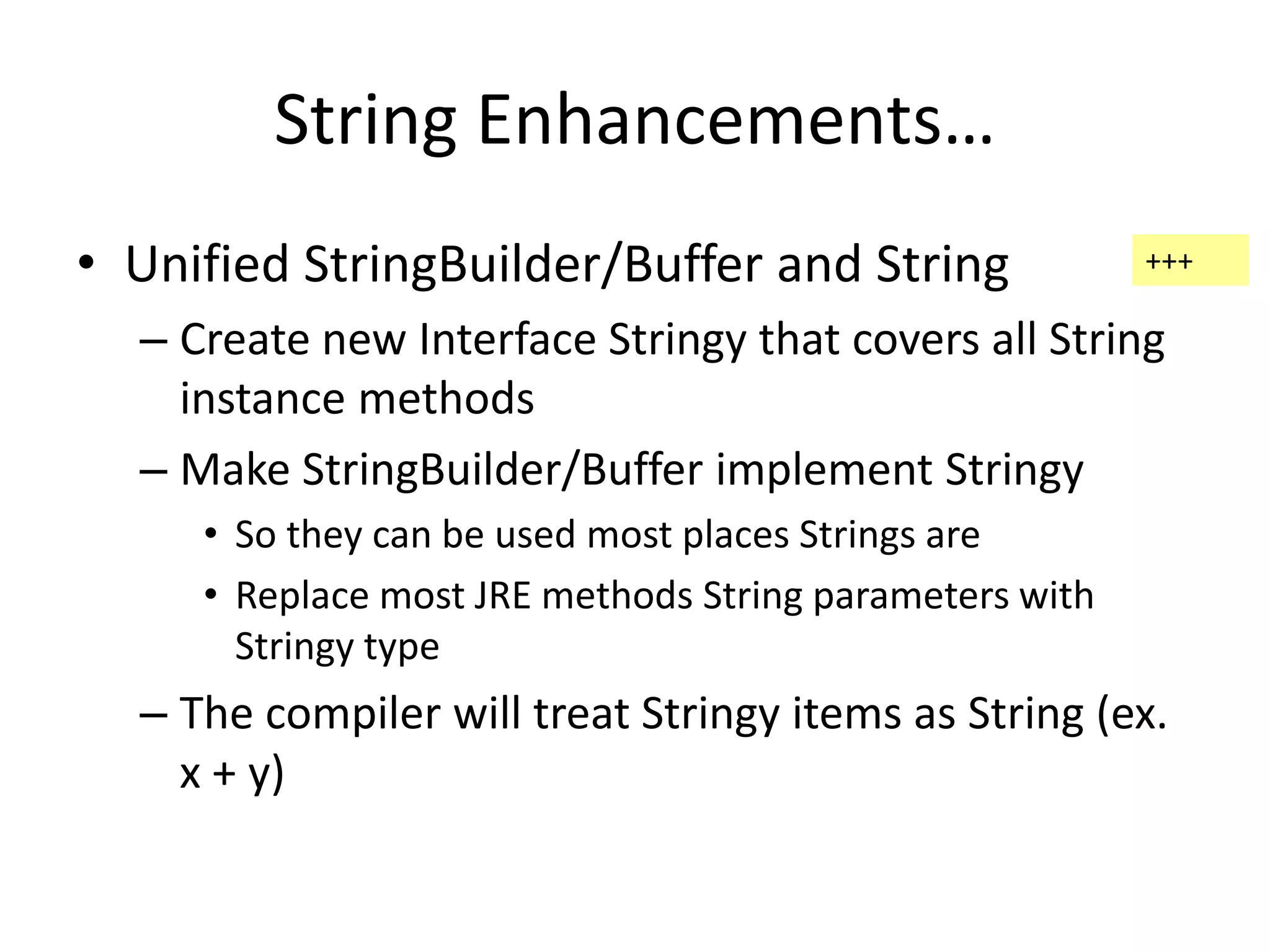
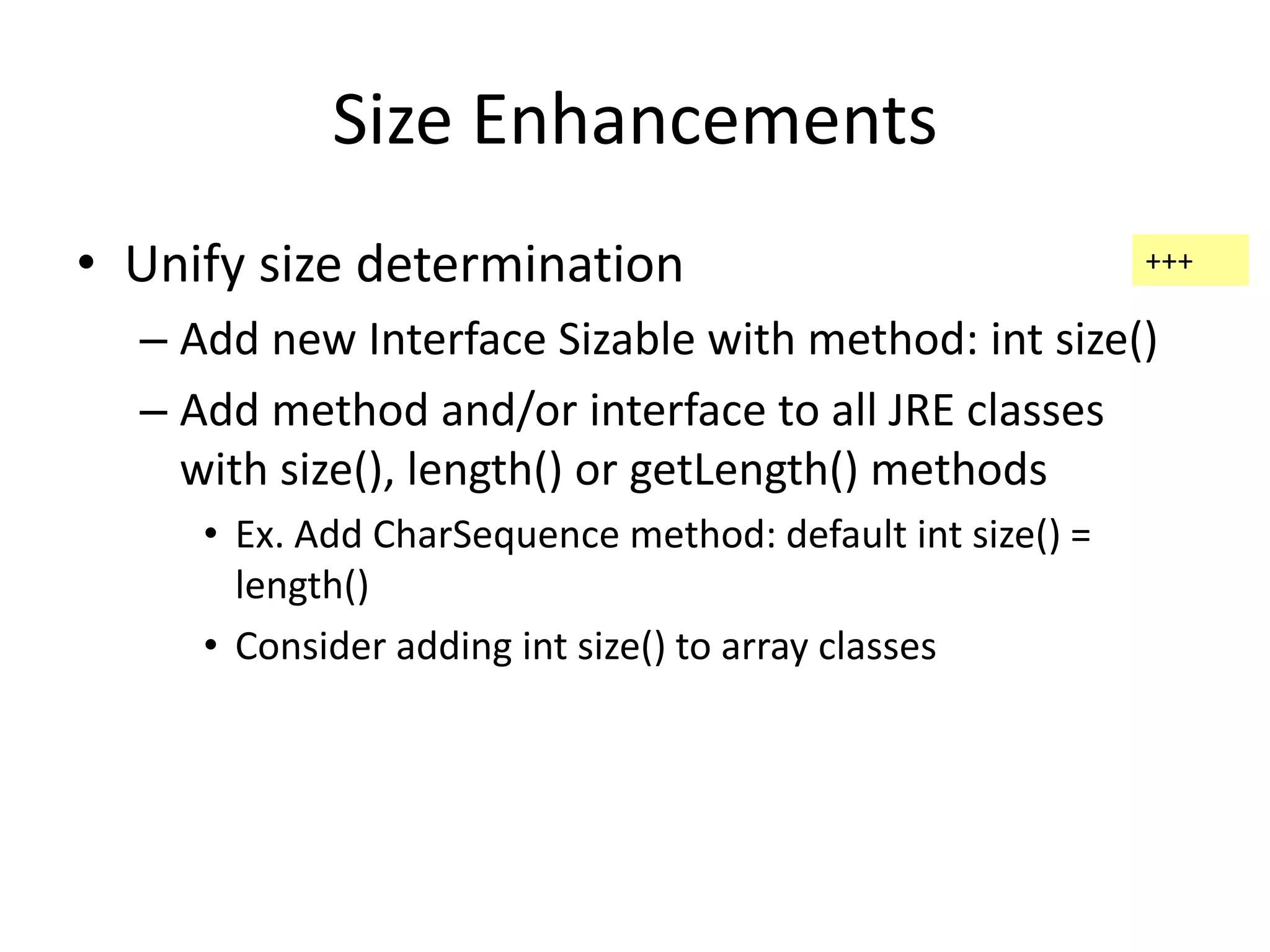
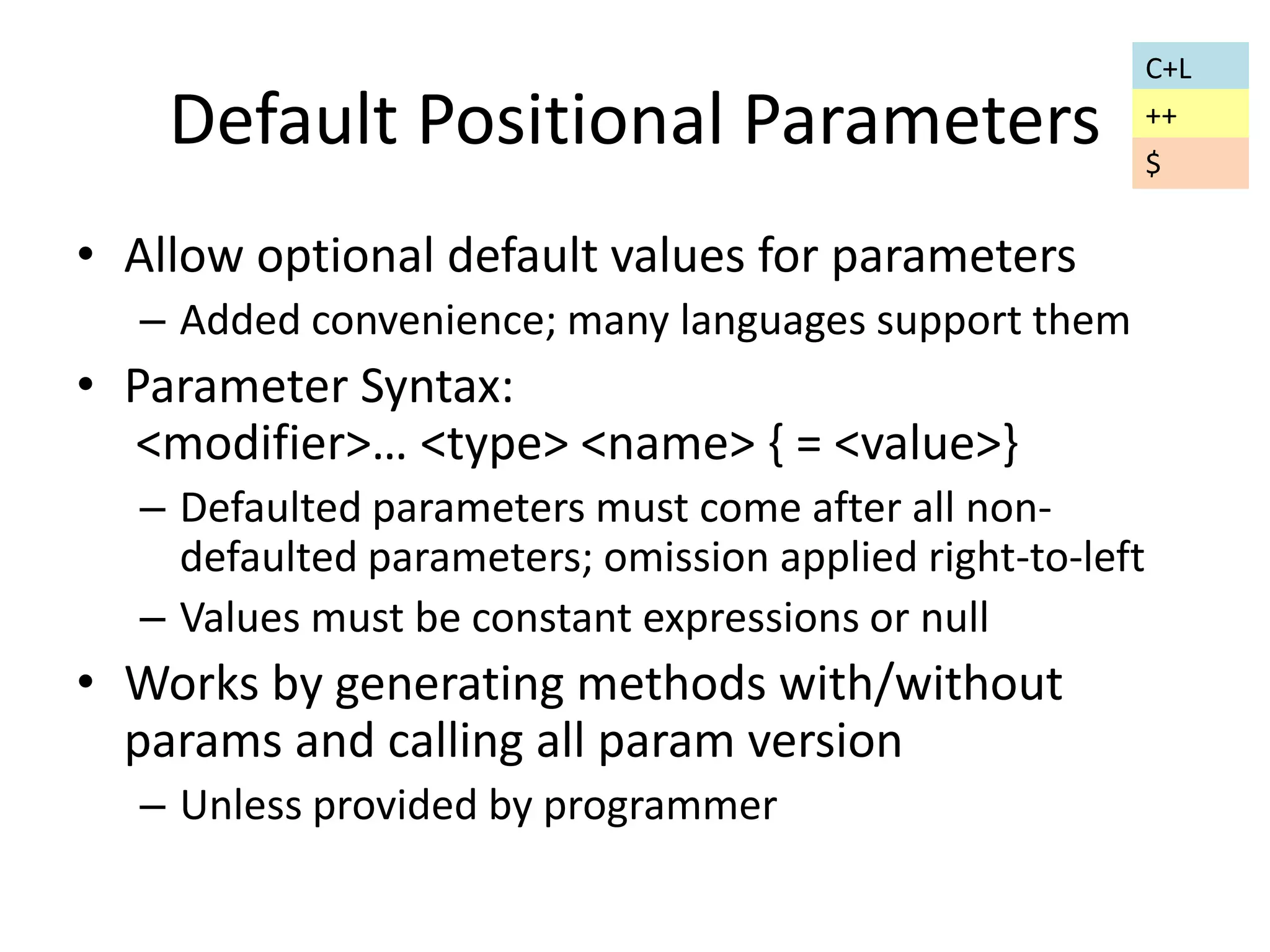
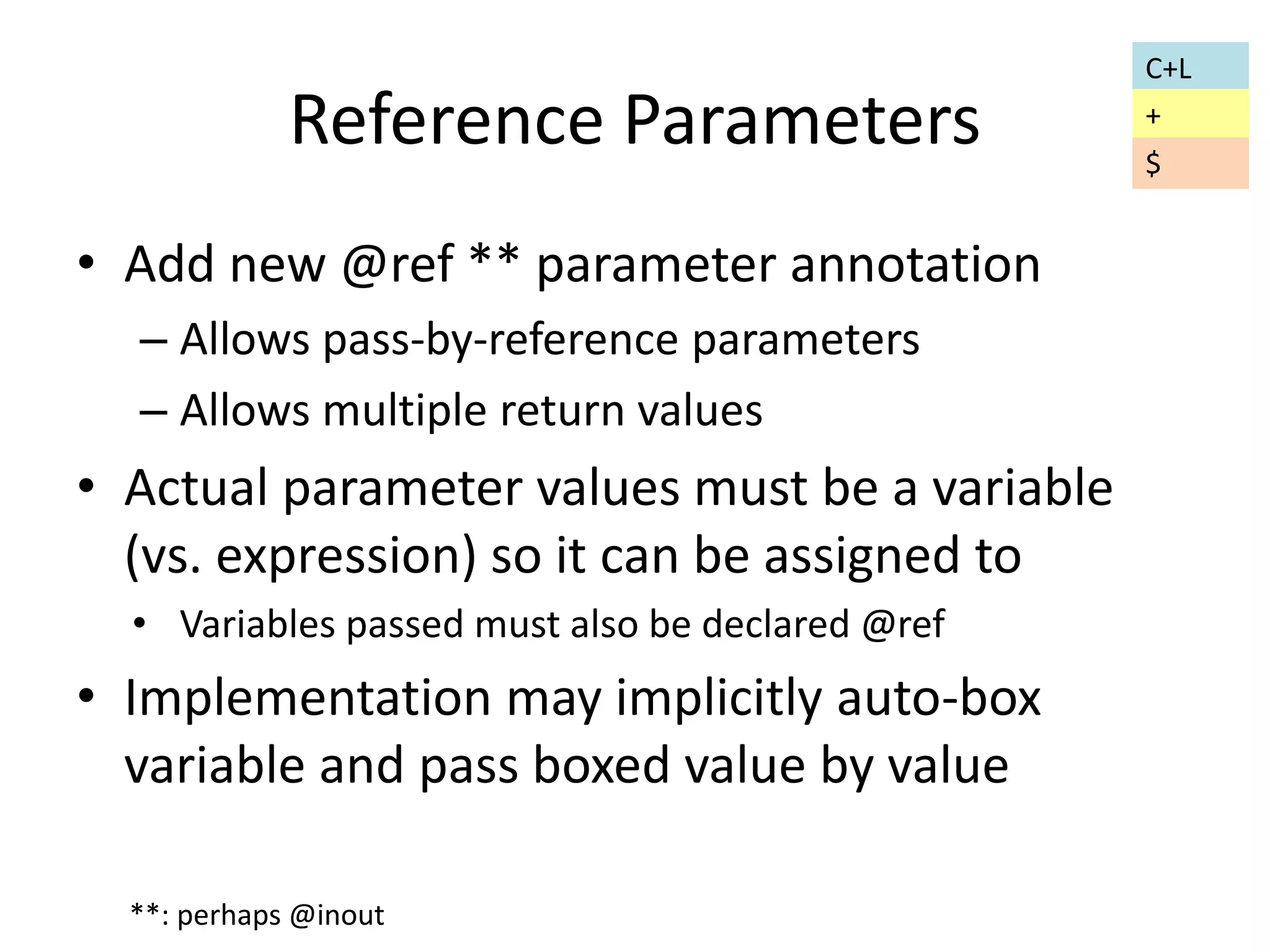
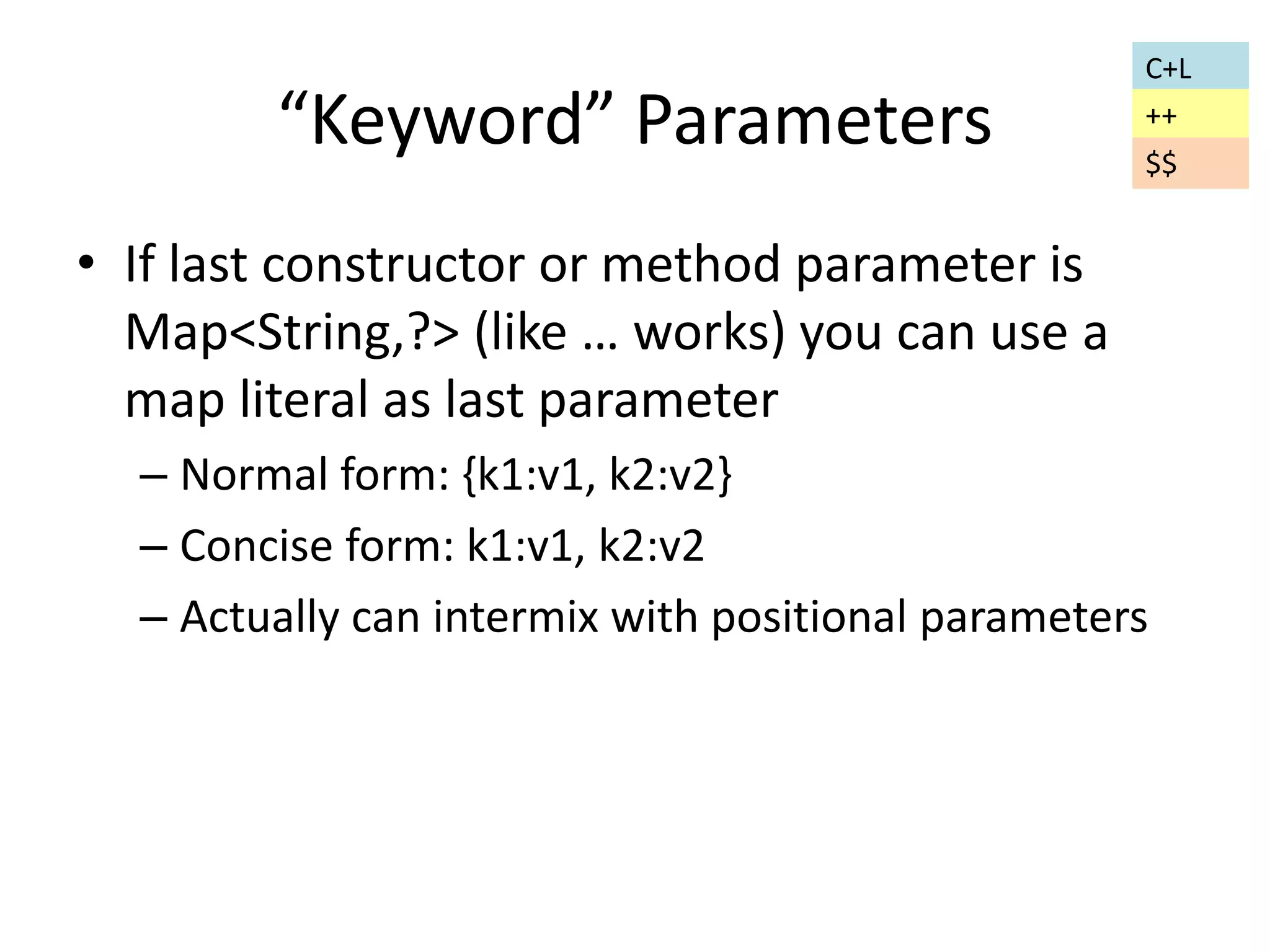
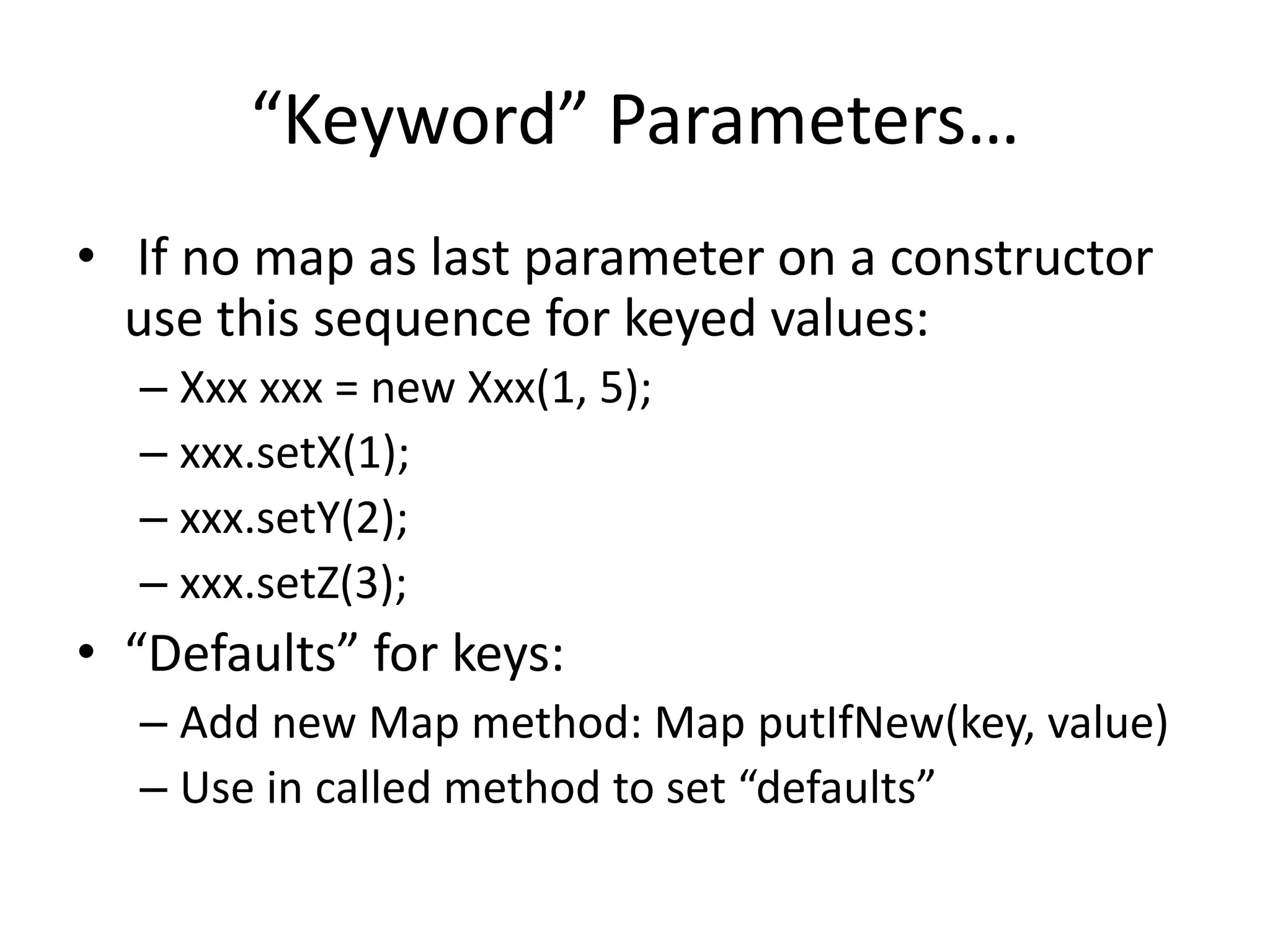
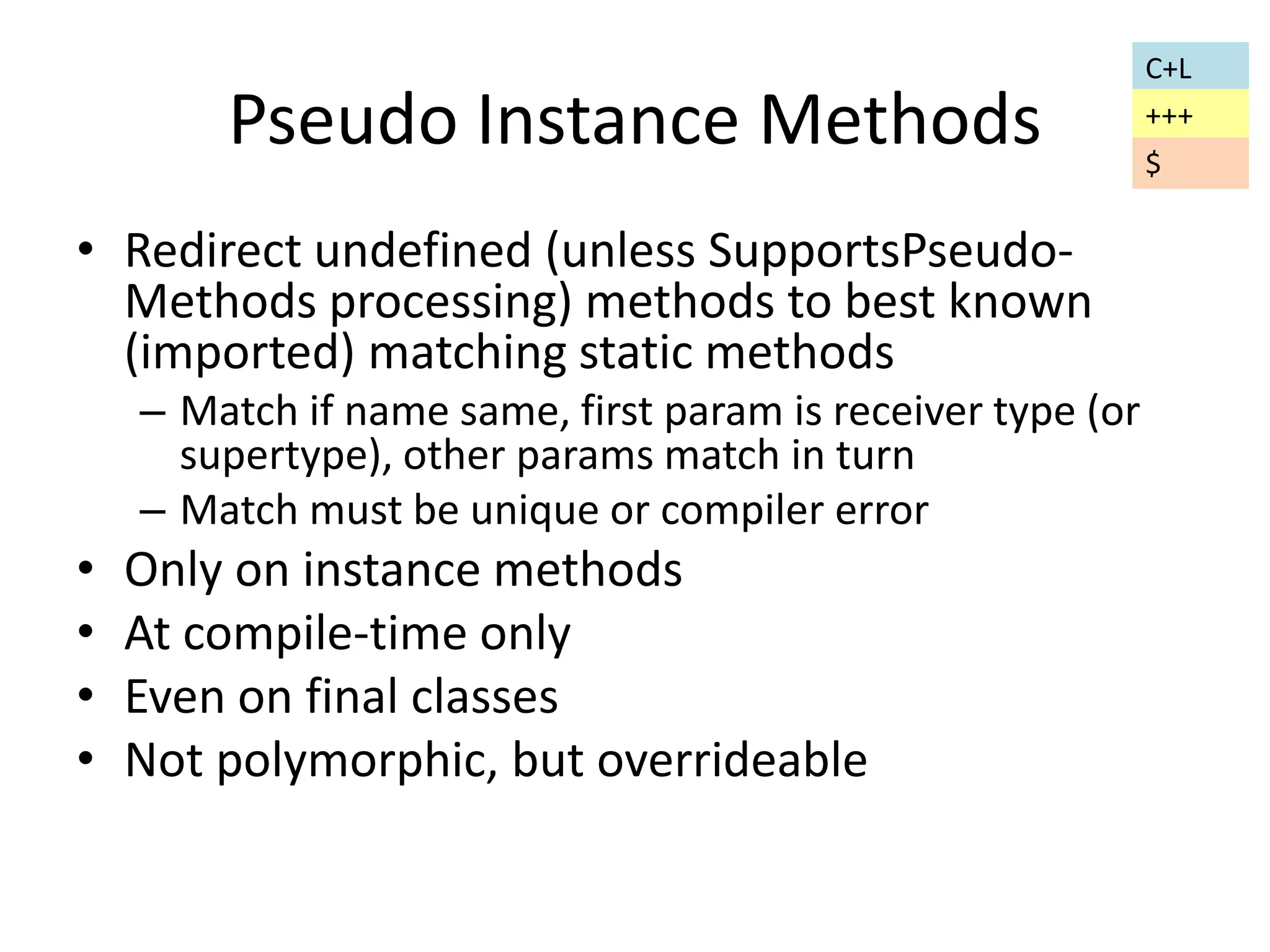
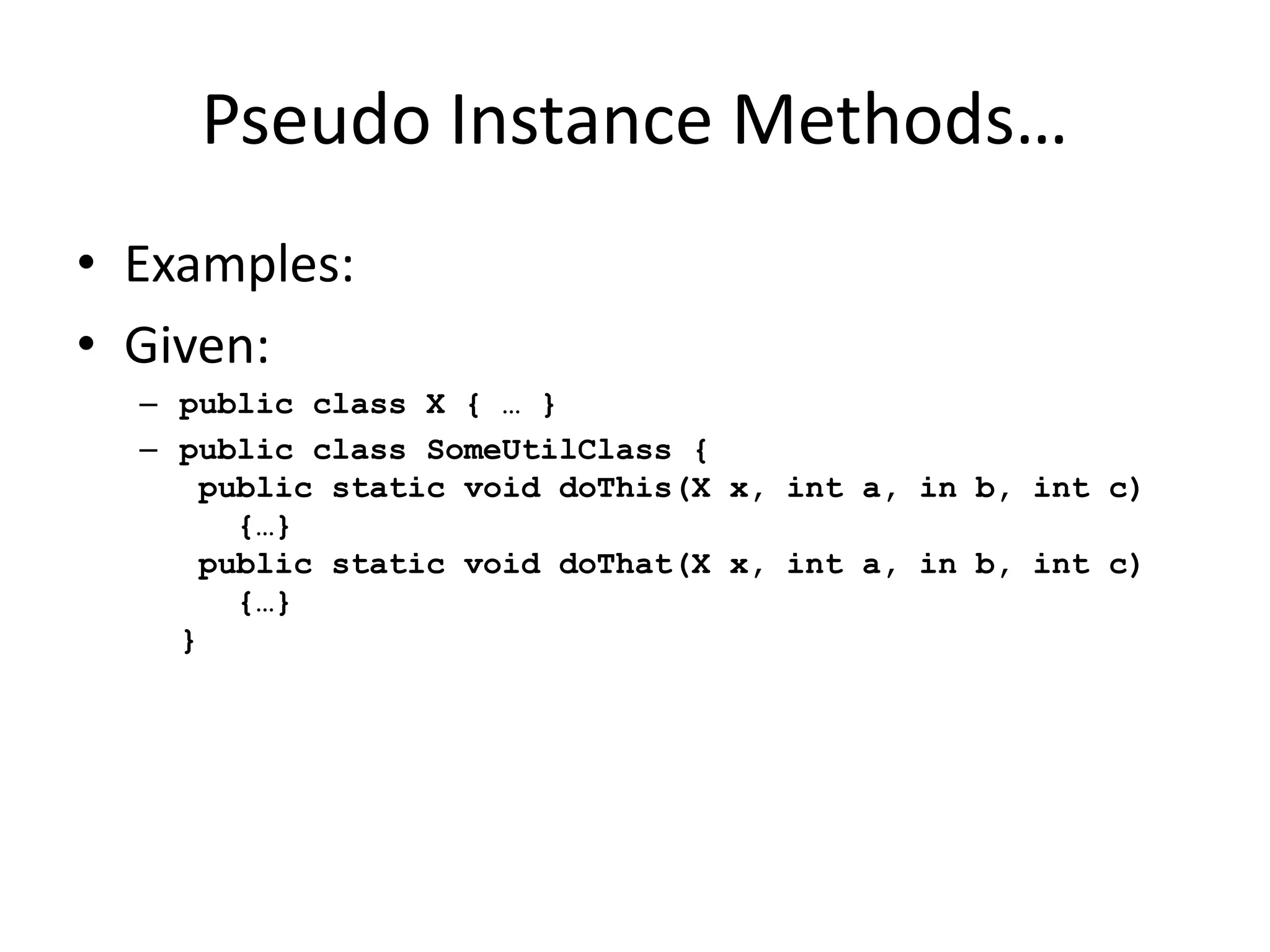
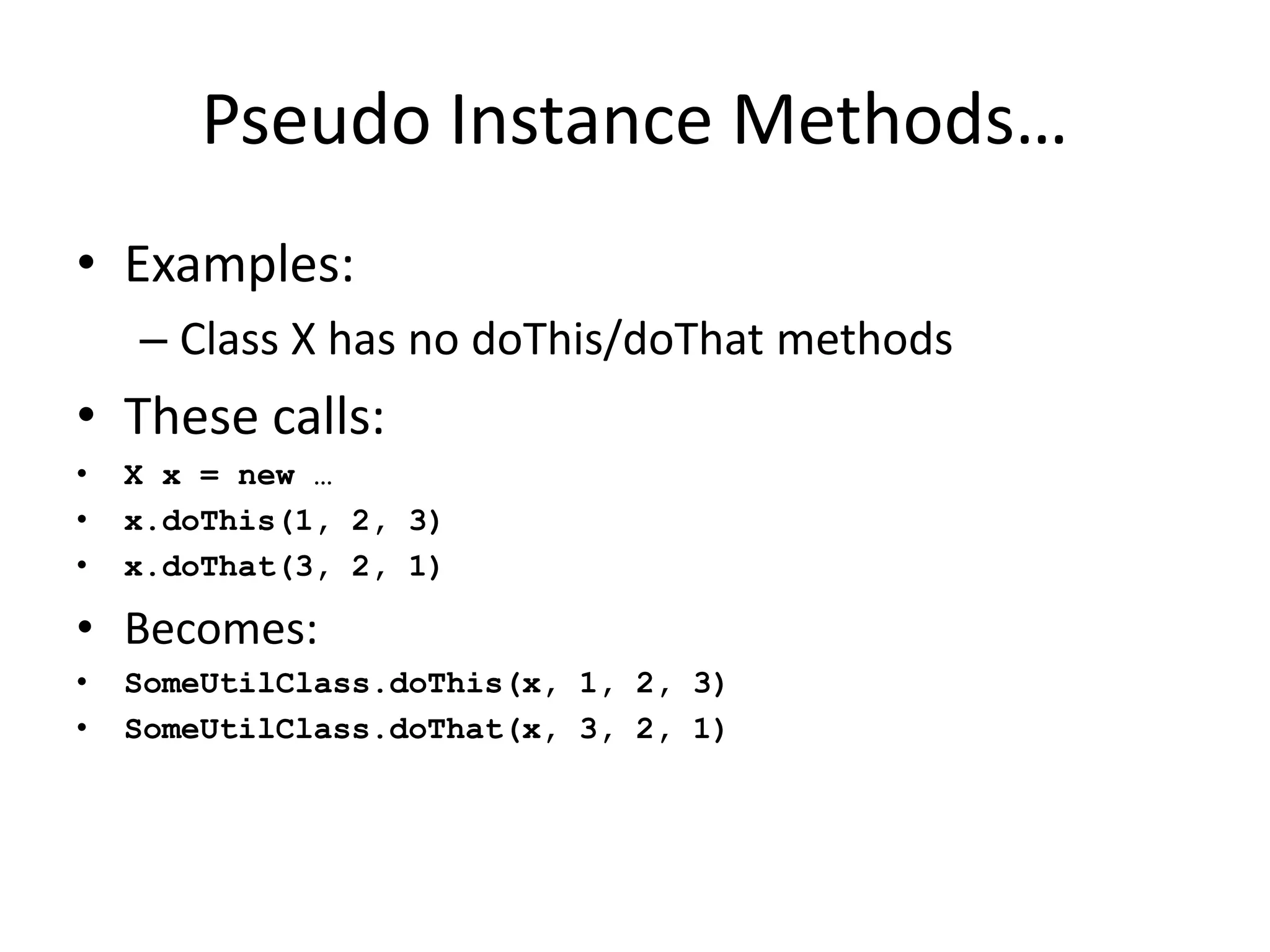
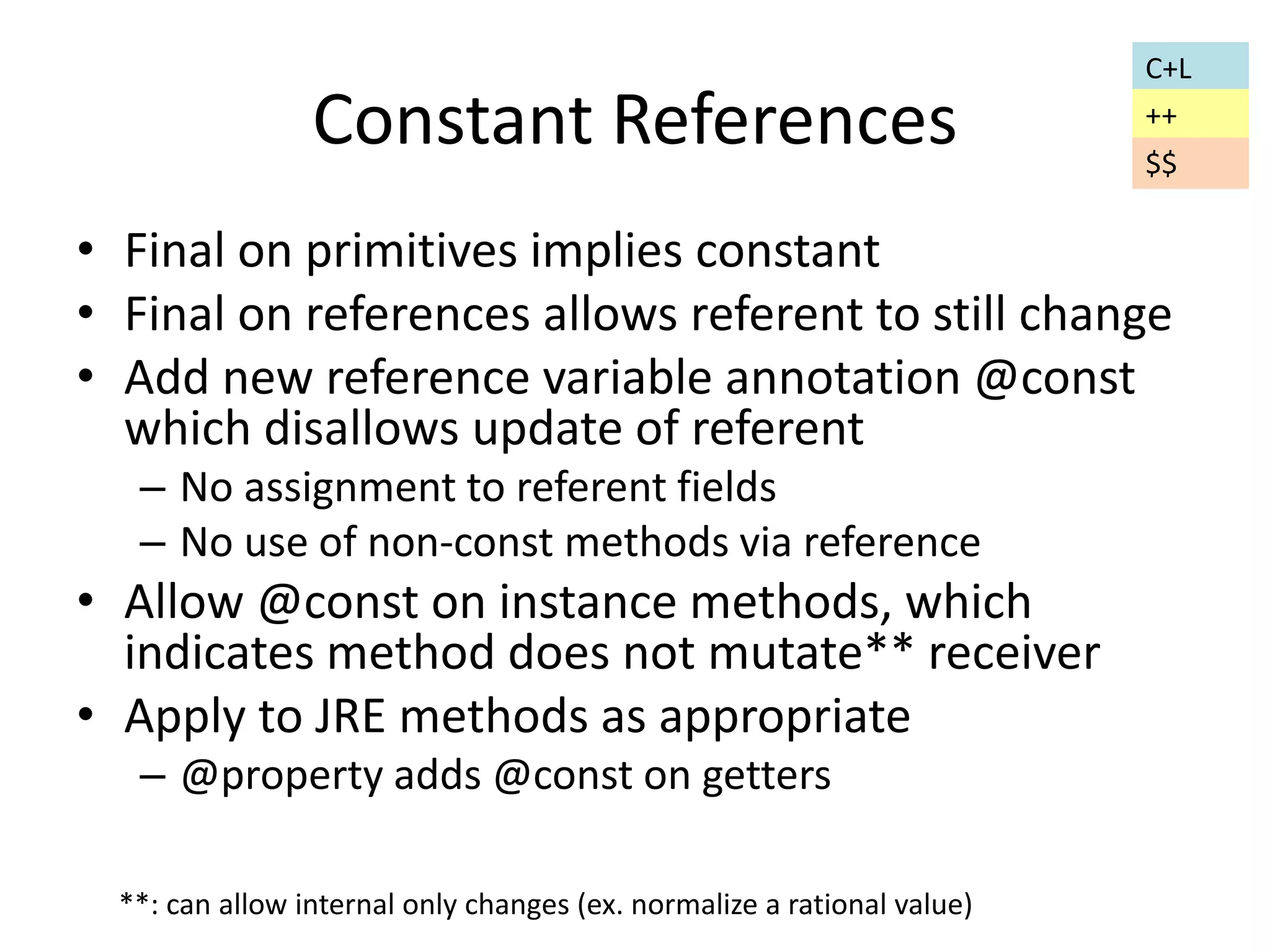
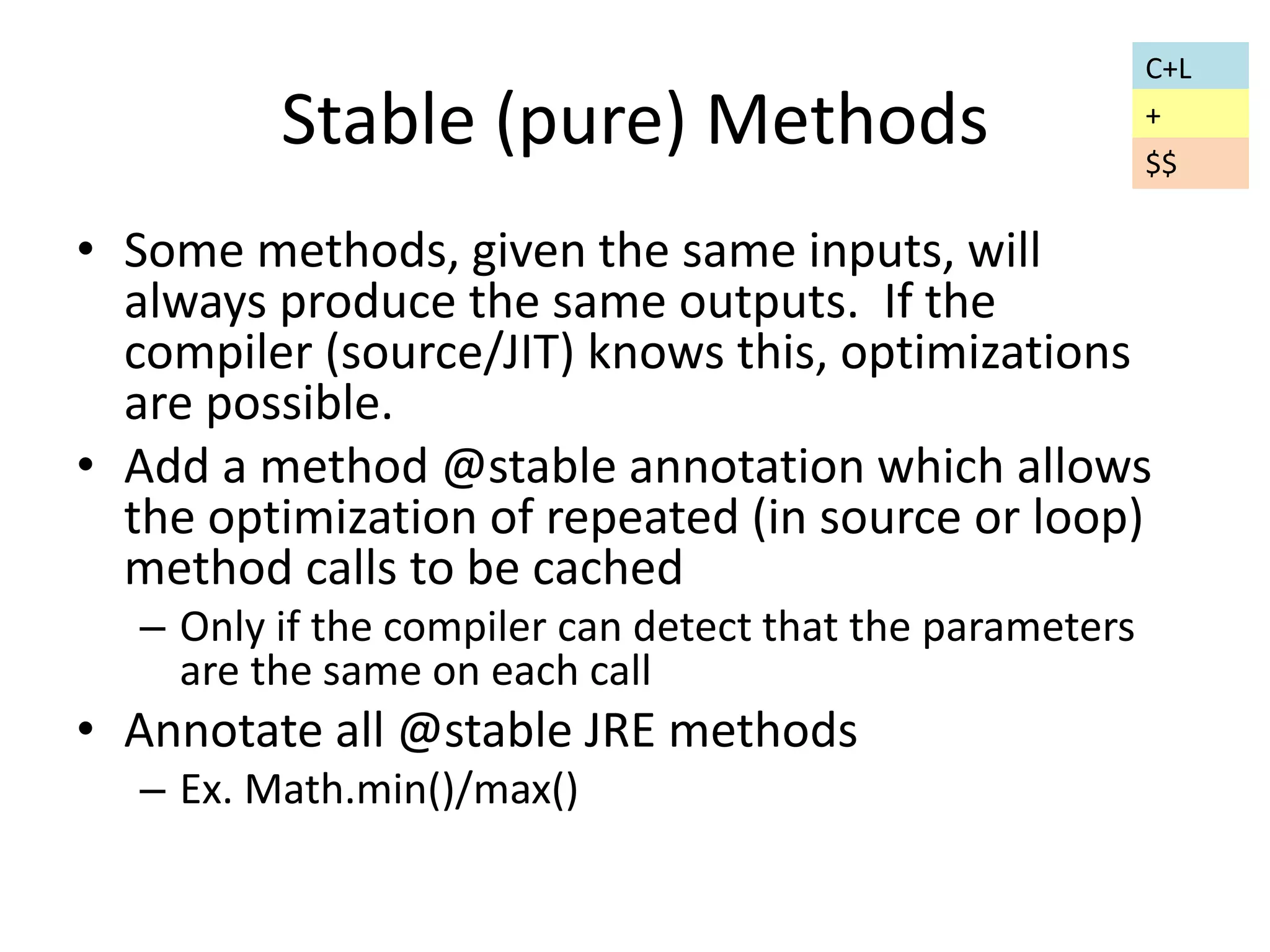
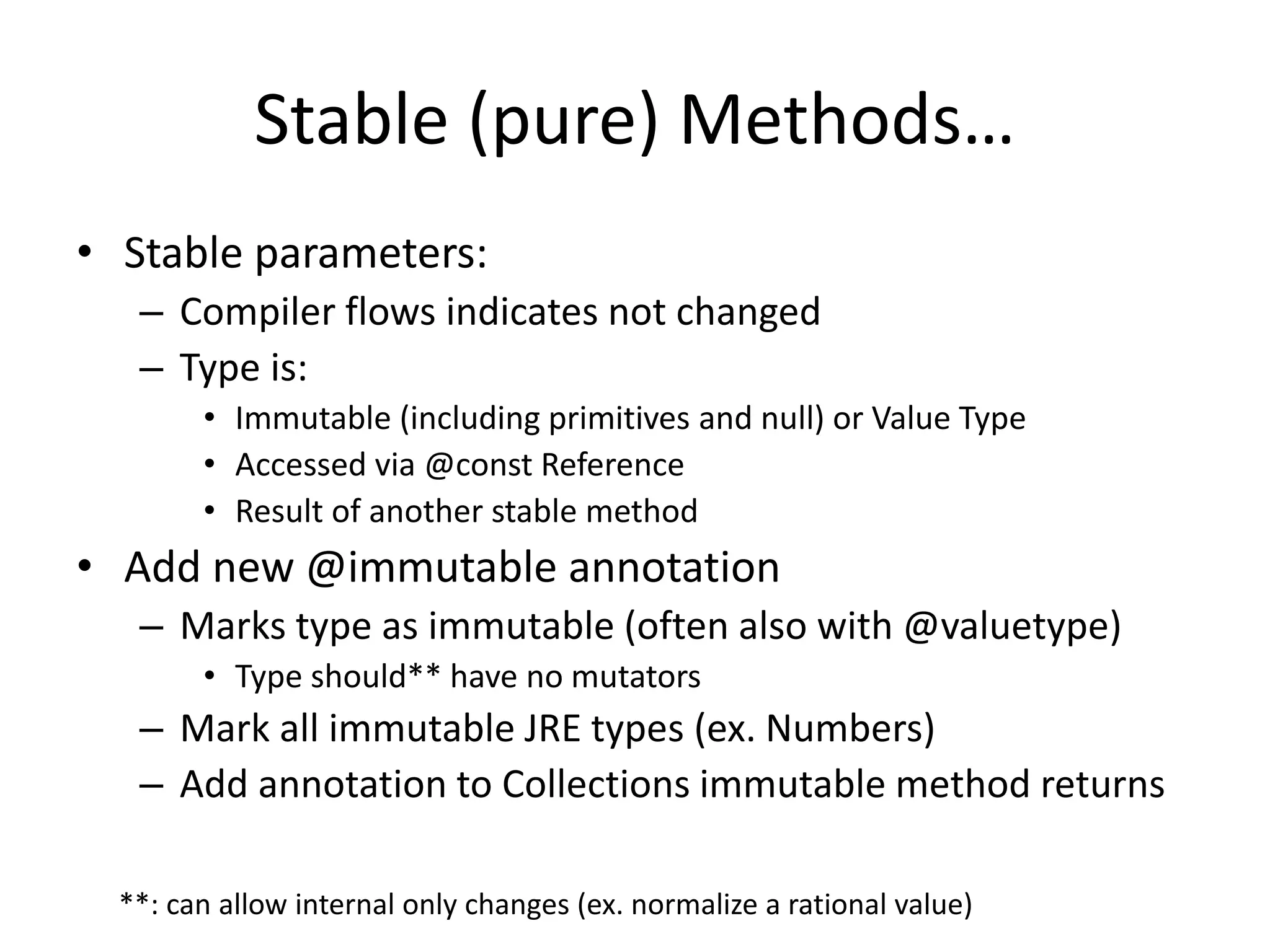
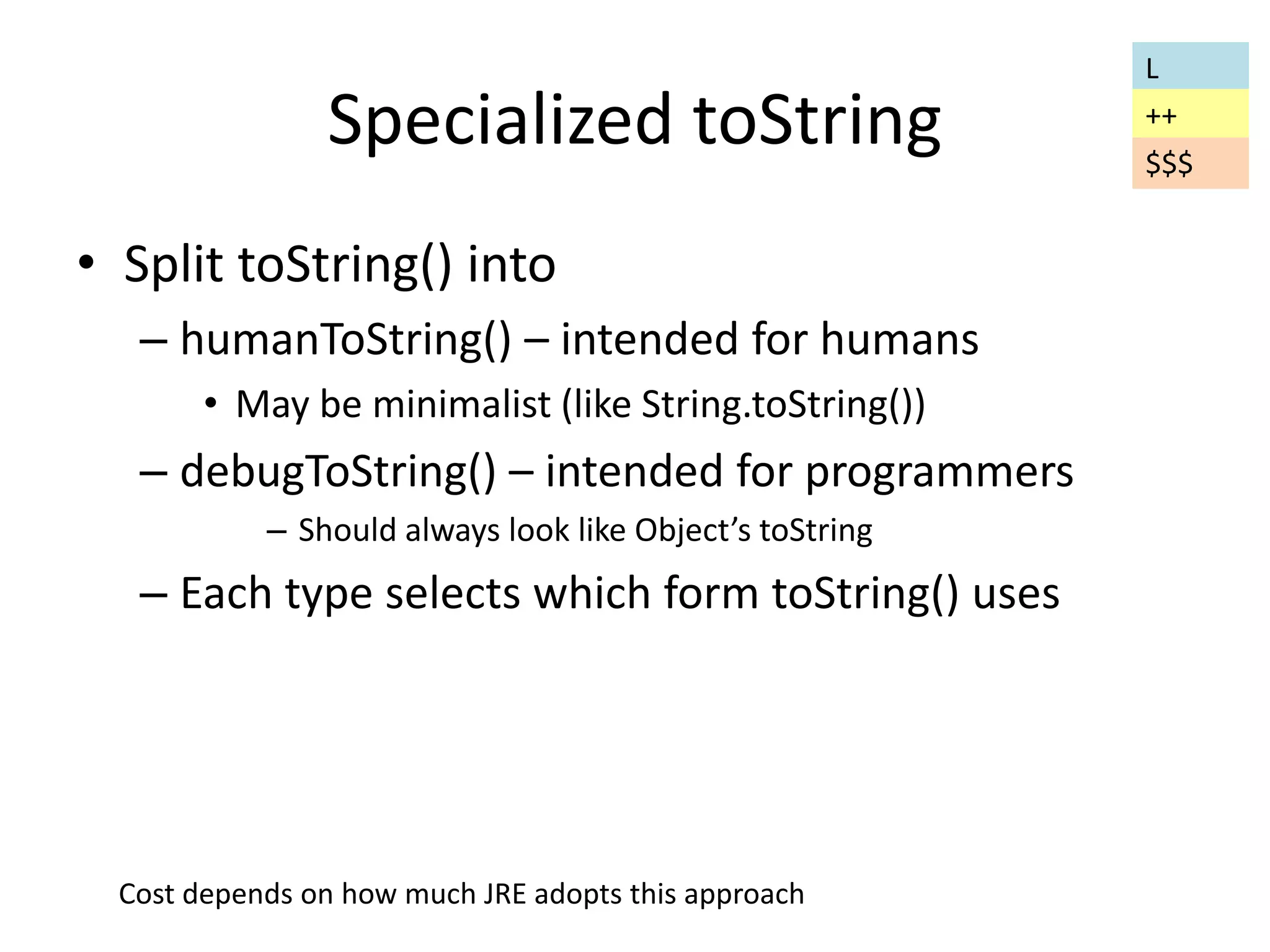
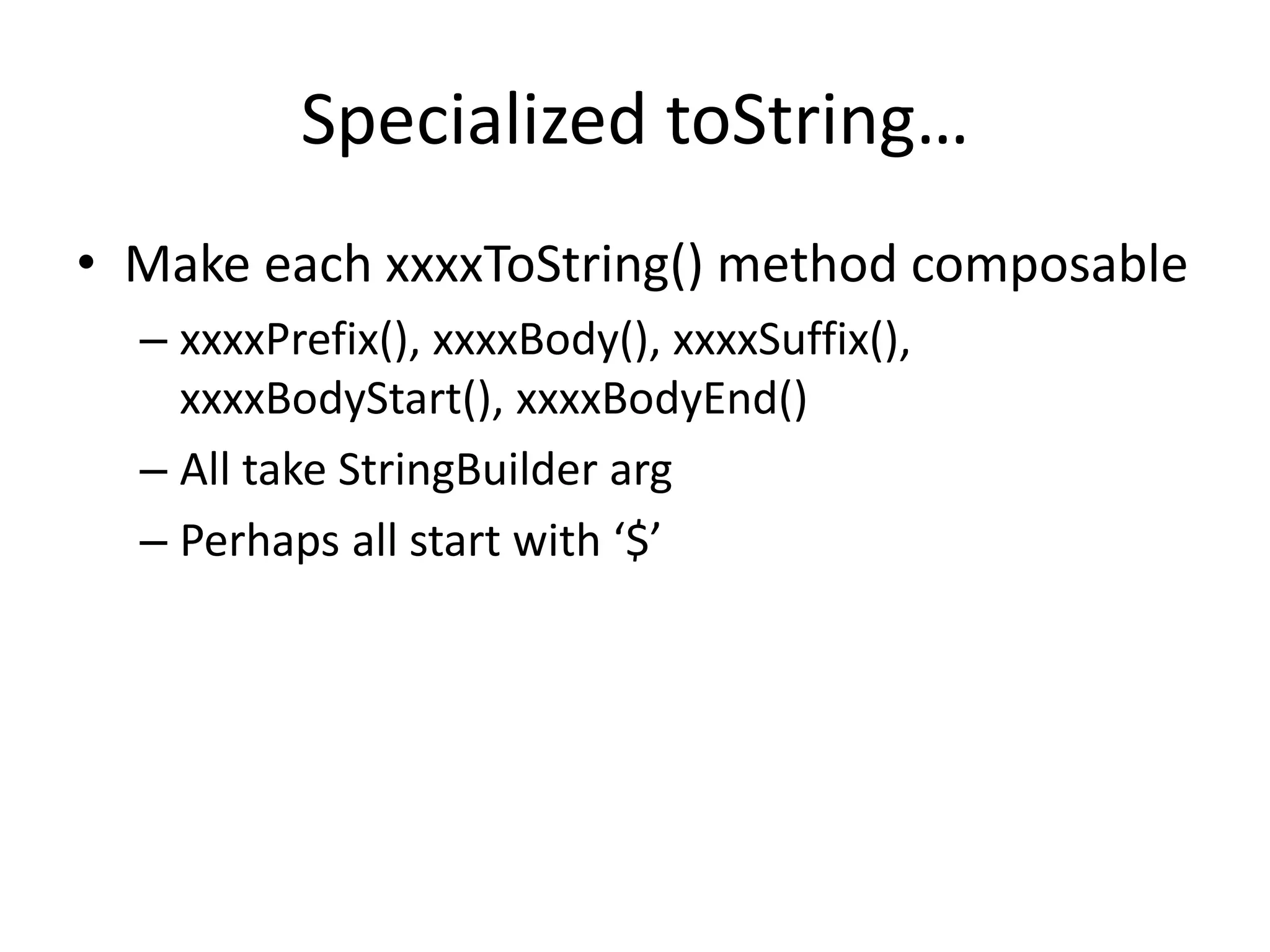
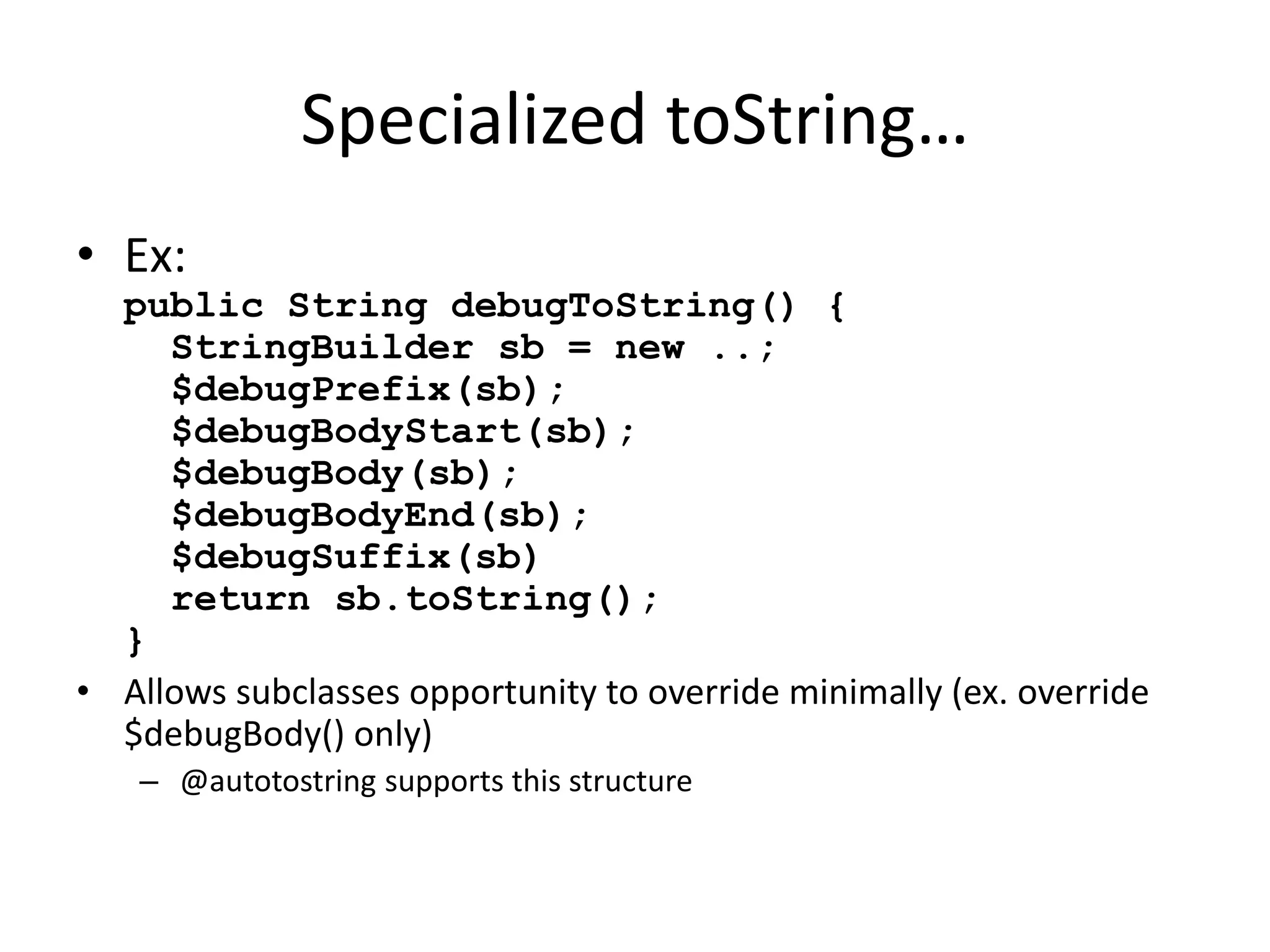
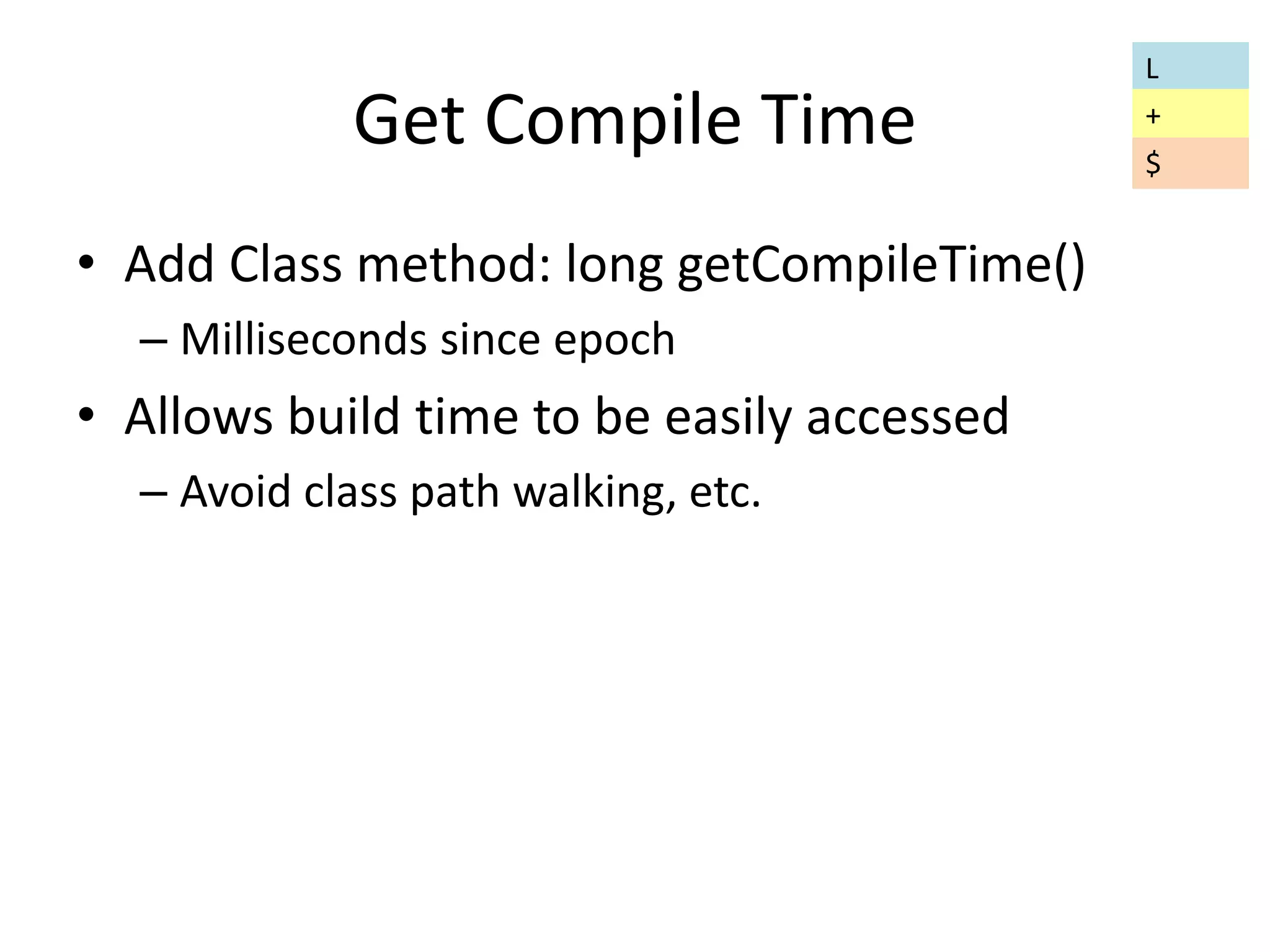
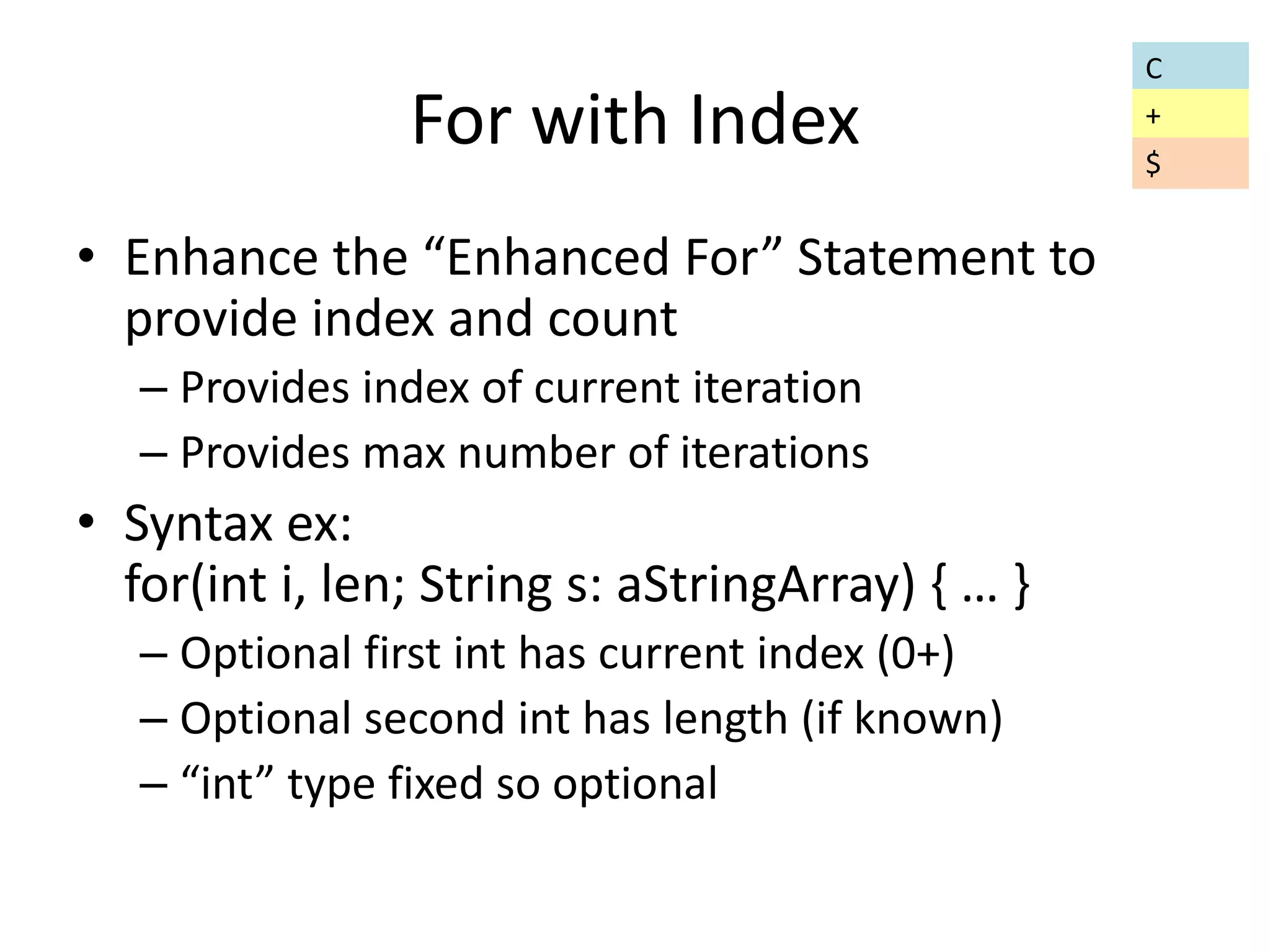
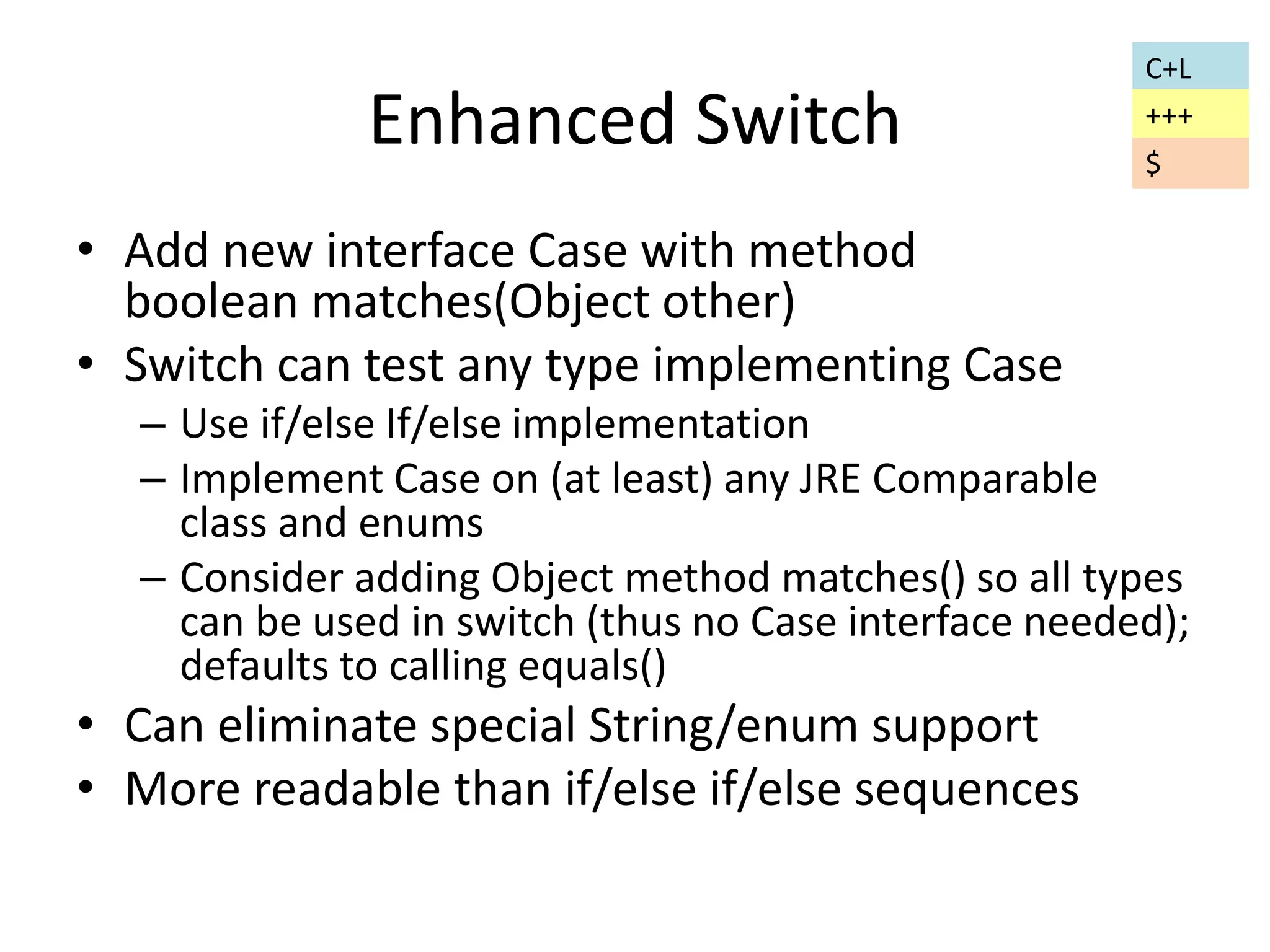
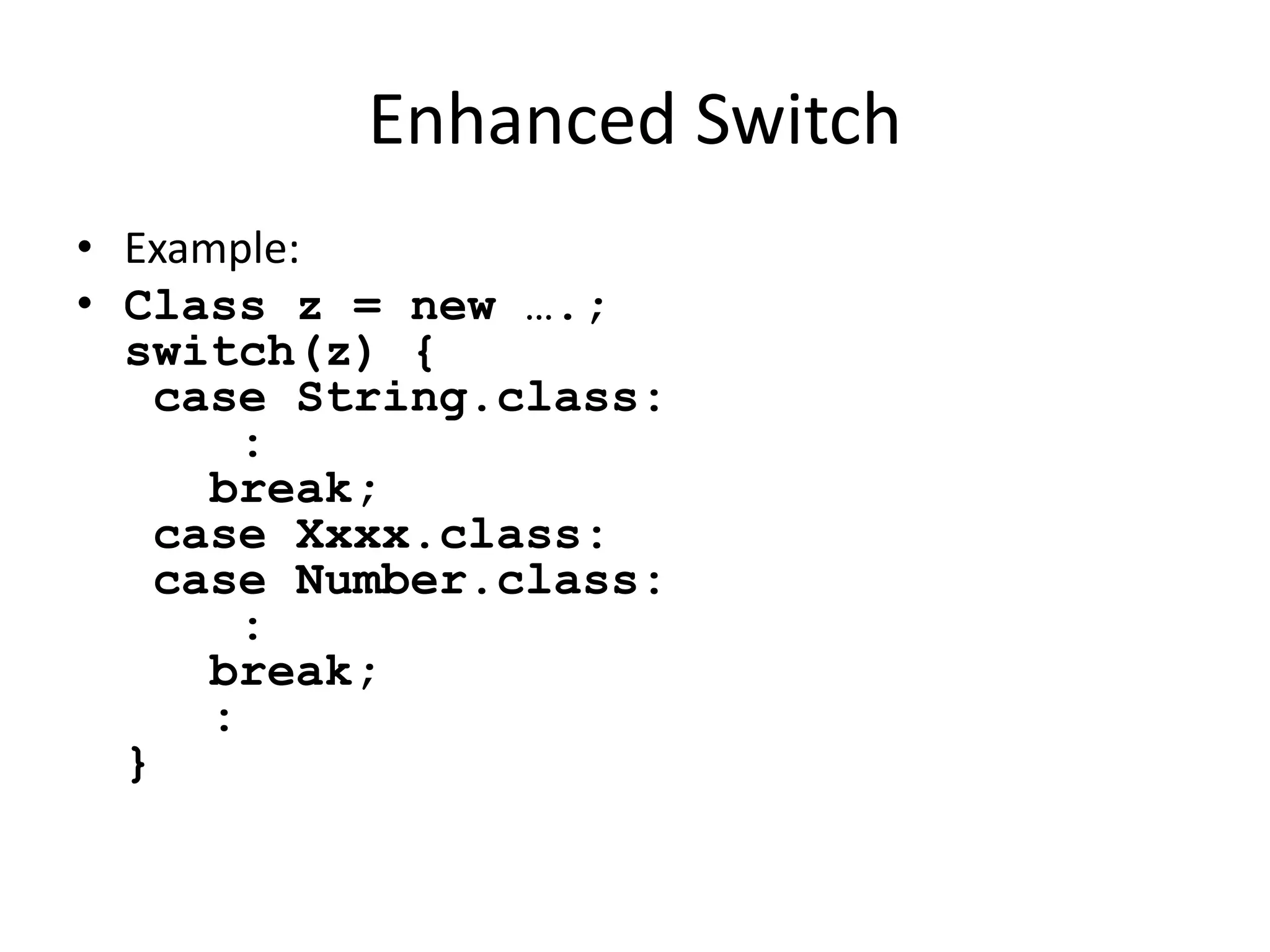
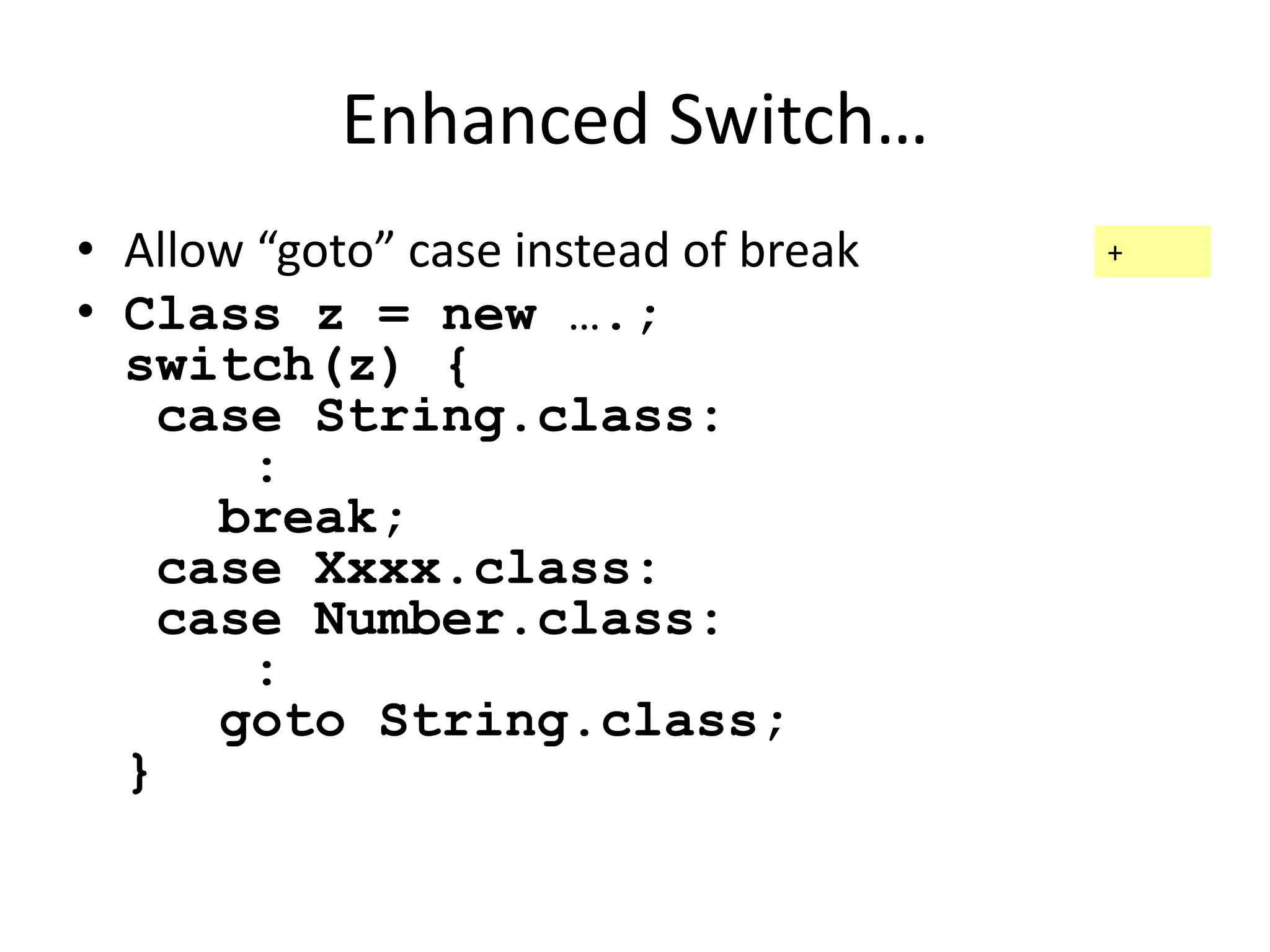
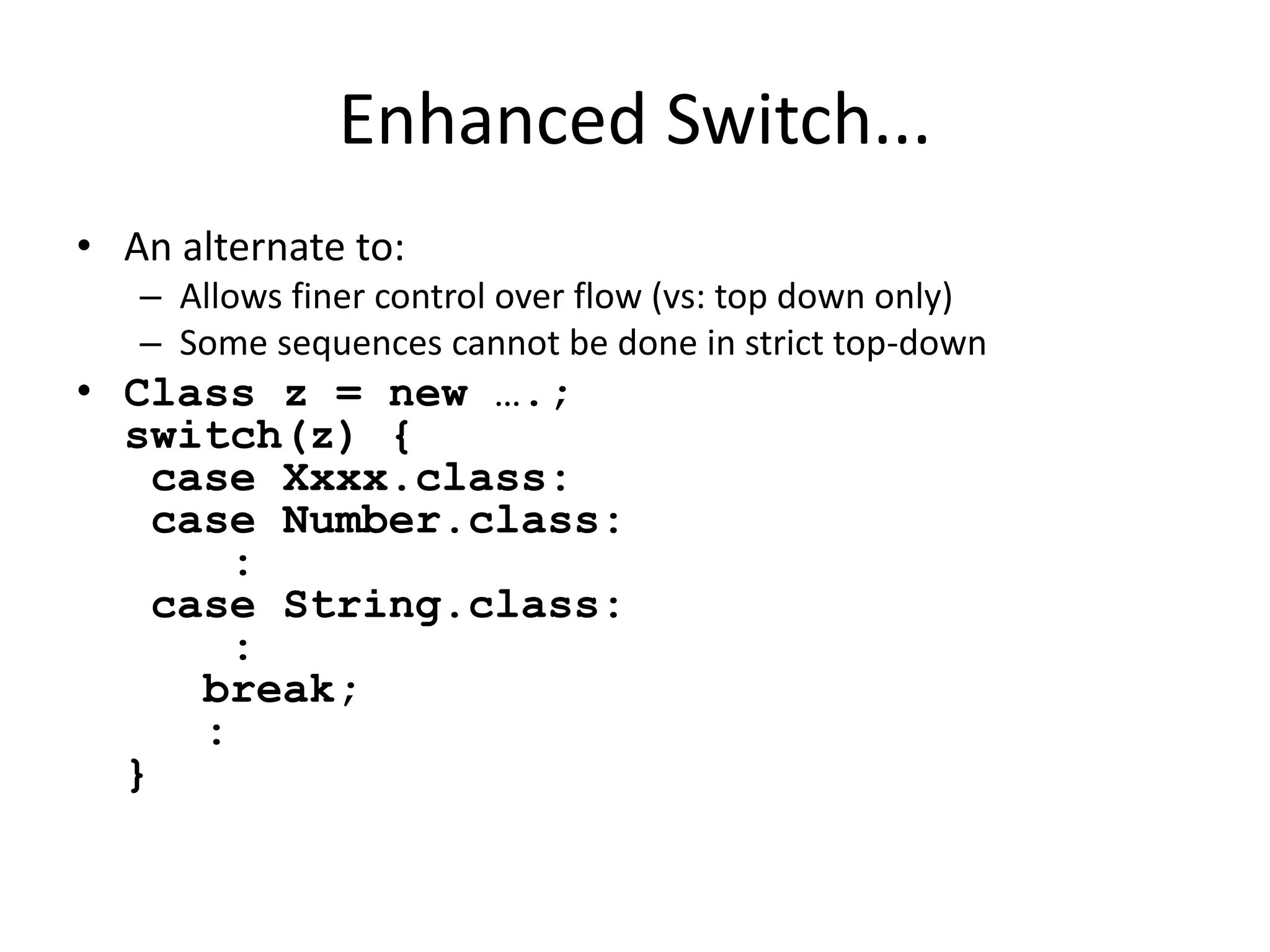
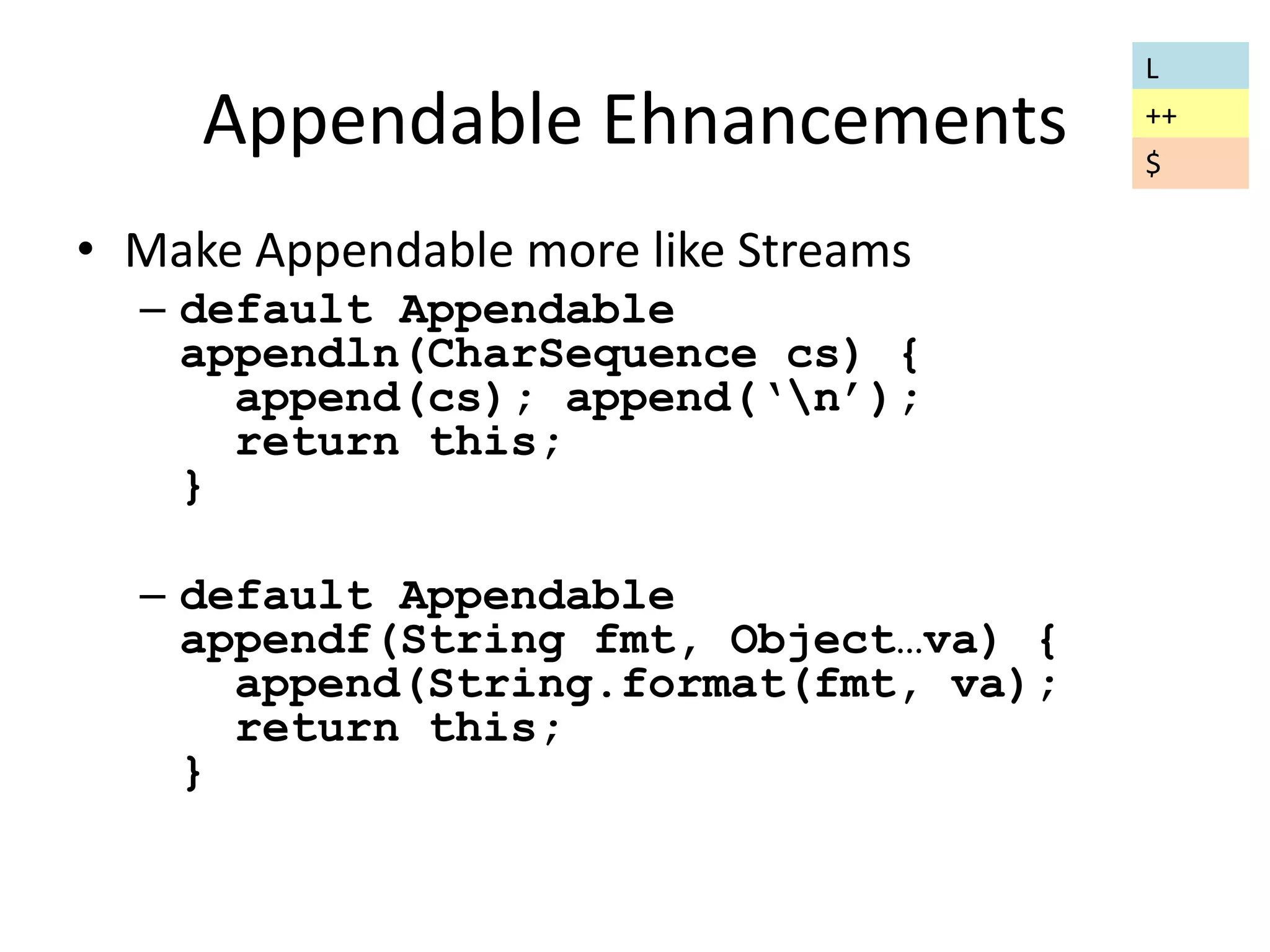
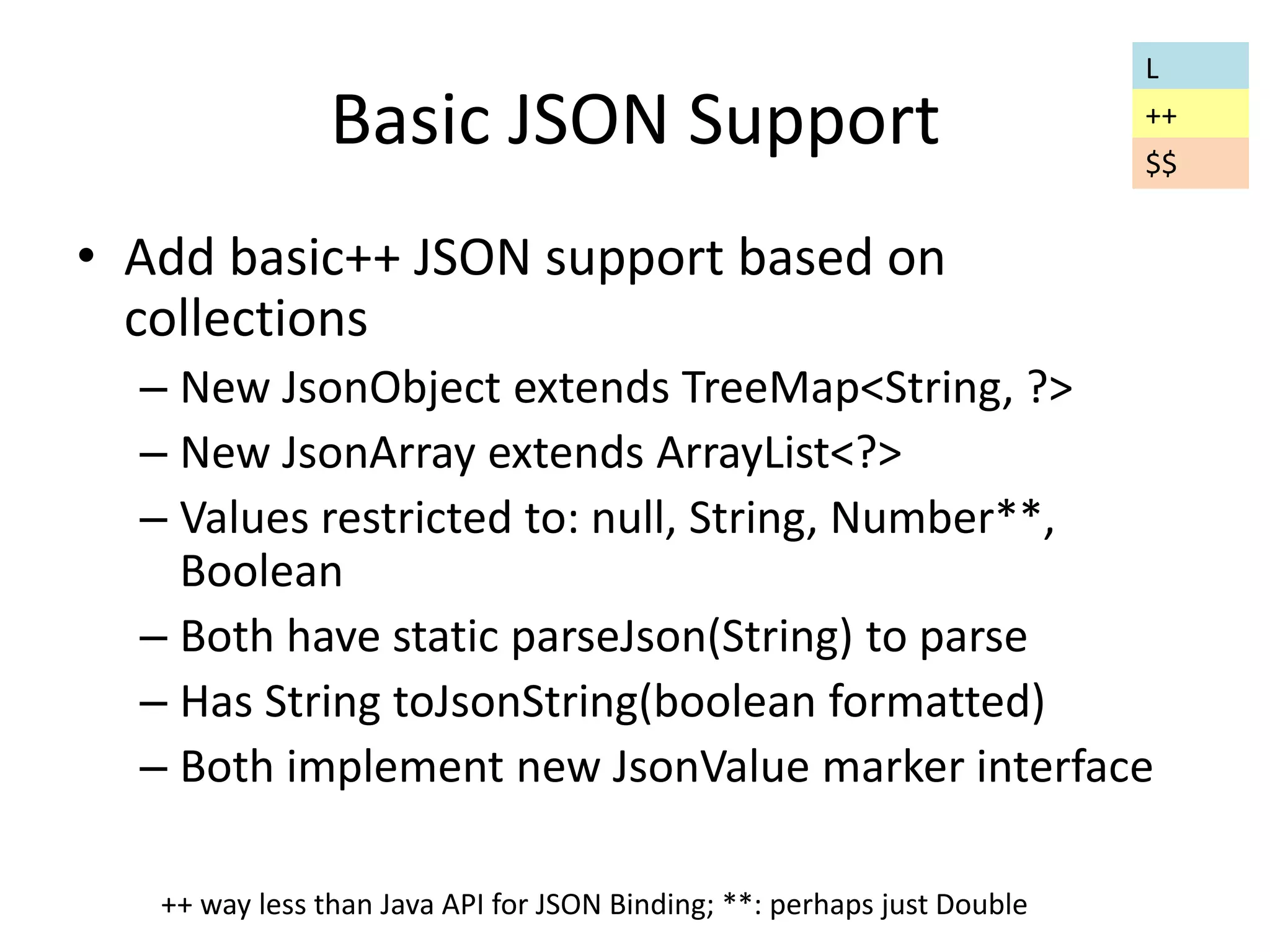
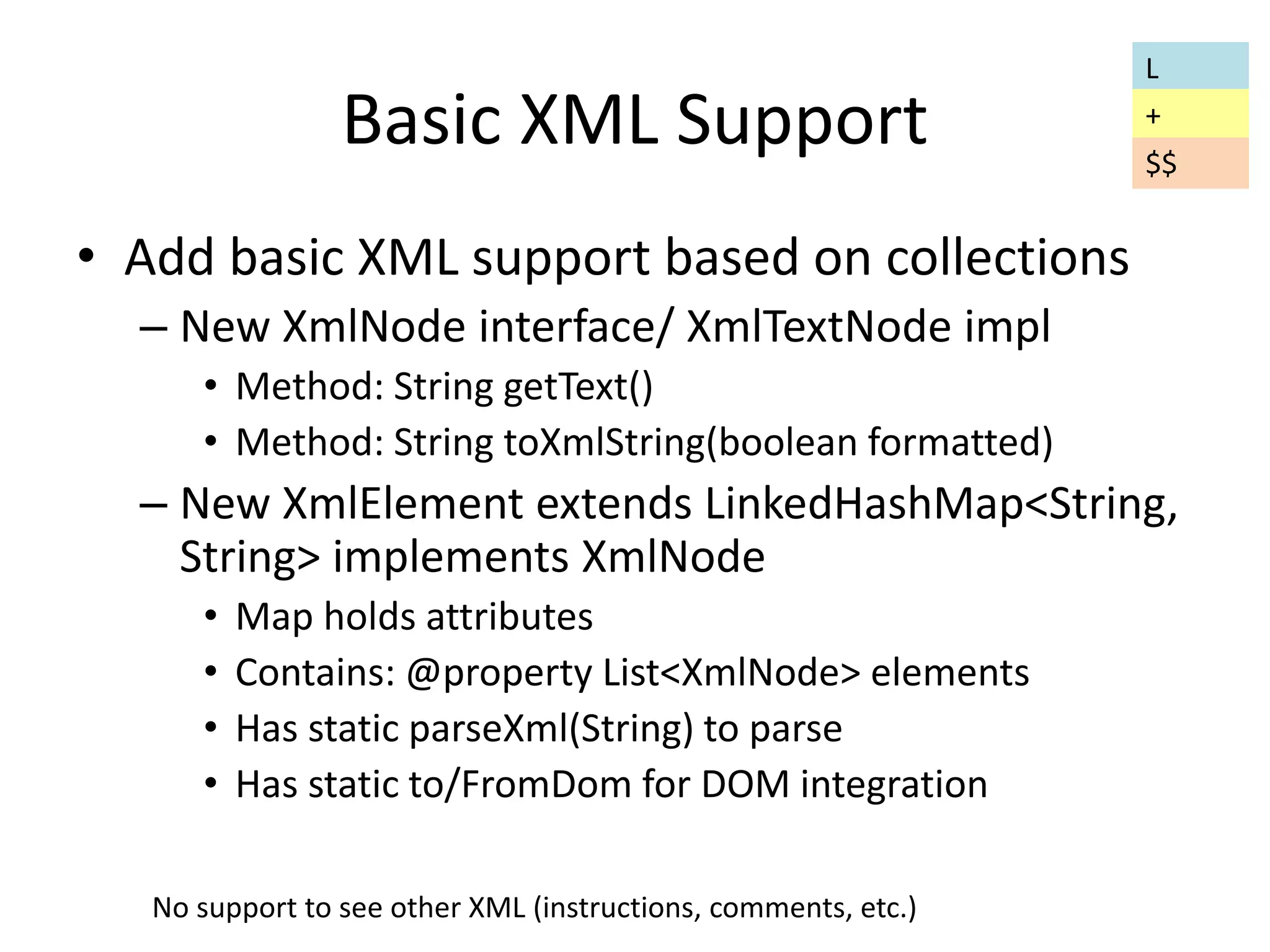
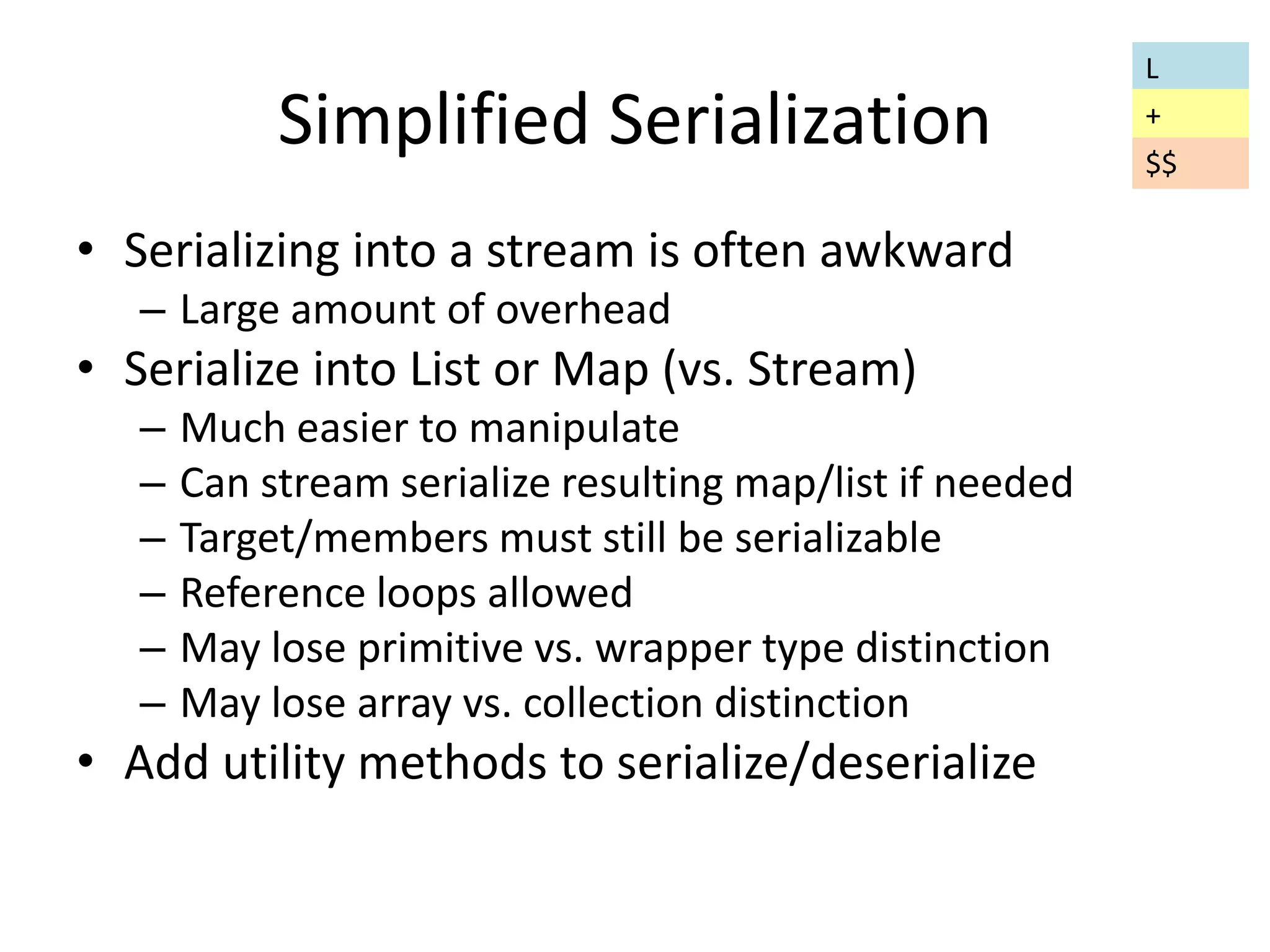
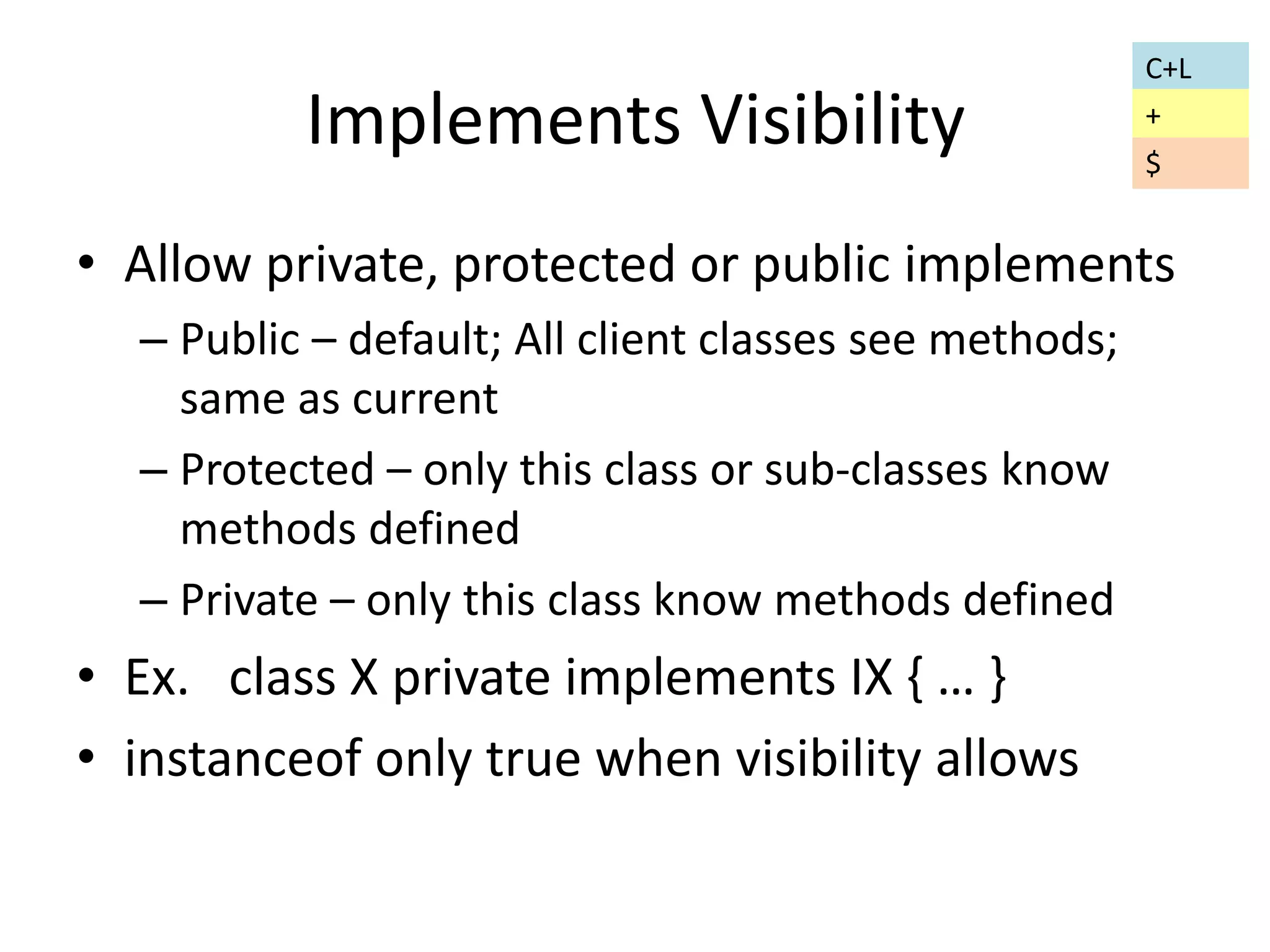
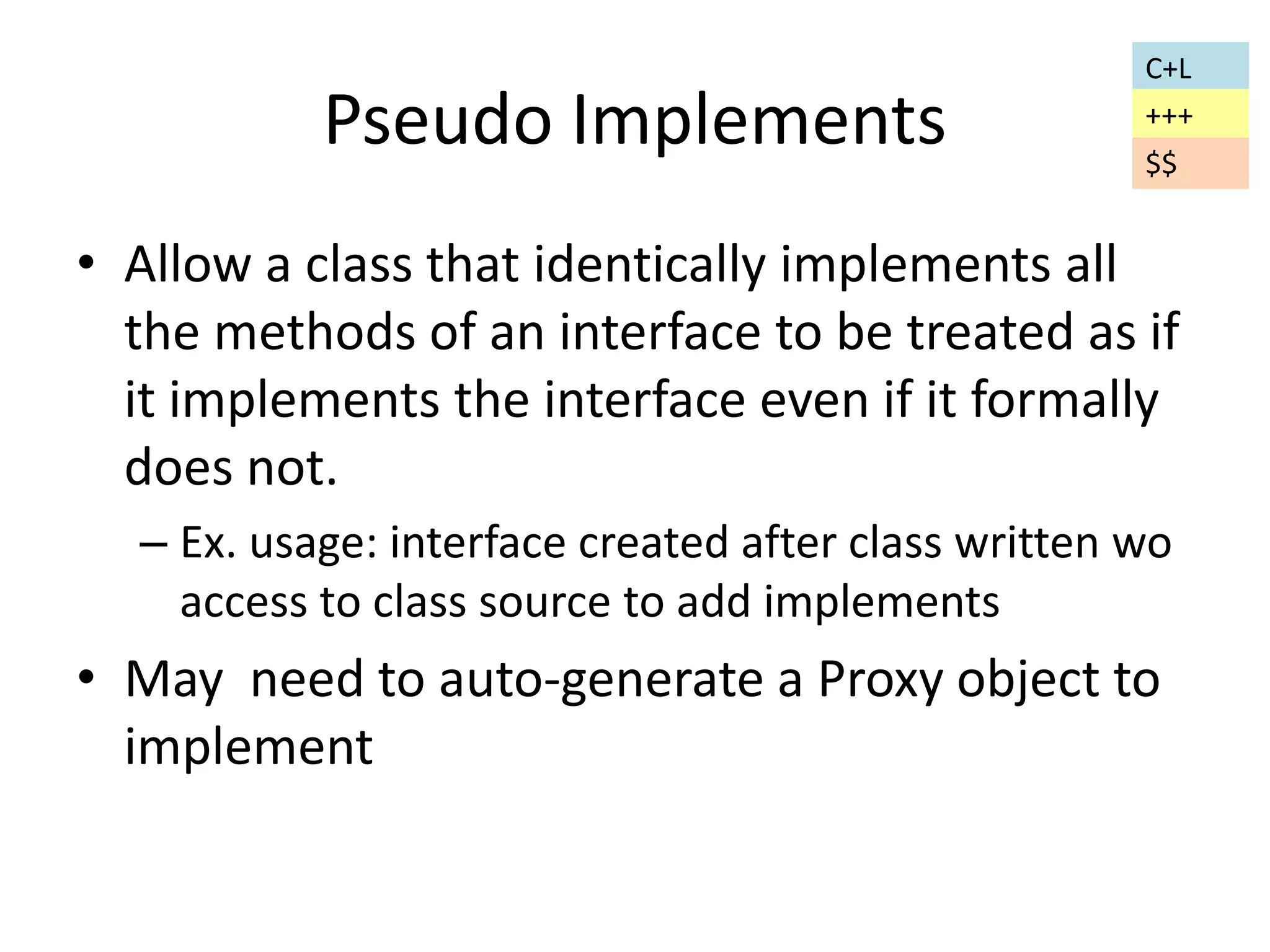
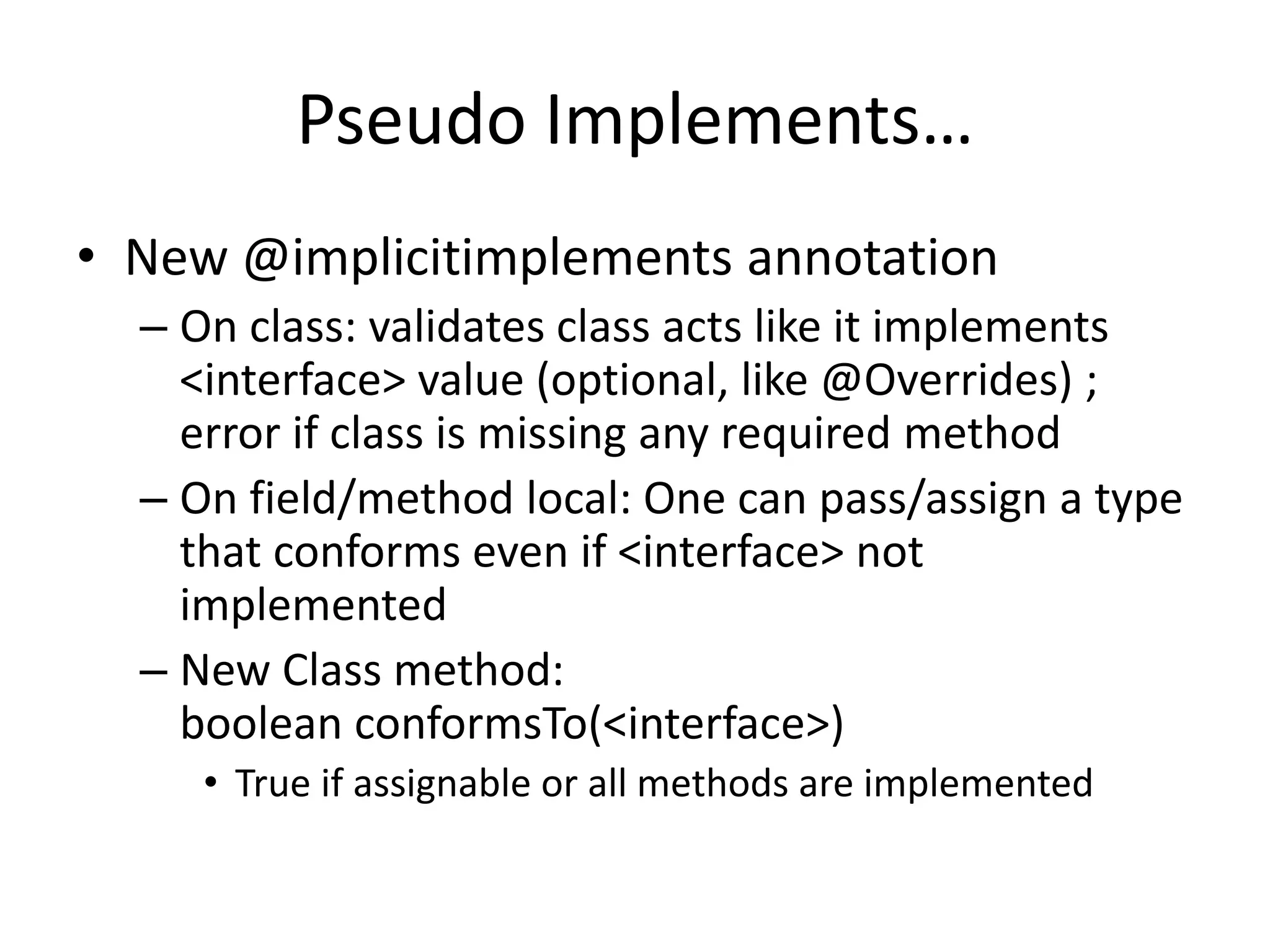
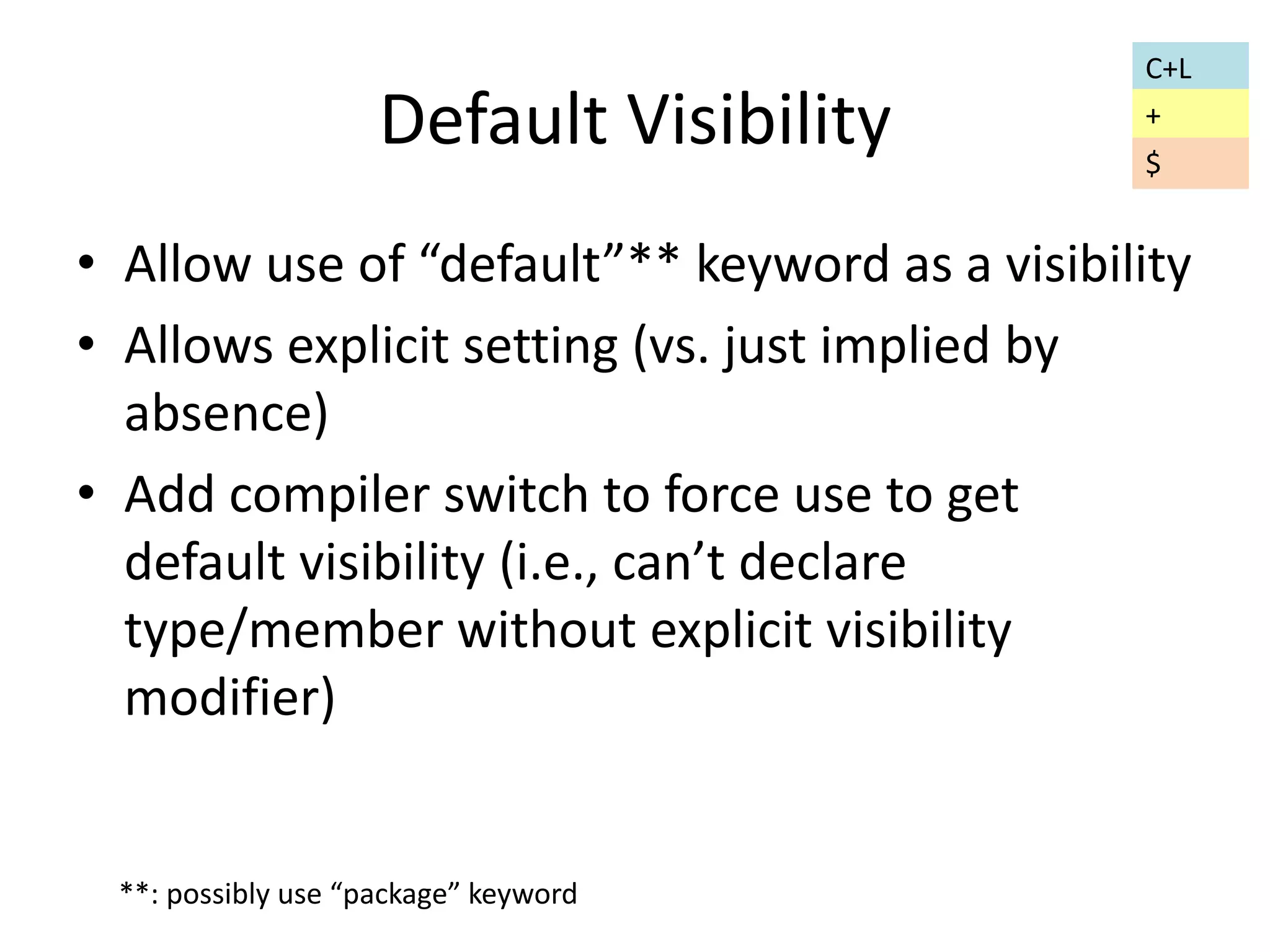

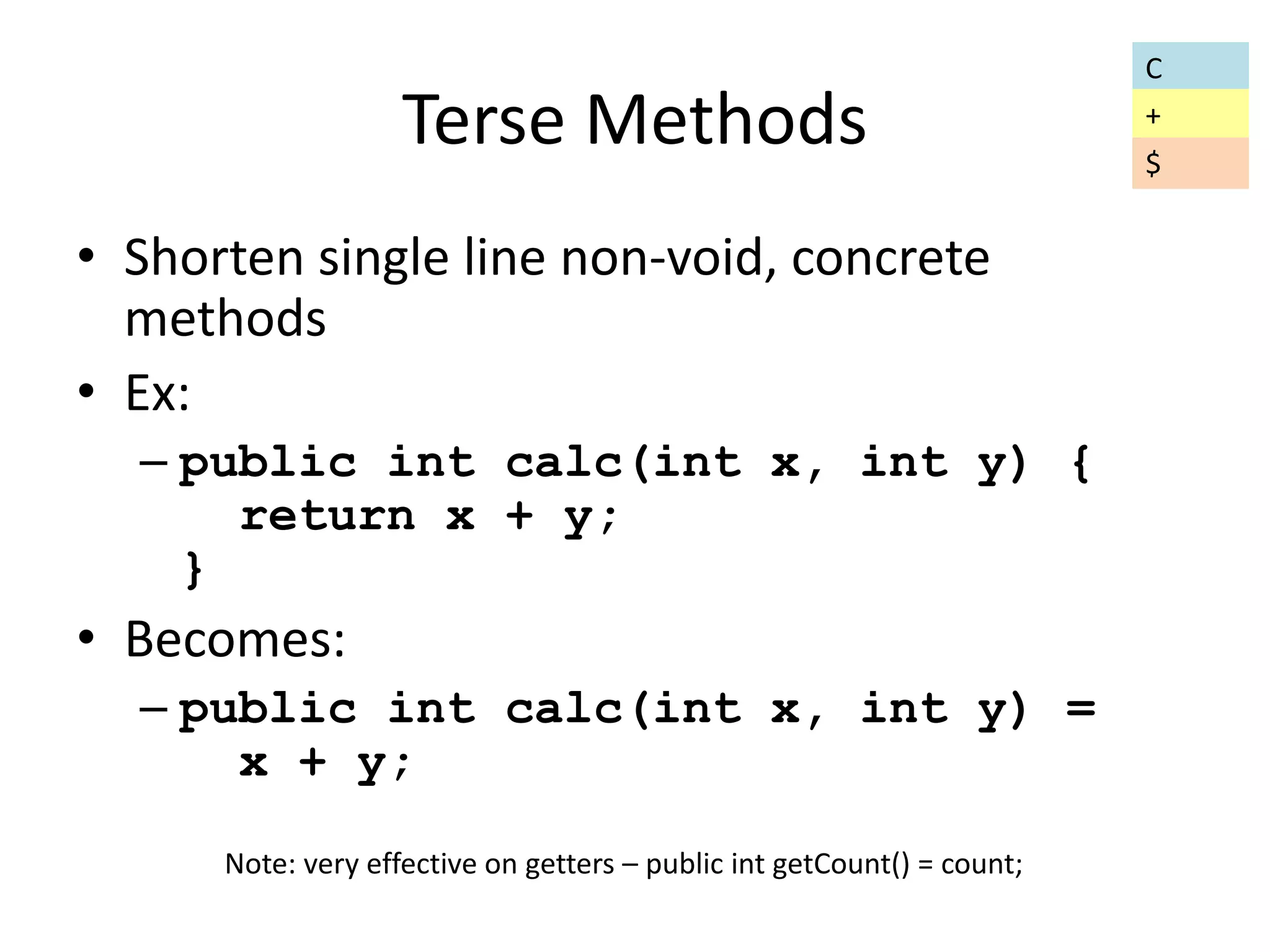
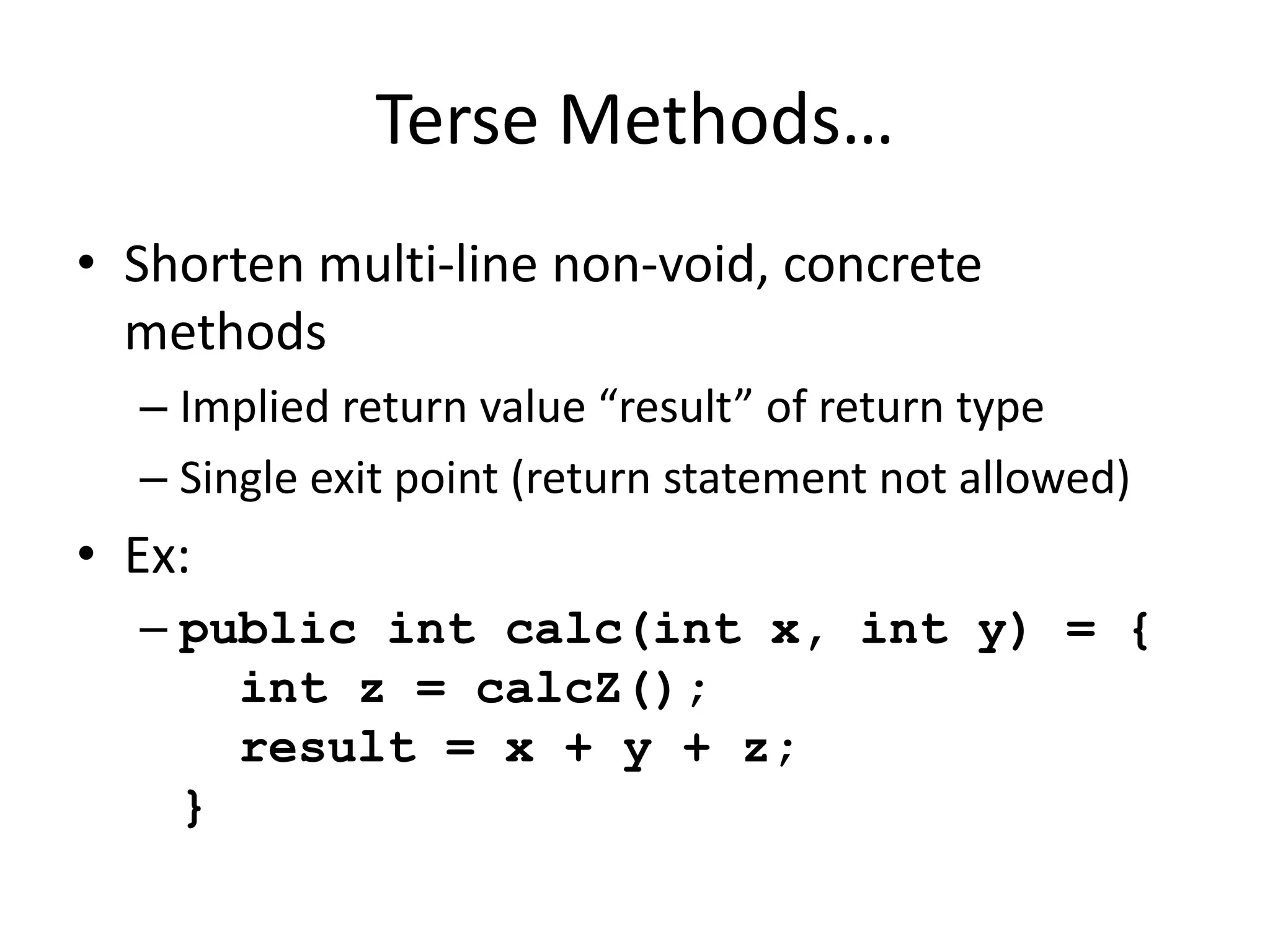
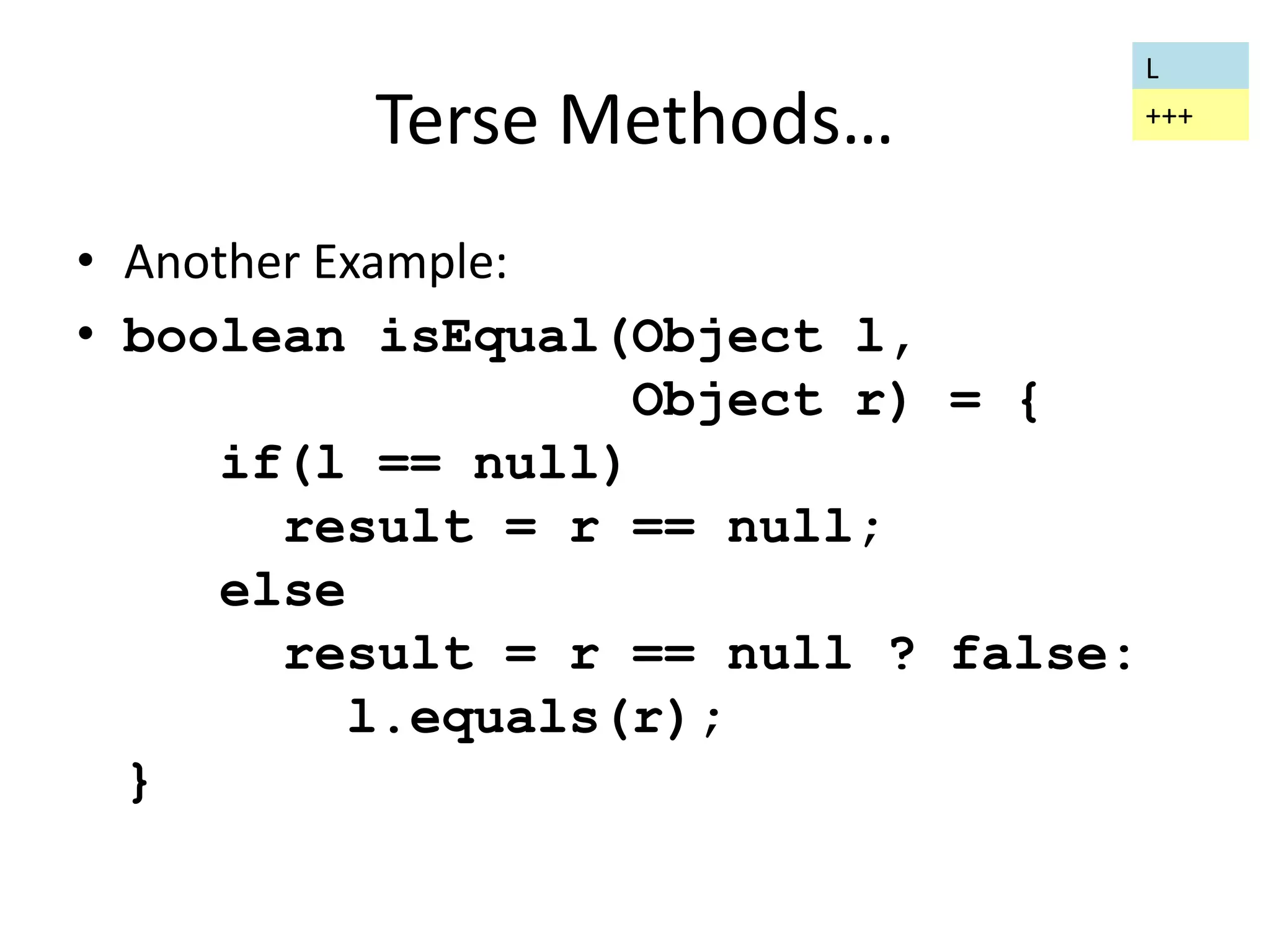
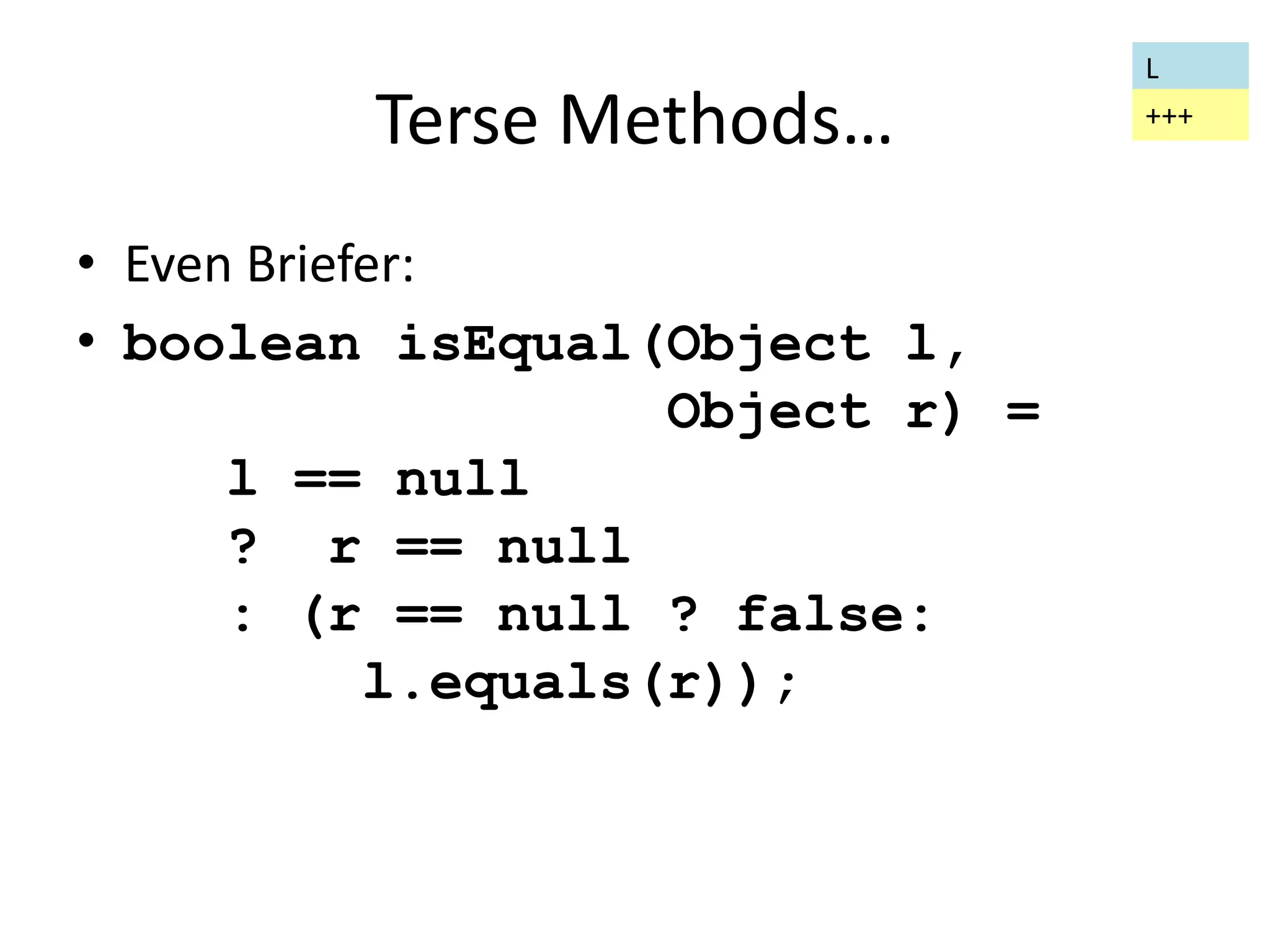
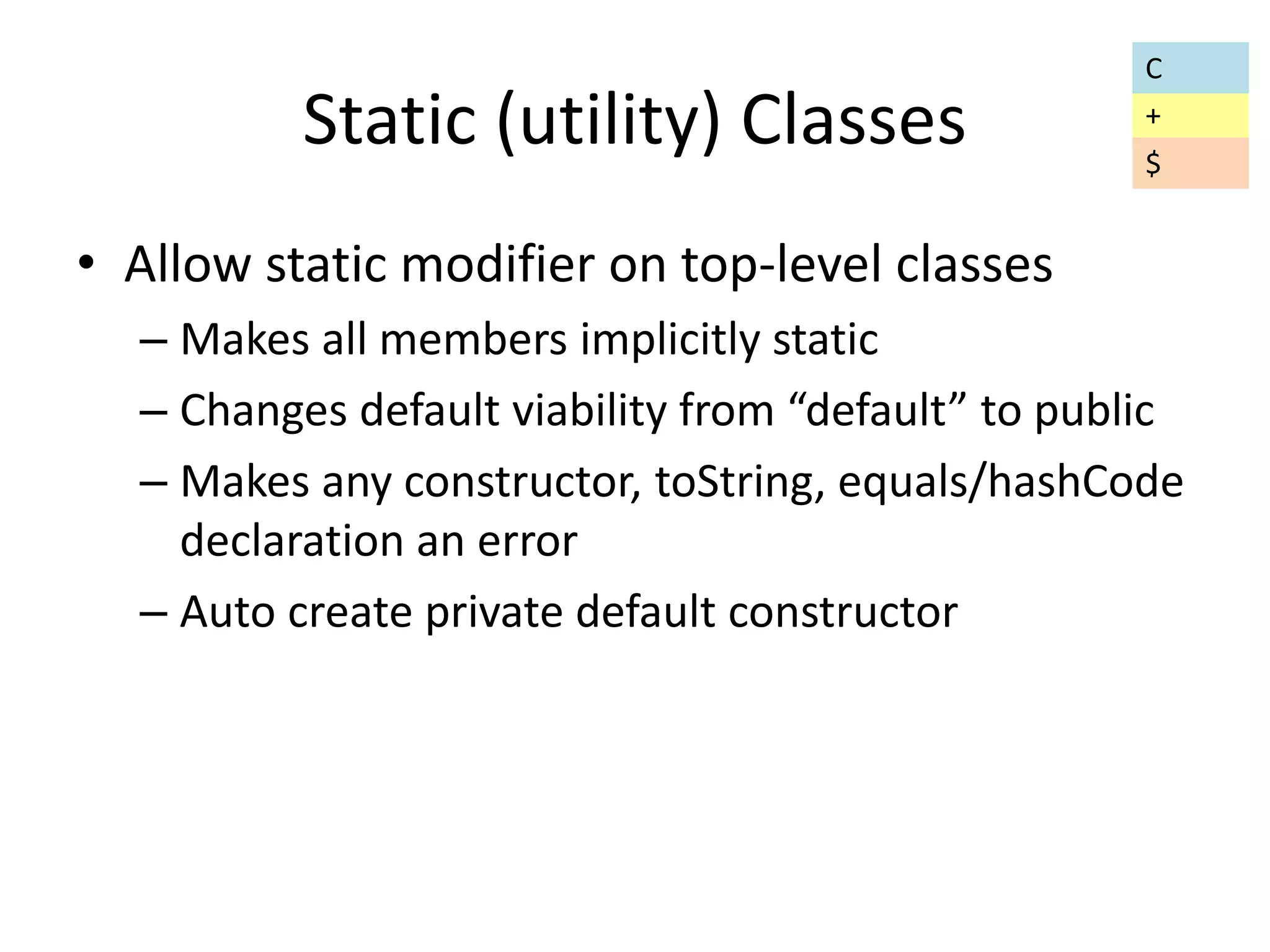
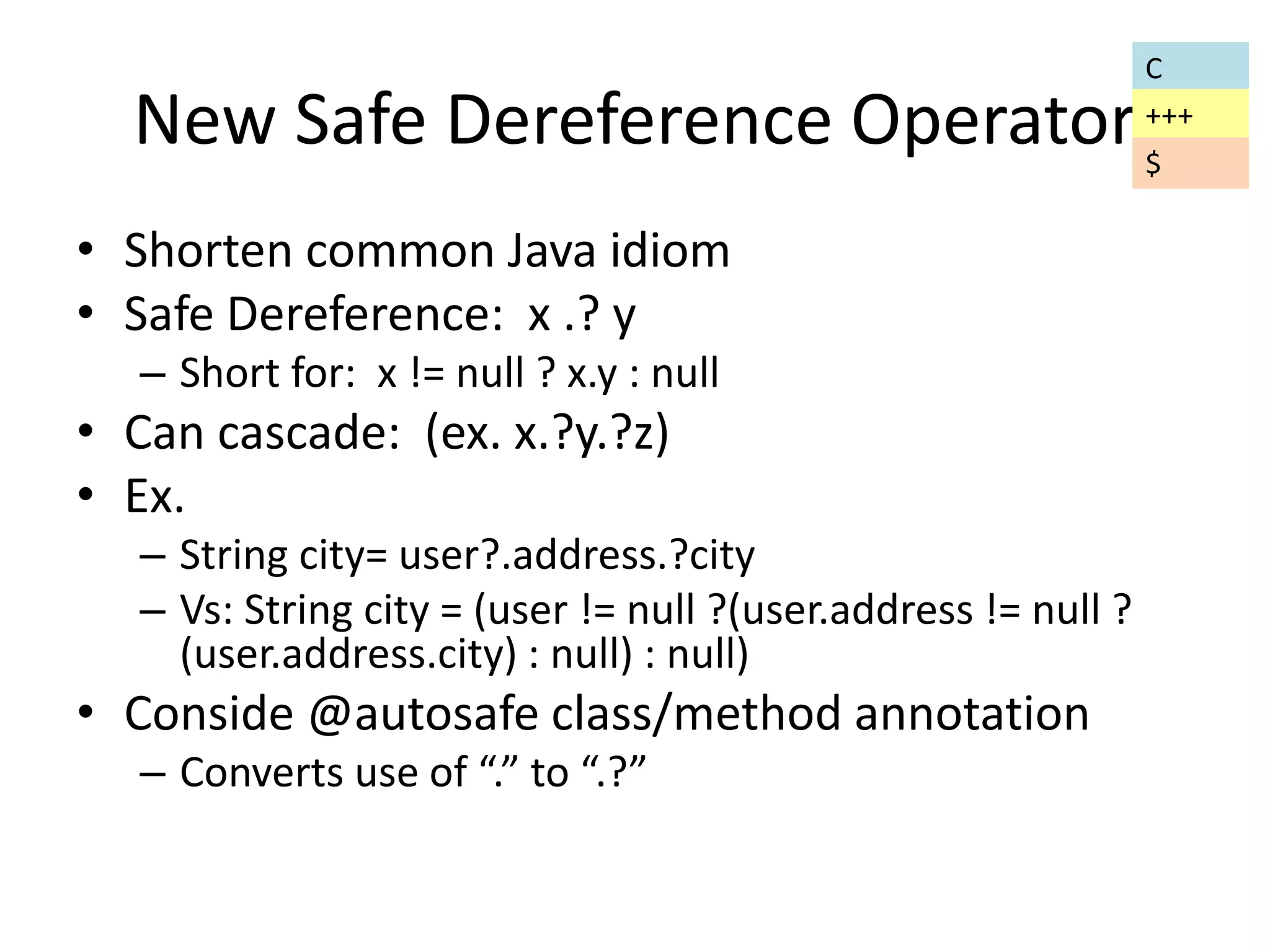
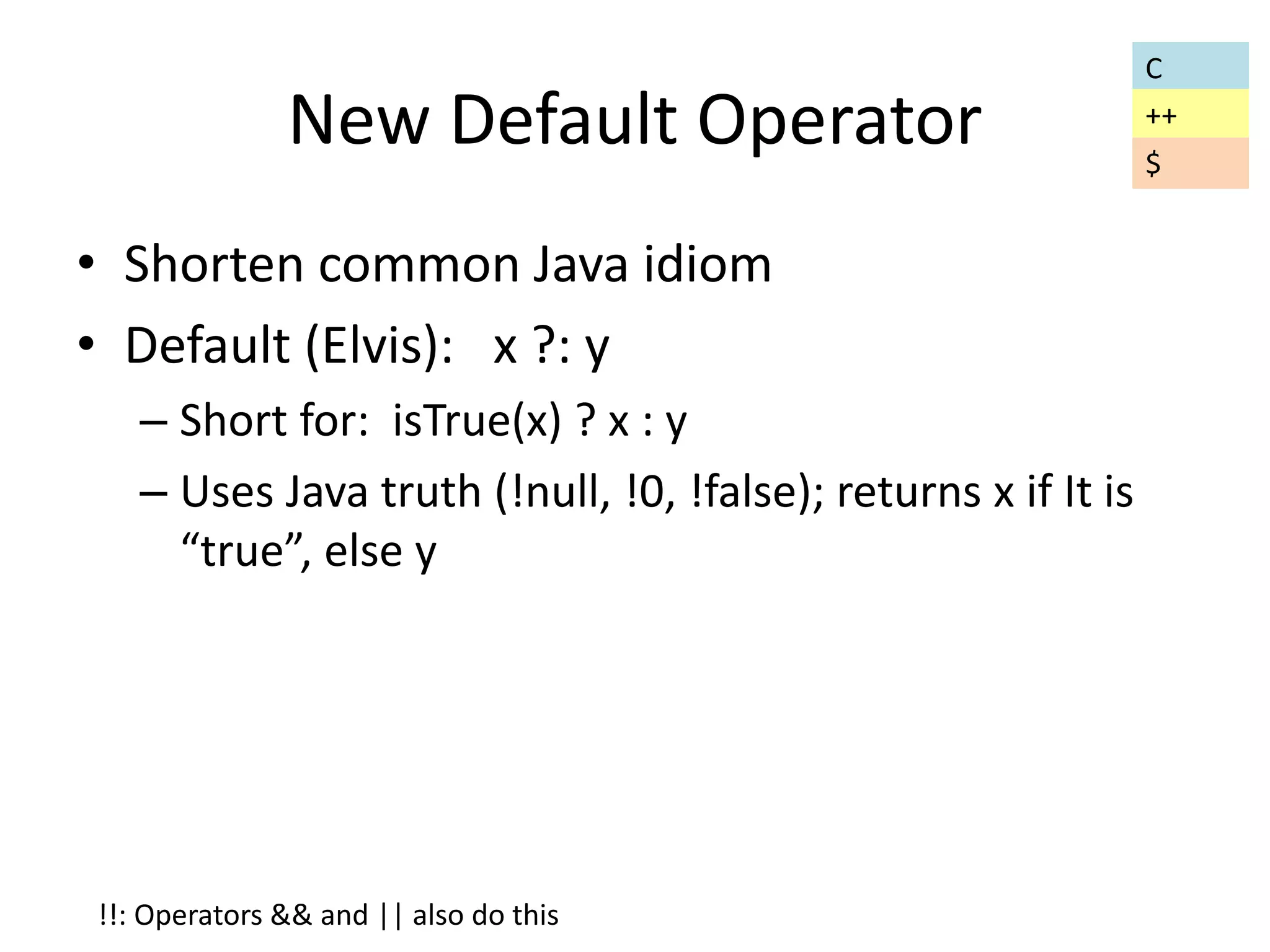
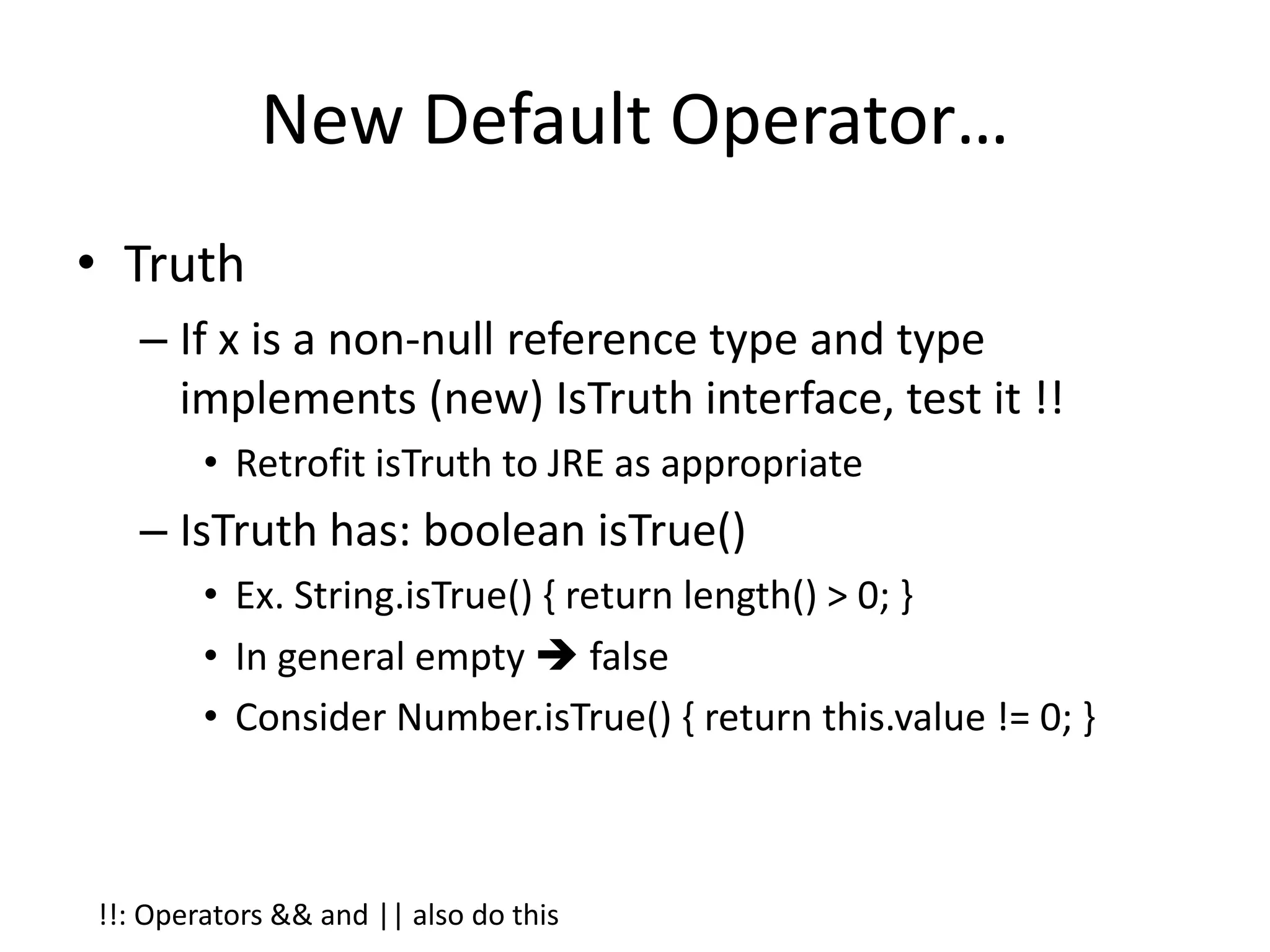
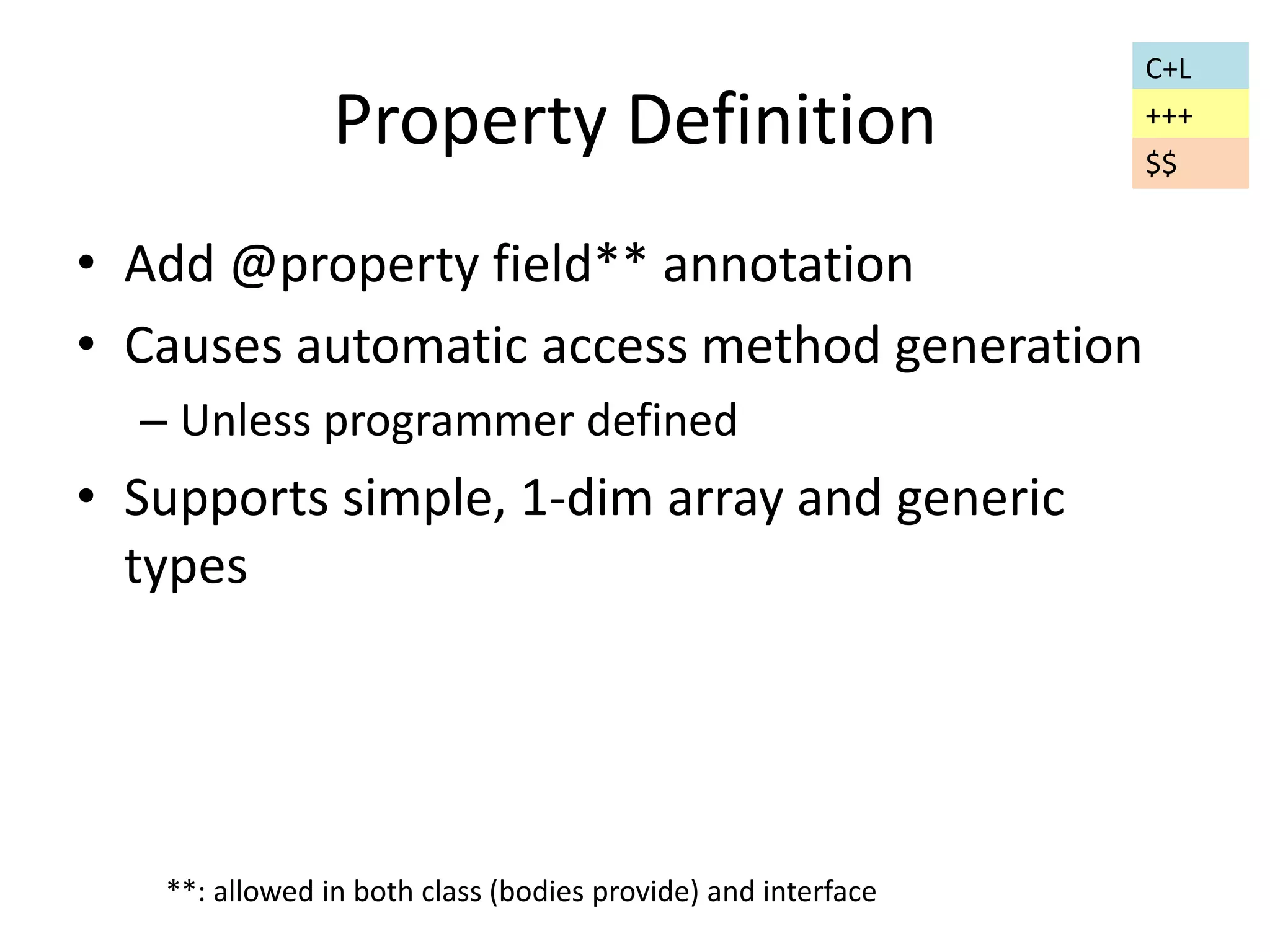
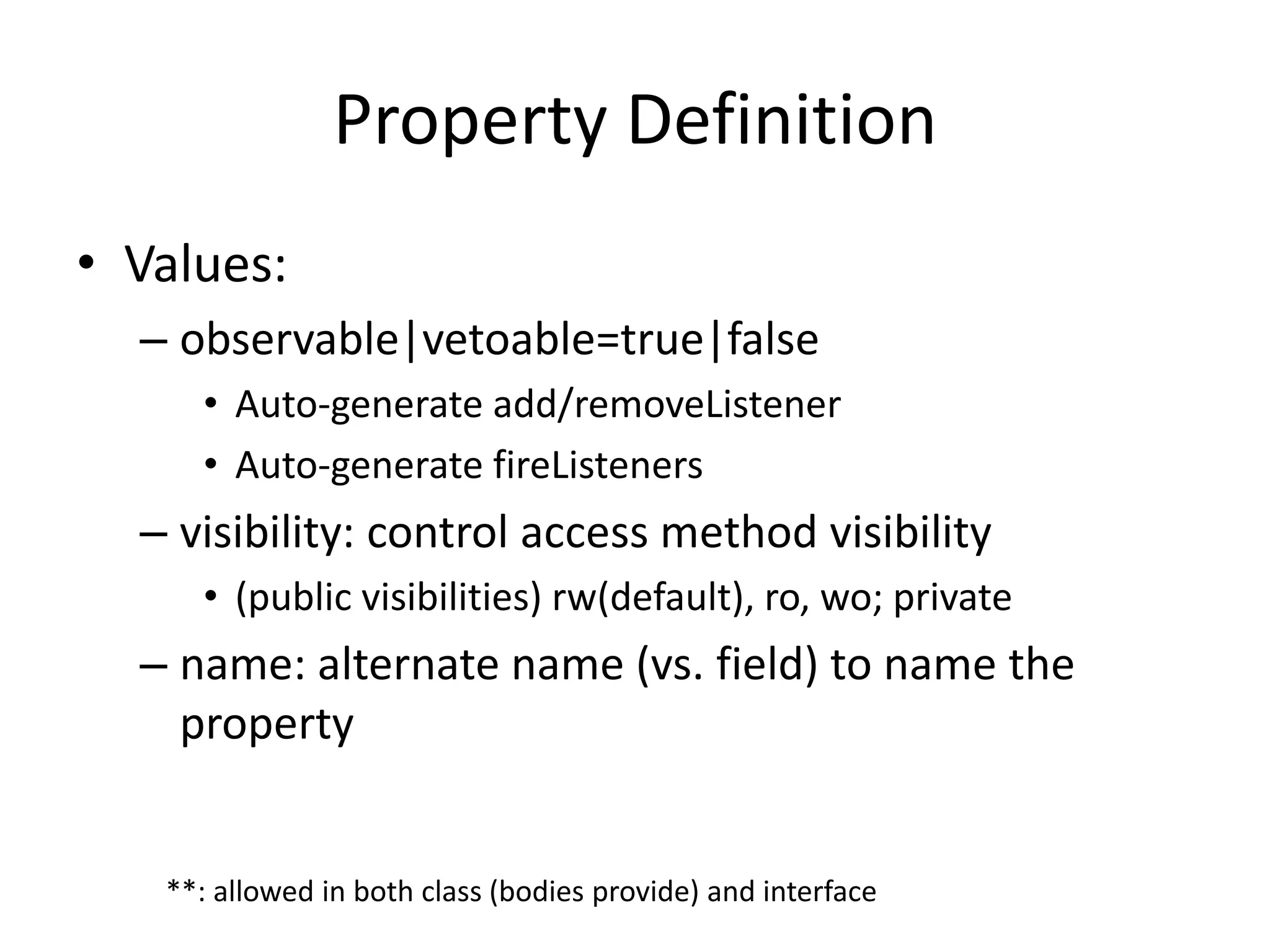
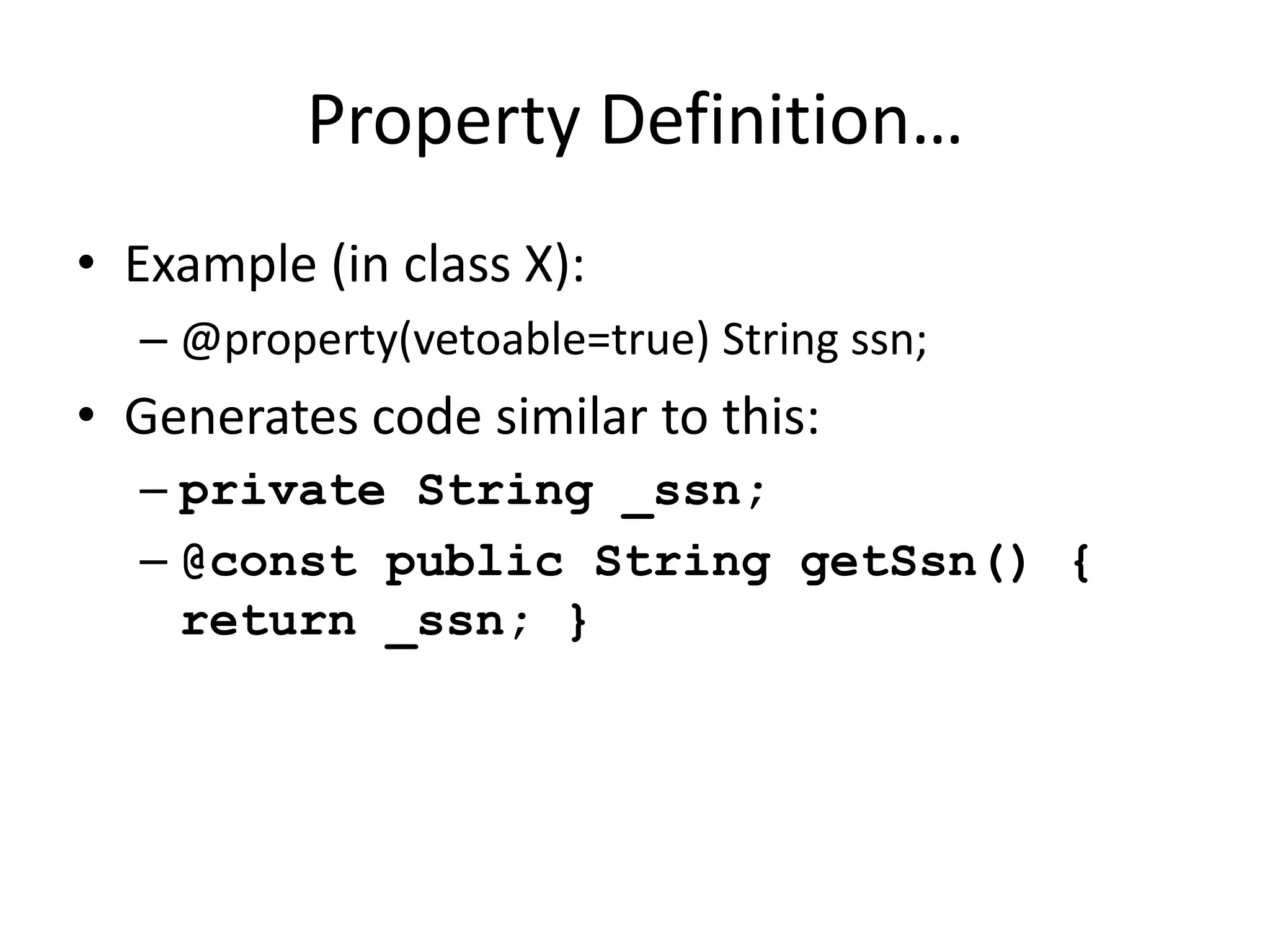
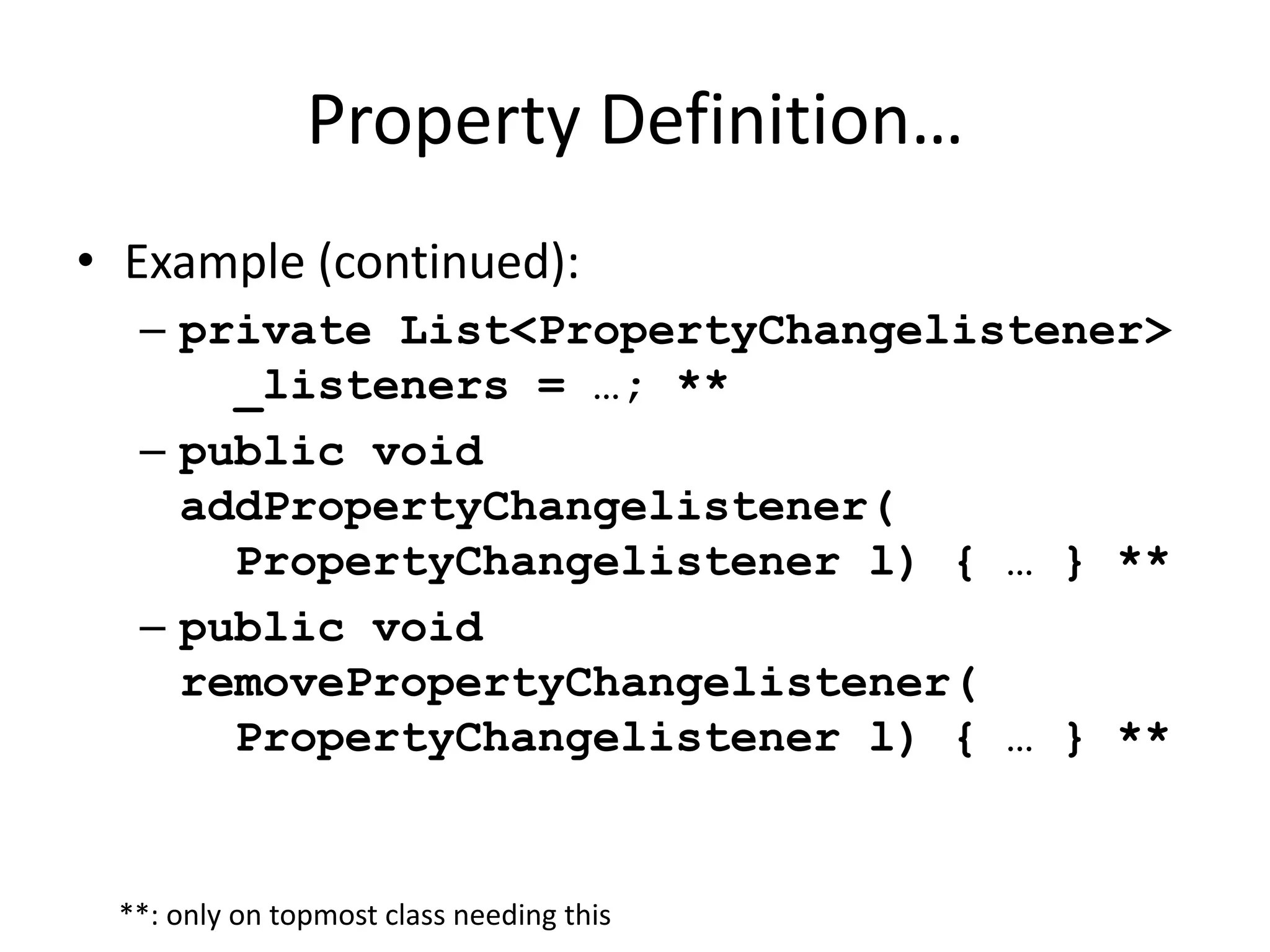
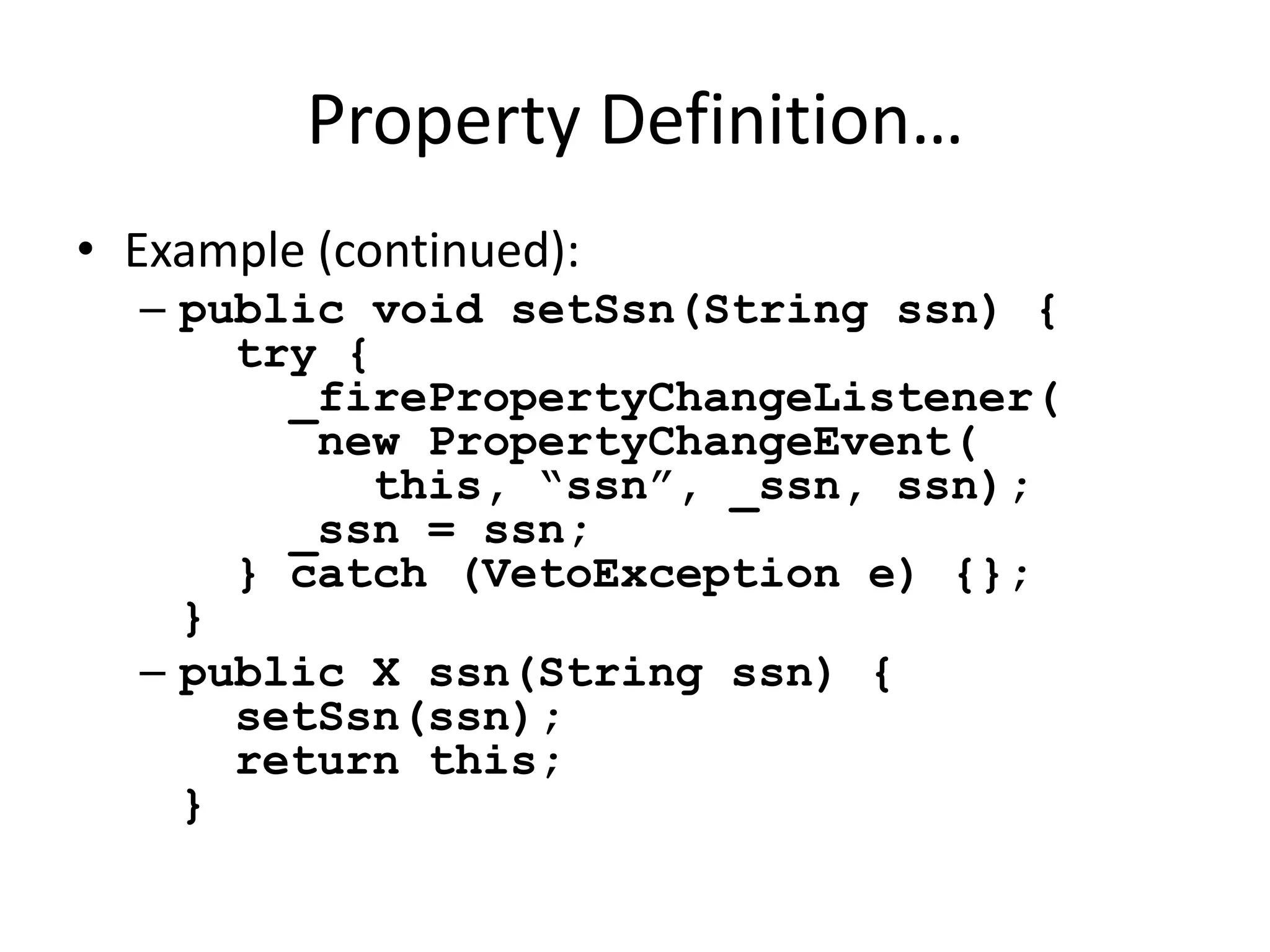
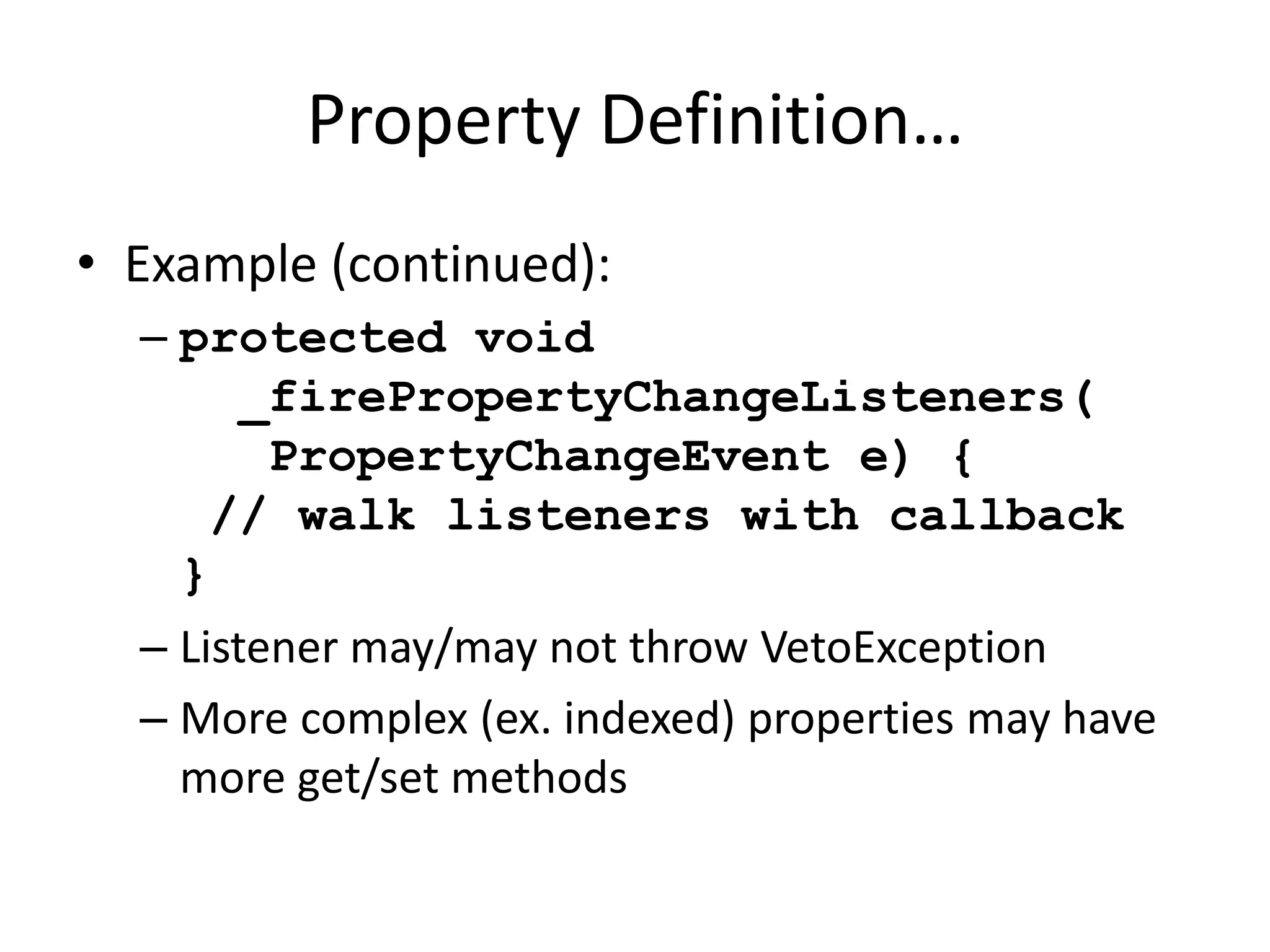
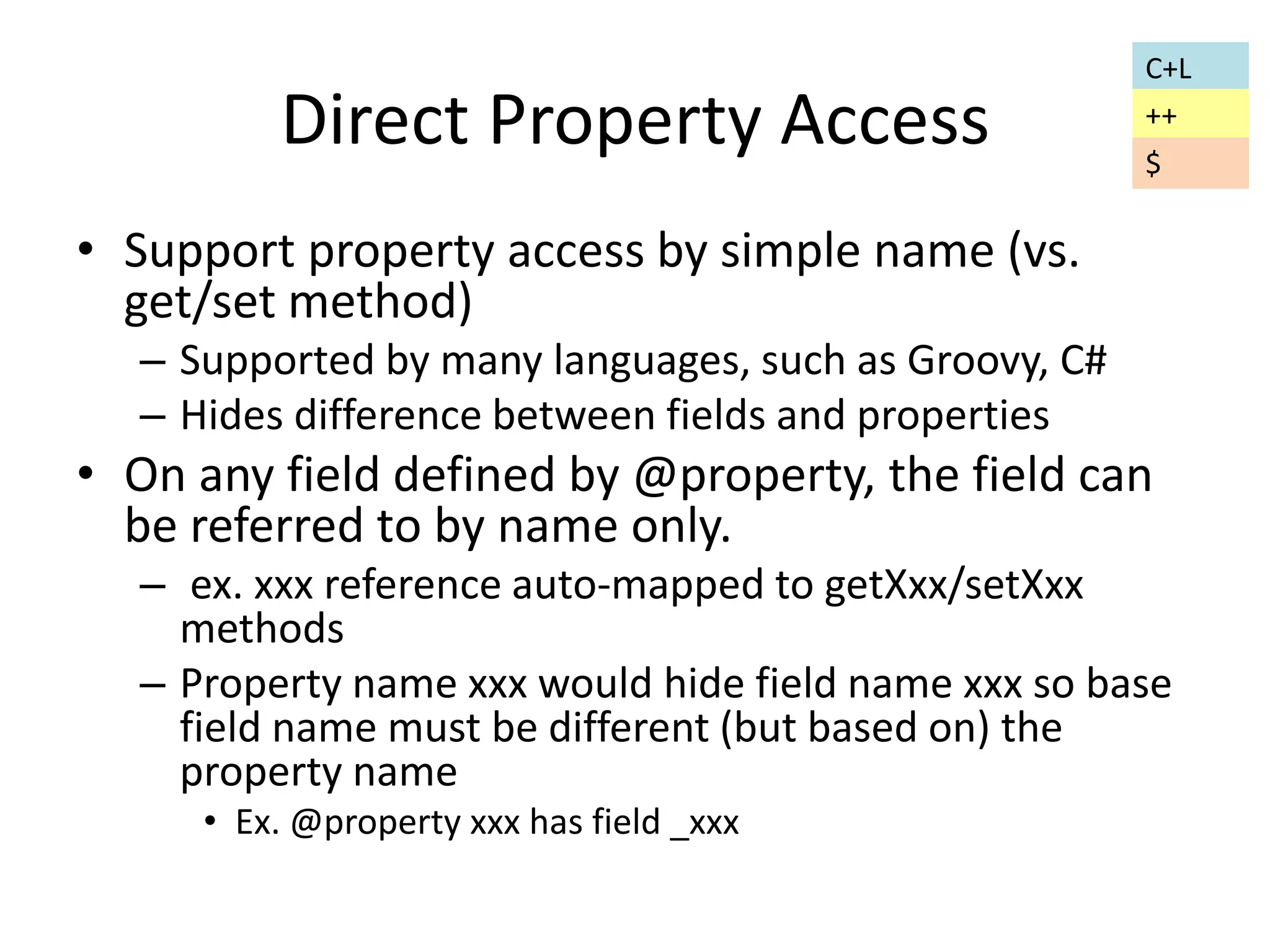
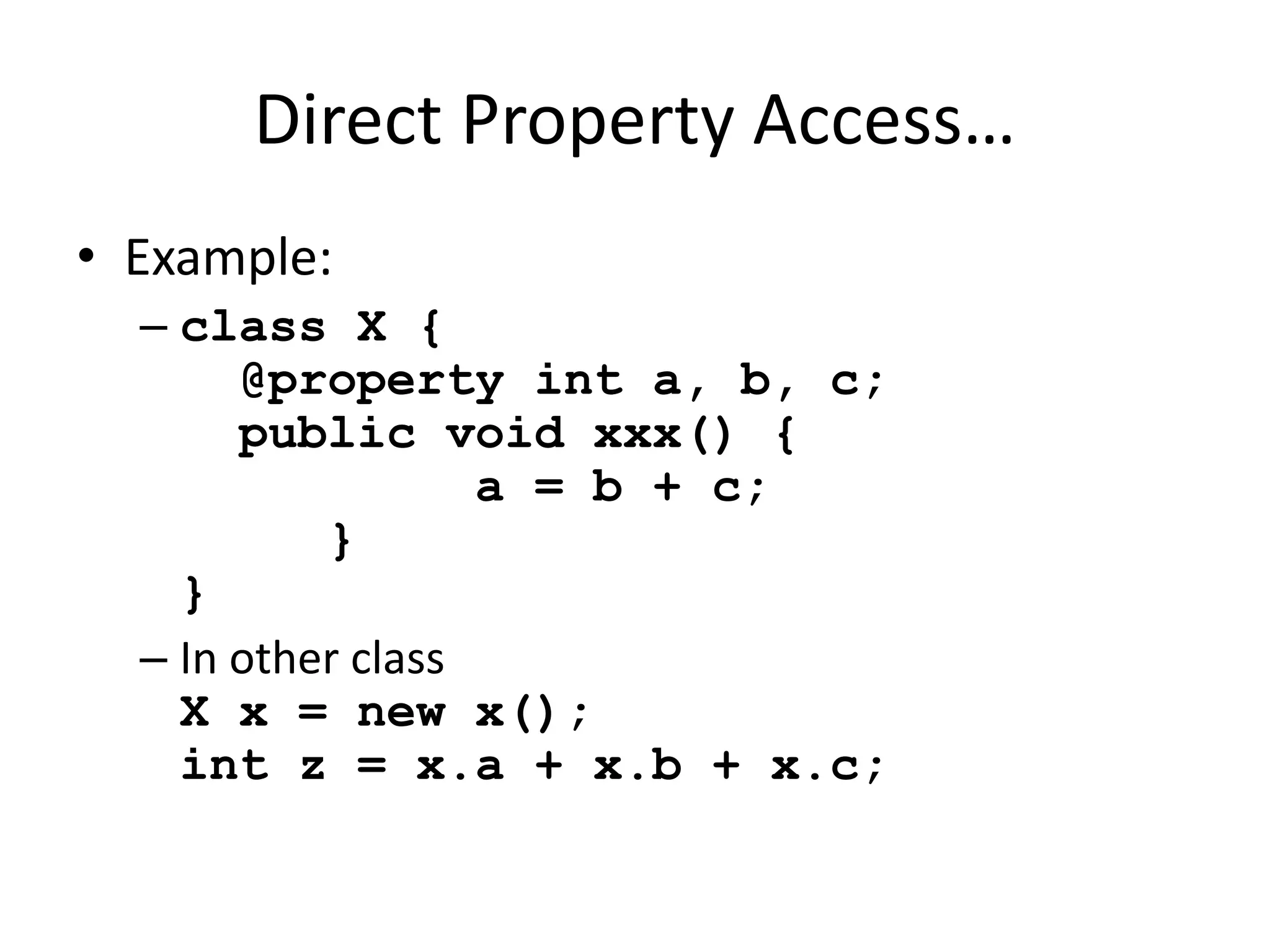
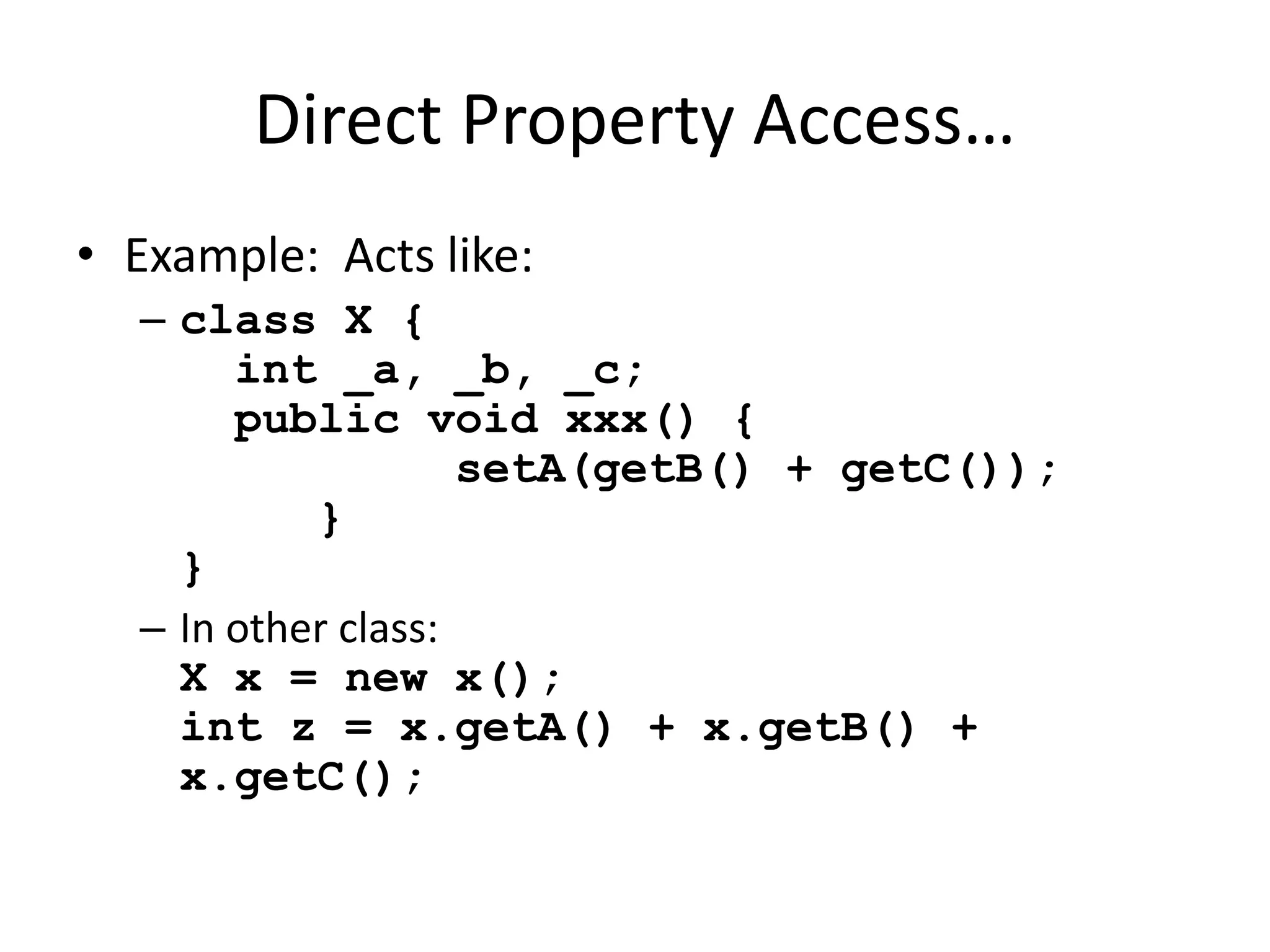
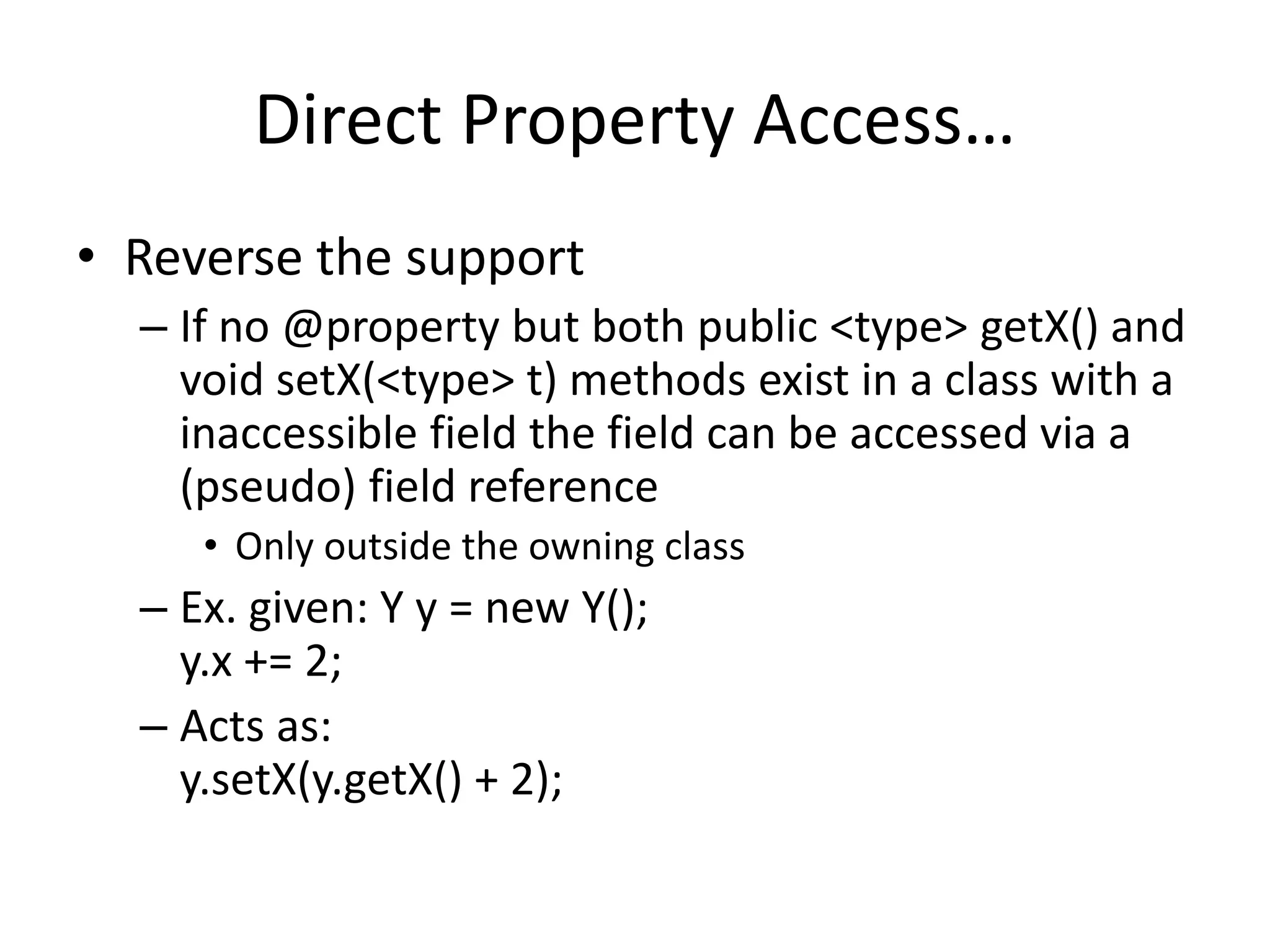
![Direct Map Key Reference
• Map types support get/put by key (ex.
map.get(“key”))
– Or with operator overloading (ex. map[“key”])
• Further simplification (pseudo fields) can be
done for String keys (ex. map.key)
– “field” name must be valid JavaId or must be
String literal
– Change any reference to a “field” on a Map
instance** to a get(“field”)/put(“field”, …)
**: unless instance type actually declares such a field/property
C
++
$](https://image.slidesharecdn.com/potentialjavajsritems-141021122623-conversion-gate02/75/Proposals-for-new-function-in-Java-SE-9-and-beyond-301-2048.jpg)
![Direct Map Key Reference…
– Example:
• Given:
Map<String, String> map = …;
• Then:
map.name = map.first + ‘ ‘ + map.last;
• Equivalent:
map.put(“name”, map.get(“first”) + ‘ ‘ +
map.get(“last”));
• Also:
map.”has n blank”r = “new”;
• Complex expressions must use [ … ]:
map[map.first + ‘ ‘ + map.last] = “new”;](https://image.slidesharecdn.com/potentialjavajsritems-141021122623-conversion-gate02/75/Proposals-for-new-function-in-Java-SE-9-and-beyond-302-2048.jpg)
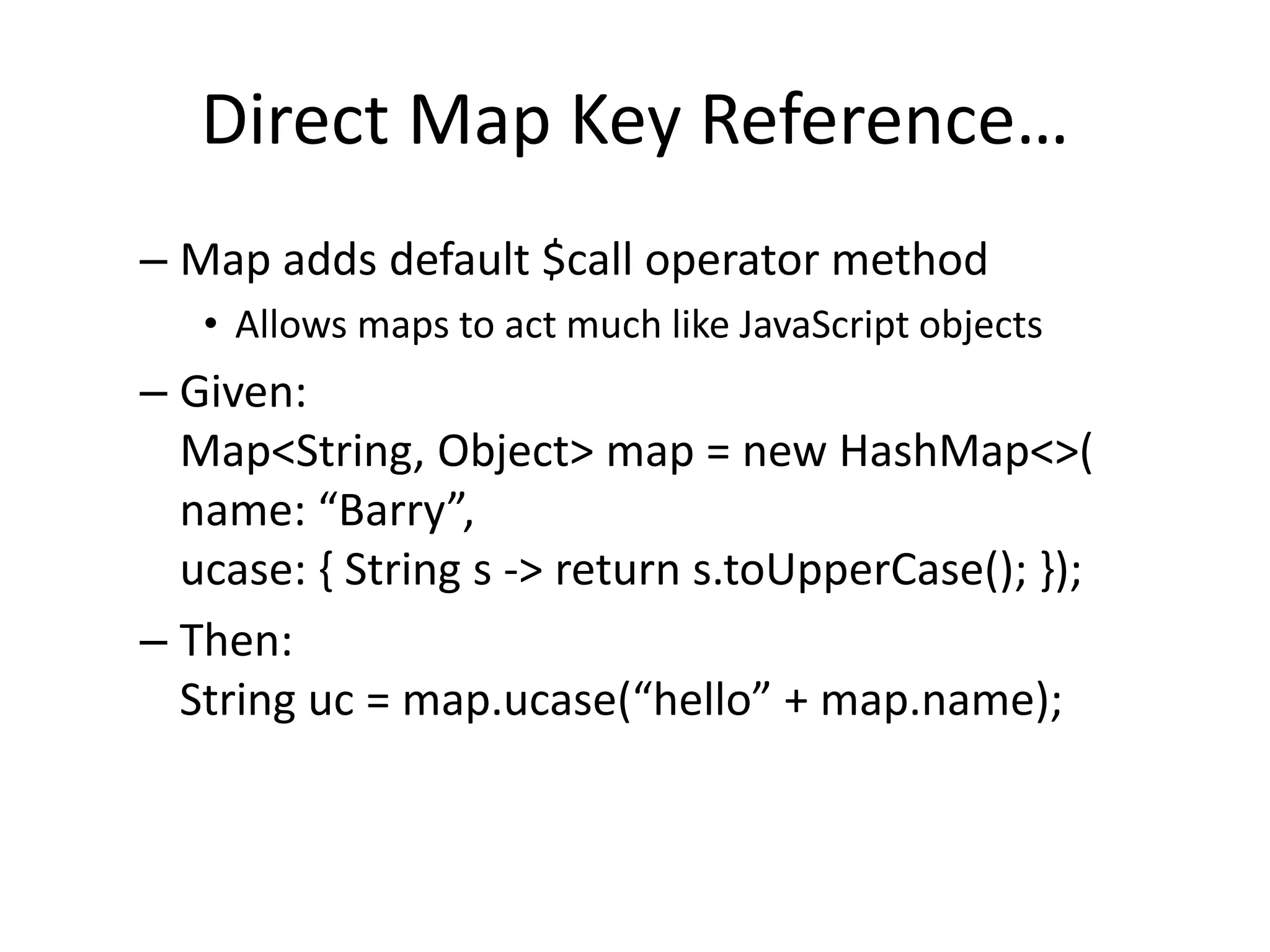
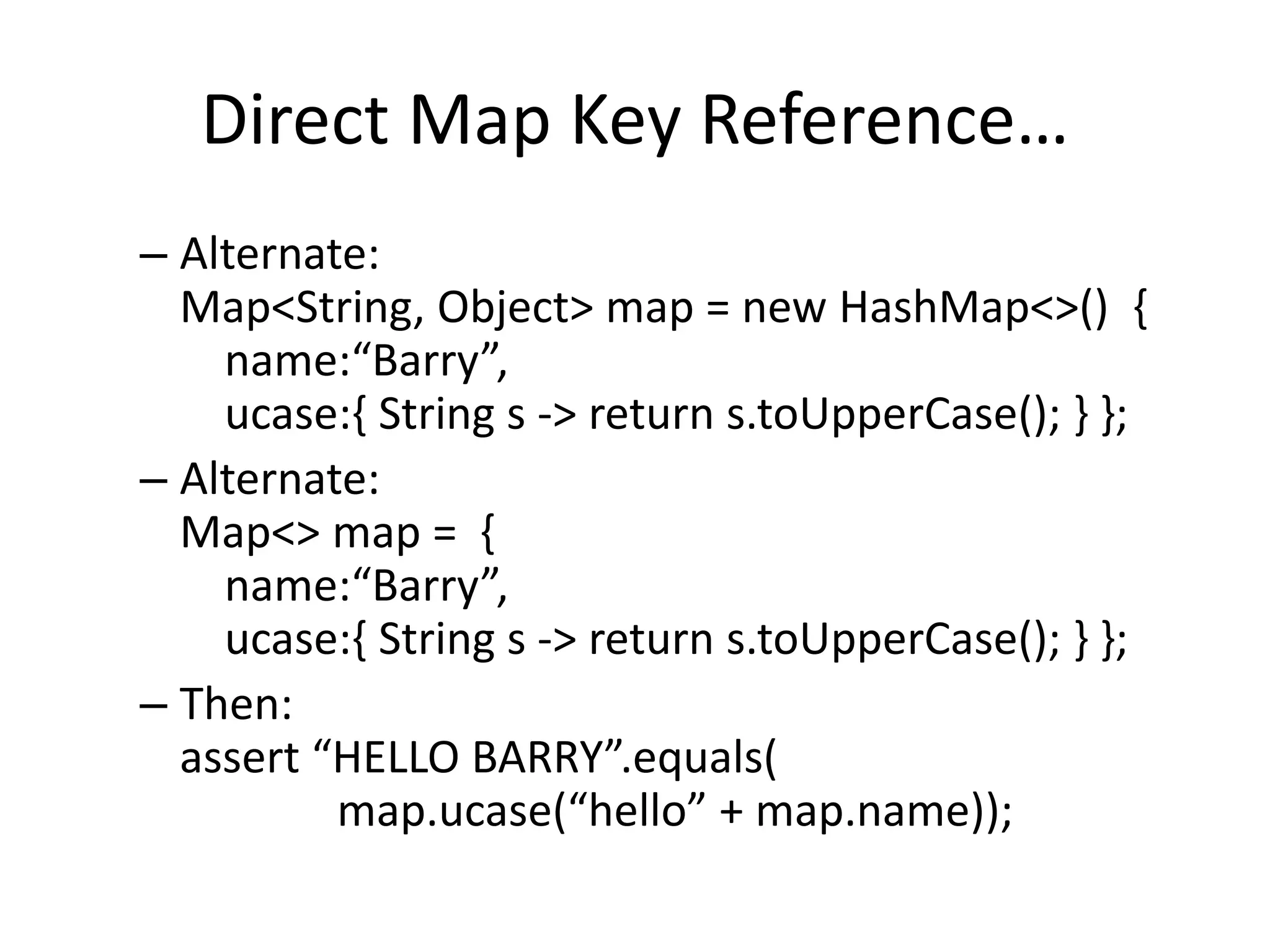
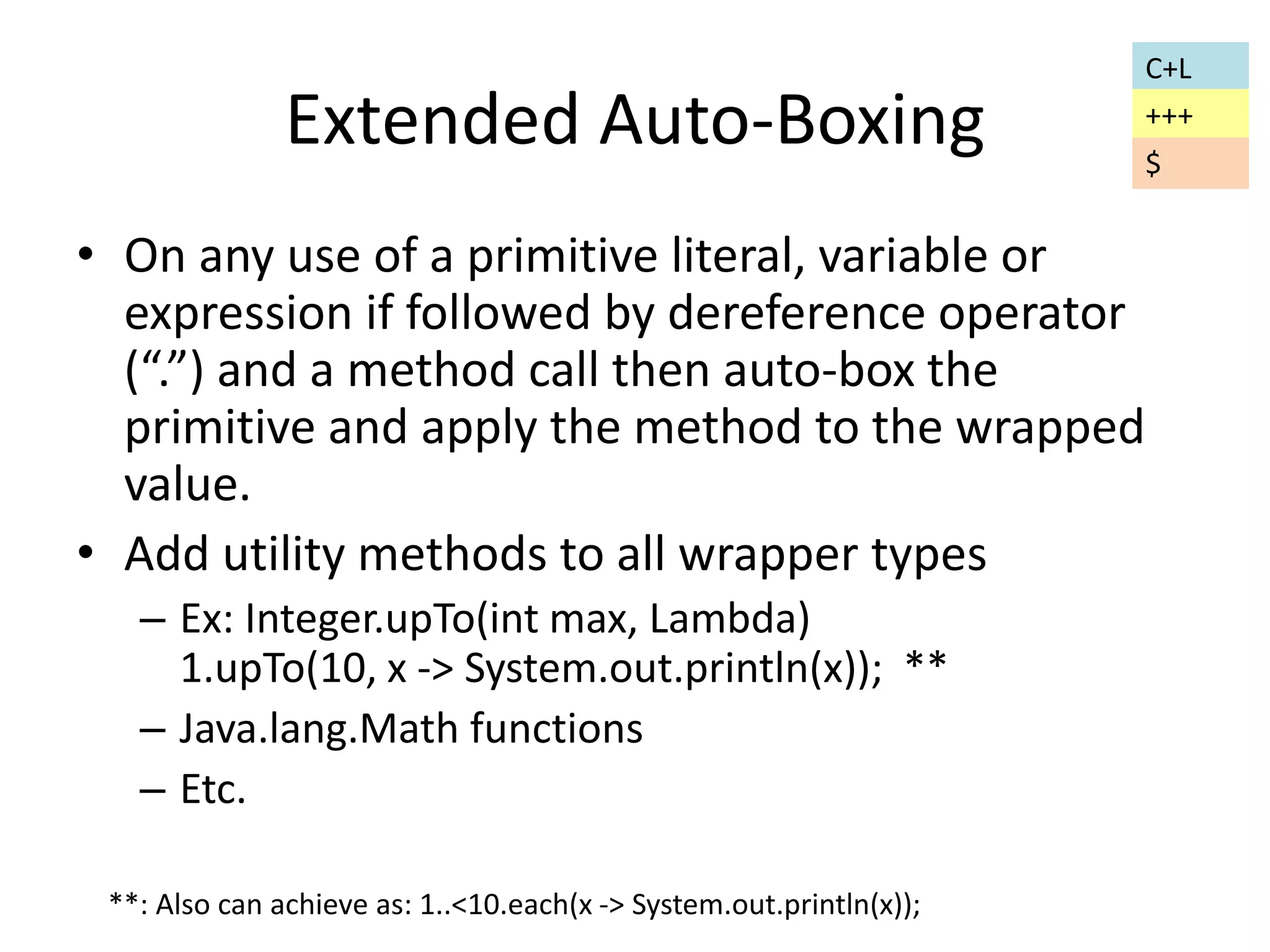
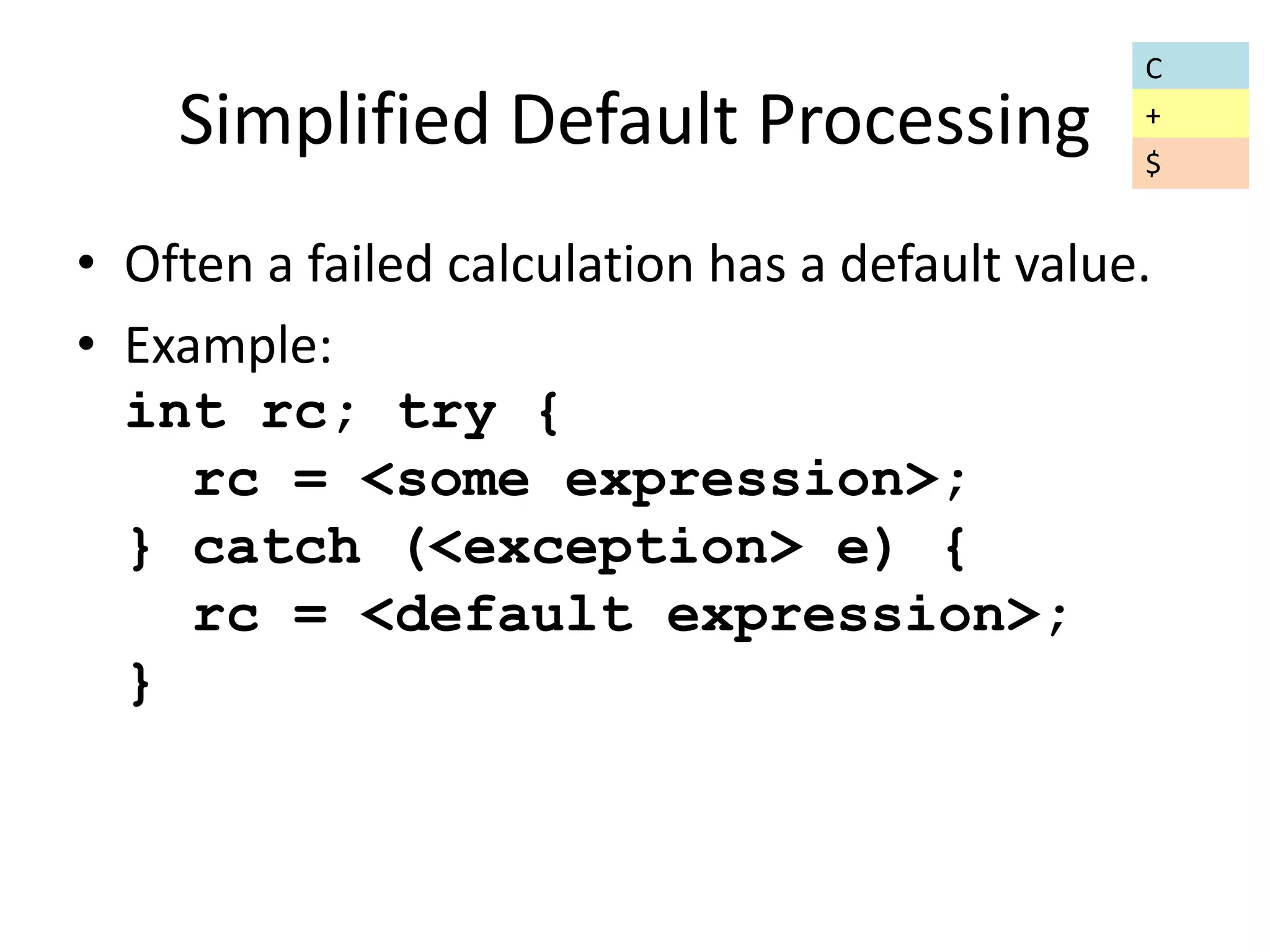
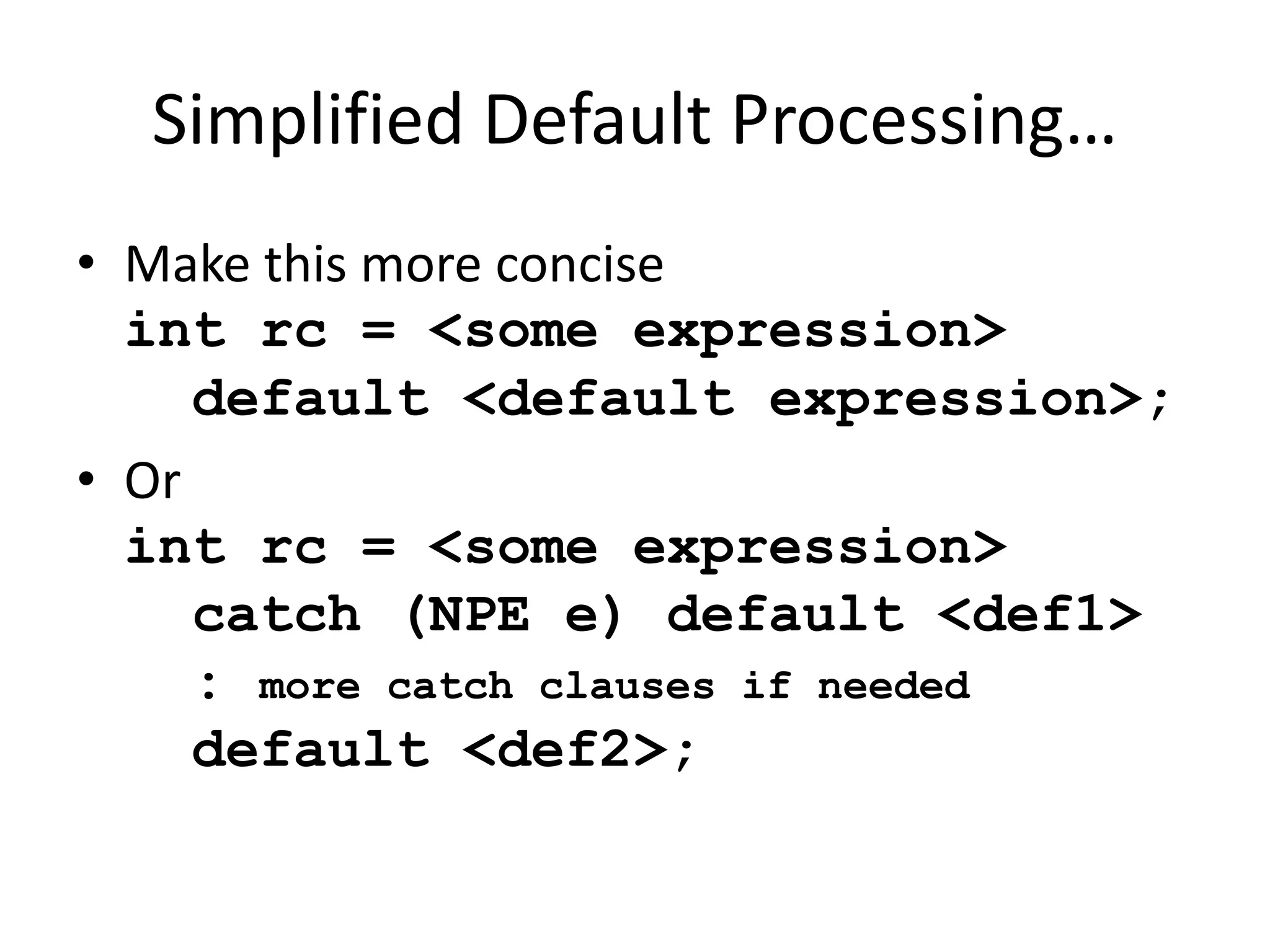
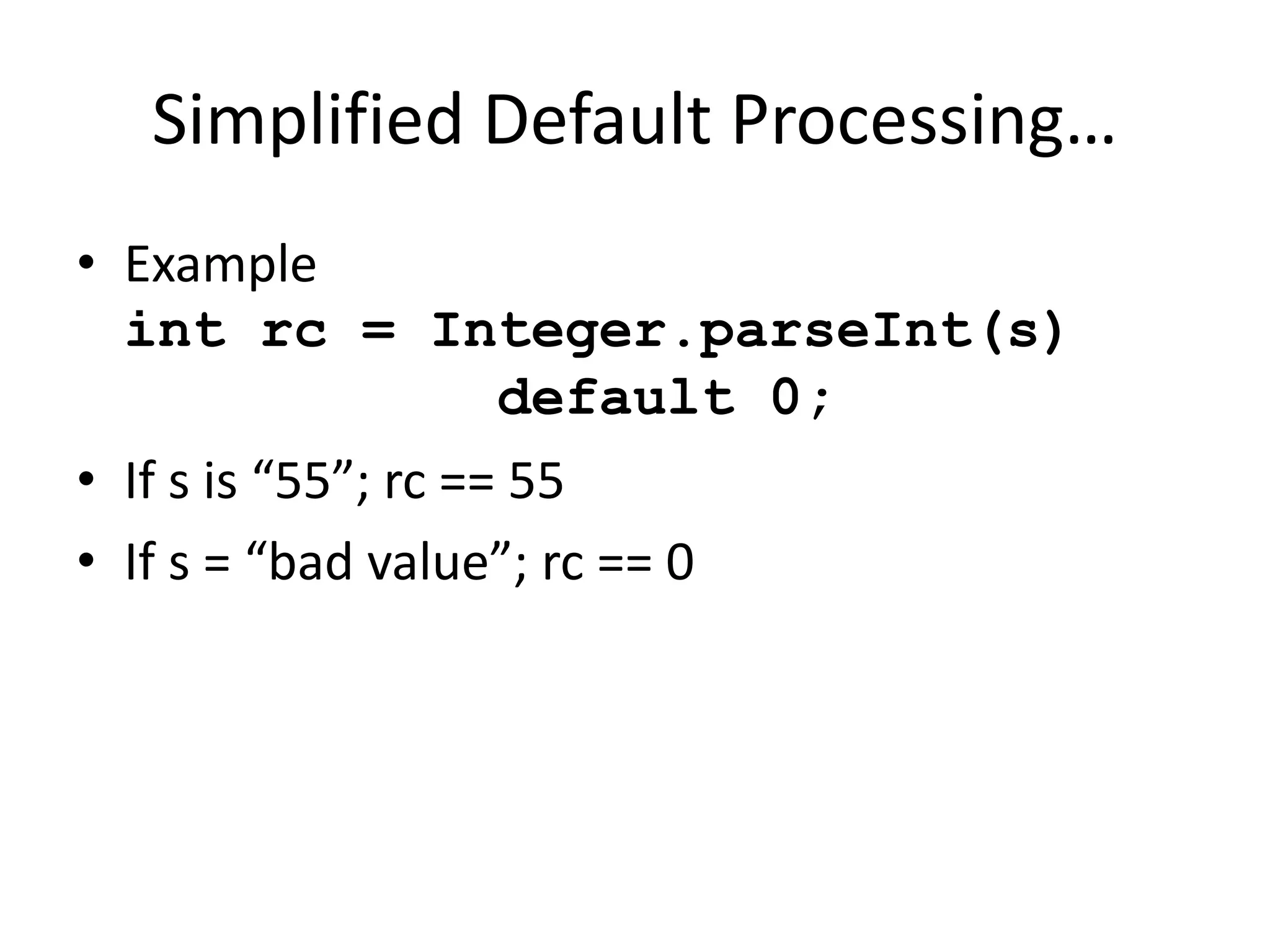
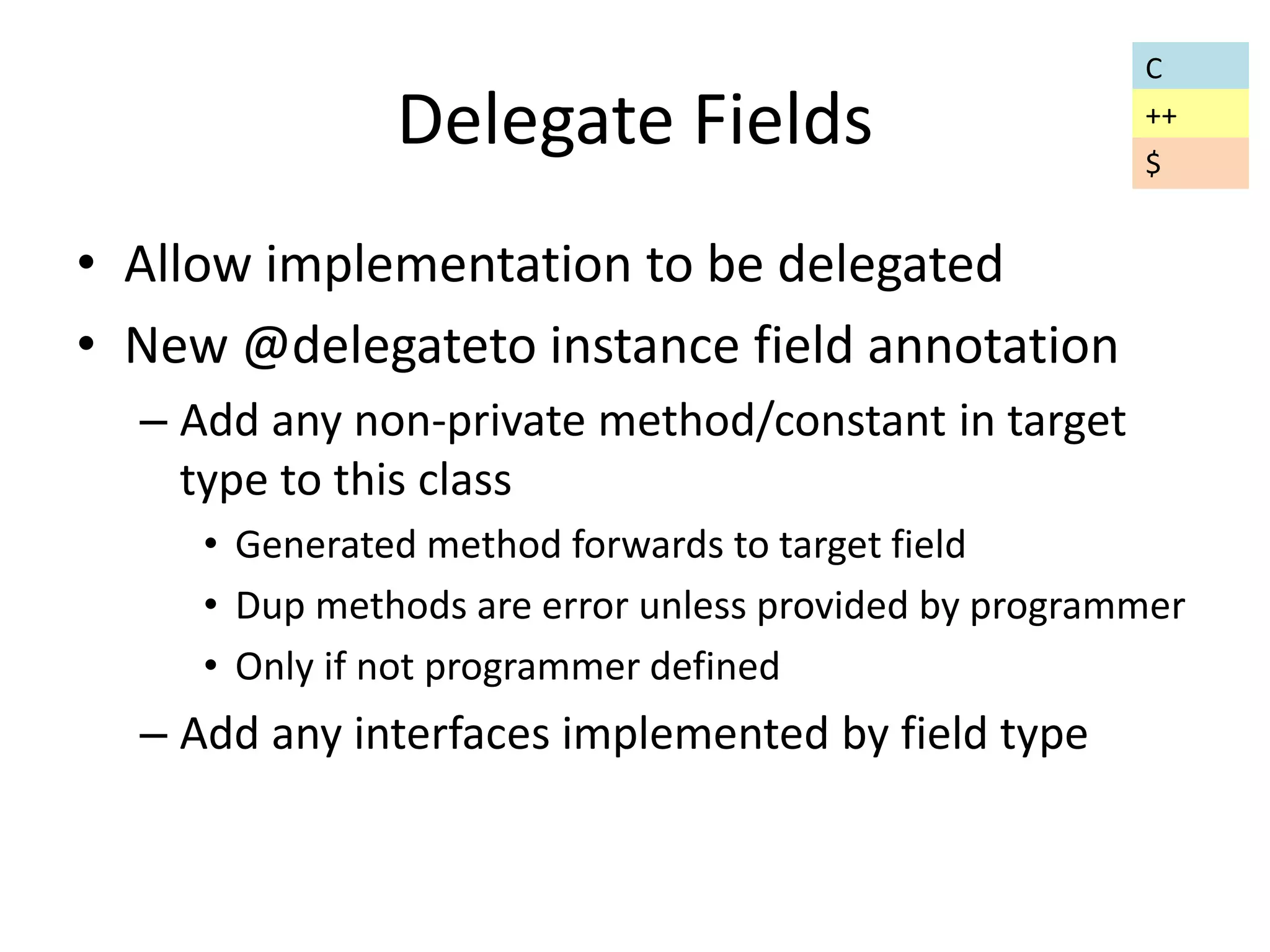
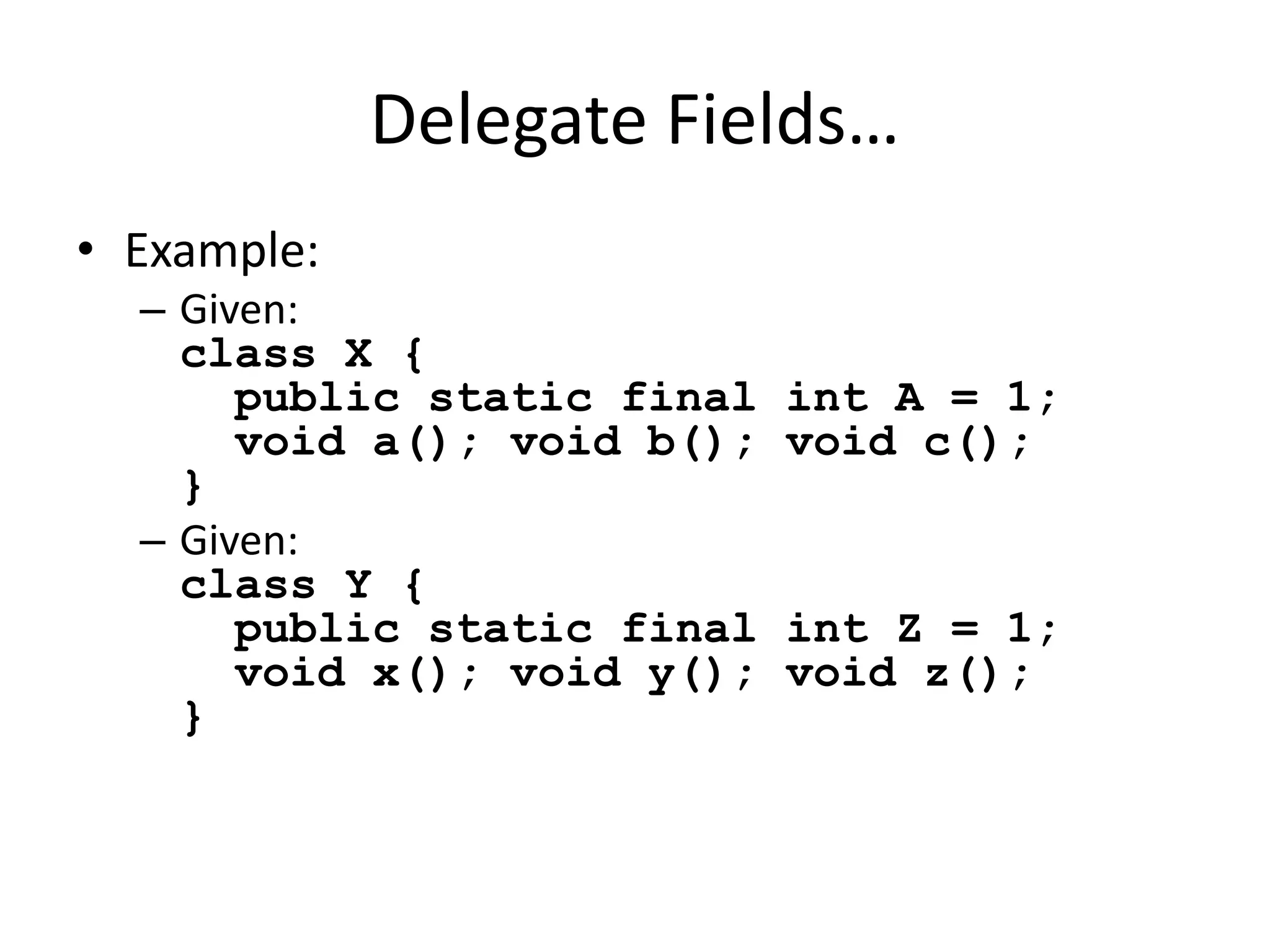
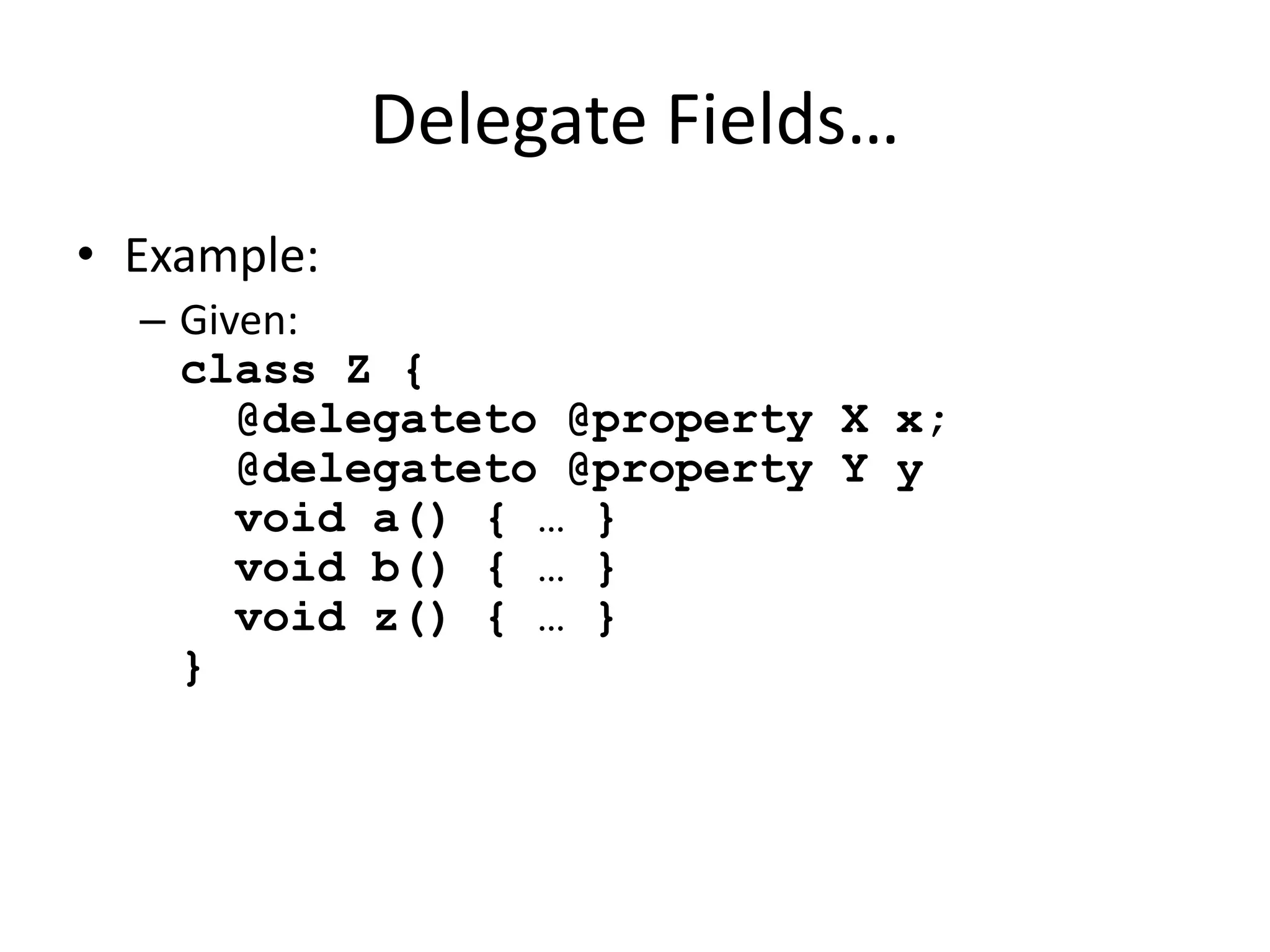
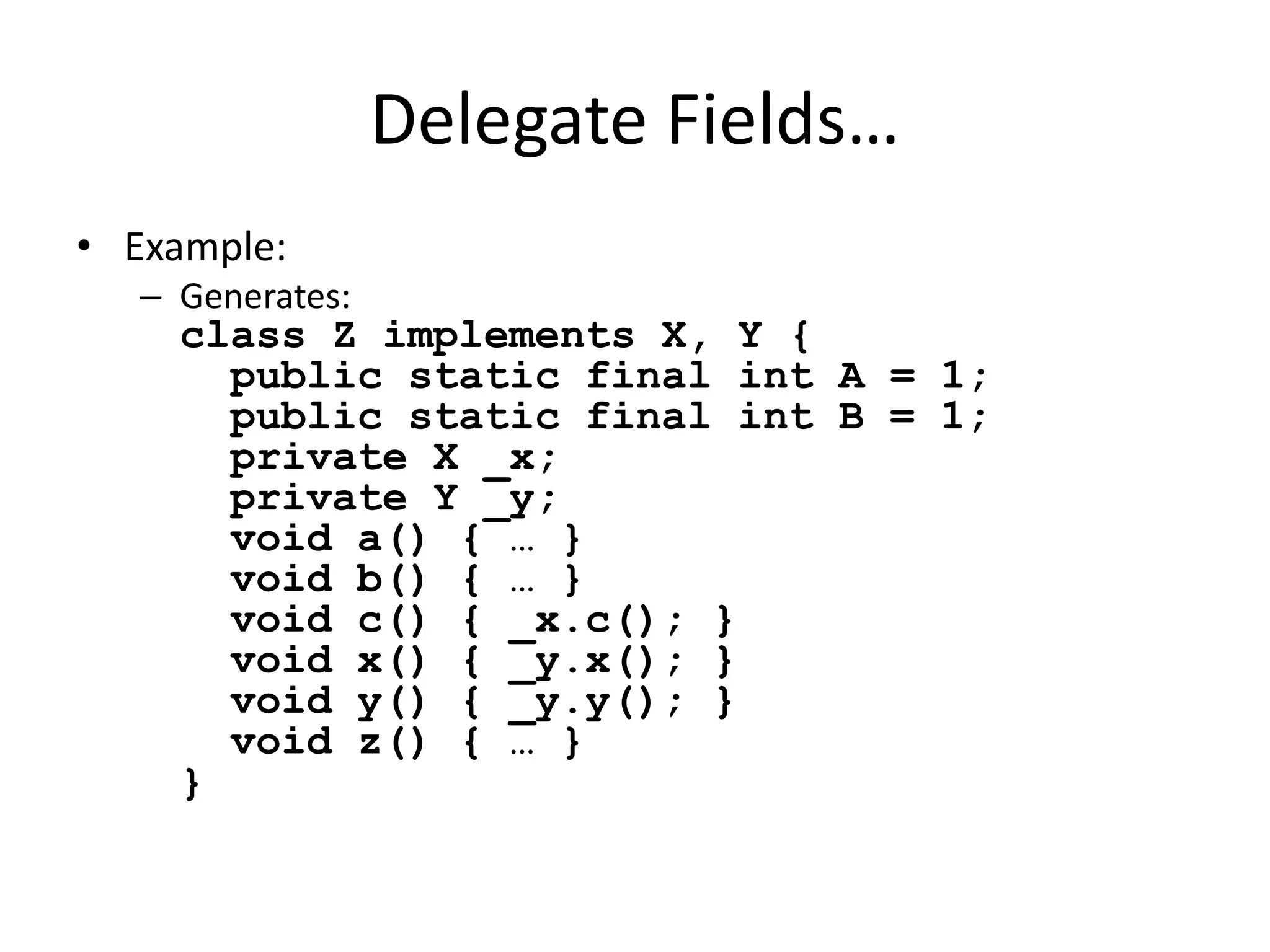
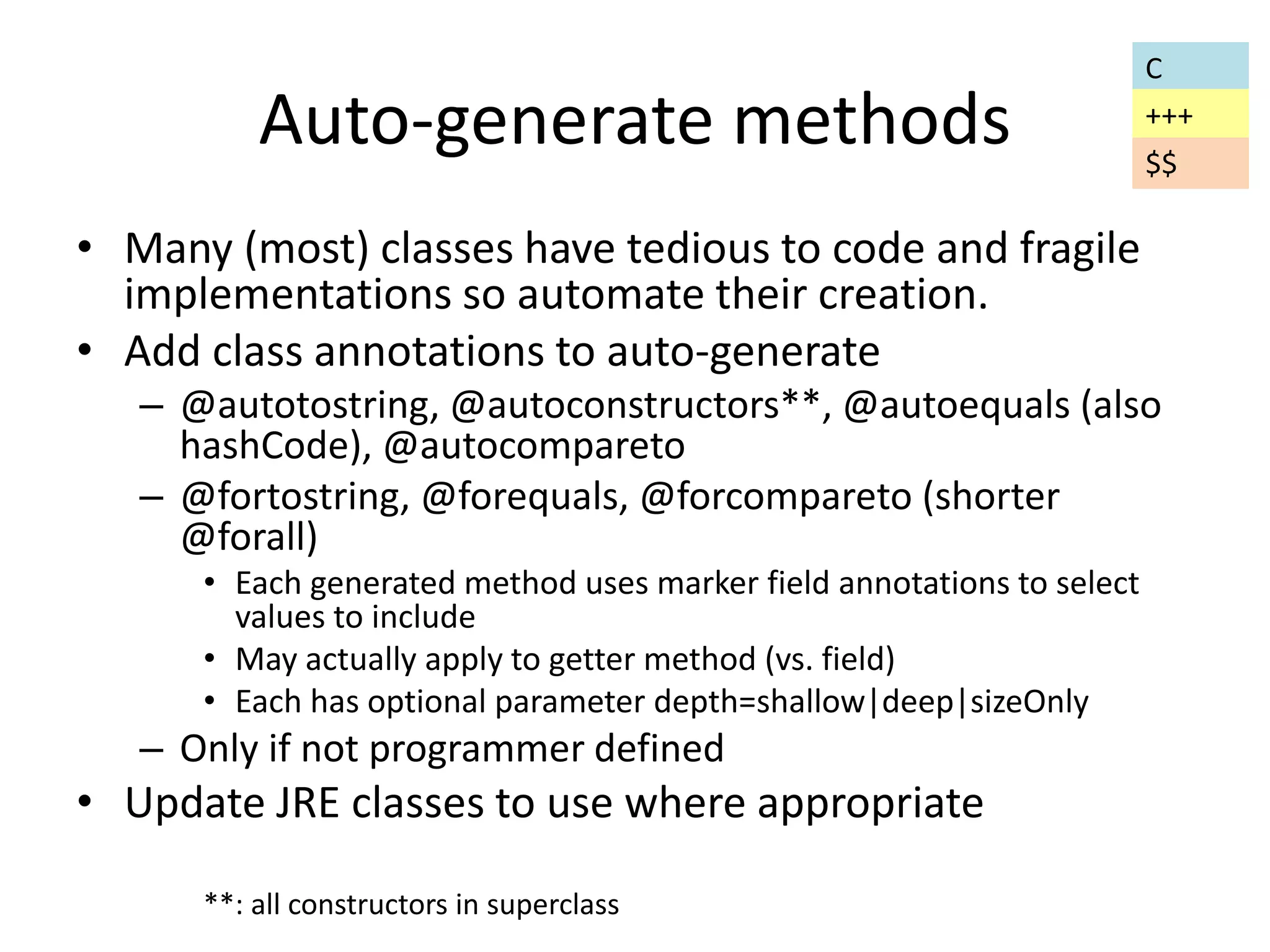
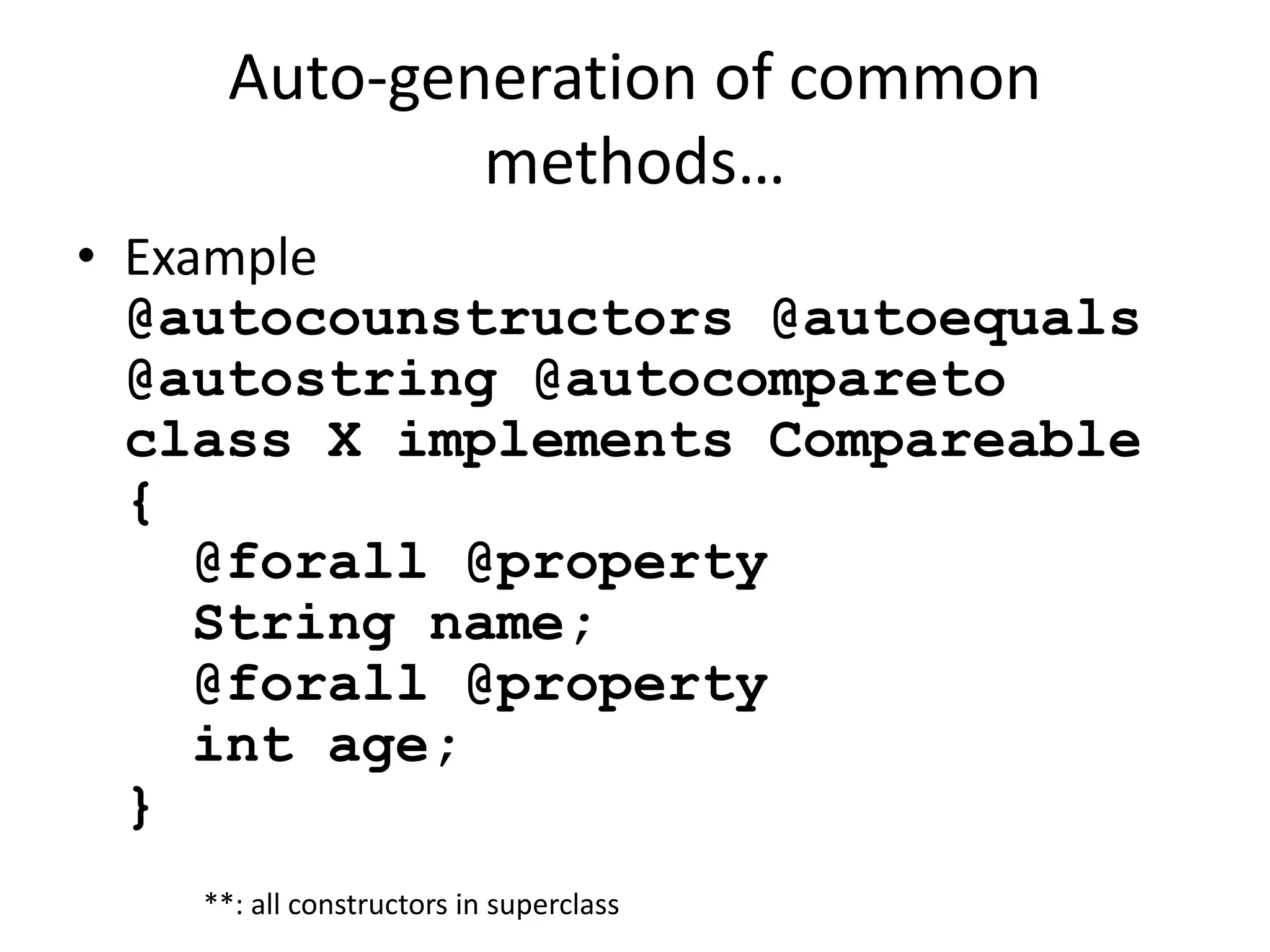
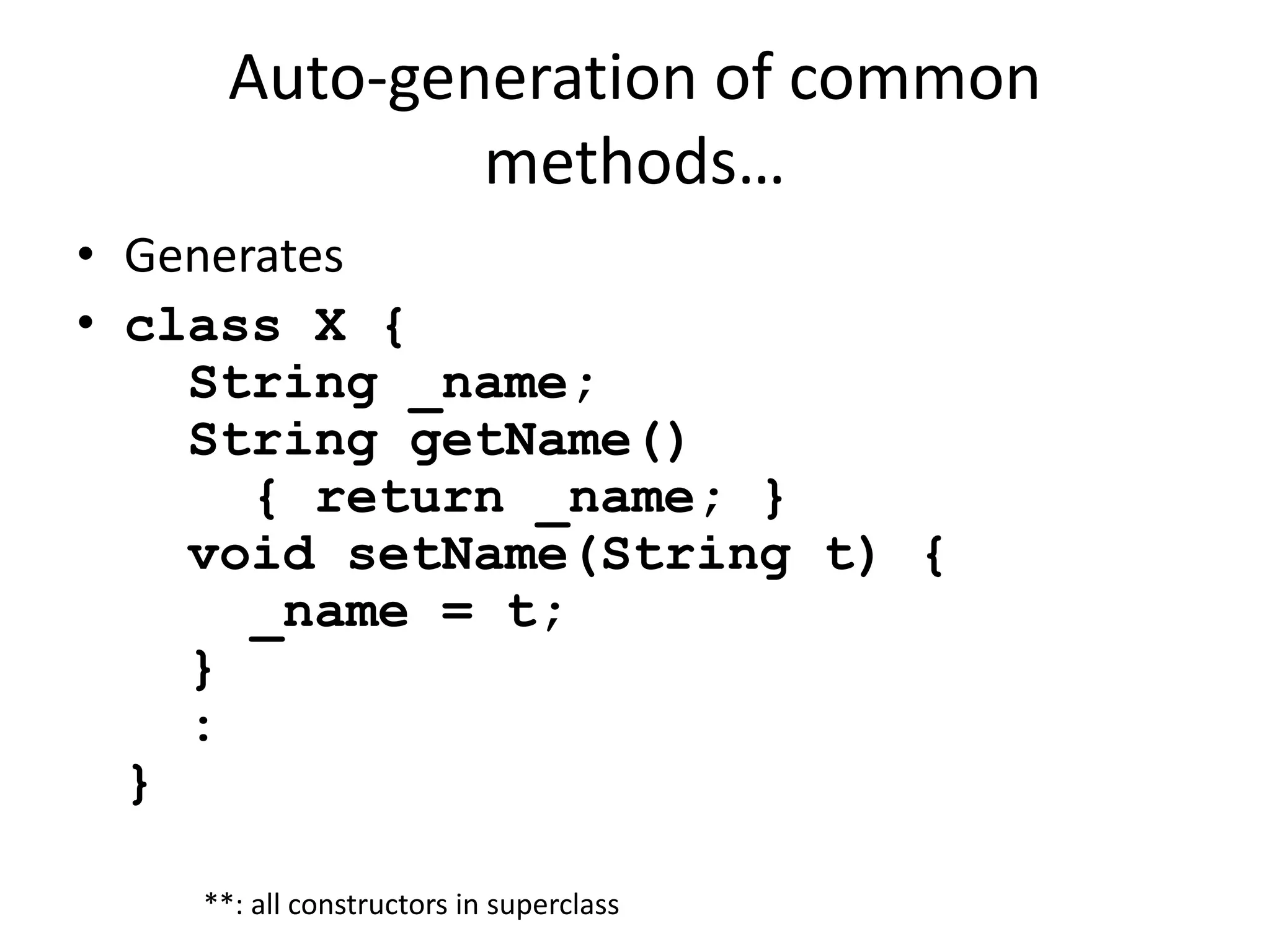
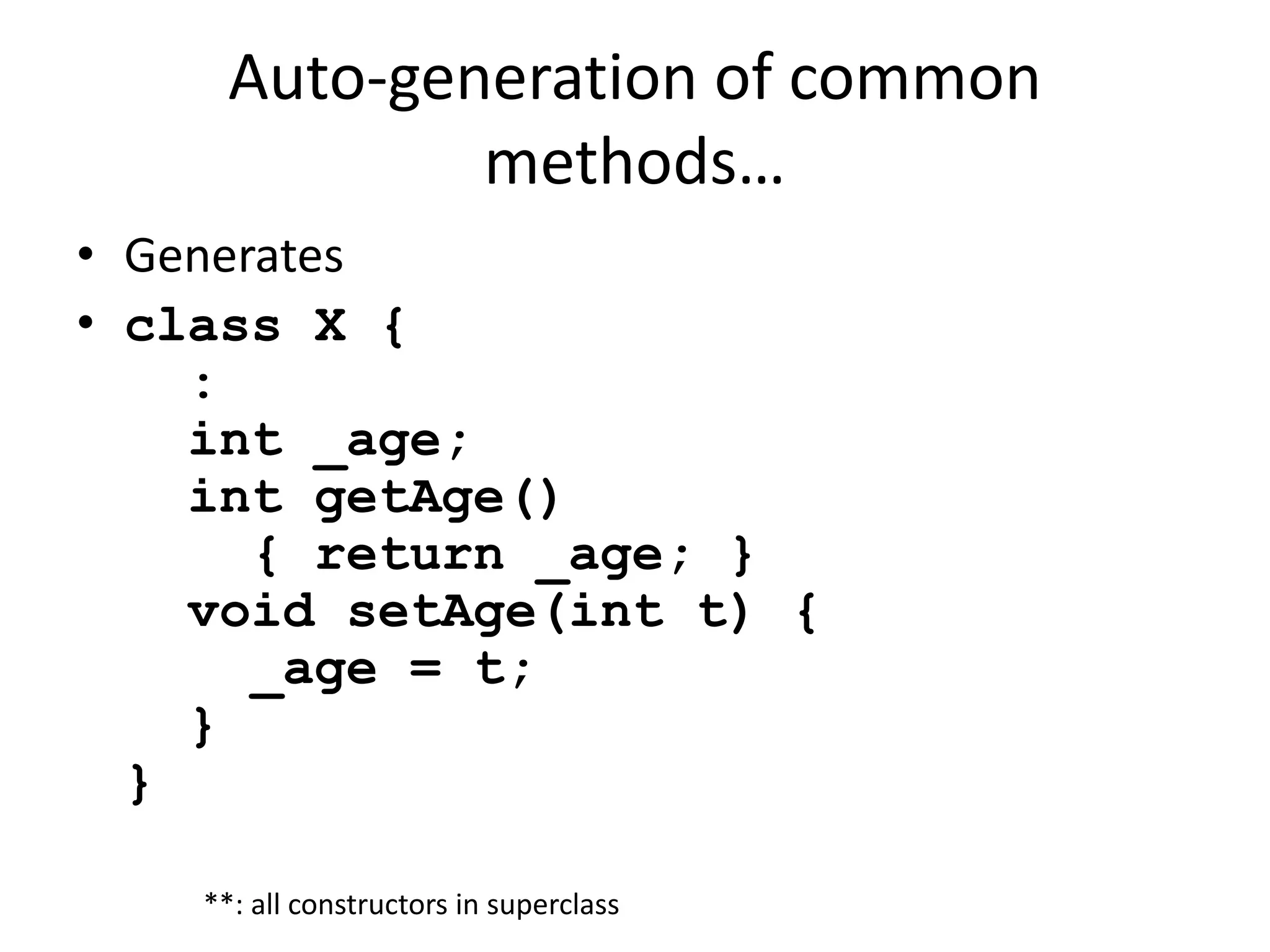
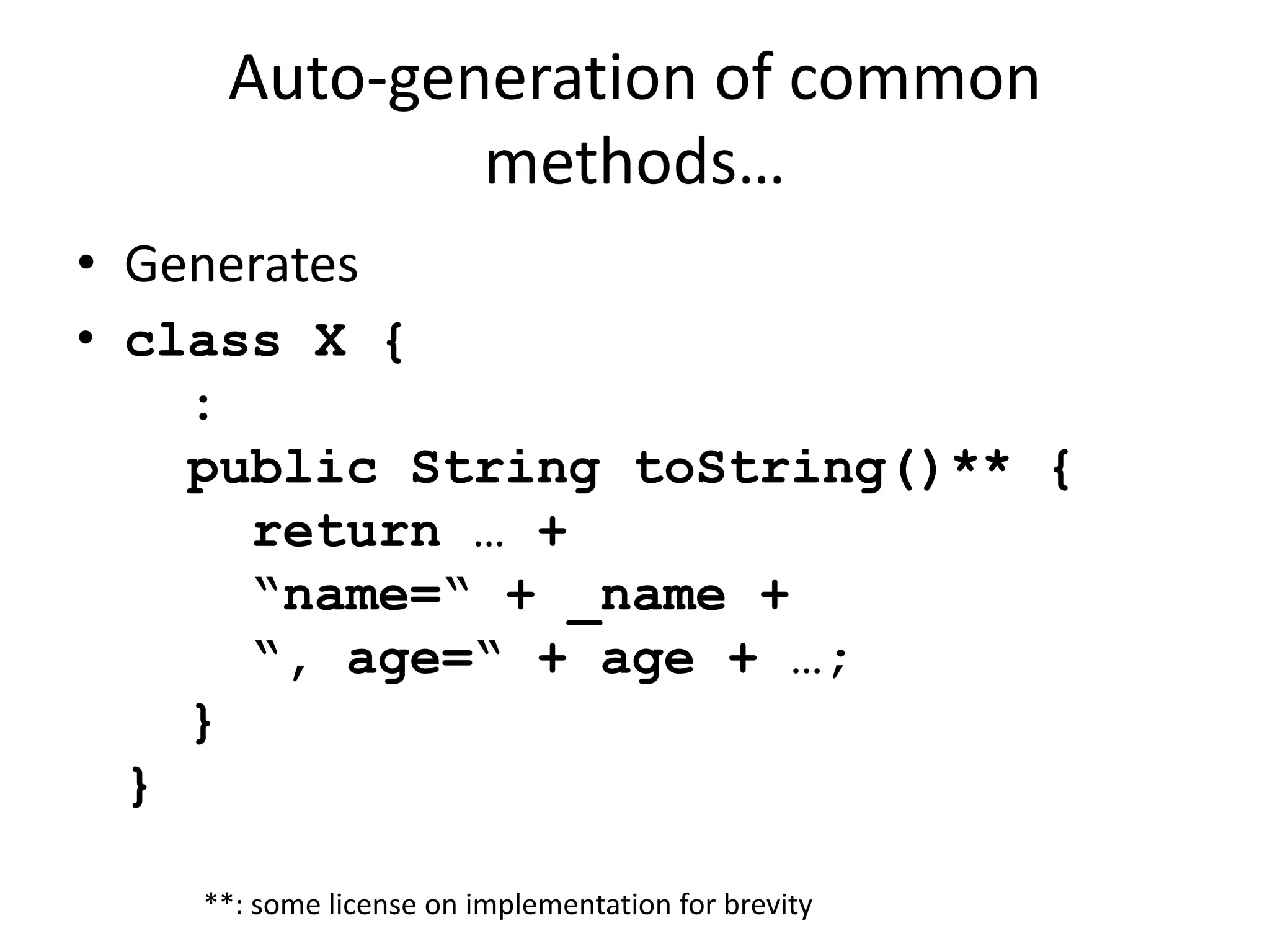
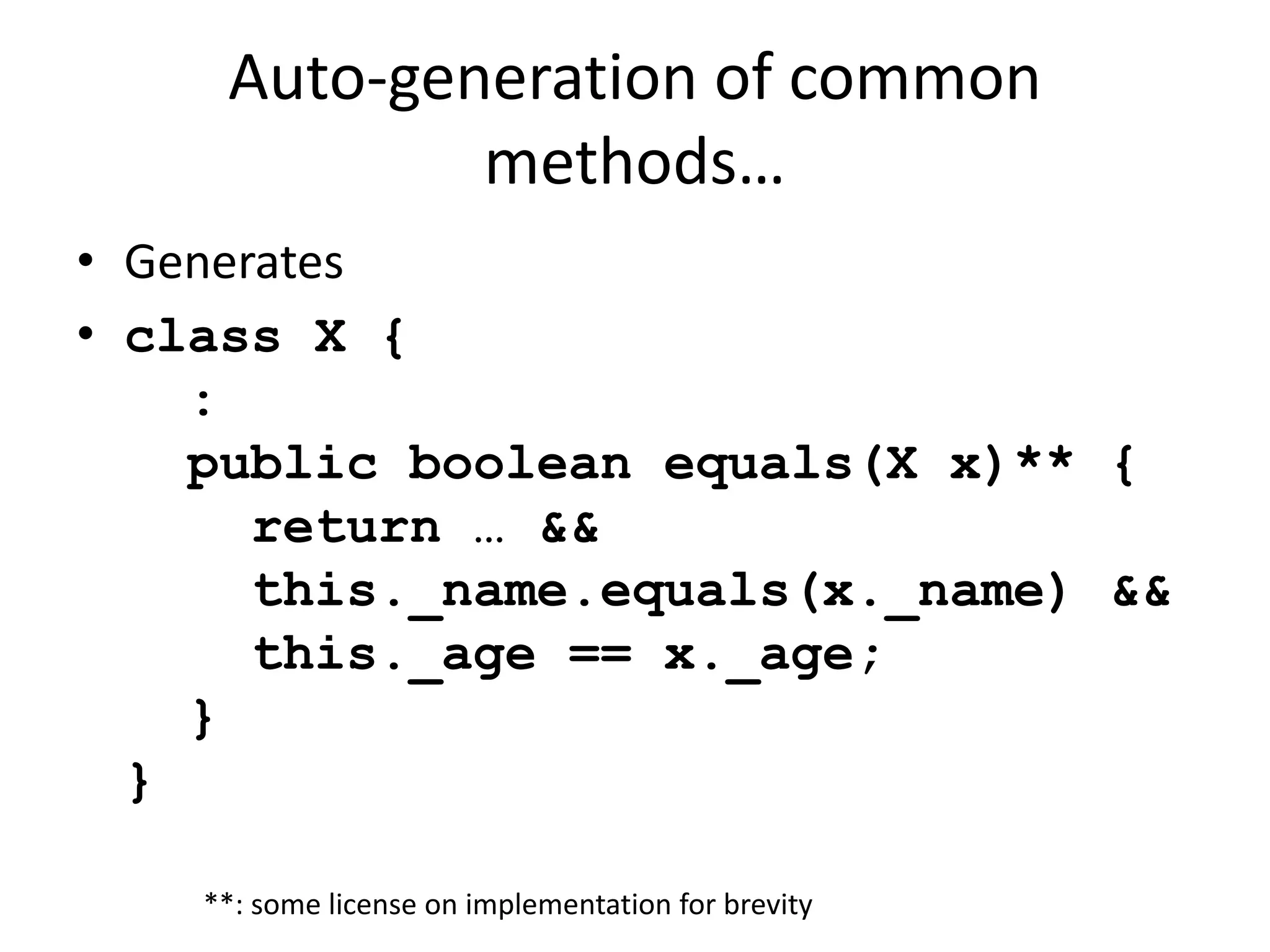
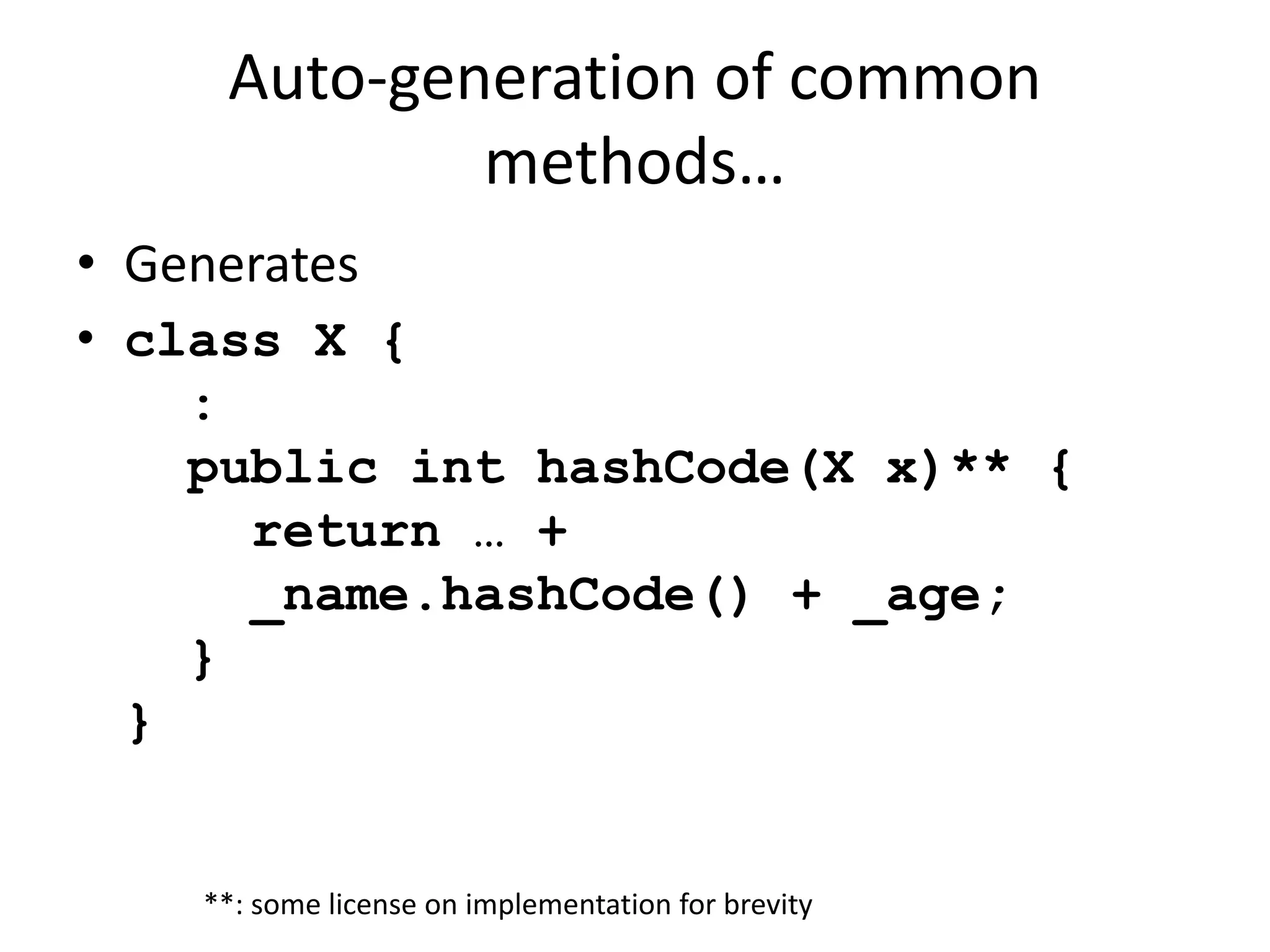
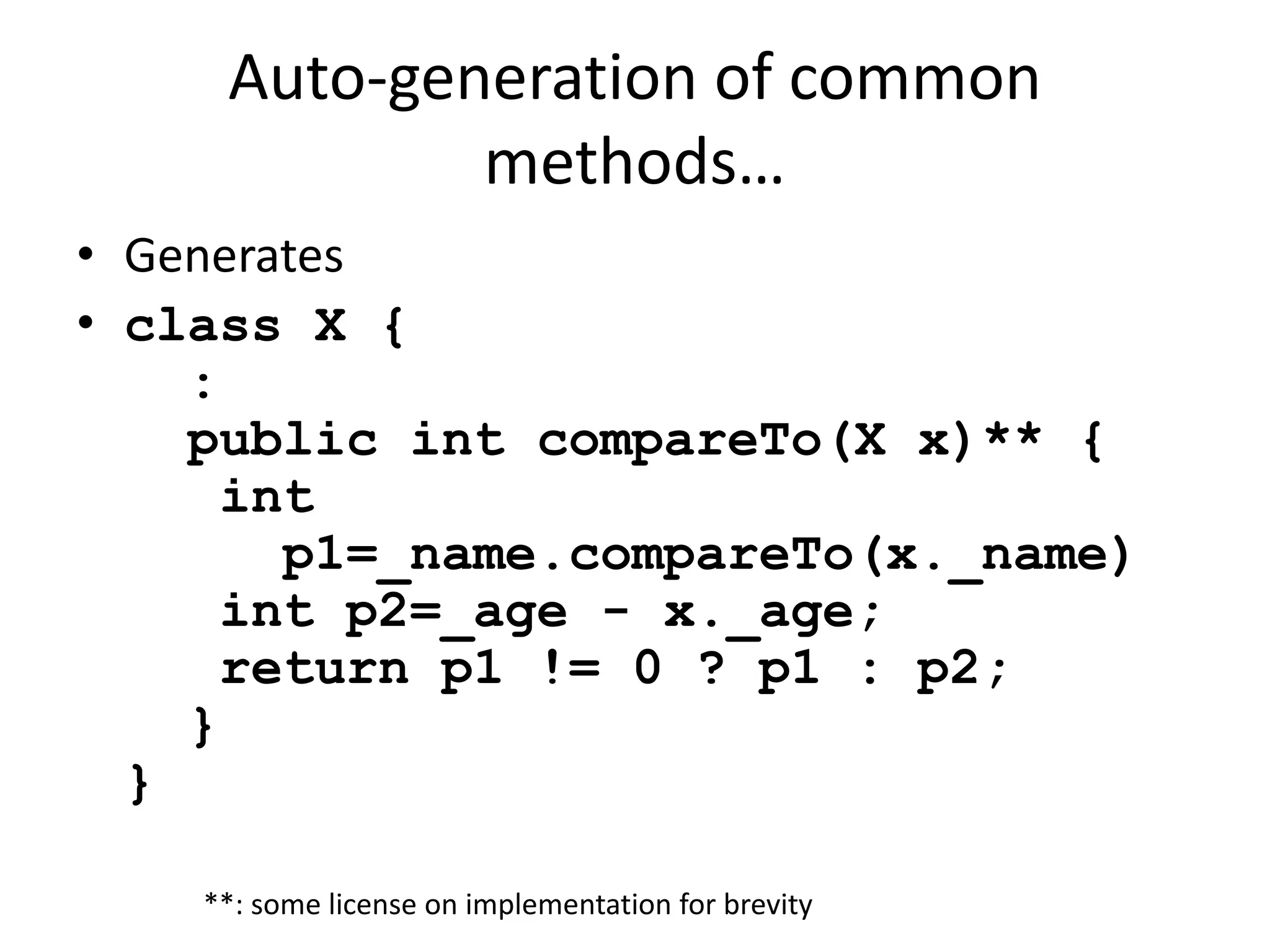
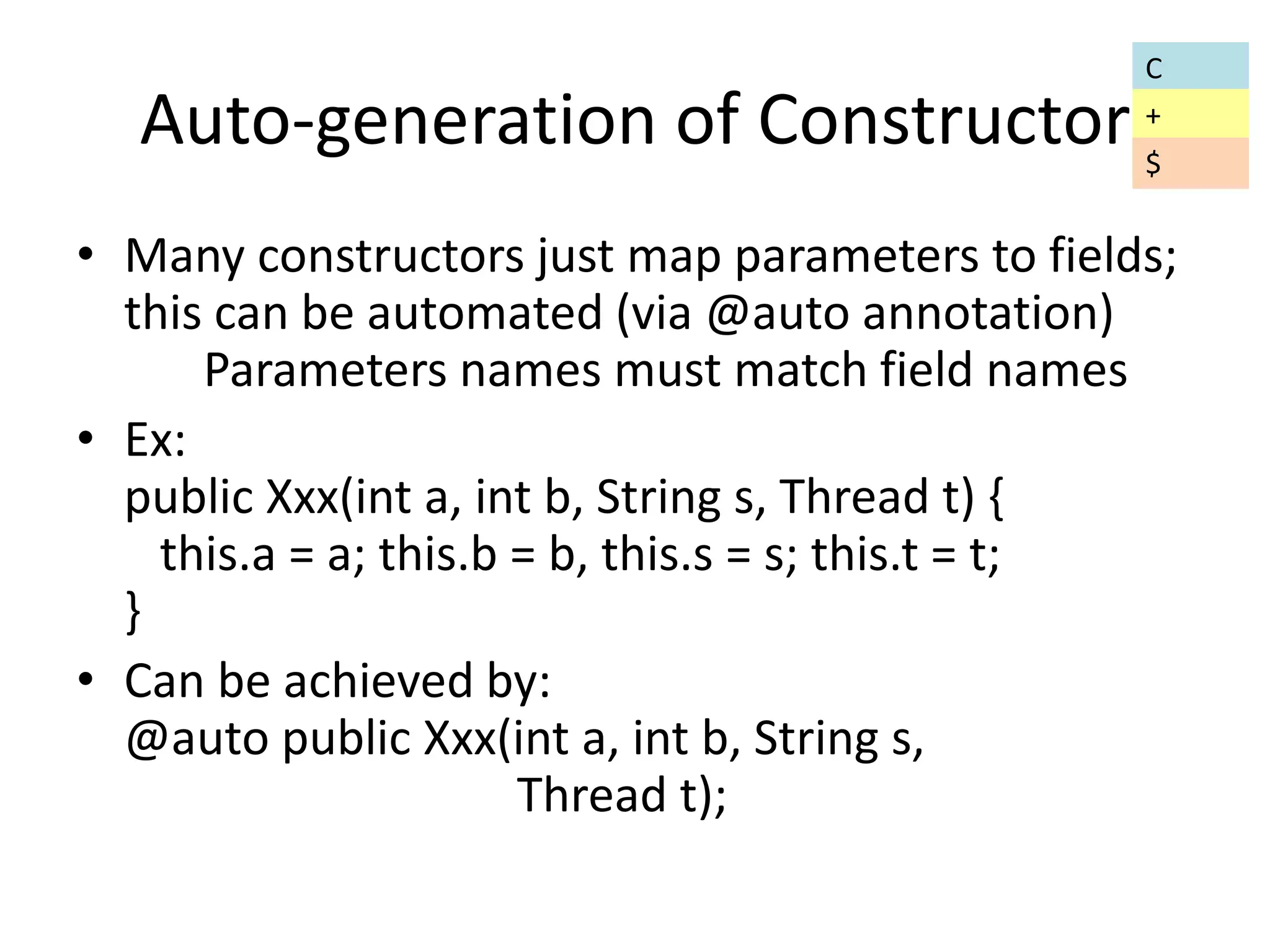
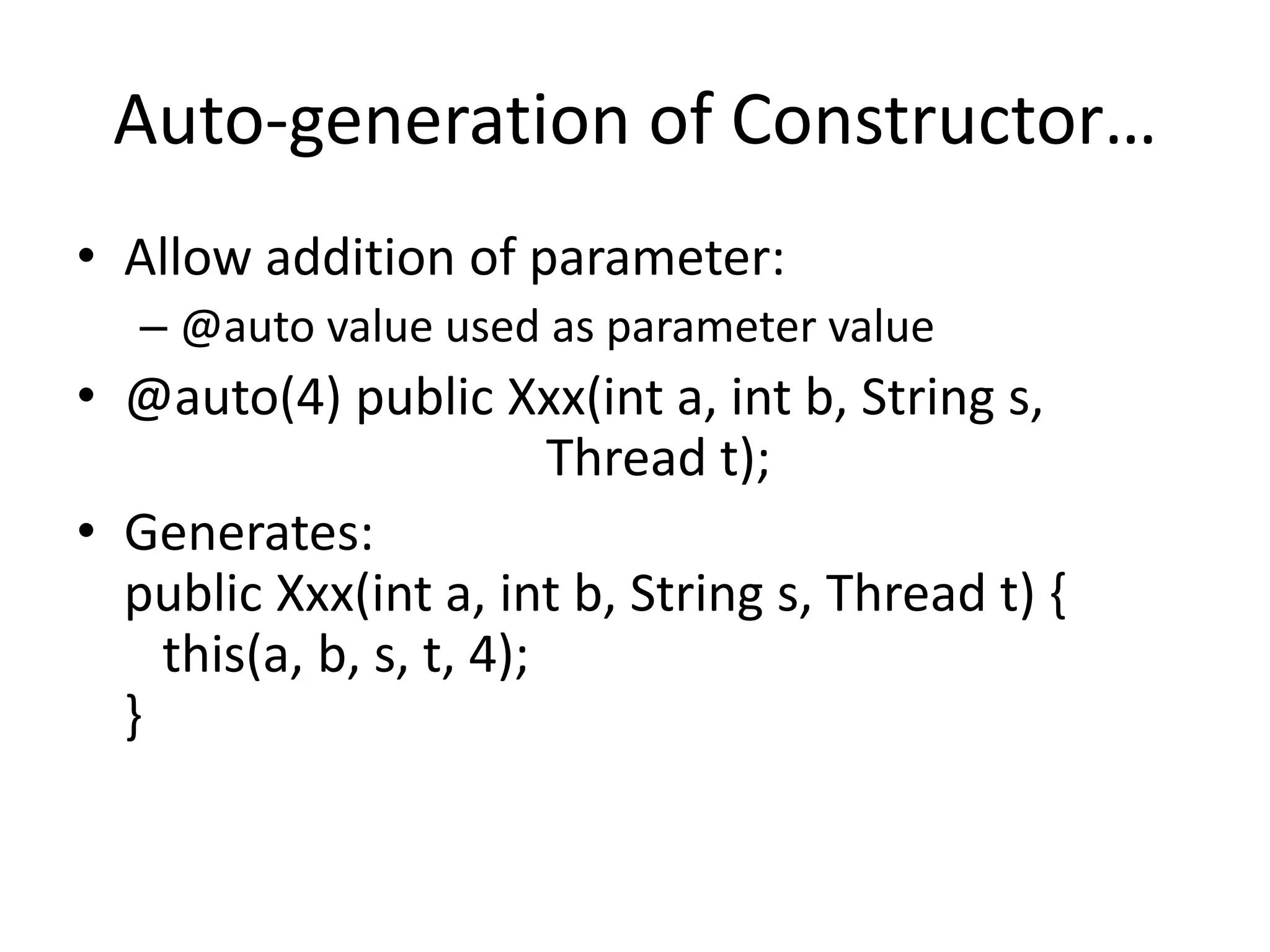
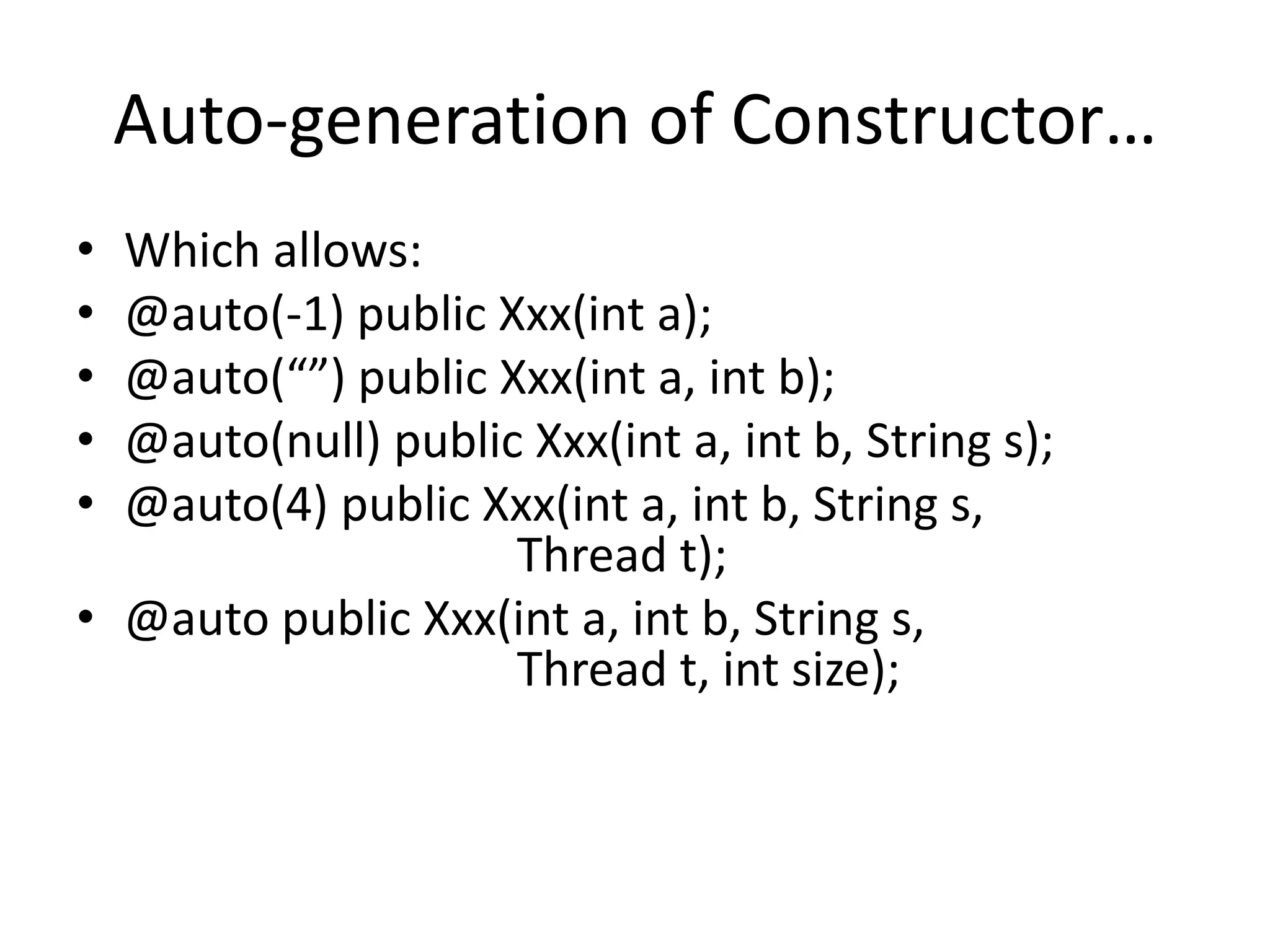
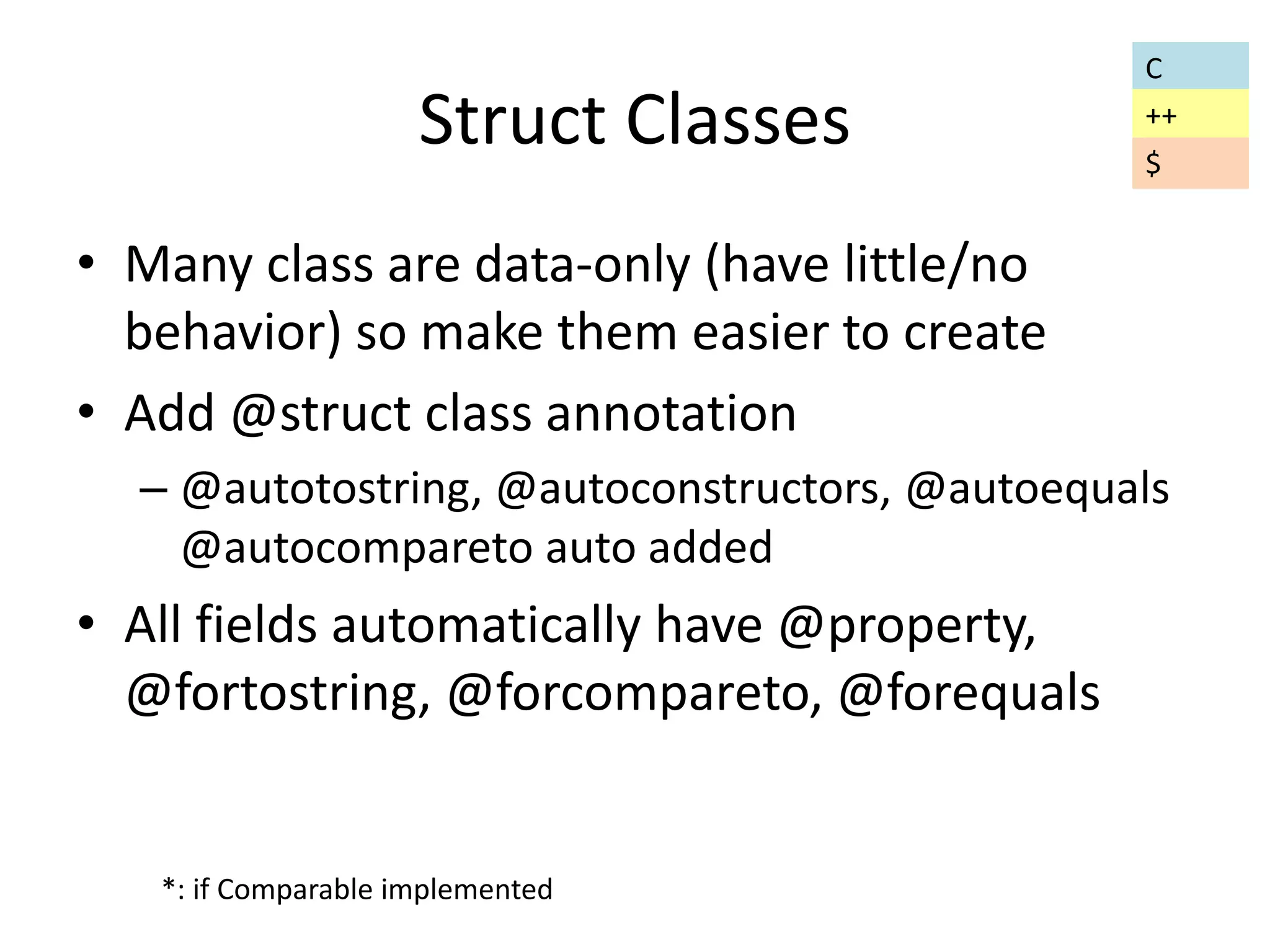
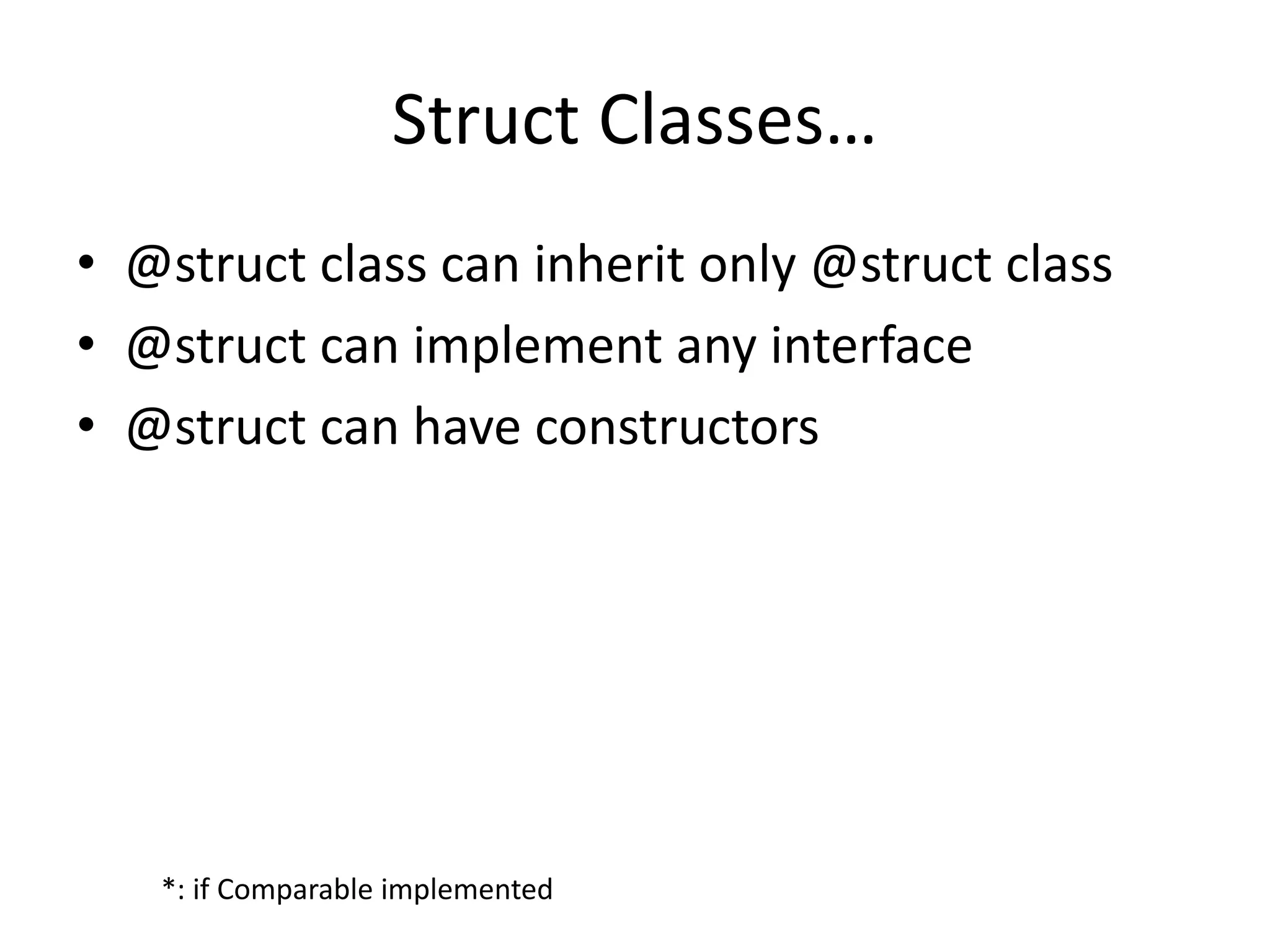
![Struct Classes…
• Example
@struct class Data implements
Serilizable {
int[] array;
Date date;
String name;
}](https://image.slidesharecdn.com/potentialjavajsritems-141021122623-conversion-gate02/75/Proposals-for-new-function-in-Java-SE-9-and-beyond-326-2048.jpg)
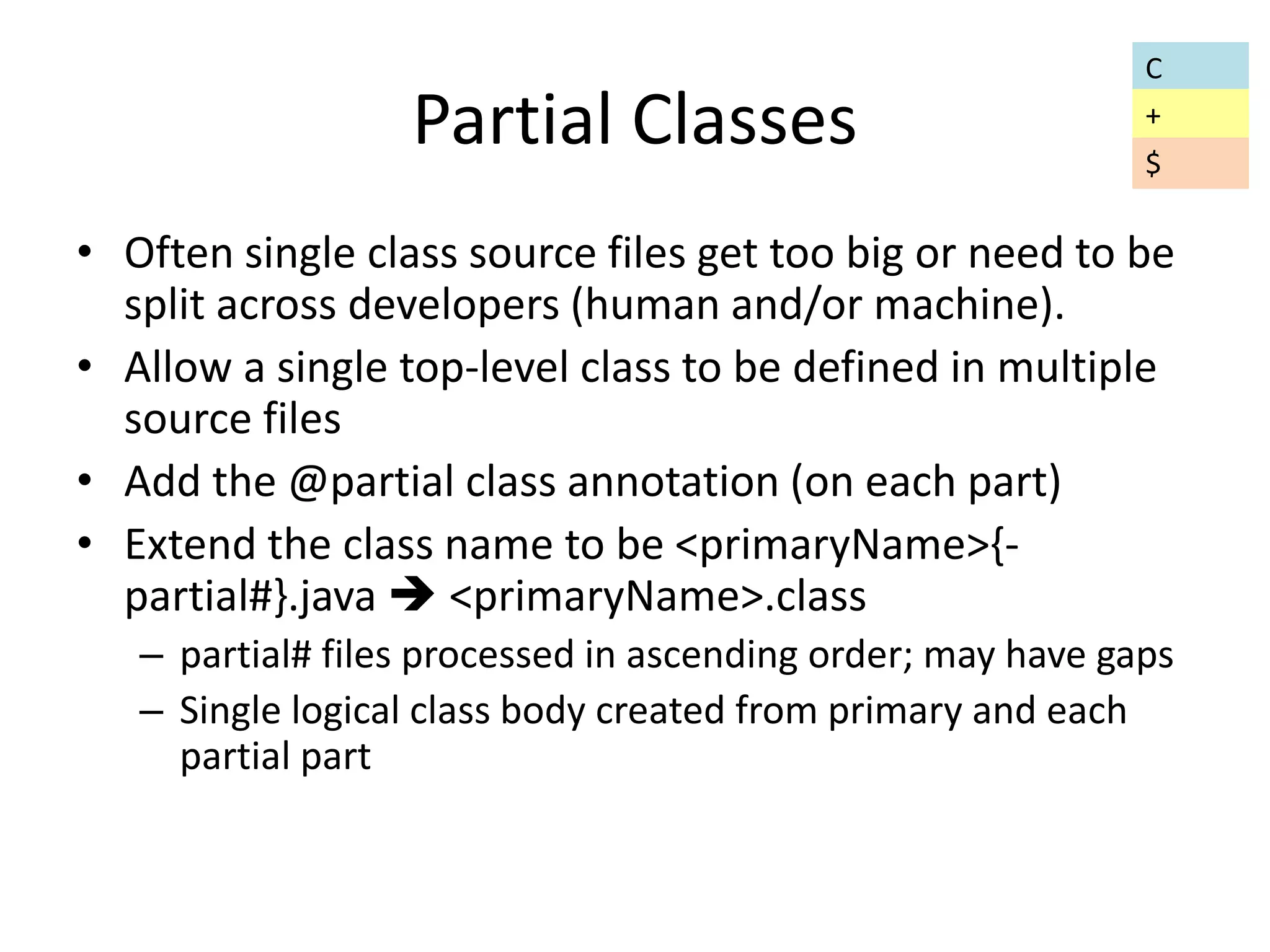
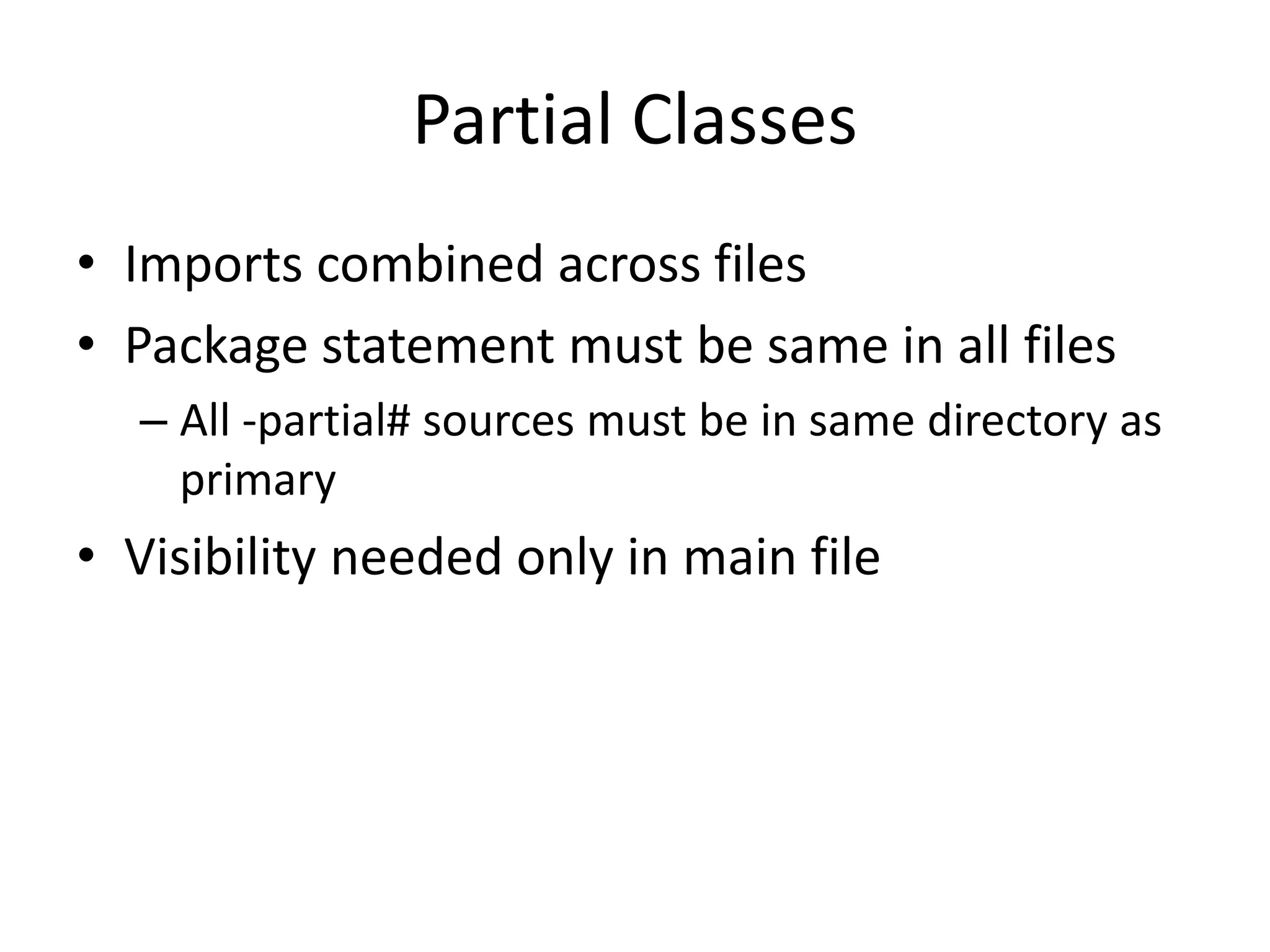
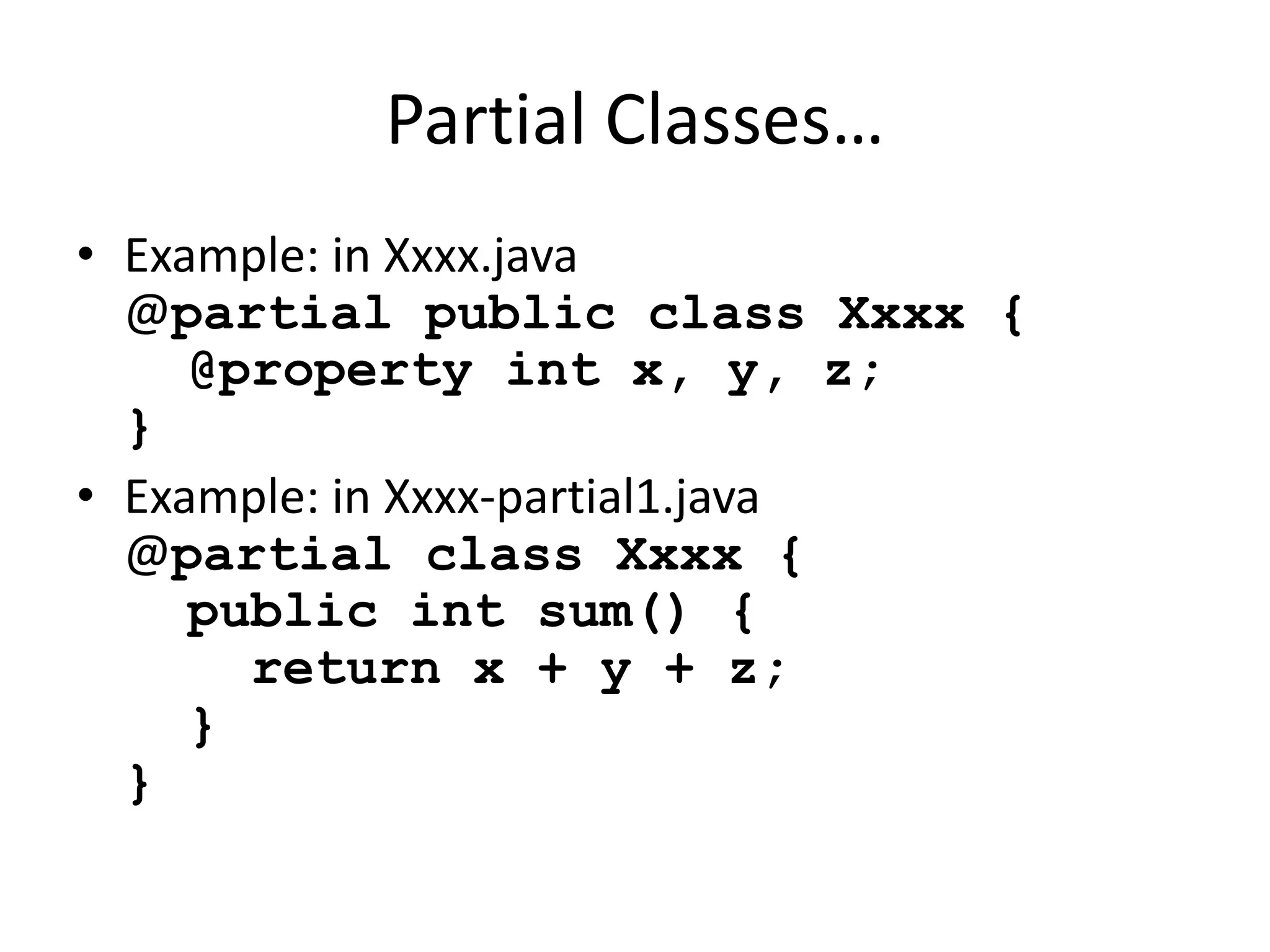
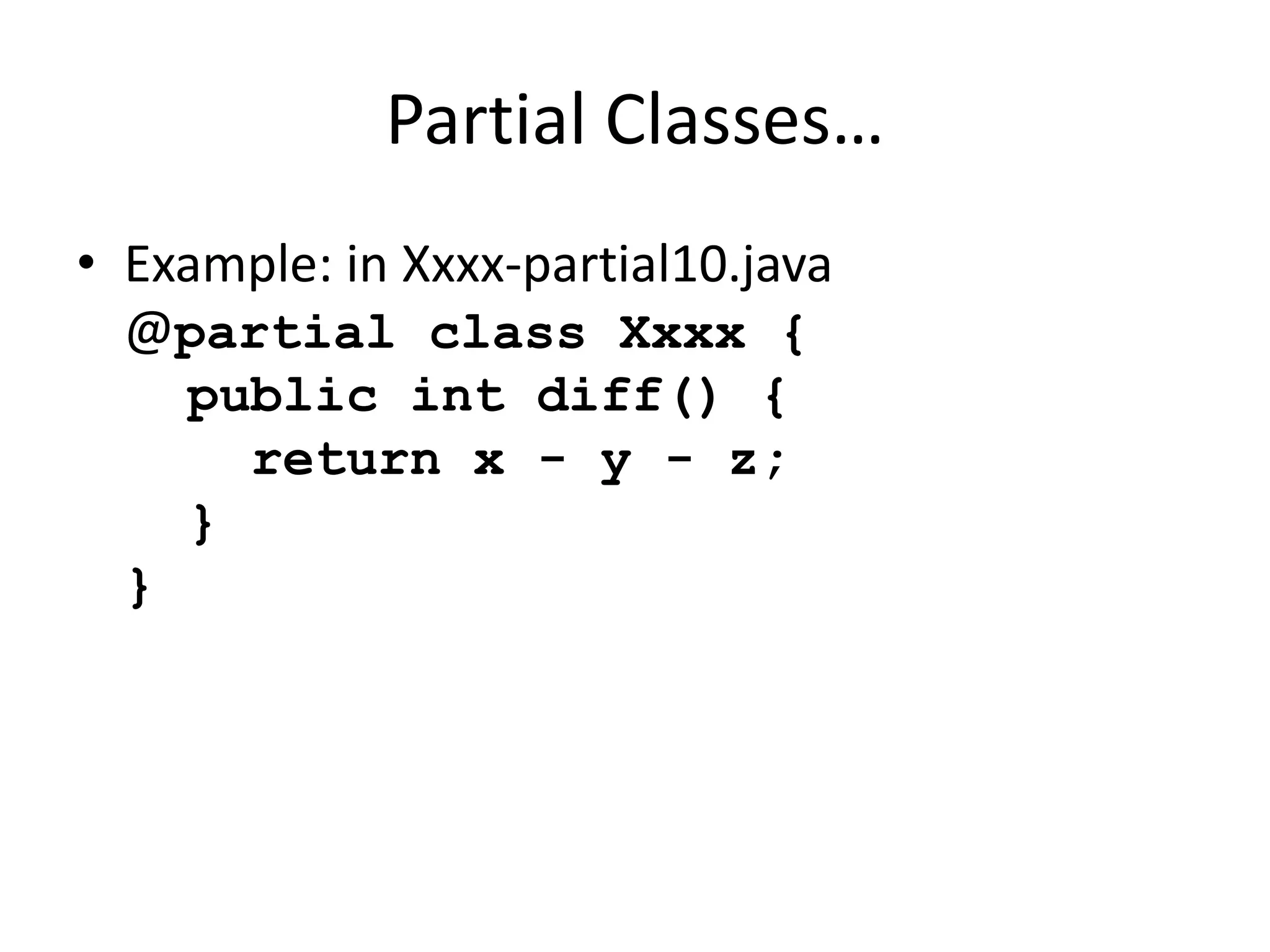
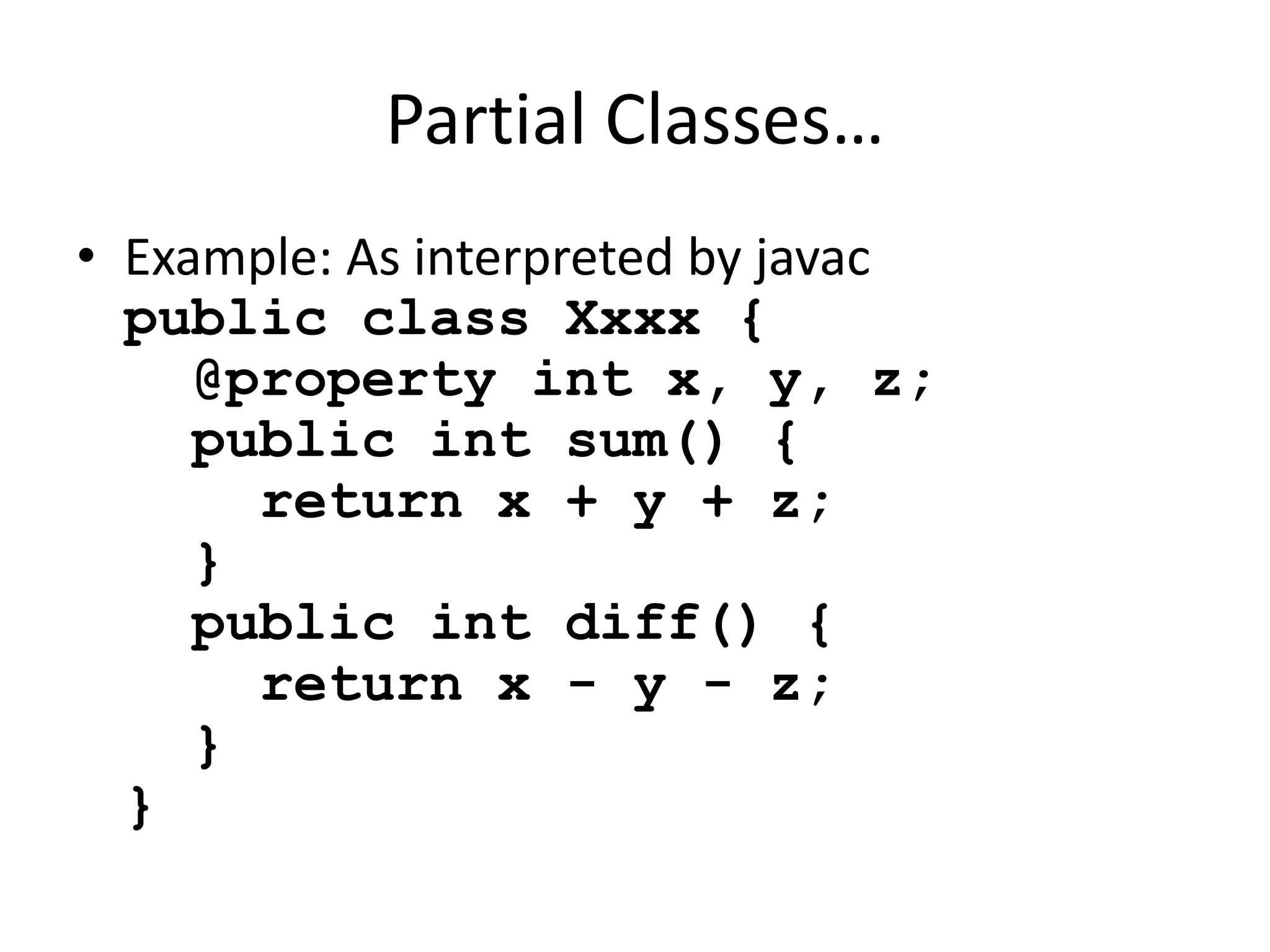
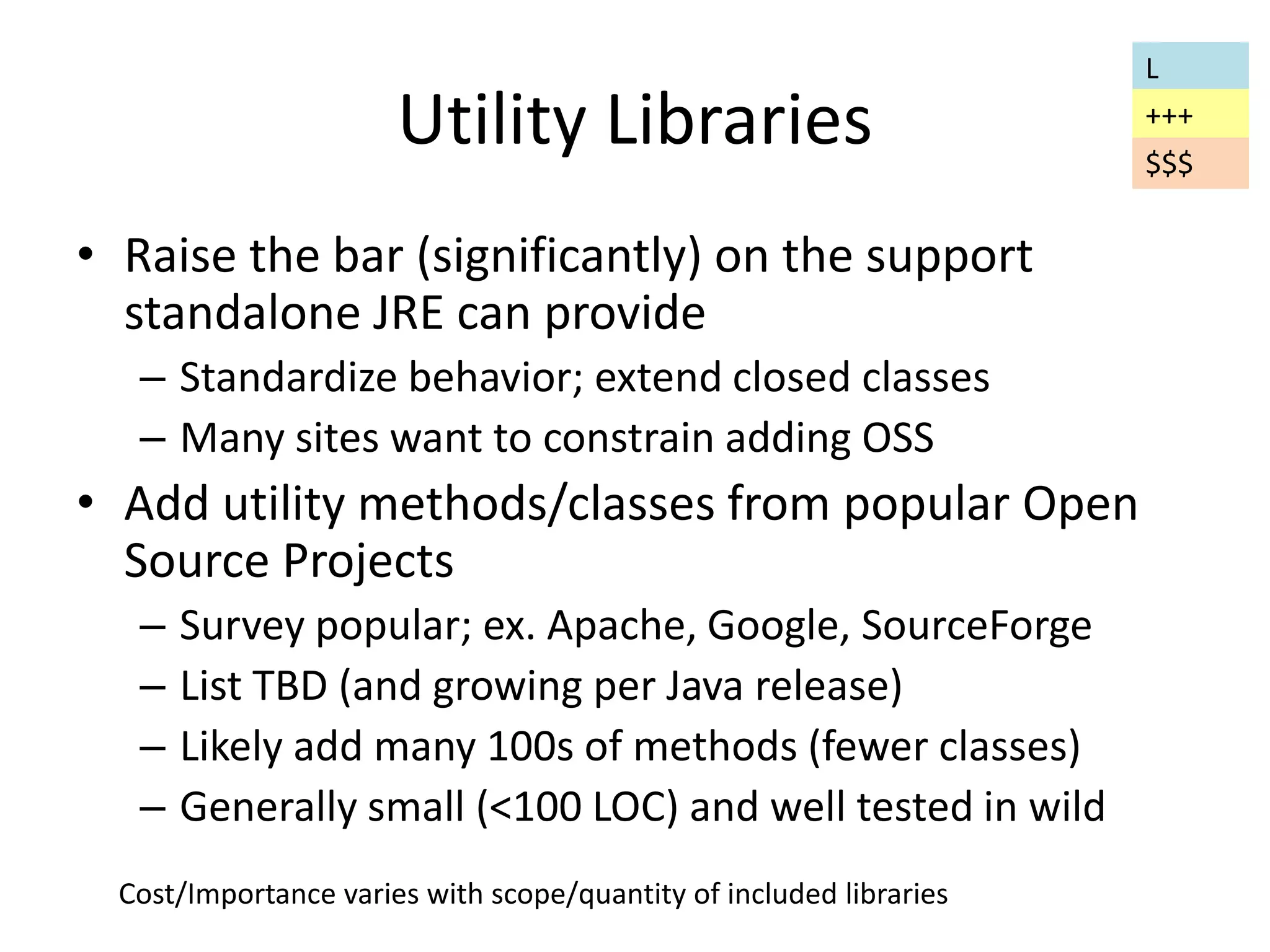
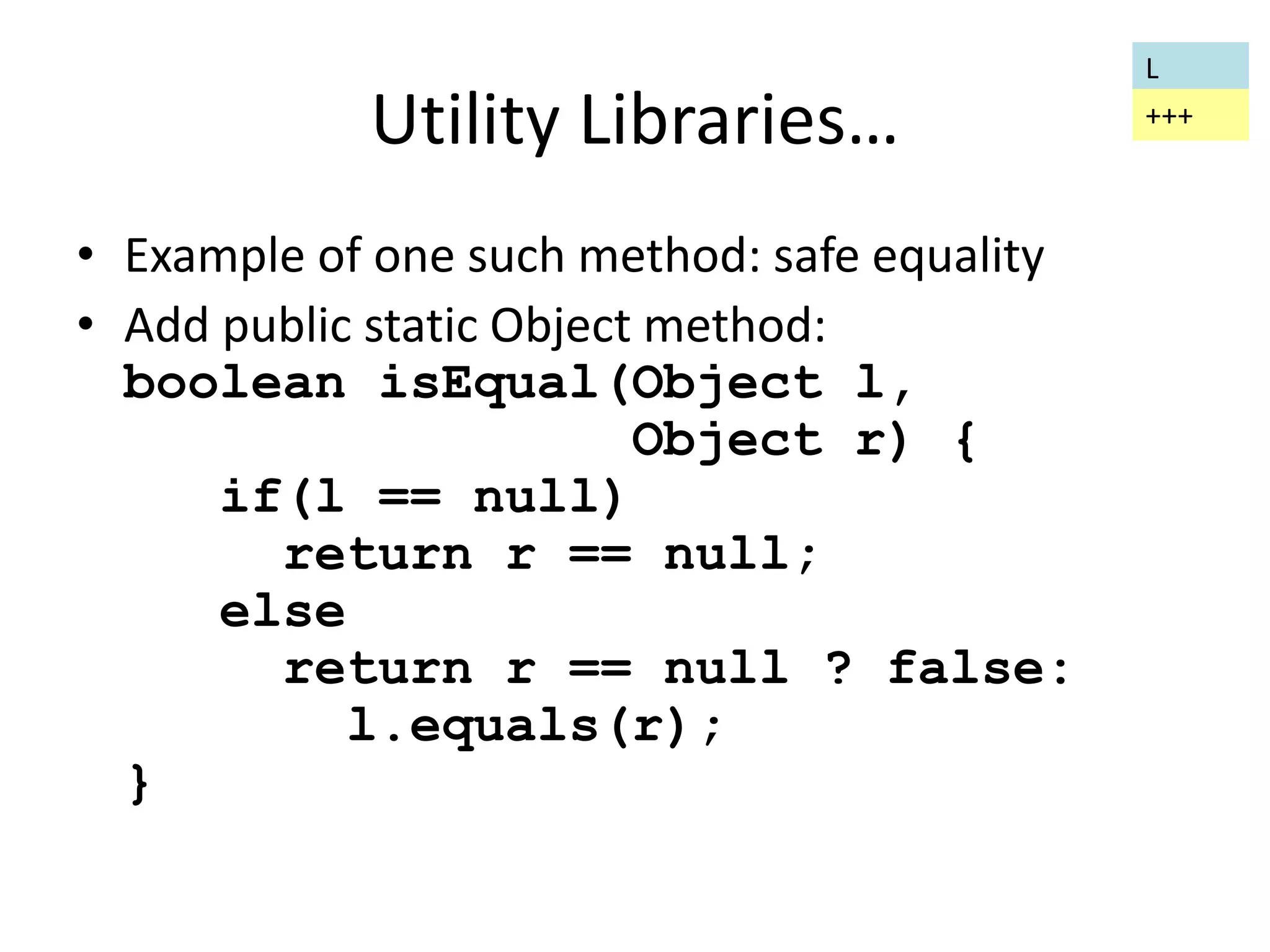
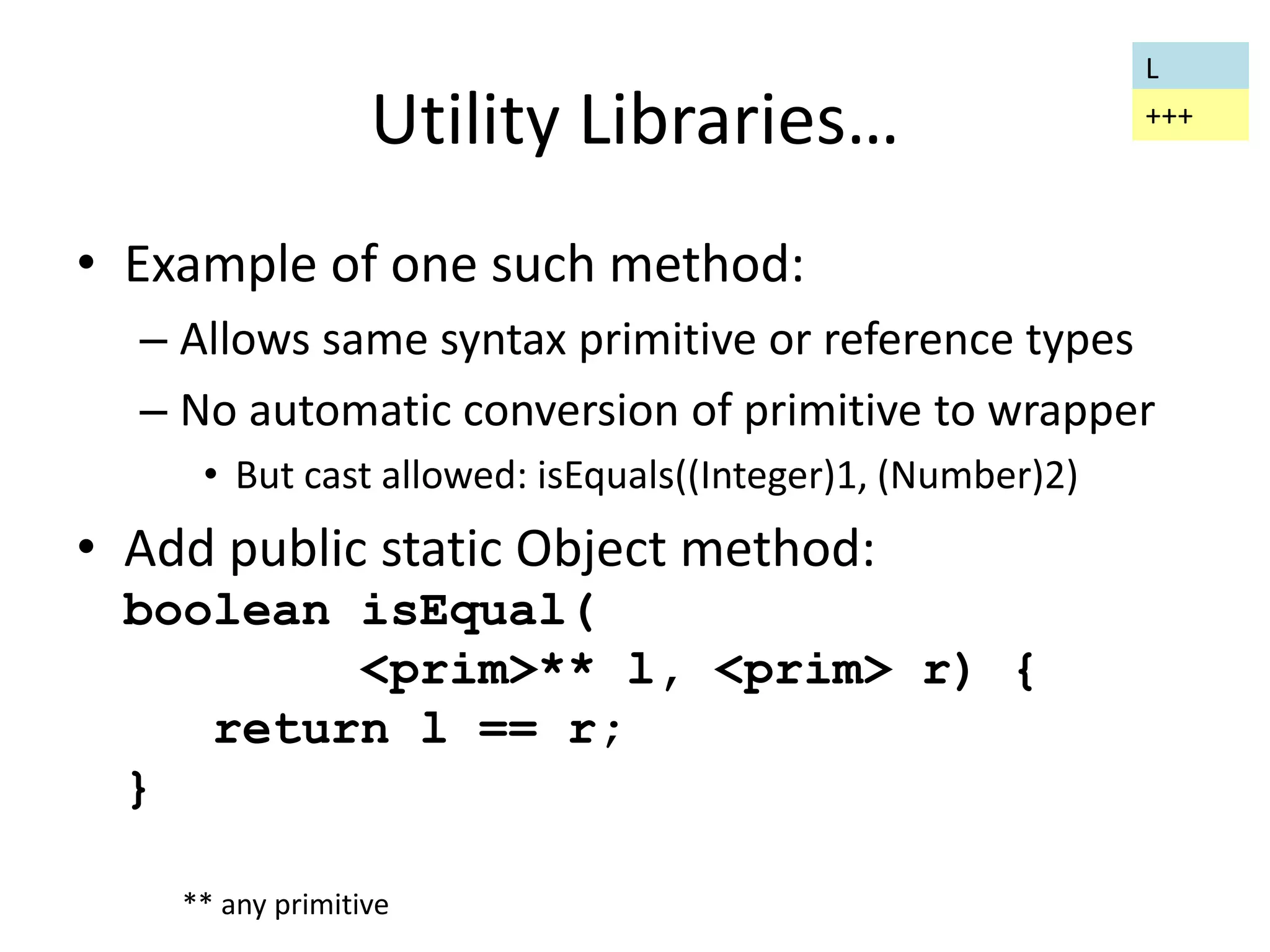
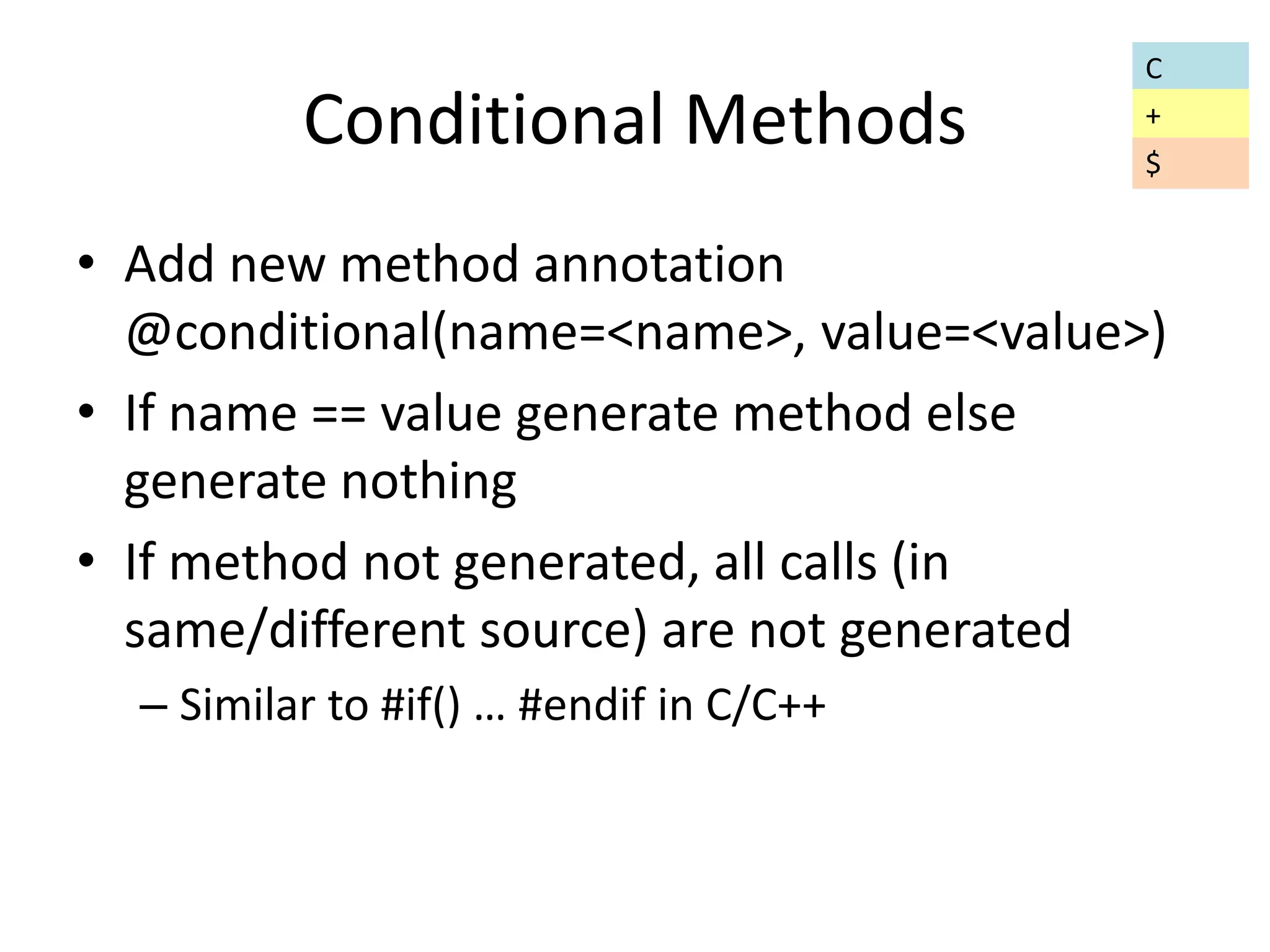
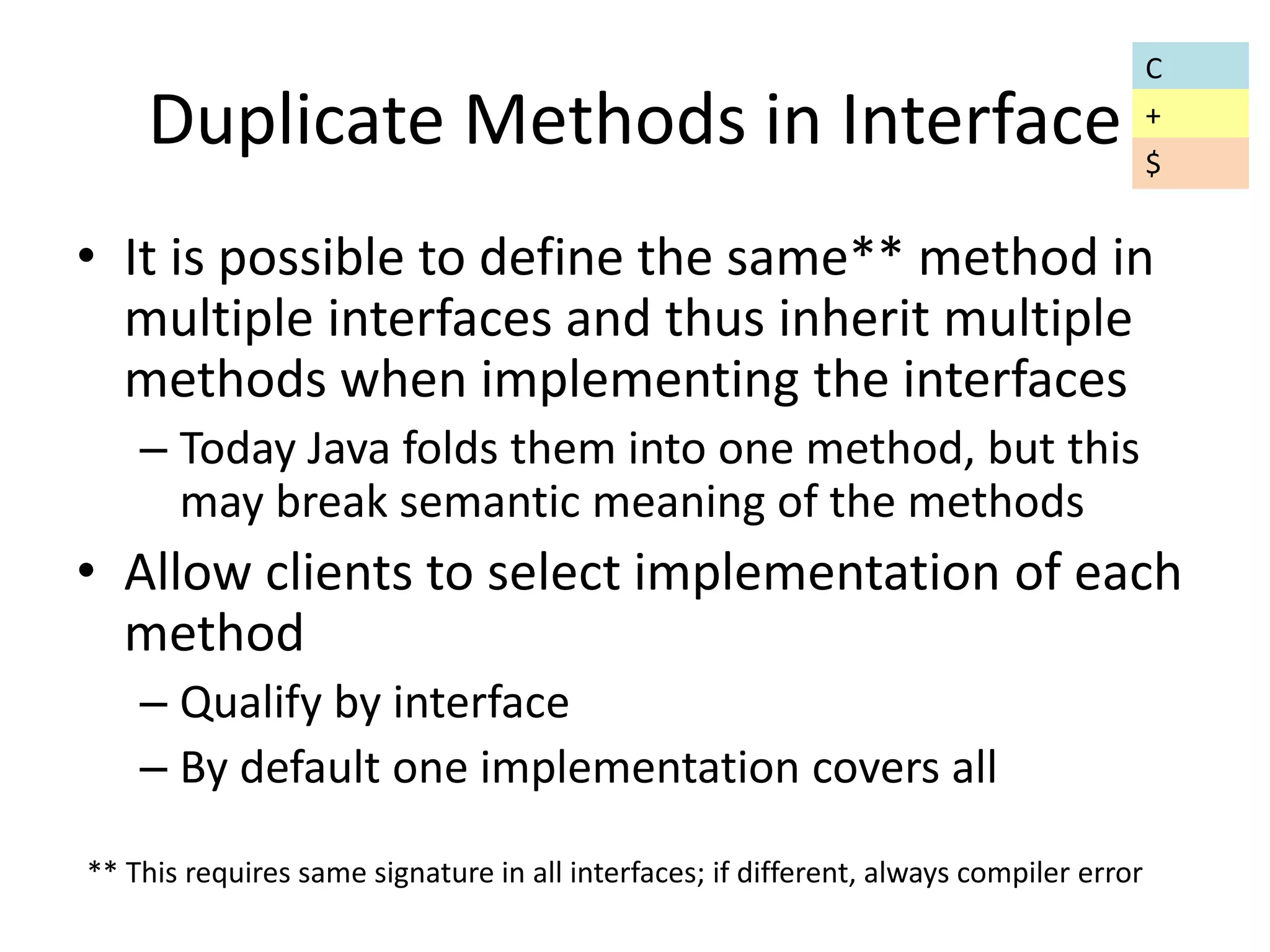
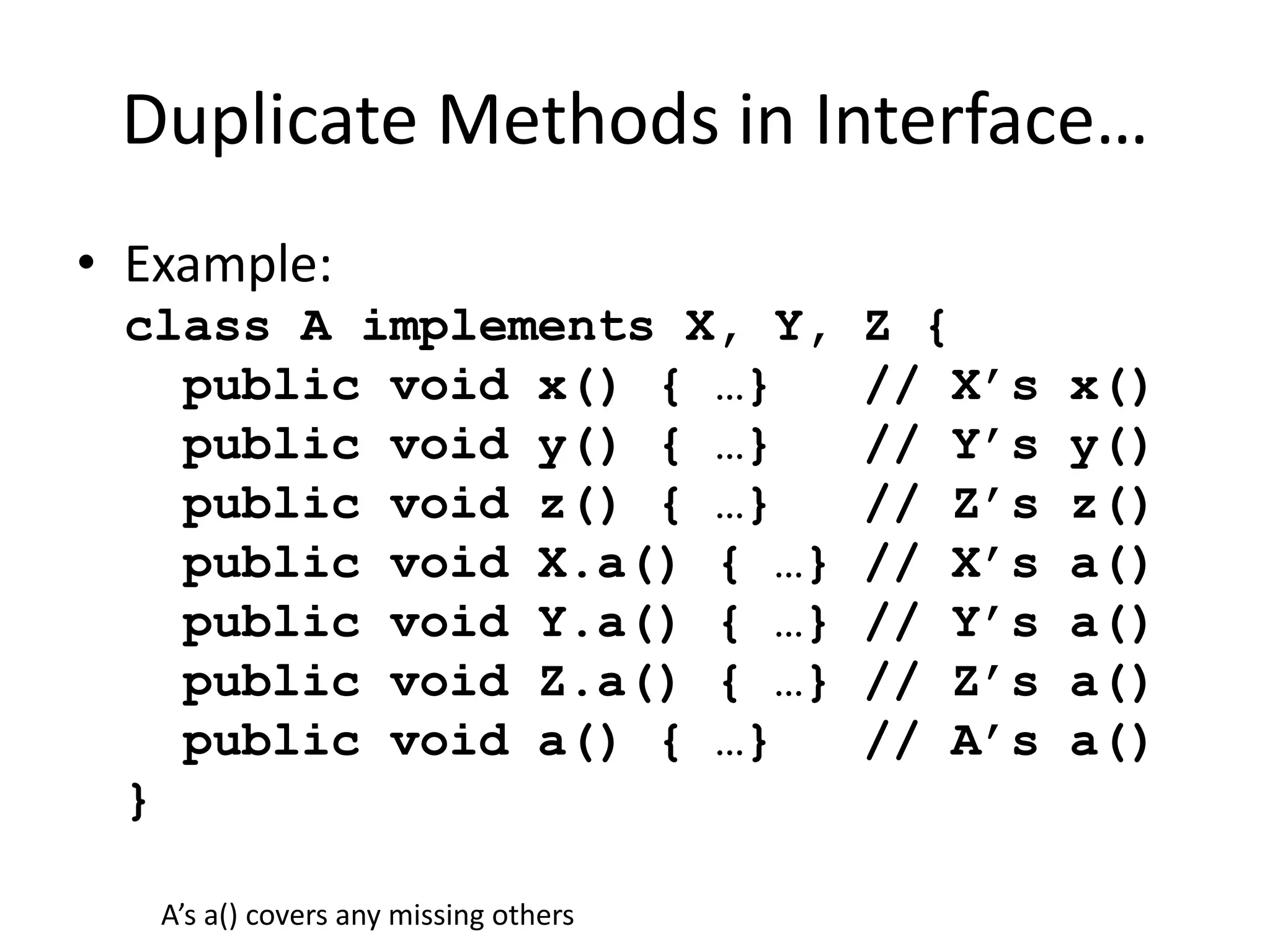
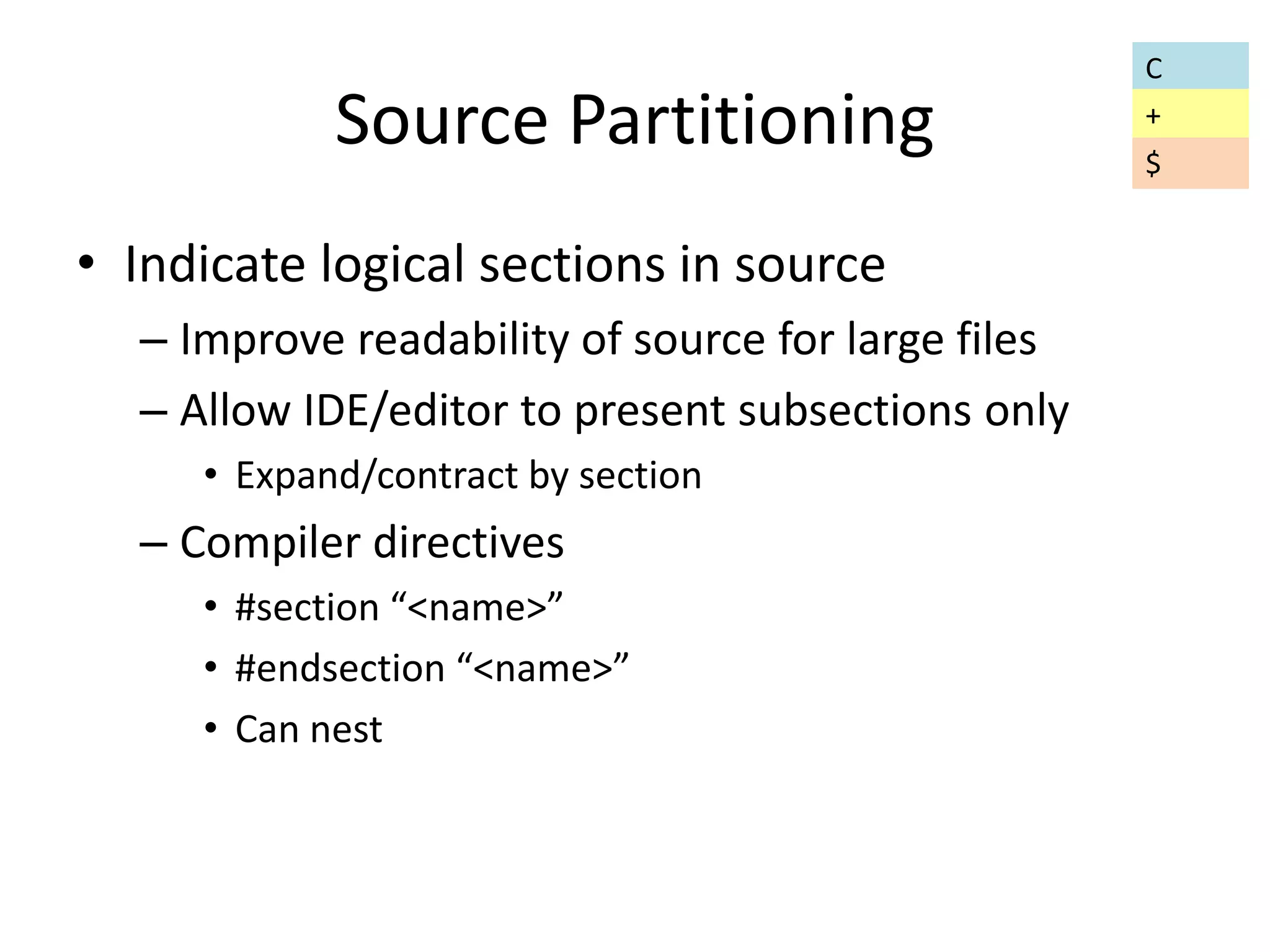
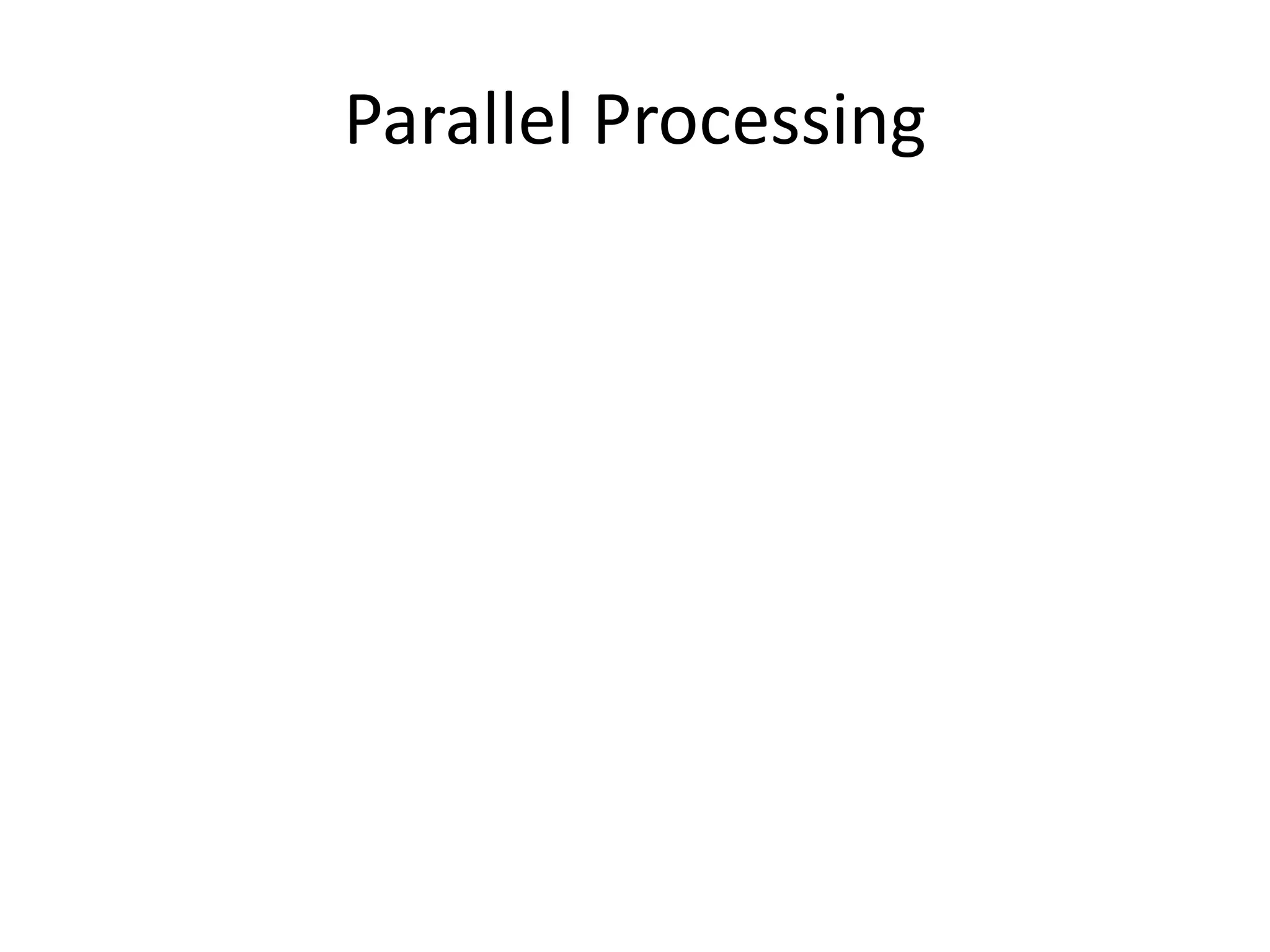
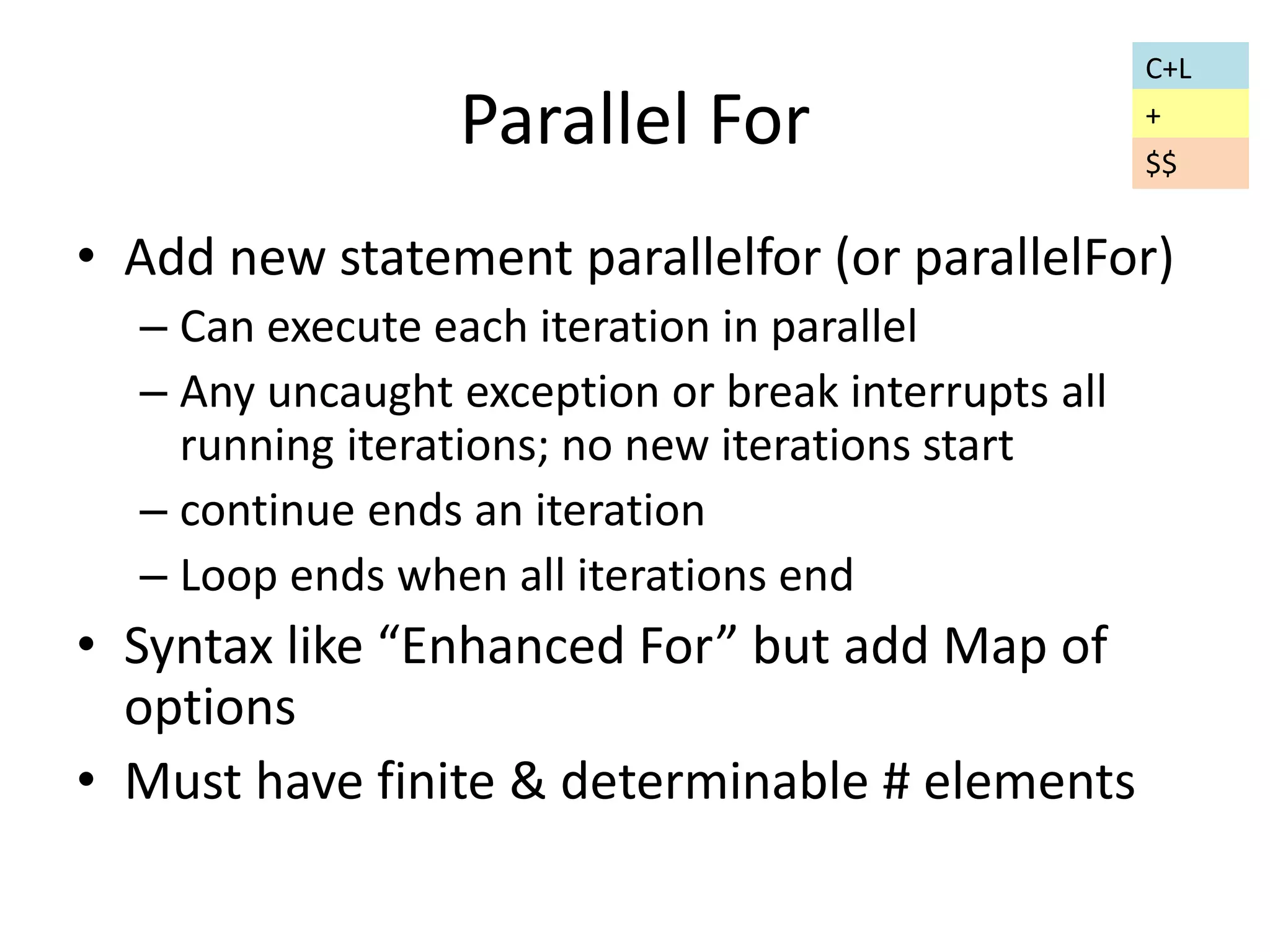
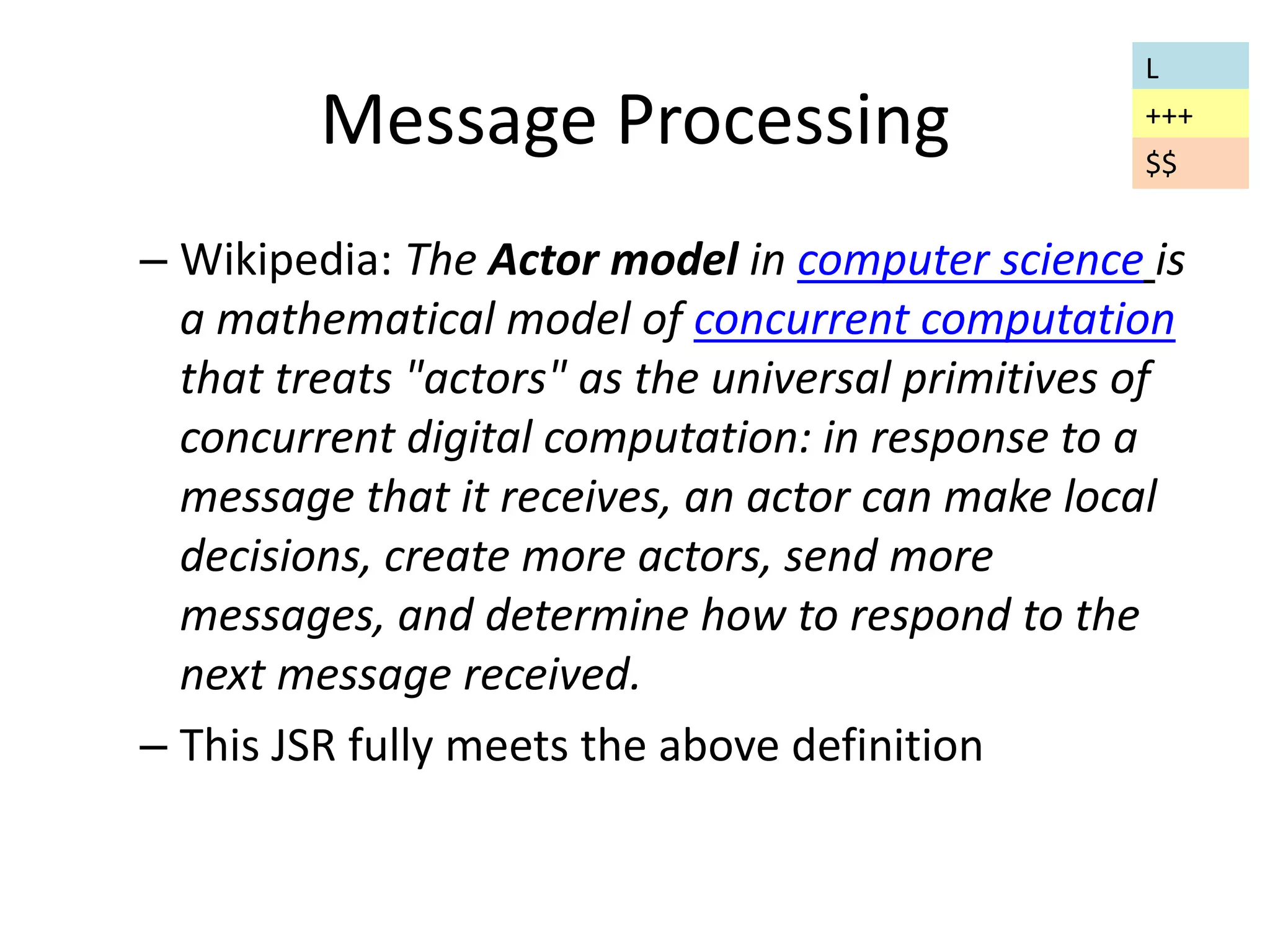
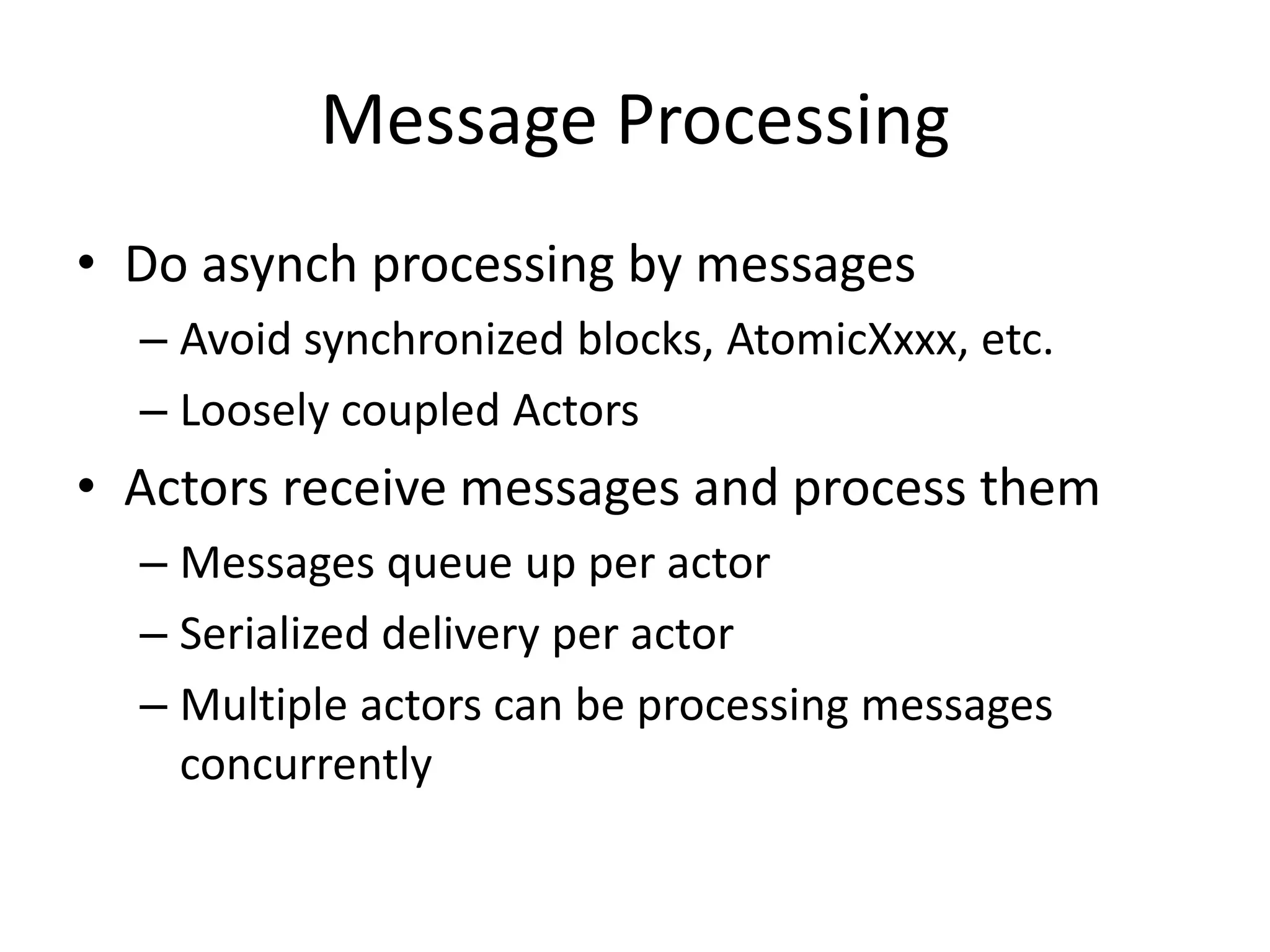
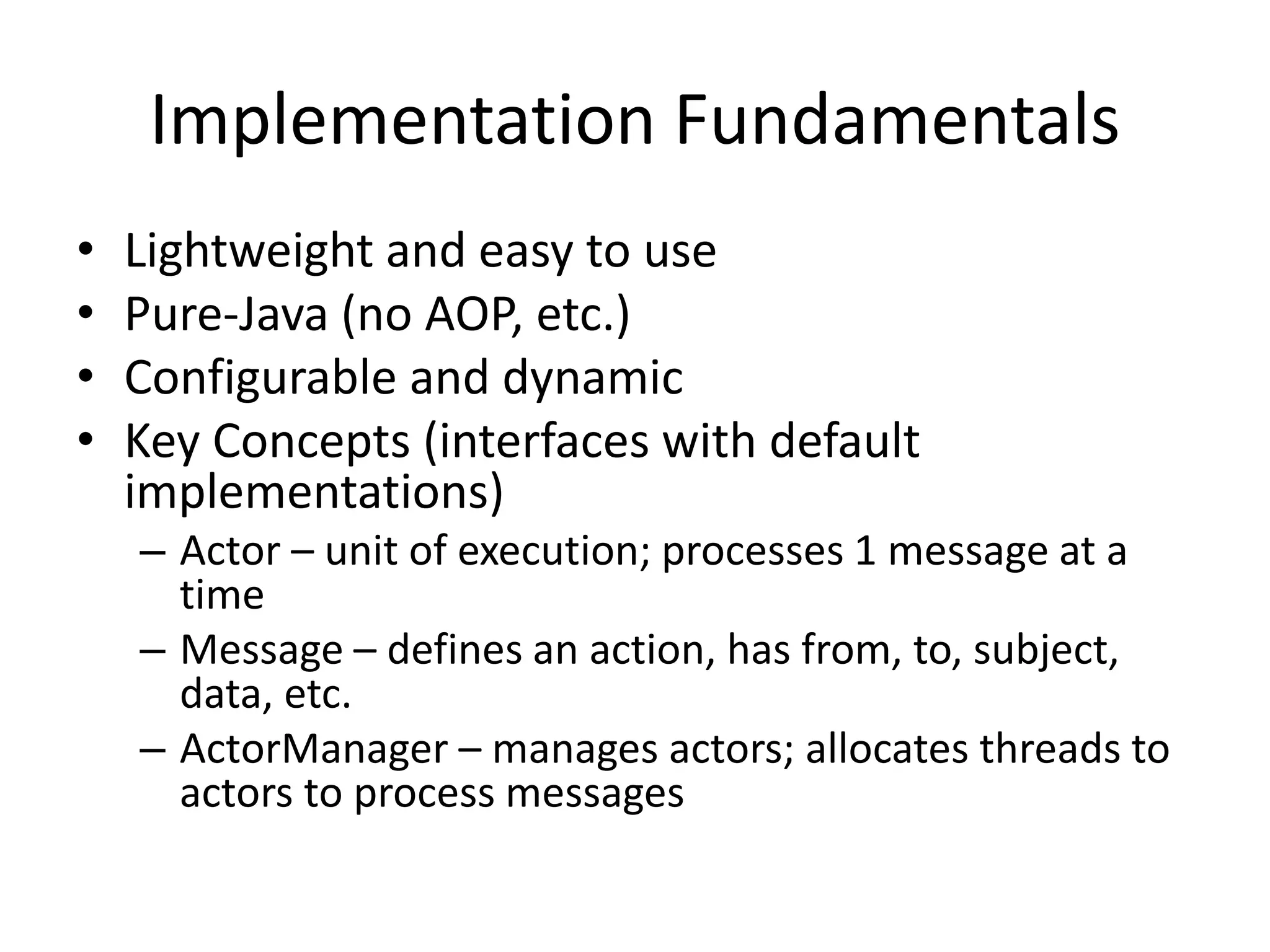
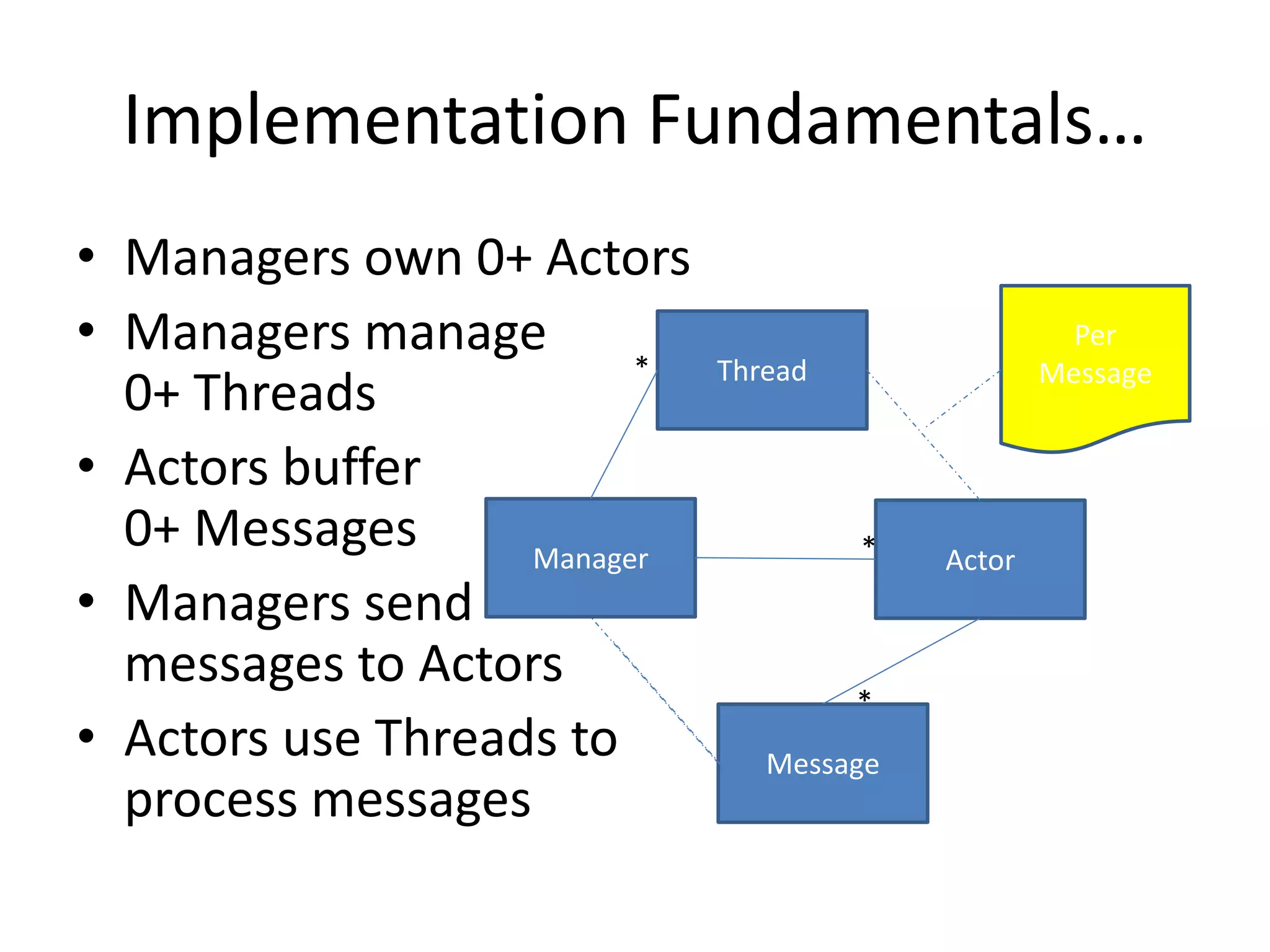
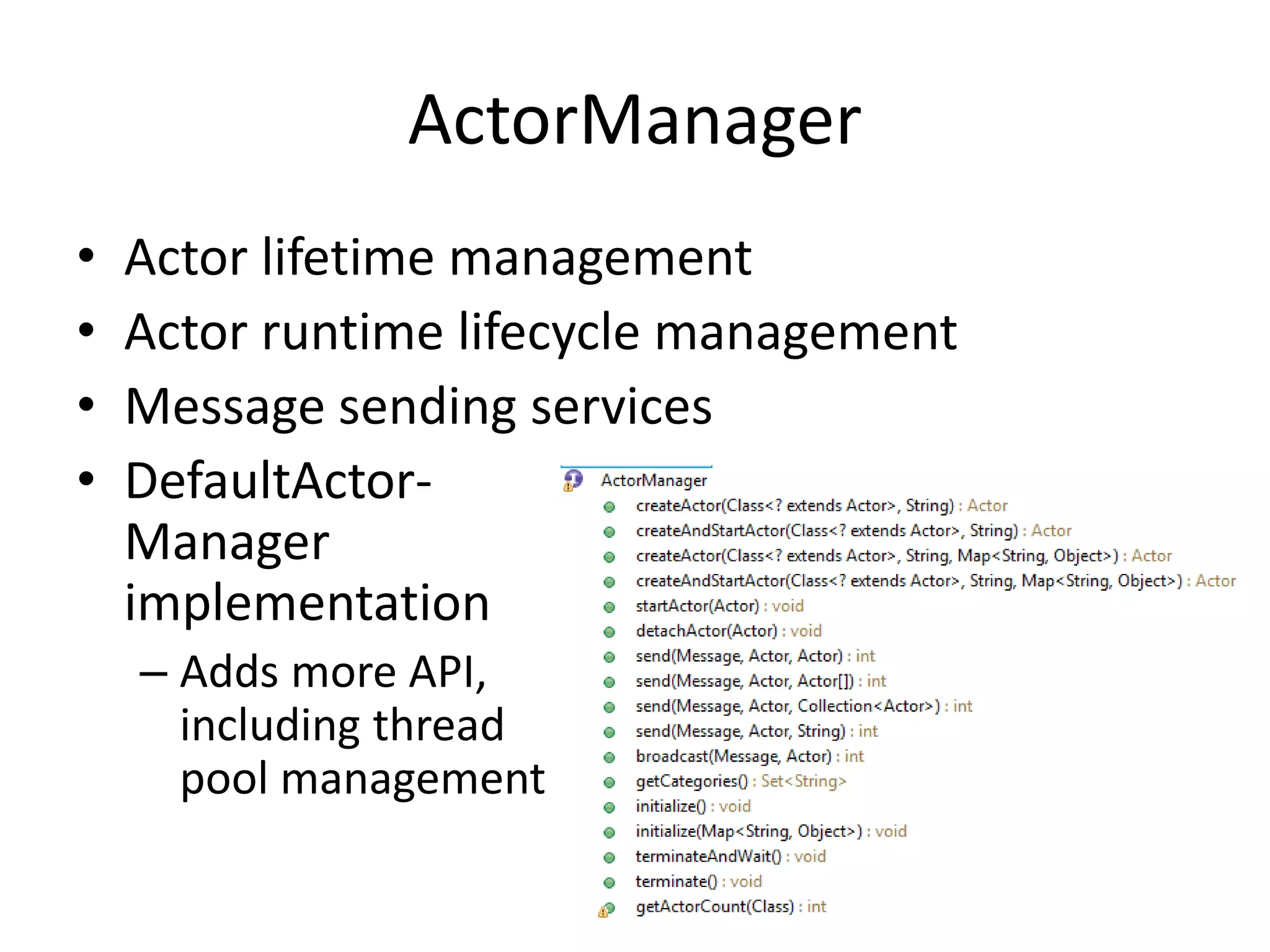
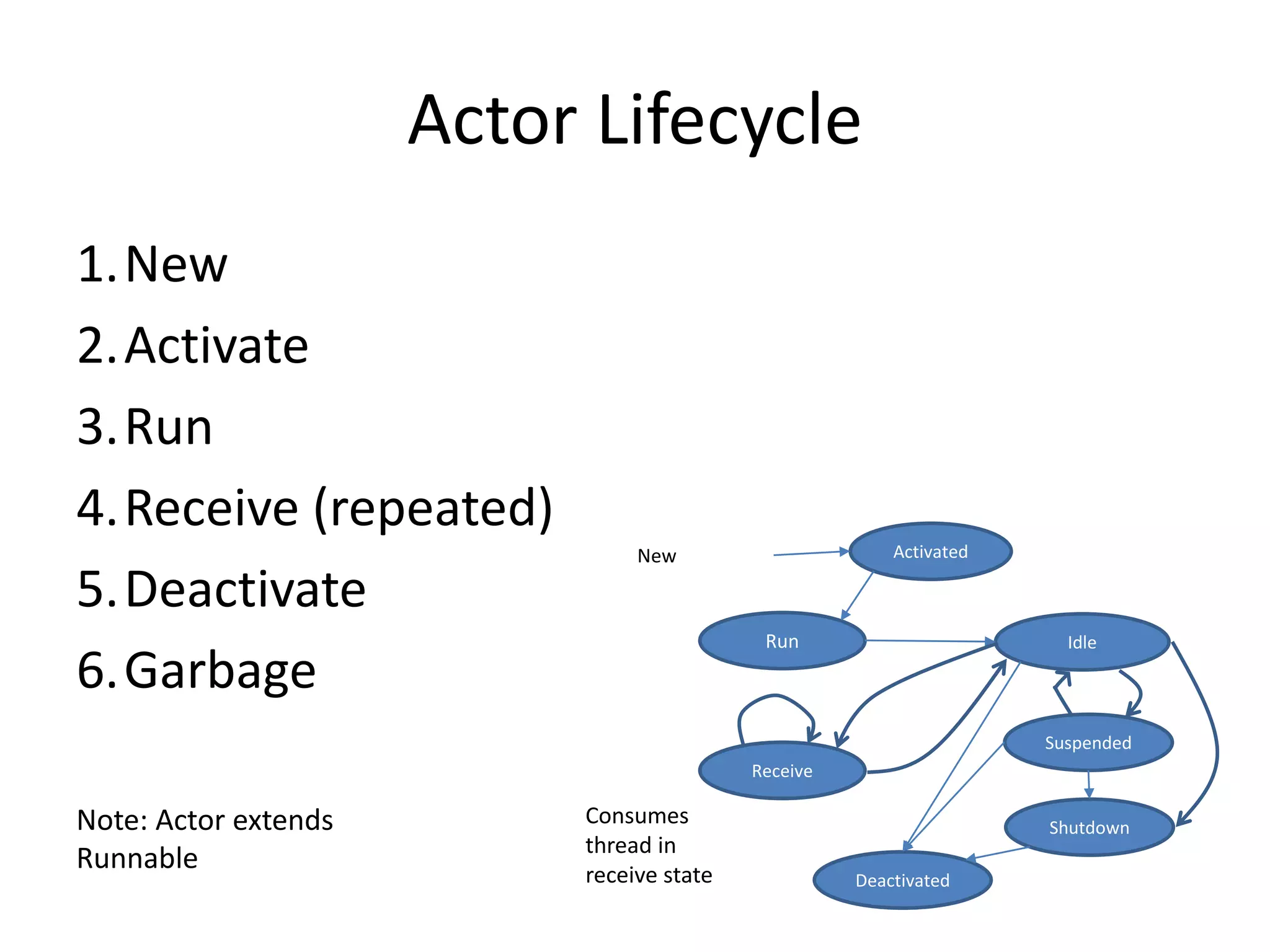
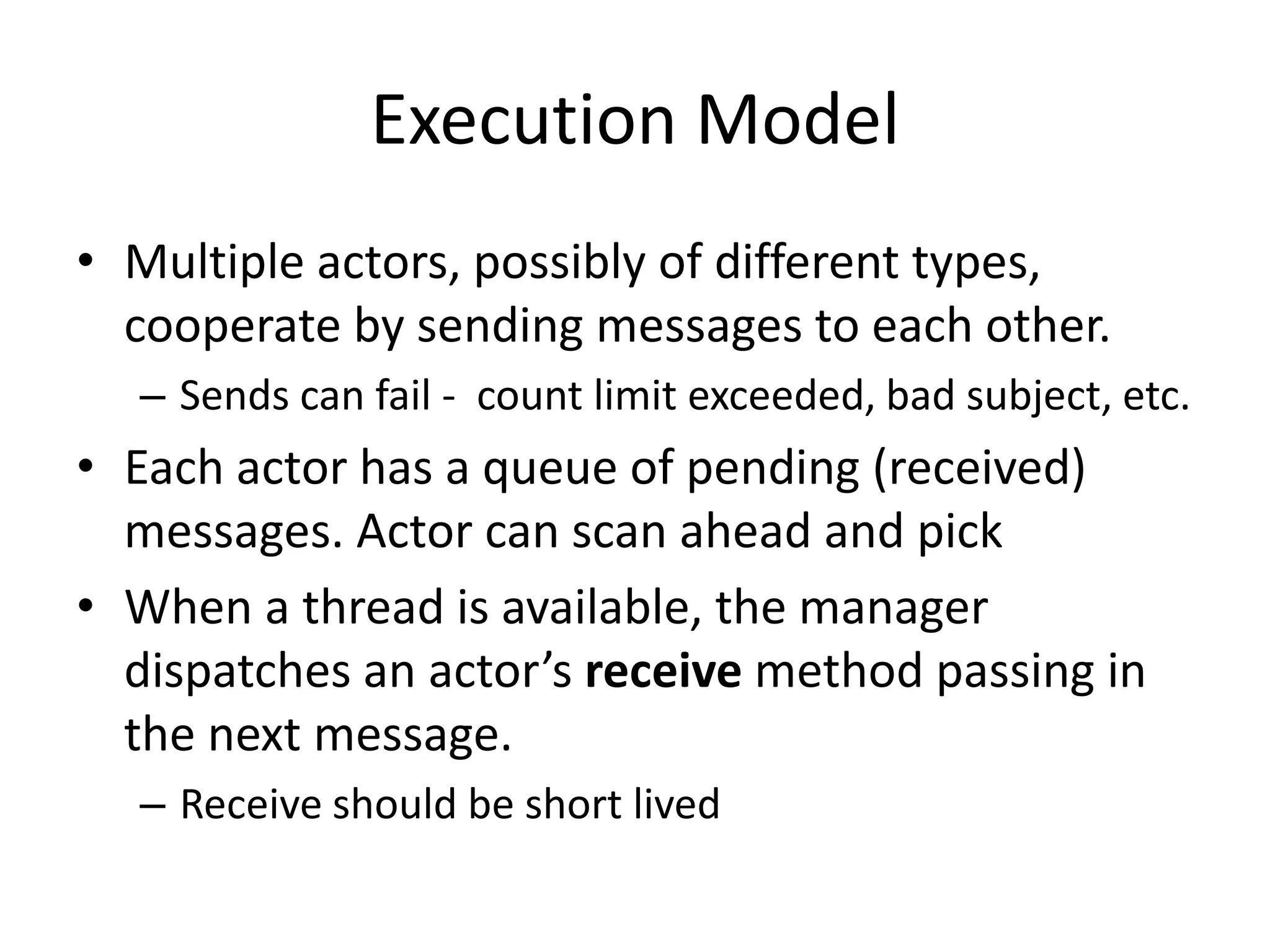
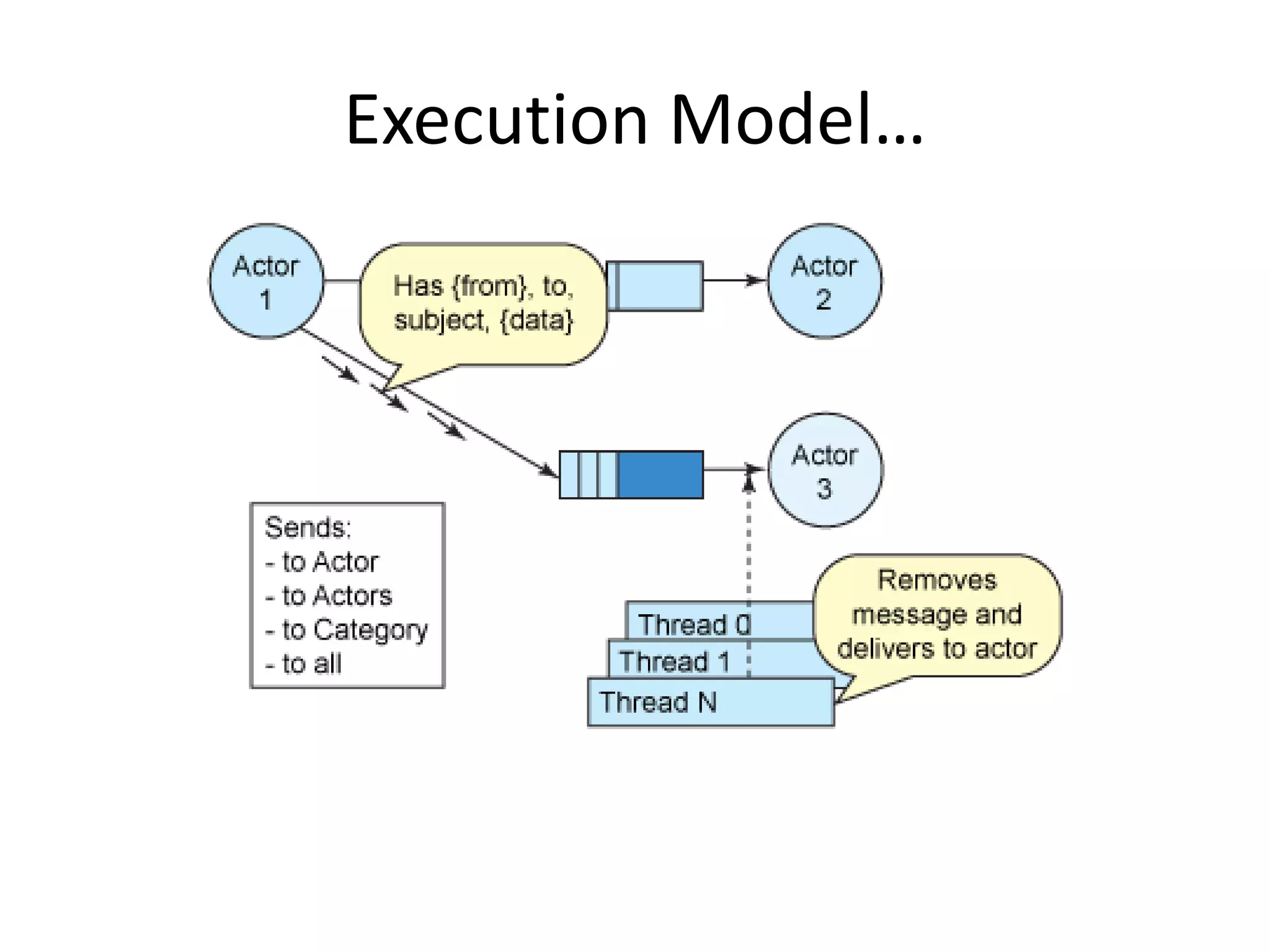
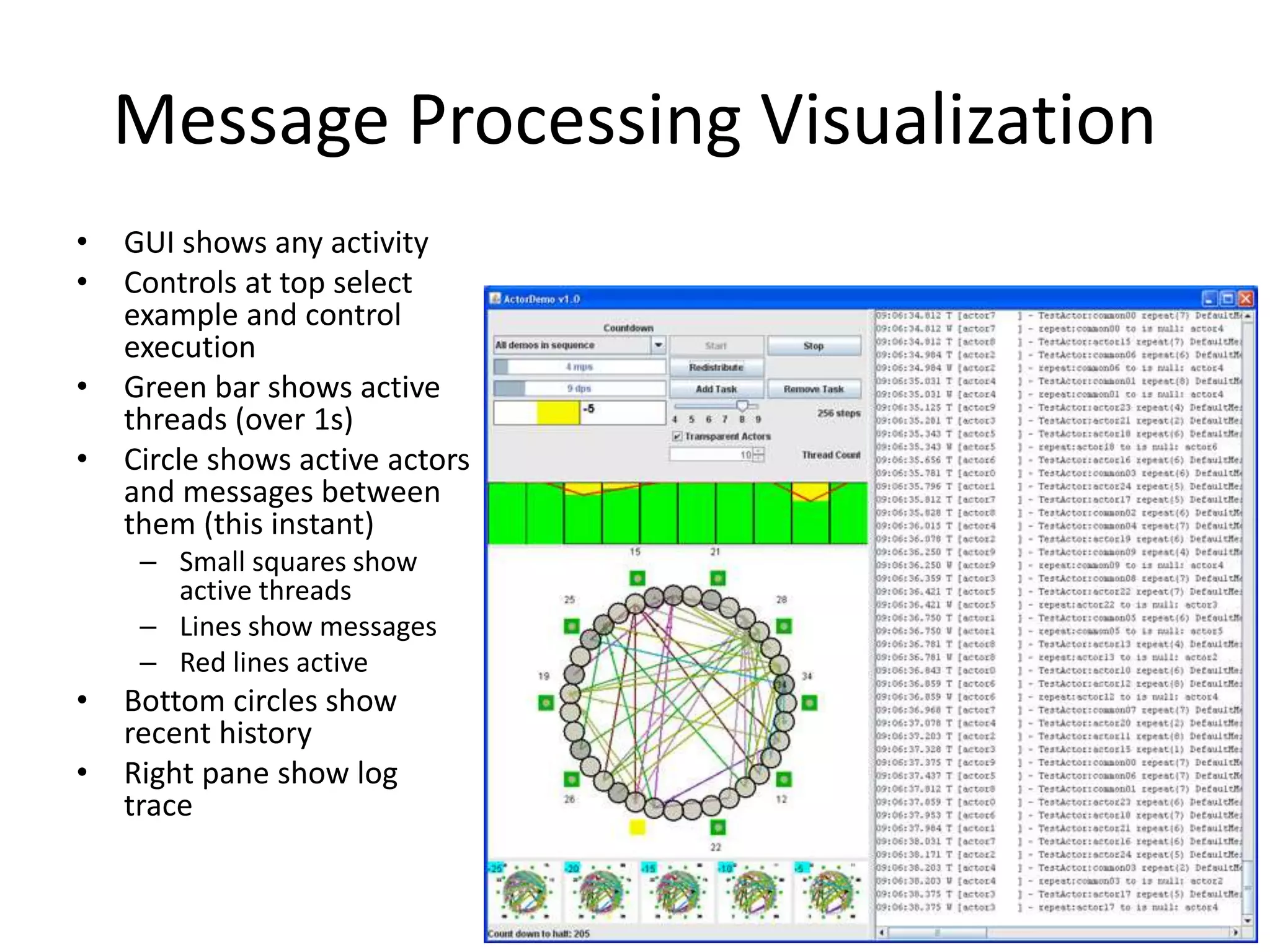
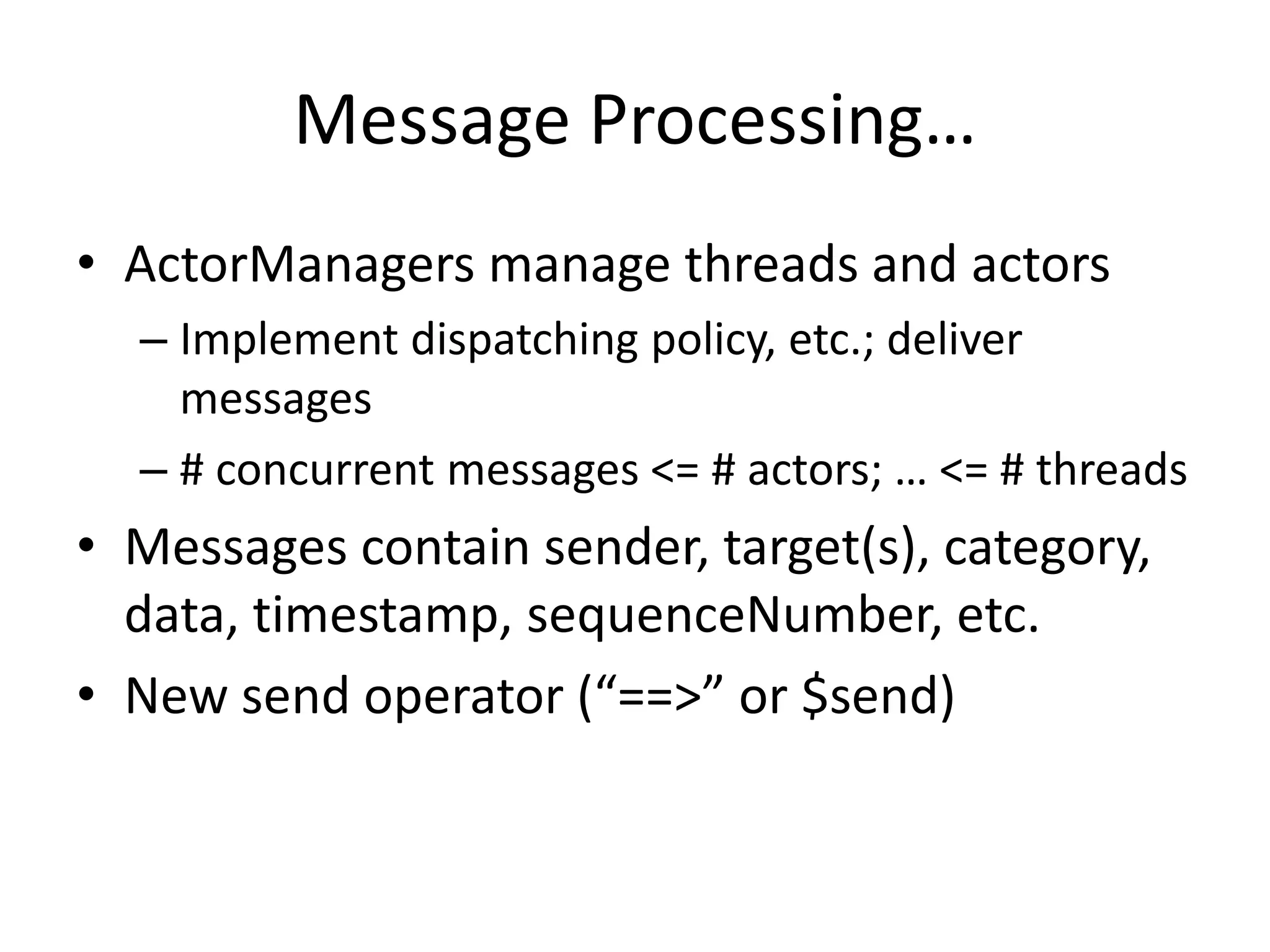
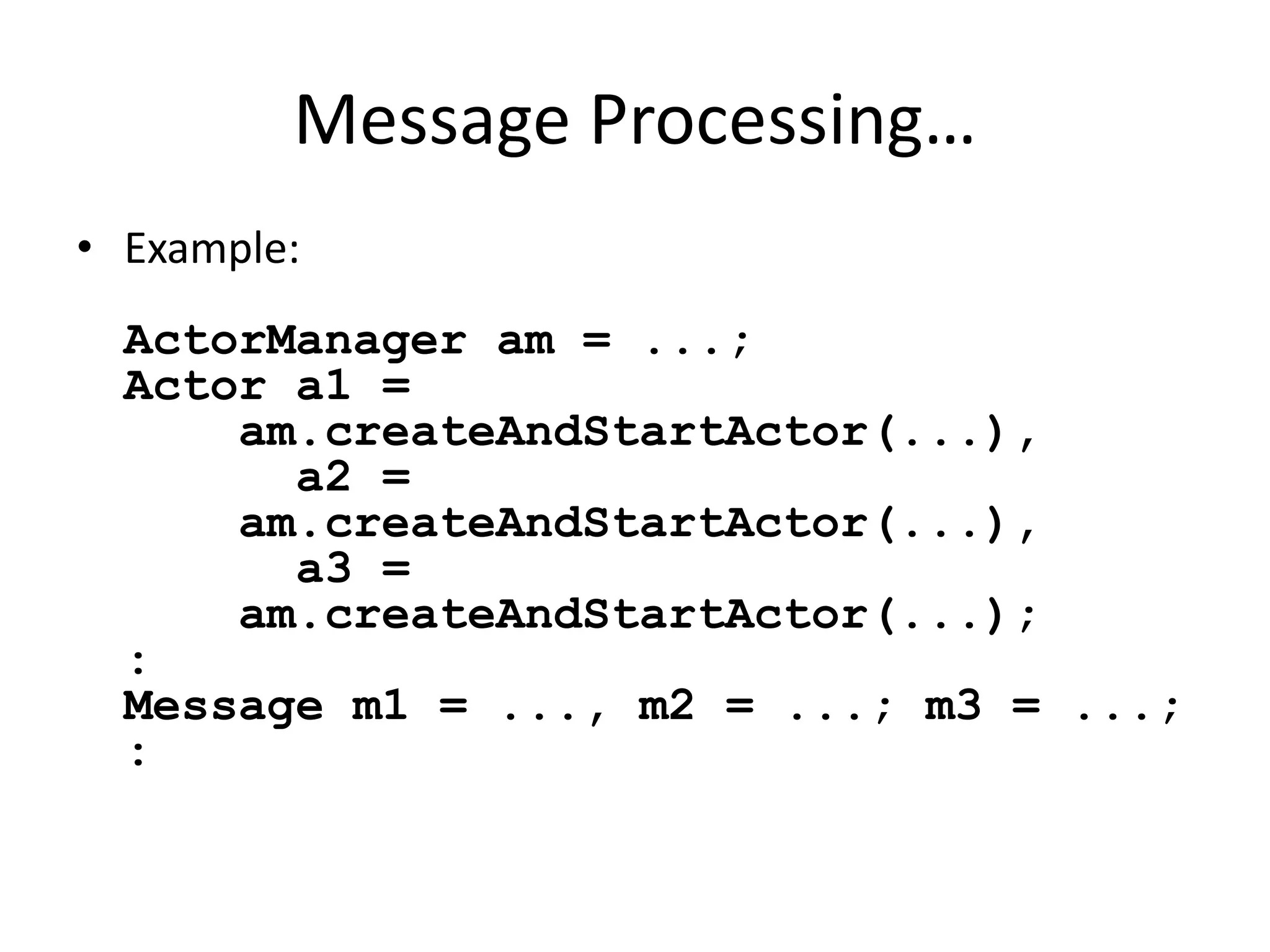
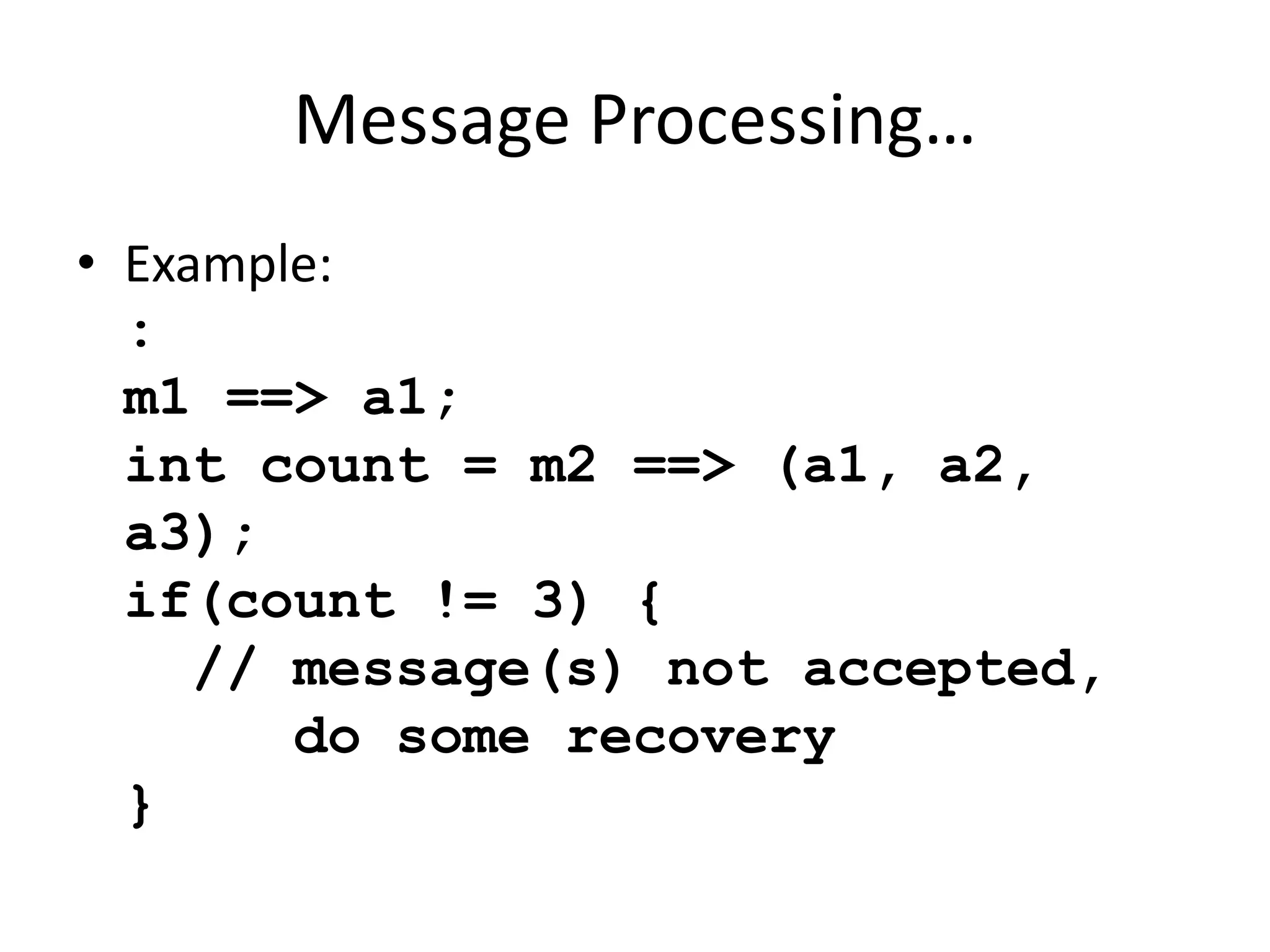
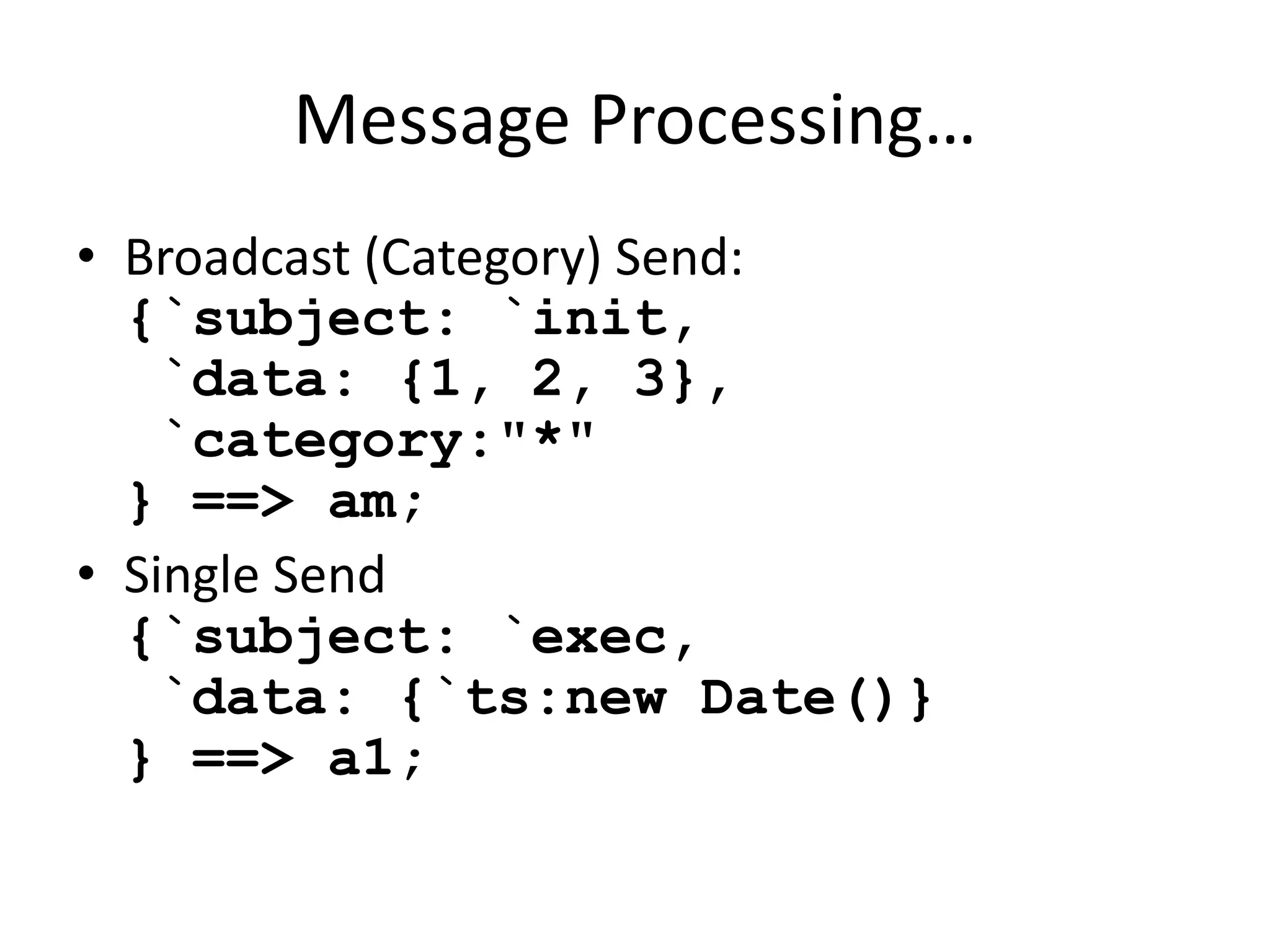
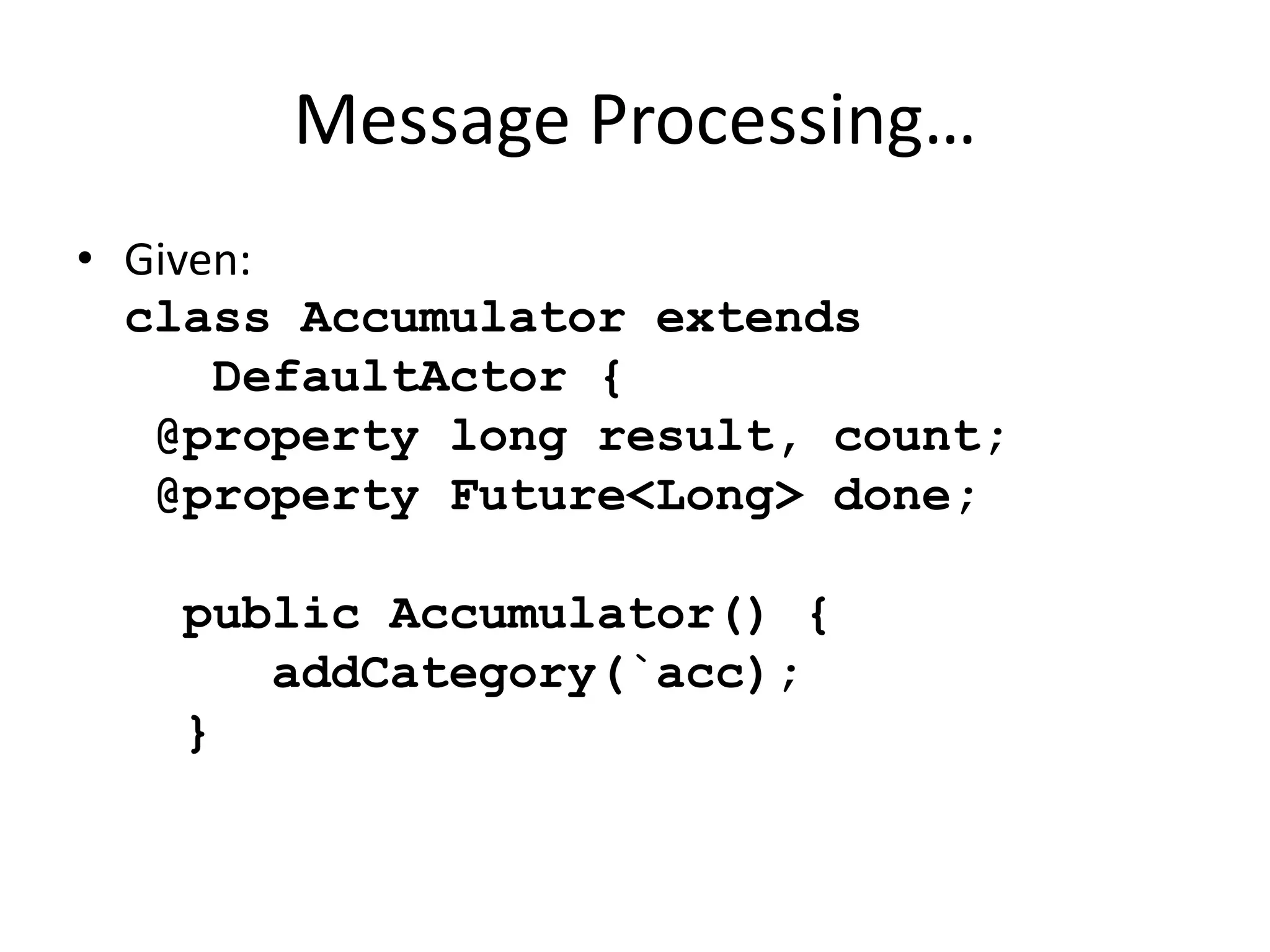
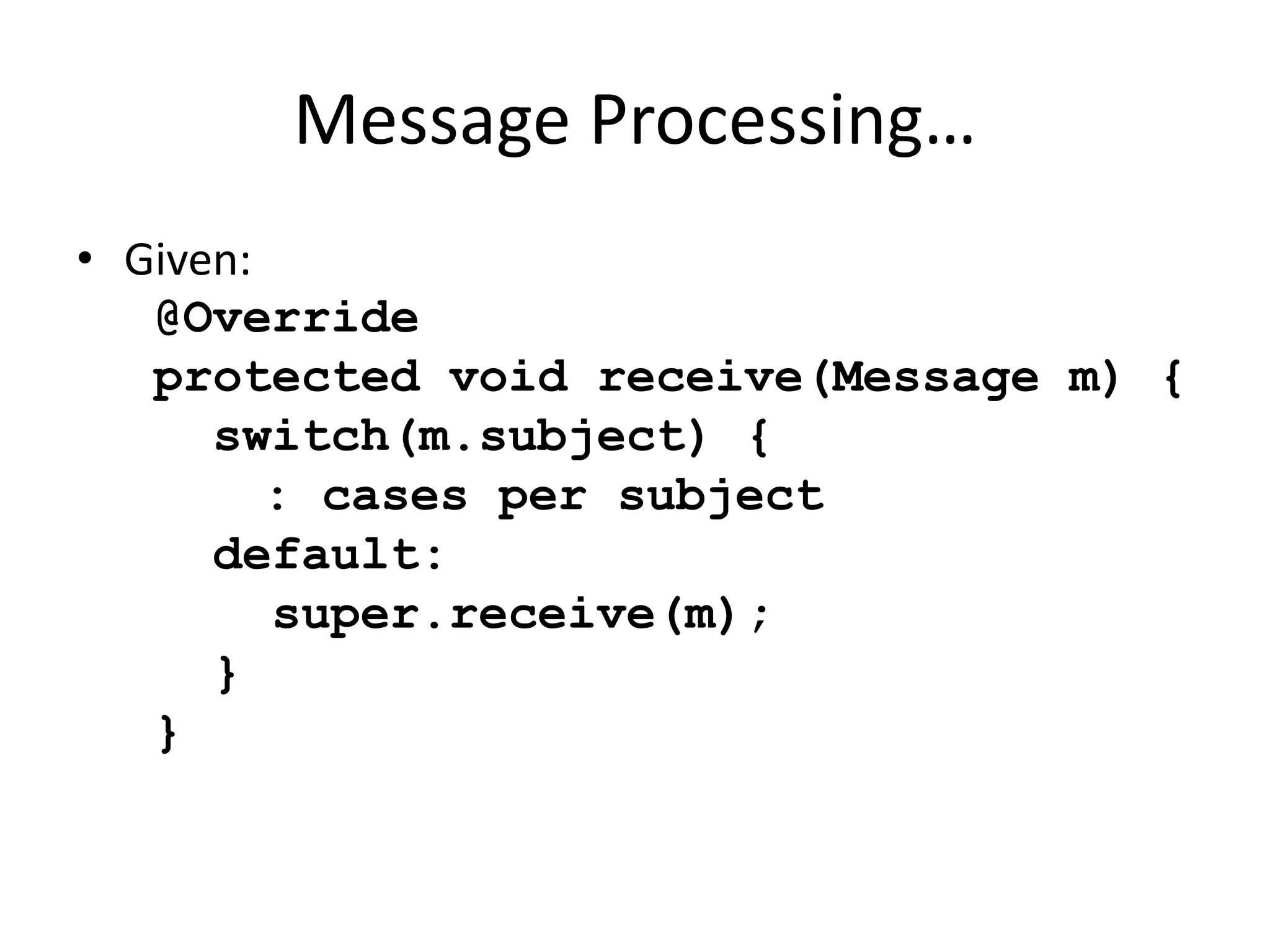
![Message Processing…
• Cases:
:
case ‘accumulate:
if(count > 0) {
result += (Integer)m.data;
count--;
if(count == 0) done.set(result);
}
break;
case ‘init:
result = = 0;
count = (Integer)m.data[0];
done = (Future<Long>)m.data[1];
break;](https://image.slidesharecdn.com/potentialjavajsritems-141021122623-conversion-gate02/75/Proposals-for-new-function-in-Java-SE-9-and-beyond-356-2048.jpg)
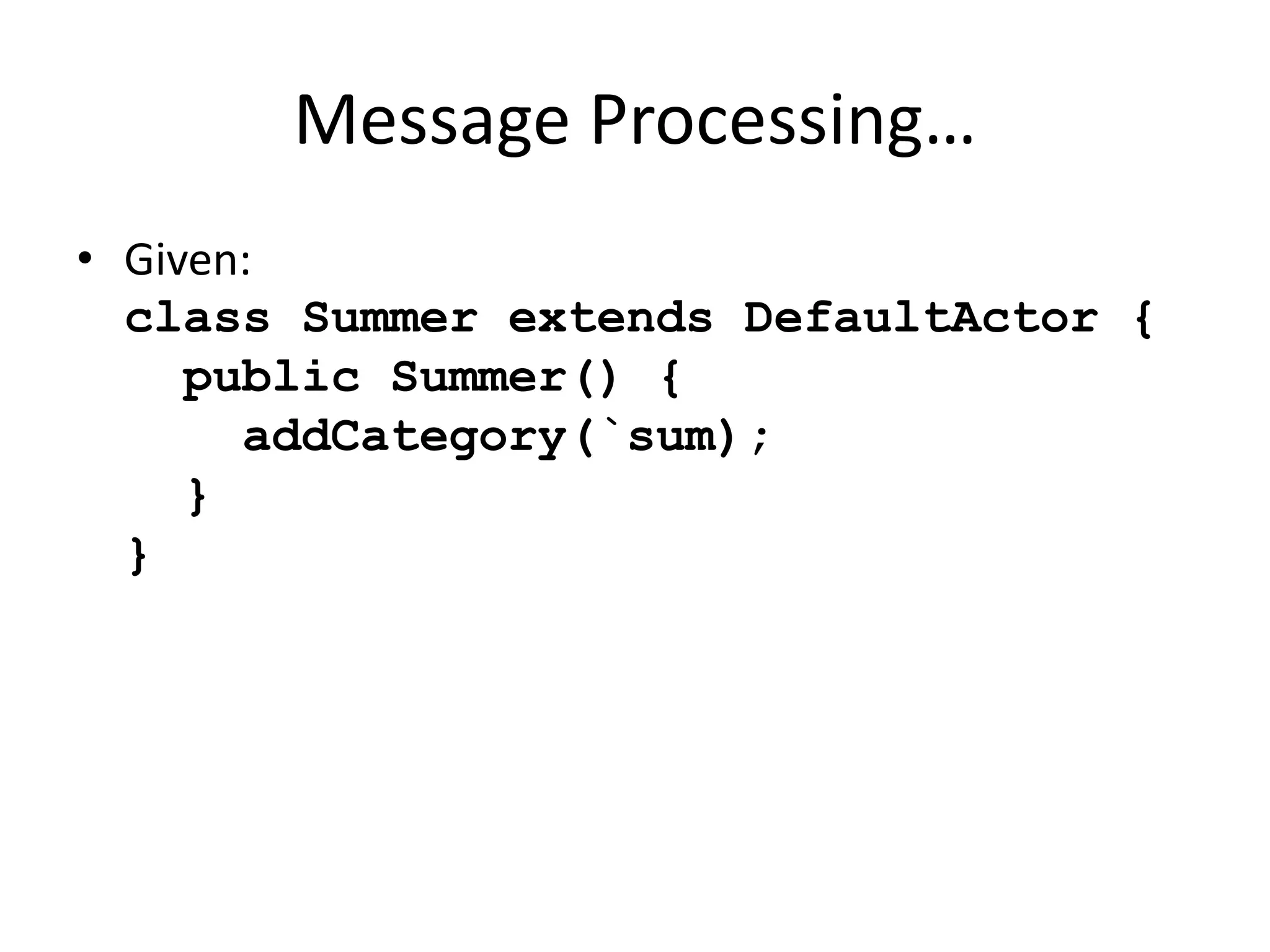
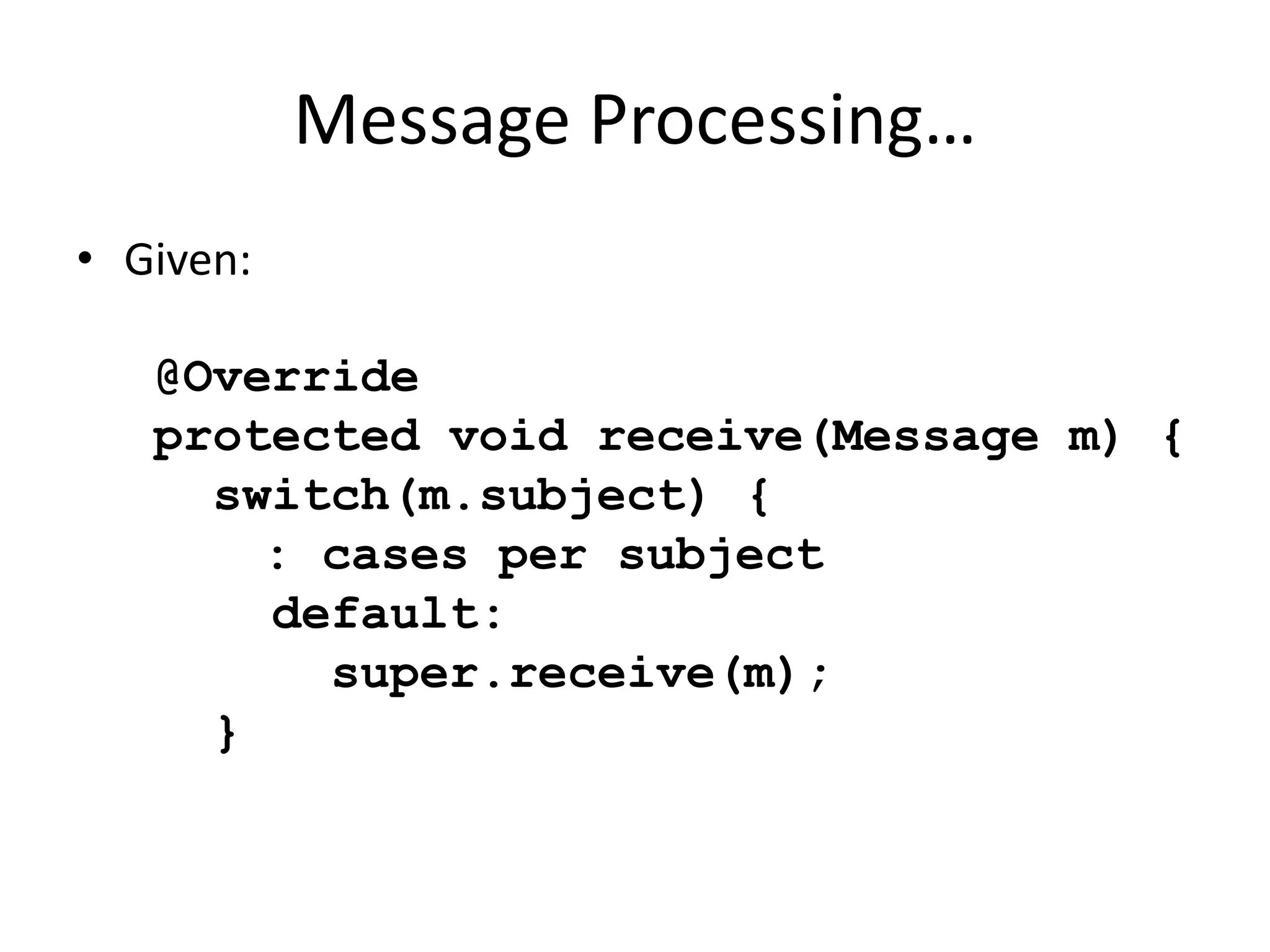
![Message Processing…
• Cases:
:
case ‘sum:
var value =
(Tuple<Integer>)m.data;
var sum = value[0] + value[1];
{ `subject:`accumulate,
`data:sum,
`category:`acc } ==>
actorManager;
break;](https://image.slidesharecdn.com/potentialjavajsritems-141021122623-conversion-gate02/75/Proposals-for-new-function-in-Java-SE-9-and-beyond-359-2048.jpg)
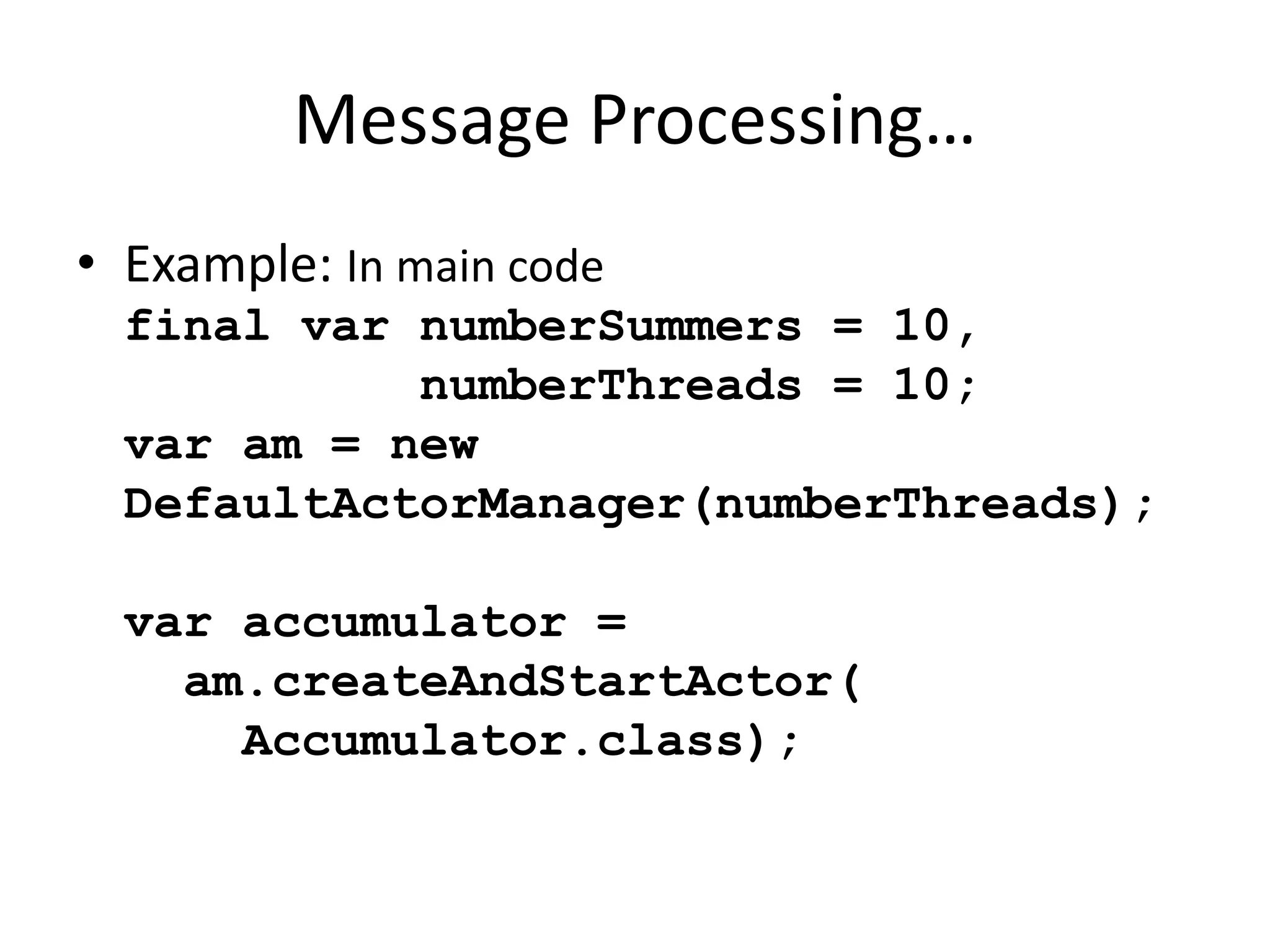
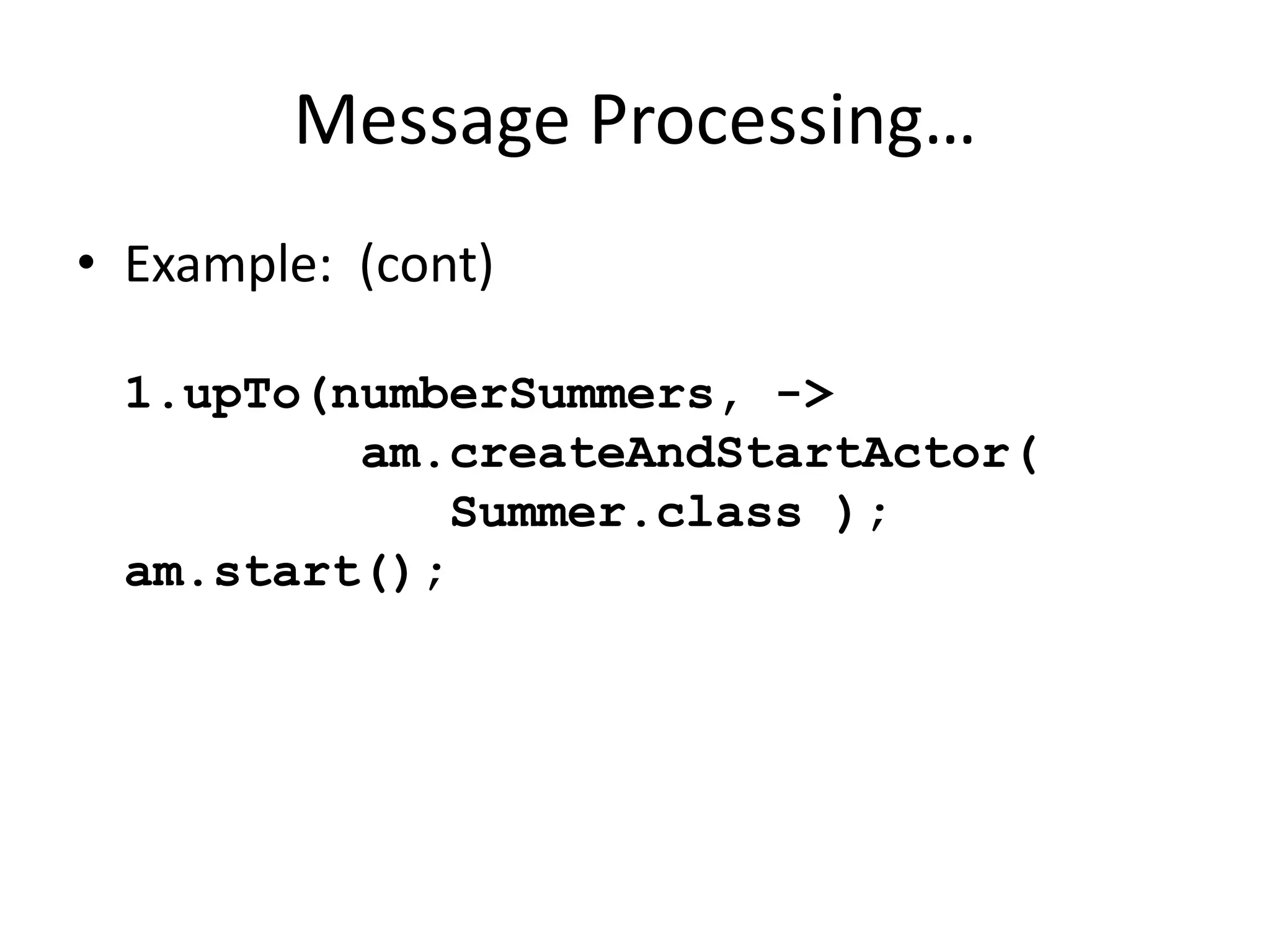
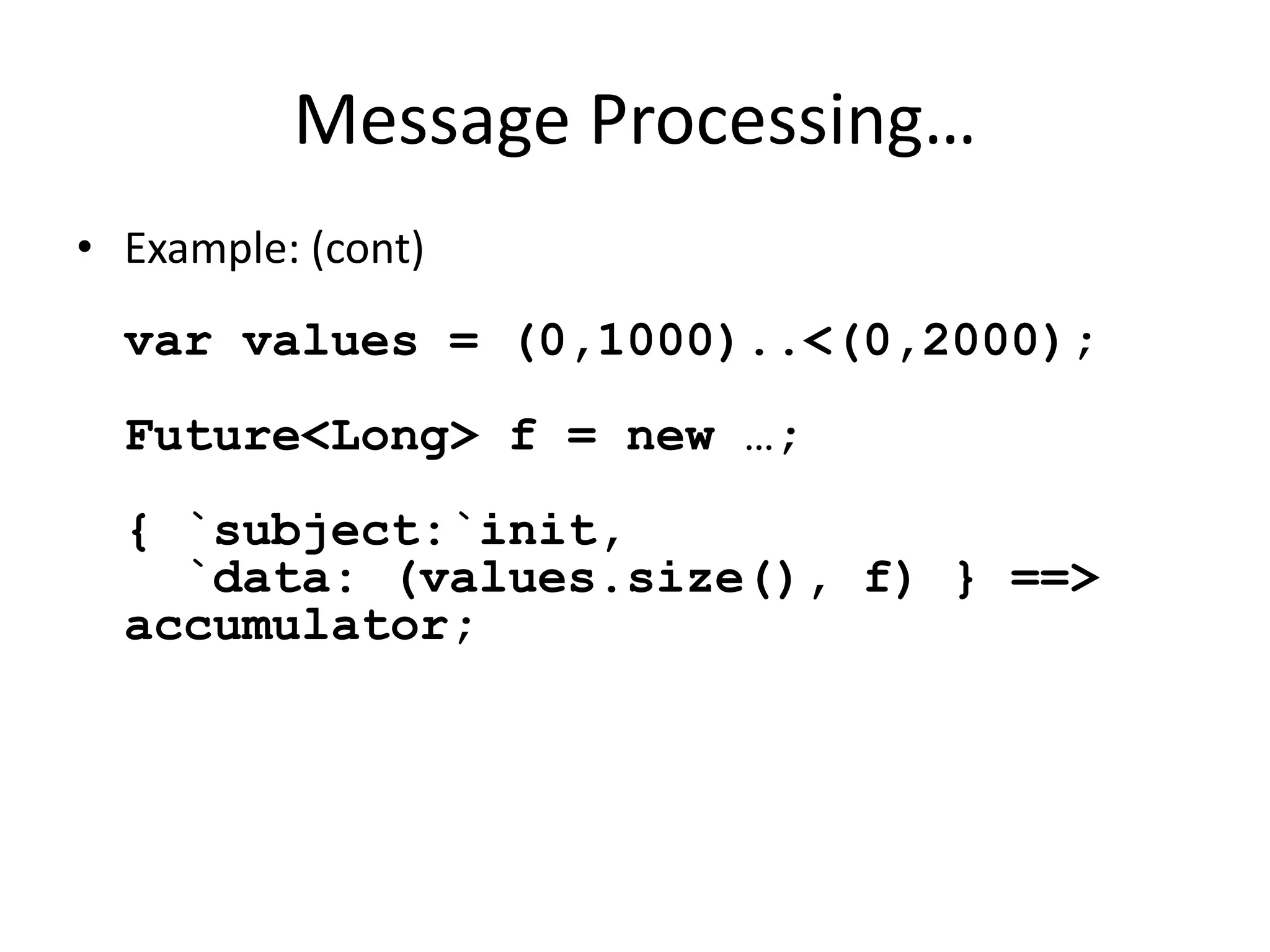
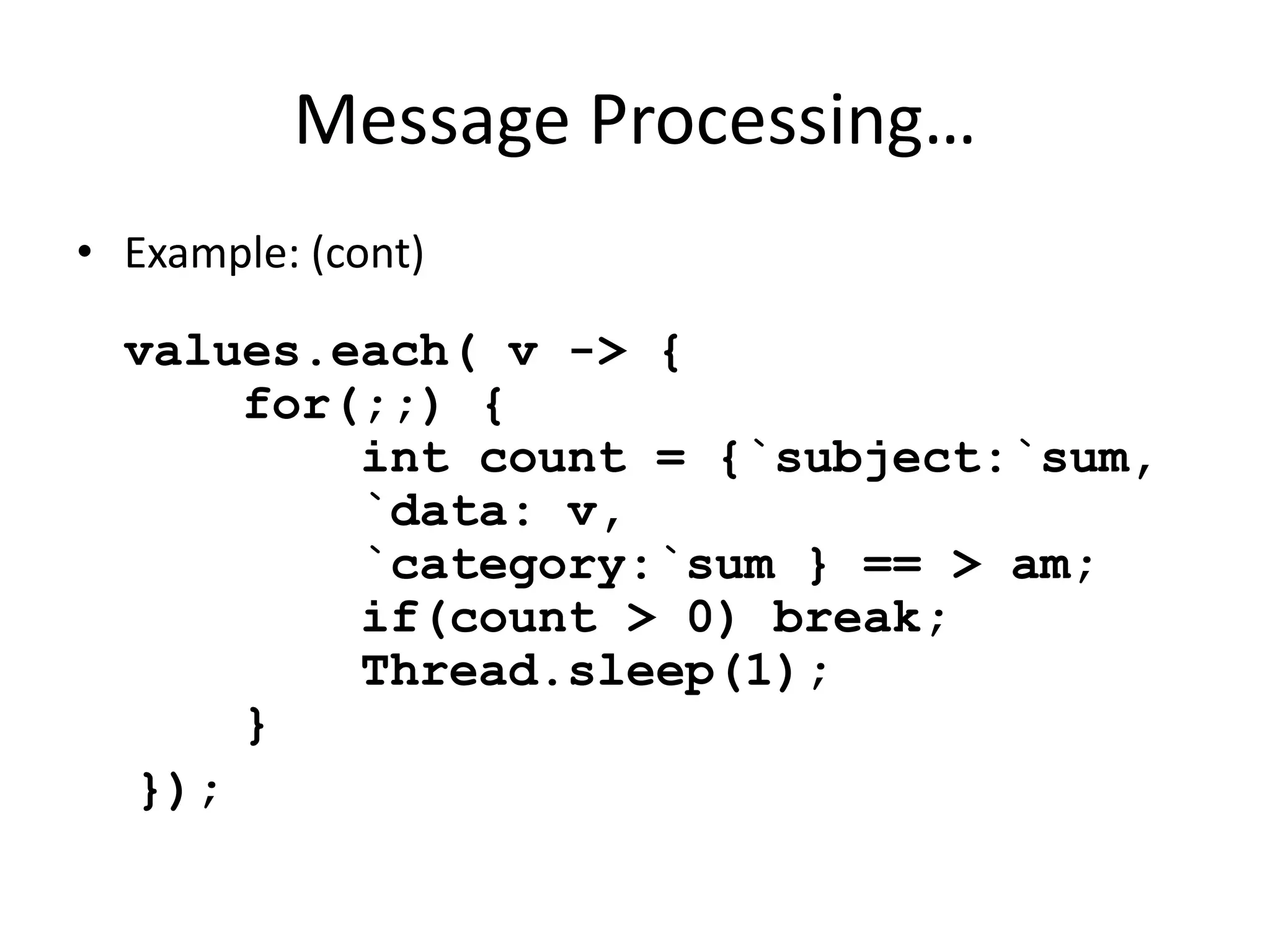
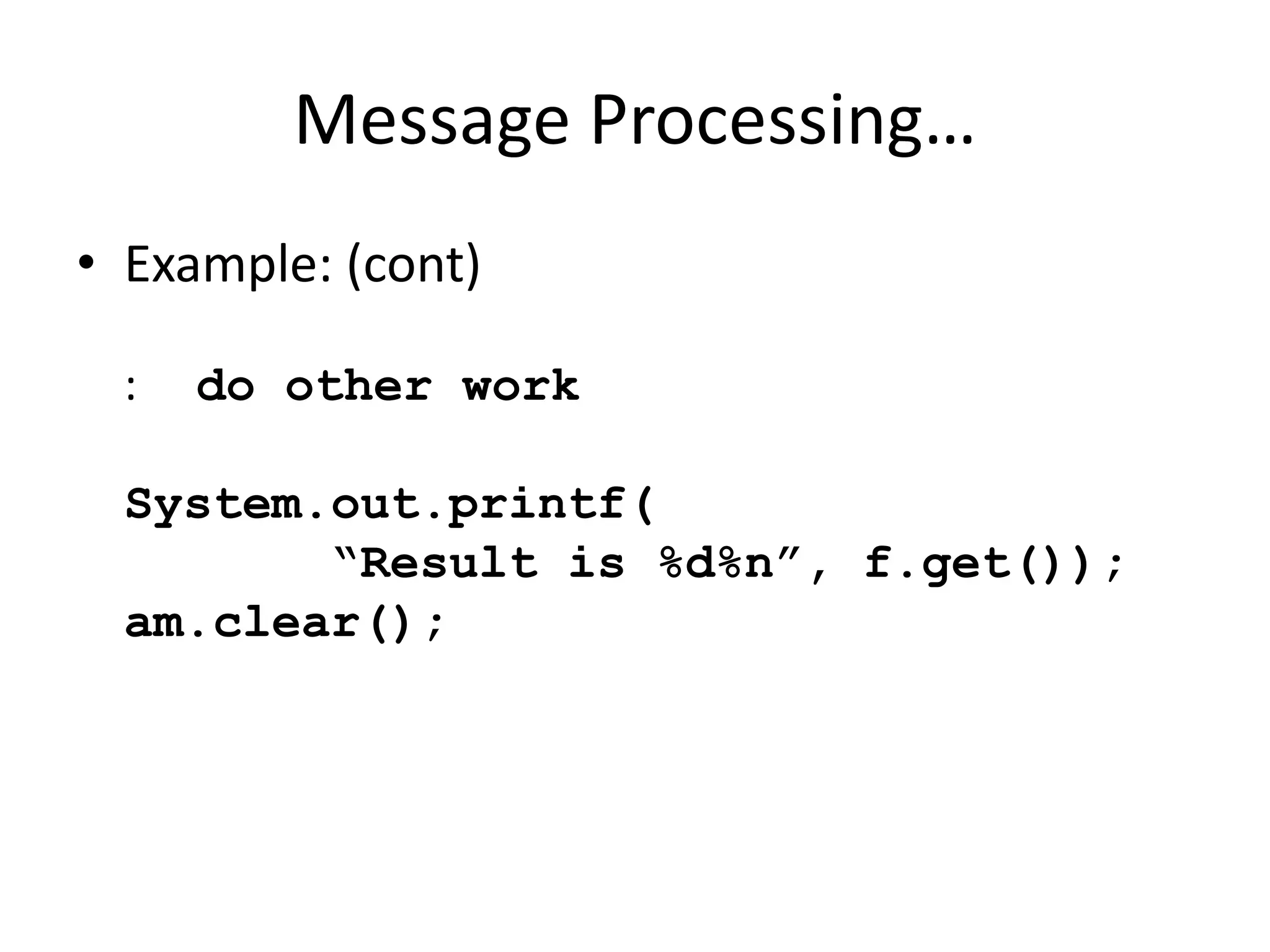
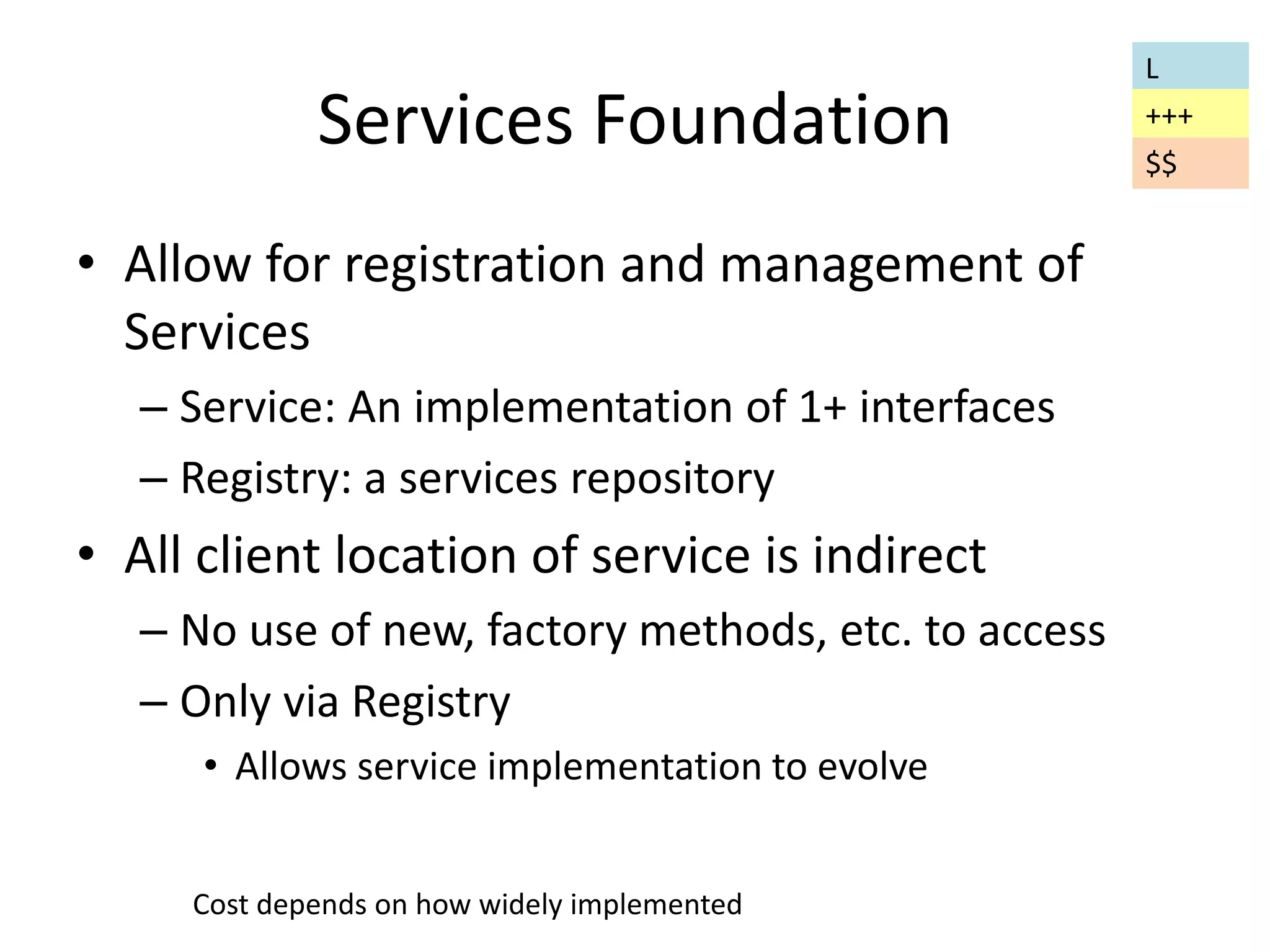
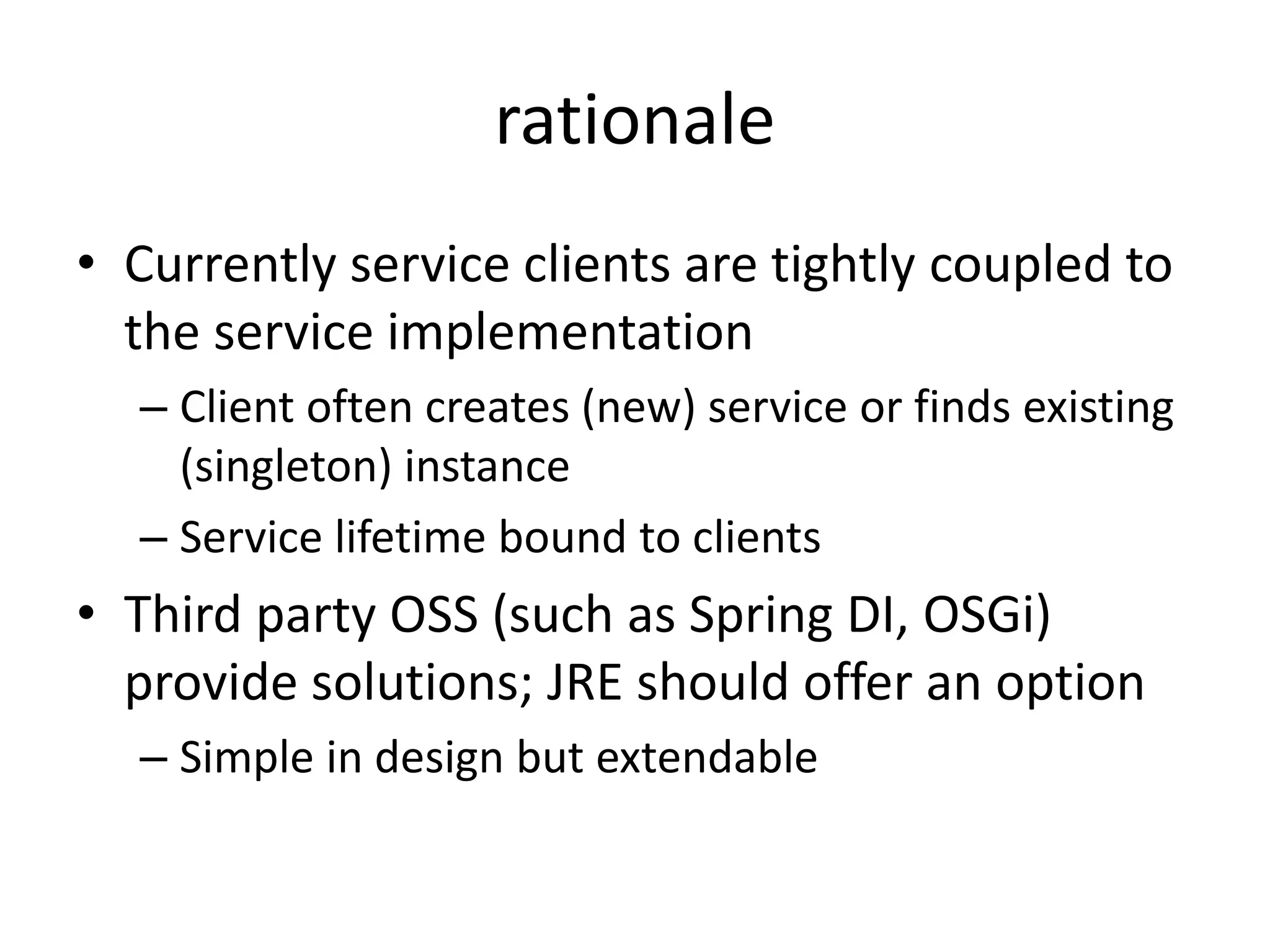
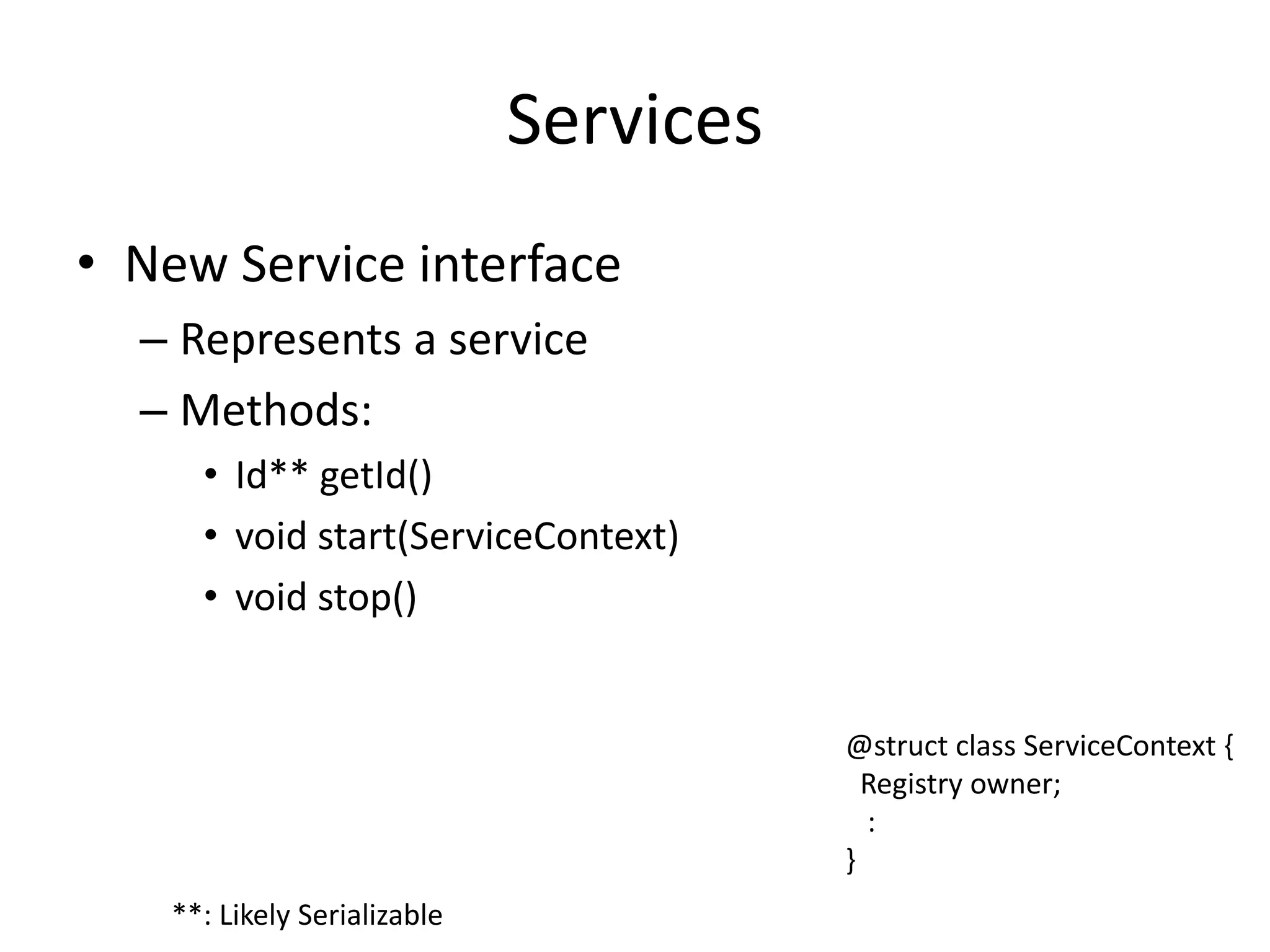
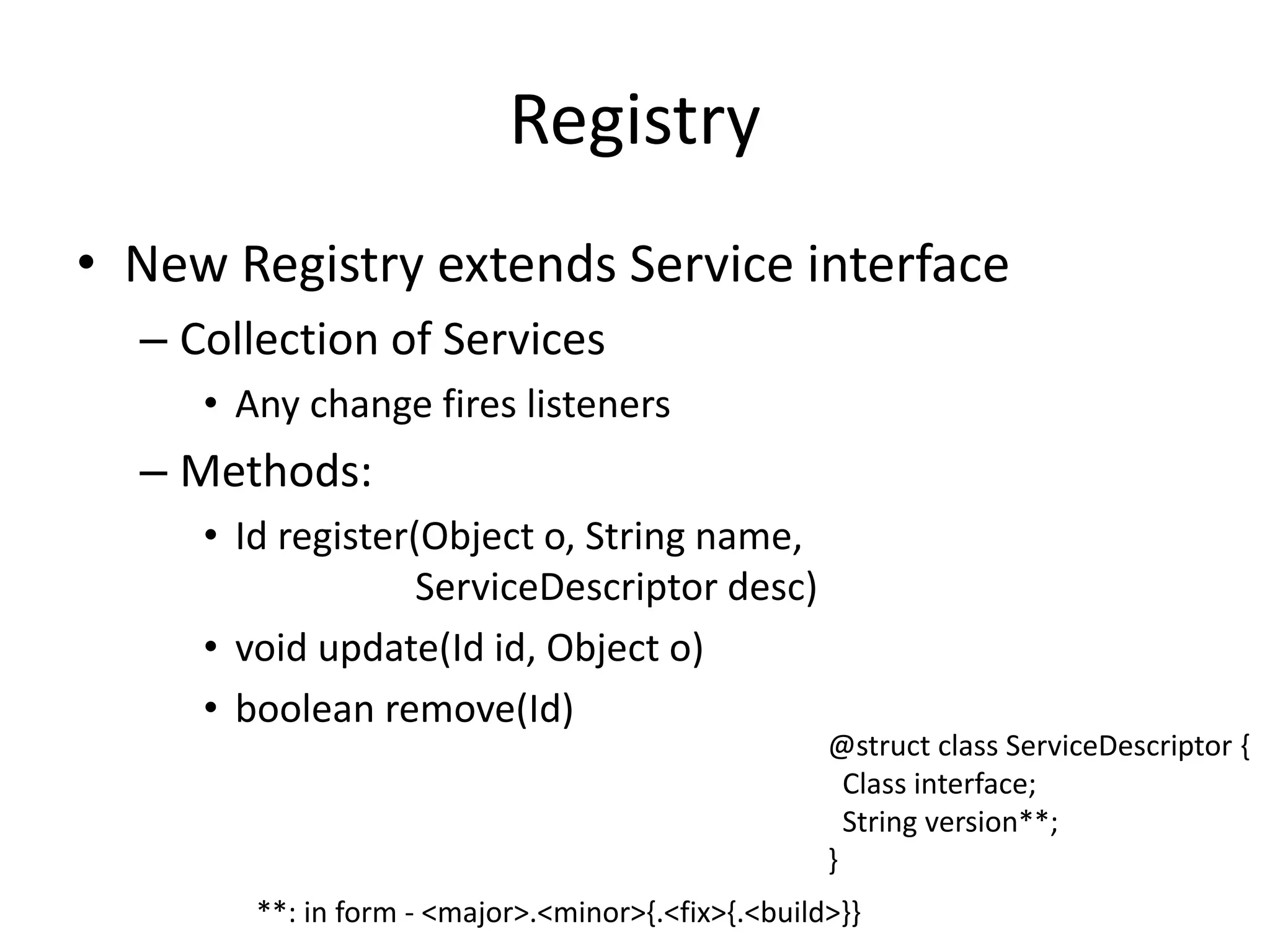
![Registry…
• New Registry interface
– Methods:
• ServiceHandle<T> [] lookup(String interface,
String version)
• ServiceHandle<T> [] find(Query q)
• ServiceHandle<T> get{Required}Service(Class<T> type)
• ServiceHandle<T> get{Required}ServiceById(…, Id id)
• ServiceHandle<T> get{Required}ServiceByName(…,
String name)](https://image.slidesharecdn.com/potentialjavajsritems-141021122623-conversion-gate02/75/Proposals-for-new-function-in-Java-SE-9-and-beyond-369-2048.jpg)
![Registry…
• New Registry interface
– Methods:
• Registry[] getChildren()
• void addChild(Registry)
• void removeChild(Registry)
• boolean hasChildren](https://image.slidesharecdn.com/potentialjavajsritems-141021122623-conversion-gate02/75/Proposals-for-new-function-in-Java-SE-9-and-beyond-370-2048.jpg)
![Registry…
• New Registry interface
– Each service can have values (AKA attributes) used
by queries
– Methods:
• void setValue(Id id, String name, Object value)
• Object getValue(Id id, String name)
• String[] getValueNames(Id id)
• Object removeValue(Id id, String name)](https://image.slidesharecdn.com/potentialjavajsritems-141021122623-conversion-gate02/75/Proposals-for-new-function-in-Java-SE-9-and-beyond-371-2048.jpg)
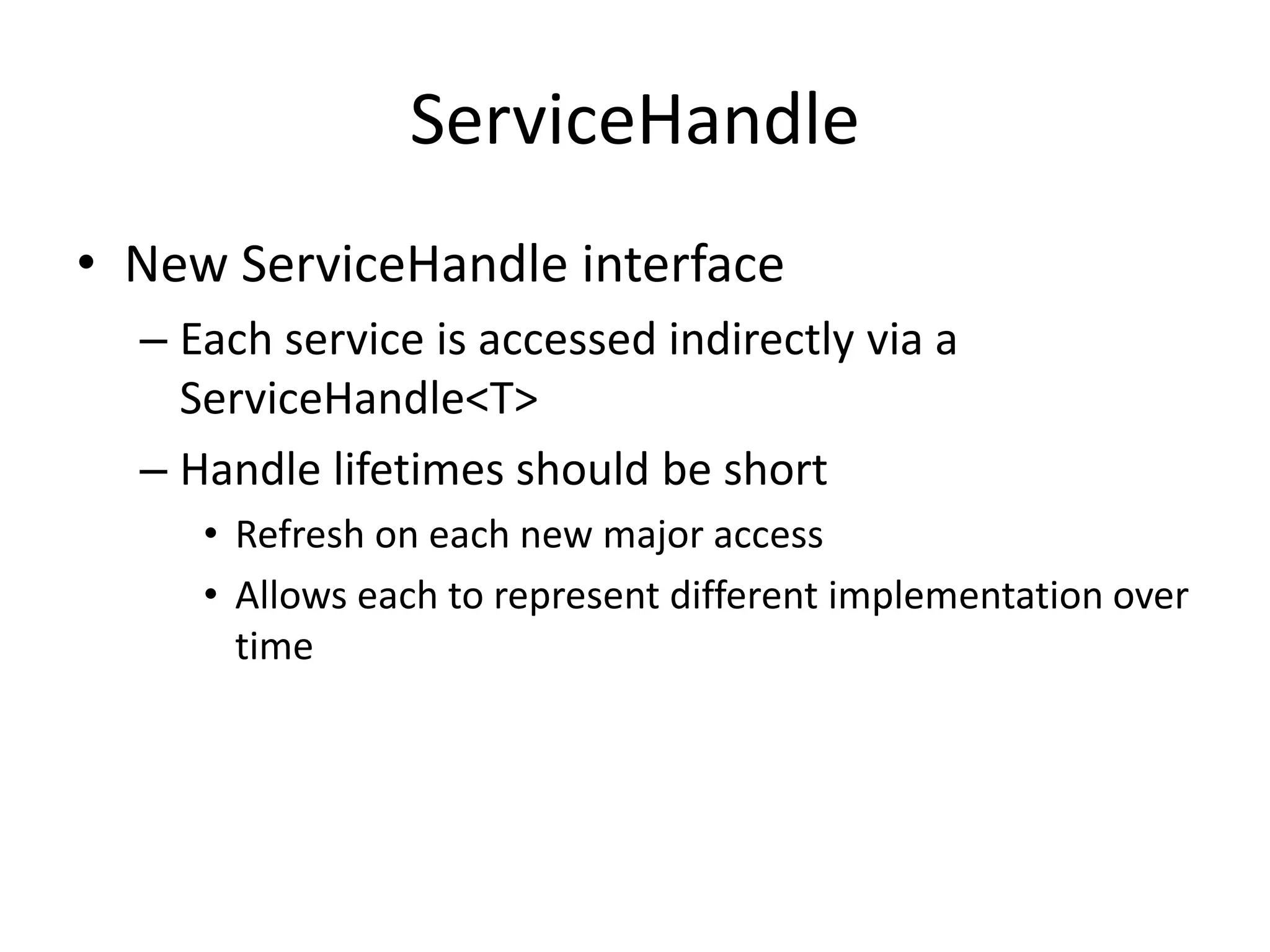
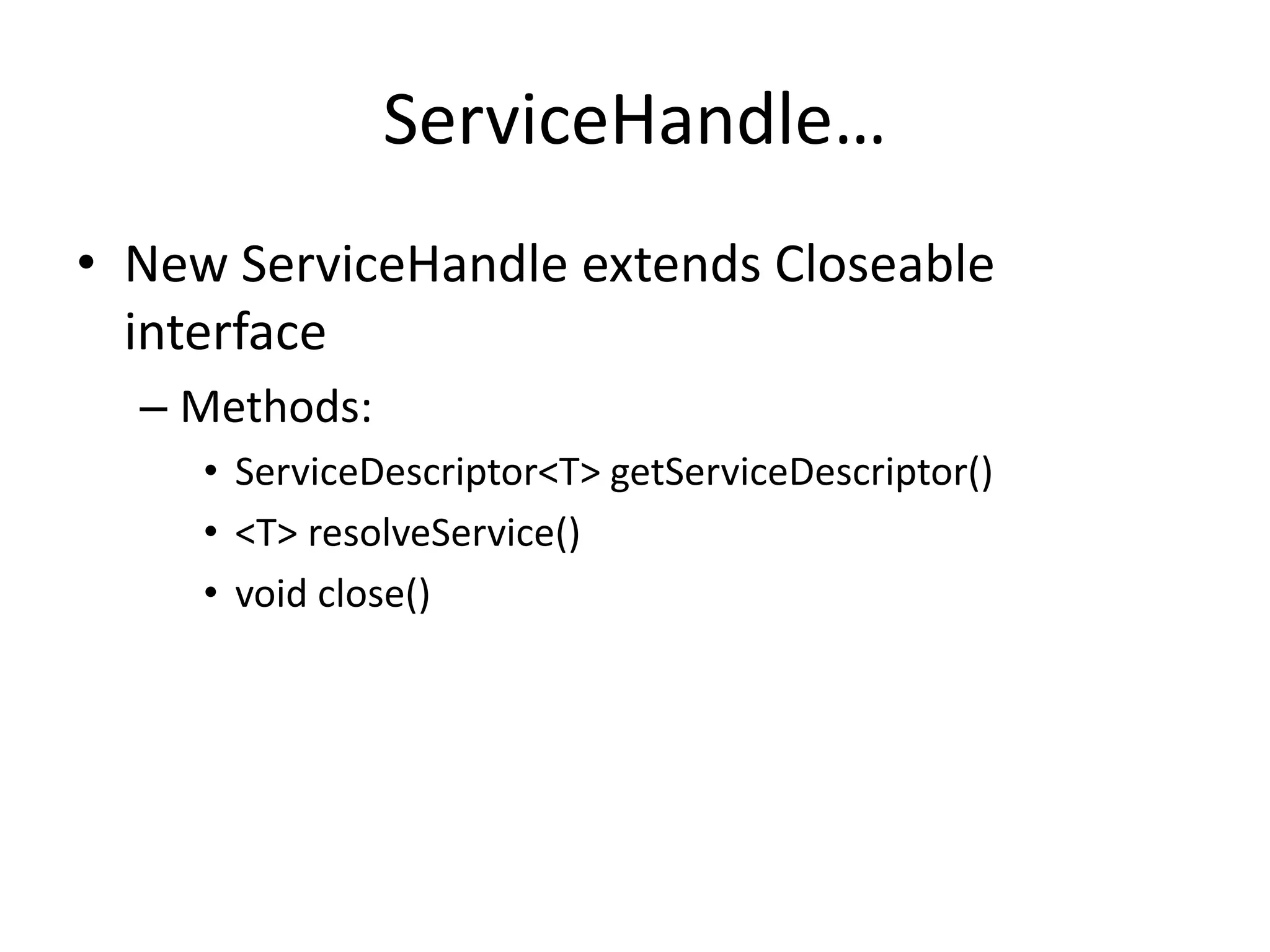
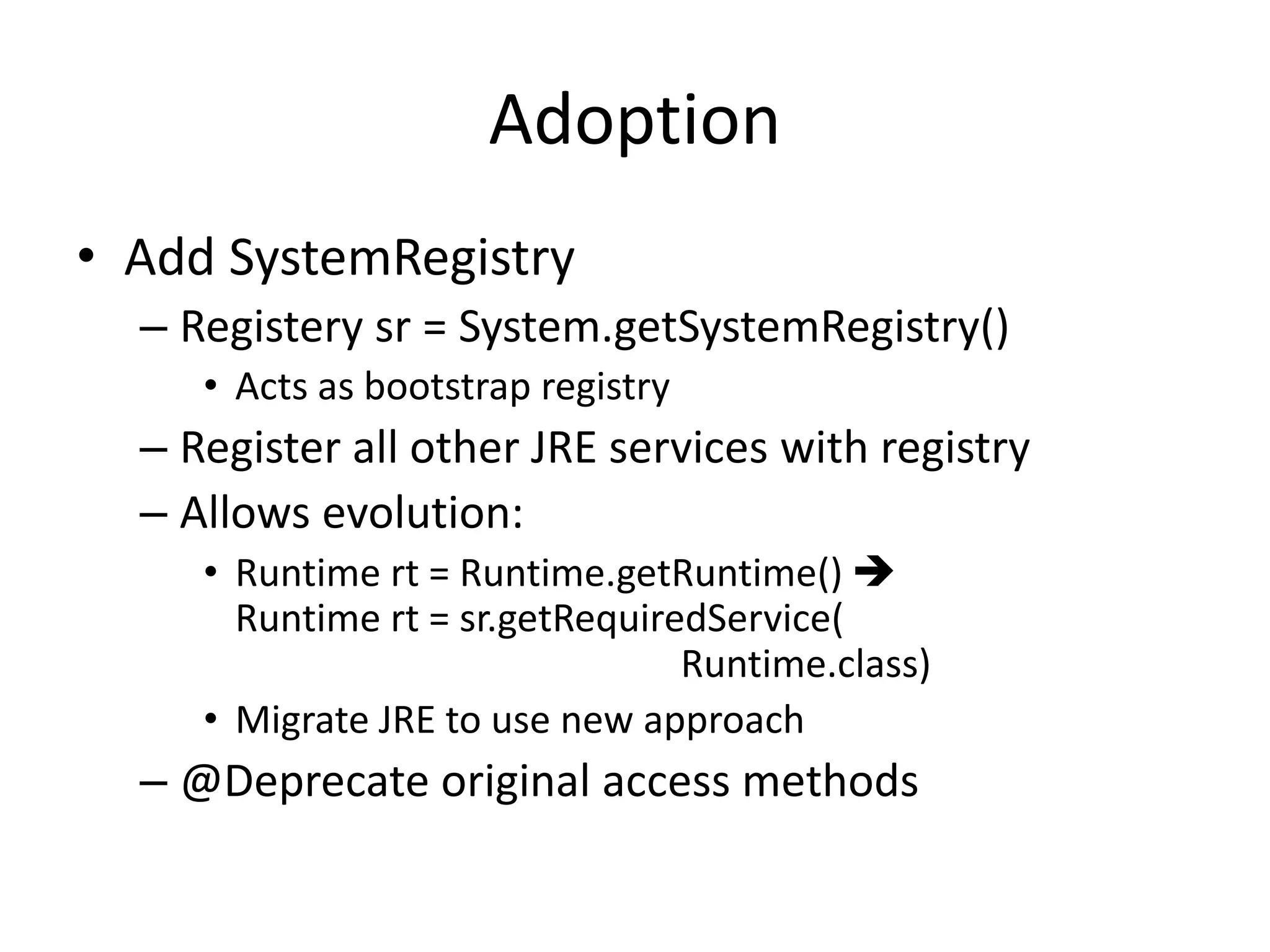
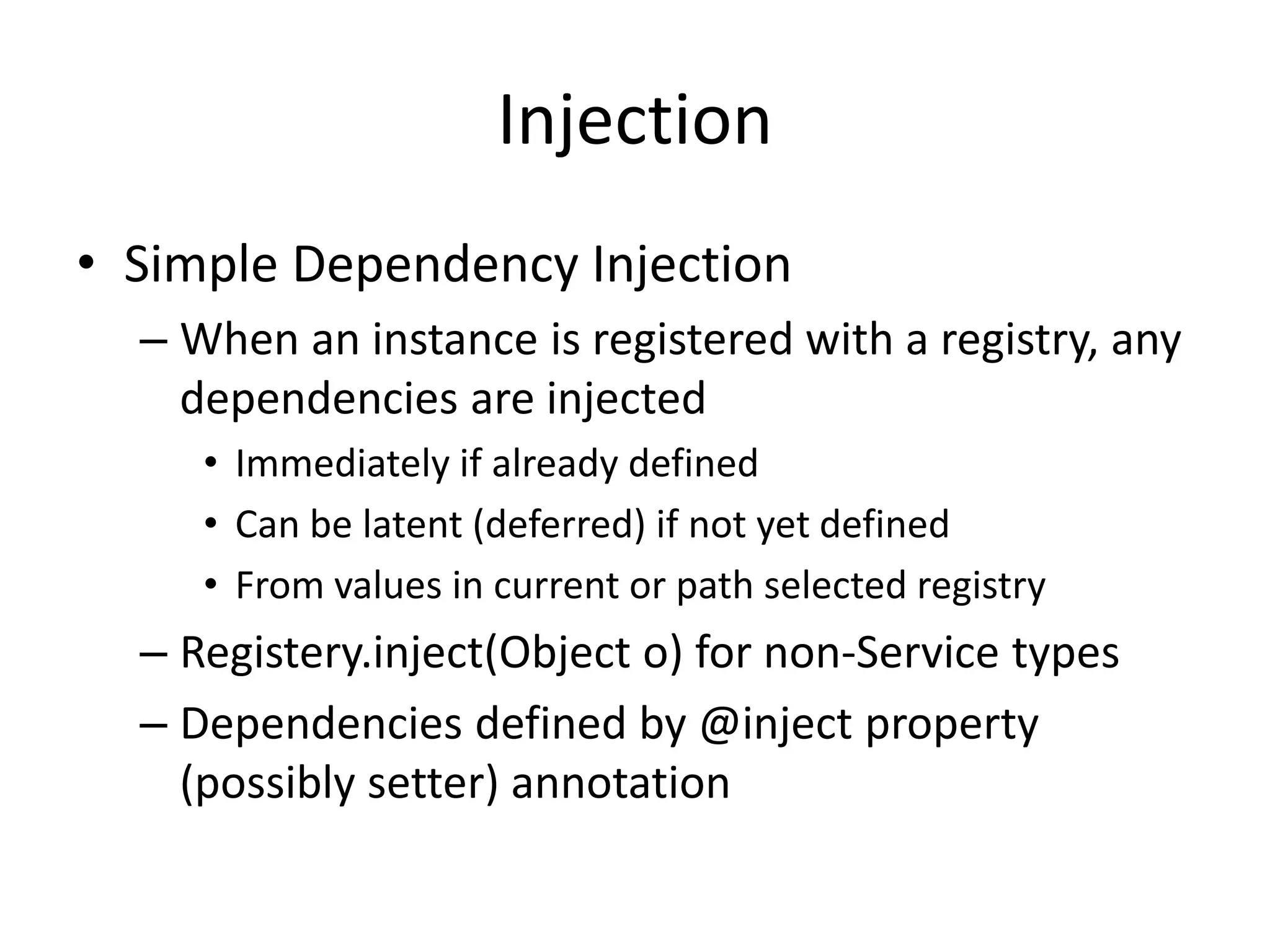
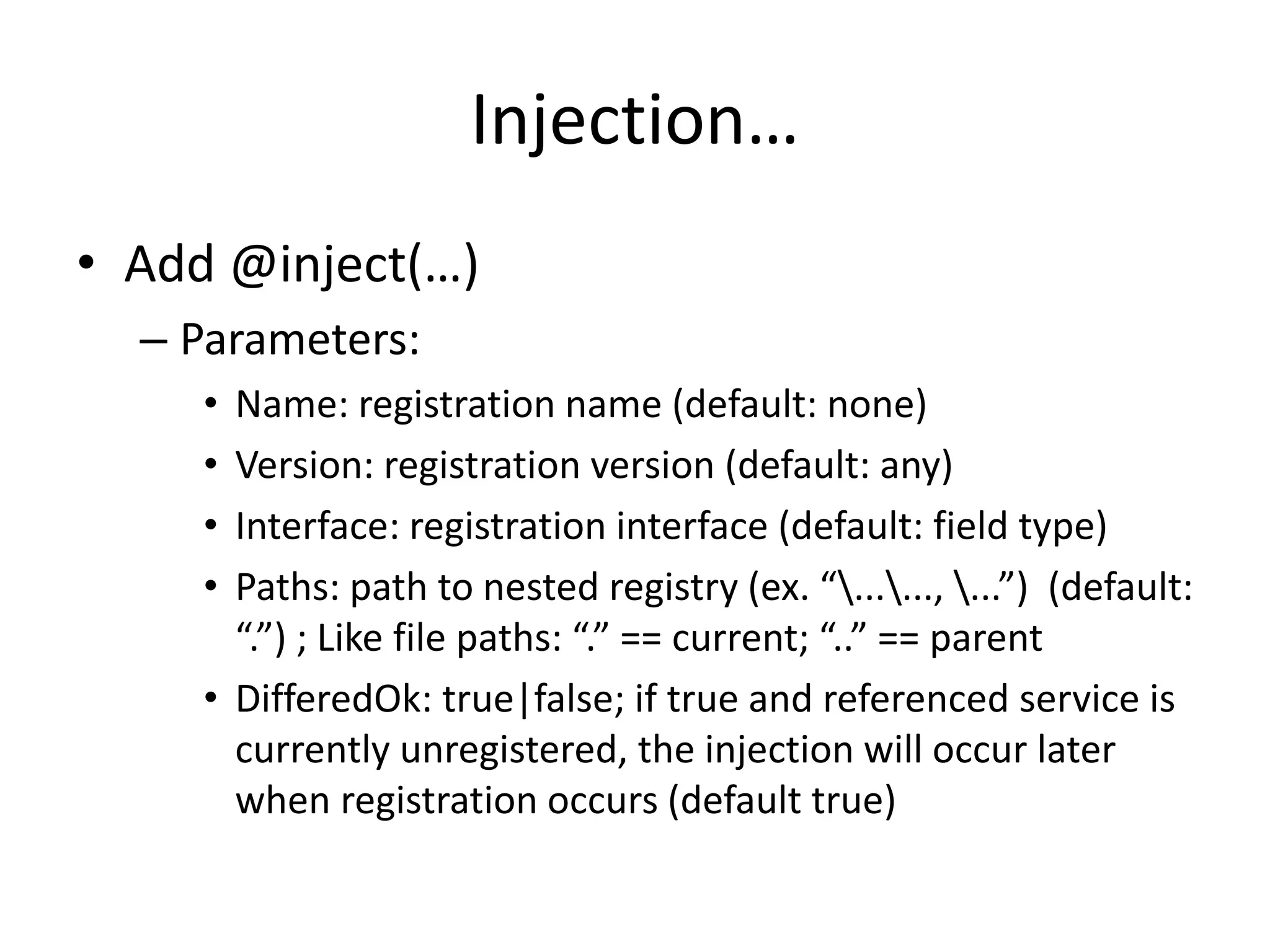
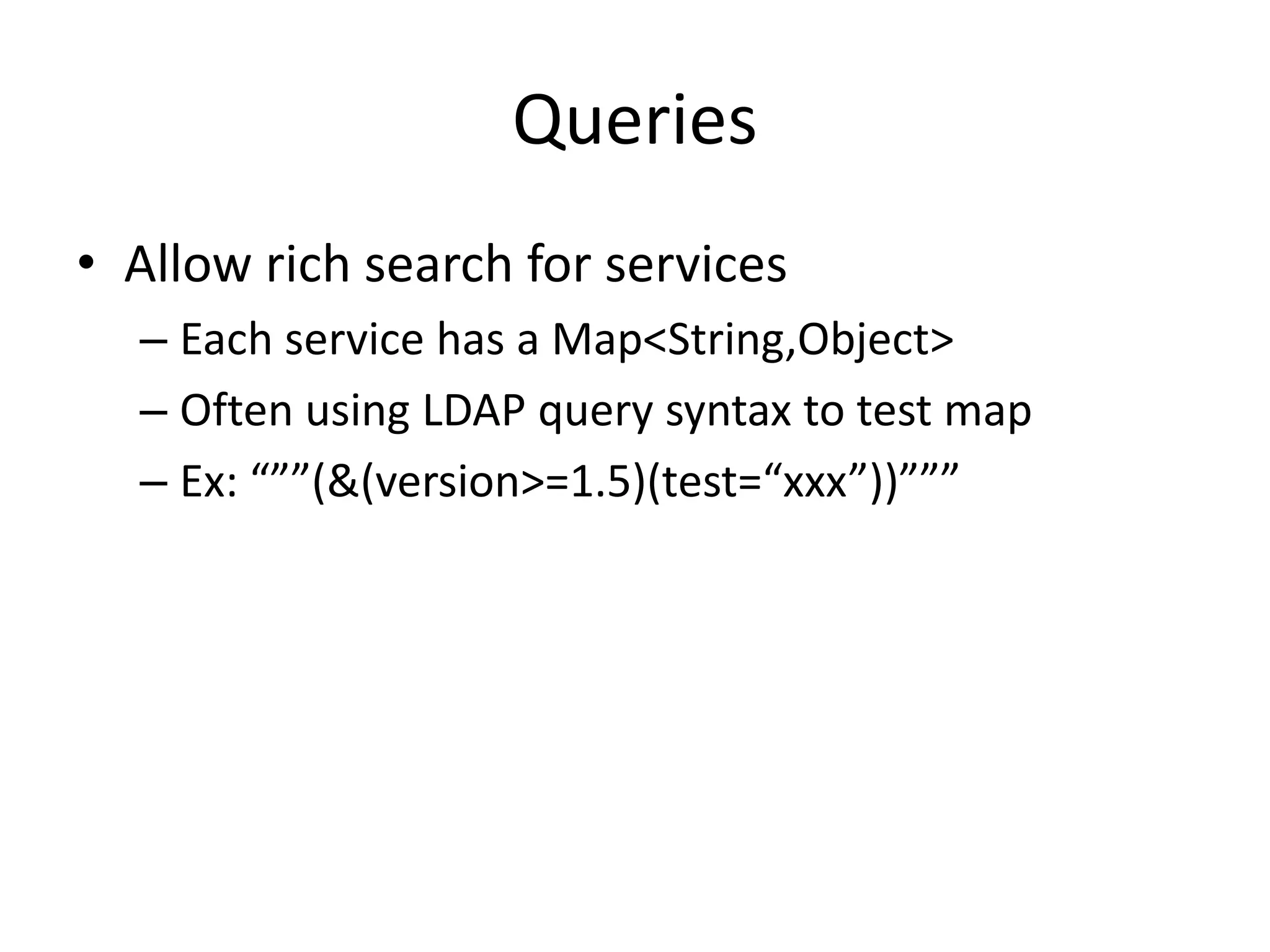
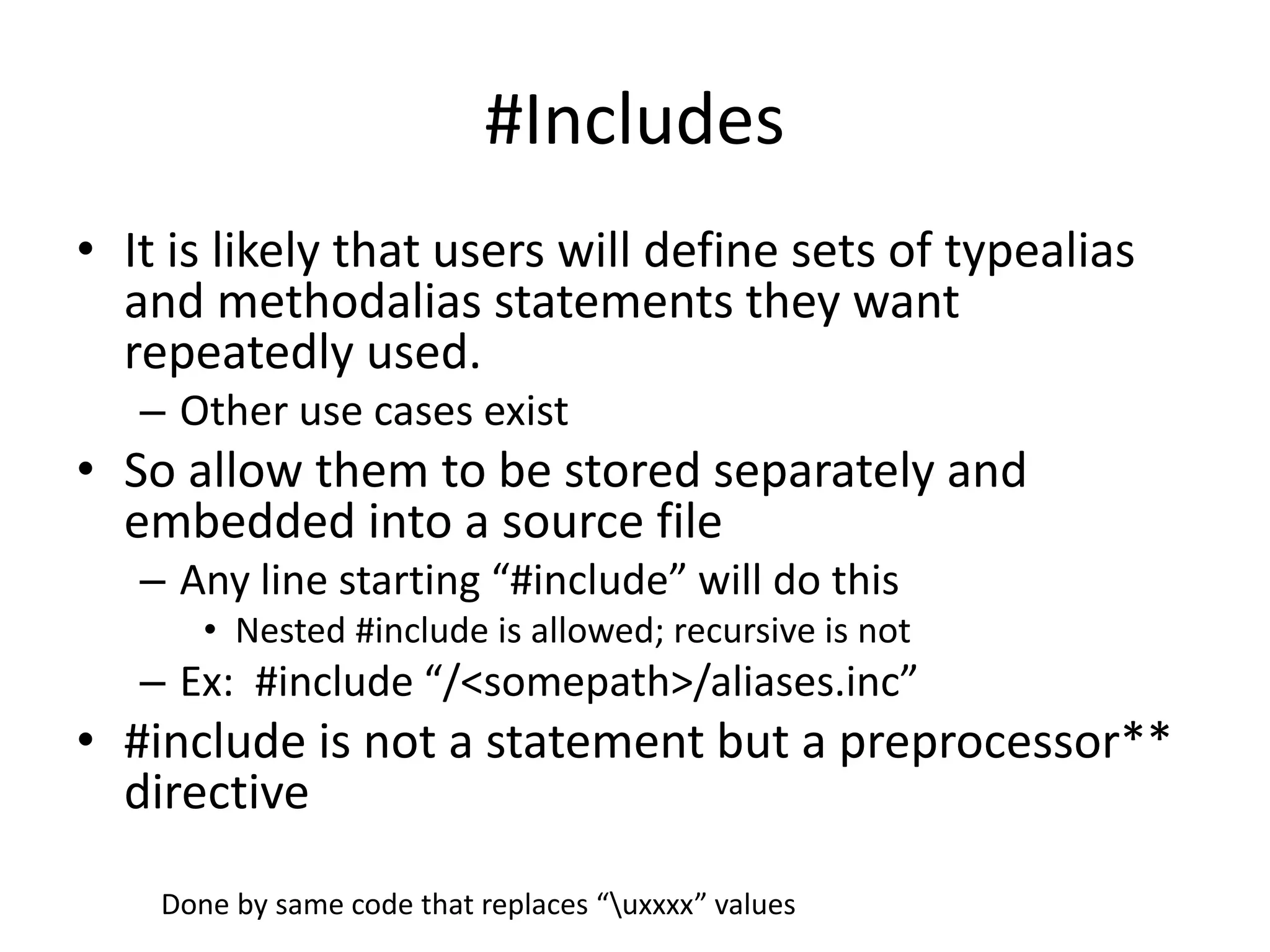
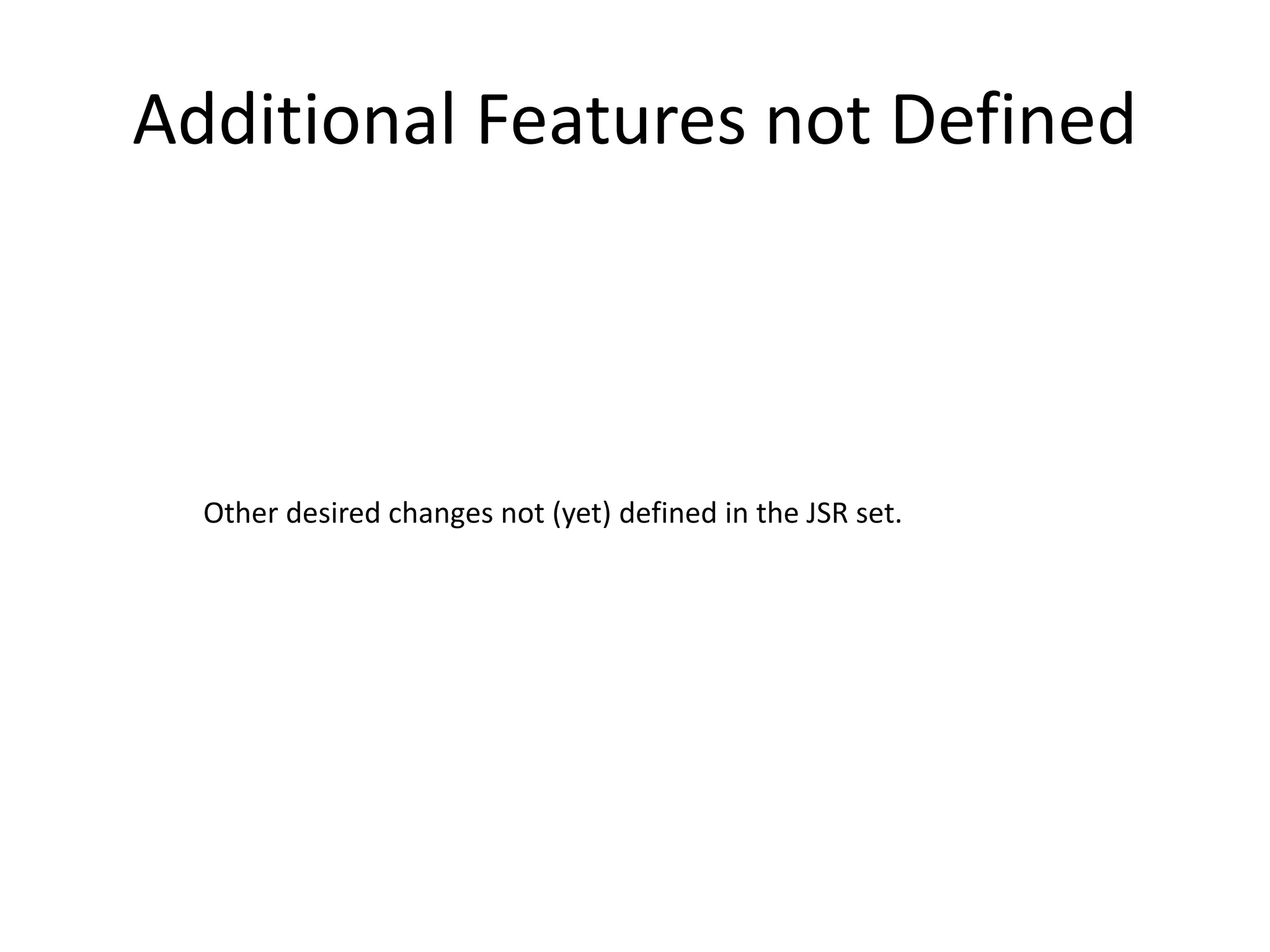
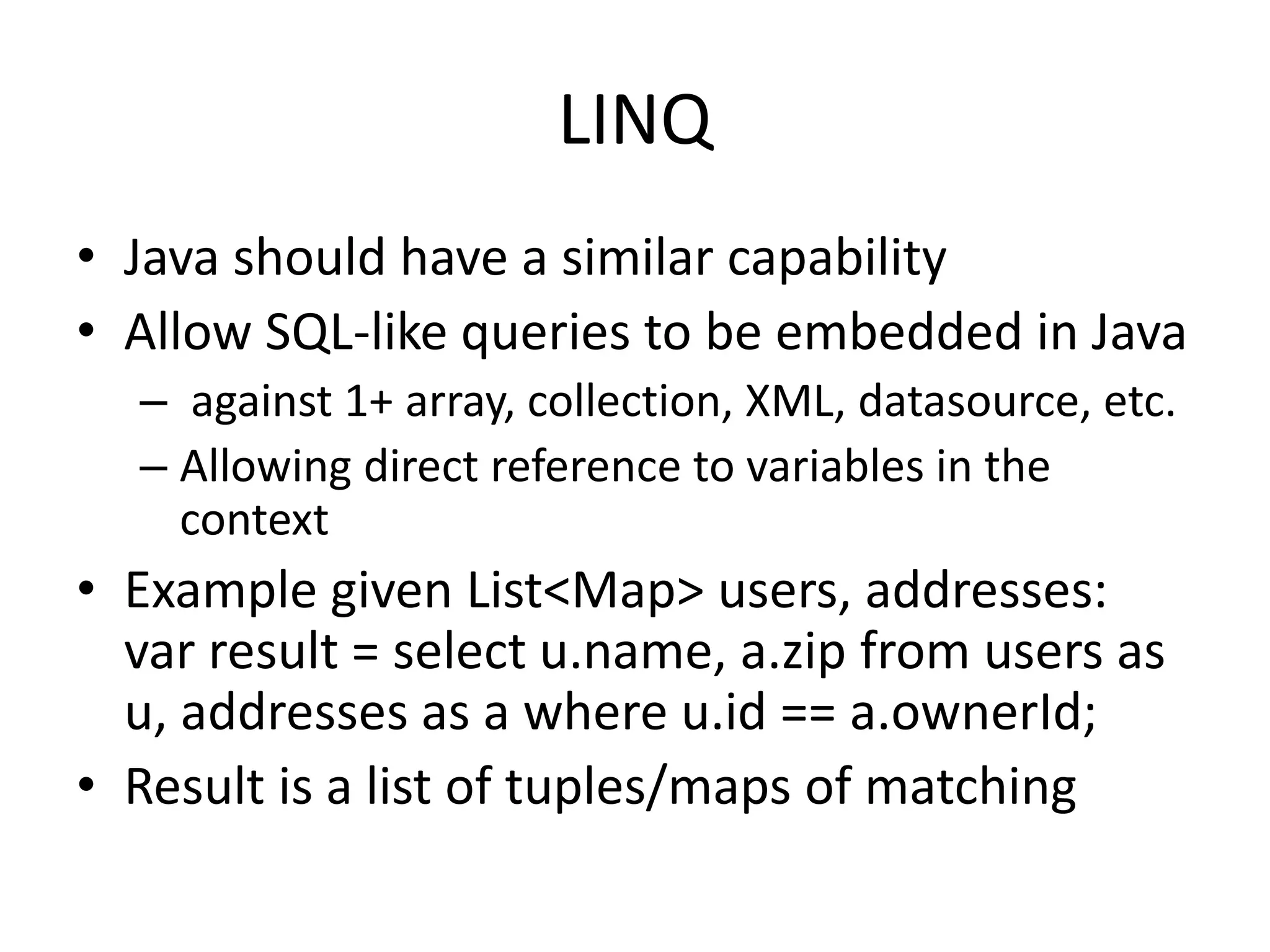
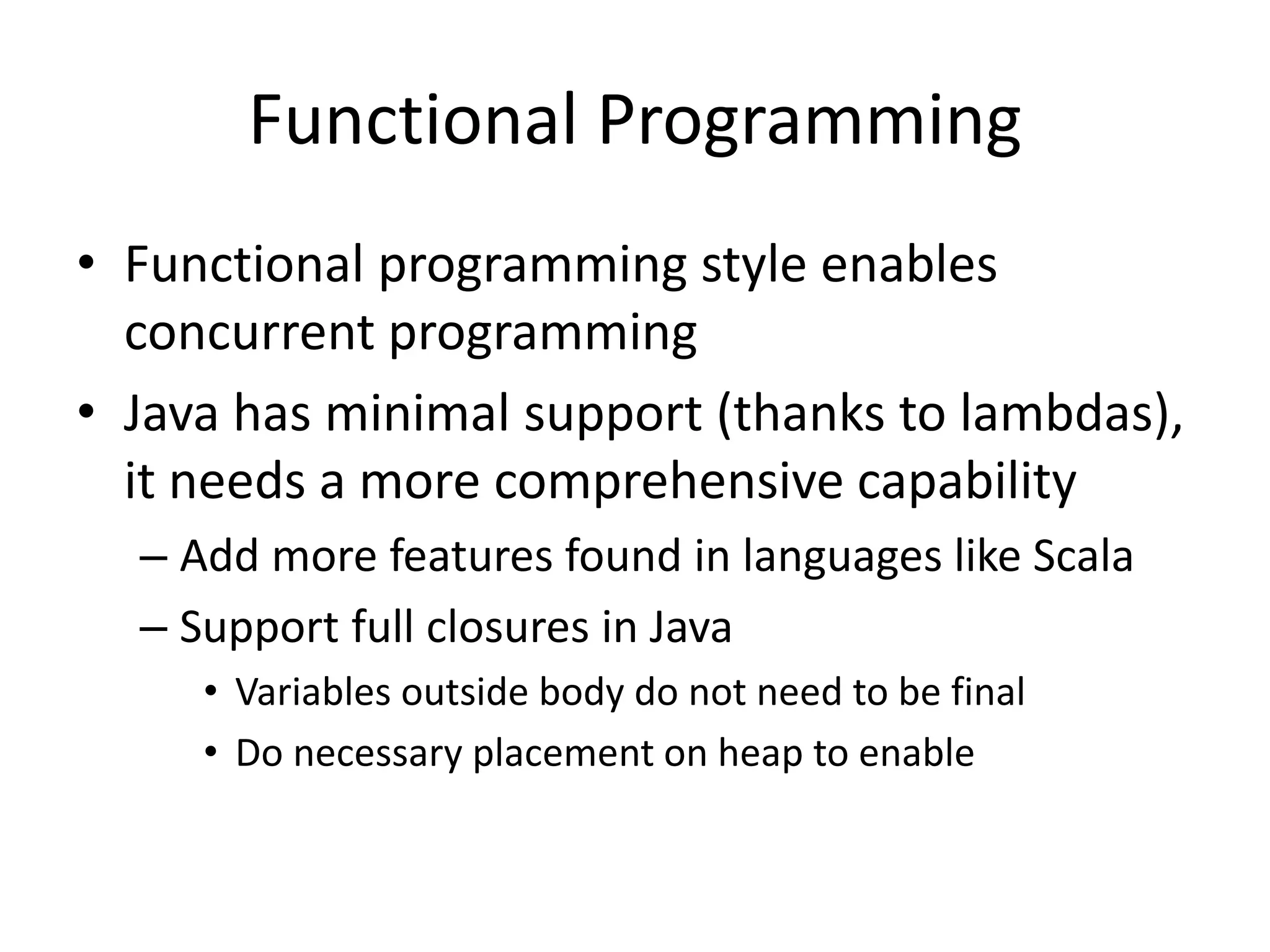
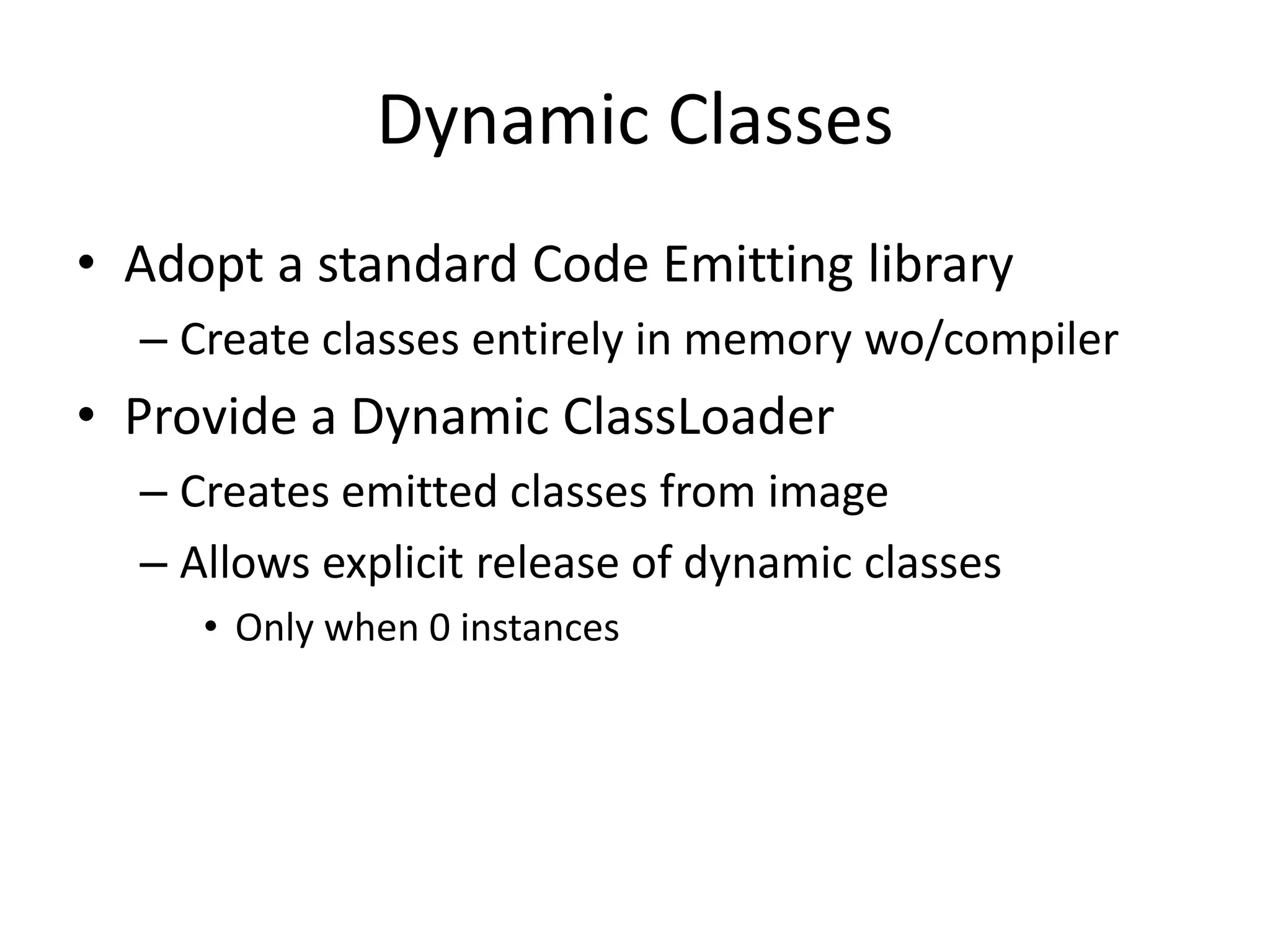




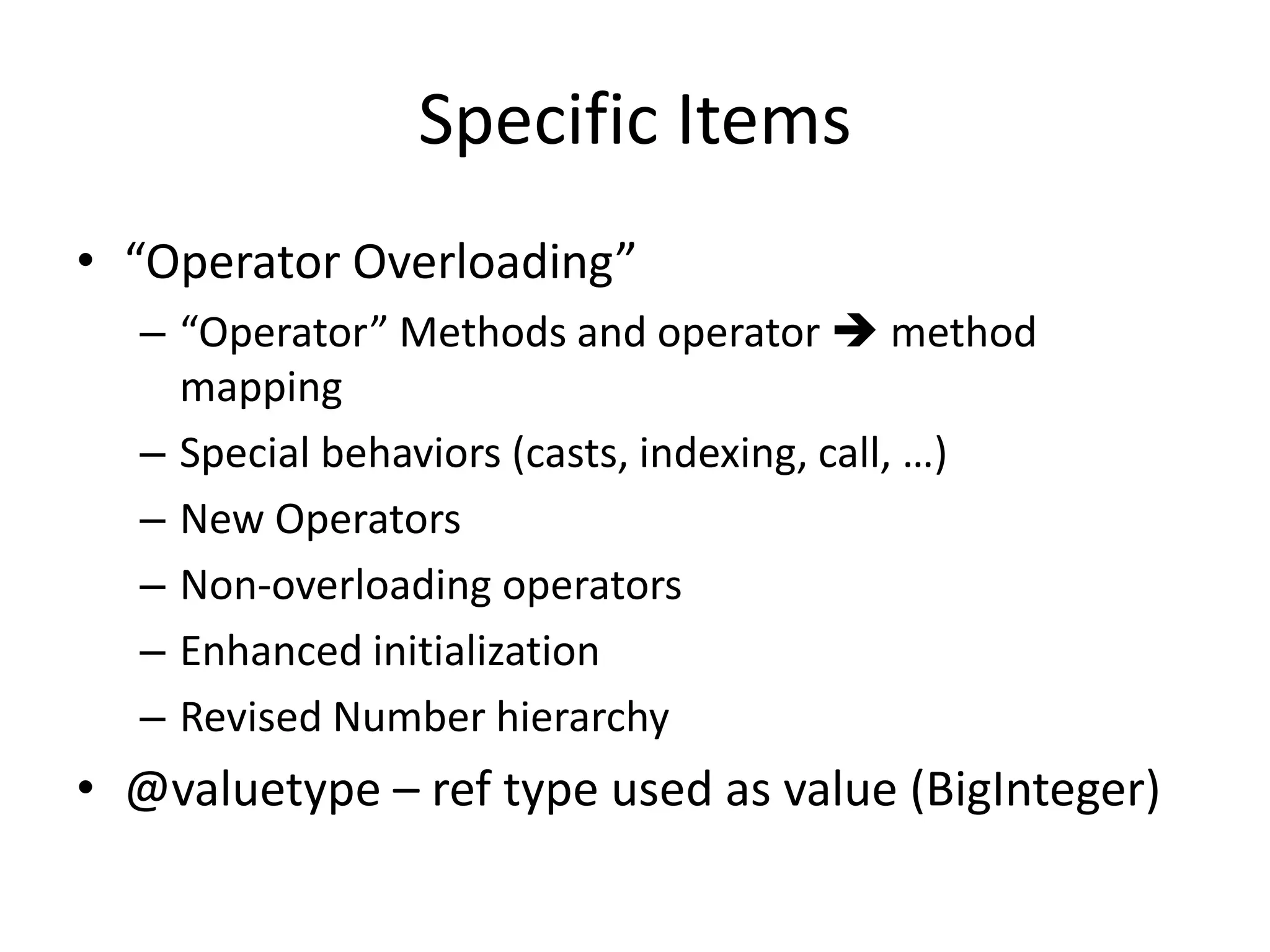
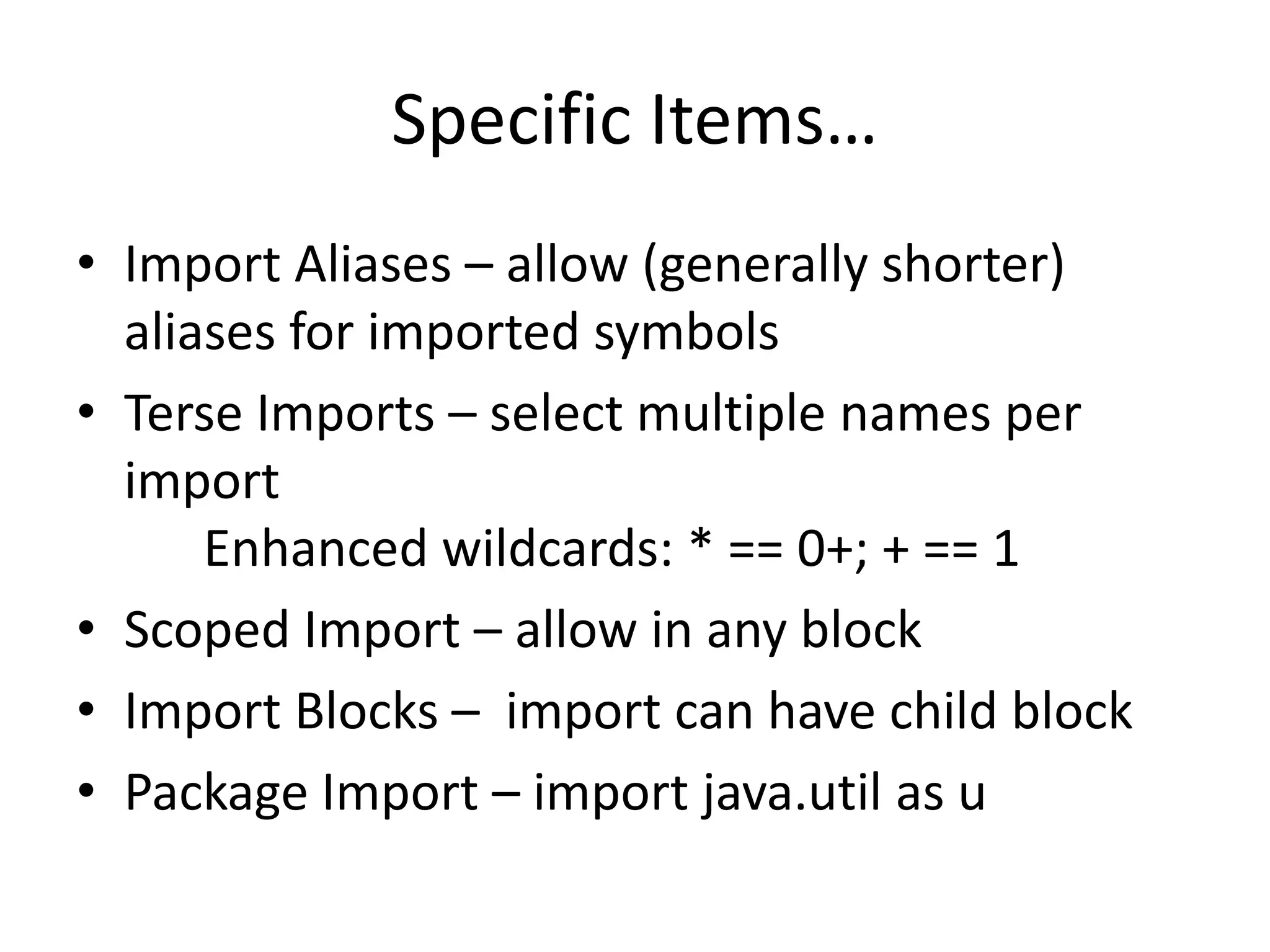
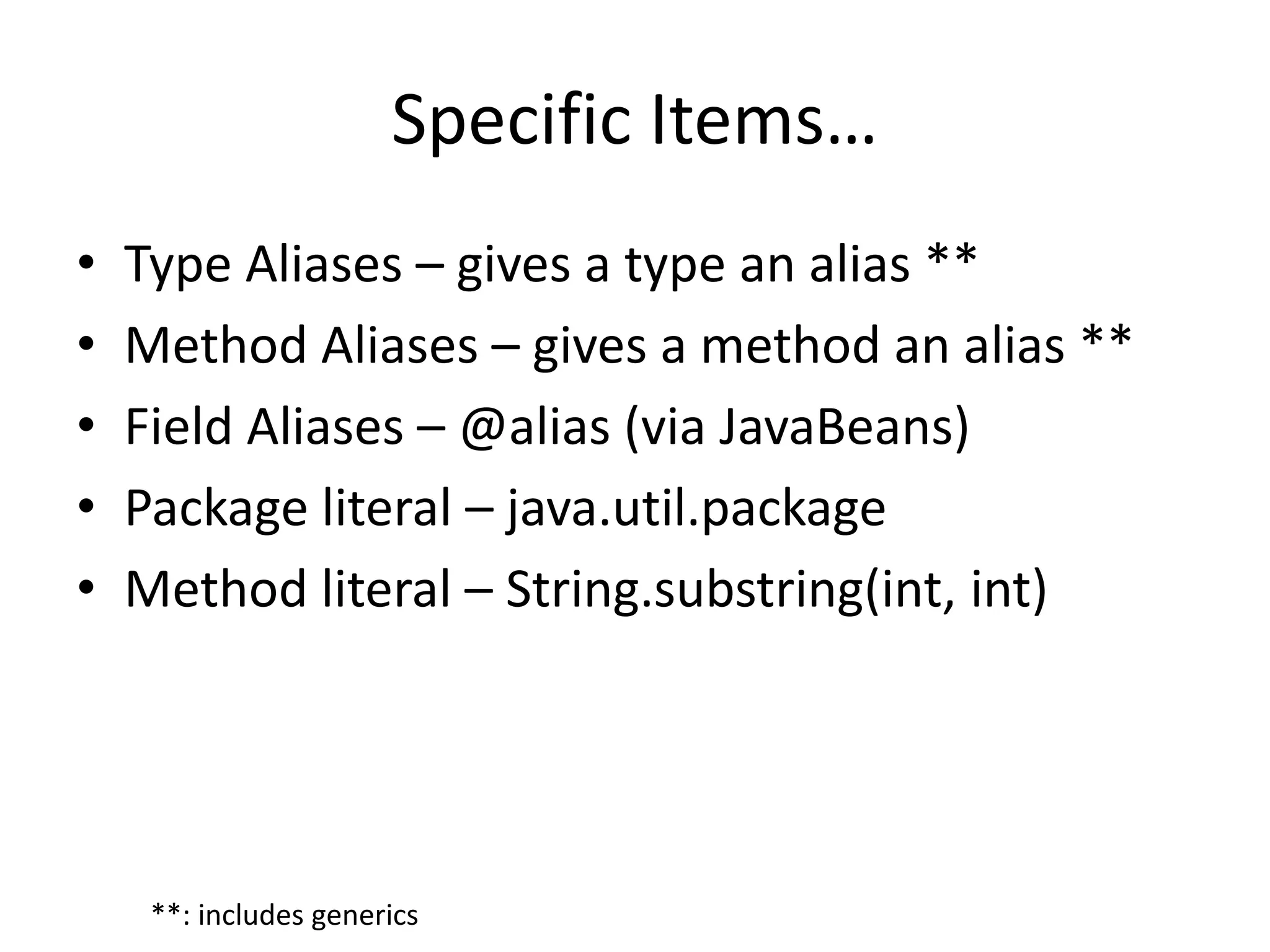
![Specific Items…
• List and Map literals – [1,2,3]; {a:1, b:2, c:3}
• Collection initialization – new ArrayList()
{1,2,3}
• Left-size type inference
– Map<> x = {a: 1, b: 2, c; 3}
– List<> l = new ArrayList<String>();](https://image.slidesharecdn.com/potentialjavajsritems-141021122623-conversion-gate02/75/Proposals-for-new-function-in-Java-SE-9-and-beyond-390-2048.jpg)
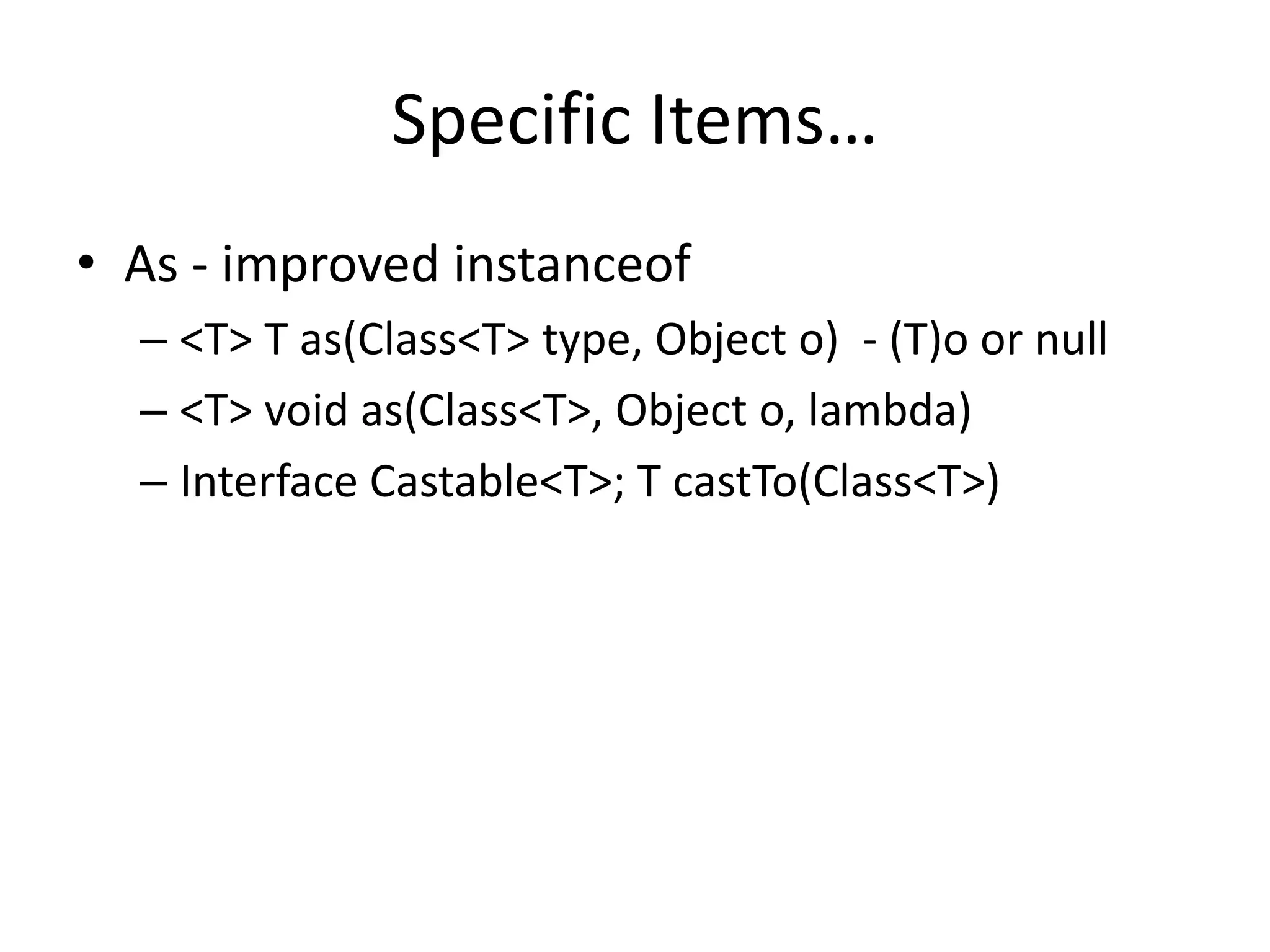
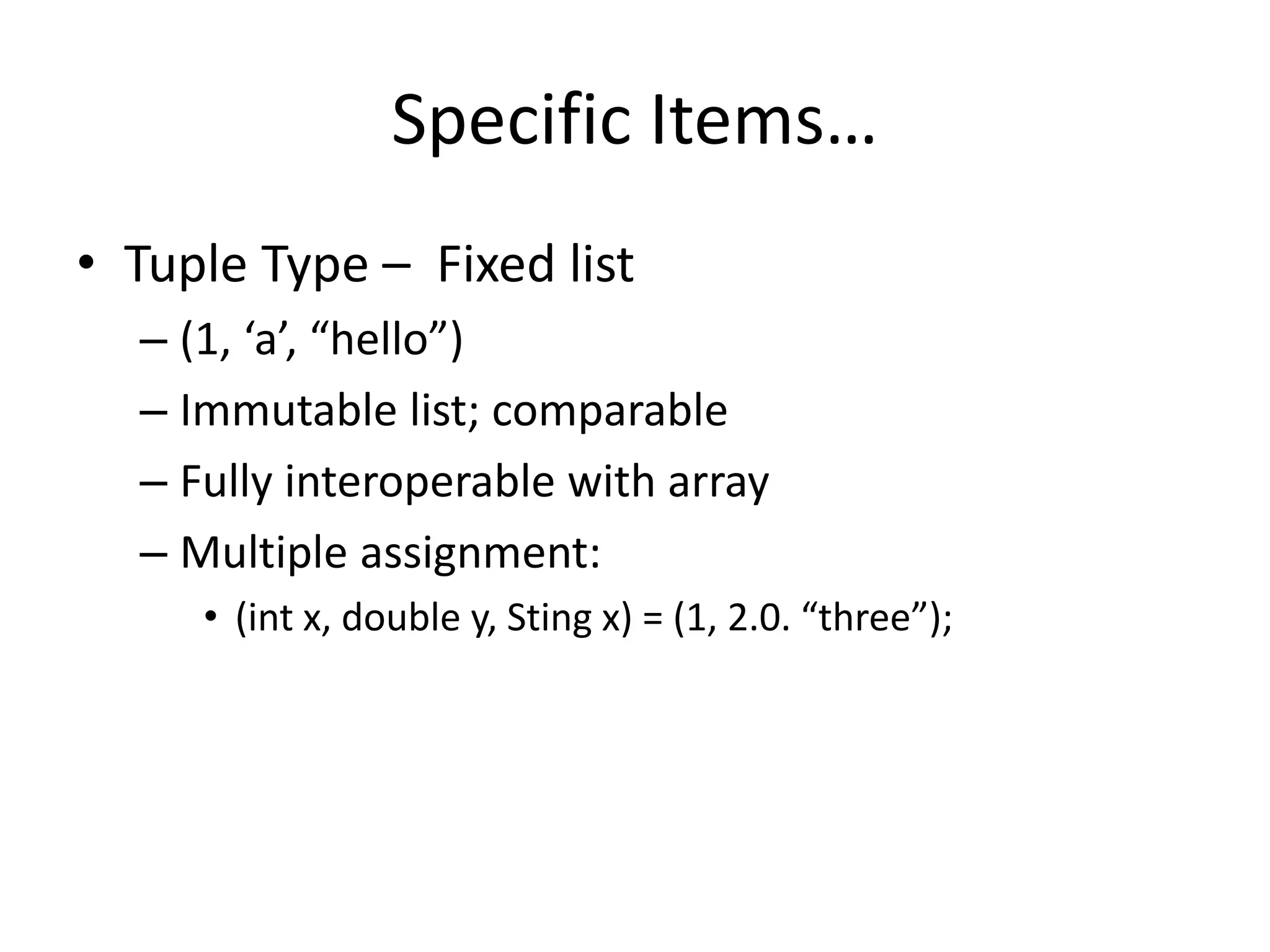
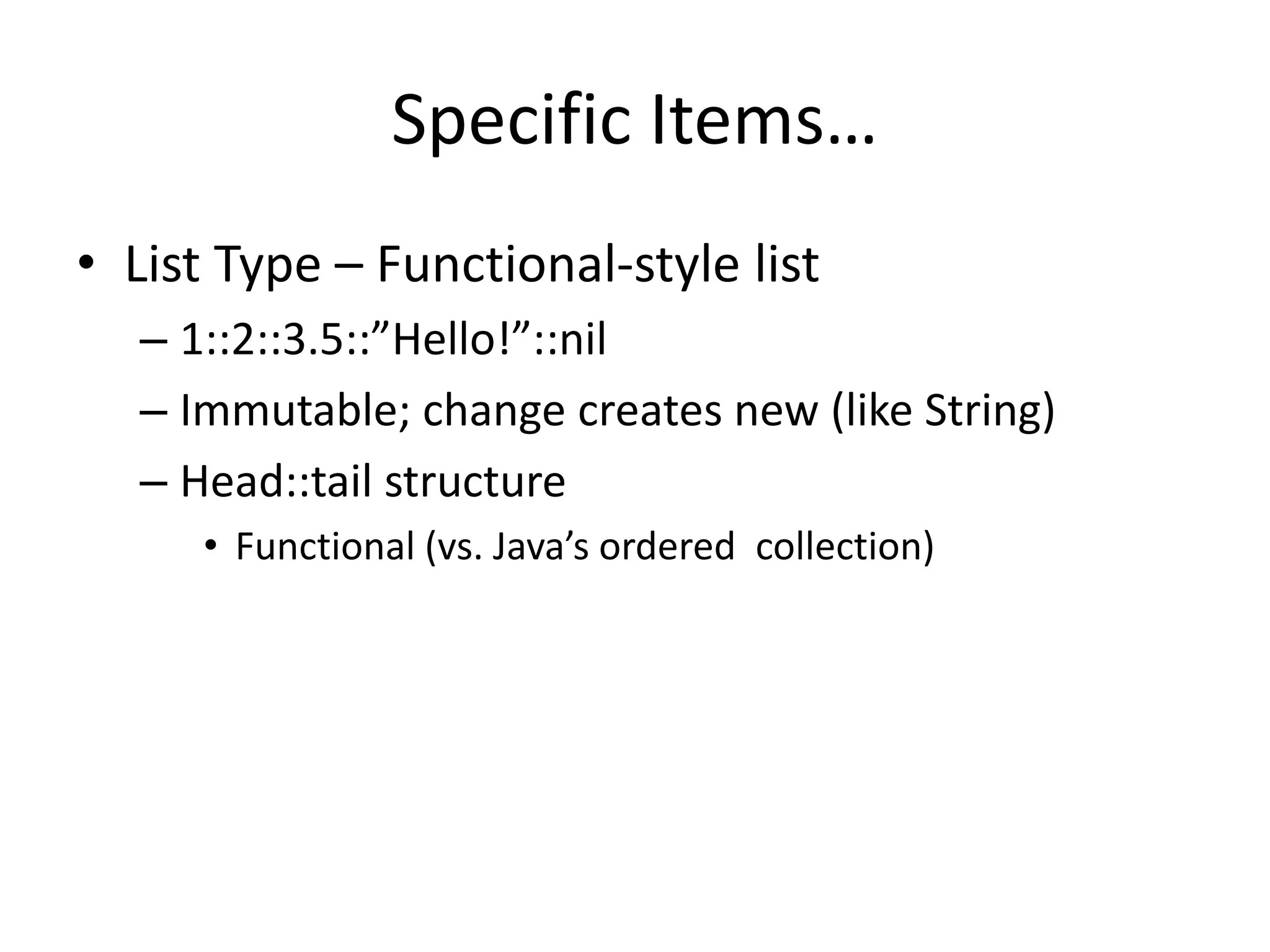
![Specific Items…
• Range Type – concise sequence of values
– Immutable; comparable
– 1…100; 1..<100; 1>..10; 1…100…2; 10…0…-1
– ‘a’…’z’; “aa”…”zz”
– for(int i: 0..<100) …; for(1…n) …
– “0123456789”[1…3]; “0123456789”[-1…-3];
“0123456789”[-3…-1];
– Over collection: to/from collection](https://image.slidesharecdn.com/potentialjavajsritems-141021122623-conversion-gate02/75/Proposals-for-new-function-in-Java-SE-9-and-beyond-394-2048.jpg)
![Specific Items…
• Matrix Type – N**-dimension packed array
– Bit, any primitive, ref types
– aMatrix[1,2,3] = aMatrix[3,2,1]
– Supports subviews
– Supports per element operations
– Supports across matrix operations
– Supports concurrent operations
*: at least 10](https://image.slidesharecdn.com/potentialjavajsritems-141021122623-conversion-gate02/75/Proposals-for-new-function-in-Java-SE-9-and-beyond-395-2048.jpg)
